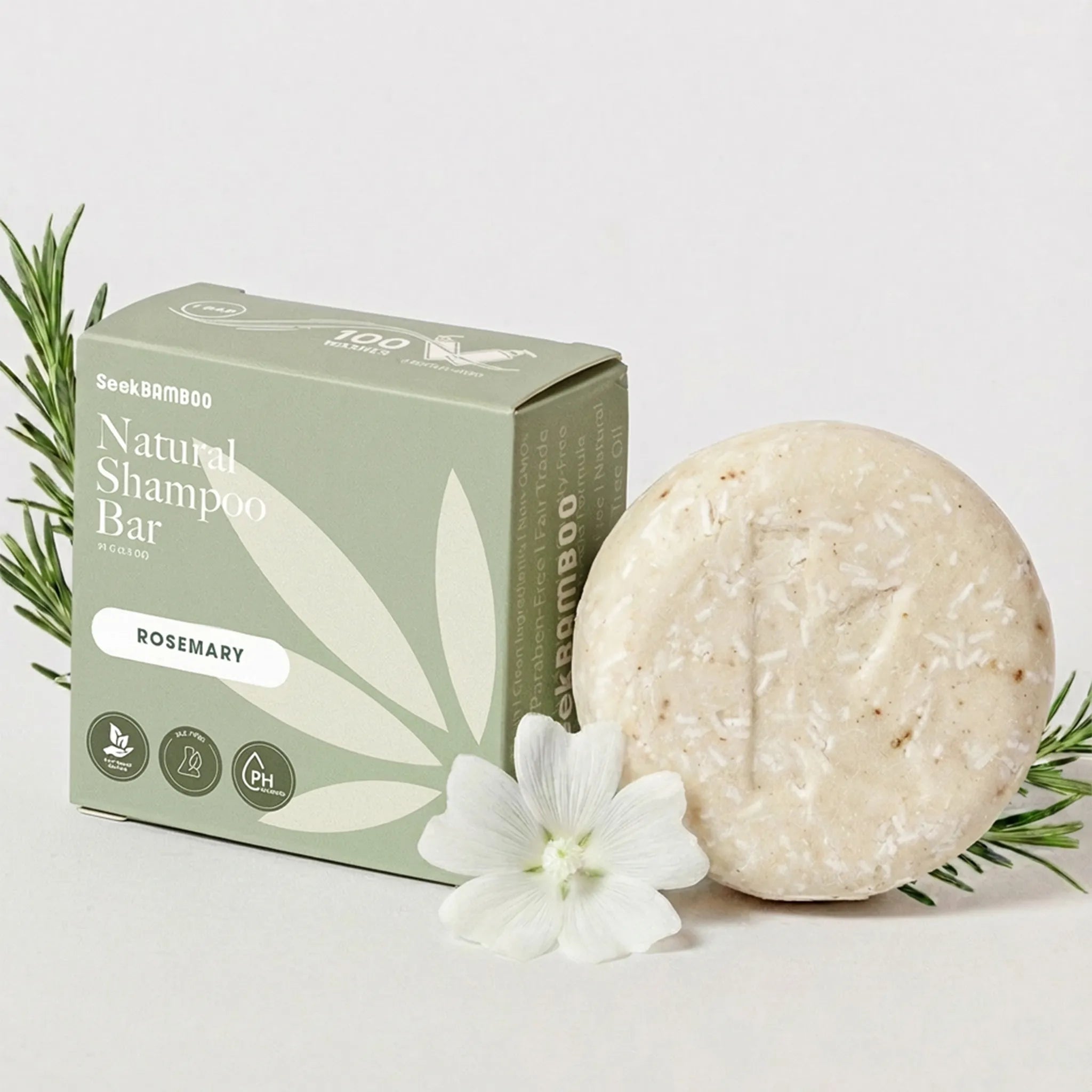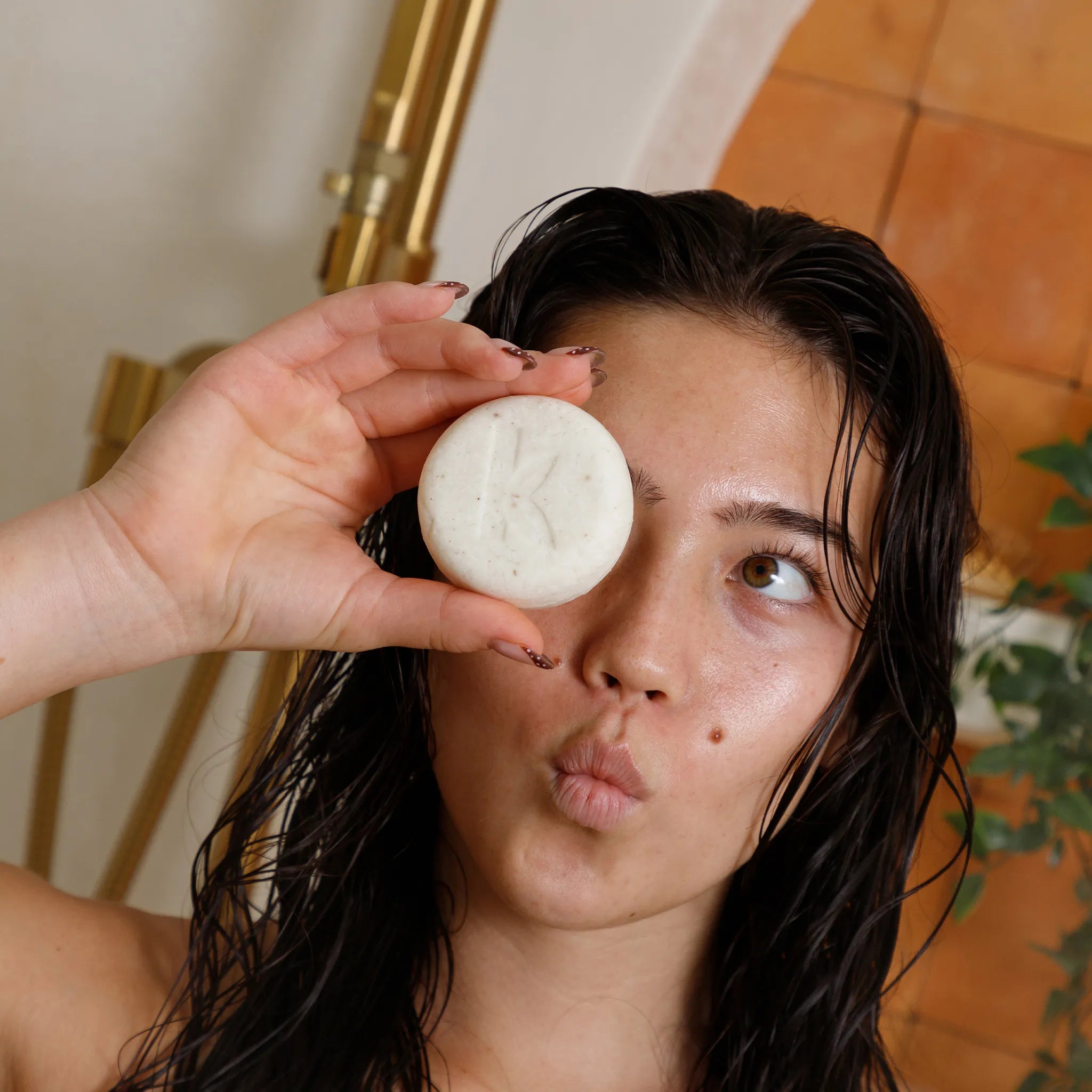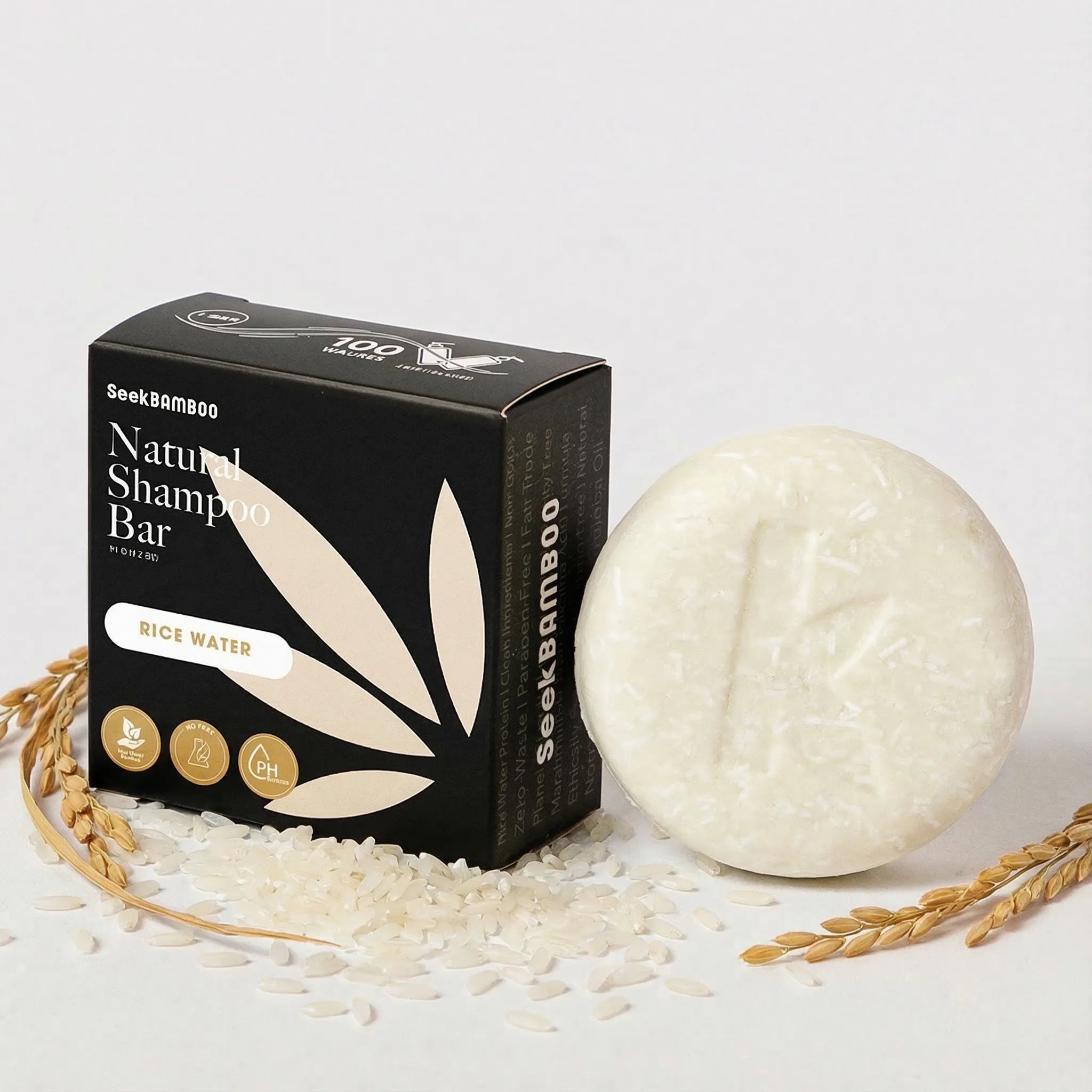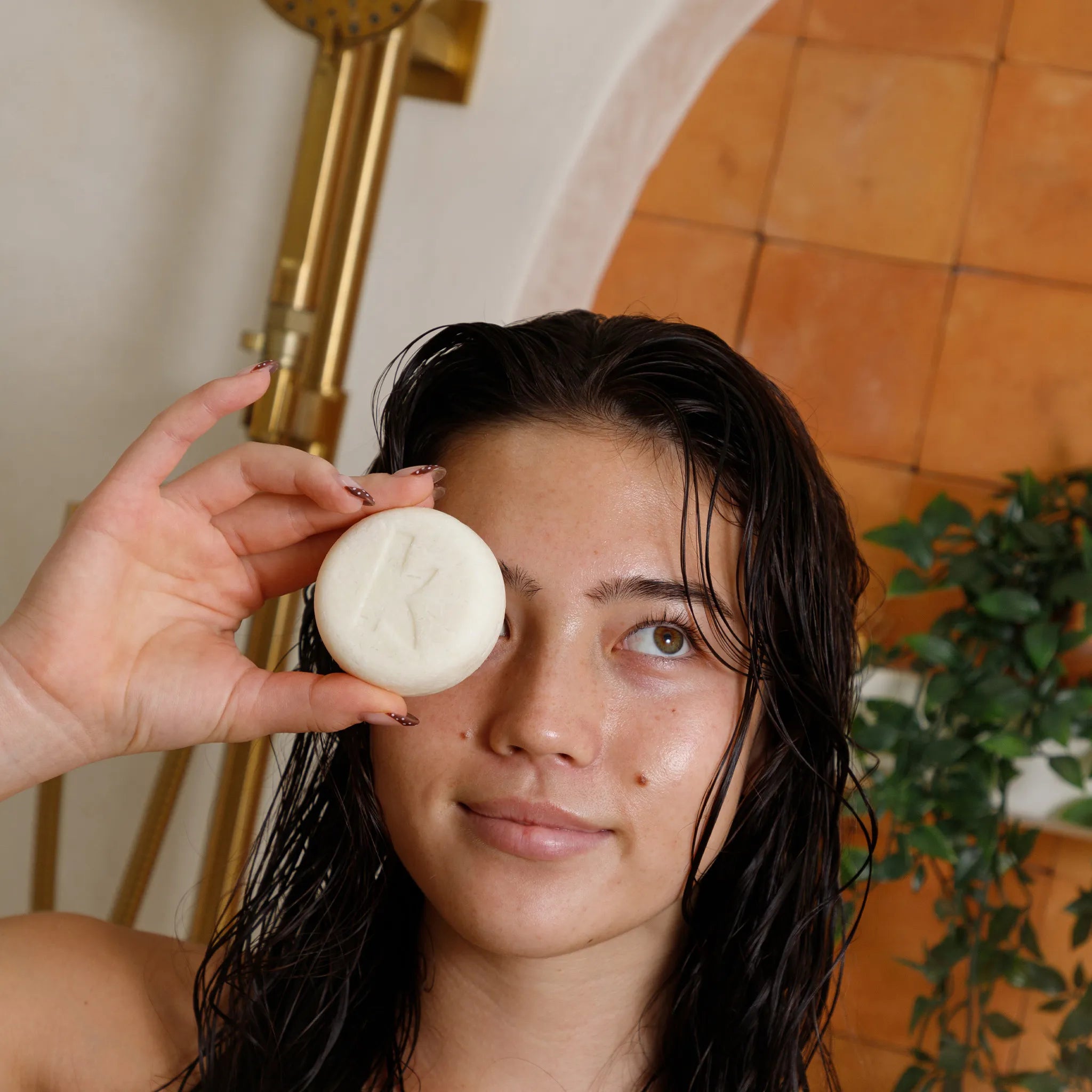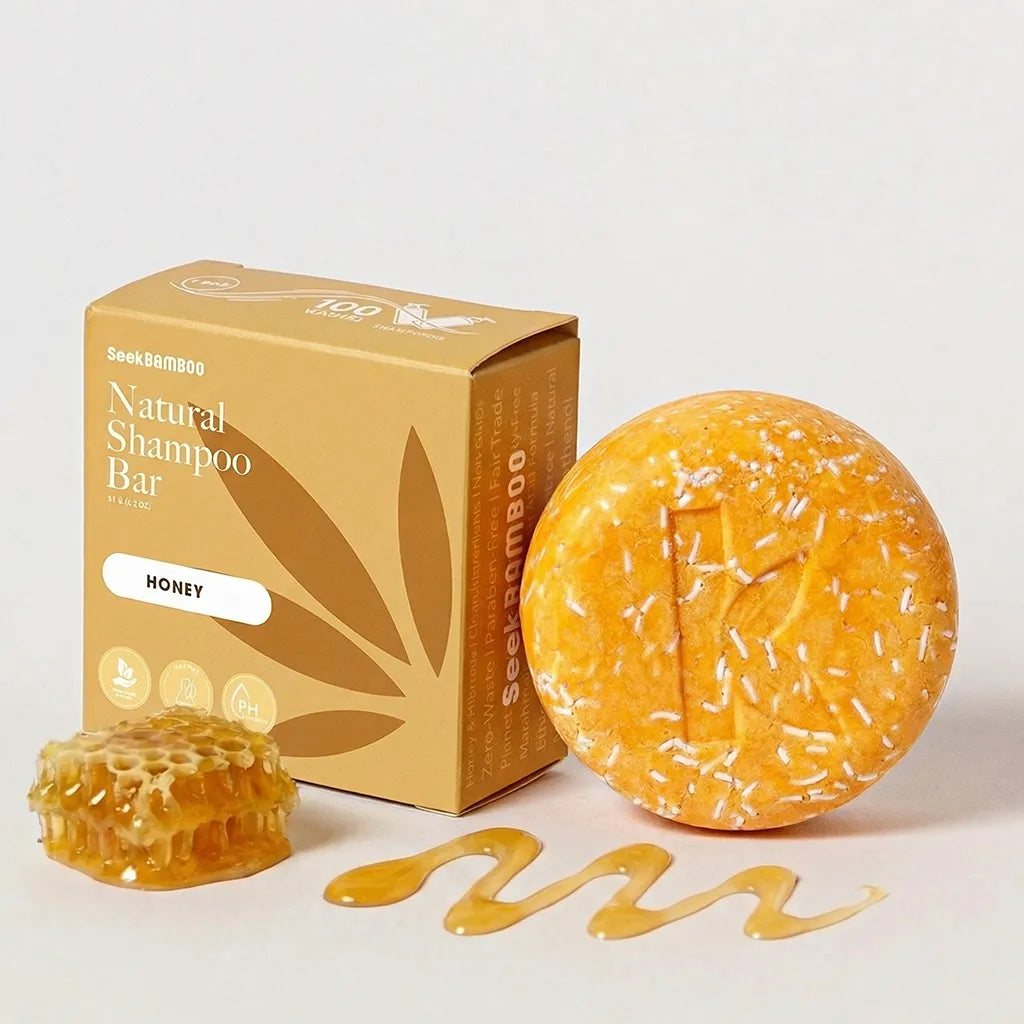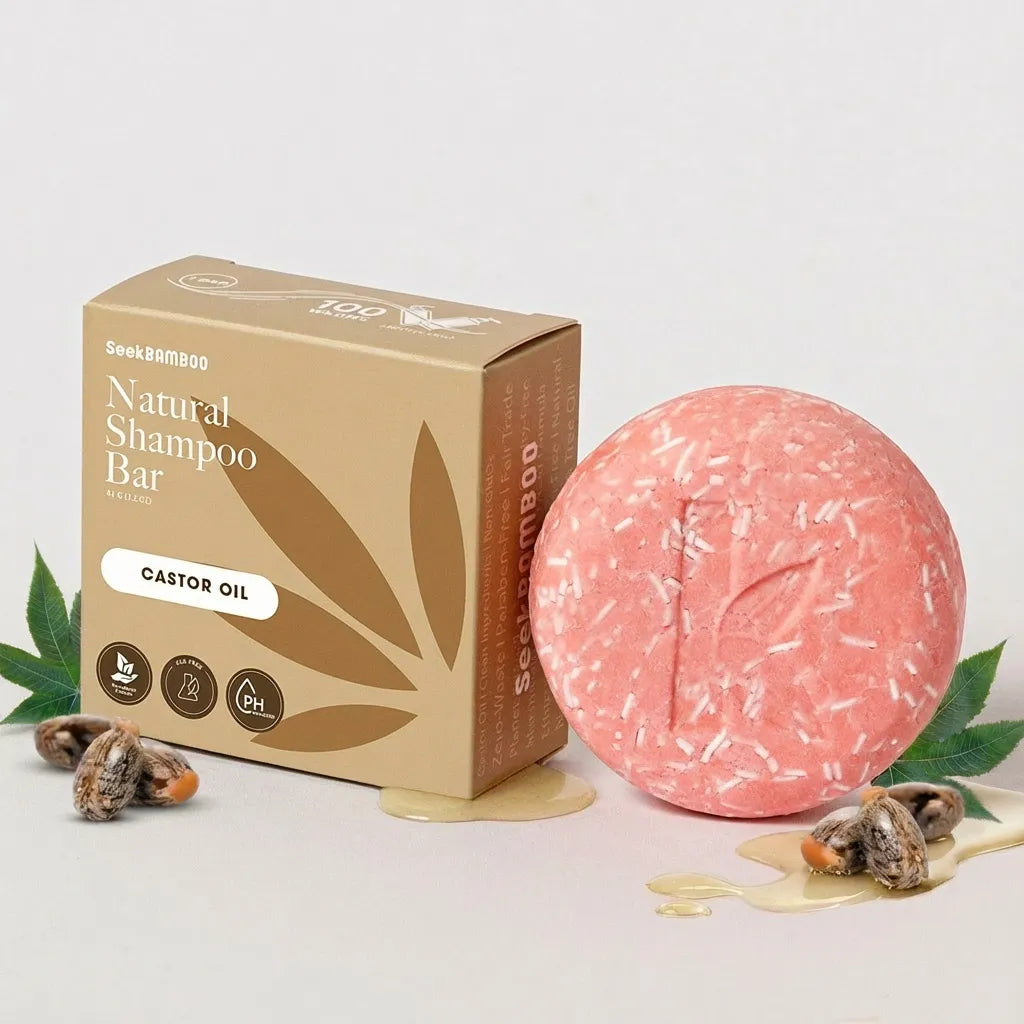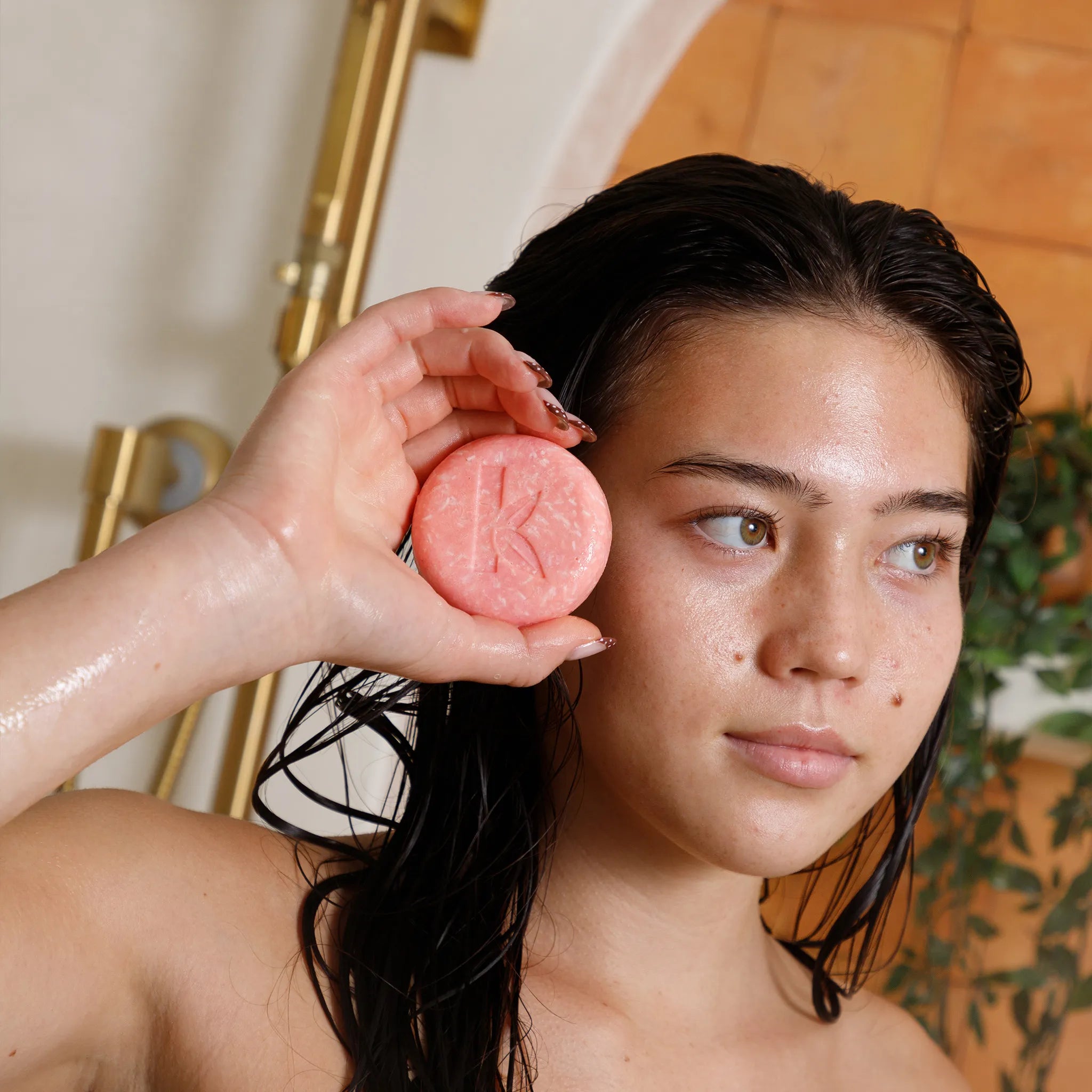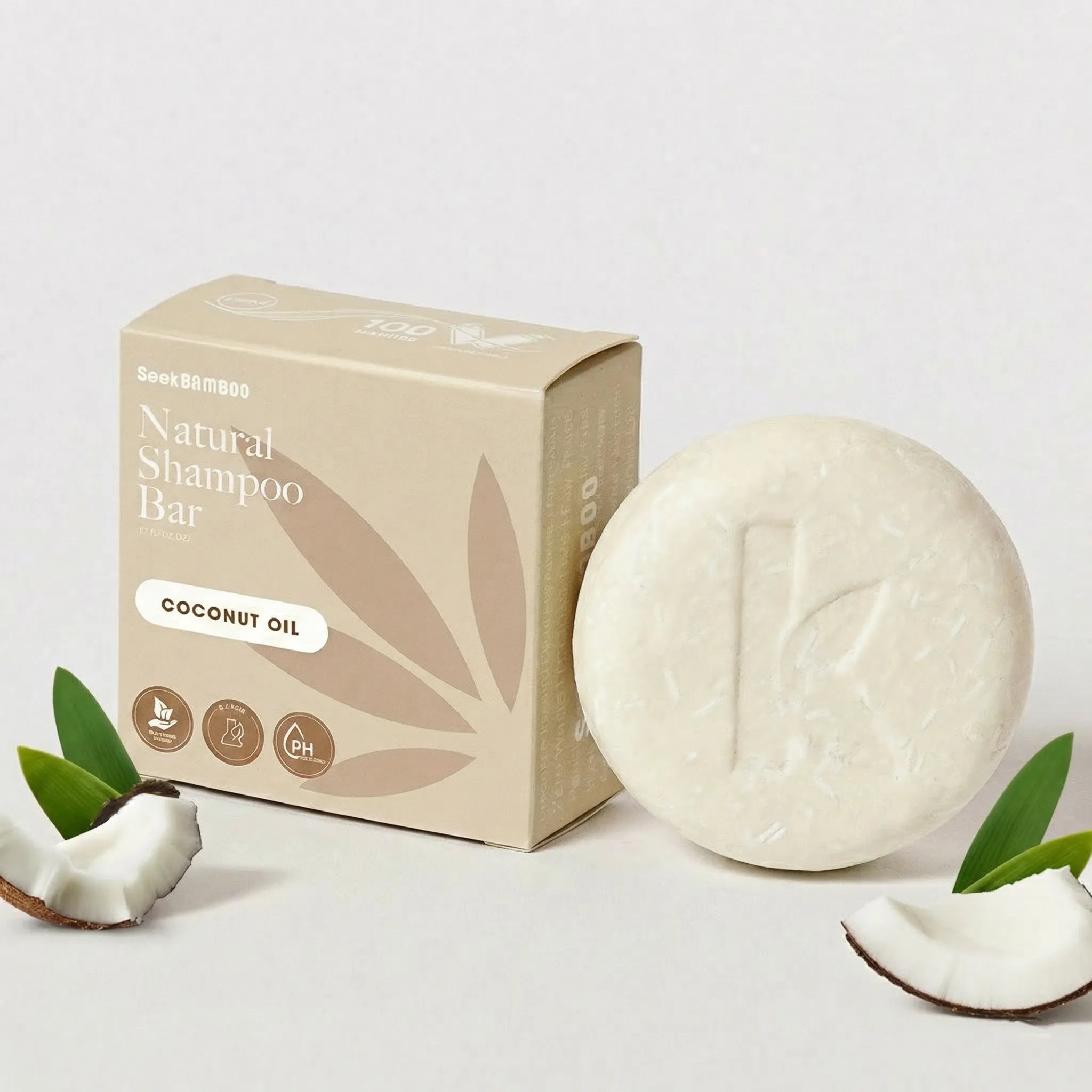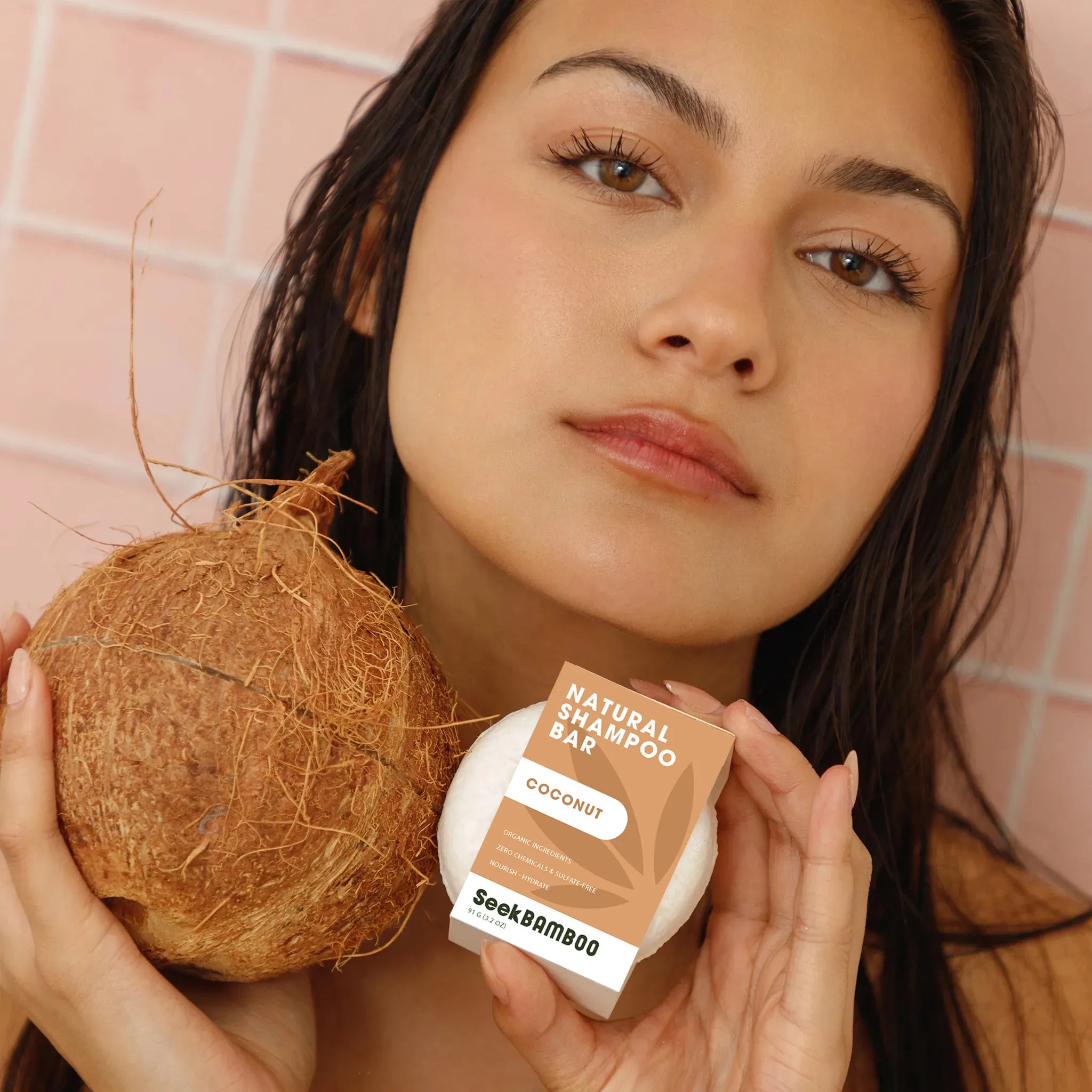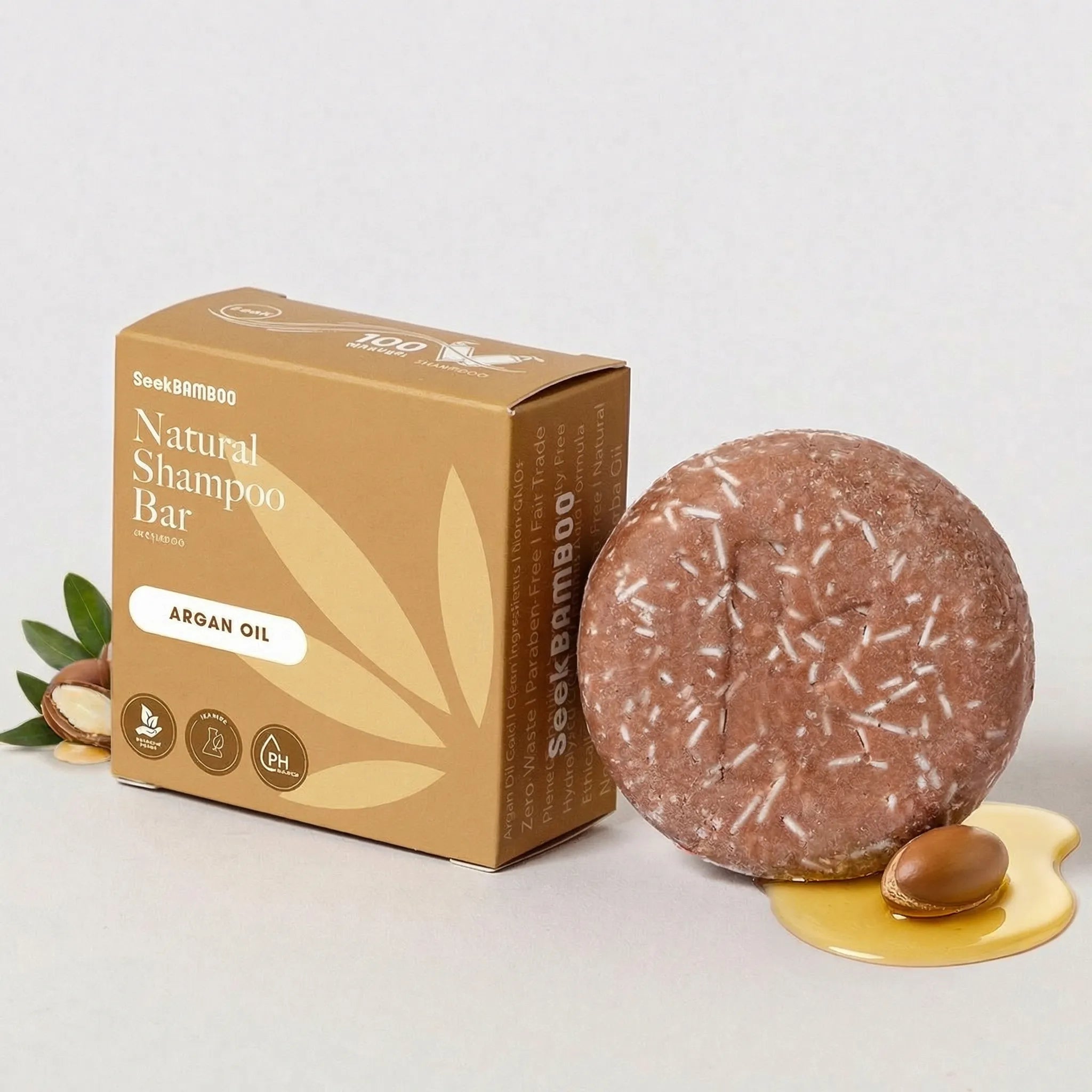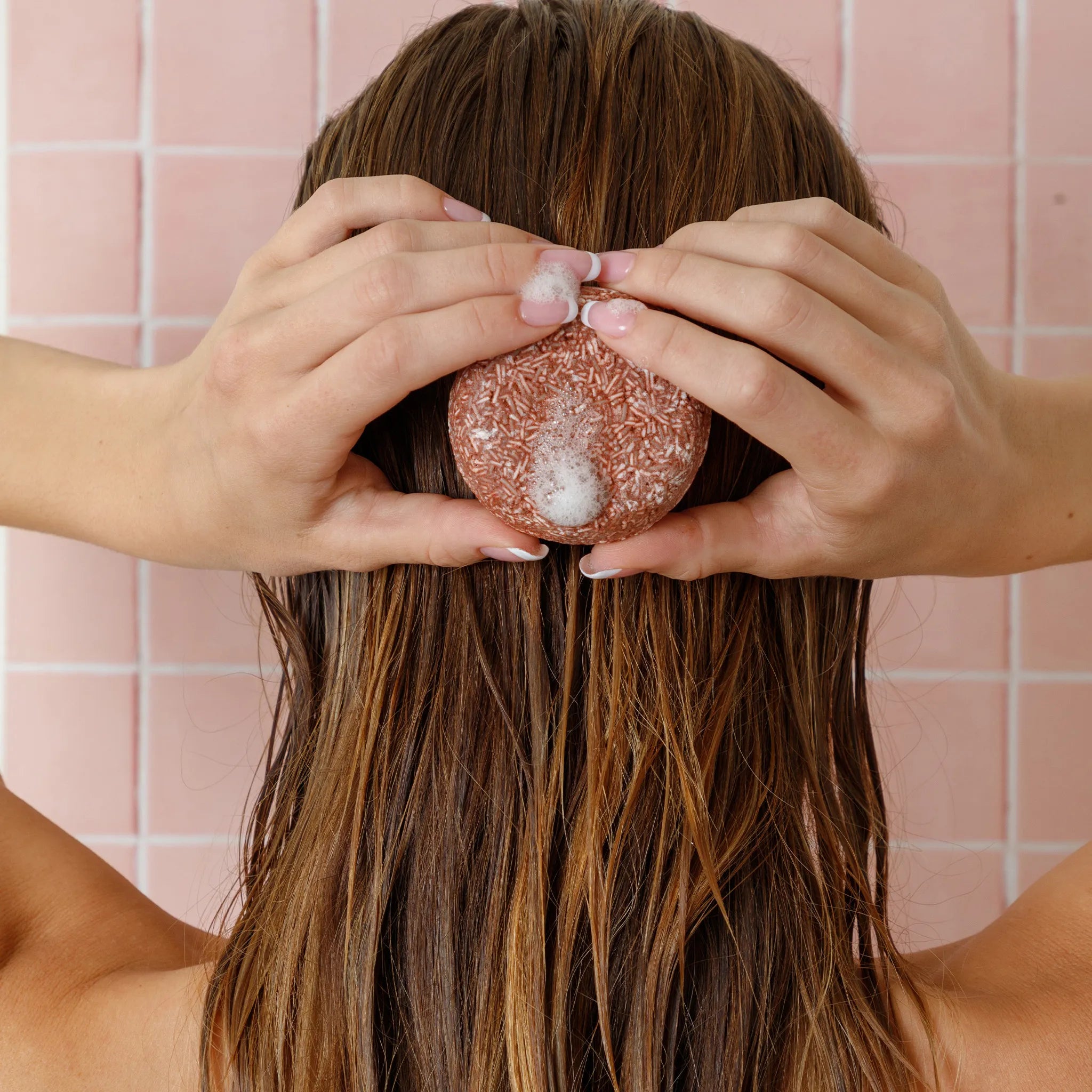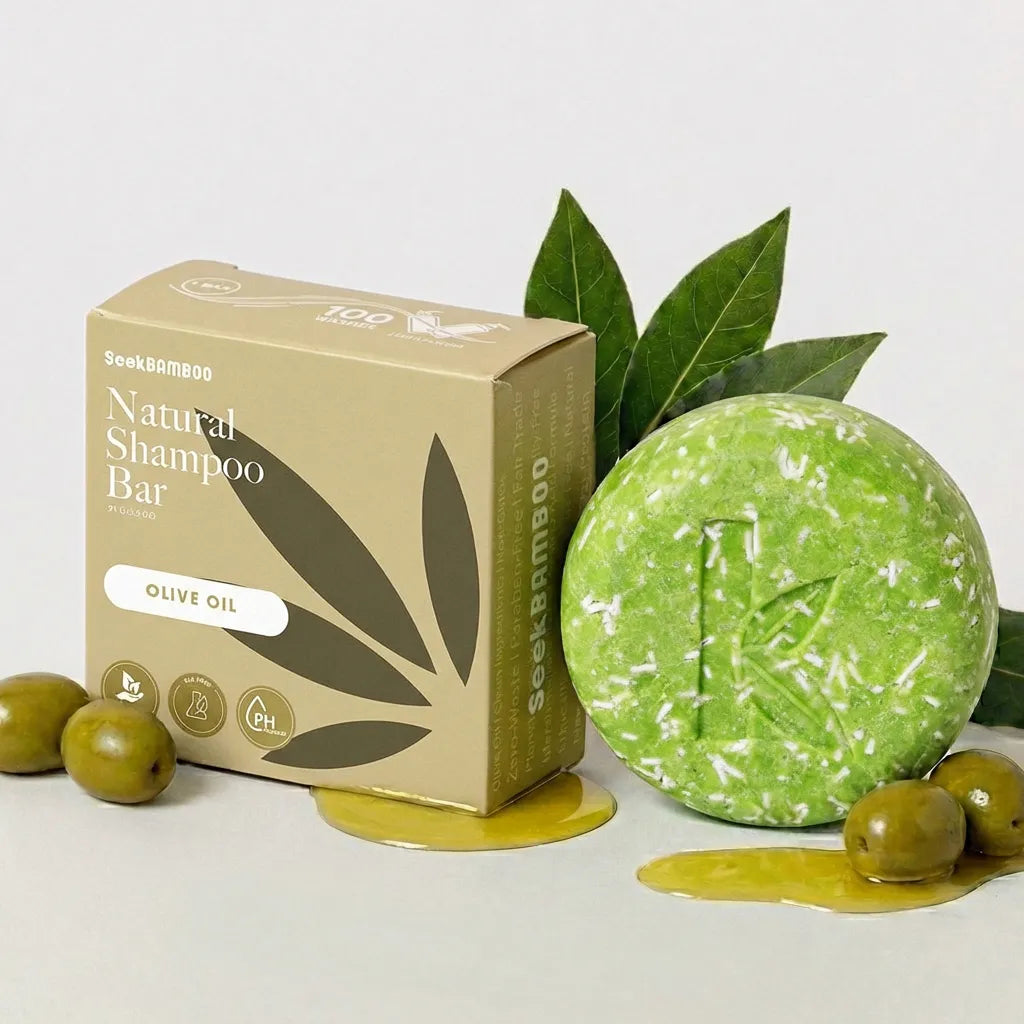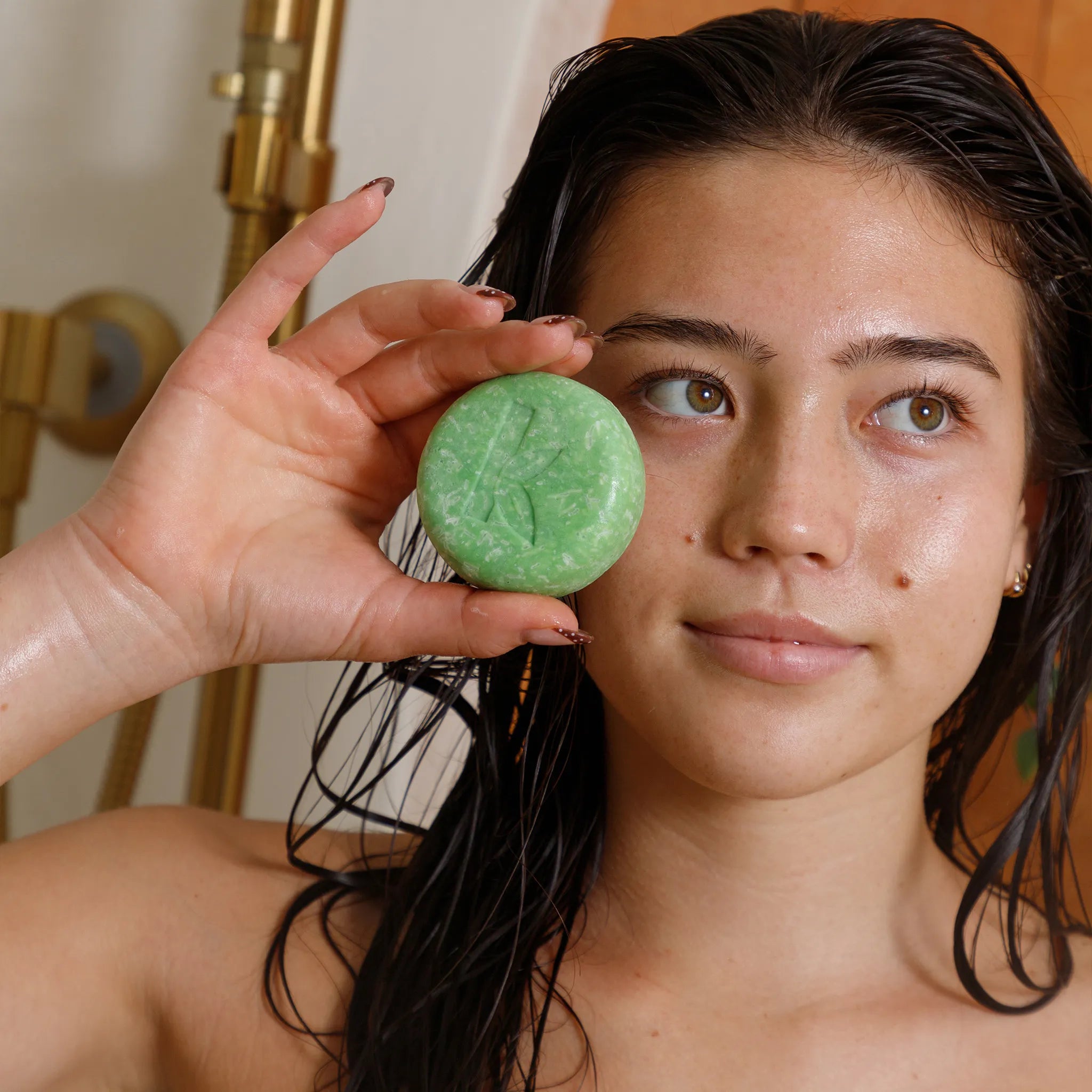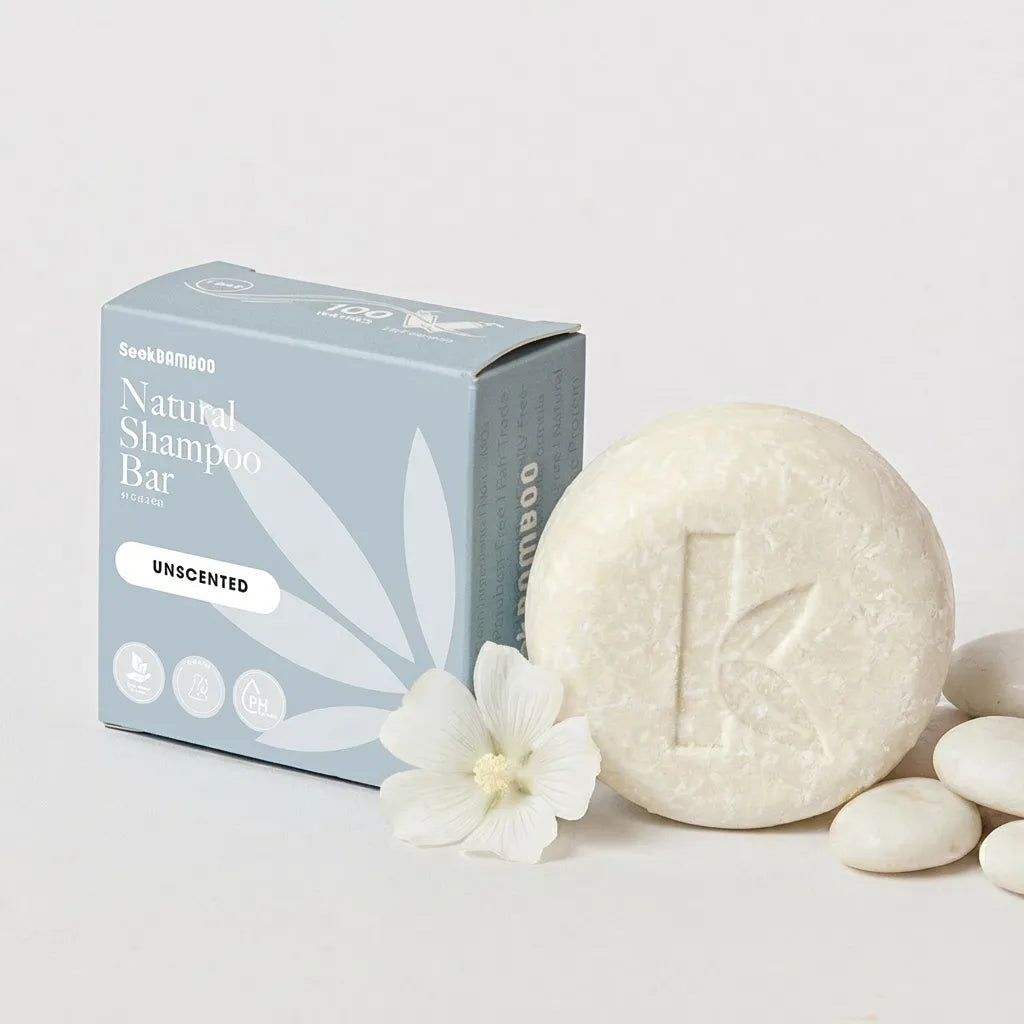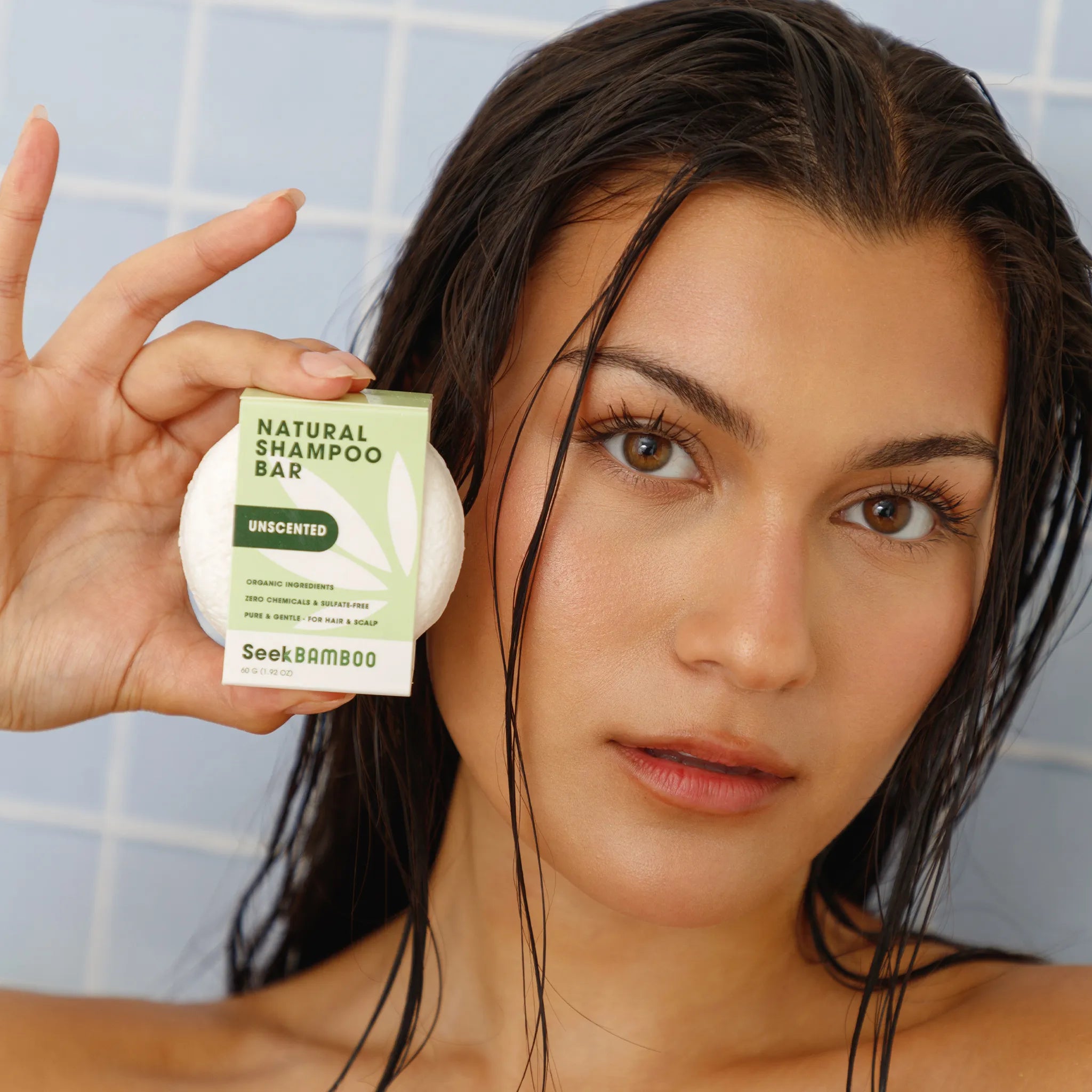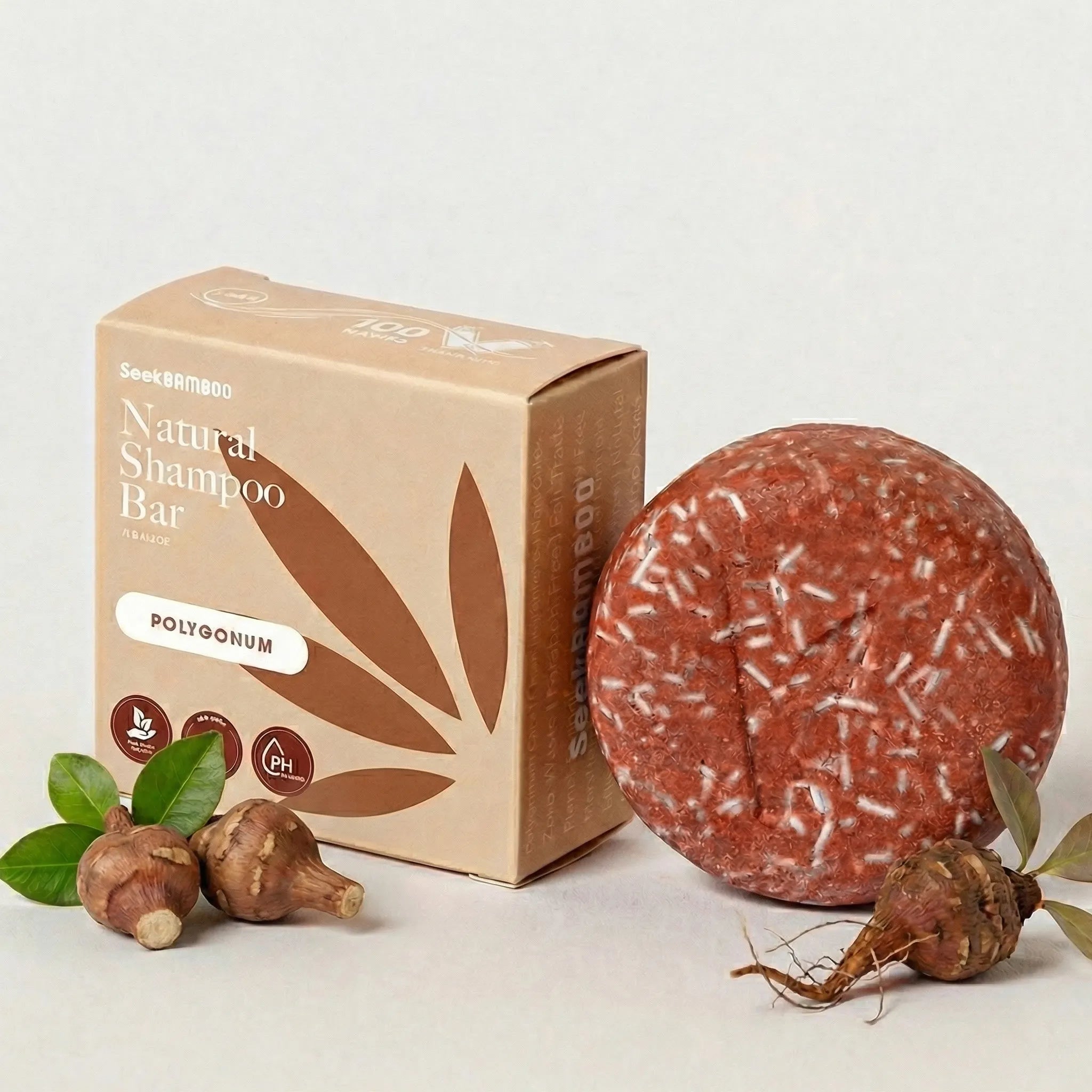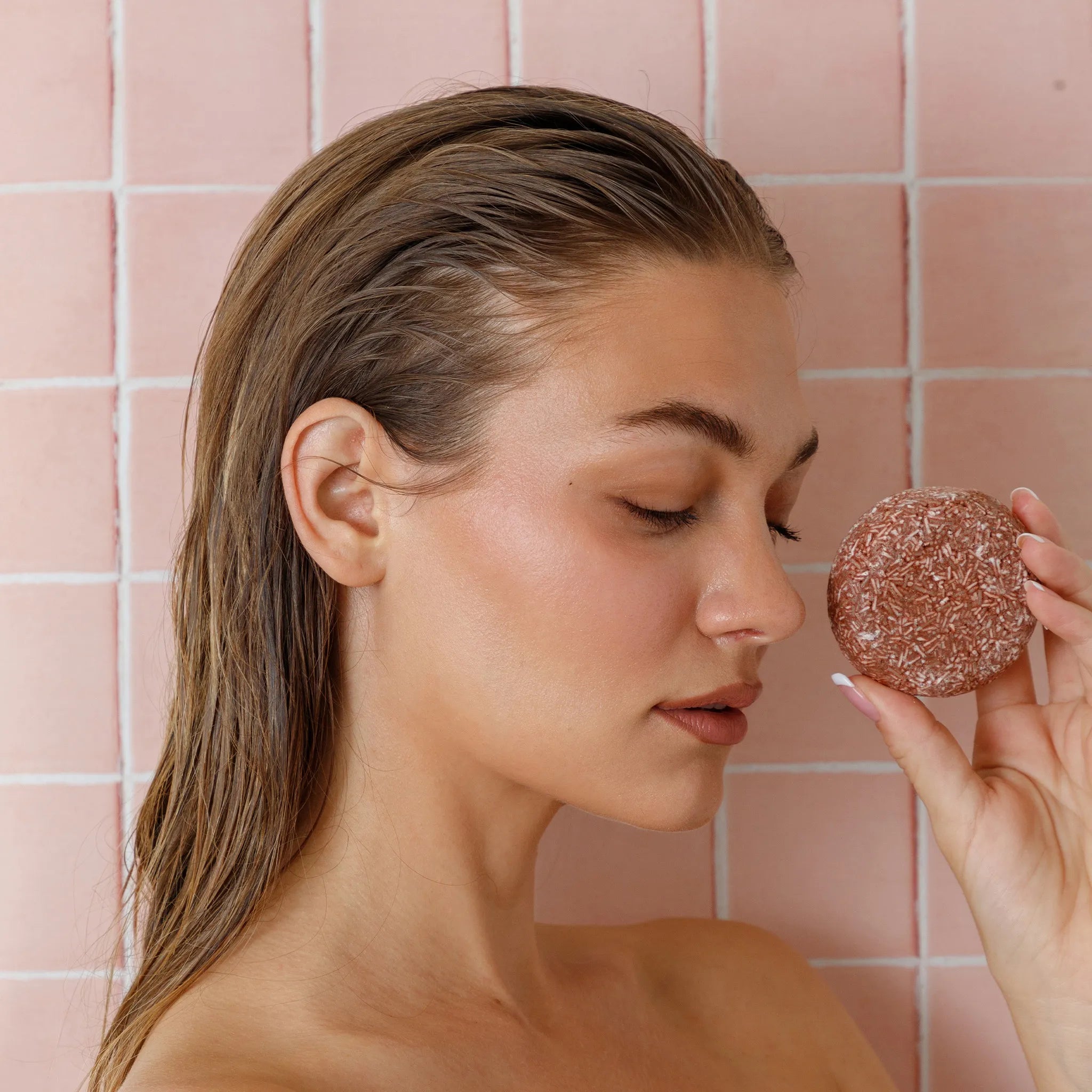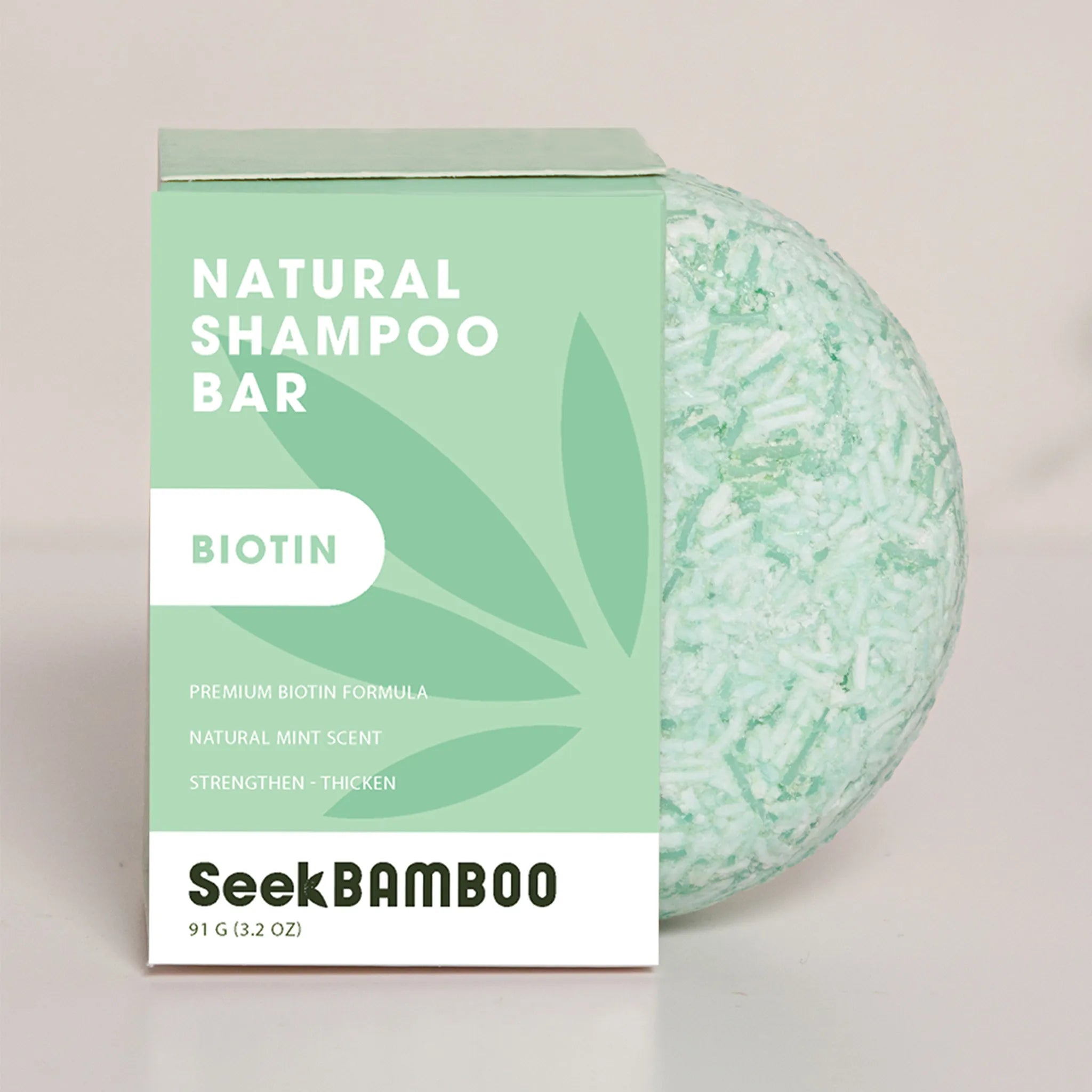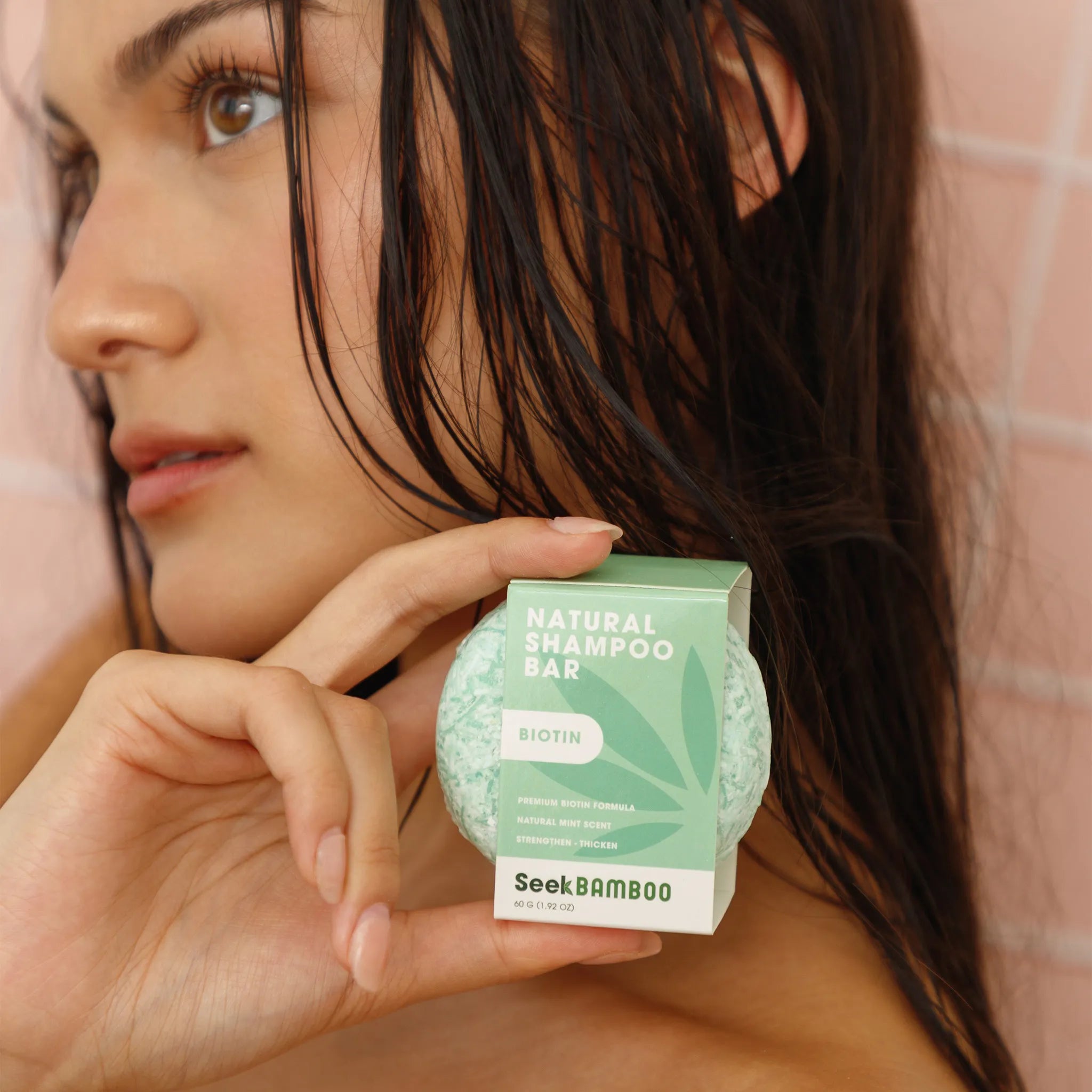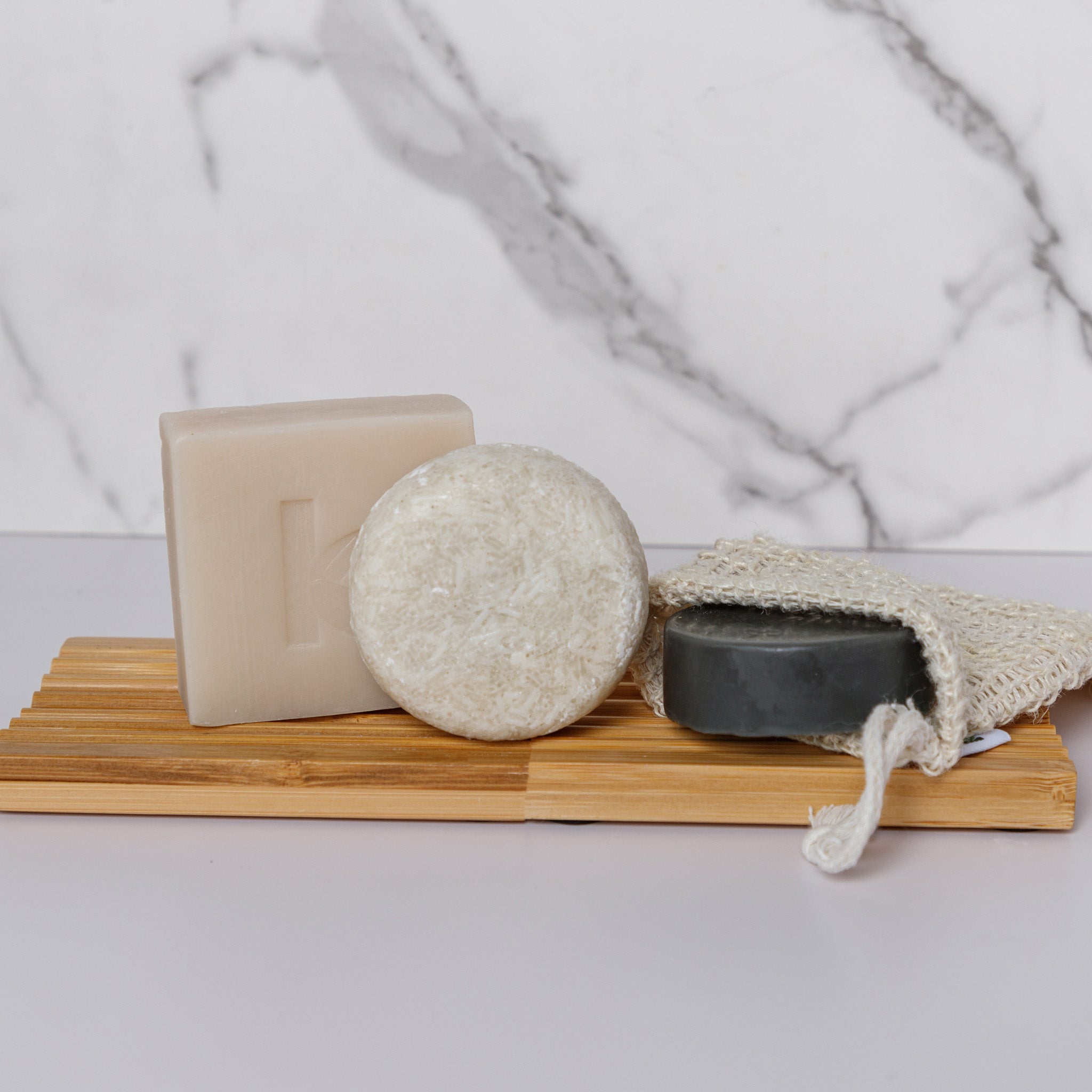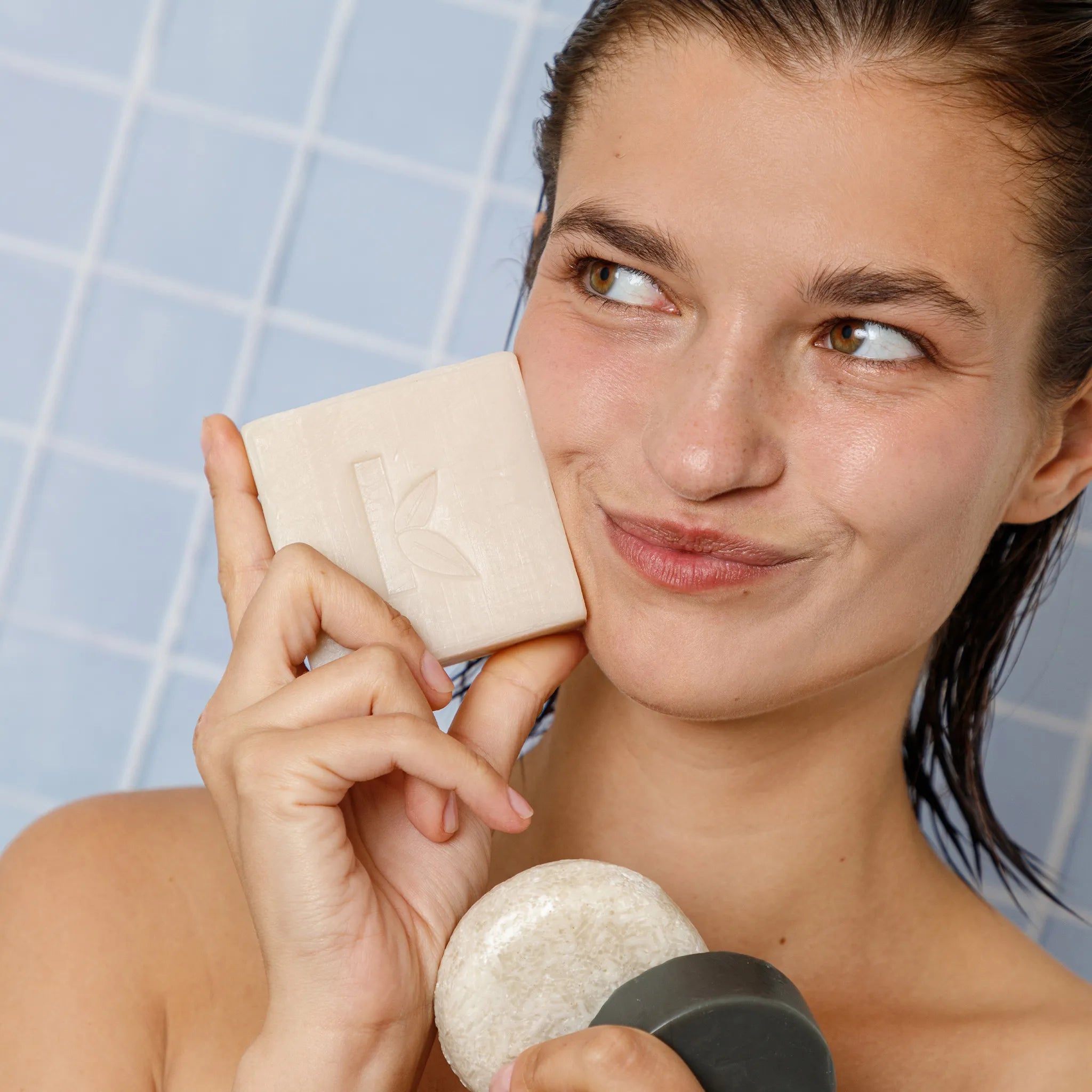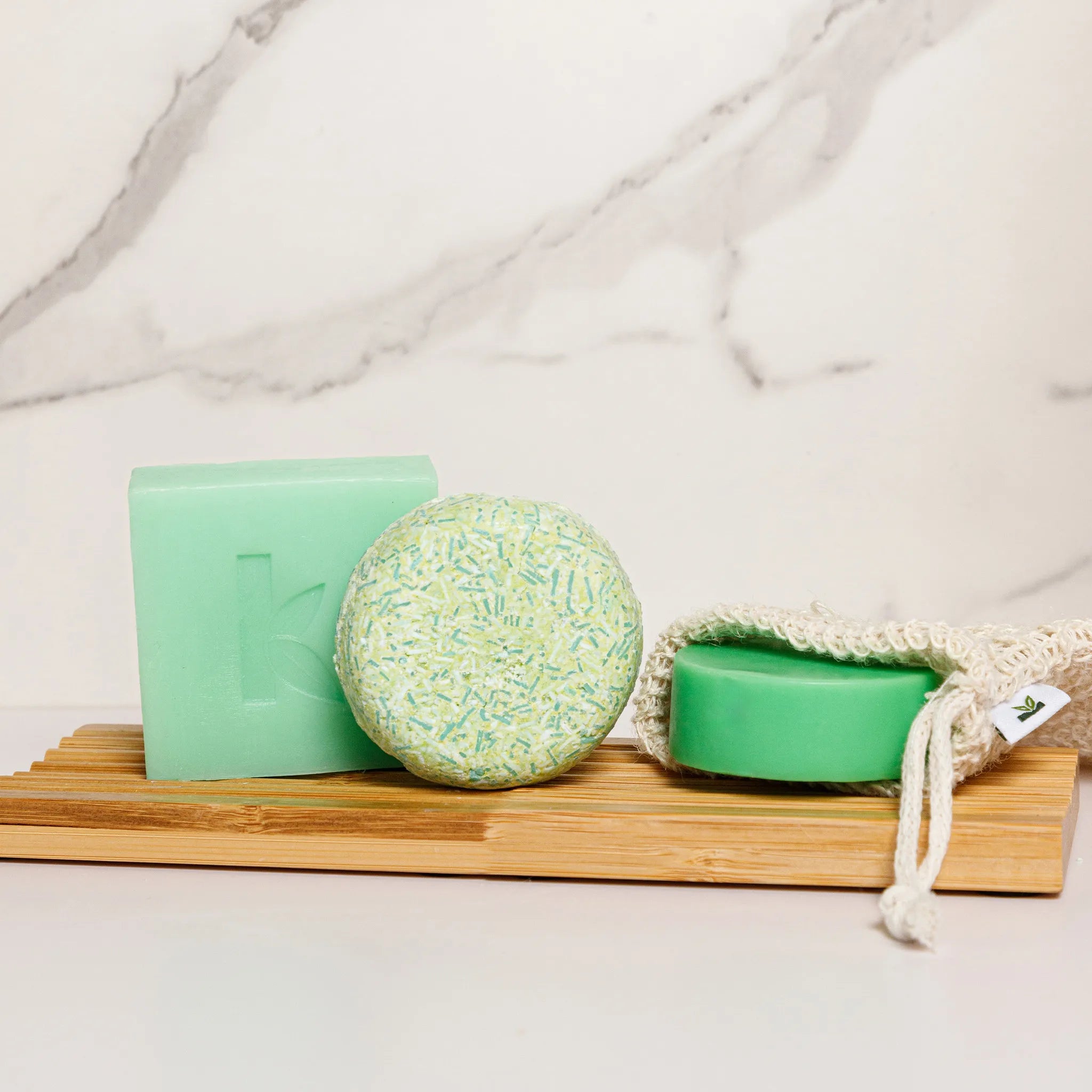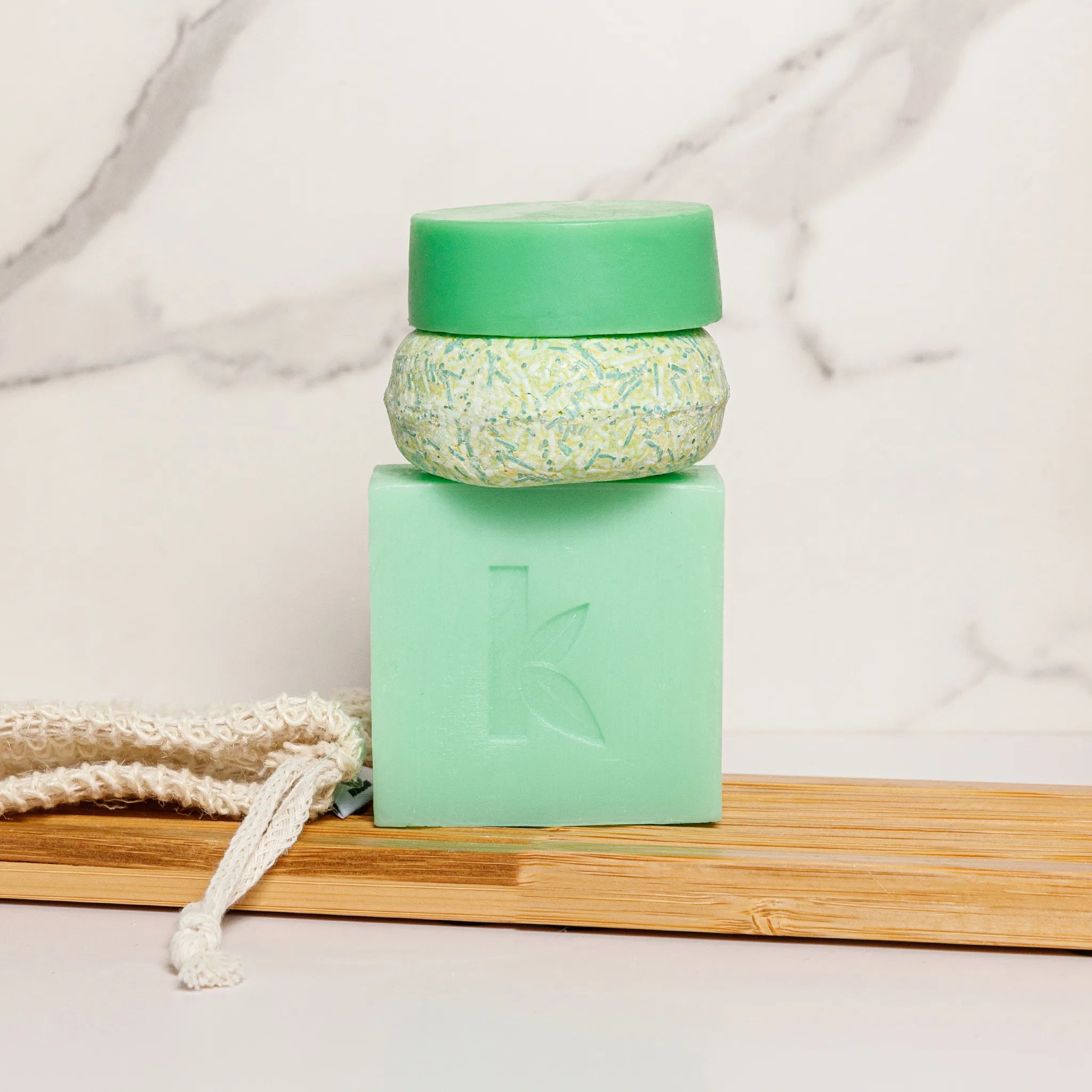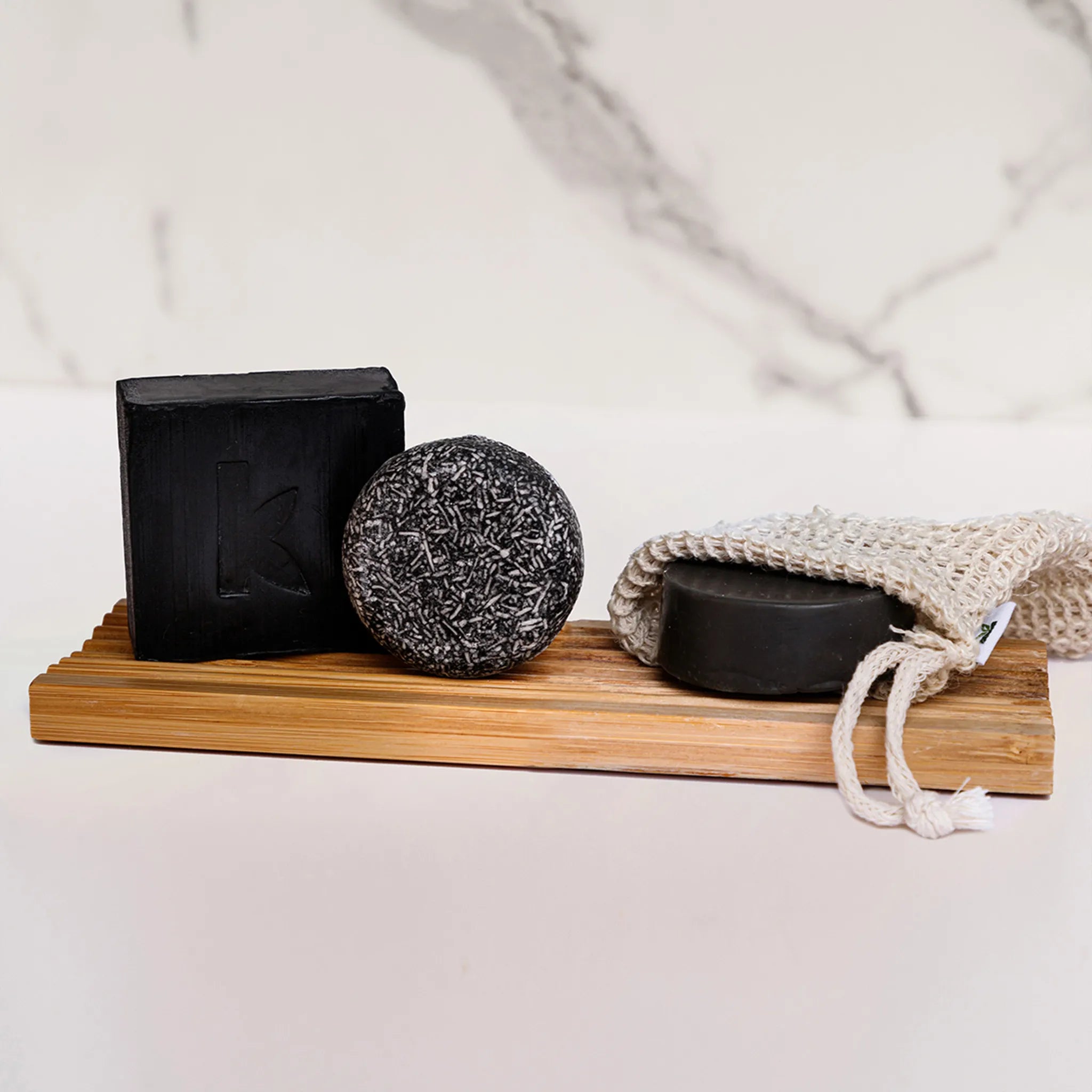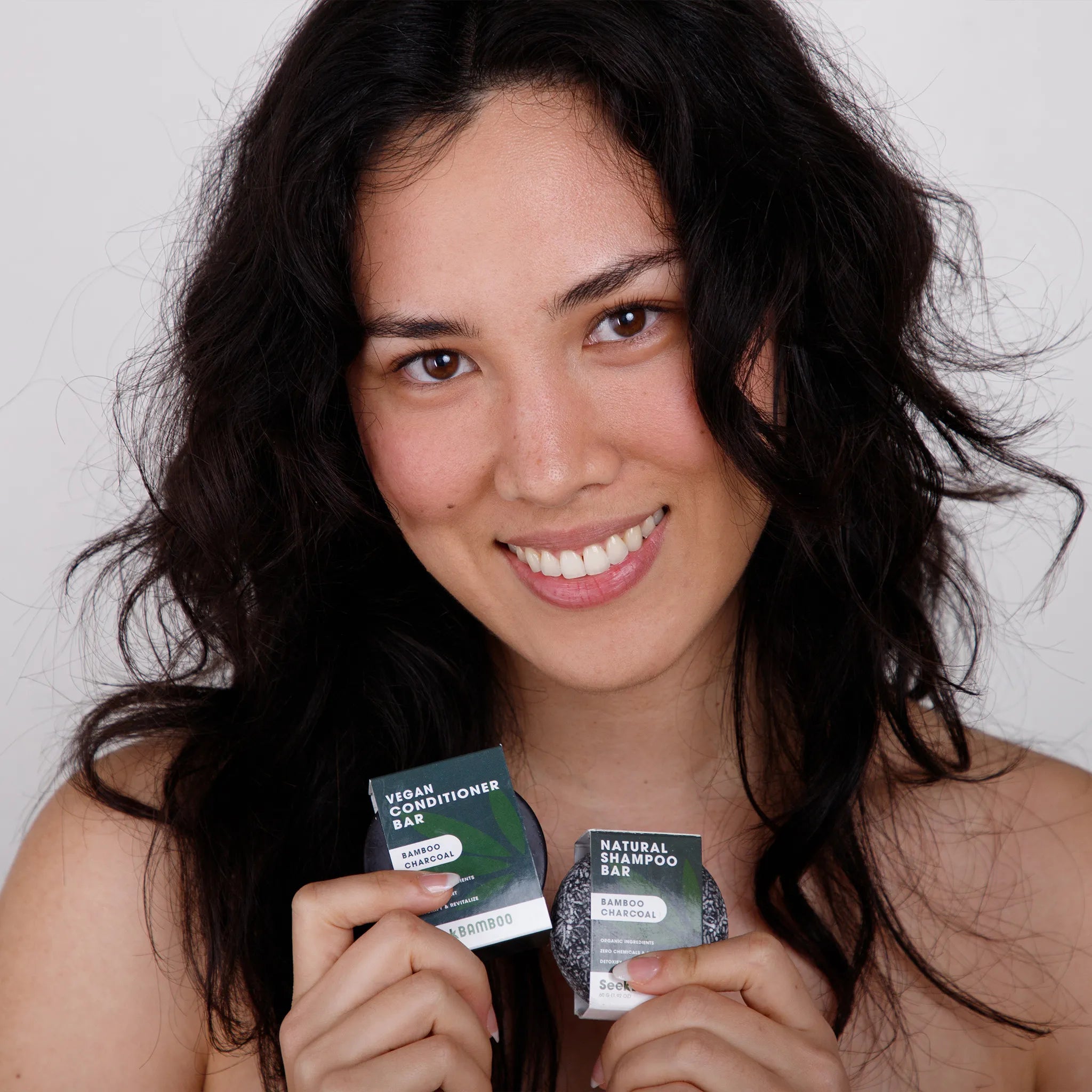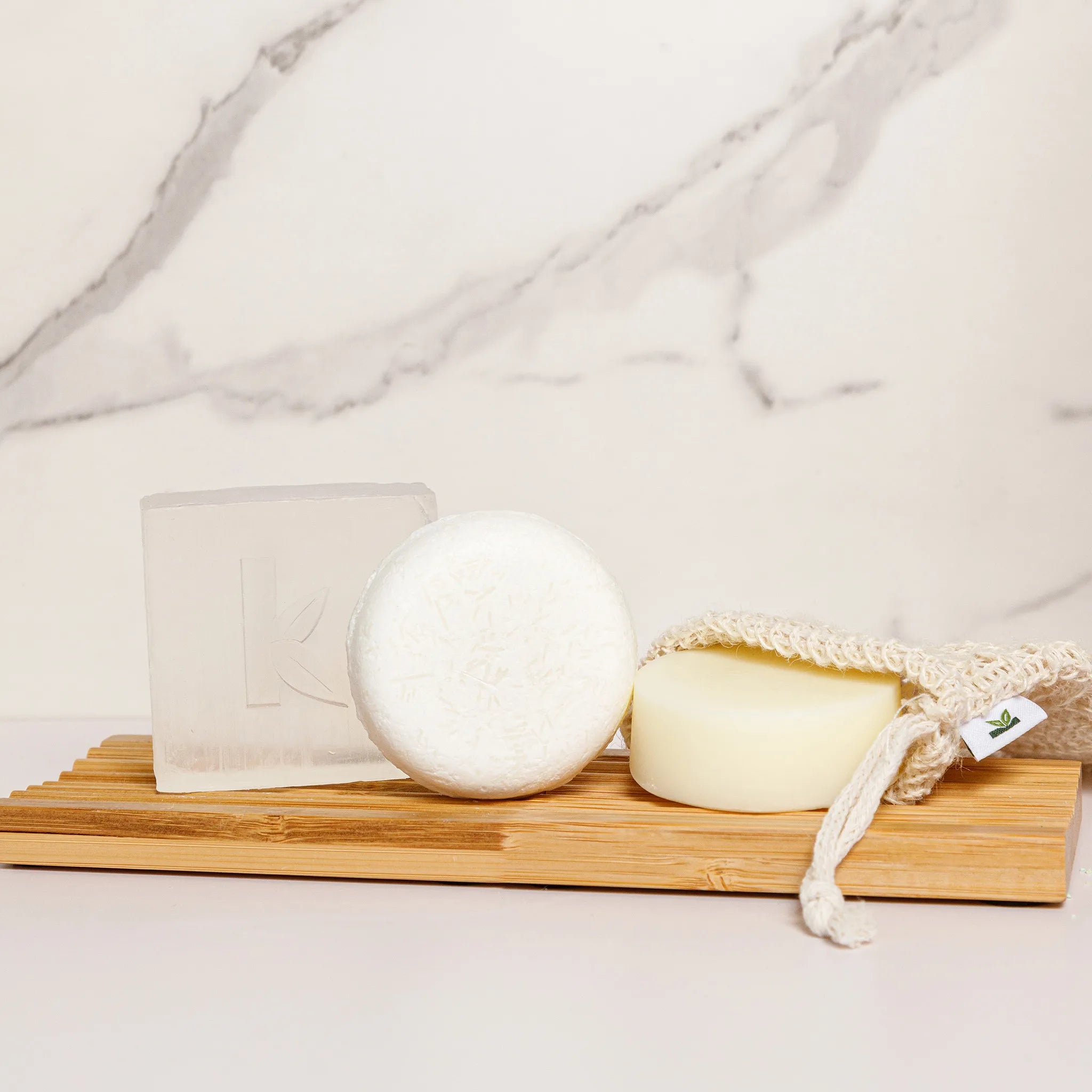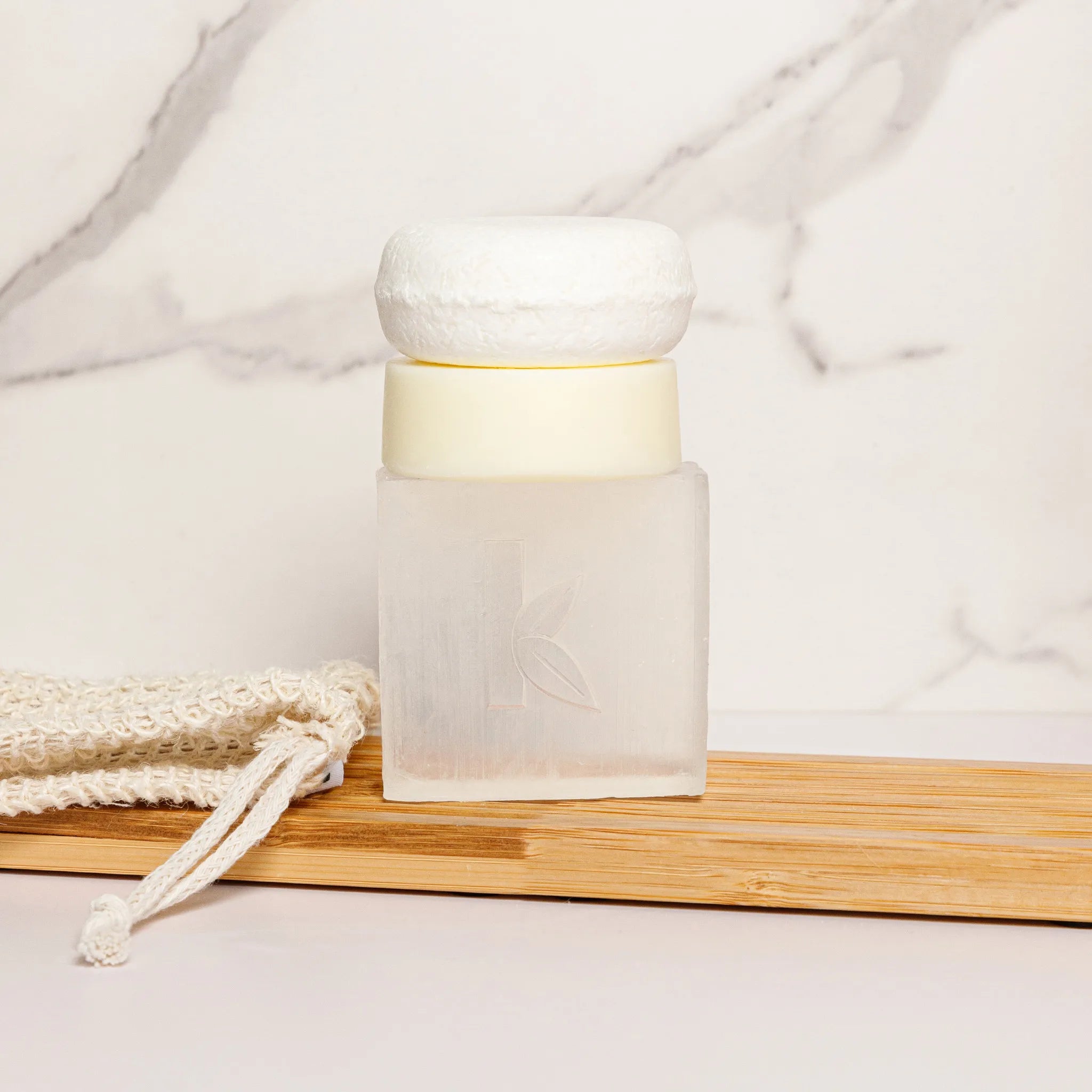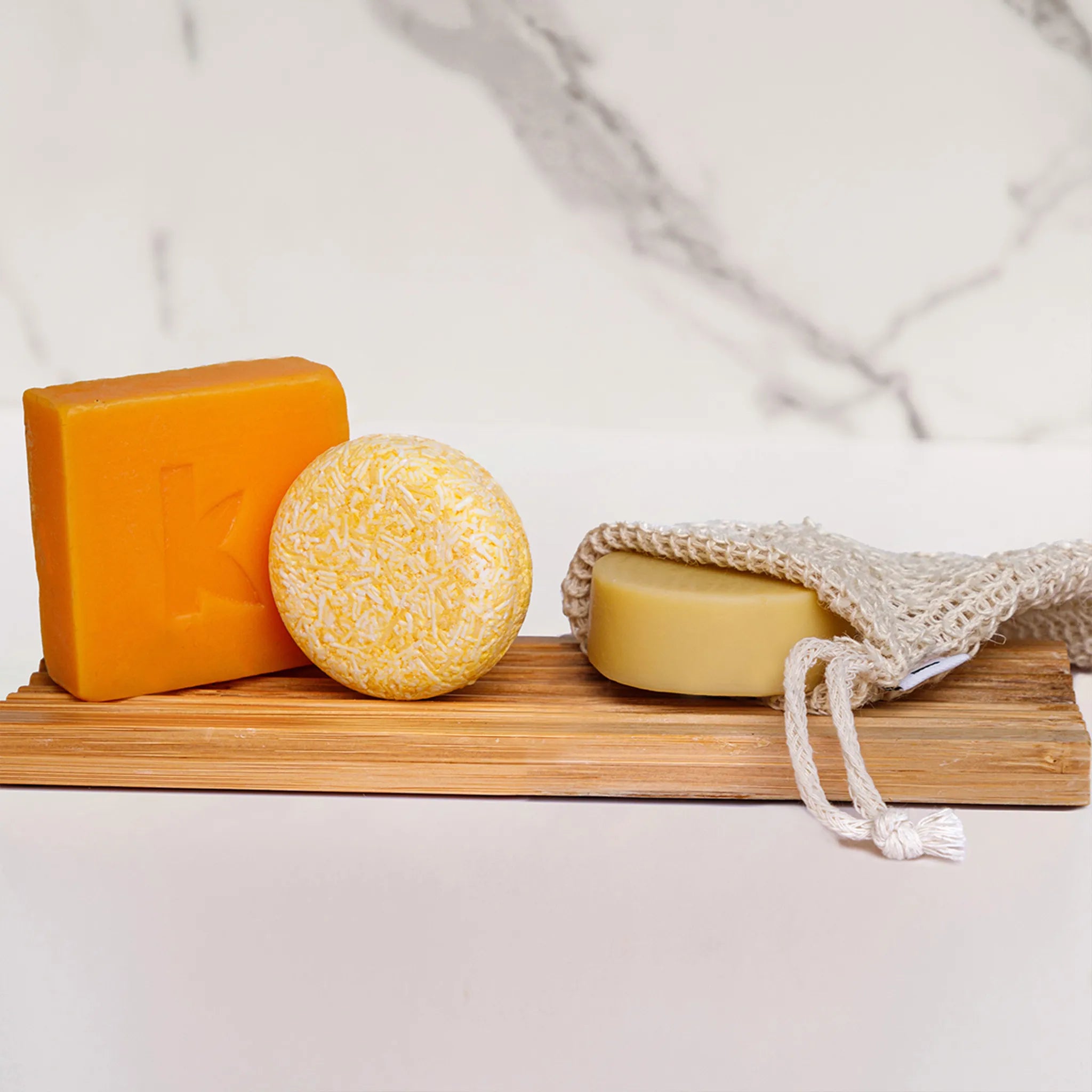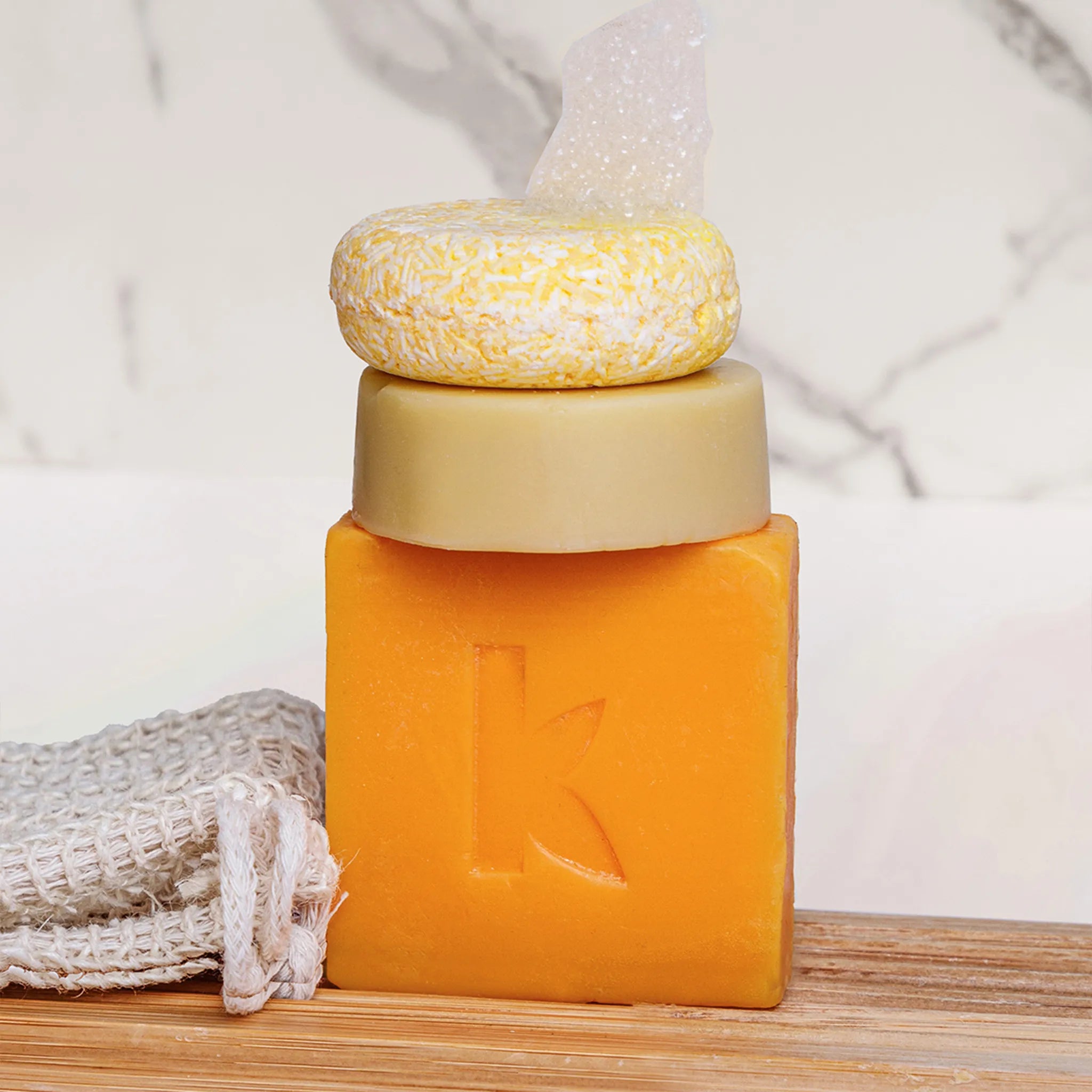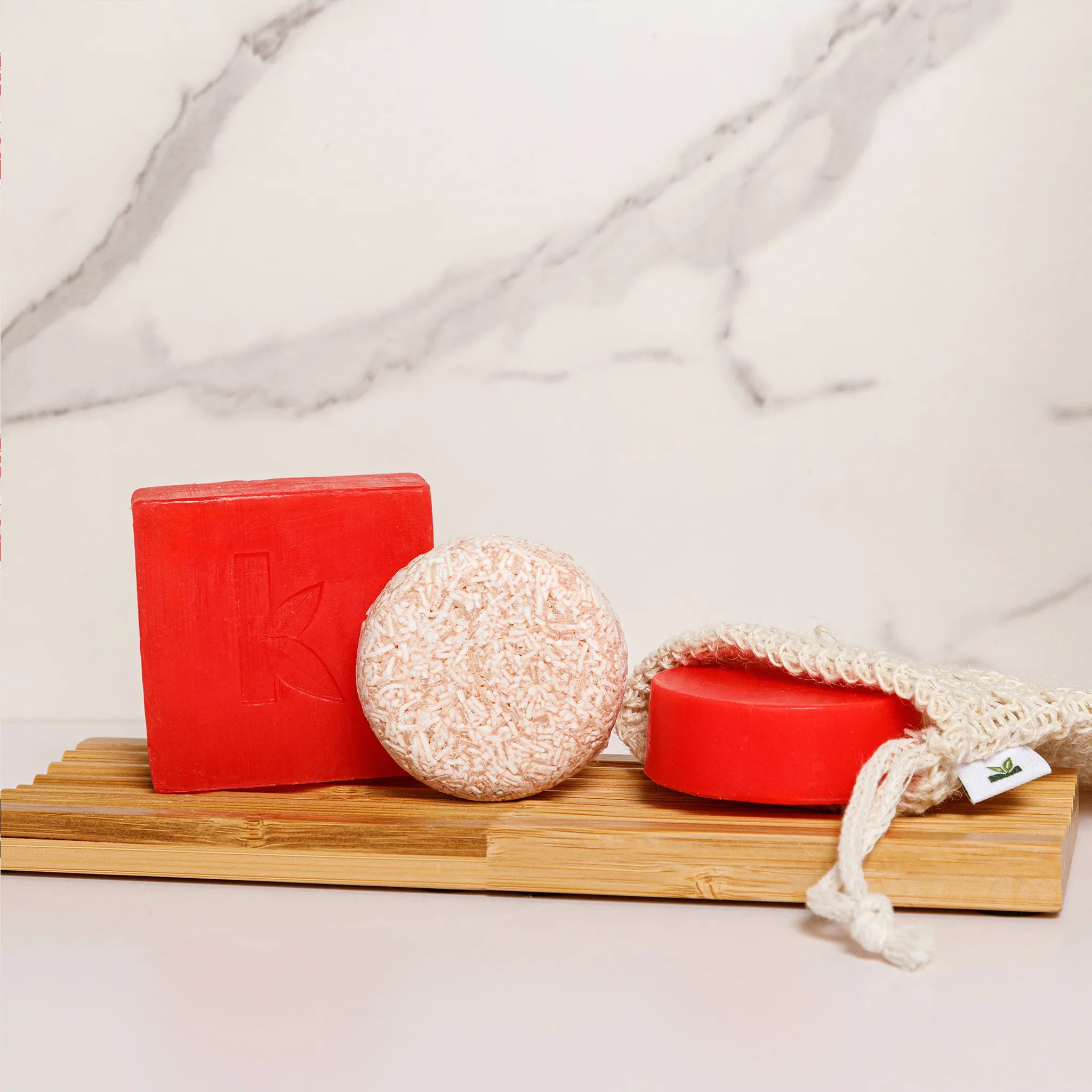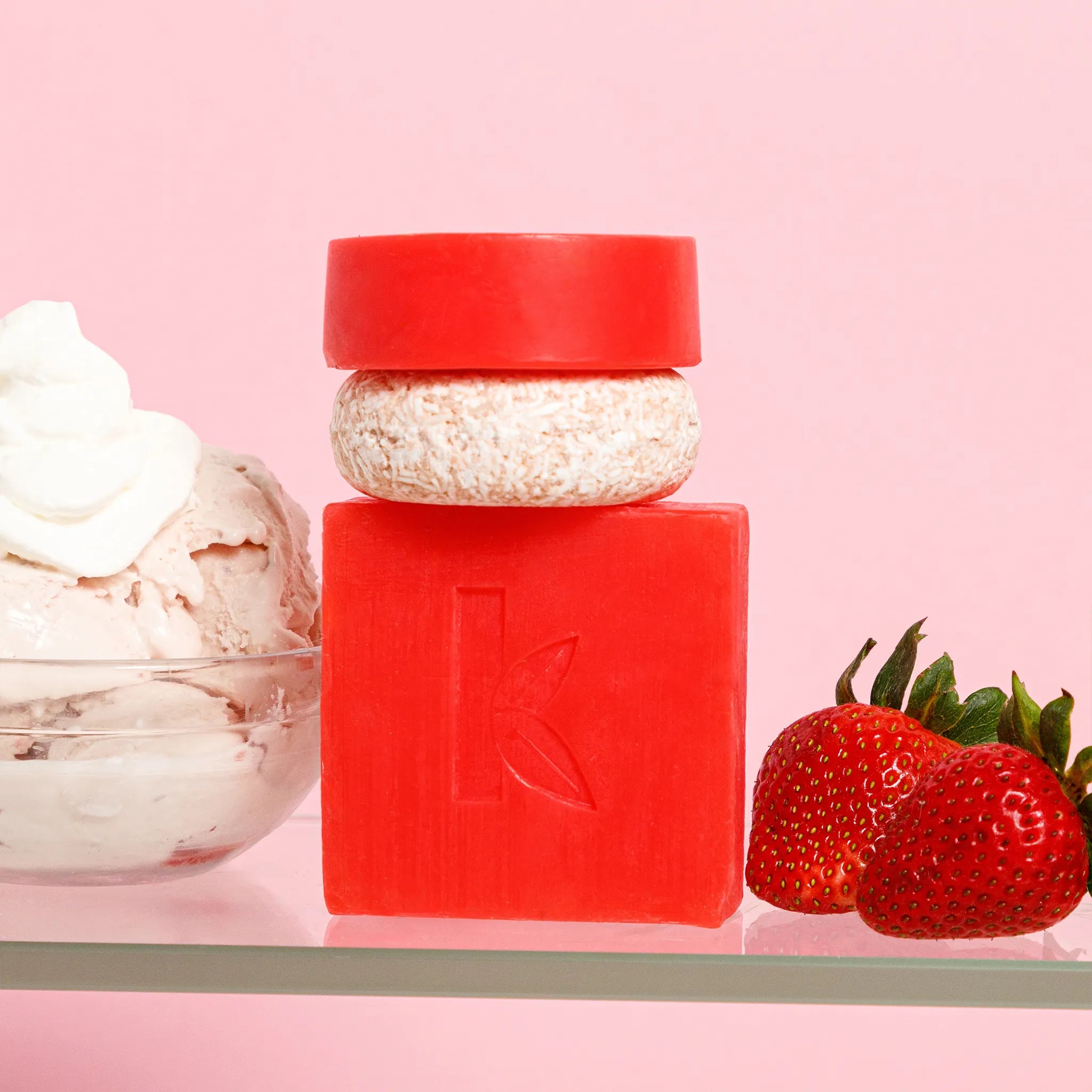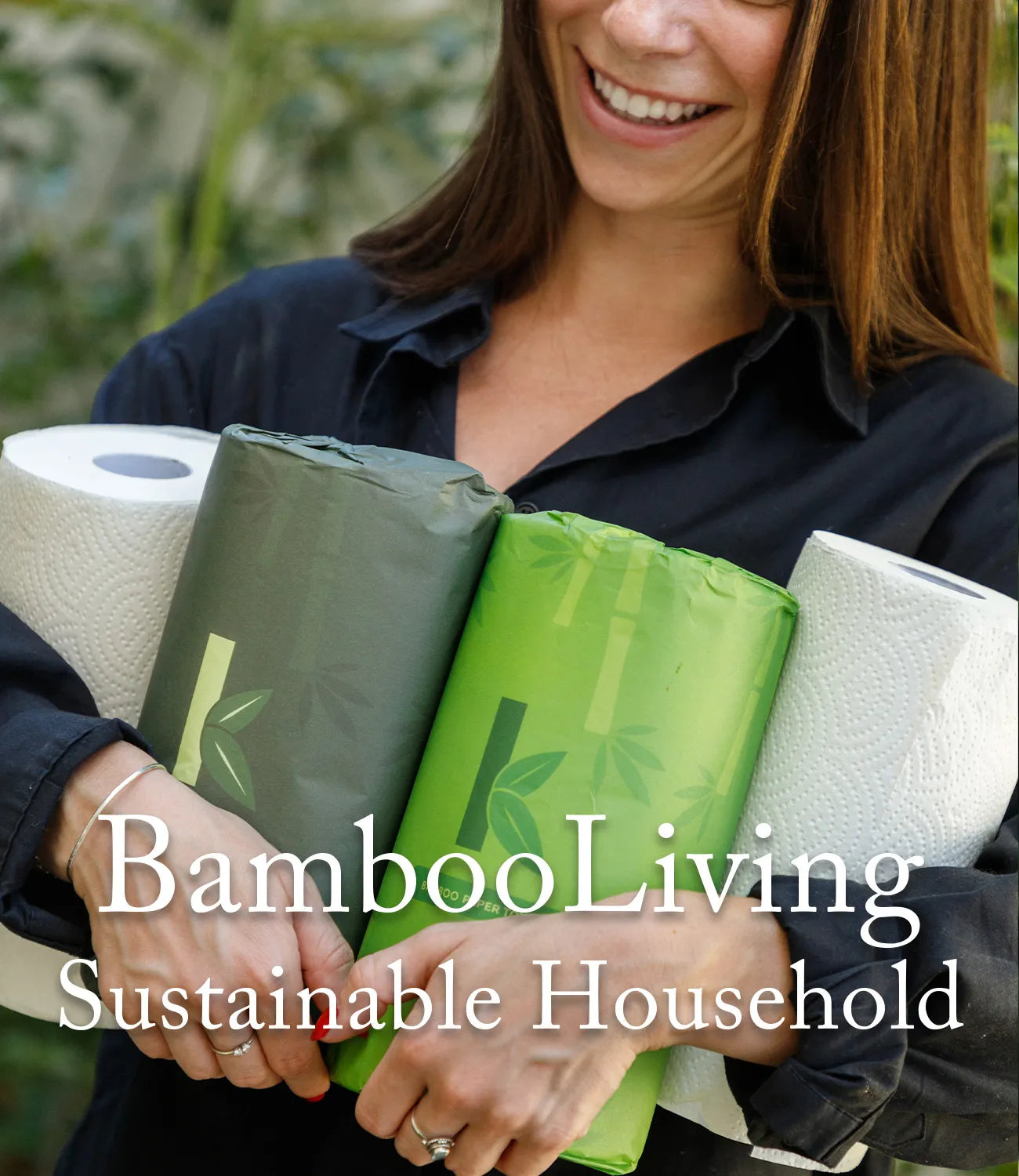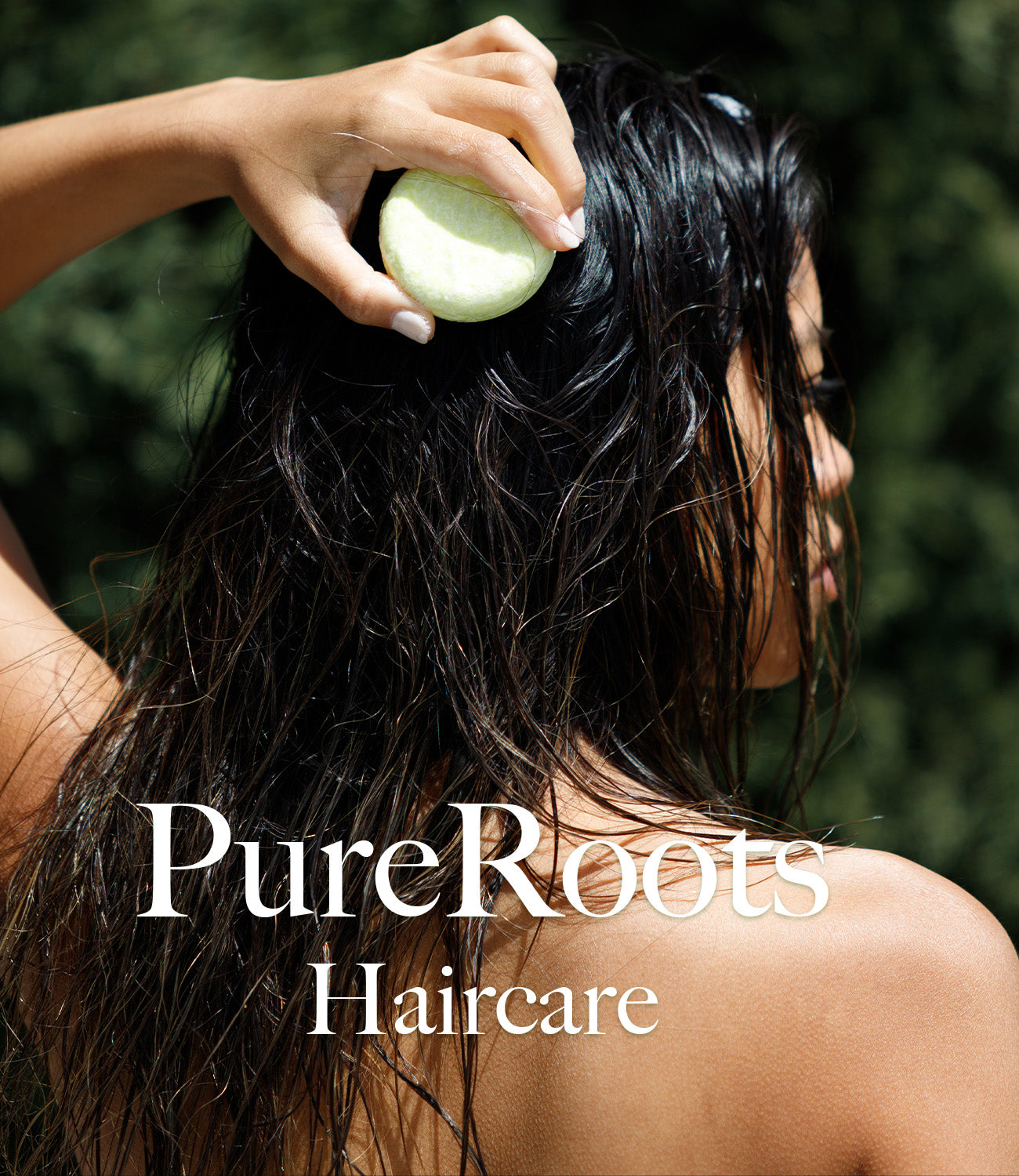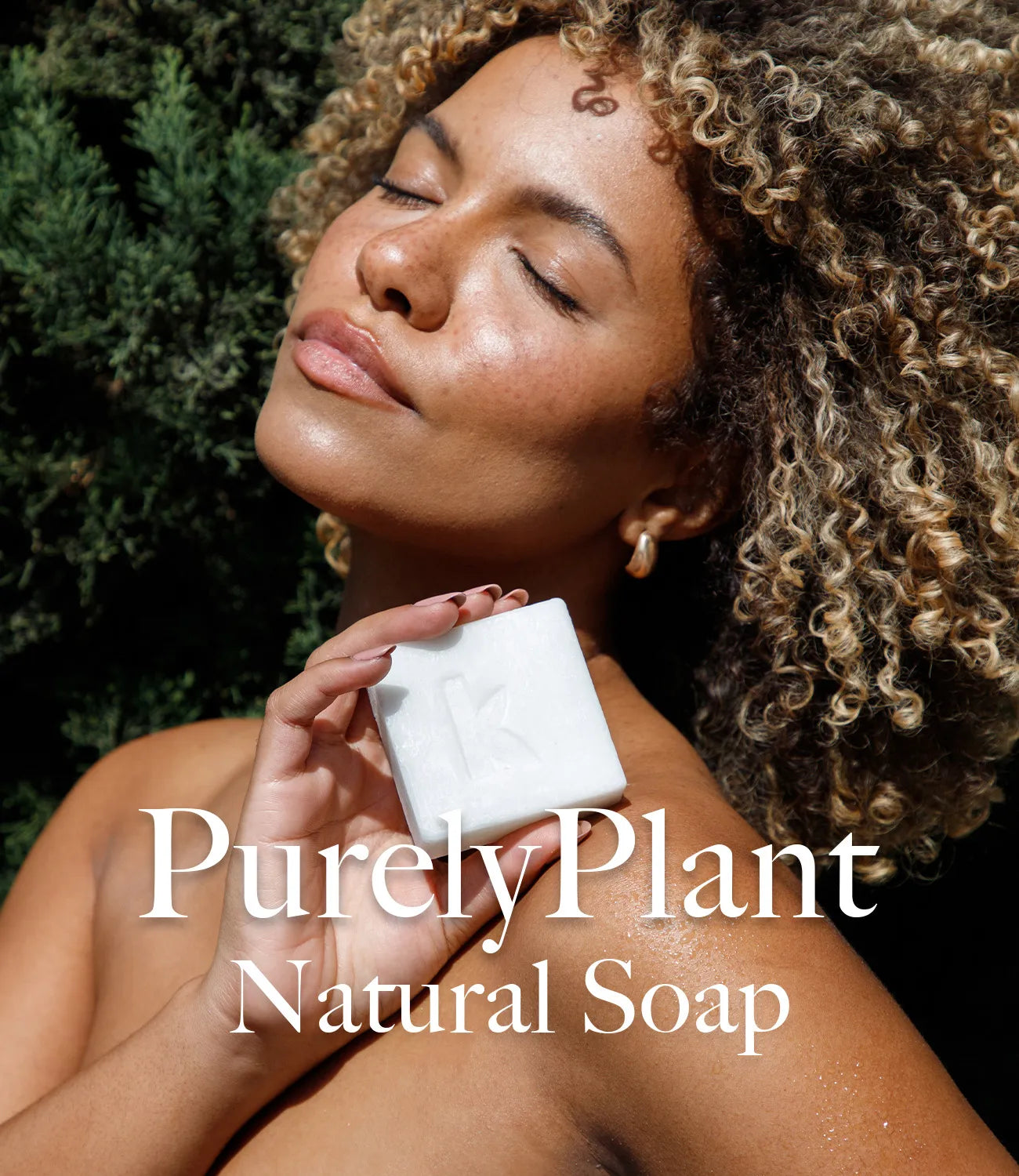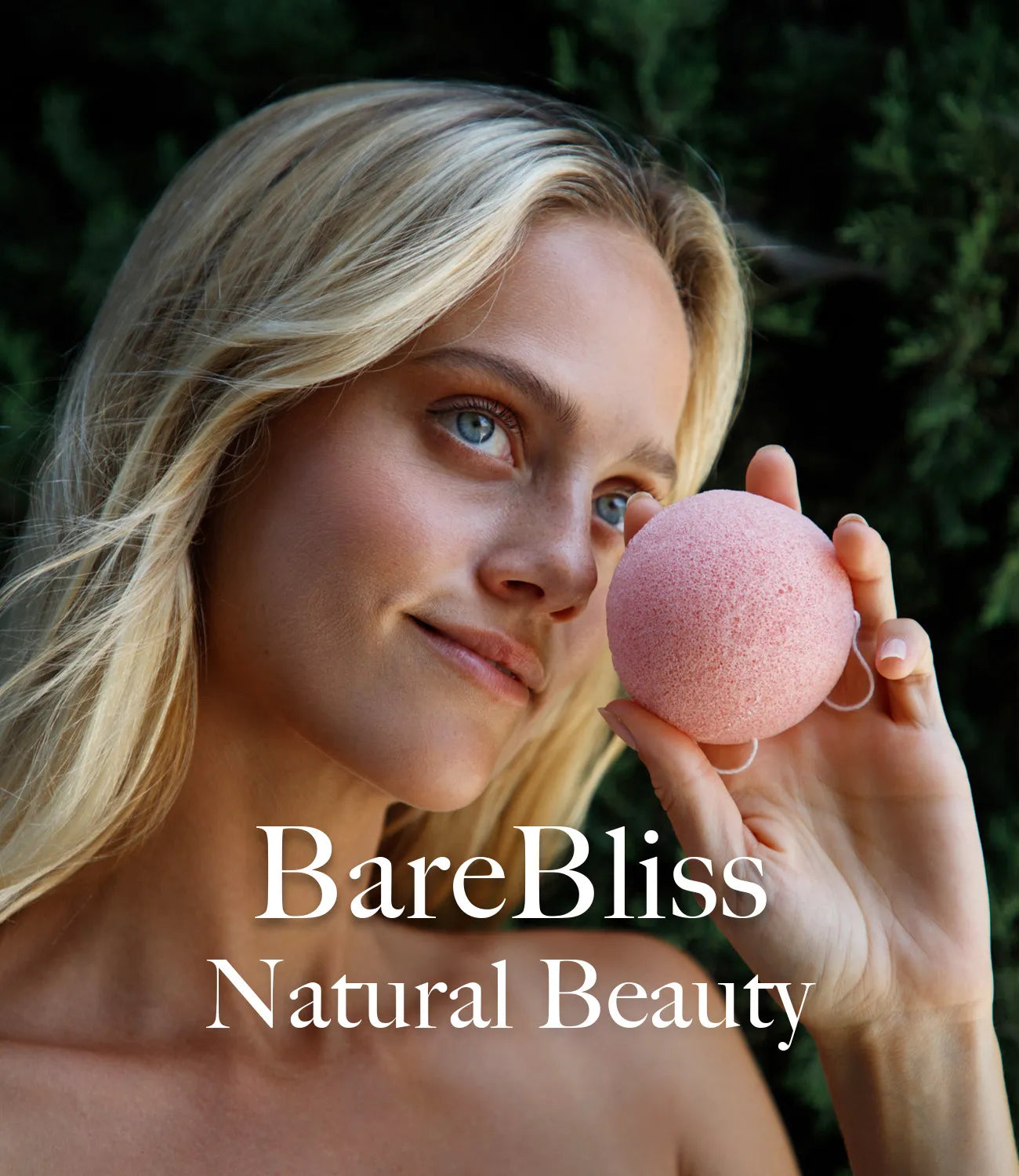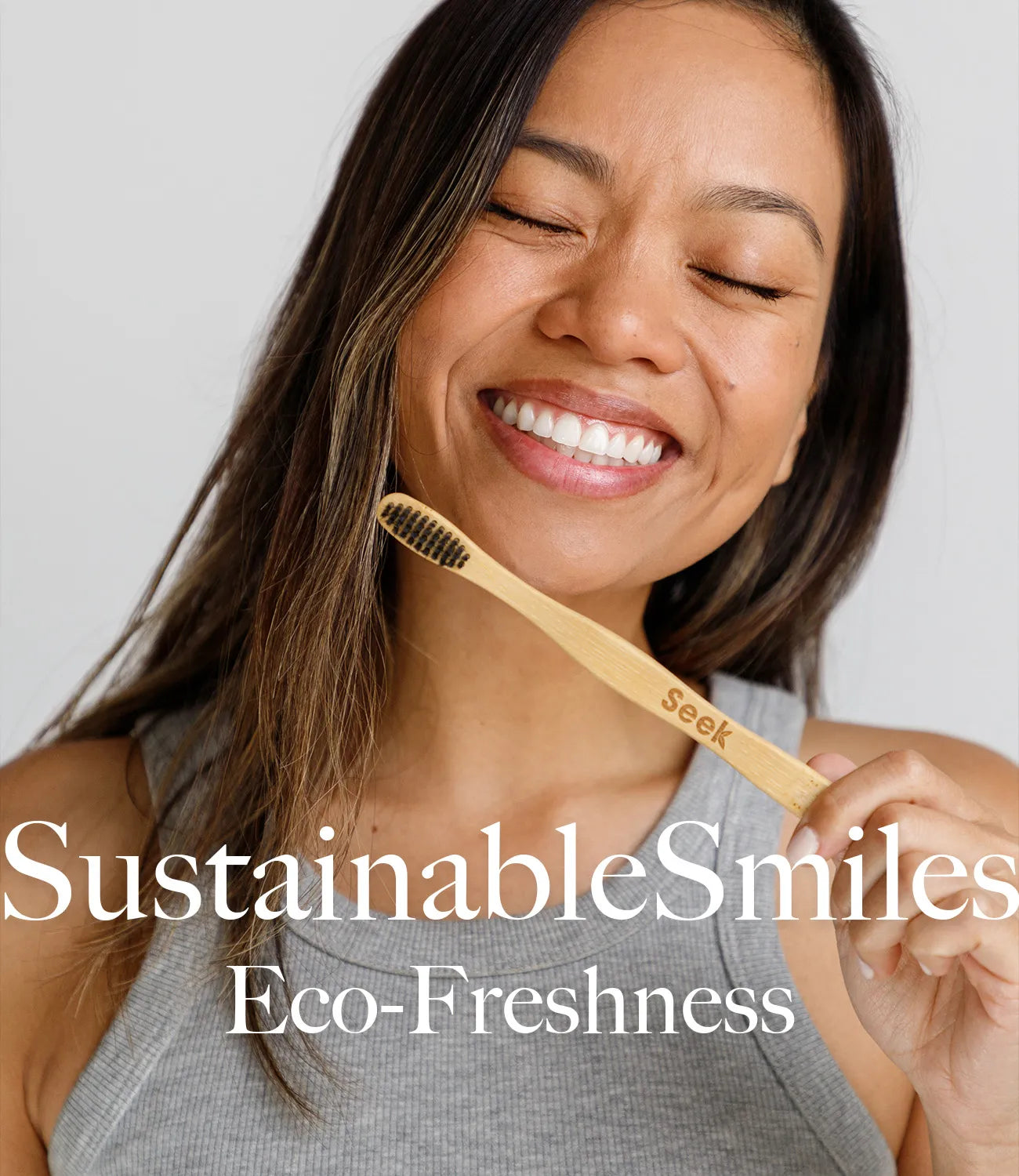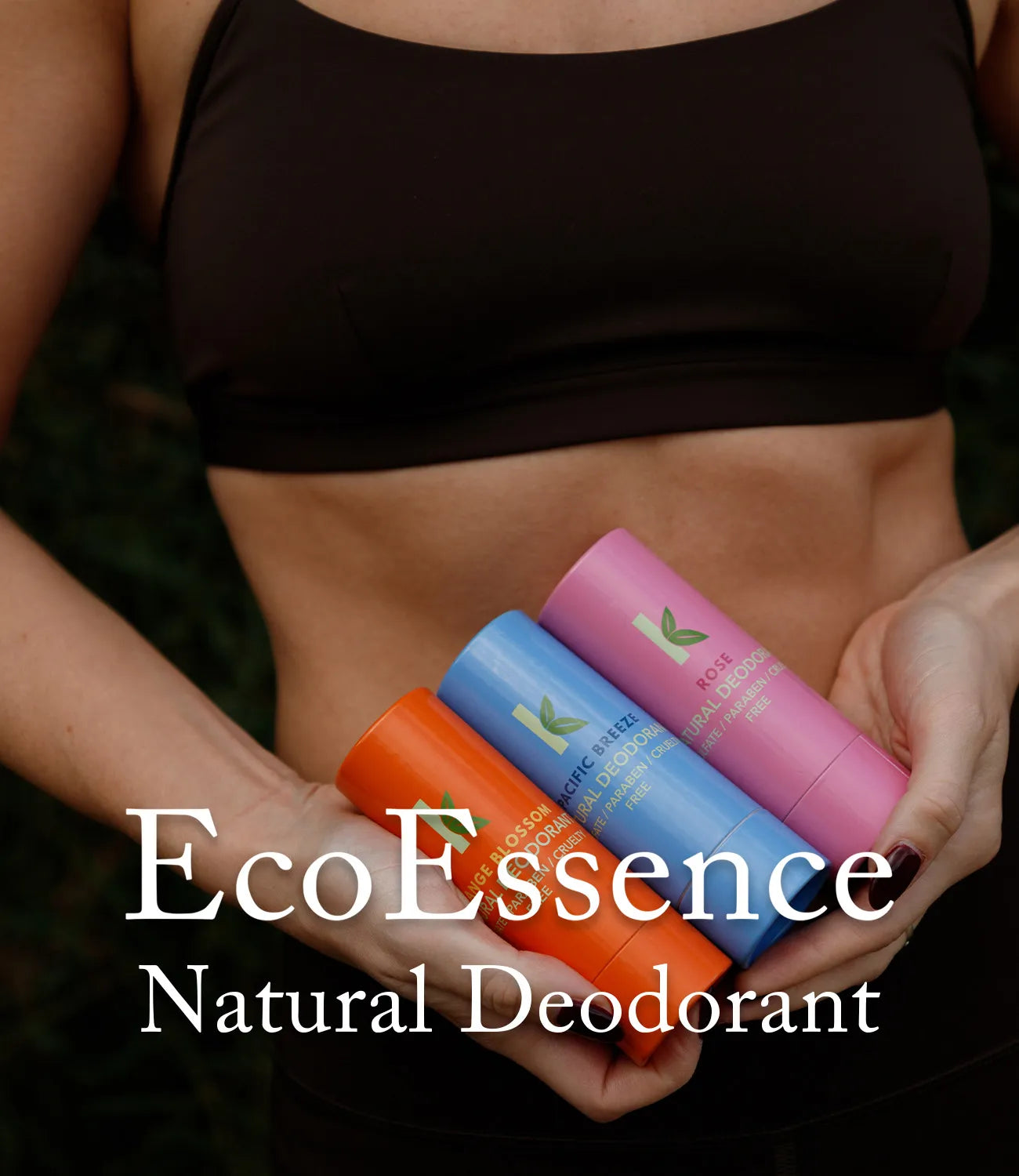What Makes The Best Hydrating Shampoo
Dry, brittle hair can be a frustrating problem, leaving you searching for the perfect solution to restore its softness and shine. This is where hydrating shampoos come into play. Designed to gently cleanse your scalp while replenishing much-needed moisture, hydrating shampoos are a lifesaver for those dealing with dry or damaged locks. But how exactly do they work?
In this blog, we'll dive into the science behind hydrating shampoos and how they balance cleansing with hydration. We'll also explore why avoiding harsh sulfates is essential for maintaining the natural oils that keep your hair healthy and vibrant. Let's take a closer look at what makes hydrating shampoos a must-have for your hair care routine!
What is Hydrating Shampoo?
Hydrating shampoo is specially formulated to not only cleanse the scalp and hair but also infuse moisture into every strand. Unlike regular shampoos, which focus mainly on removing dirt, oil, and product buildup, hydrating shampoos prioritize replenishing the hair's moisture levels. This makes them ideal for people with dry, damaged, or frizzy hair, or those living in climates where humidity or heat can cause dehydration.
The primary purpose of hydrating shampoo is to restore moisture, which is vital for improving hair texture, softness, and manageability. These shampoos often contain nourishing ingredients like natural oils, humectants, and proteins that lock in moisture, making hair smoother, shinier, and more resilient. While regular shampoos may strip away natural oils, hydrating formulas aim to gently cleanse without compromising the scalp’s or hair’s moisture balance.
In short, if your hair feels rough, tangled, or parched, switching to a hydrating shampoo can help revive it by promoting hydration from root to tip.
Who Needs Hydrating Shampoo?
Hydrating shampoo isn’t just for those with extremely dry hair—many hair types can benefit from its moisture-boosting properties. While it’s particularly useful for specific hair concerns, understanding if it's right for you depends on the condition of your hair and the factors contributing to its dryness. Let’s explore who should consider adding a hydrating shampoo to their routine.
- Dry or Dehydrated Hair
If your hair feels brittle, rough, or lacks shine, it likely needs extra moisture. Hydrating shampoos work wonders for those with naturally dry hair by replenishing moisture and improving softness. - Curly or Wavy Hair
Curls and waves tend to be drier by nature because the natural oils from your scalp have a harder time traveling down the hair shaft. Hydrating shampoos can provide much-needed moisture, enhancing curl definition and reducing frizz. - Chemically-Treated or Color-Treated Hair
Hair that has been chemically processed—whether through coloring, bleaching, or relaxing—often loses moisture during treatment. A hydrating shampoo helps repair and nourish chemically-treated hair, restoring softness and elasticity. - Frizzy Hair
Frizz often occurs when your hair lacks moisture, causing it to absorb humidity from the air. Hydrating shampoos lock in moisture, taming frizz and making hair smoother and more manageable. - Damaged or Heat-Styled Hair
Frequent use of hot tools like blow dryers, straighteners, and curling irons can cause hair to lose moisture, leading to split ends and breakage. Hydrating shampoos help counteract the damage by restoring moisture and preventing further dryness. - Environmental Exposure
External factors such as sun exposure, wind, and pollution can strip moisture from your hair, leaving it dry and dull. Hydrating shampoos protect your hair from these elements by replenishing lost moisture and sealing the cuticle.
Whether your hair is naturally dry or has become parched due to styling, chemical treatments, or environmental factors, hydrating shampoo is an essential tool for maintaining moisture and keeping your locks healthy and vibrant.
The Hydrating Power of Jojoba Oil
Jojoba oil is a star ingredient in many hydrating shampoos, renowned for its ability to provide long-lasting moisture without weighing the hair down. What makes jojoba oil unique is that it closely mimics the natural oils (sebum) produced by the scalp, making it an excellent moisturizer that helps balance oil production.
- Jojoba oil penetrates the hair shaft to provide deep hydration, unlike heavier oils that can sit on the surface. Its lightweight nature makes it suitable for all hair types, including fine hair, as it adds moisture without leaving a greasy residue. It also helps seal the hair cuticle, locking in moisture and protecting against environmental damage, which is key in preventing dryness and frizz.
- In addition to hydration, jojoba oil is rich in vitamins E and B, along with minerals like zinc and copper, which help nourish the hair and promote a healthy scalp. It also has antioxidant properties that protect the hair from free radicals, keeping your locks softer, shinier, and more manageable.
For those looking for a natural way to hydrate their hair, jojoba oil is a powerful ingredient that enhances the effectiveness of hydrating shampoos, leaving hair healthier and more vibrant.
Hydrating Shampoo vs. Moisturizing Shampoo
Hydrating and moisturizing shampoos are often used interchangeably, but there are subtle differences between the two that can influence your choice, depending on your hair’s needs. Understanding these distinctions will help you select the right product for your specific hair concerns.
- Hydrating Shampoo
Hydrating shampoos are designed to increase the water content in your hair, making it softer, smoother, and more flexible. The primary focus is on restoring moisture balance, especially for hair that feels dry, brittle, or rough. Hydrating shampoos typically include ingredients like humectants (e.g., glycerin, aloe vera) that attract moisture to the hair and help retain it. They also tend to have lightweight formulas that hydrate without making the hair feel heavy or greasy.: People with dry, damaged, or frizzy hair who need to replenish moisture from the inside out. - Moisturizing Shampoo
Moisturizing shampoos, on the other hand, focus on creating a barrier that locks moisture into the hair. They are generally more nourishing and richer in texture, containing oils and emollients (e.g., coconut oil, shea butter, argan oil) that help smooth and soften the hair. Moisturizing shampoos may be better suited for hair that needs more external protection from dryness and environmental stressors.: Hair that is extremely dry, coarse, or chemically treated, where a heavier, more nourishing formula is needed to keep the hair manageable and smooth. - Why It Matters
Choosing the wrong product can lead to either not enough moisture or too much heaviness. For finer hair types, a moisturizing shampoo may be too heavy and could weigh the hair down, making it look limp. In contrast, thicker or coarser hair may not benefit as much from a hydrating shampoo alone, as it may need the extra nourishment and sealing effect provided by a moisturizing shampoo.
Ultimately, the choice between hydrating and moisturizing shampoos comes down to the level of dryness your hair experiences and how much external nourishment or water retention it needs.
Amino Acid Shampoos: Gentle and Hydrating
Amino acid shampoos, use sodium lauryl glutamate and sodium cocoyl glutamate, that are much gentler on the hair and scalp. These are derived from natural sources like coconut oil and glutamic acid (an amino acid), making them suitable for sensitive skin and those with dry, damaged hair. Amino acid-based work by gently cleansing without stripping away natural oils, leaving the hair hydrated and soft. This makes amino acid shampoos ideal for daily use, even on fragile or chemically treated hair.
Benefits of Amino Acid Shampoos
- They clean effectively while preserving the scalp's moisture balance.
- Compared to harsher cleansers, amino acid formulas maintain the hair’s natural hydration, preventing dryness and brittleness.
- They’re hypoallergenic and non-irritating, making them great for people with sensitive skin or scalp issues.
Amino Acid Shampoos vs. SLS Shampoos
Sodium lauryl sulfate (SLS) is a powerful surfactant commonly used in a wide range of products, from shampoos and toothpaste to floor cleaners. It’s known for its ability to create a rich lather, but it can also be very drying. SLS effectively removes dirt and oil, but in doing so, it can strip the hair and scalp of their natural oils, leading to dryness, irritation, and sometimes even hair damage.
Drawbacks of SLS Shampoos:
- Strips Natural Oils: SLS shampoos can leave the hair feeling dry and prone to breakage, especially with regular use.
- Can Irritate the Scalp: For people with sensitive scalps or skin conditions, SLS can cause redness, itching, or flakiness.
- Used in Harsh Cleaners: SLS is also found in cleaning products like floor detergents, which illustrates how strong it is as a cleanser, but also highlights why it may be too harsh for delicate hair.
If you’re looking for a shampoo that provides a deep clean while preserving moisture and keeping your scalp happy, amino acid shampoos are a great choice. They offer a gentle yet effective cleanse, especially for people with dry, damaged, or sensitive hair. On the other hand, if you don’t have any sensitivity issues and prefer a richer lather, SLS shampoos can still be used, but with caution to avoid over-drying.
Sustainability and Eco-Friendly Options
As more consumers prioritize sustainability in their beauty routines, many brands are responding by offering eco-friendly hydrating shampoos that not only nourish your hair but also protect the planet. From biodegradable packaging to cruelty-free formulas, choosing a sustainable hydrating shampoo can make a positive impact on both your hair and the environment. Here are some key considerations and top eco-conscious brands to explore.
- Biodegradable Packaging
Many sustainable brands are now using biodegradable or recyclable packaging materials to reduce plastic waste. Look for shampoos packaged in materials like paper, glass, or 100% post-consumer recycled (PCR) plastic. Some companies even offer refill stations or return-and-reuse programs to further minimize waste. - Cruelty-Free Formulas
Cruelty-free hydrating shampoos are not tested on animals at any stage of the production process. Choosing brands that are certified cruelty-free by organizations such as Leaping Bunny or PETA ensures that no animals were harmed in the development of your shampoo. This aligns with ethical beauty standards while still delivering quality hydration for your hair. - Natural and Organic Ingredients
Sustainable shampoos often use natural, organic ingredients sourced responsibly and grown without harmful pesticides or synthetic fertilizers. These ingredients are not only better for the environment but also gentler on your hair, free from harsh chemicals like parabens, sulfates, and silicones. Organic oils like argan, jojoba, and coconut are popular in eco-friendly hydrating formulas. - Water Conservation
Some eco-conscious brands focus on reducing water usage in both their manufacturing process and product formulas. Waterless shampoo bars, for example, are gaining popularity as a low-water alternative to traditional shampoos. These solid bars are concentrated and require less water to produce, while still offering the same hydrating benefits.
As consumers, our purchasing choices can drive positive change. Switching to sustainable, eco-conscious hydrating shampoos is a small but meaningful step toward supporting a healthier planet while keeping your hair hydrated and beautiful.
Start Your Hydrating Hair Journey Today
Hydrating shampoos offer a simple yet effective way to bring moisture and vitality back into your hair. From lightweight daily formulas to deep nourishing treatments, the right hydrating shampoo can make a noticeable difference in the look and feel of your locks. Whether you’re seeking eco-friendly options or targeting specific hair concerns, incorporating a hydrating shampoo into your routine is an easy first step to healthier, more hydrated hair. Don’t wait—start your hydrating hair care journey today and enjoy the benefits of soft, shiny, and manageable hair!
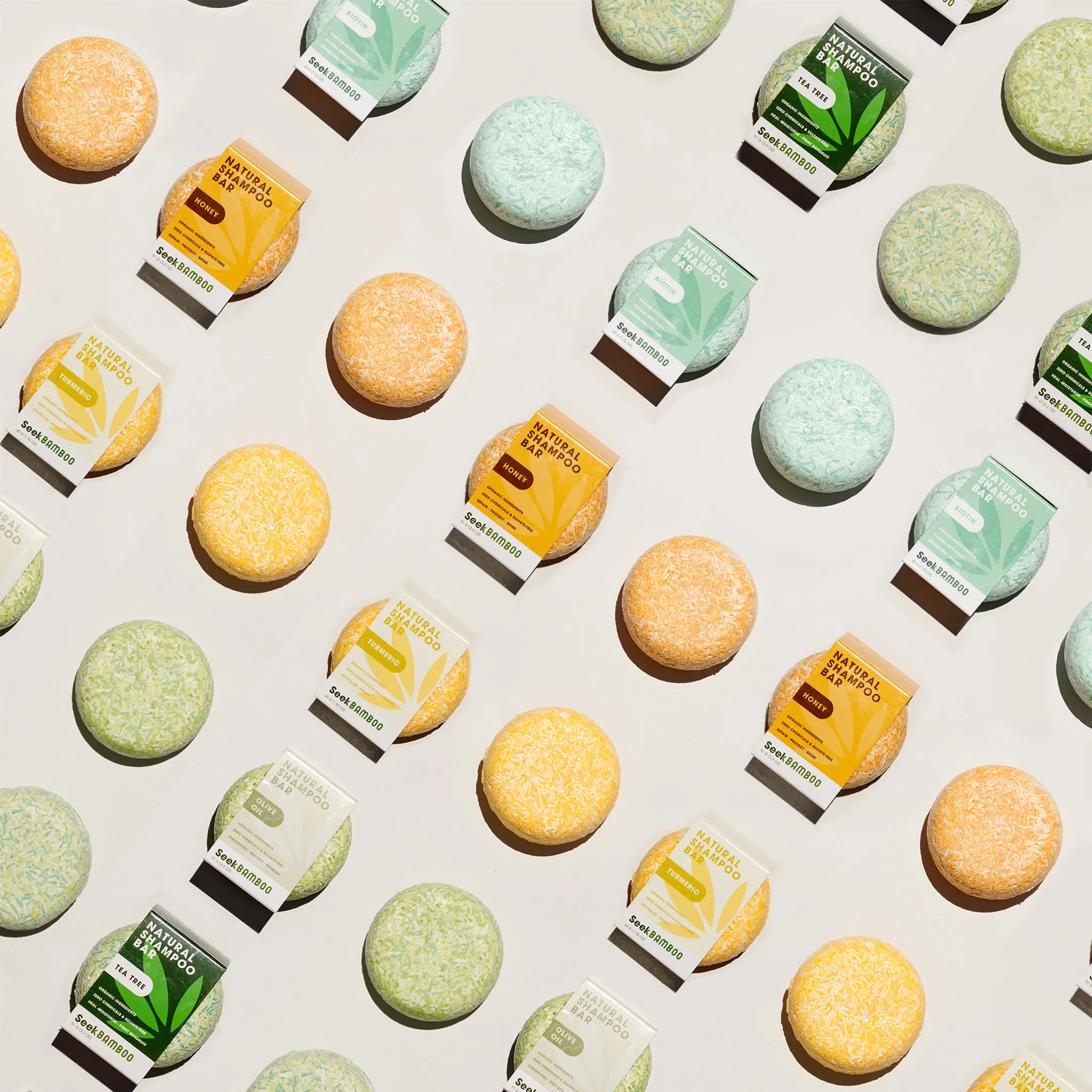
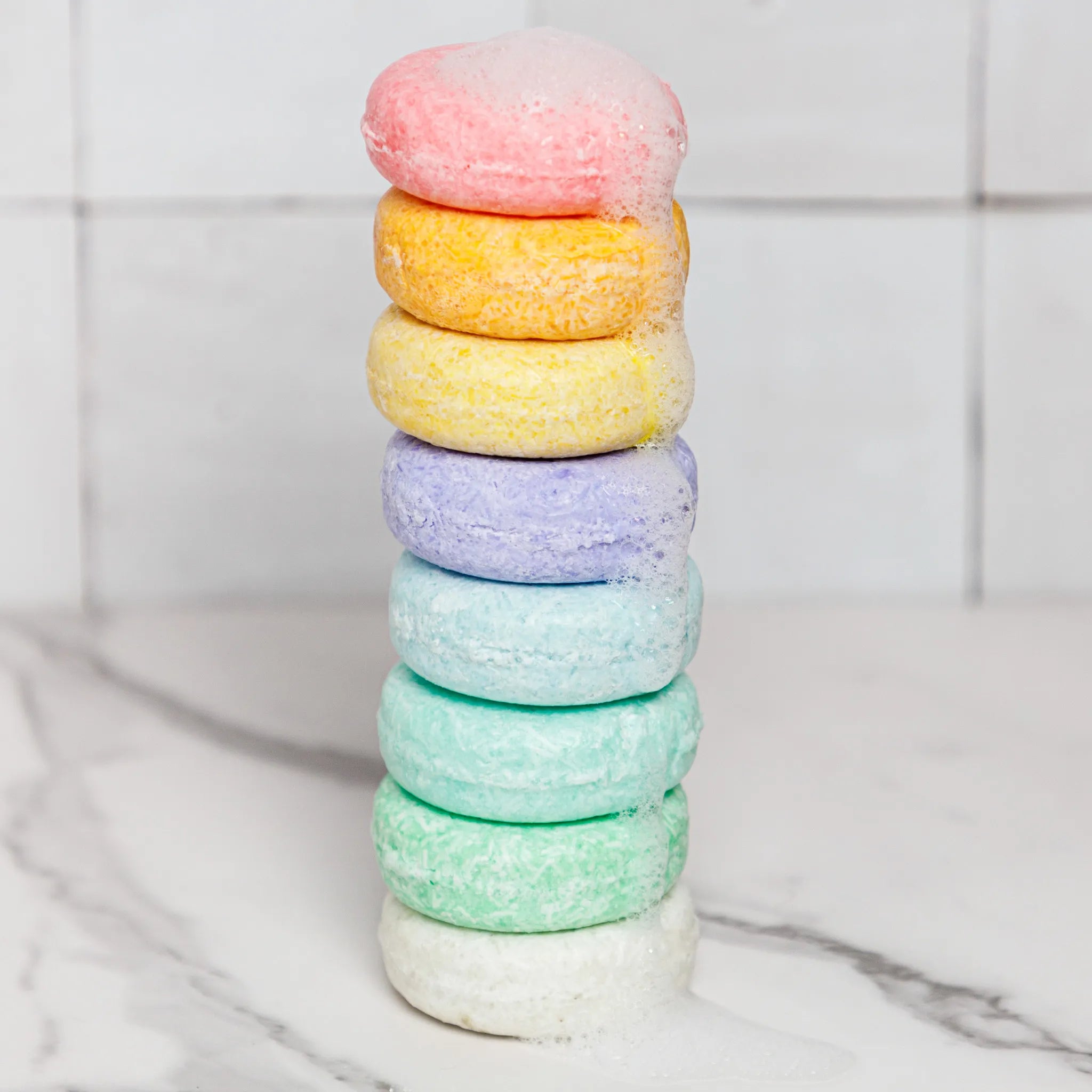
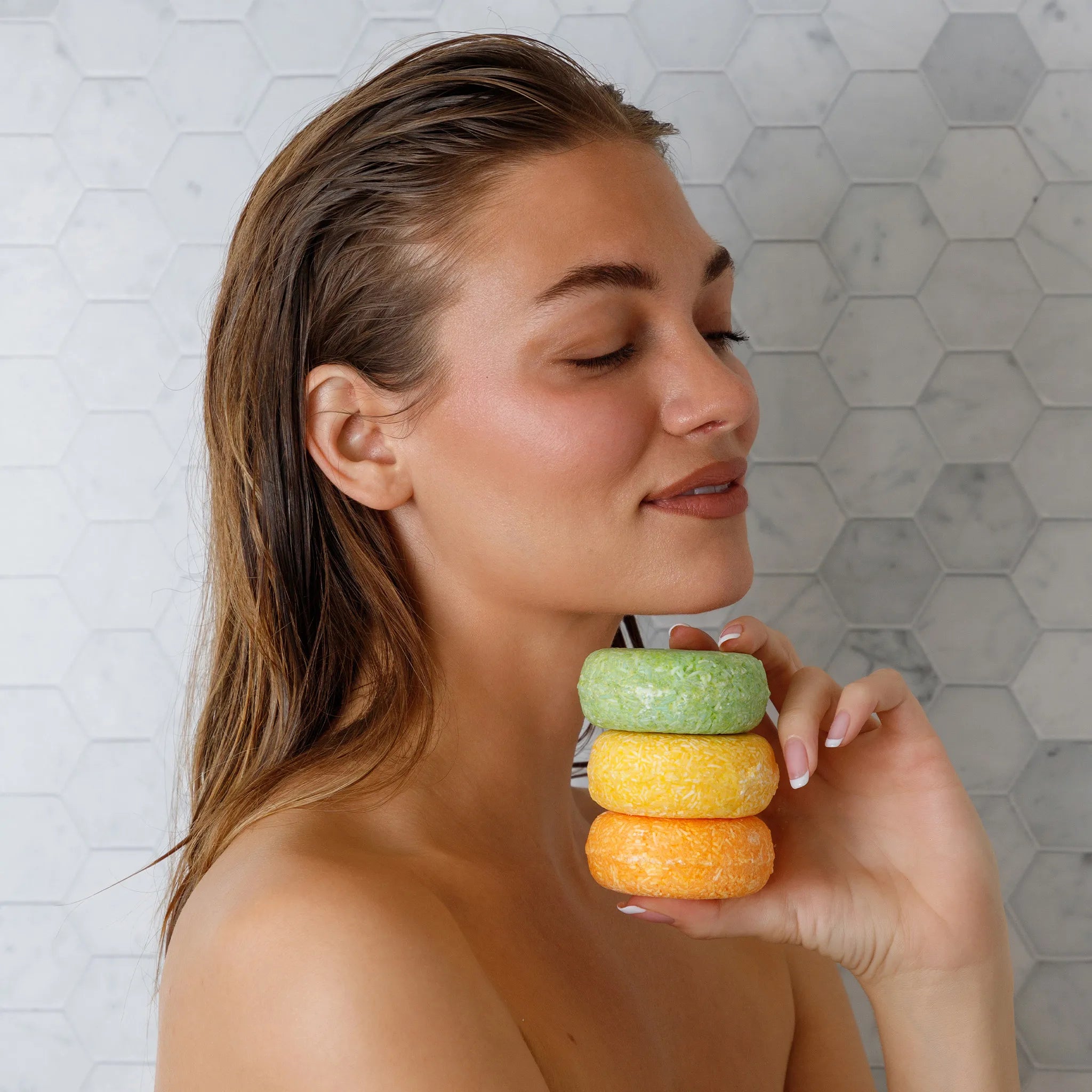
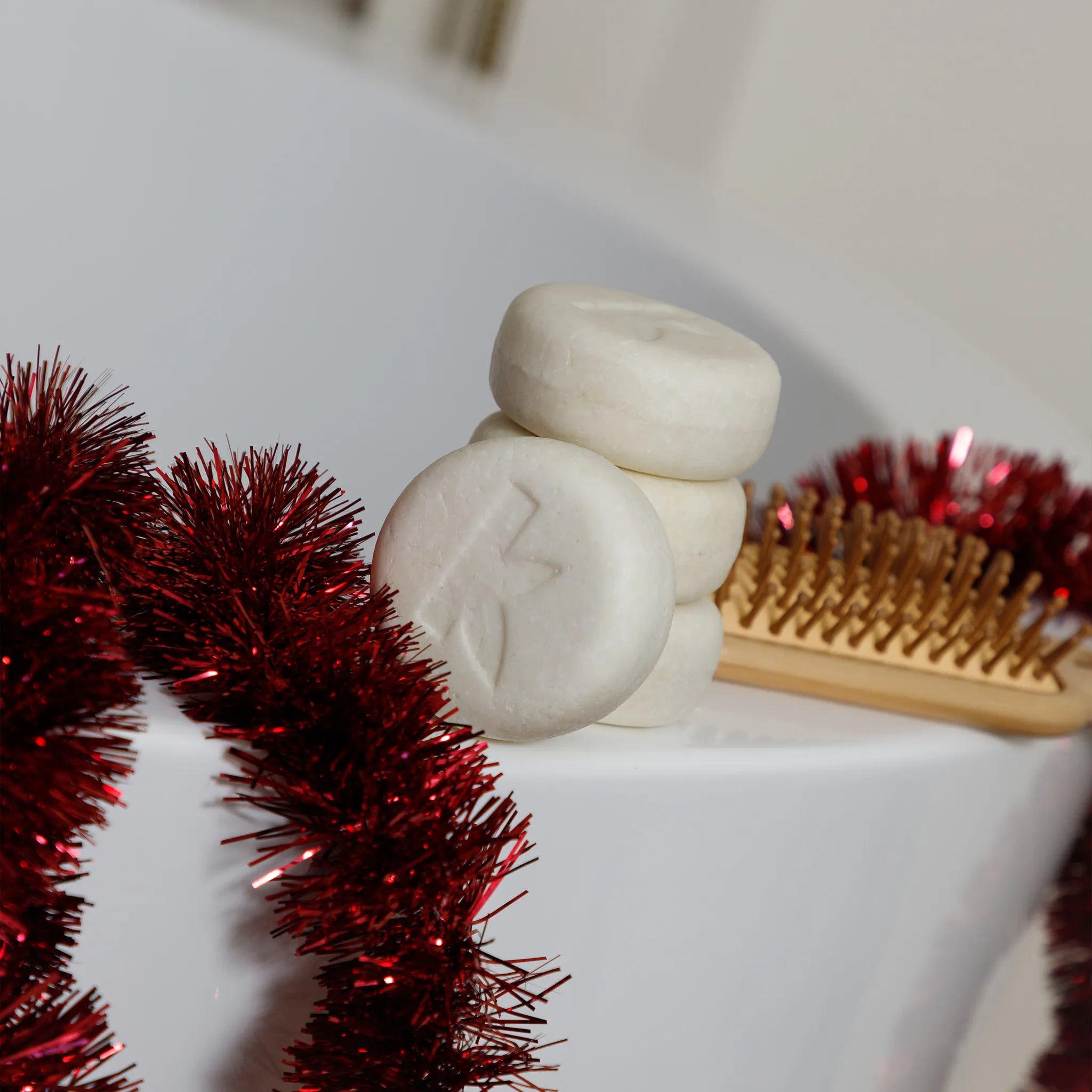
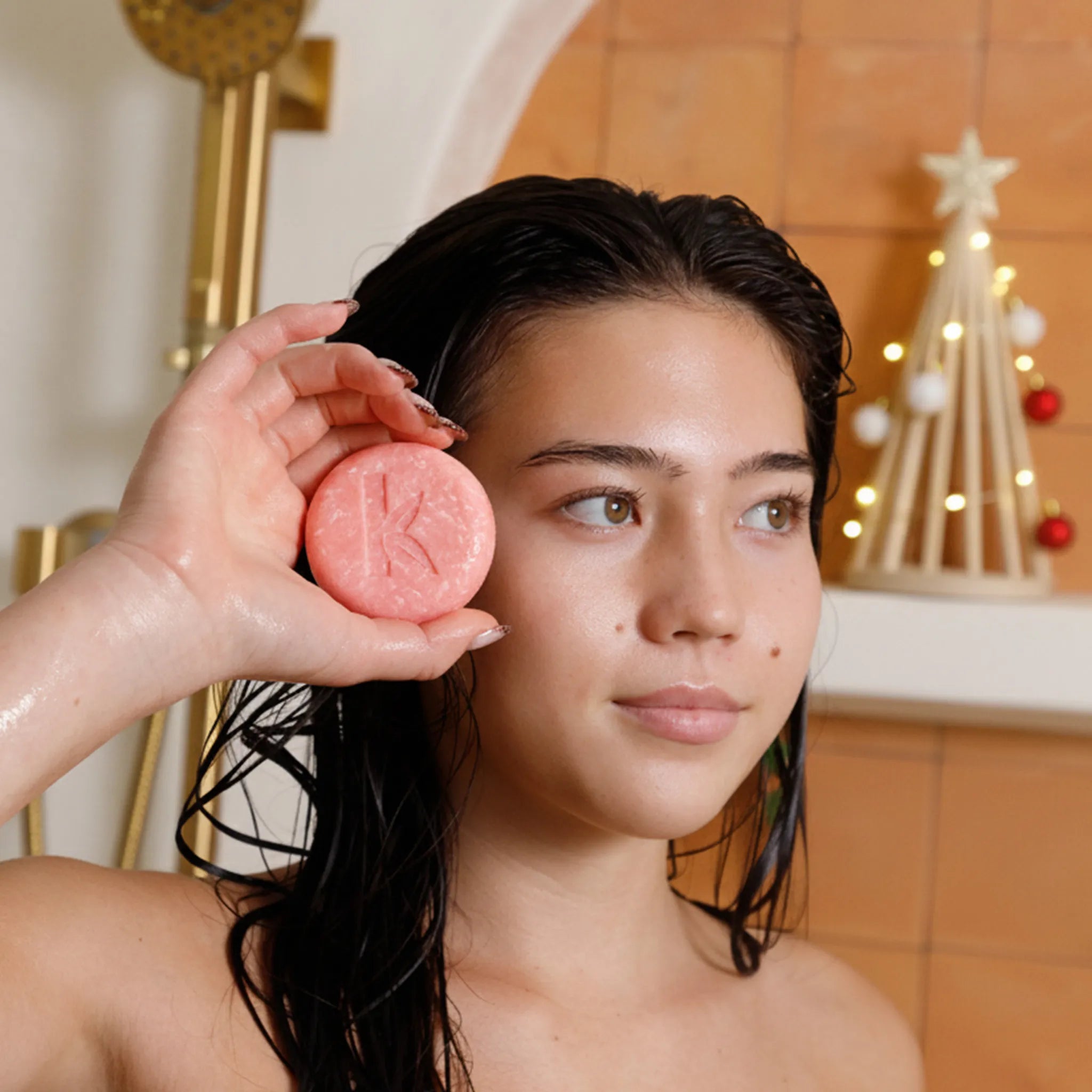
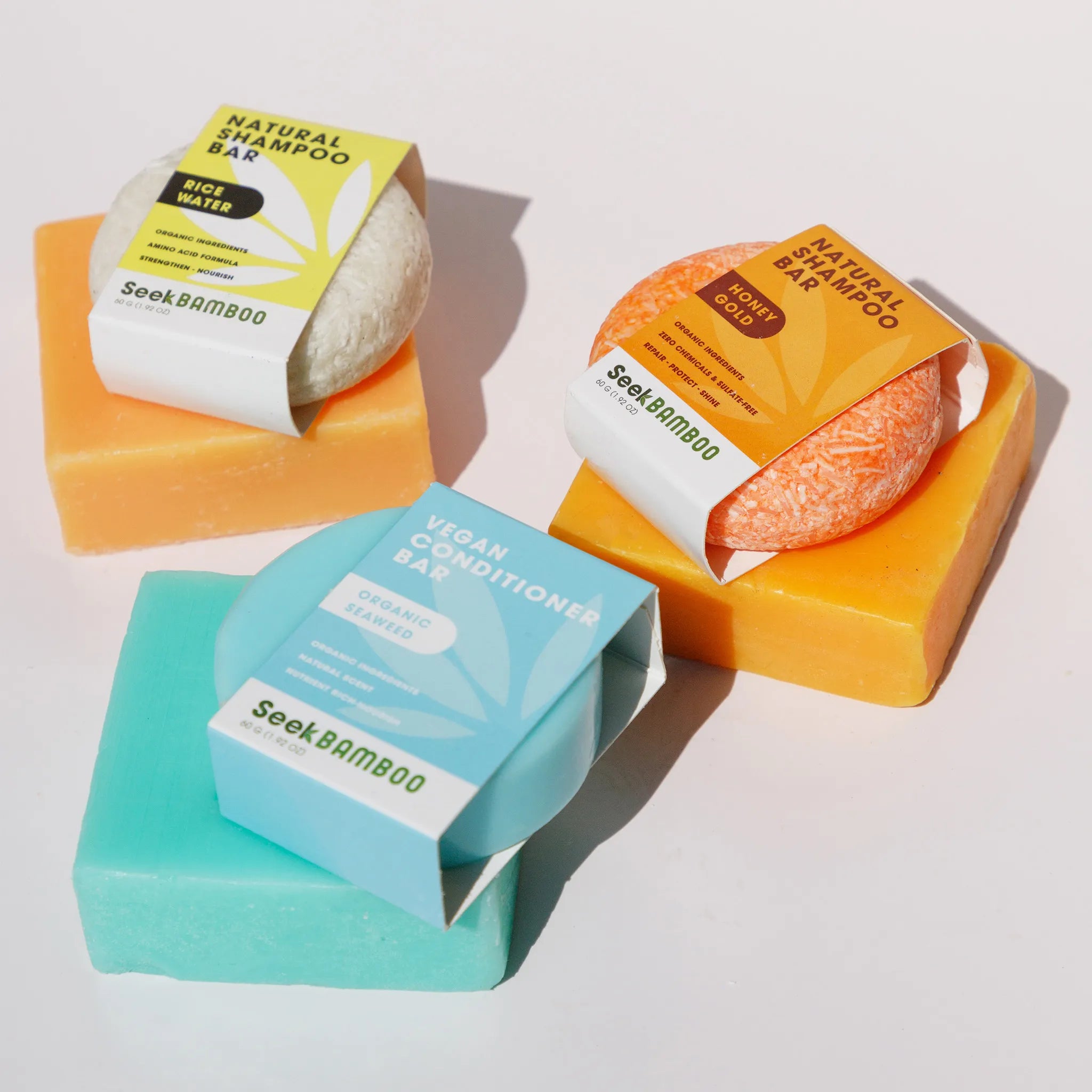
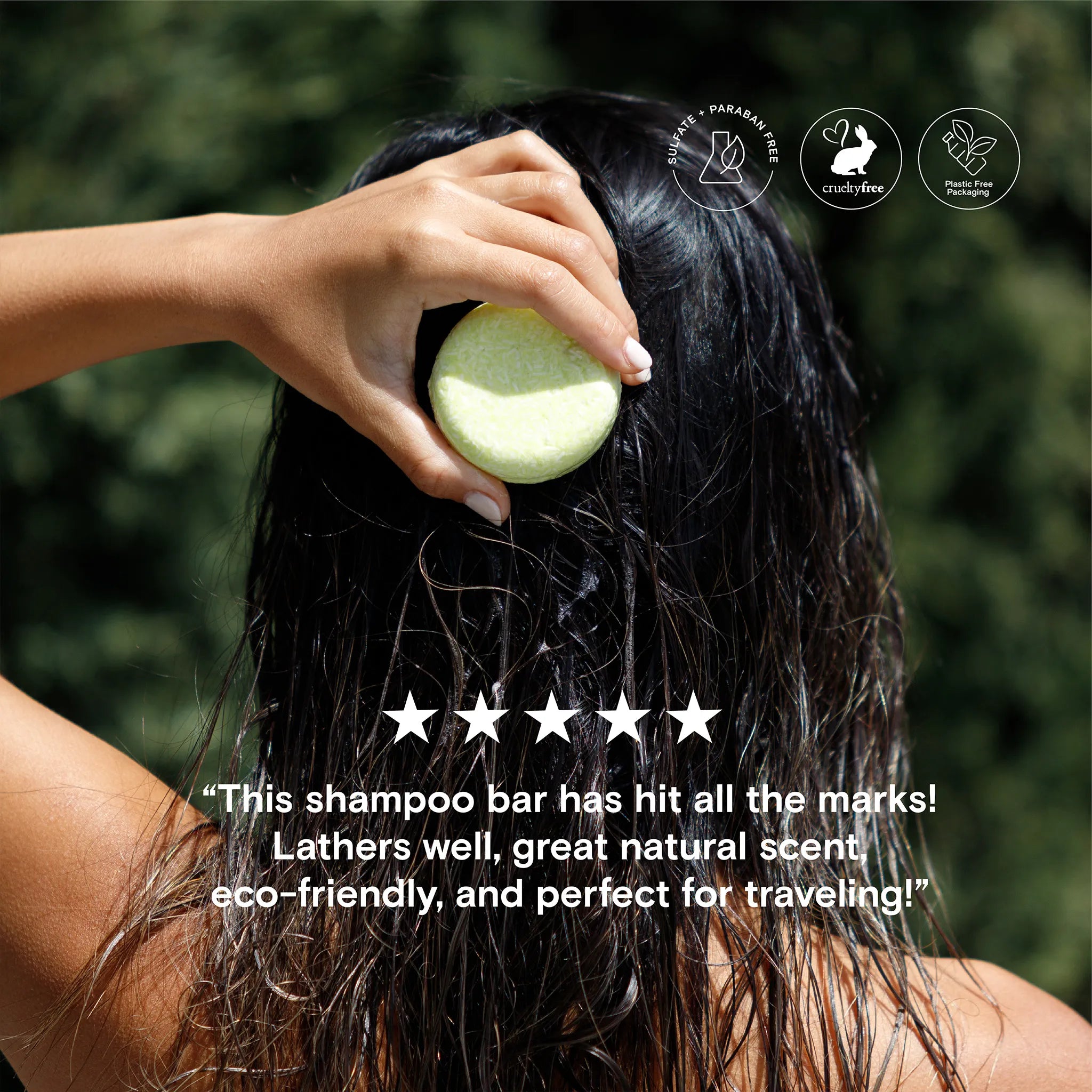
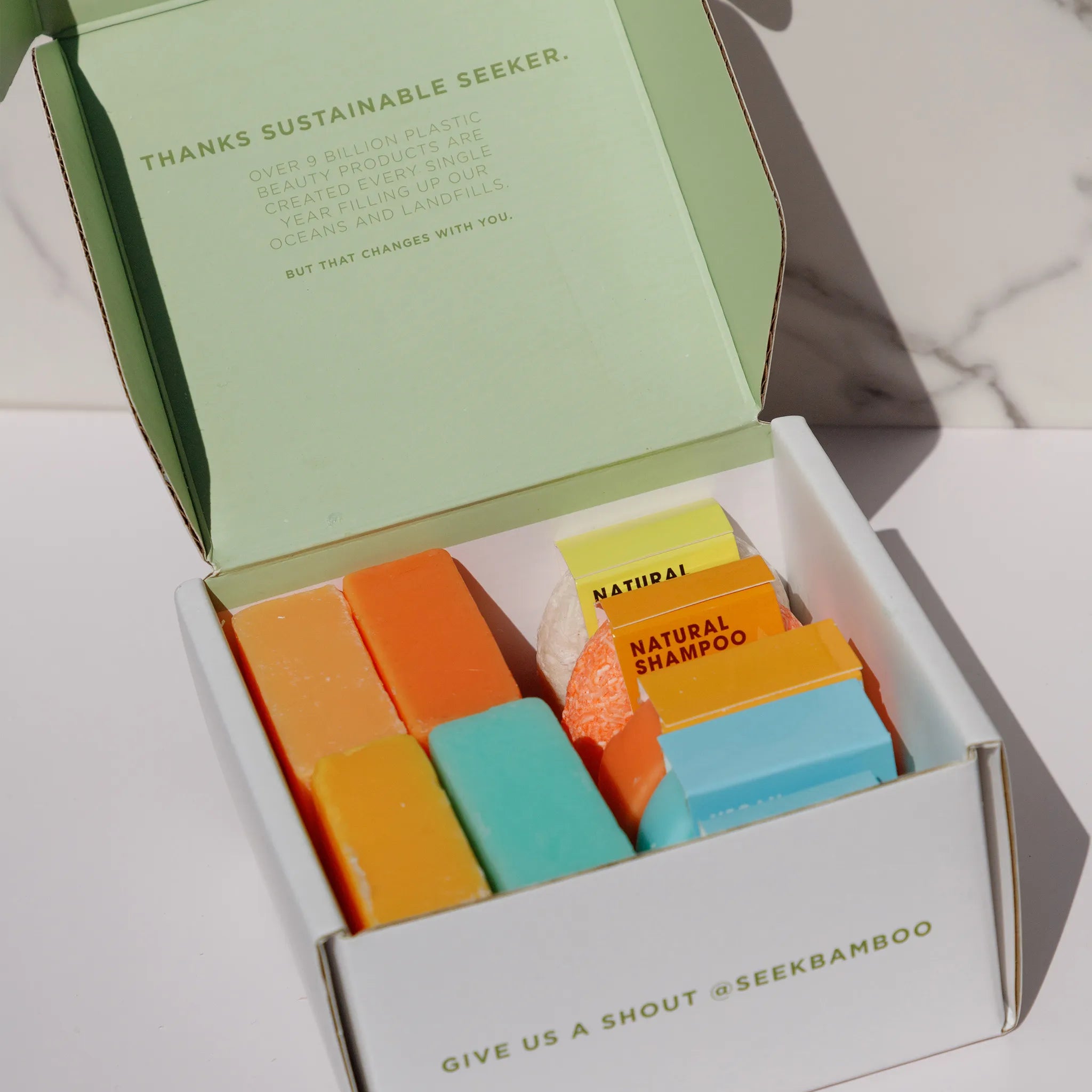
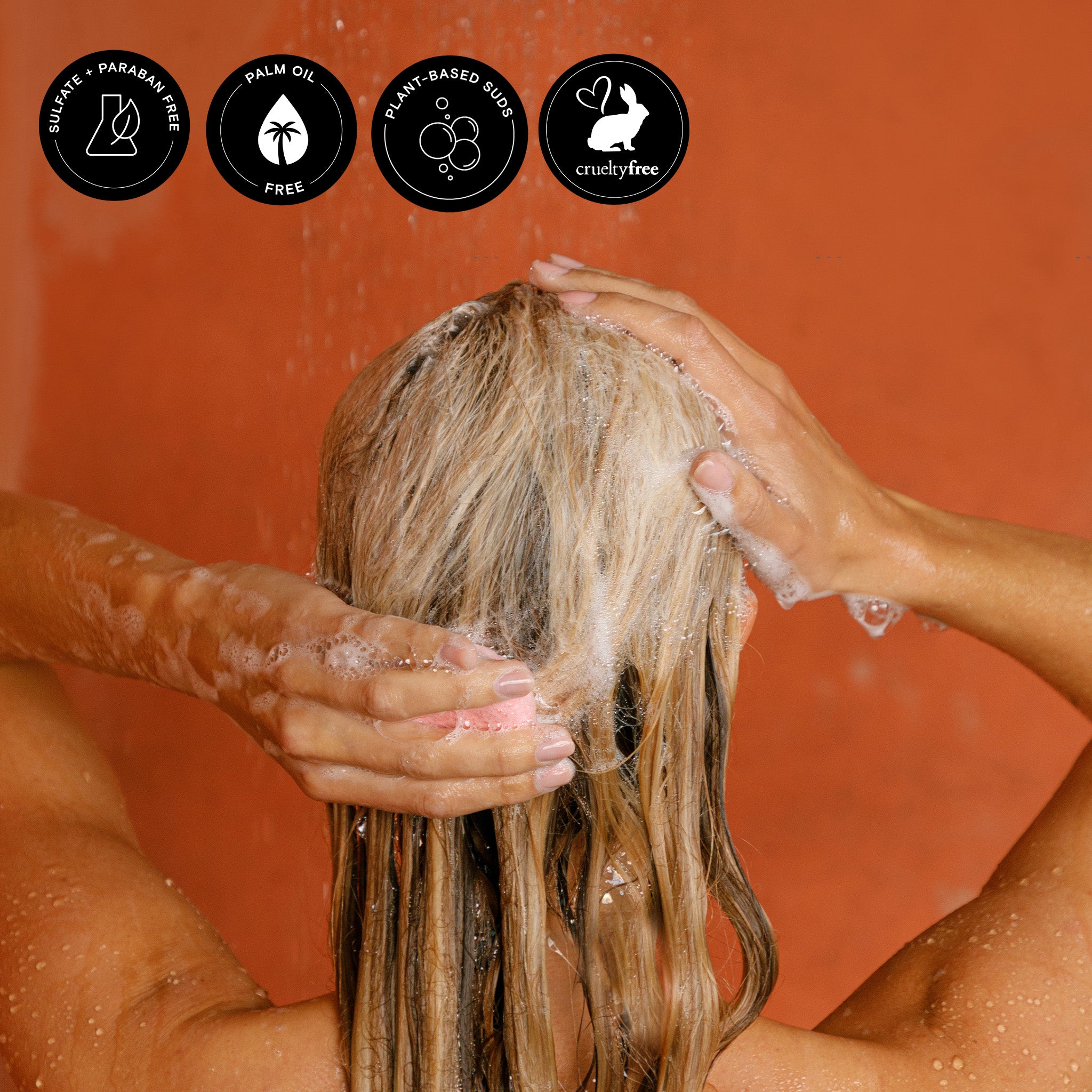
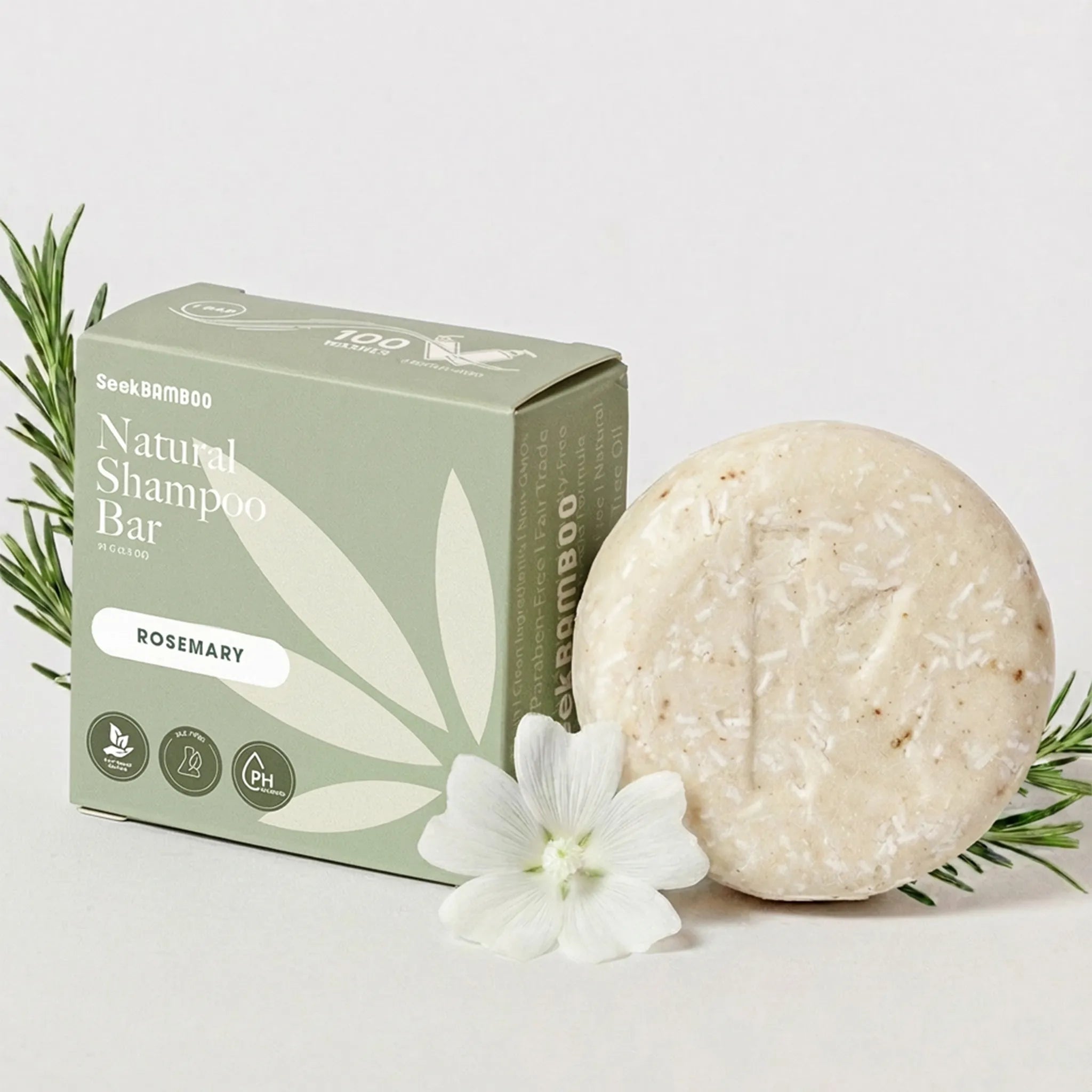
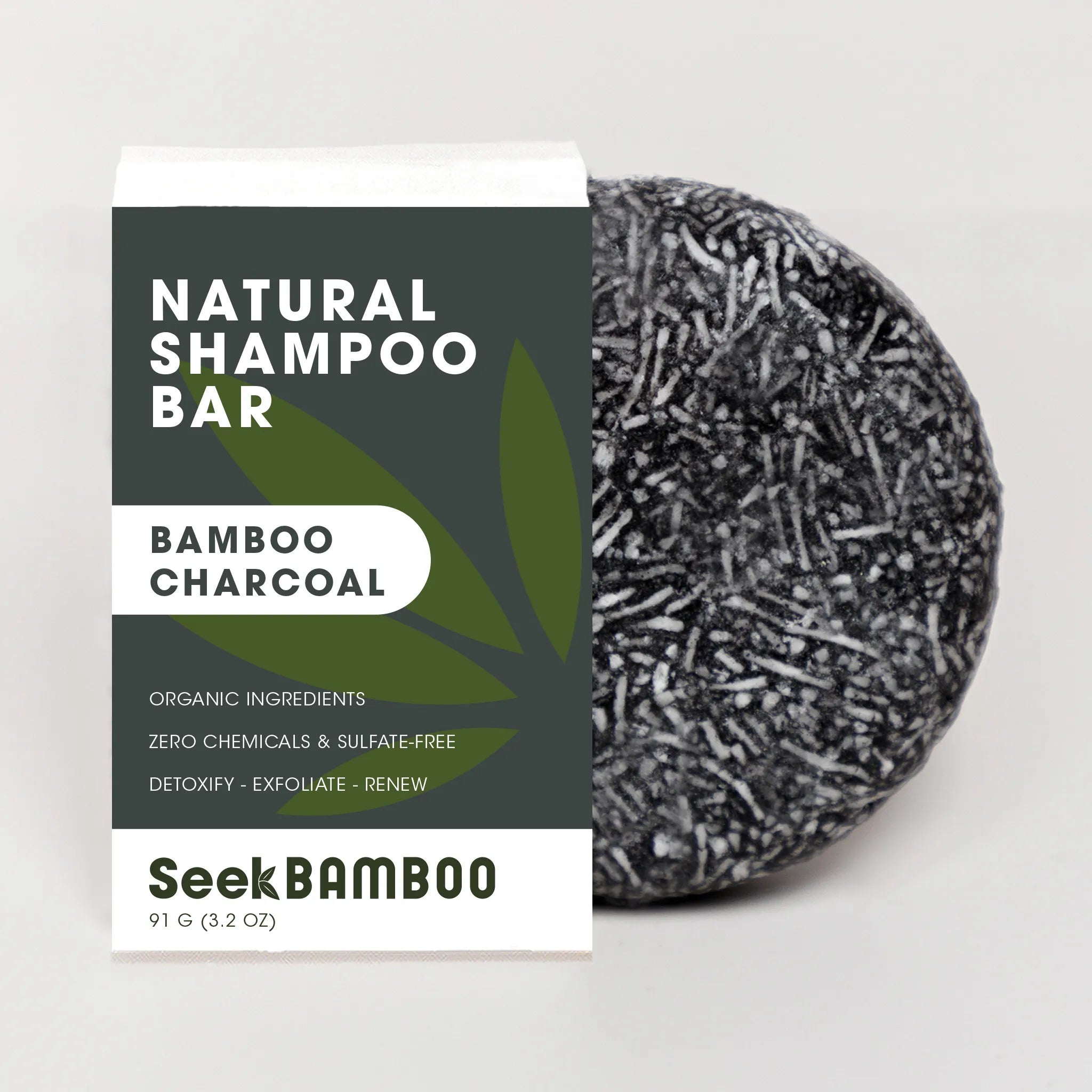
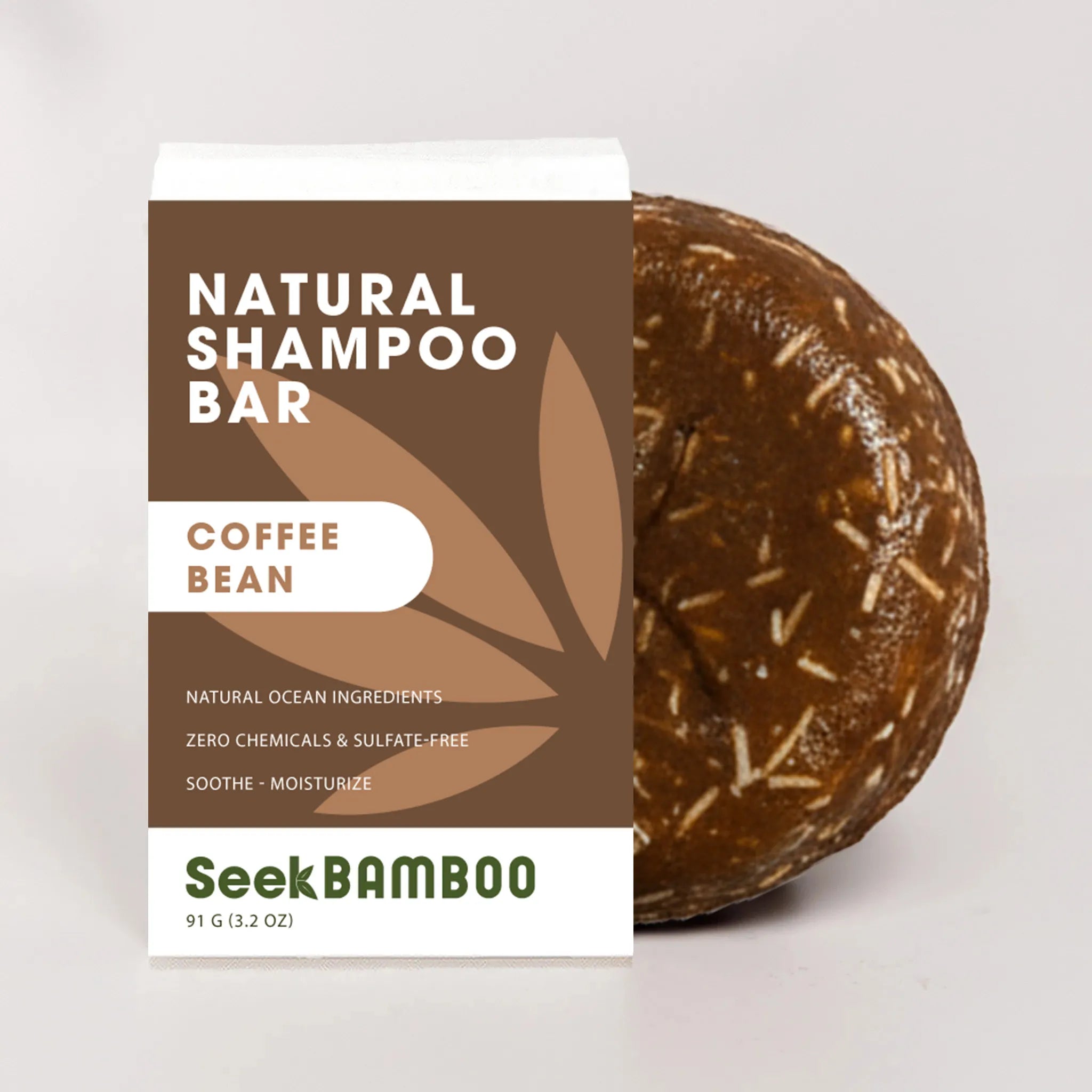
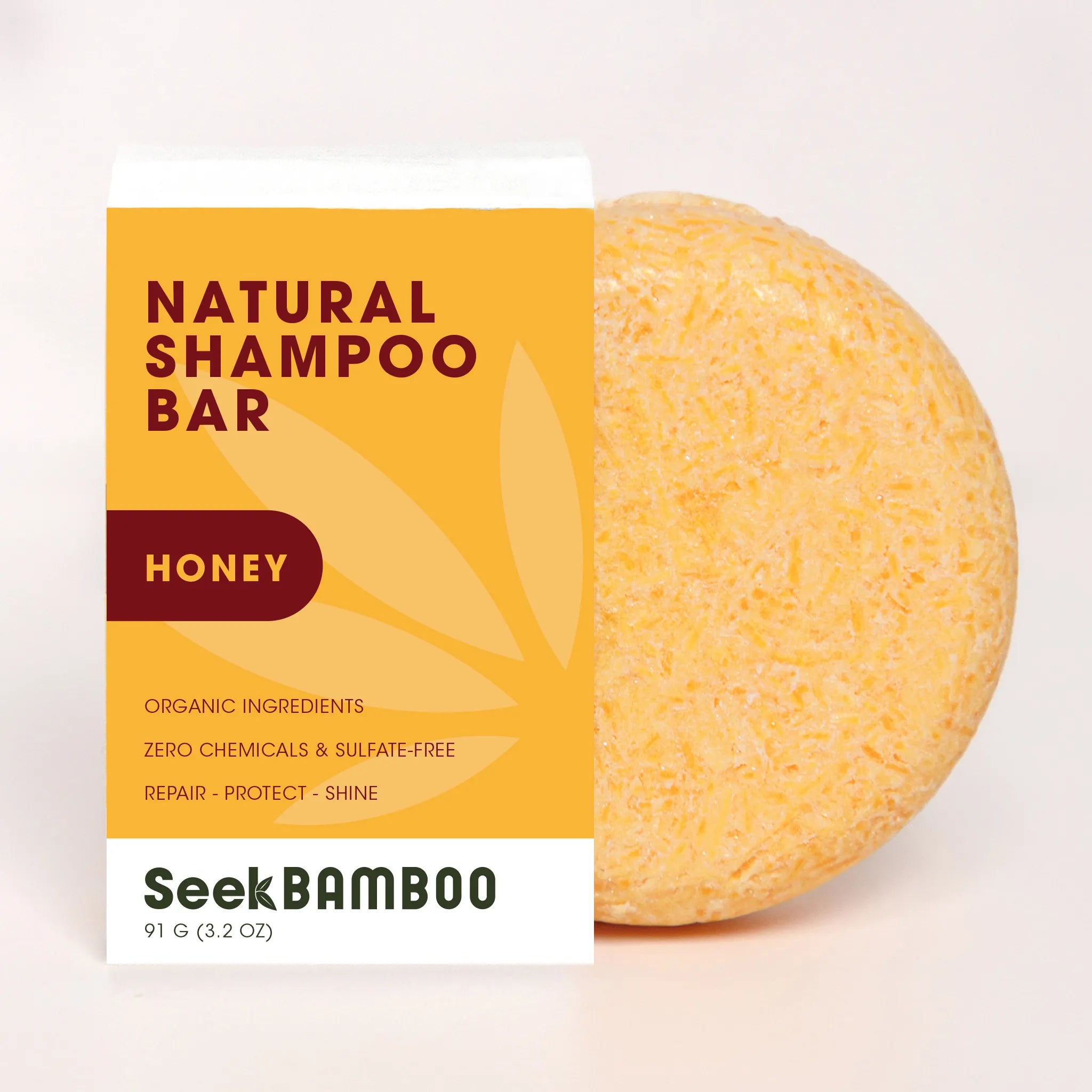
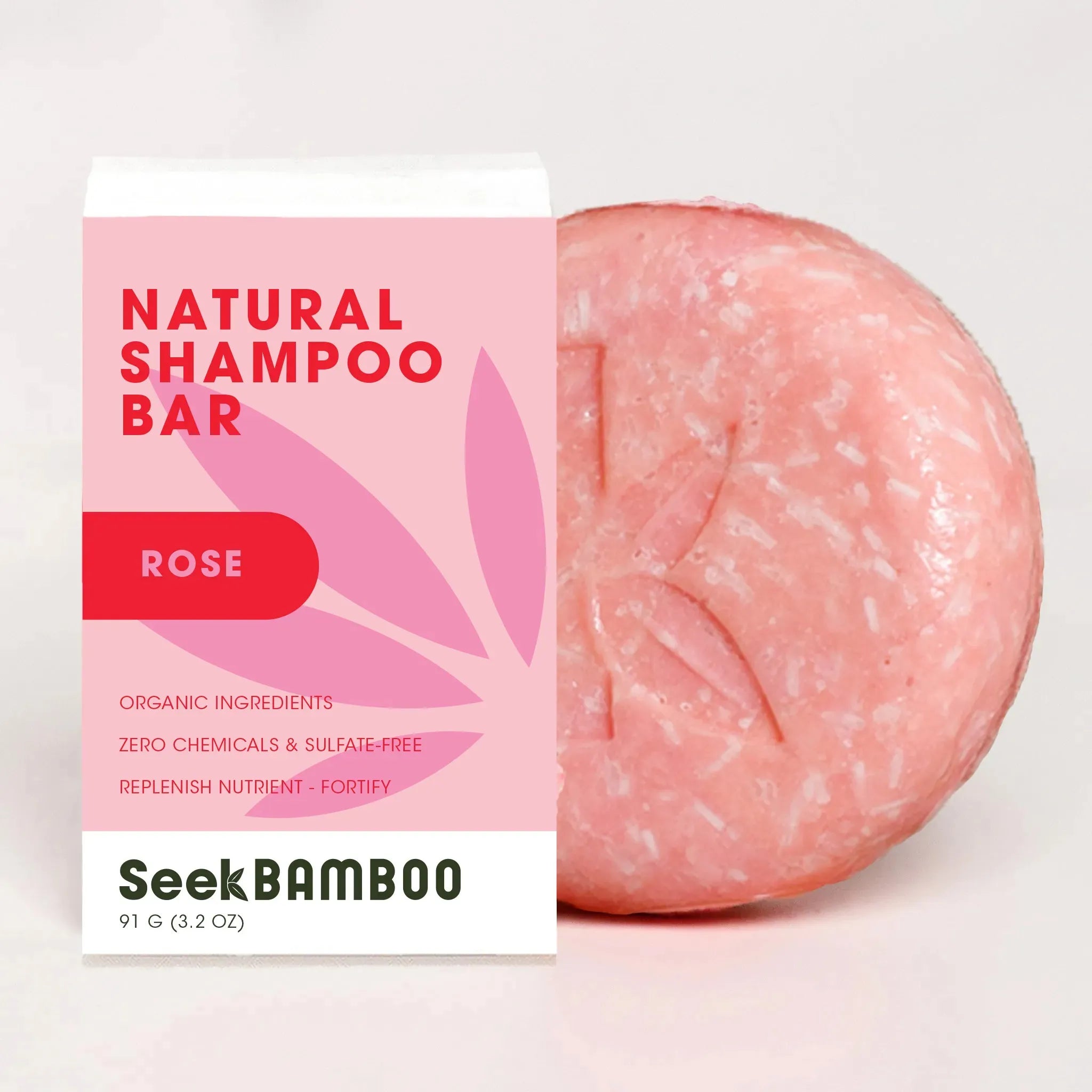
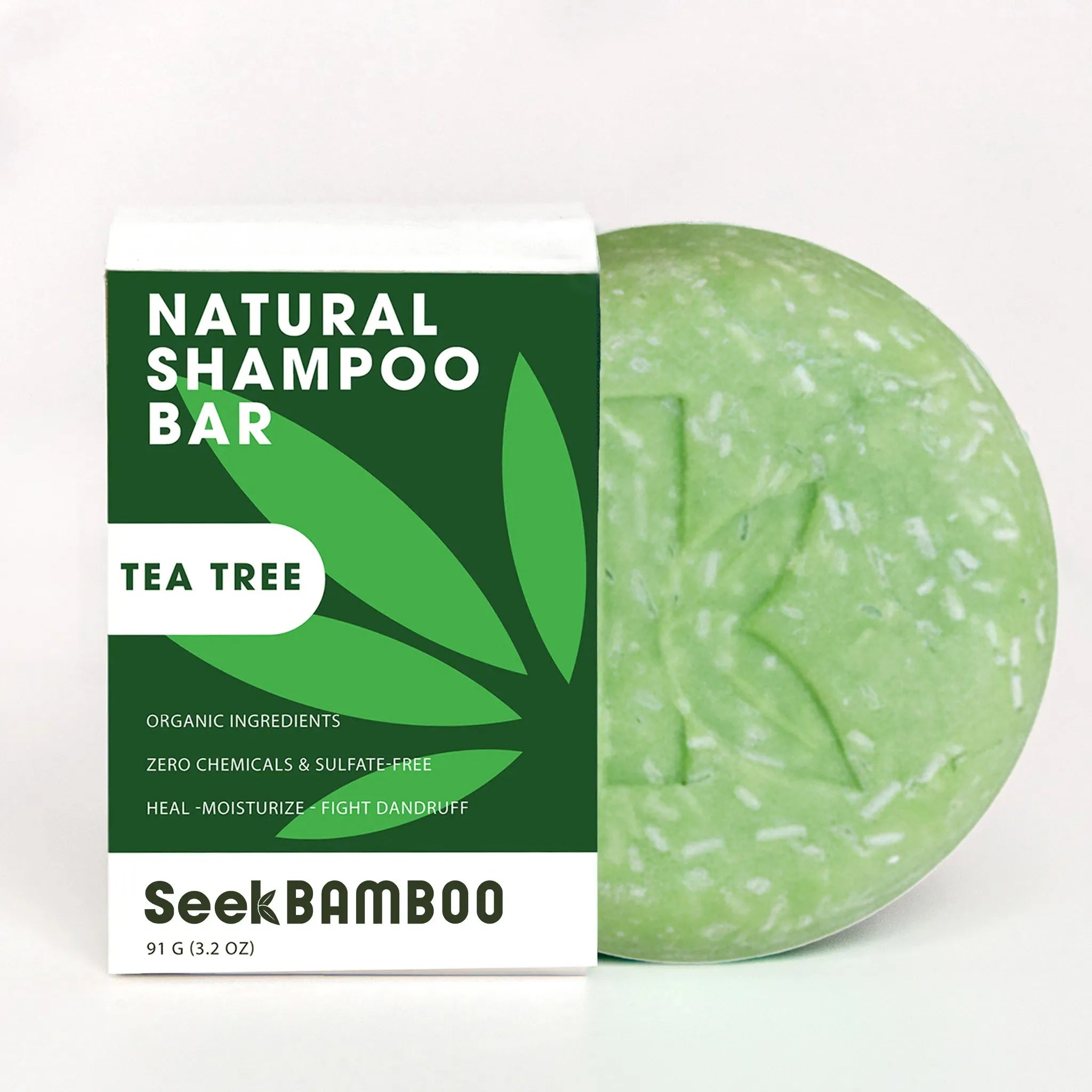
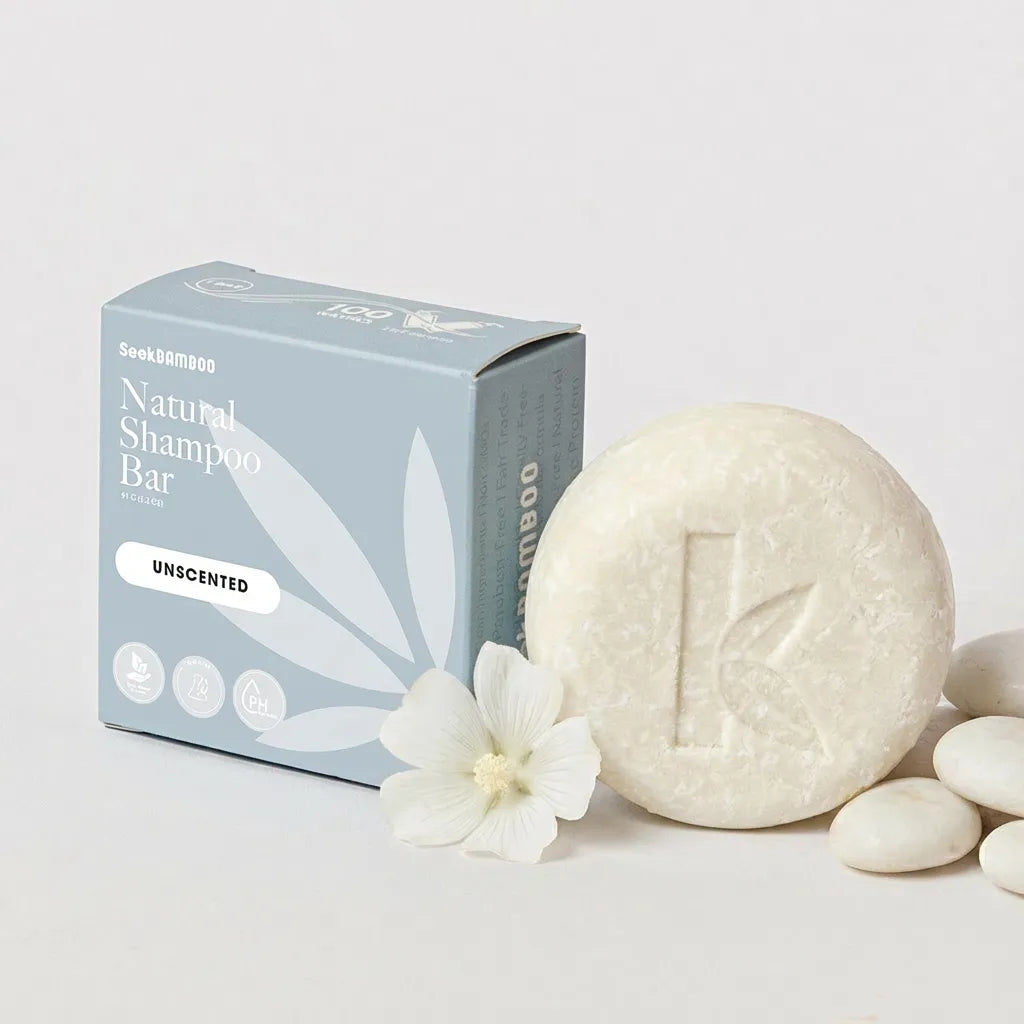

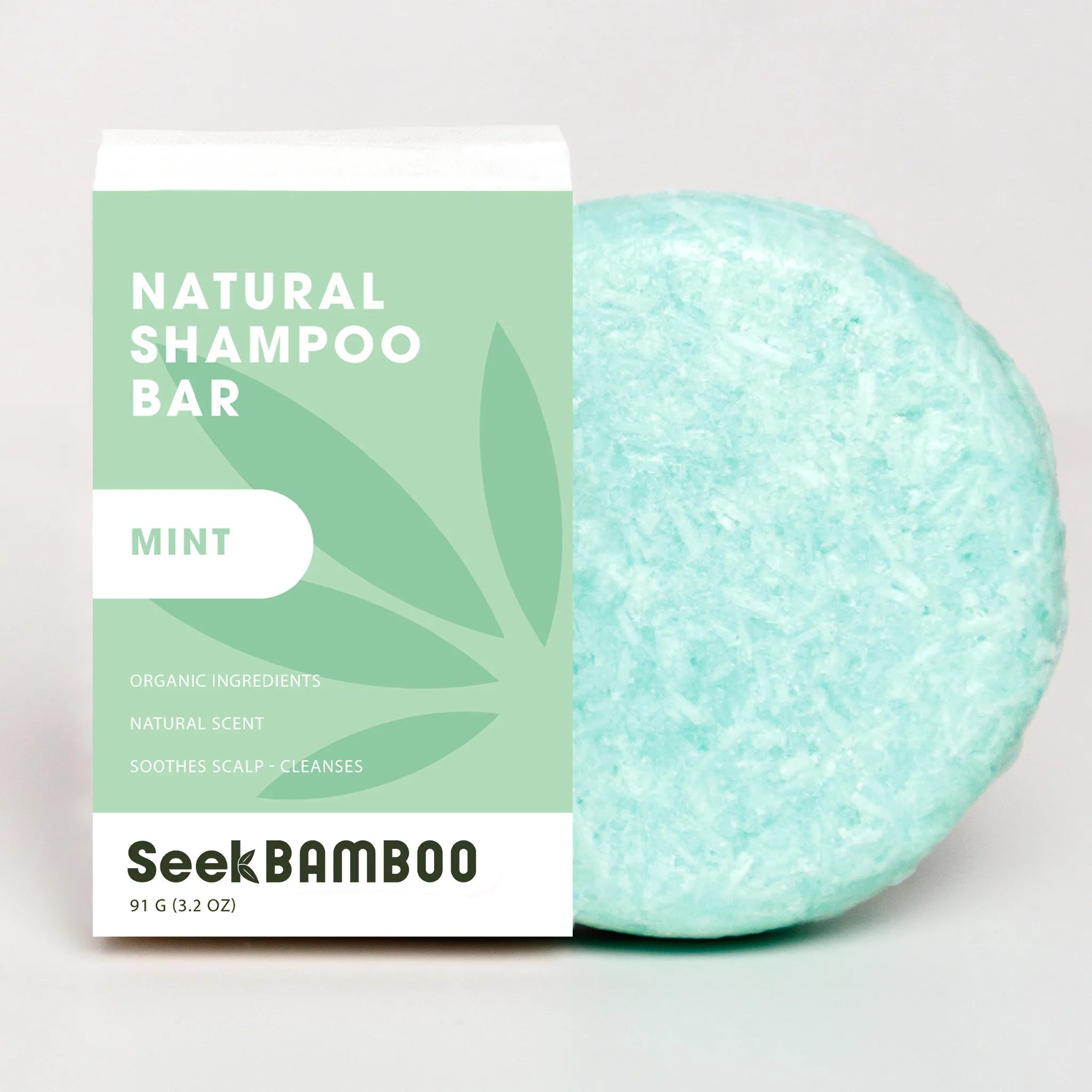
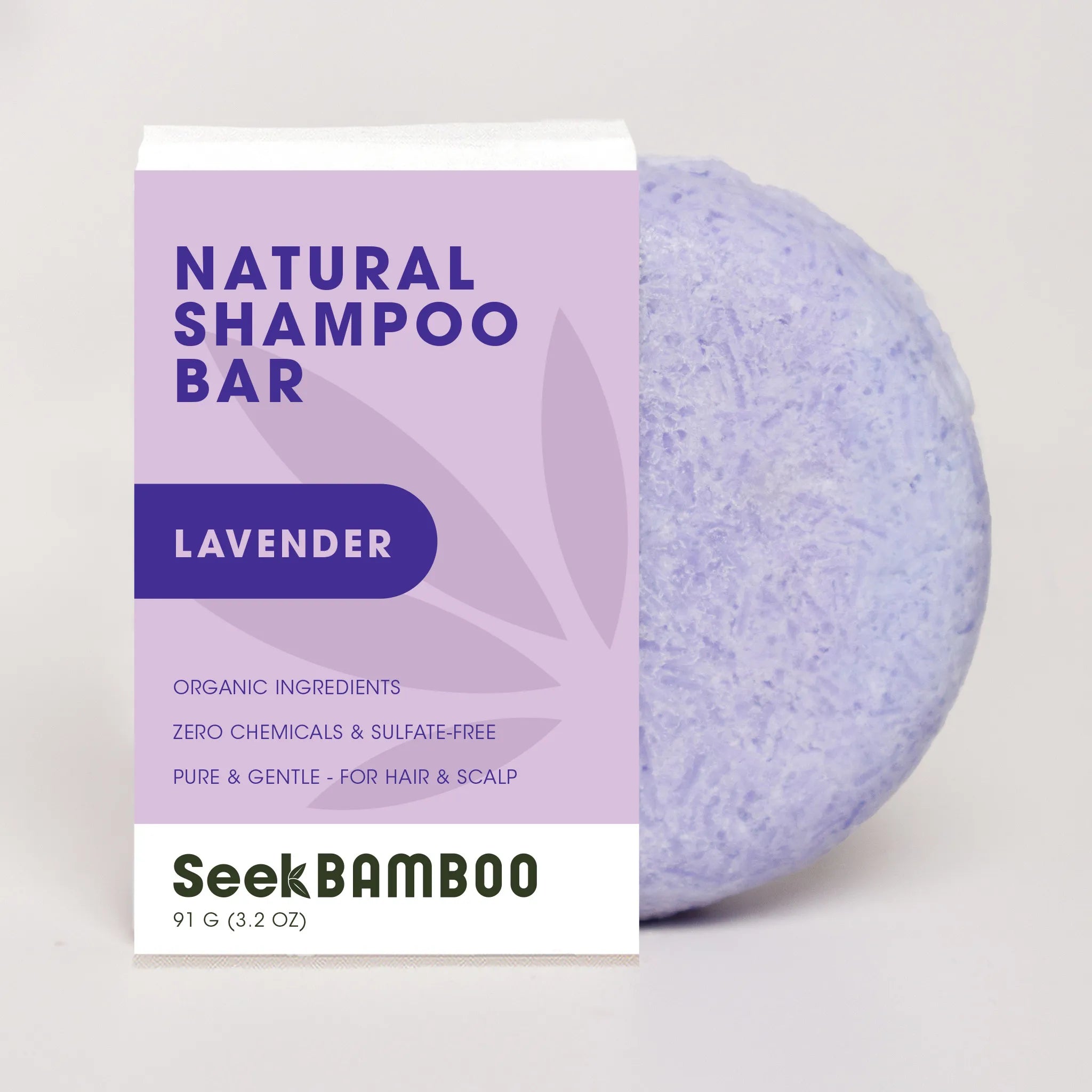
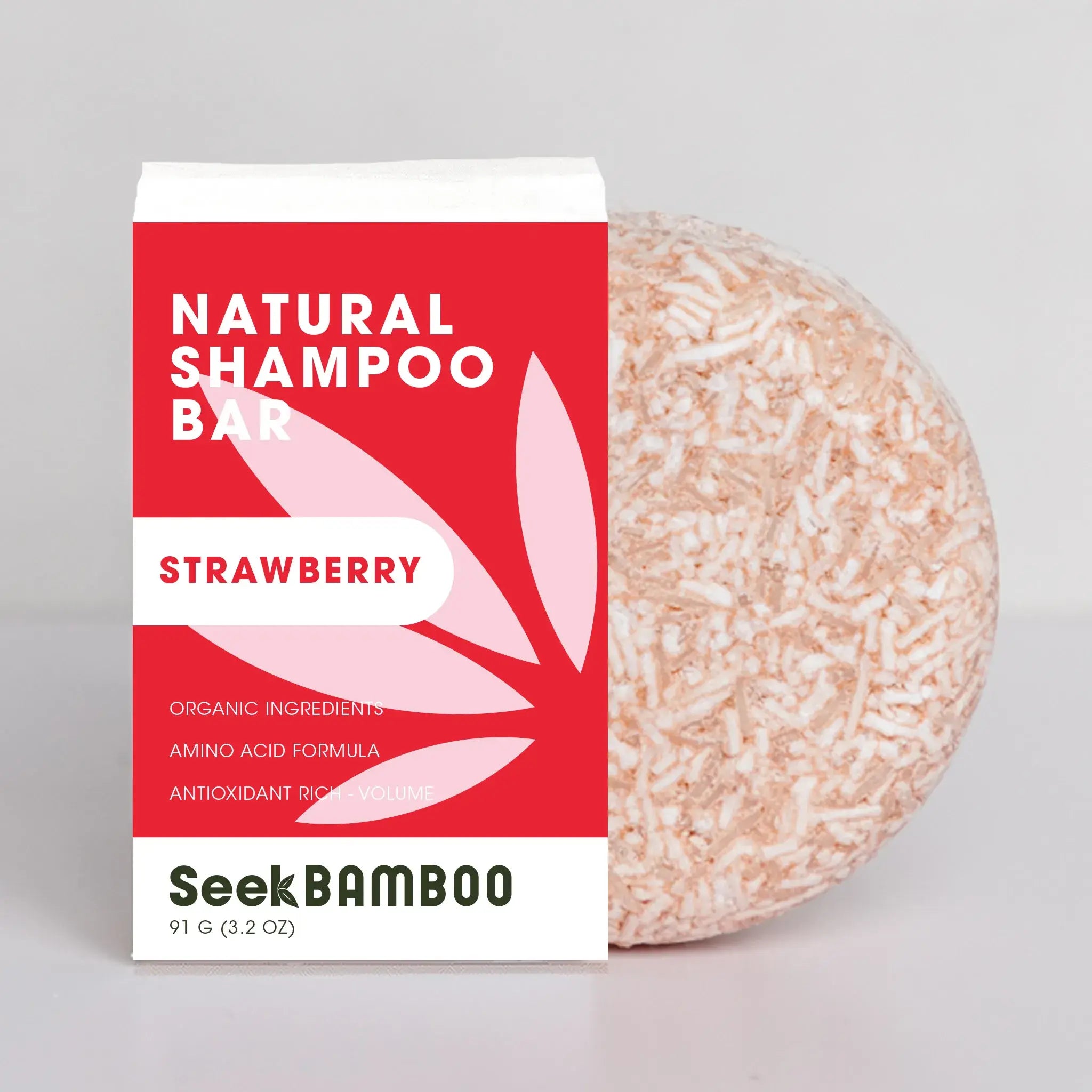
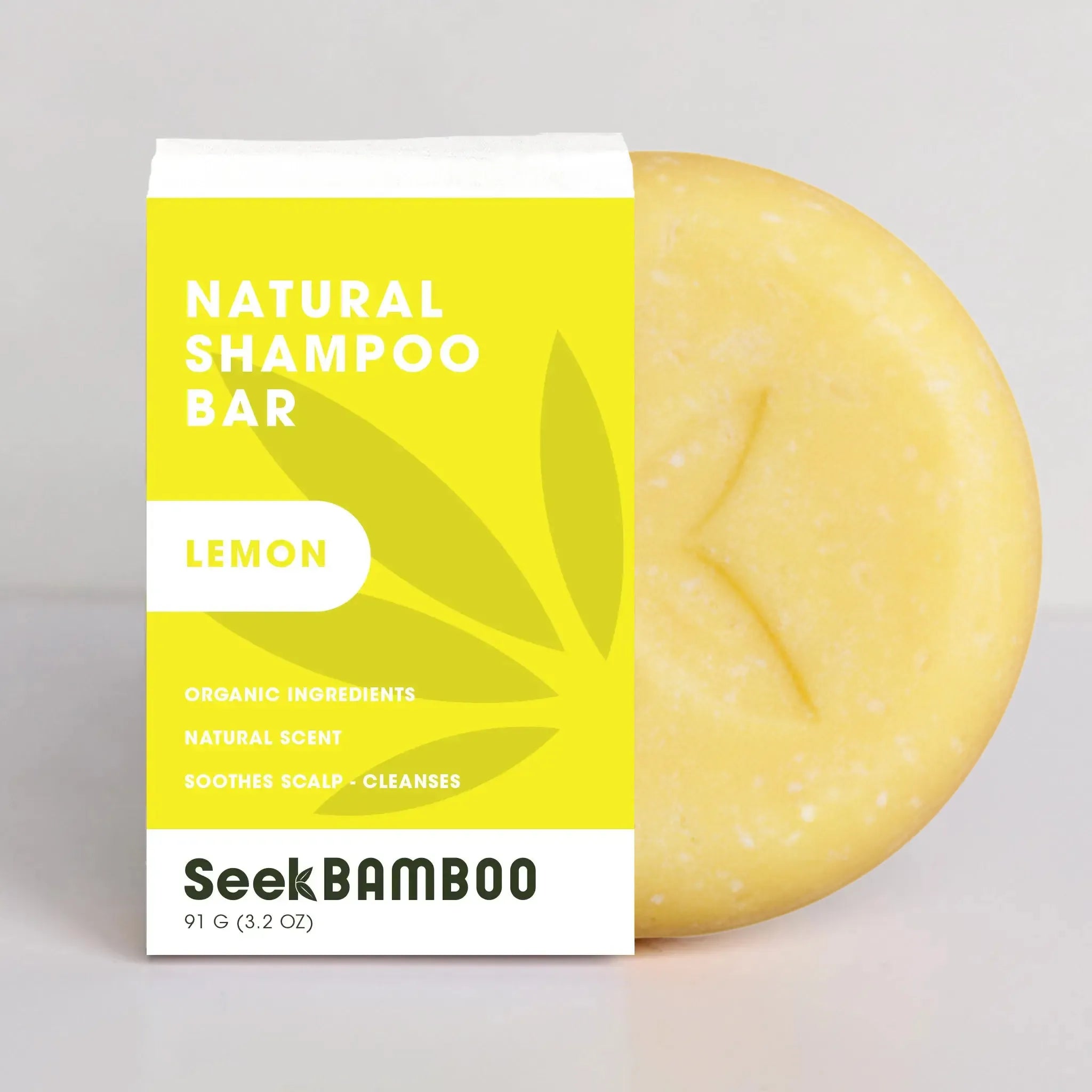
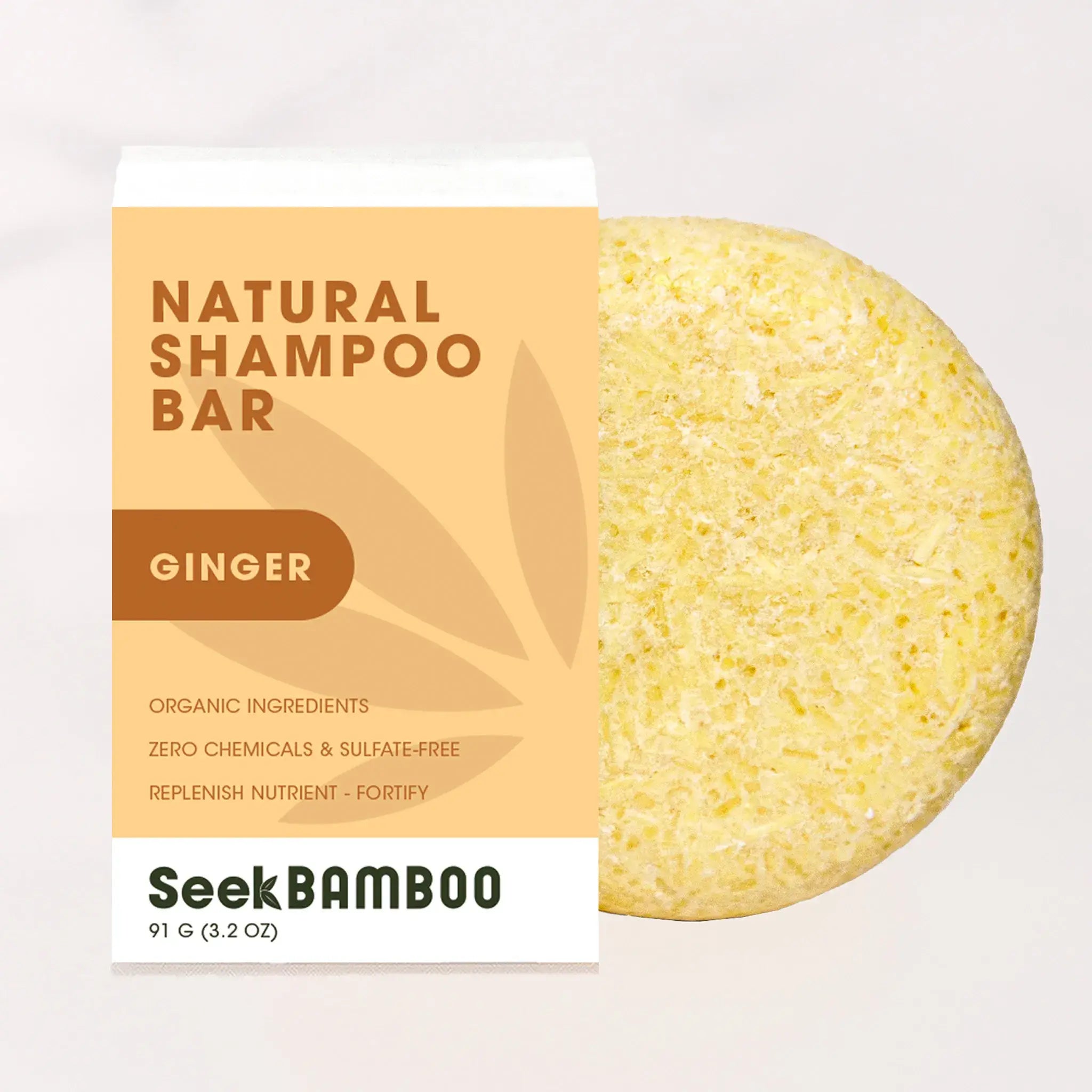
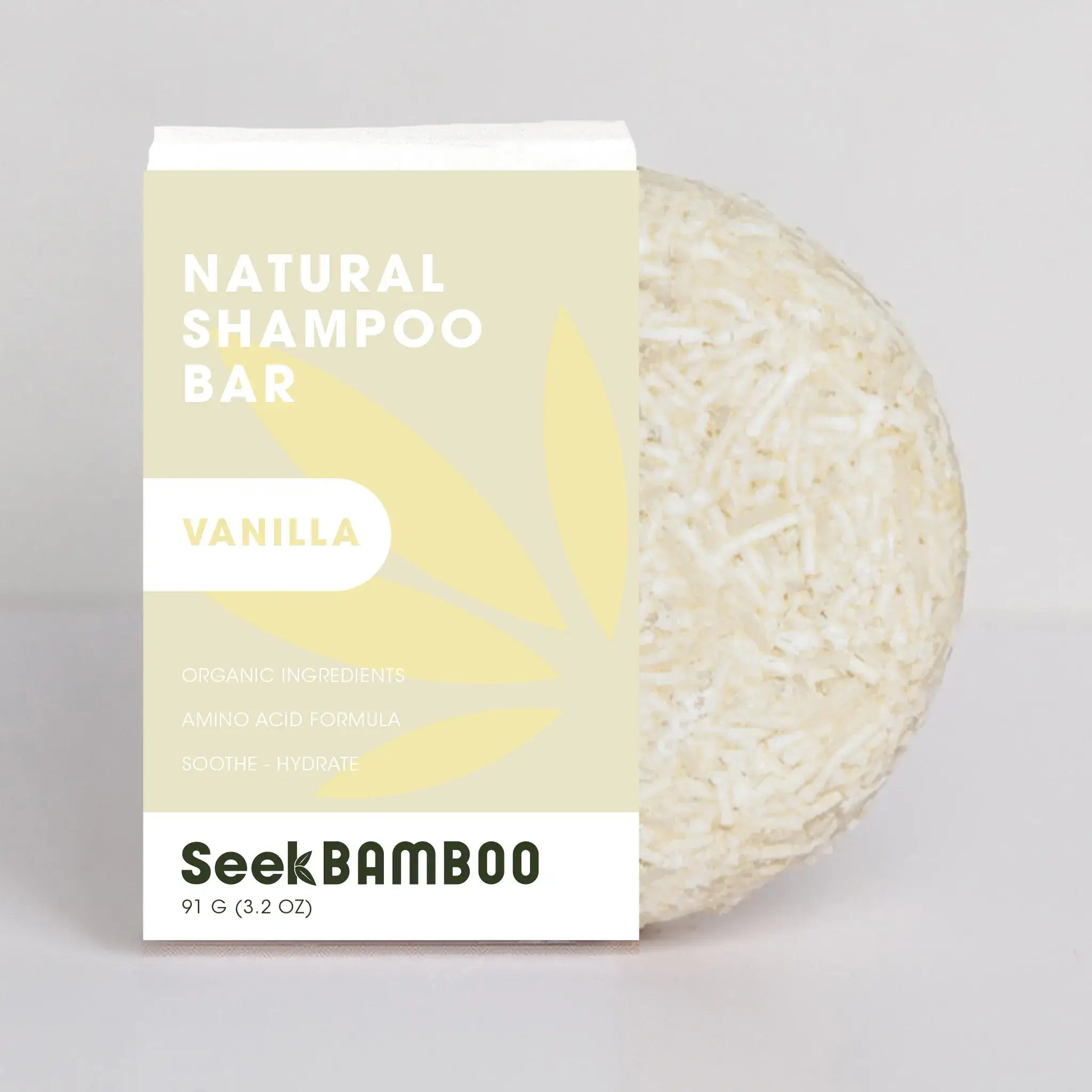
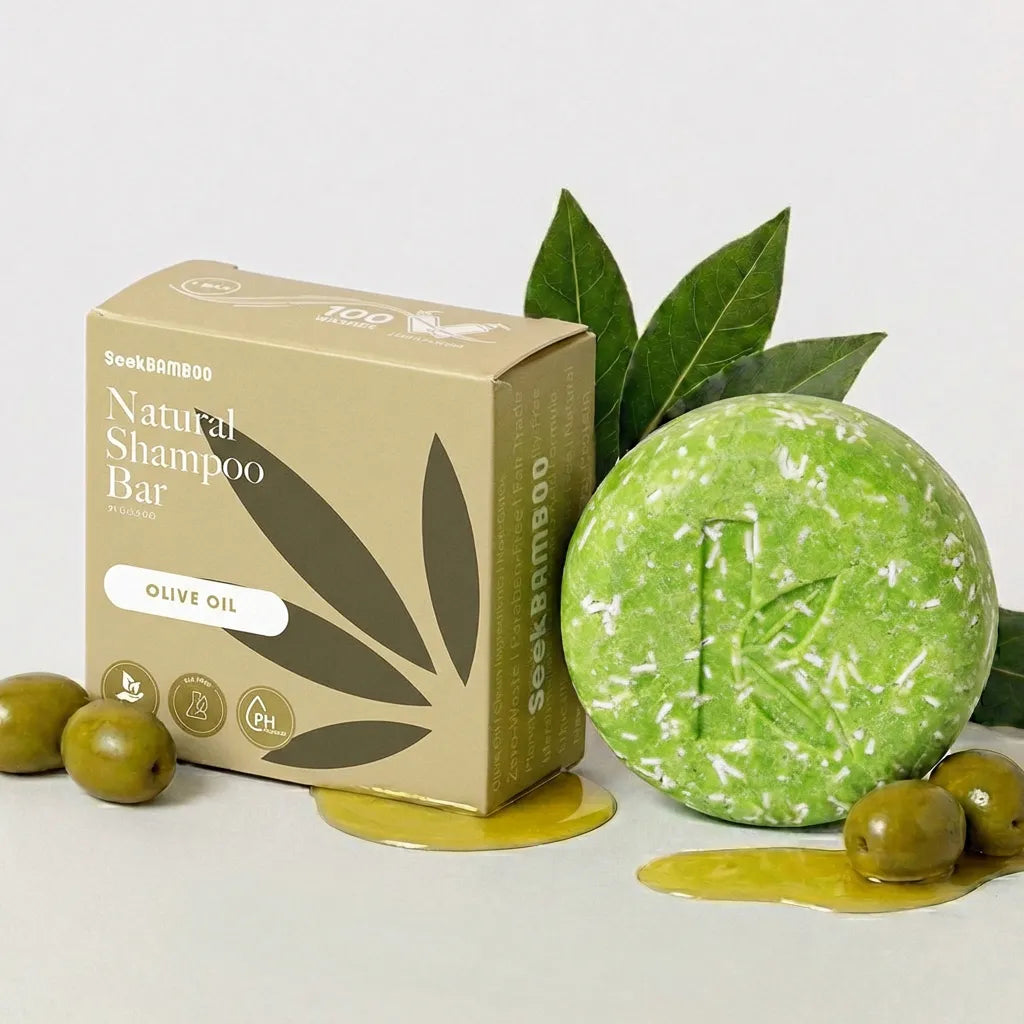
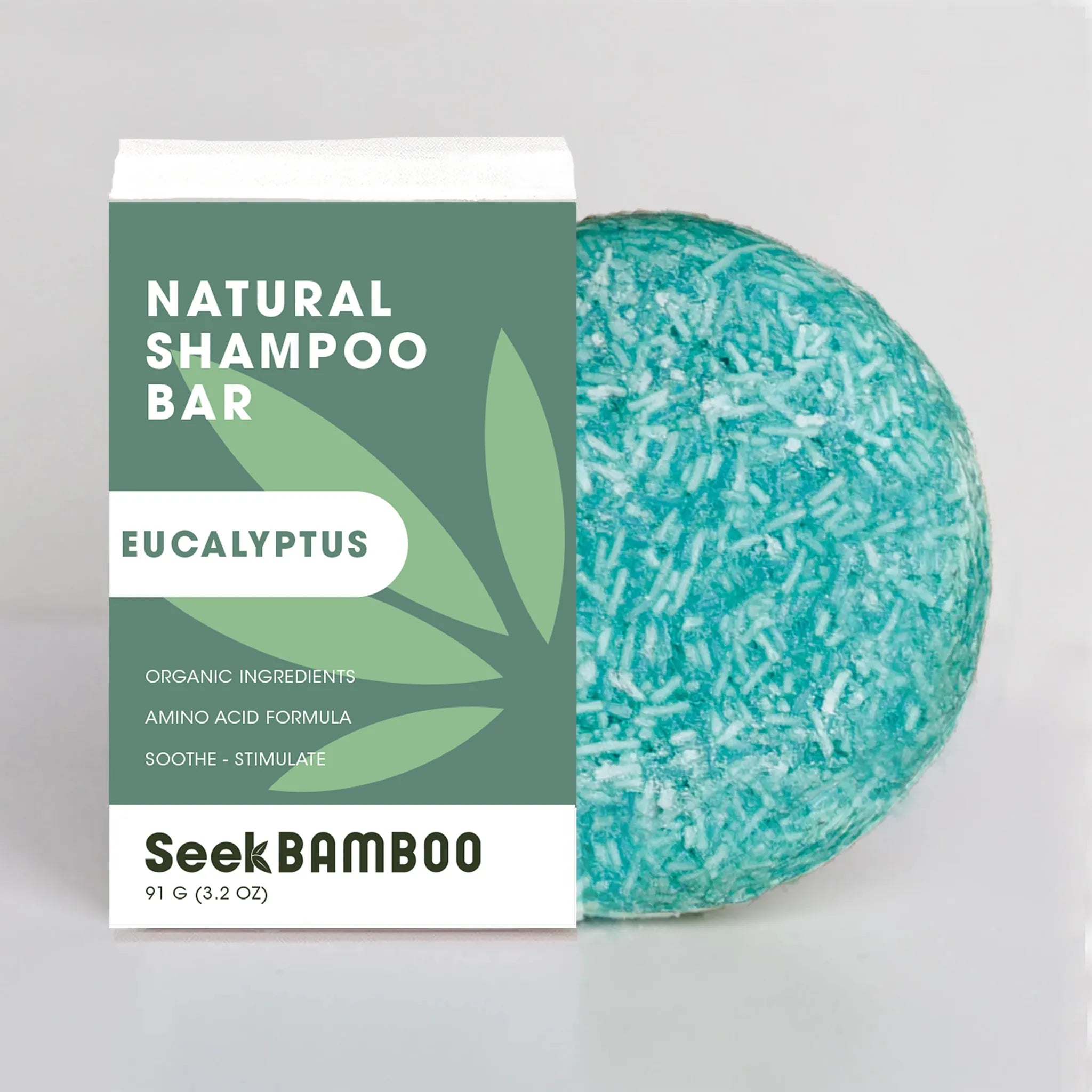
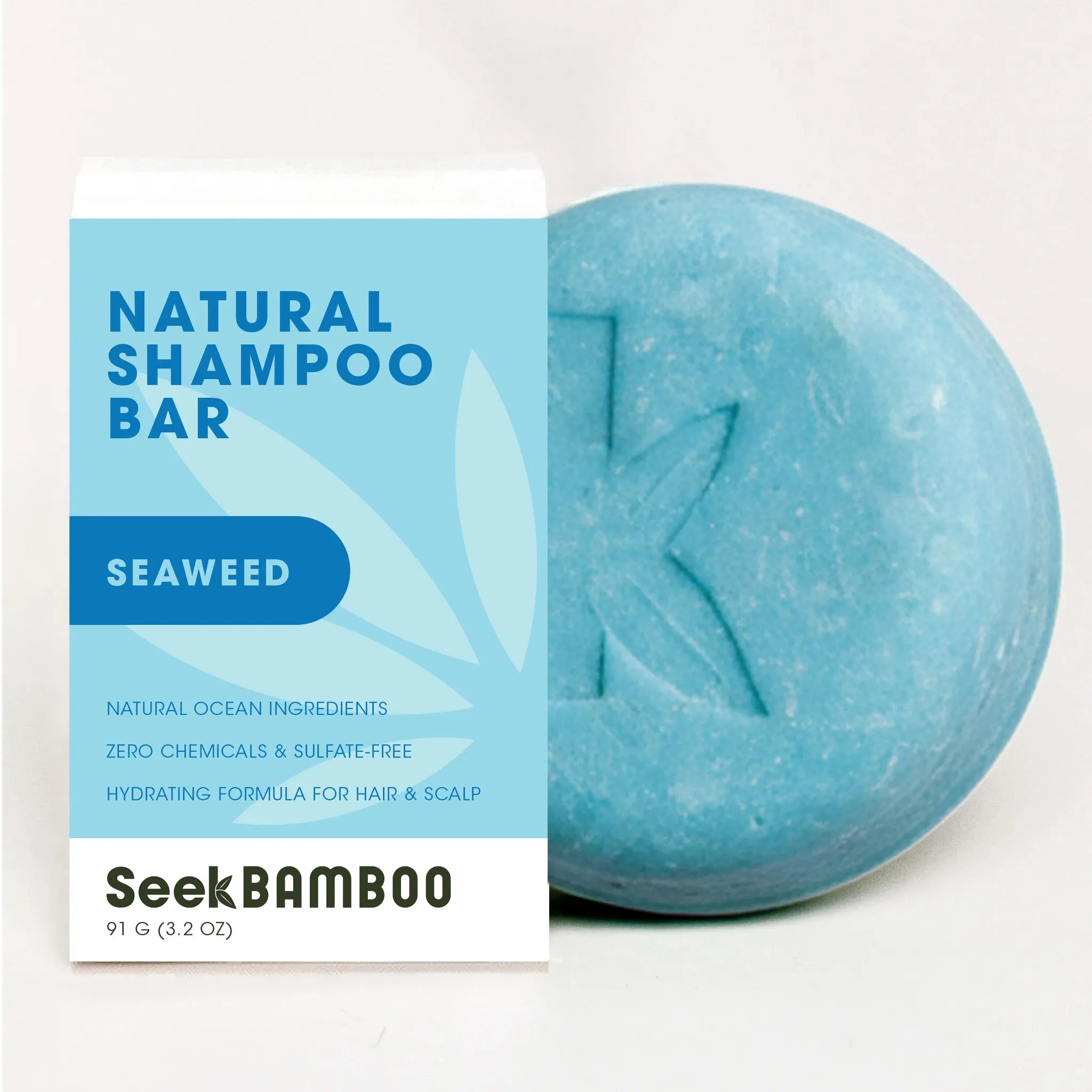
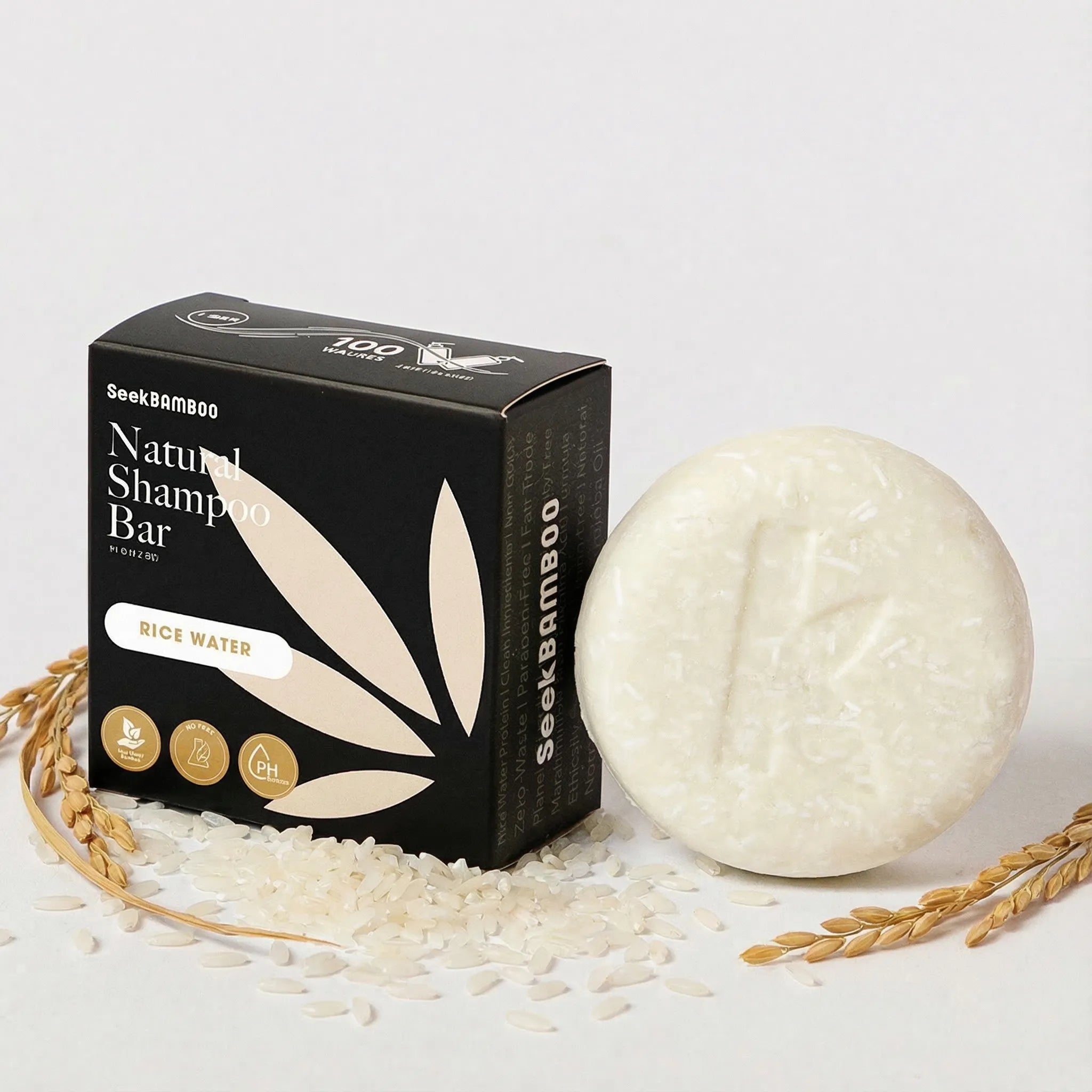
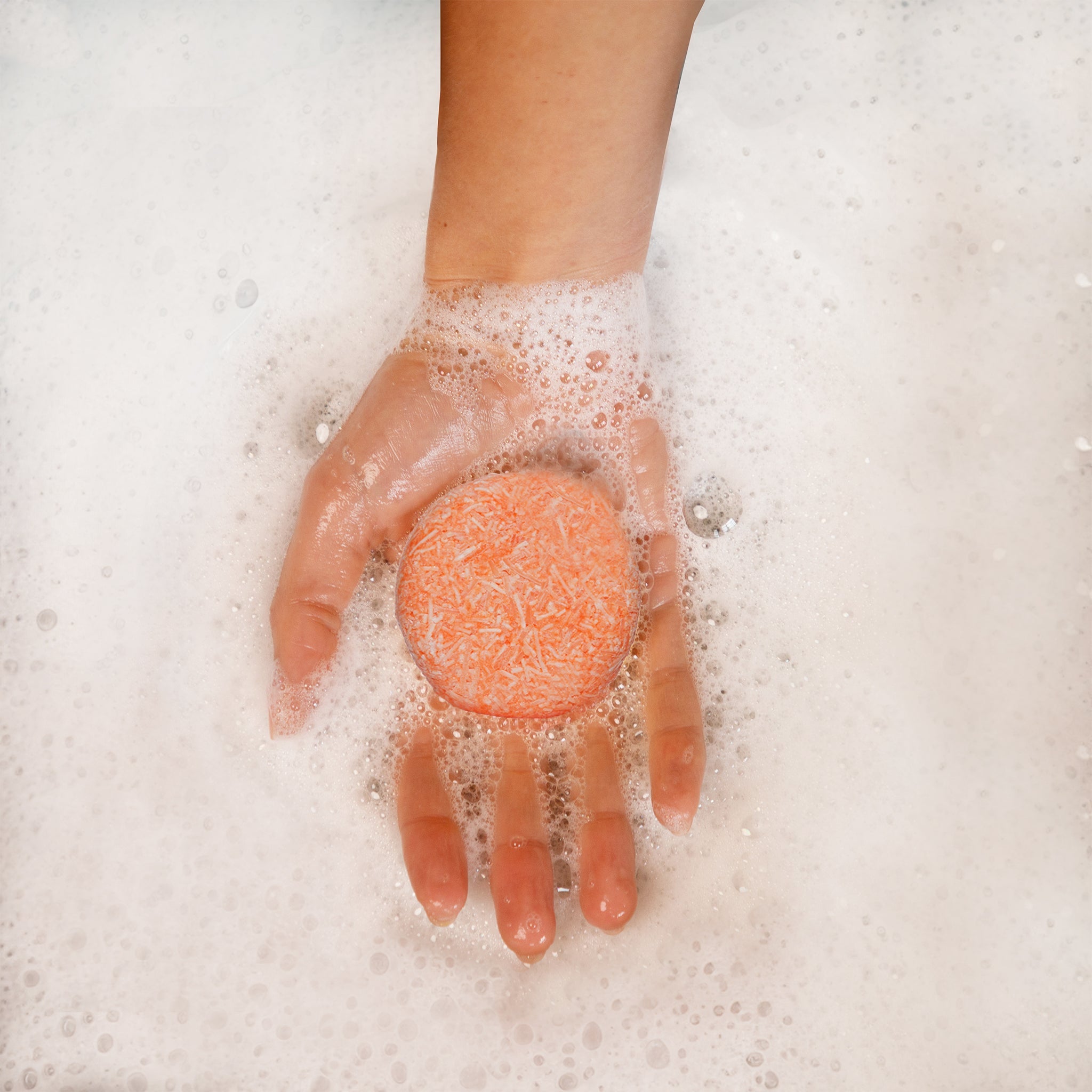
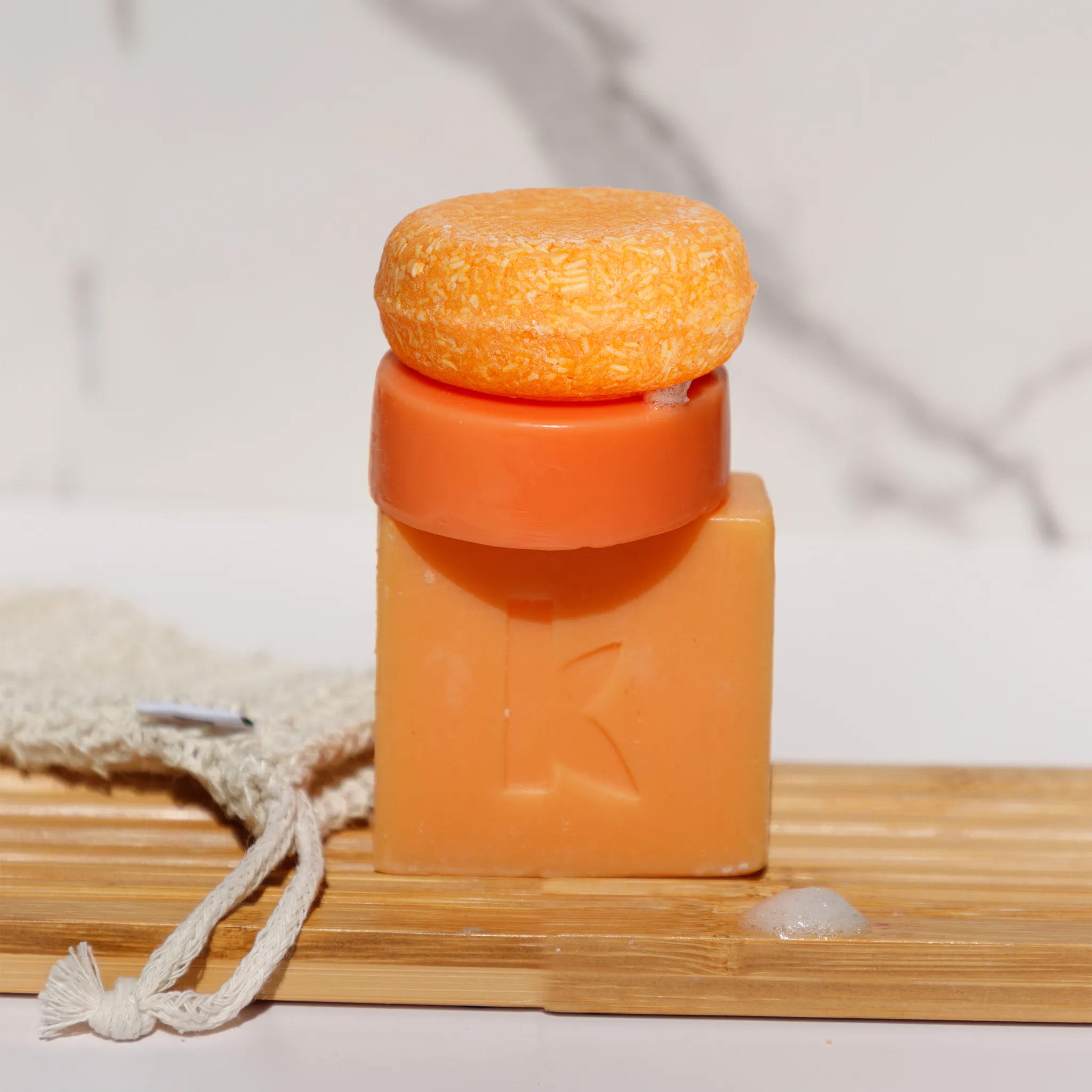
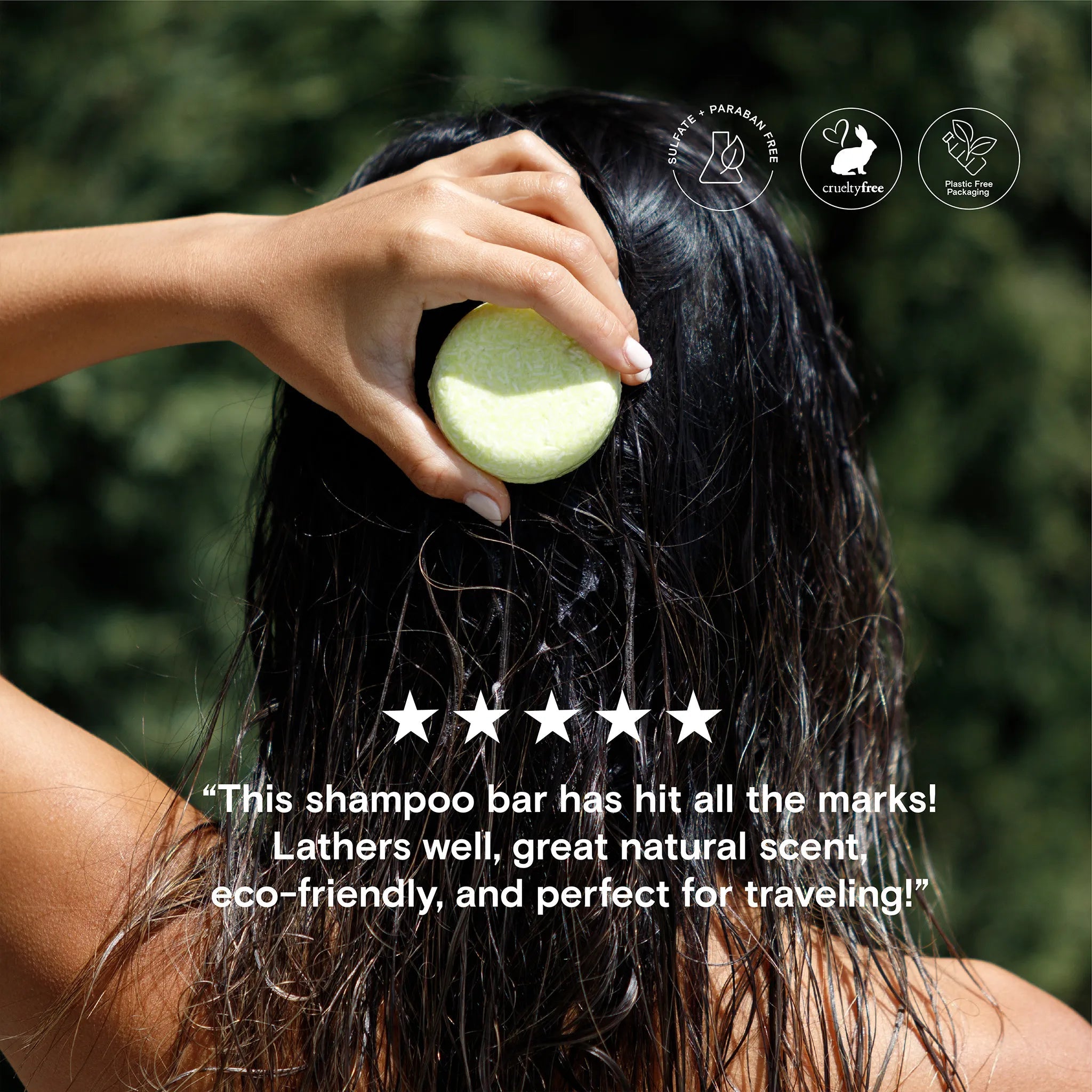
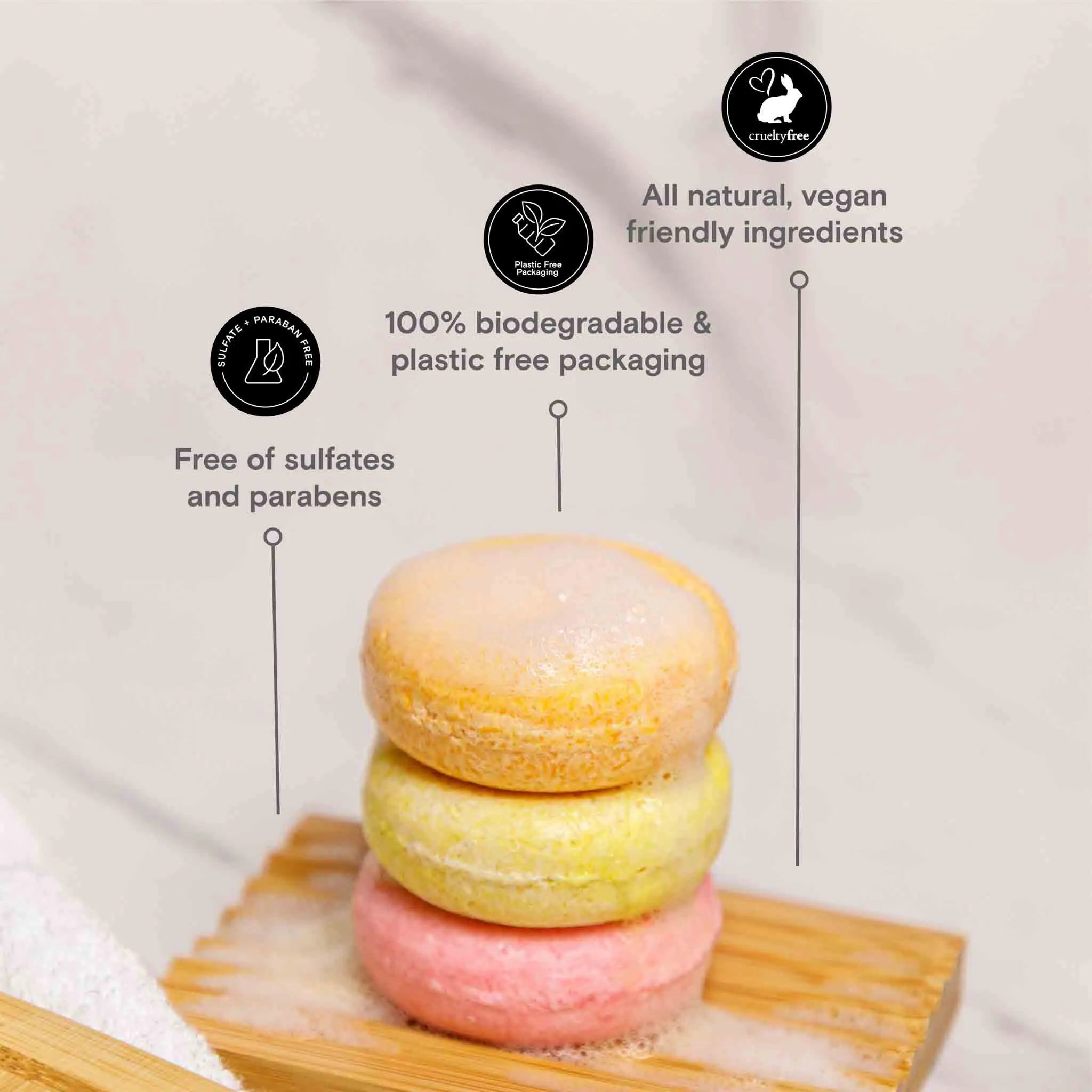
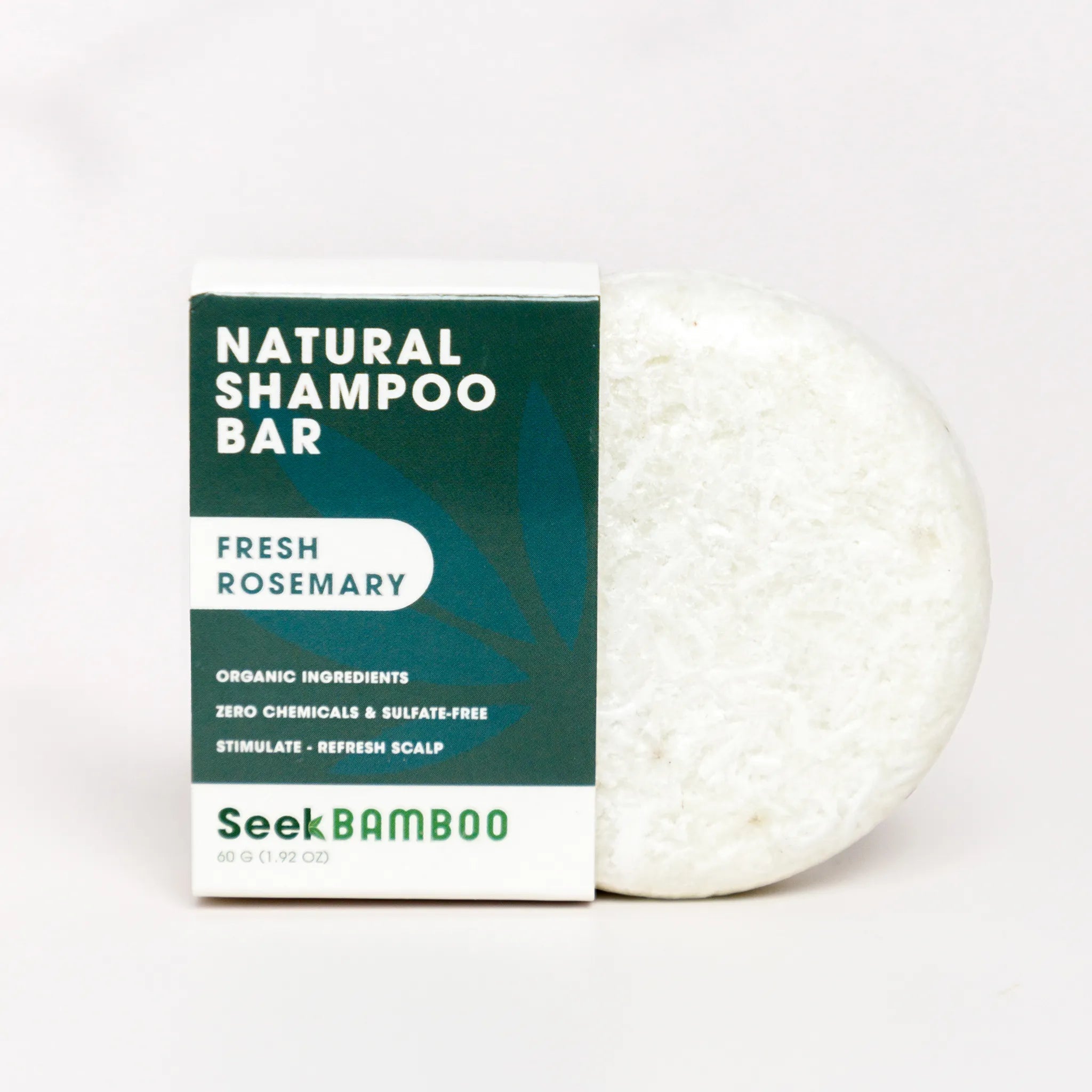
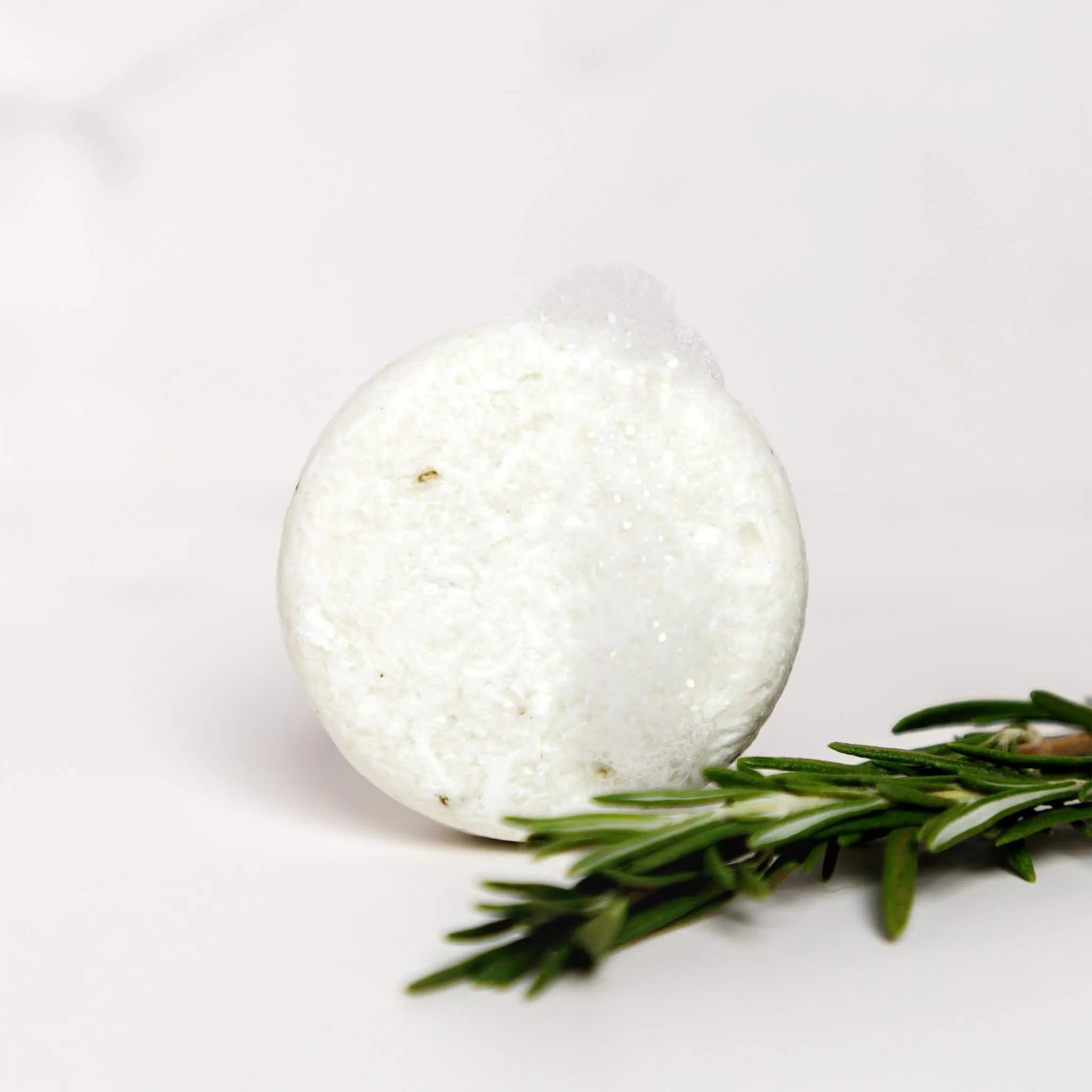
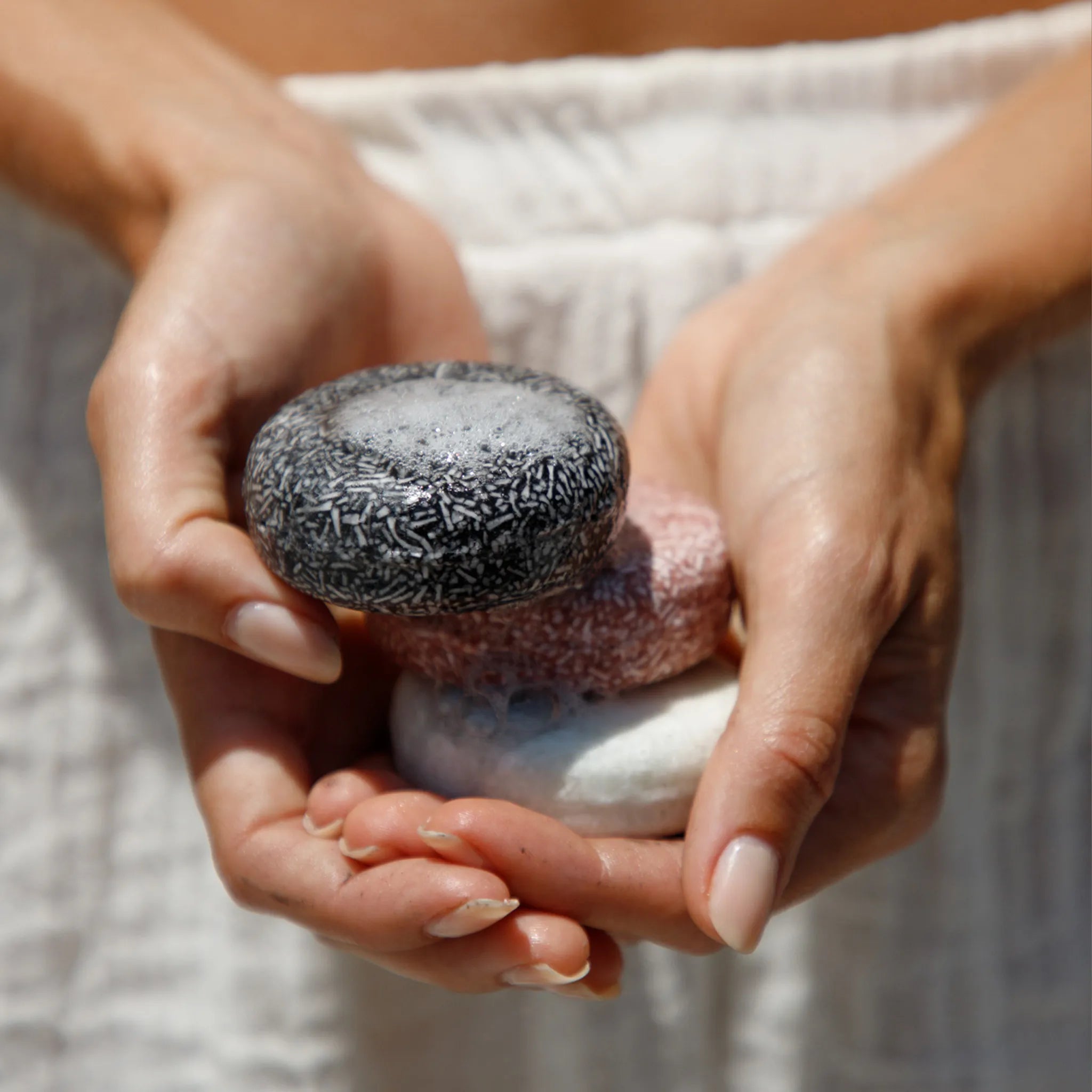
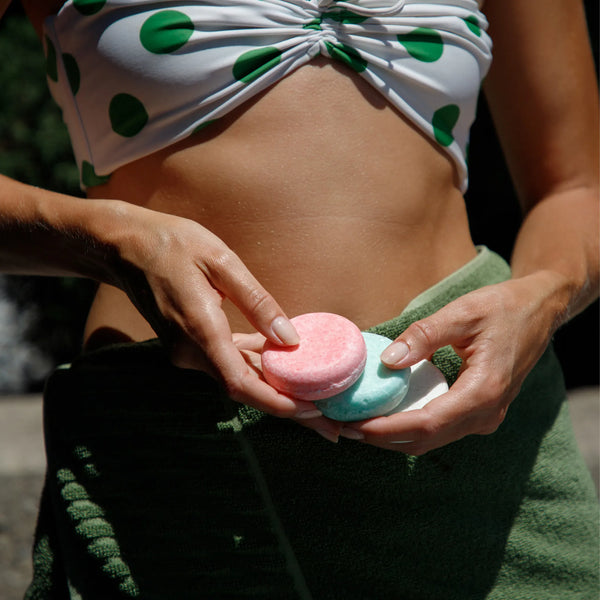
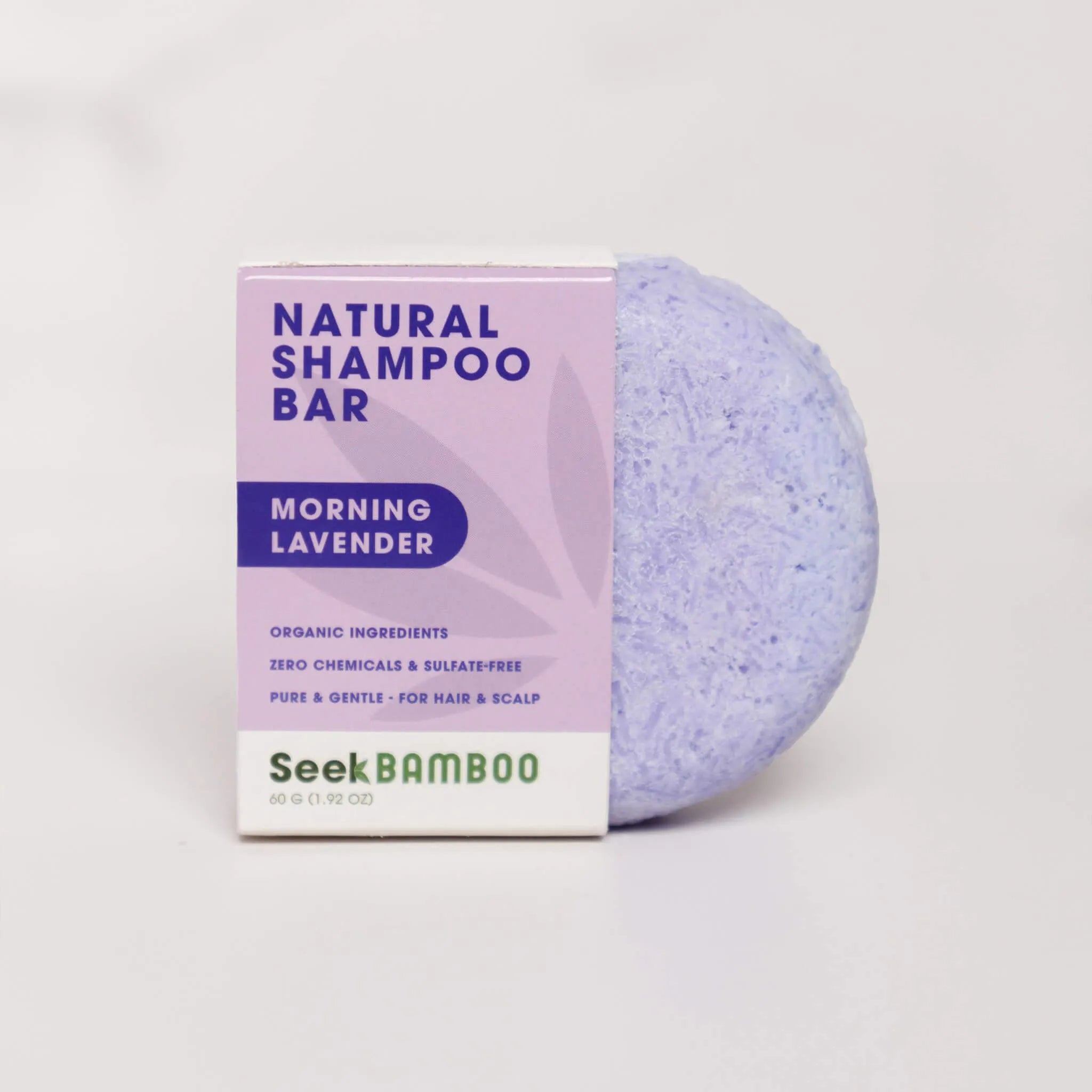
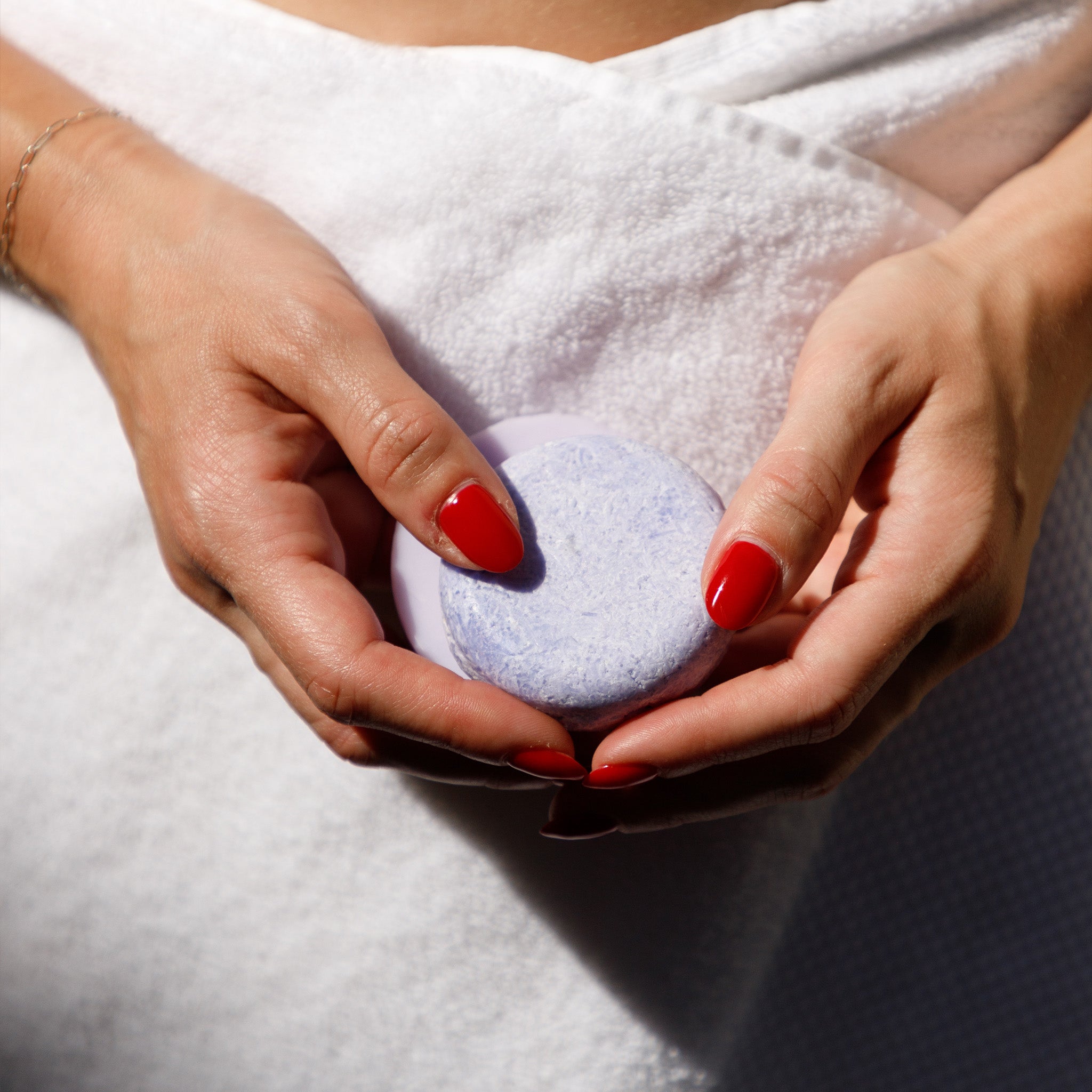
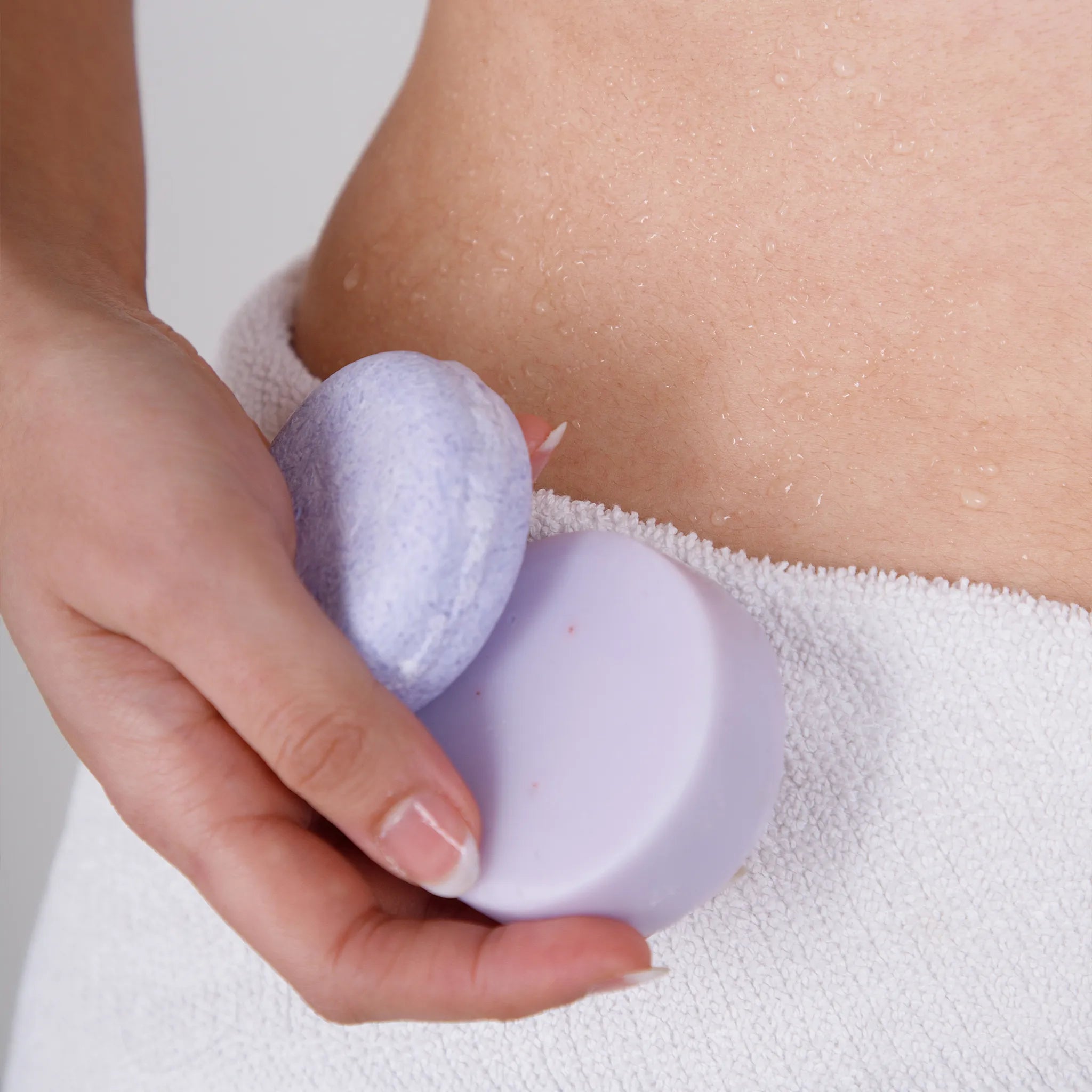
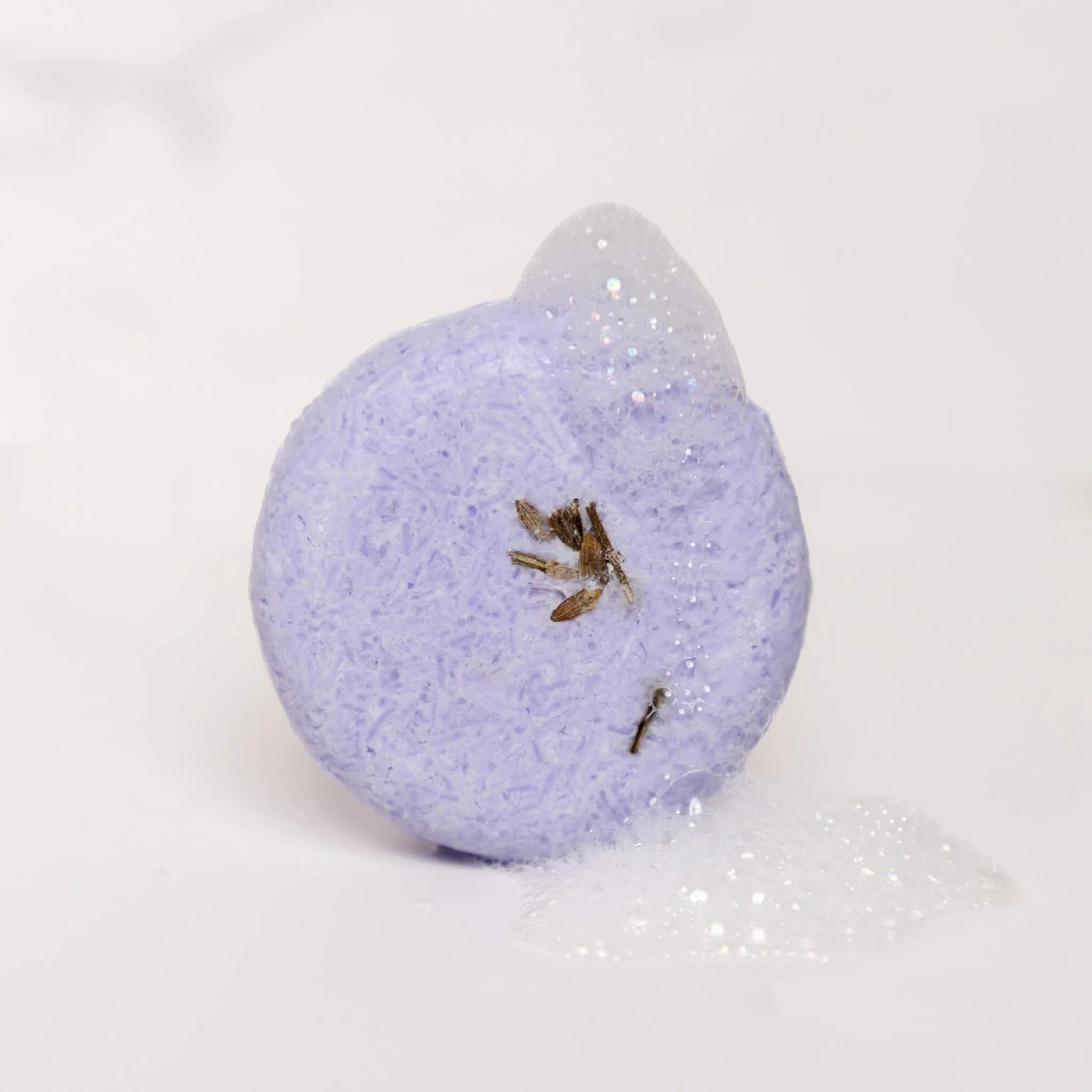
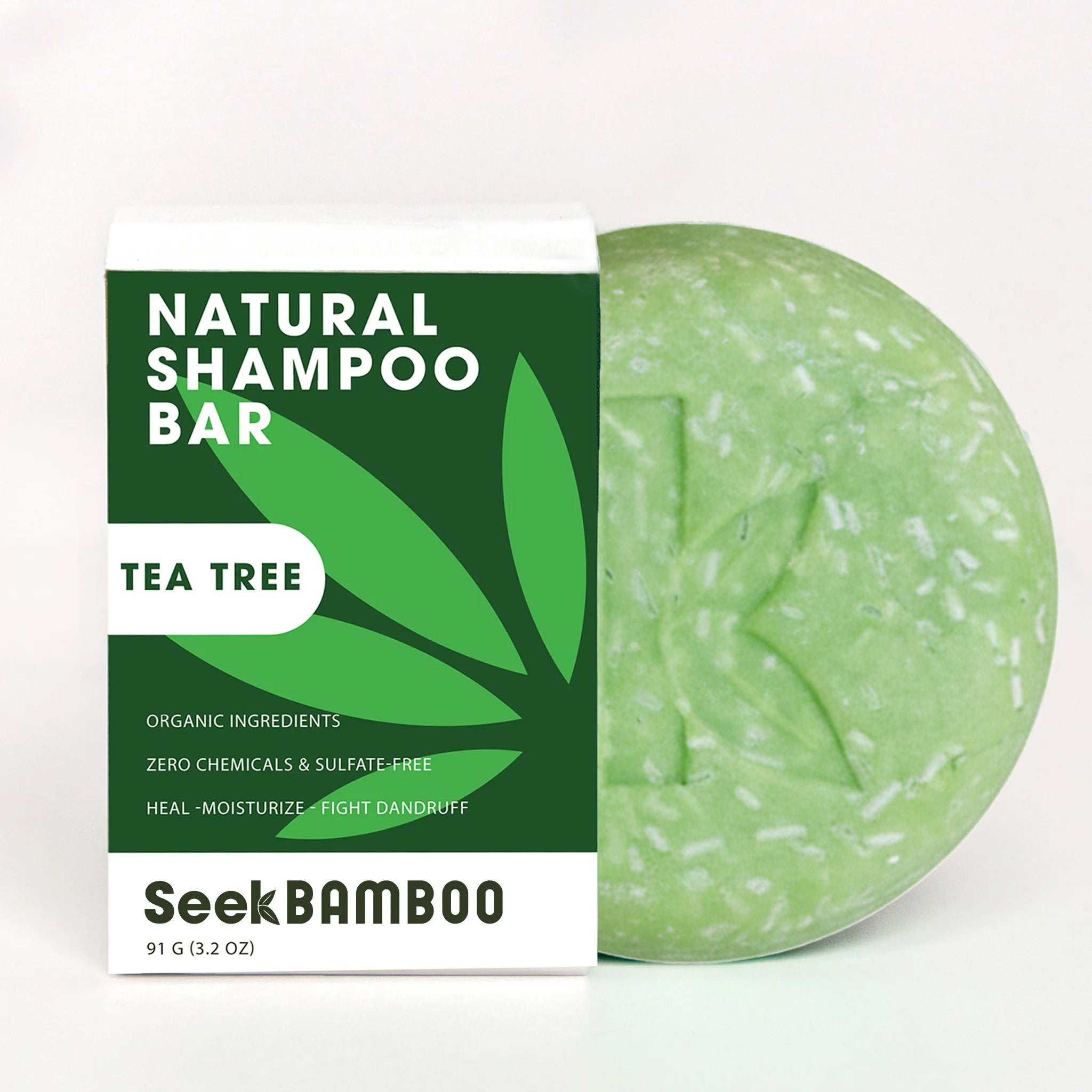
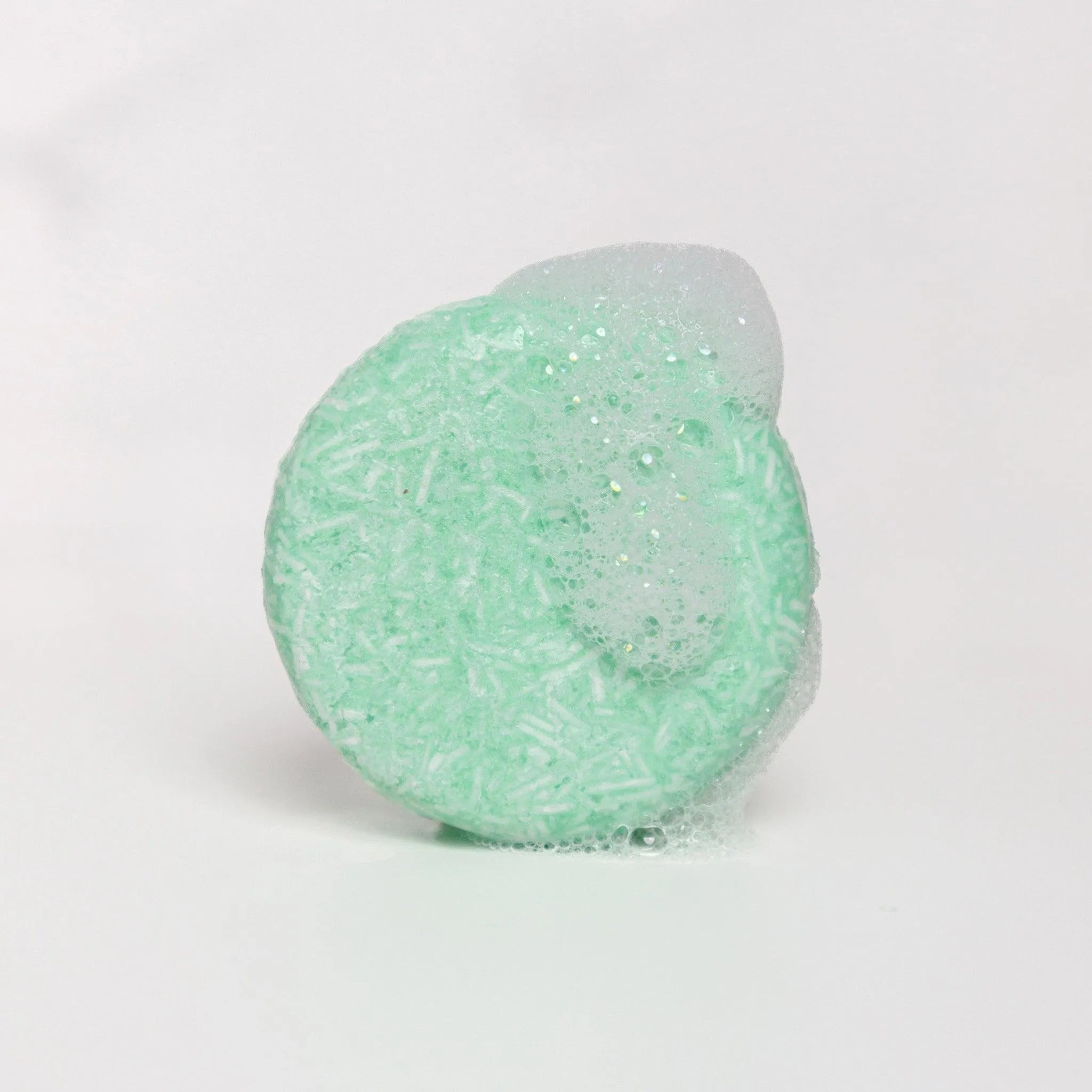
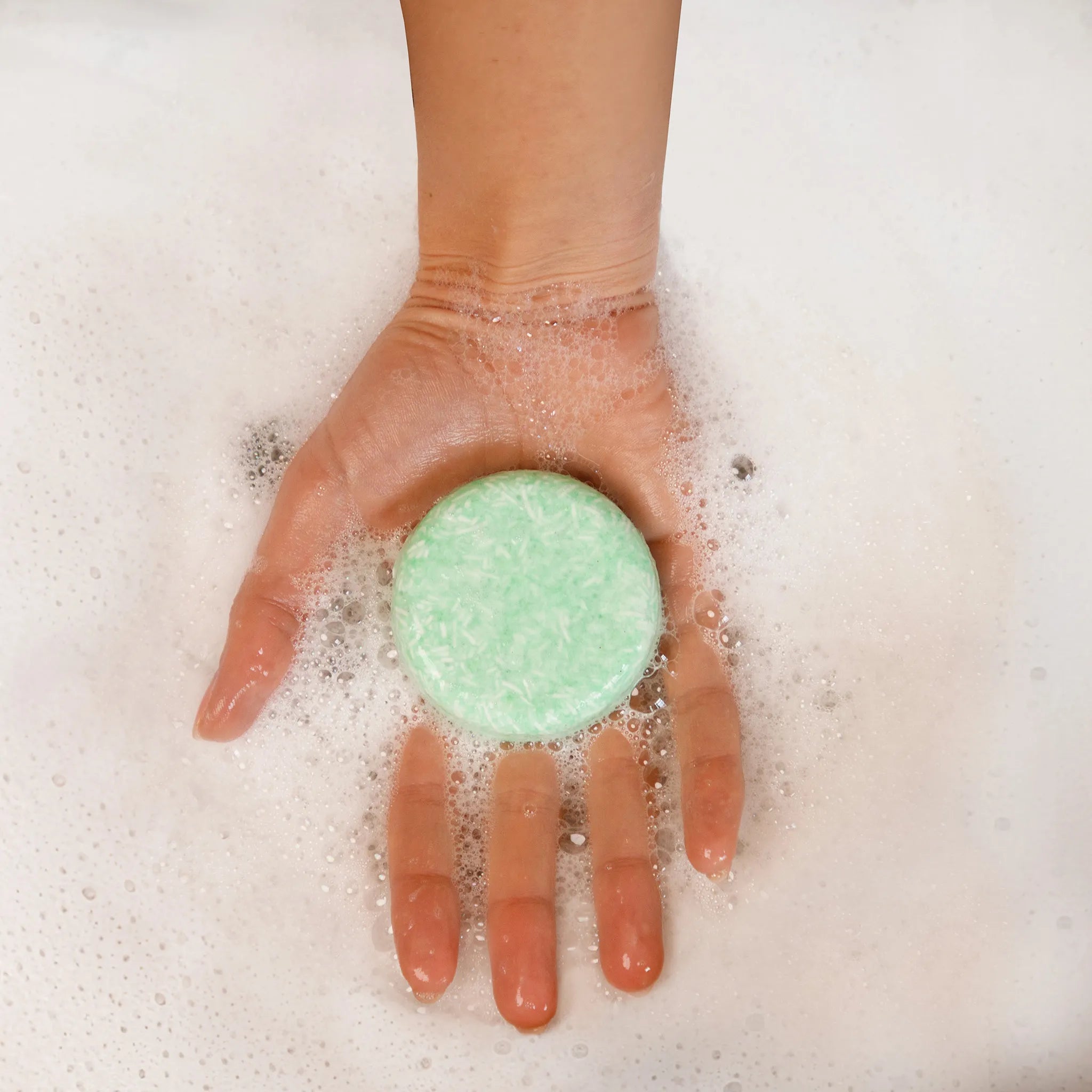
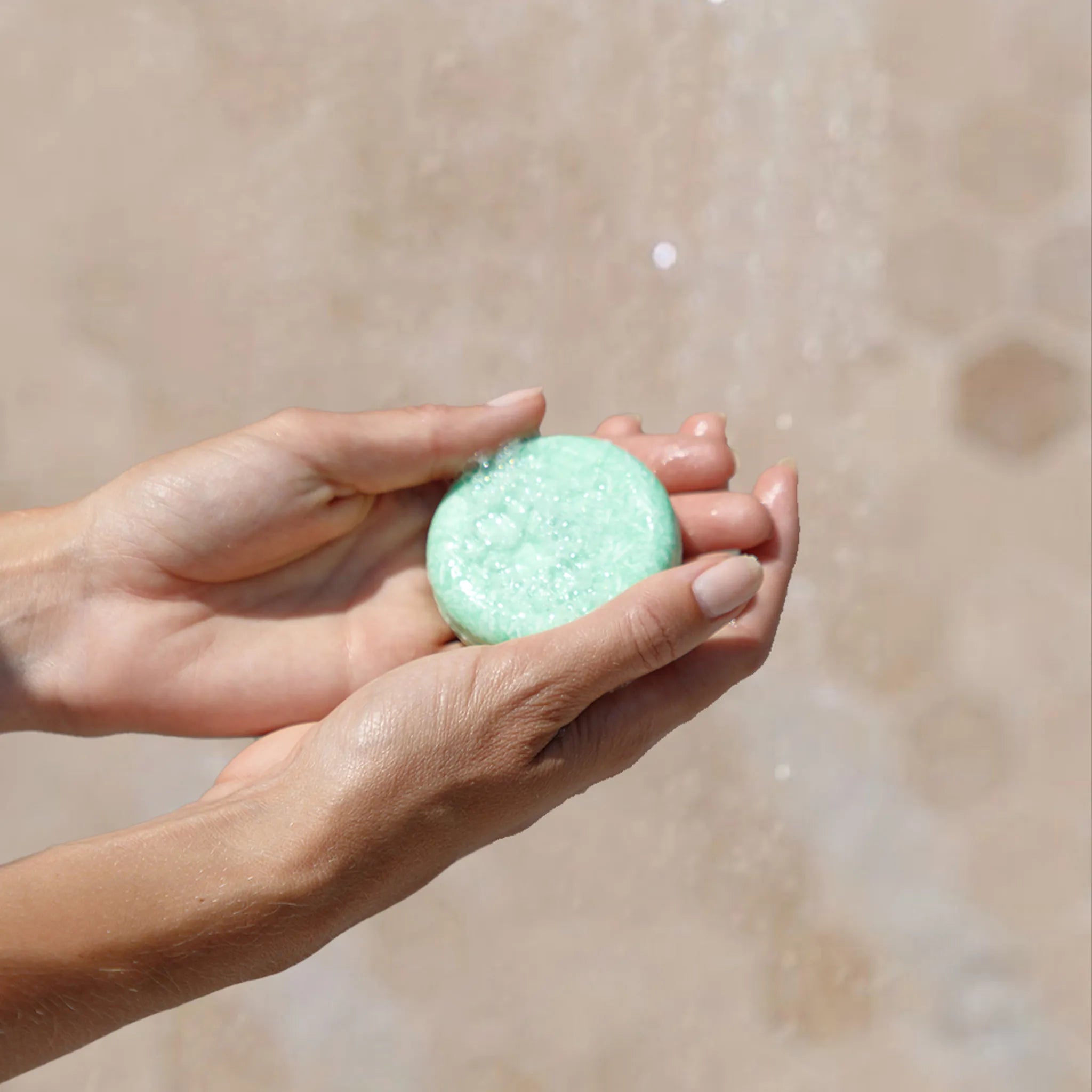
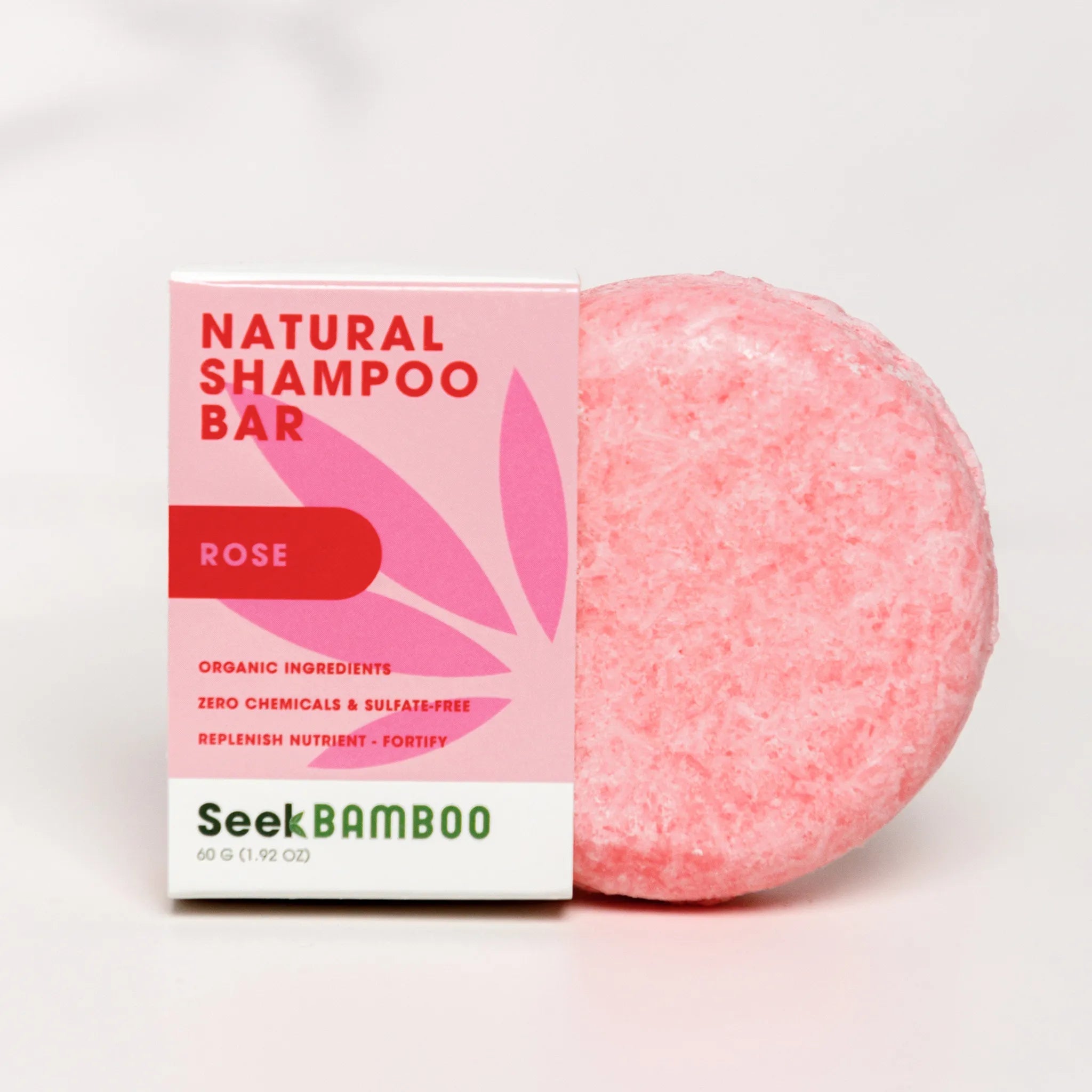
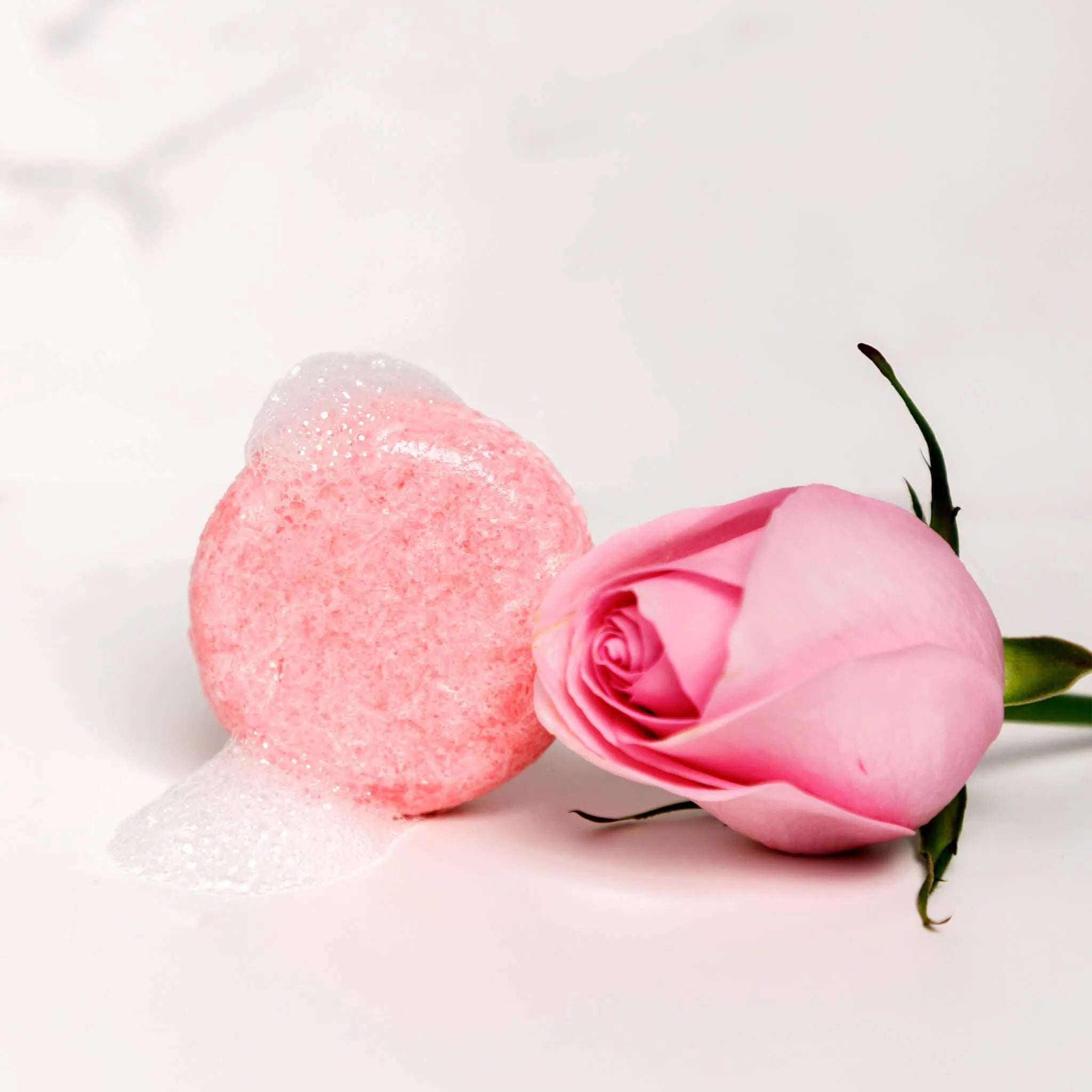
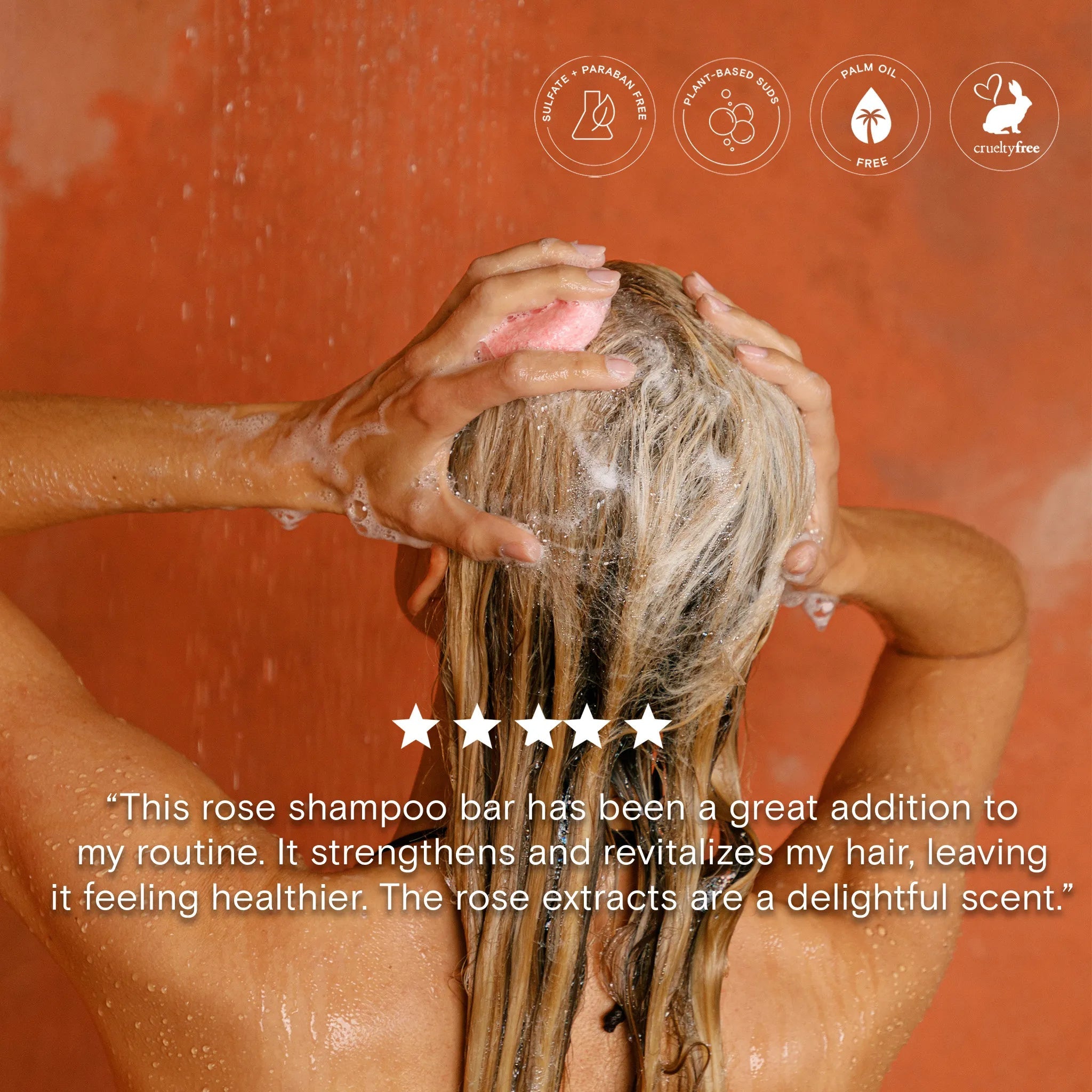
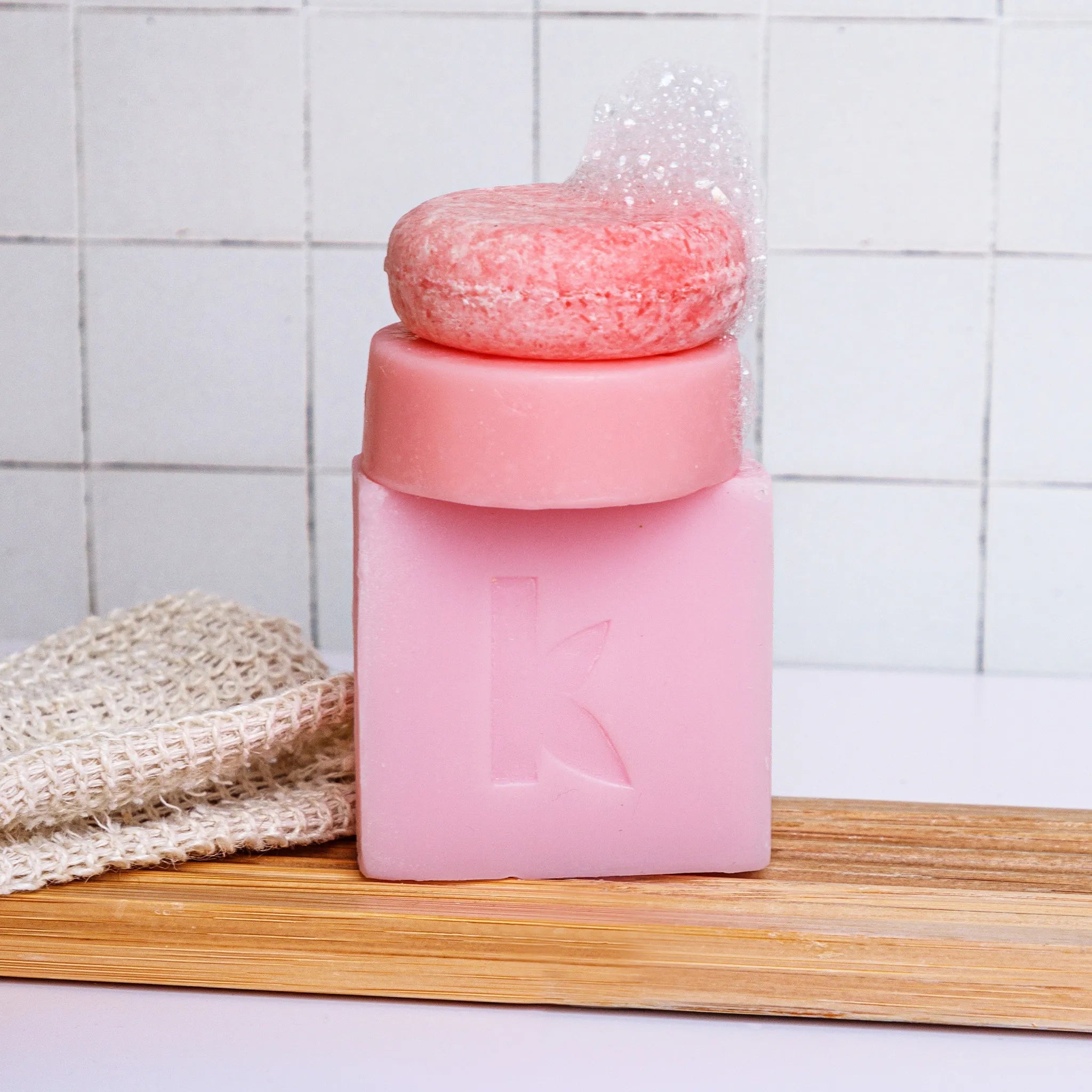
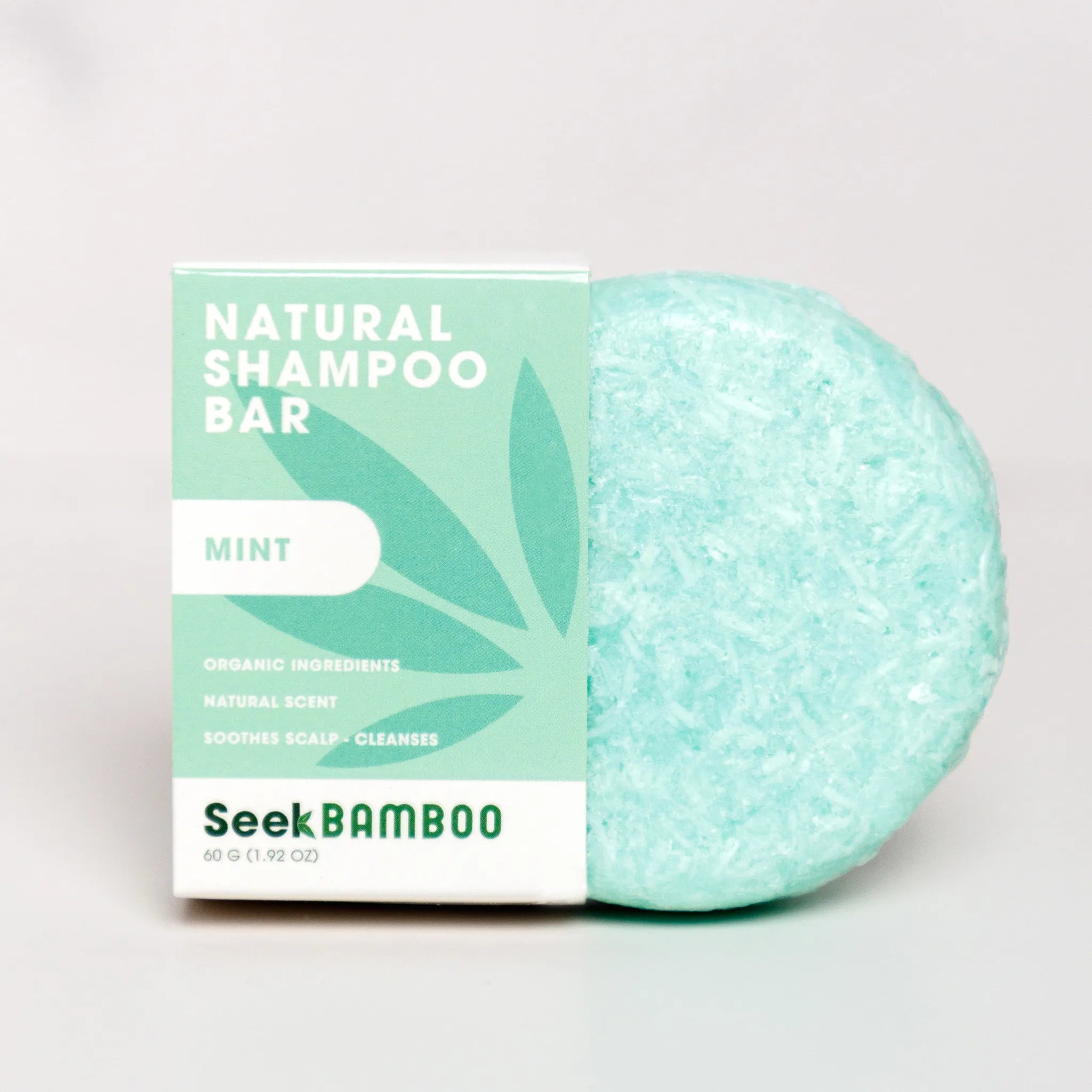
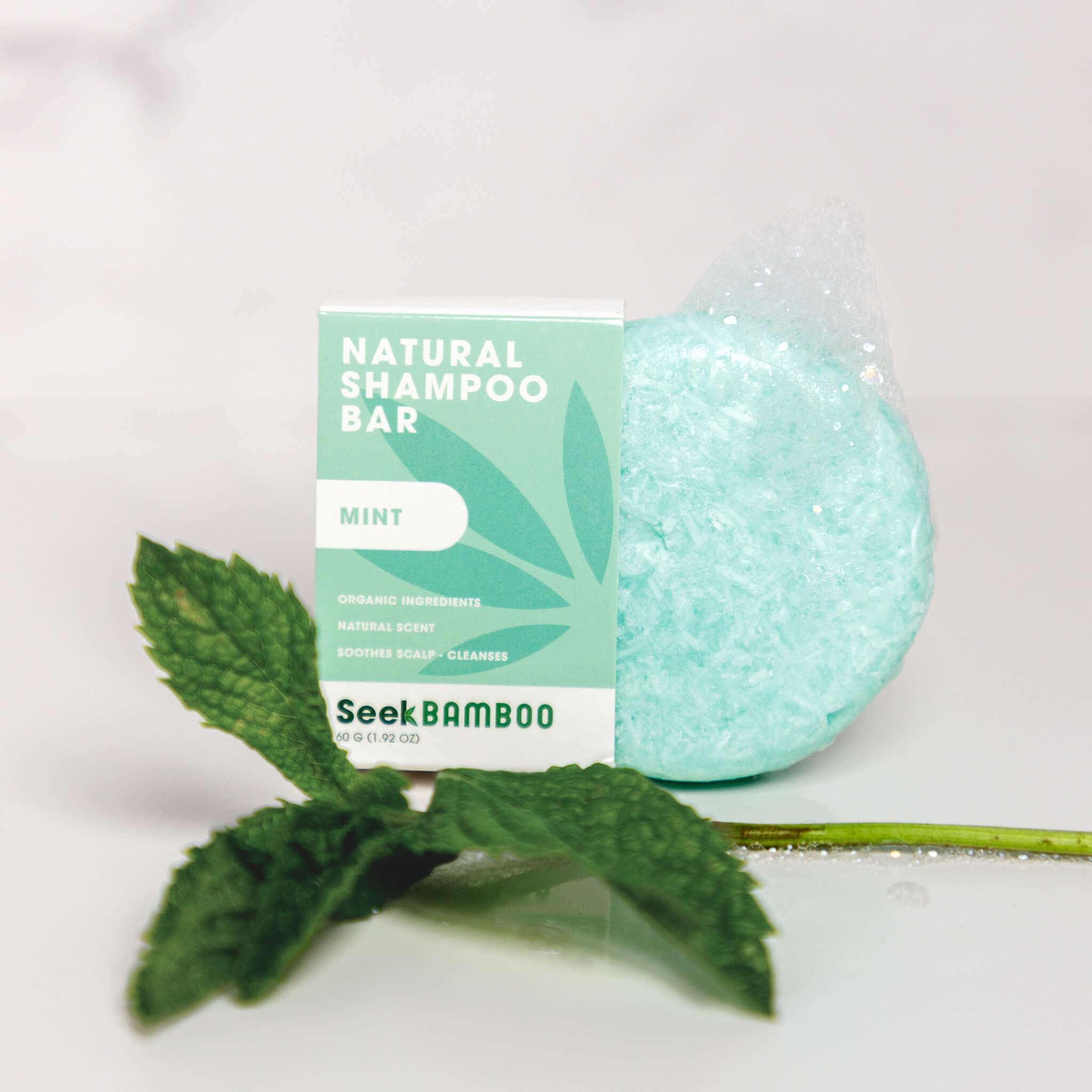
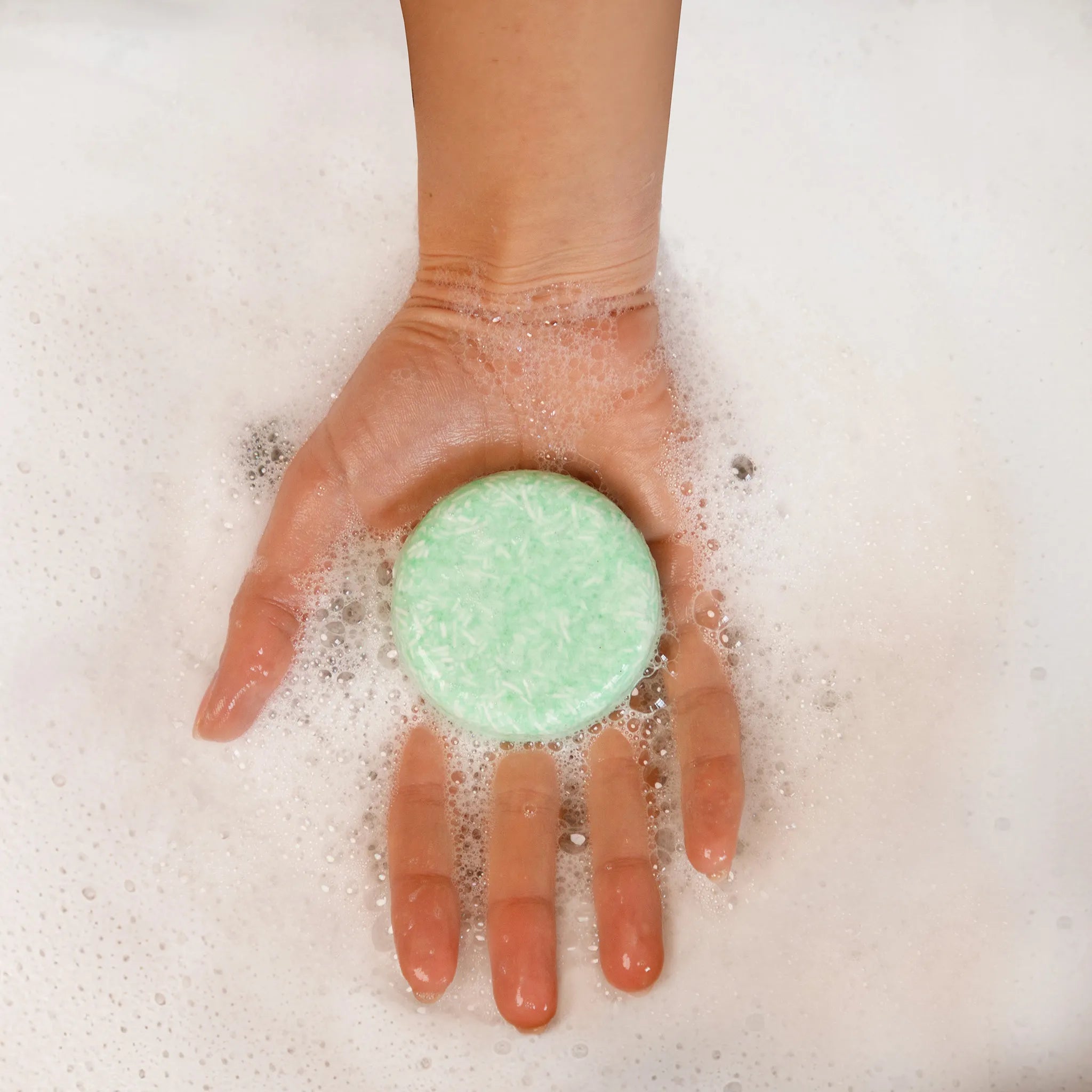
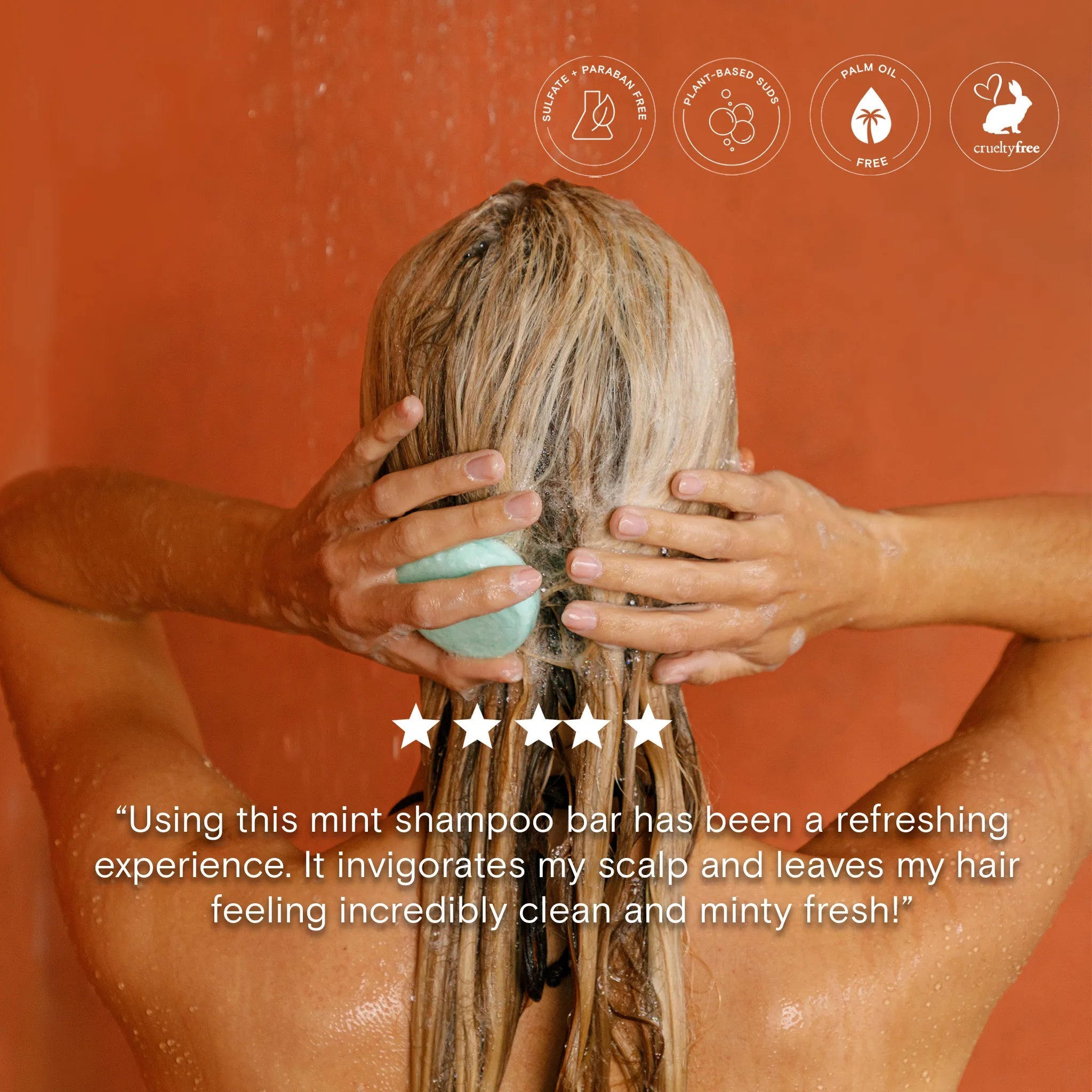
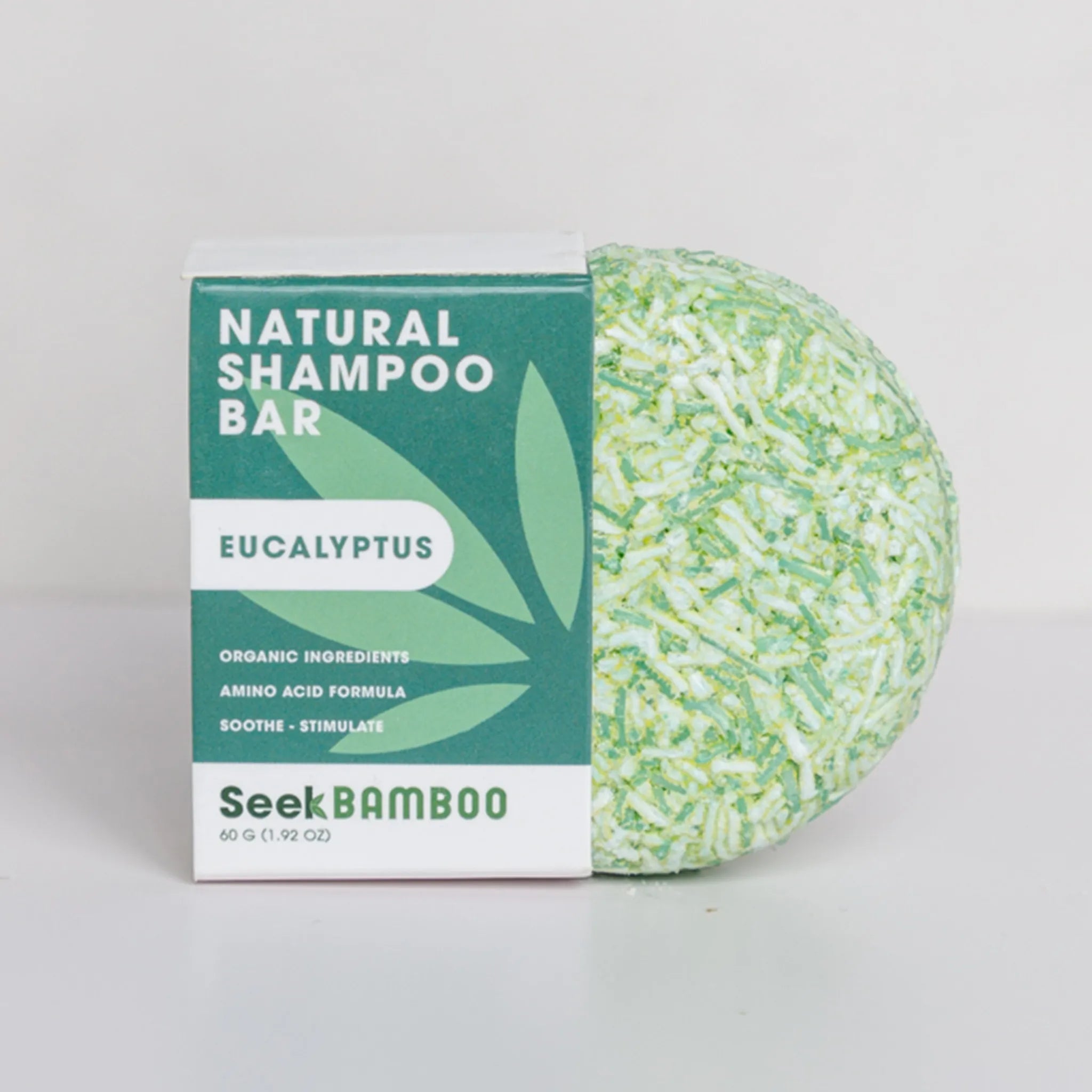
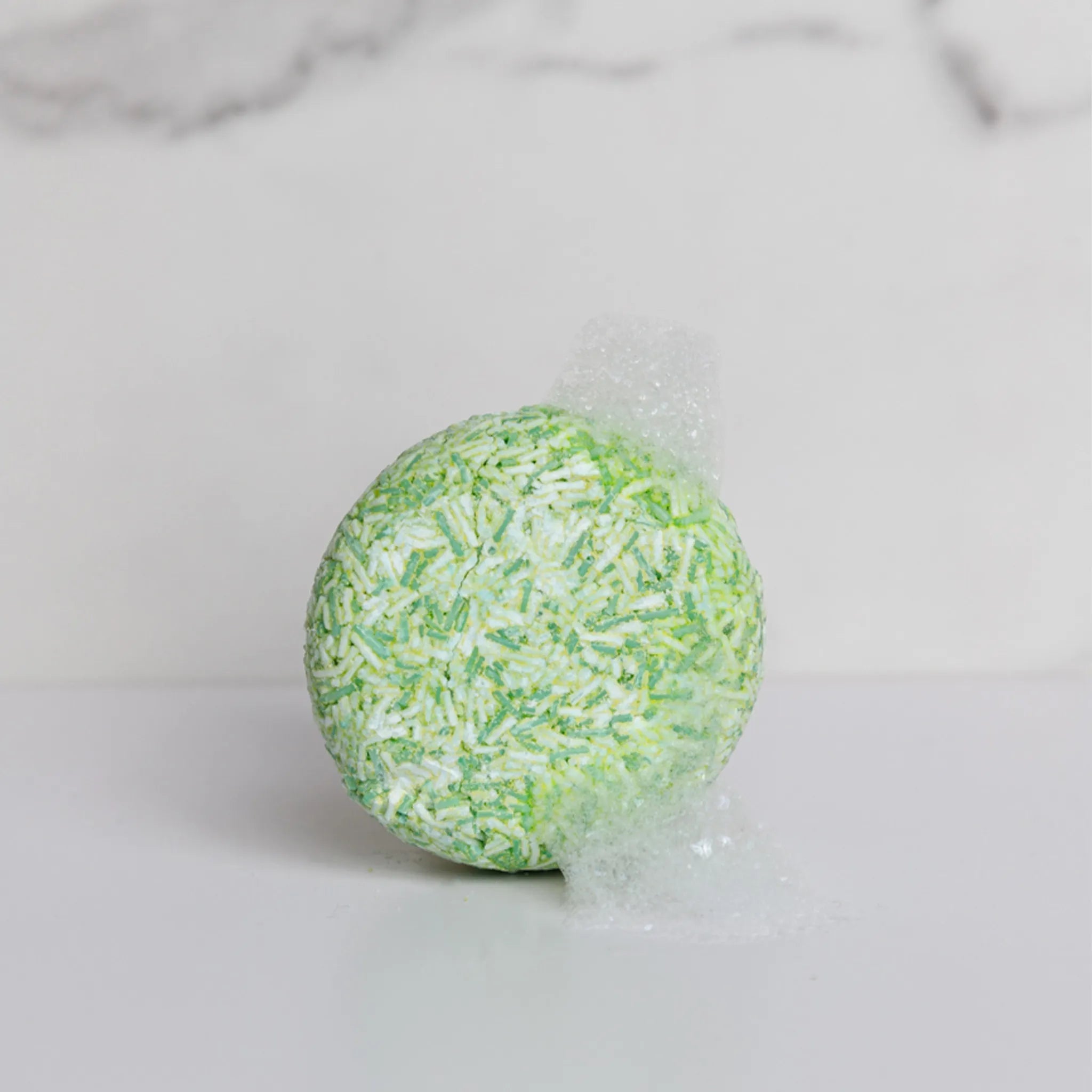
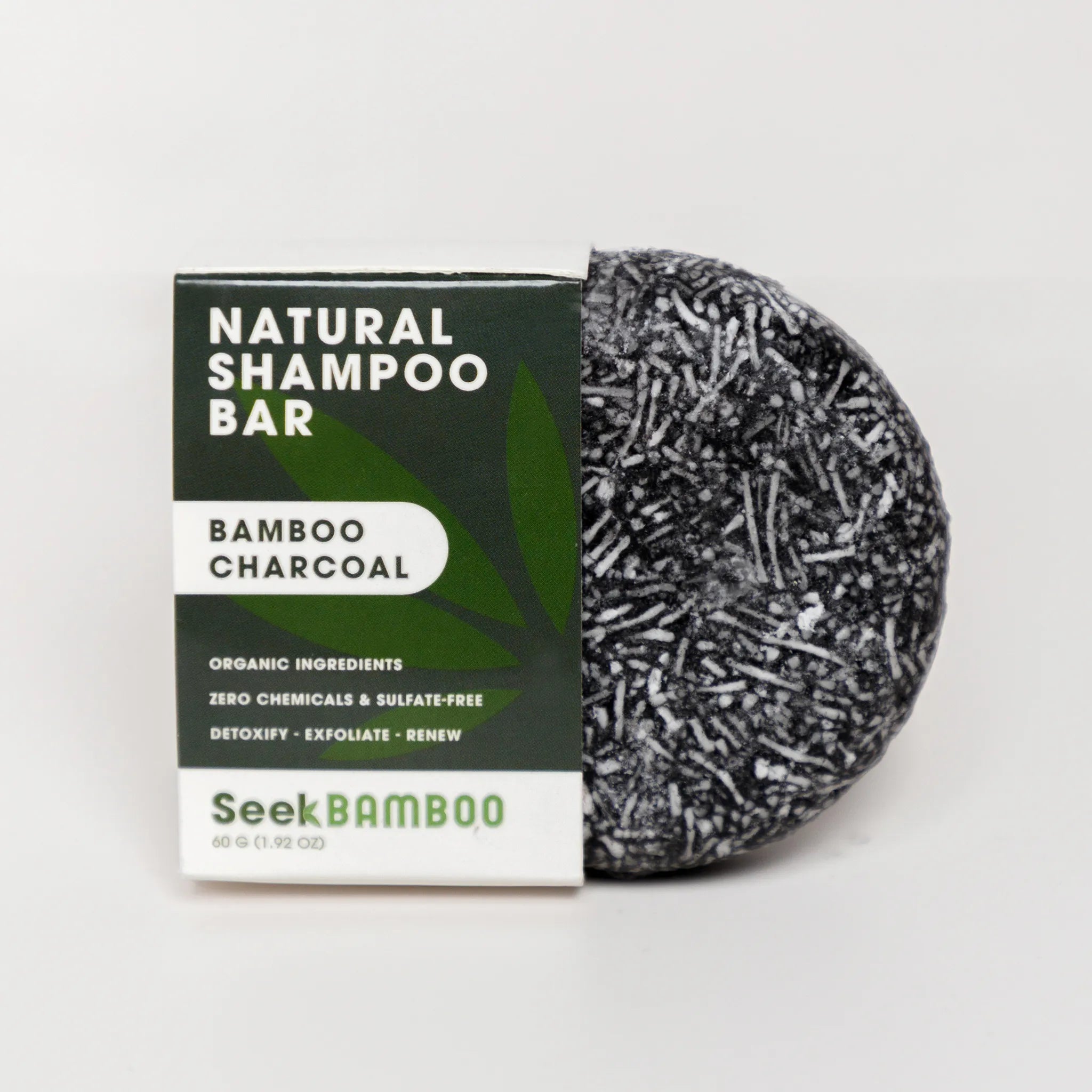
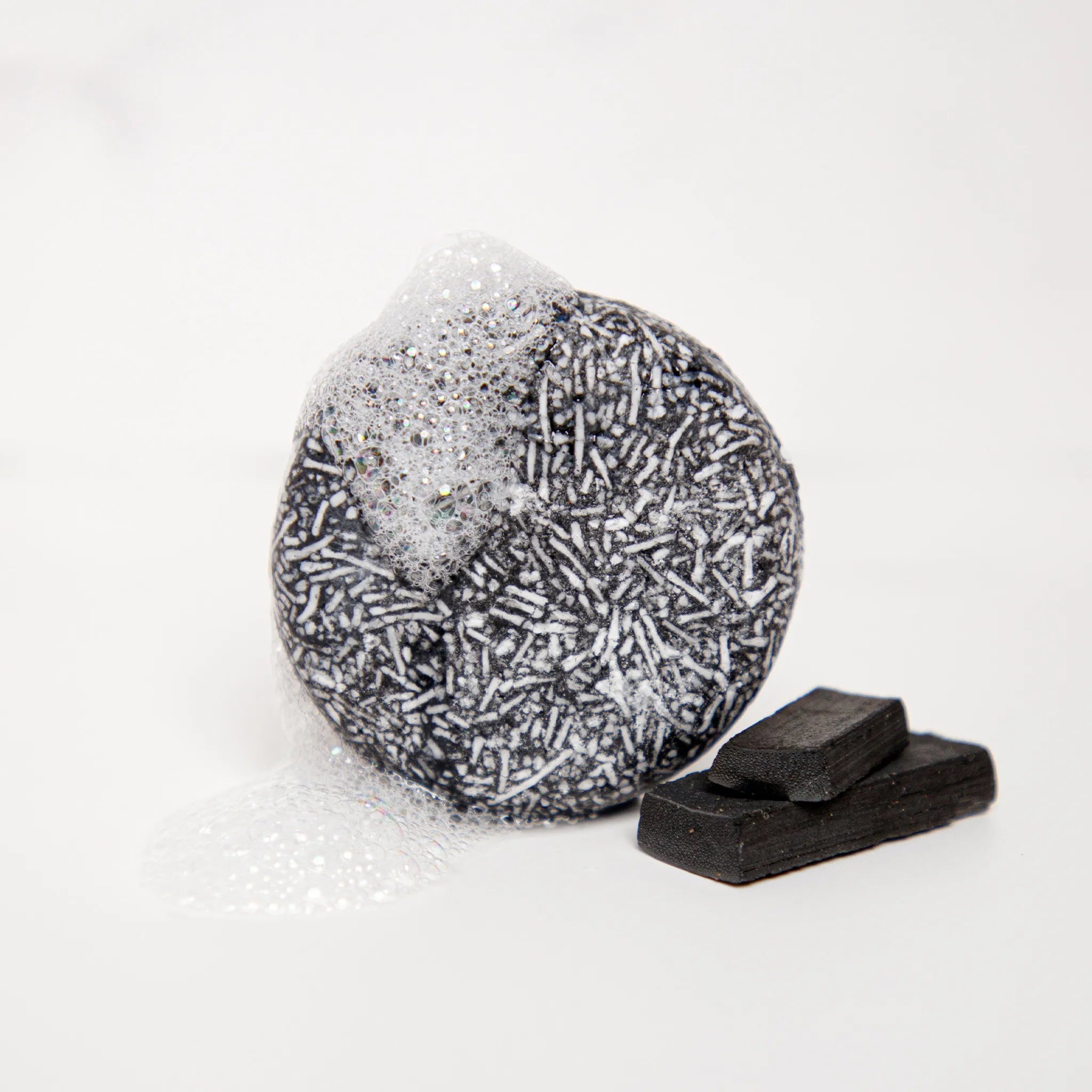
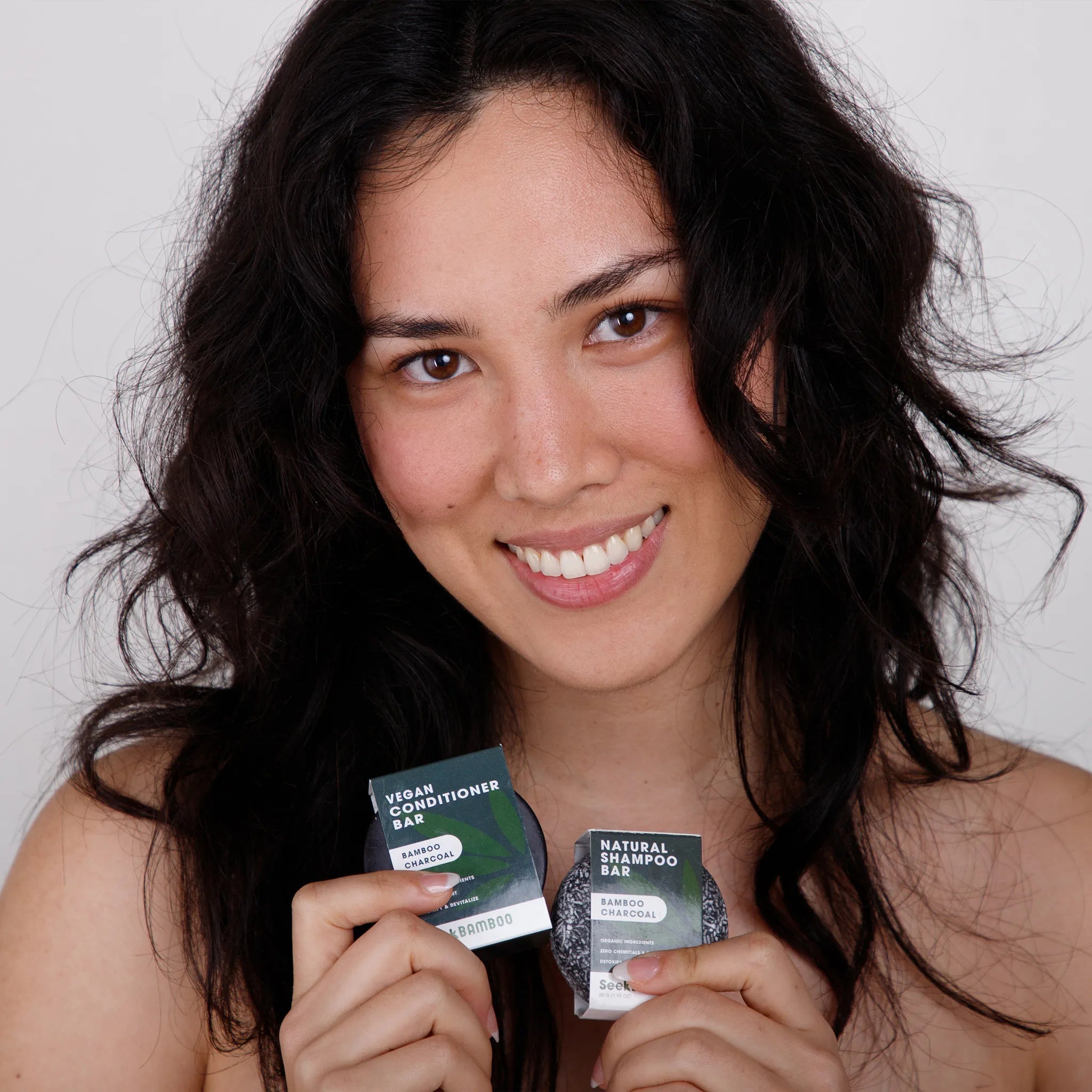
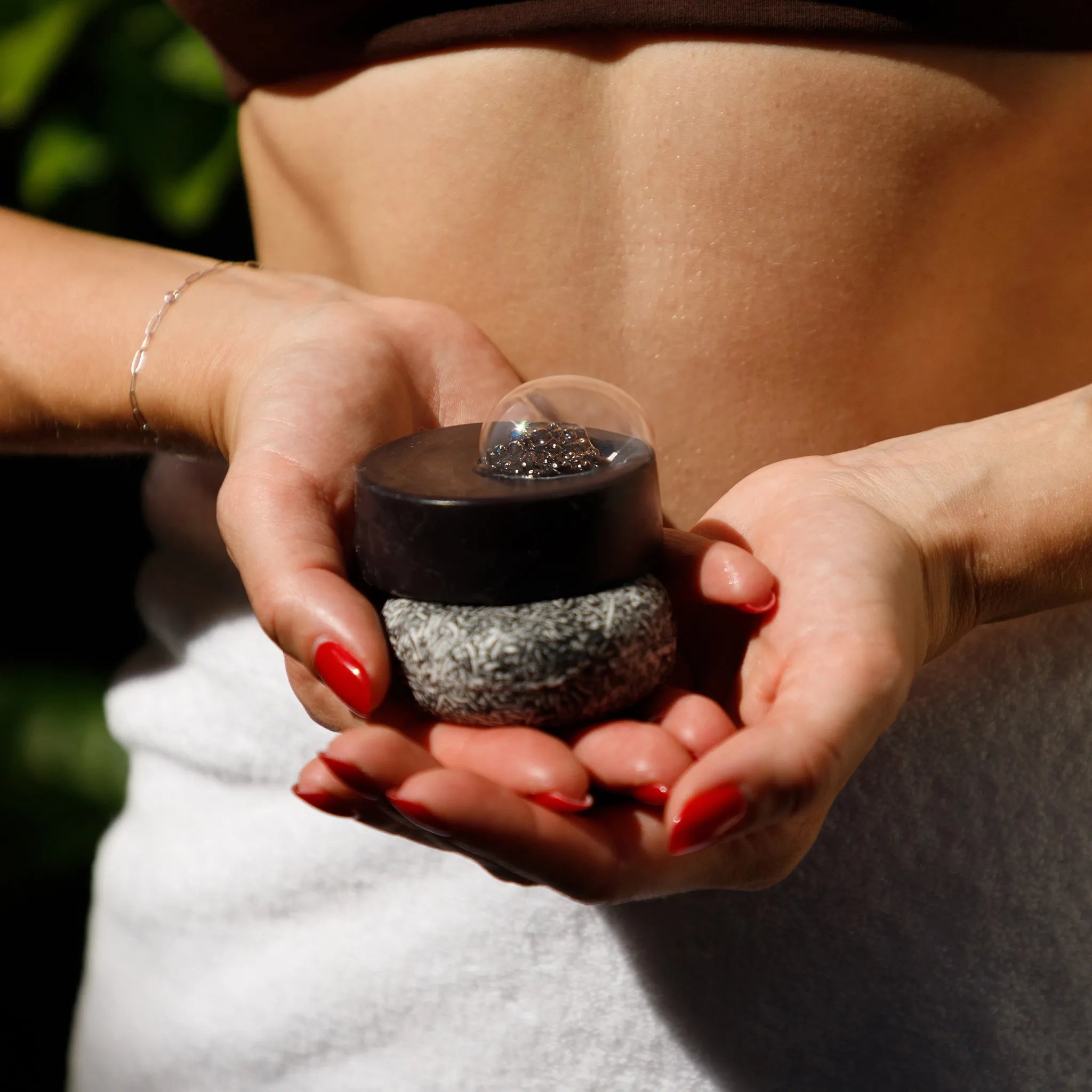
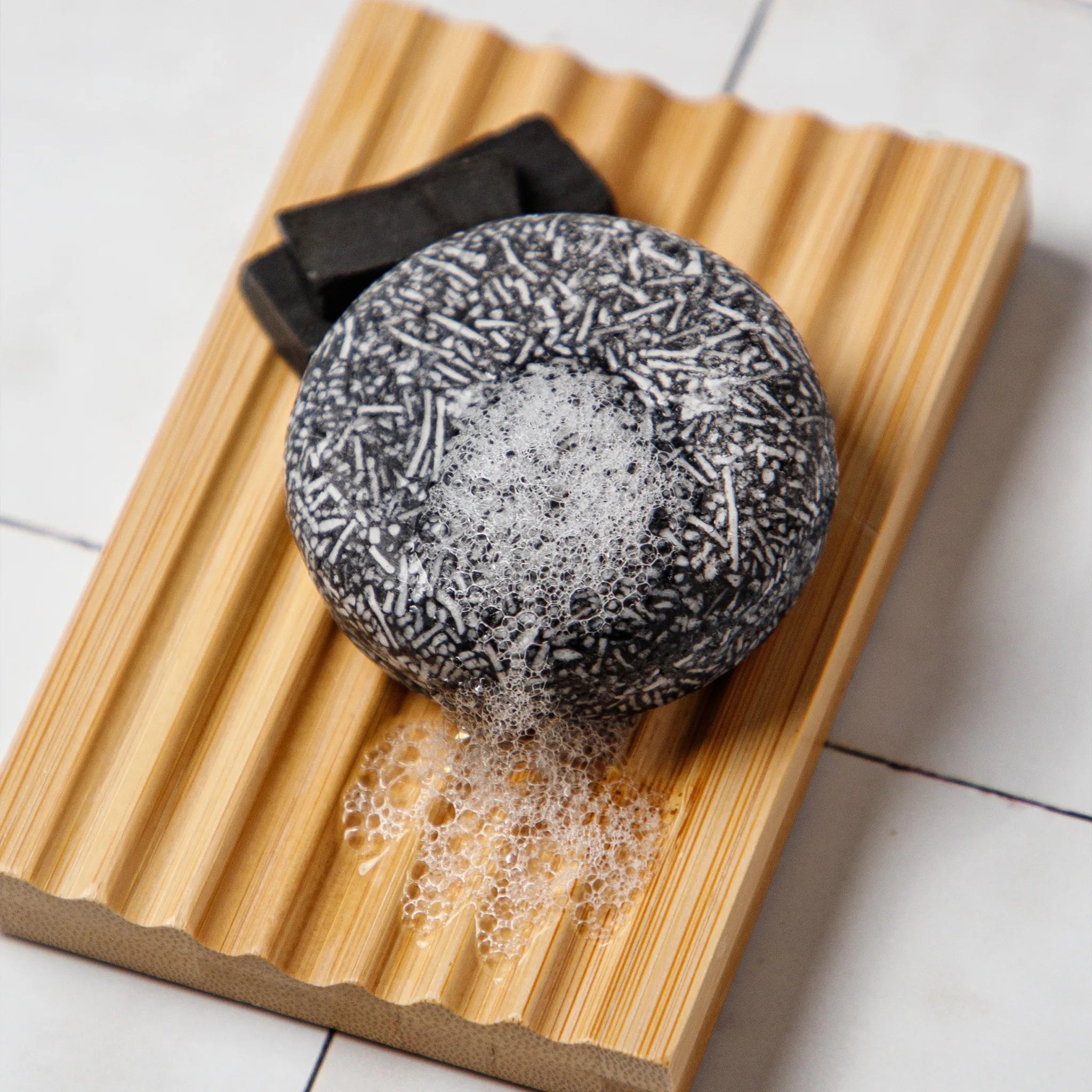
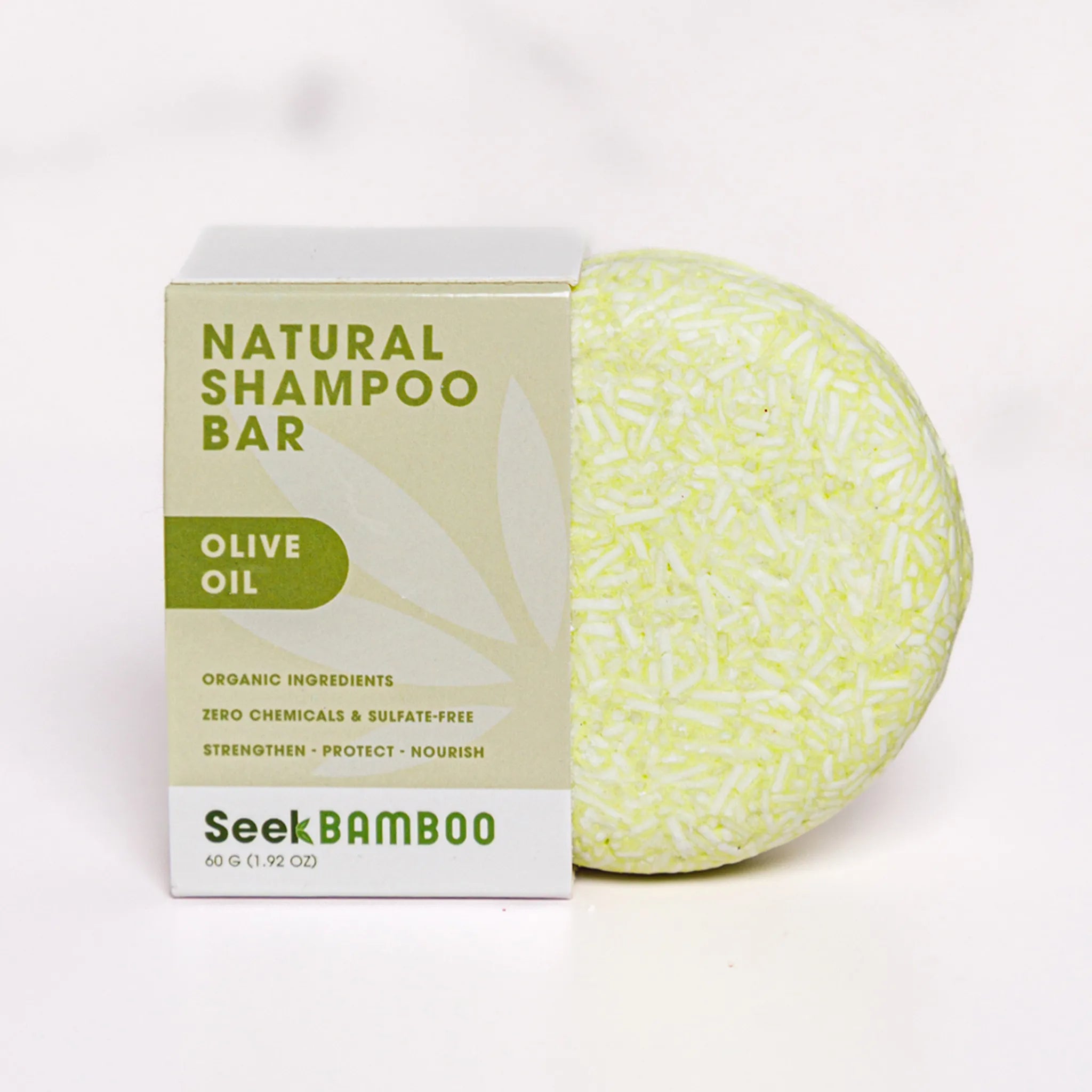
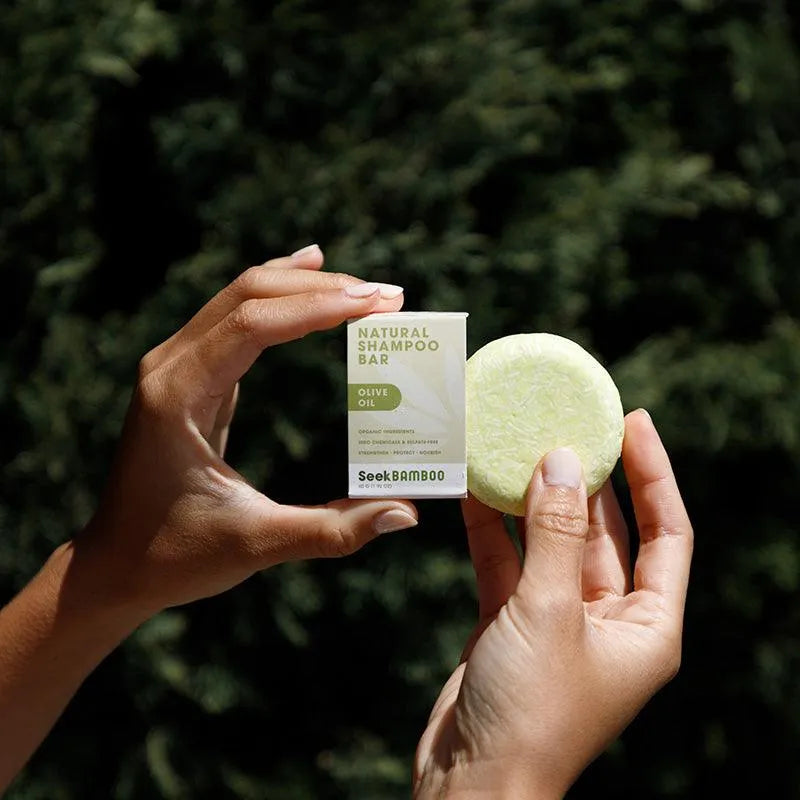
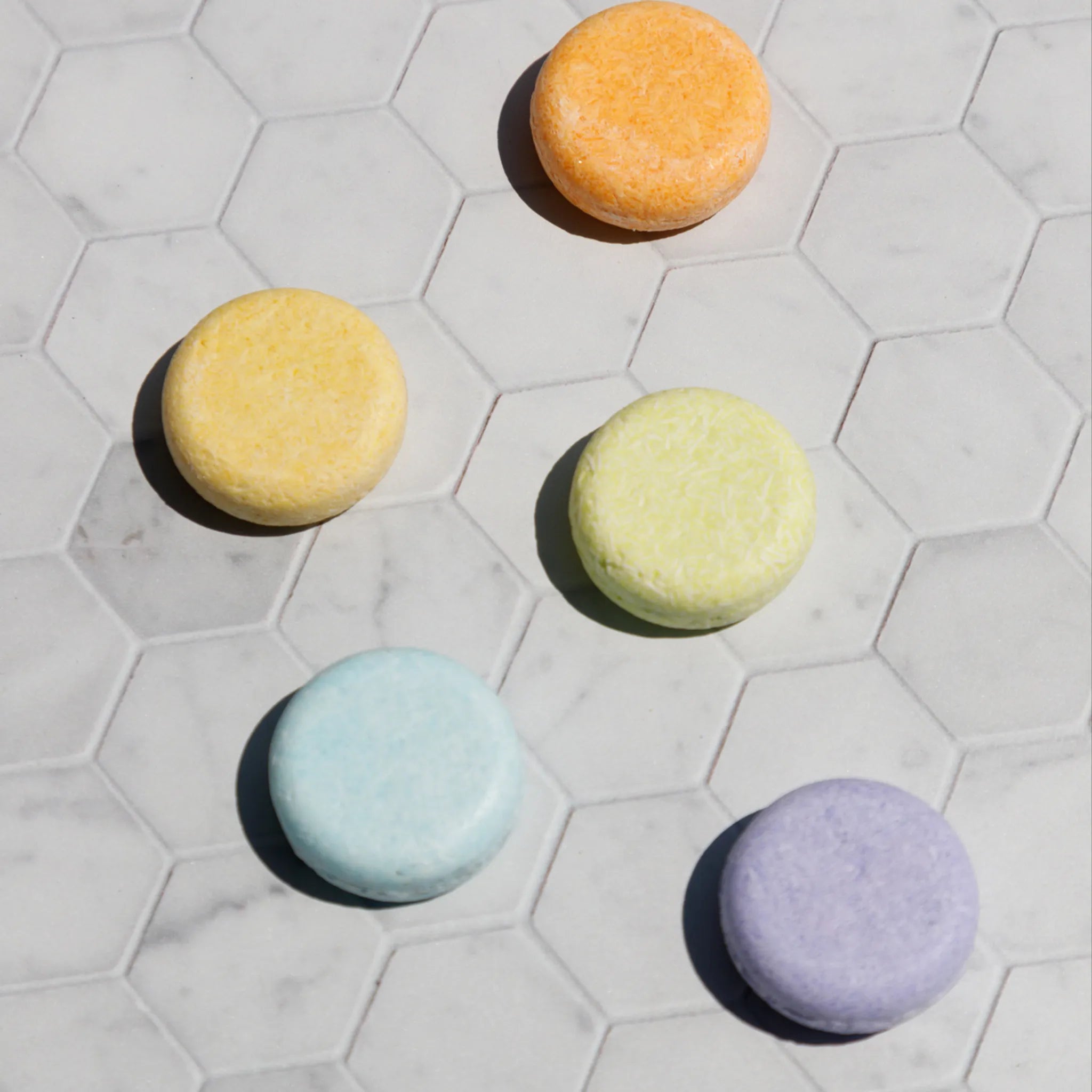
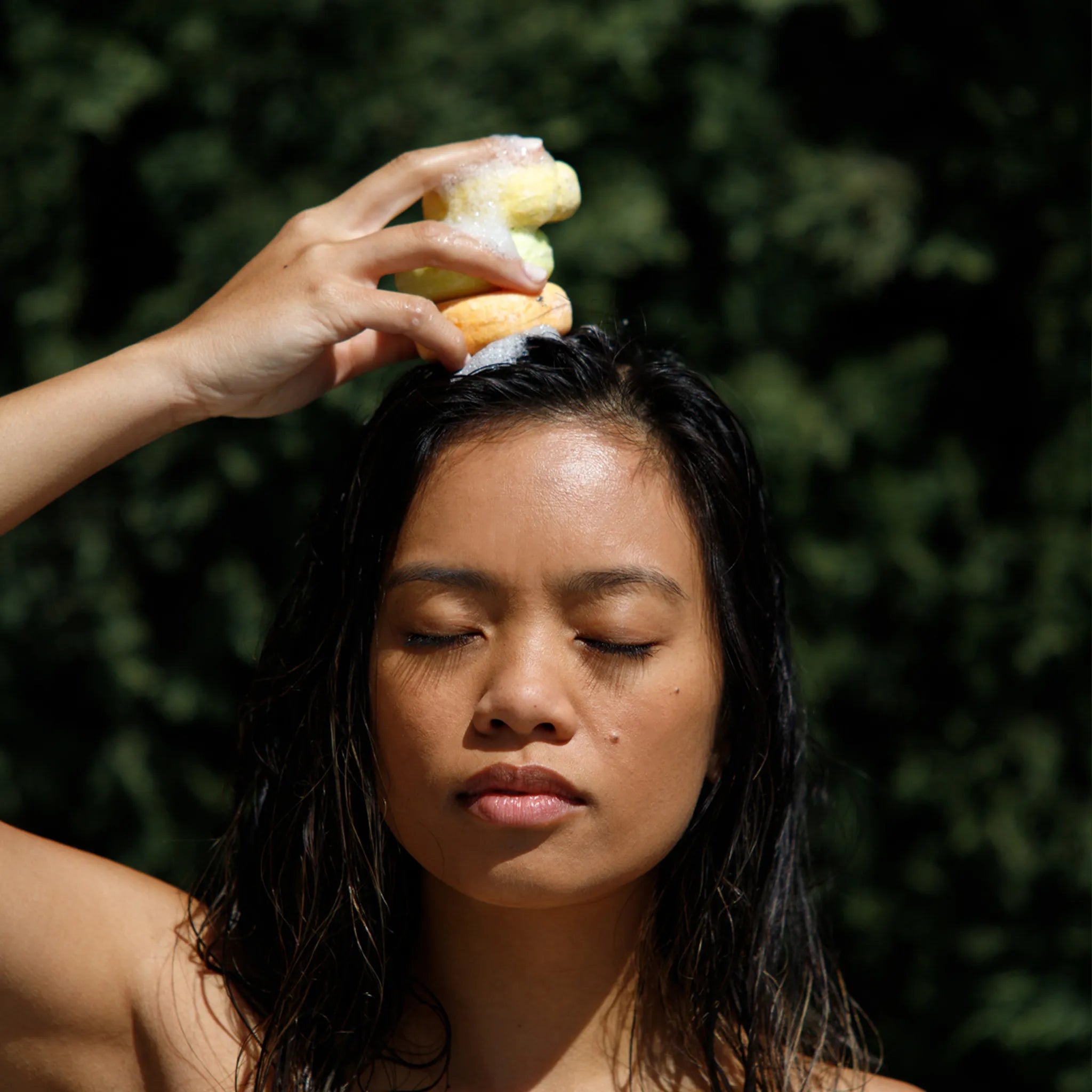
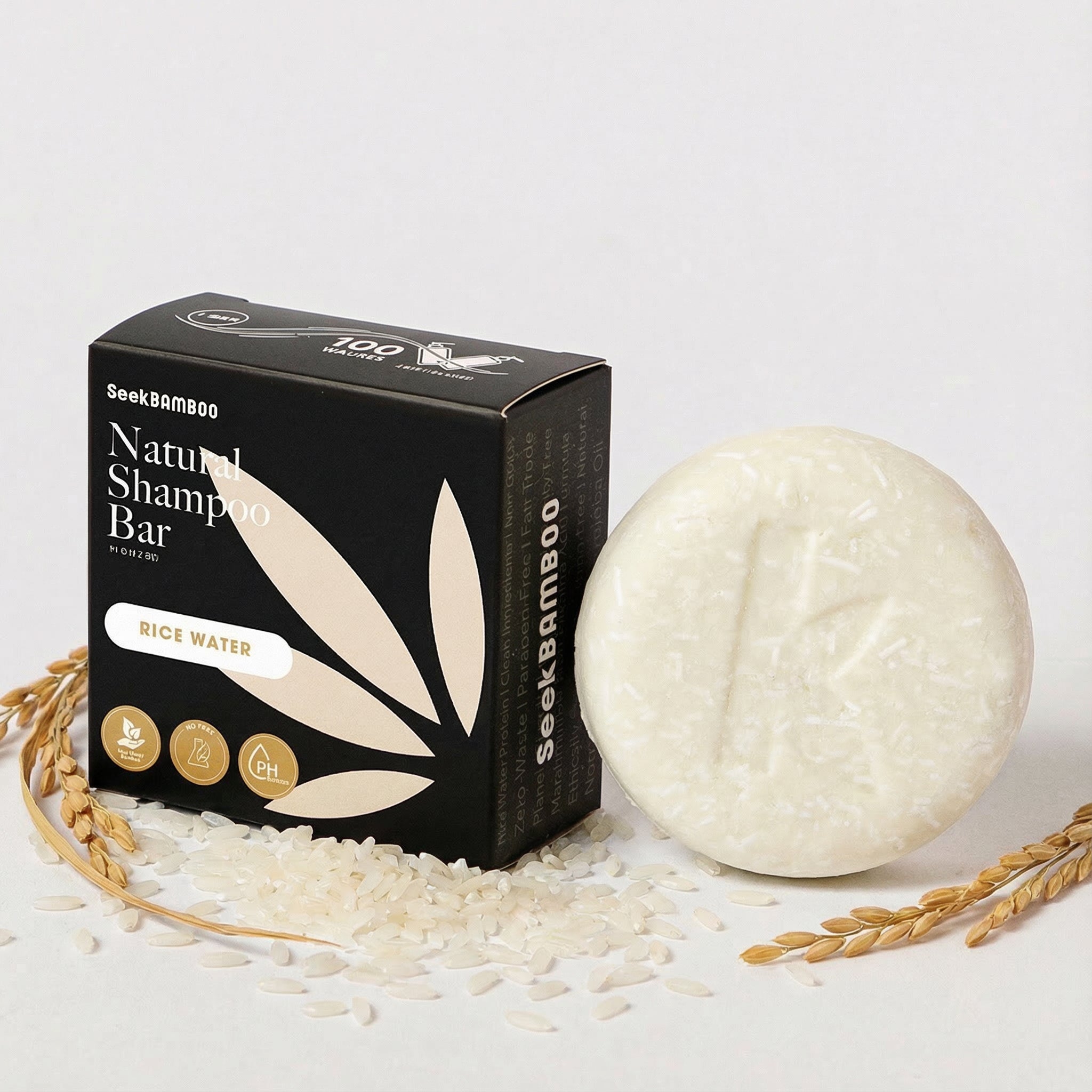
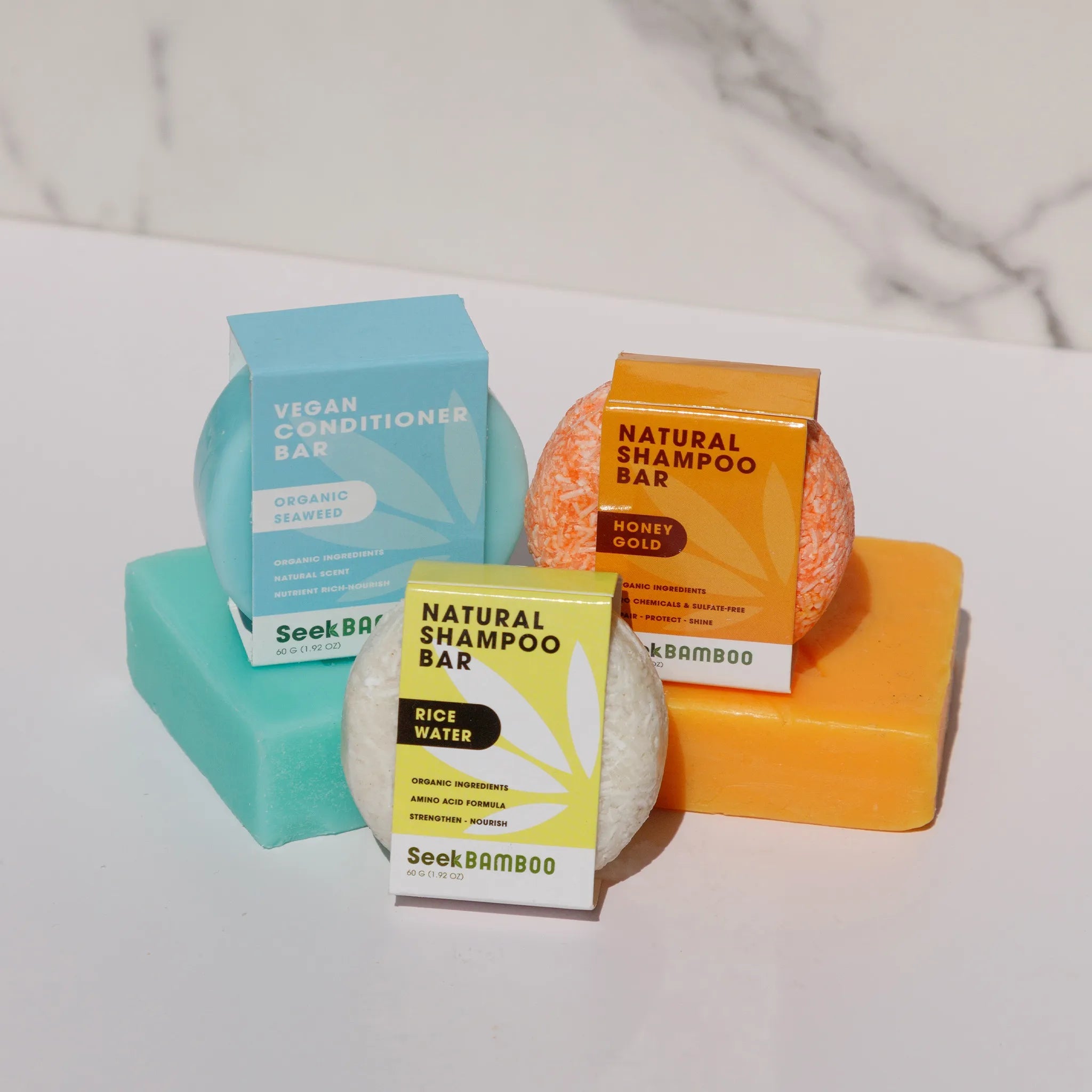
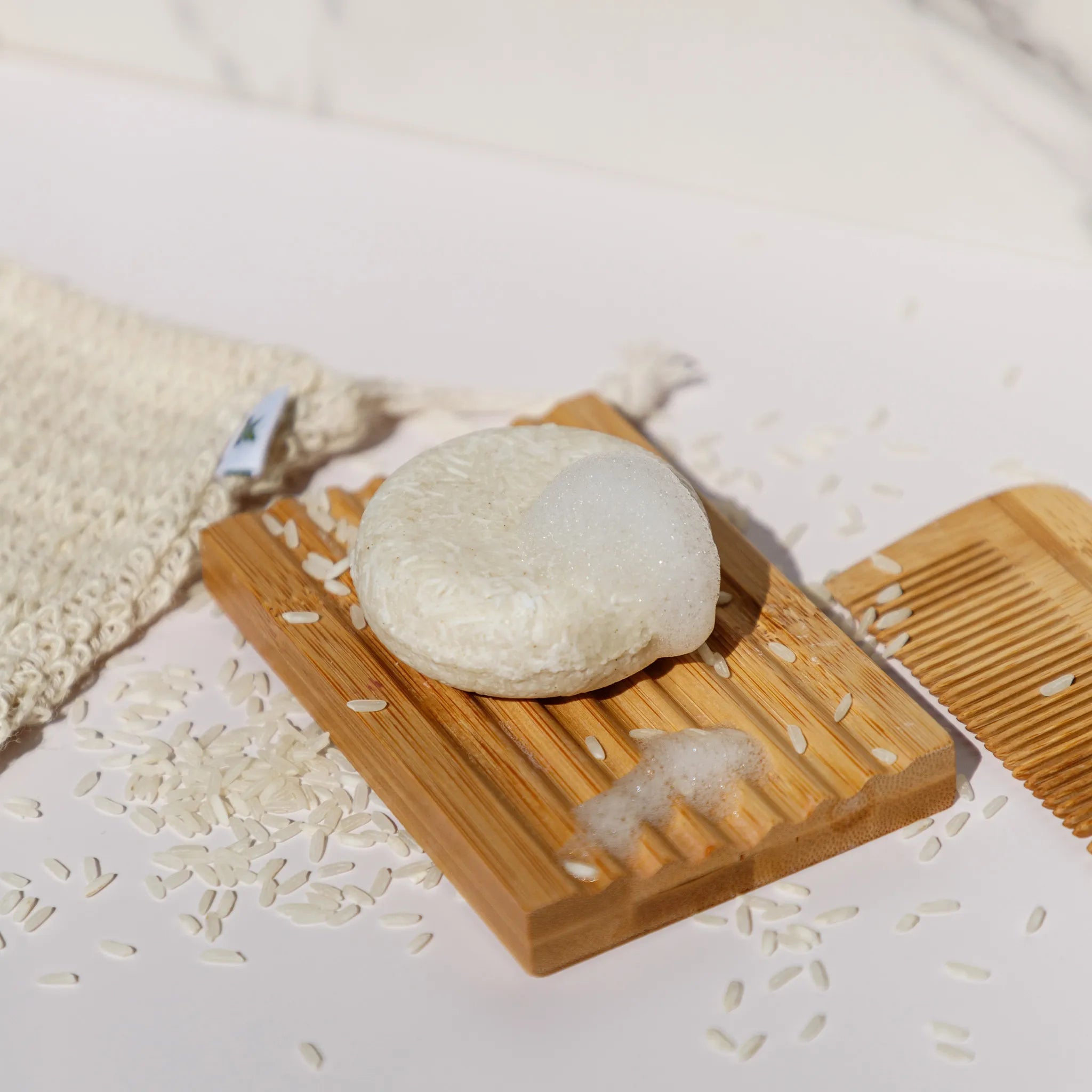
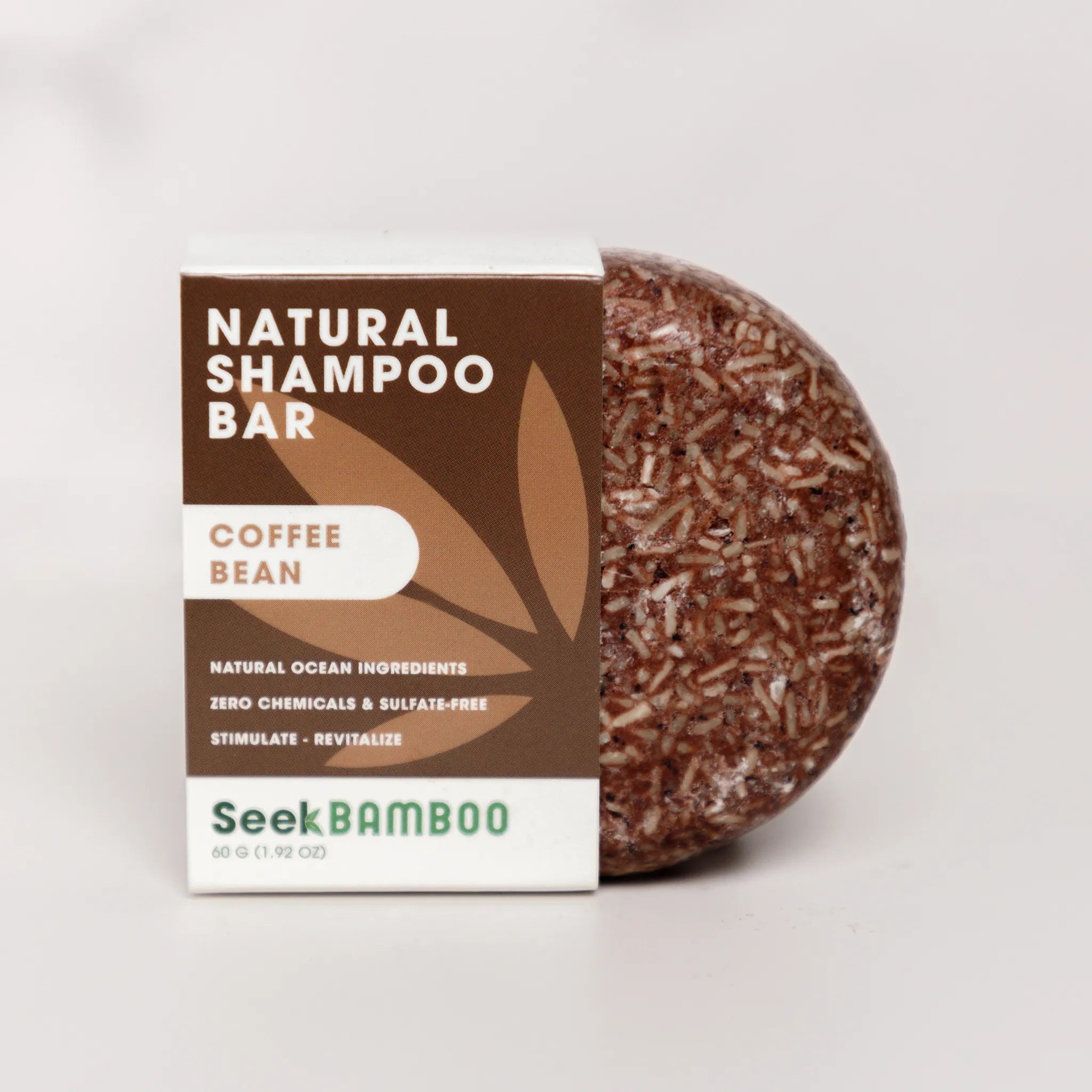
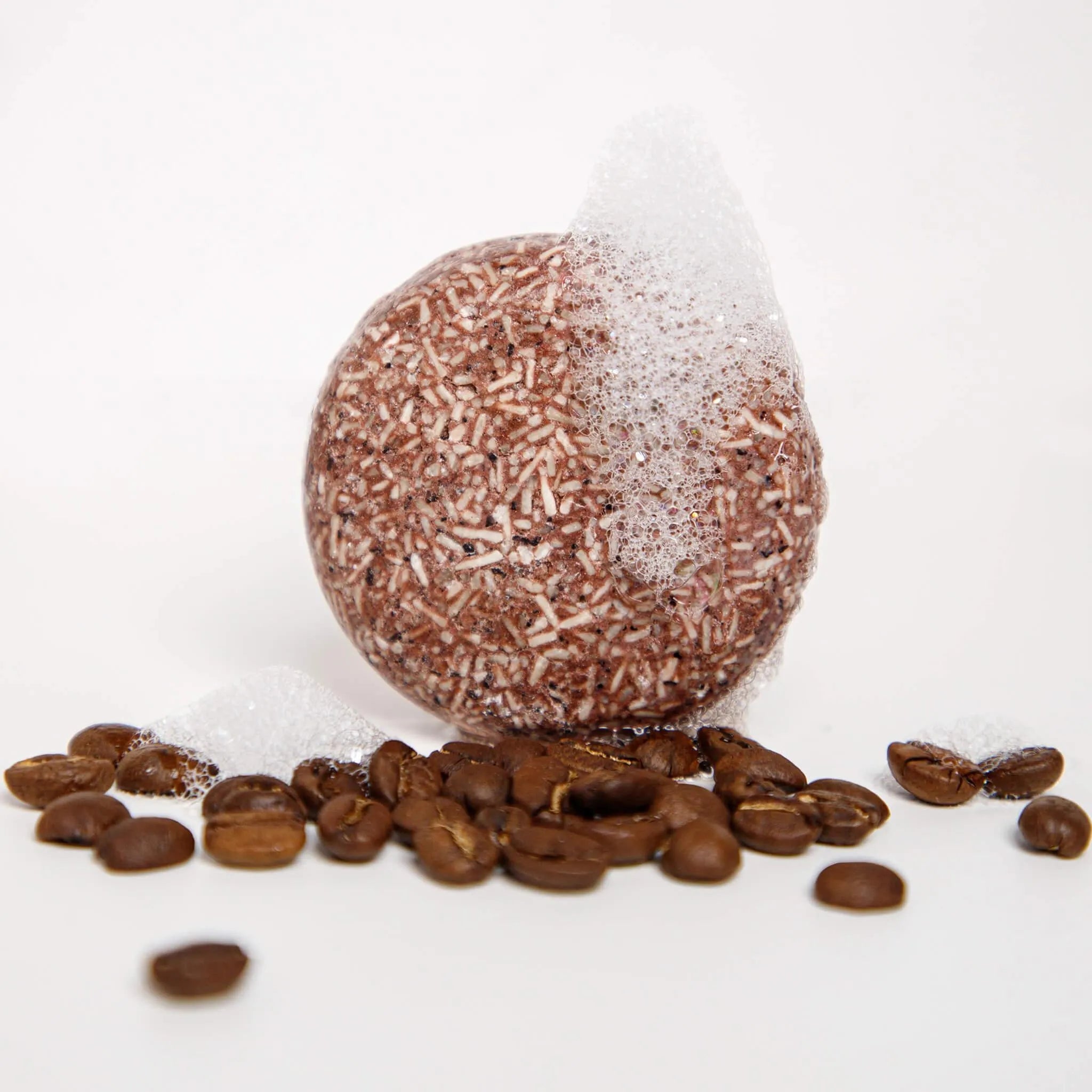
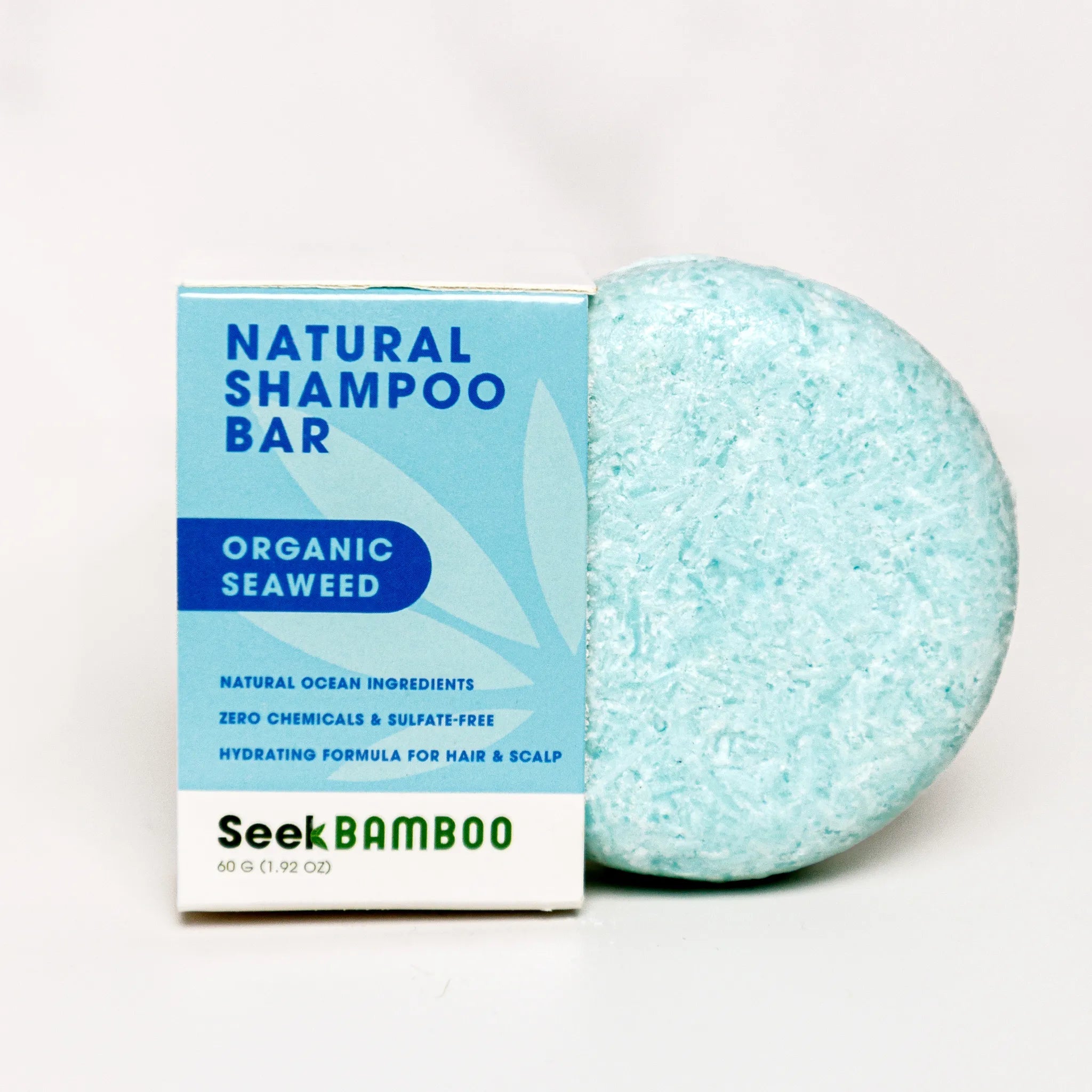
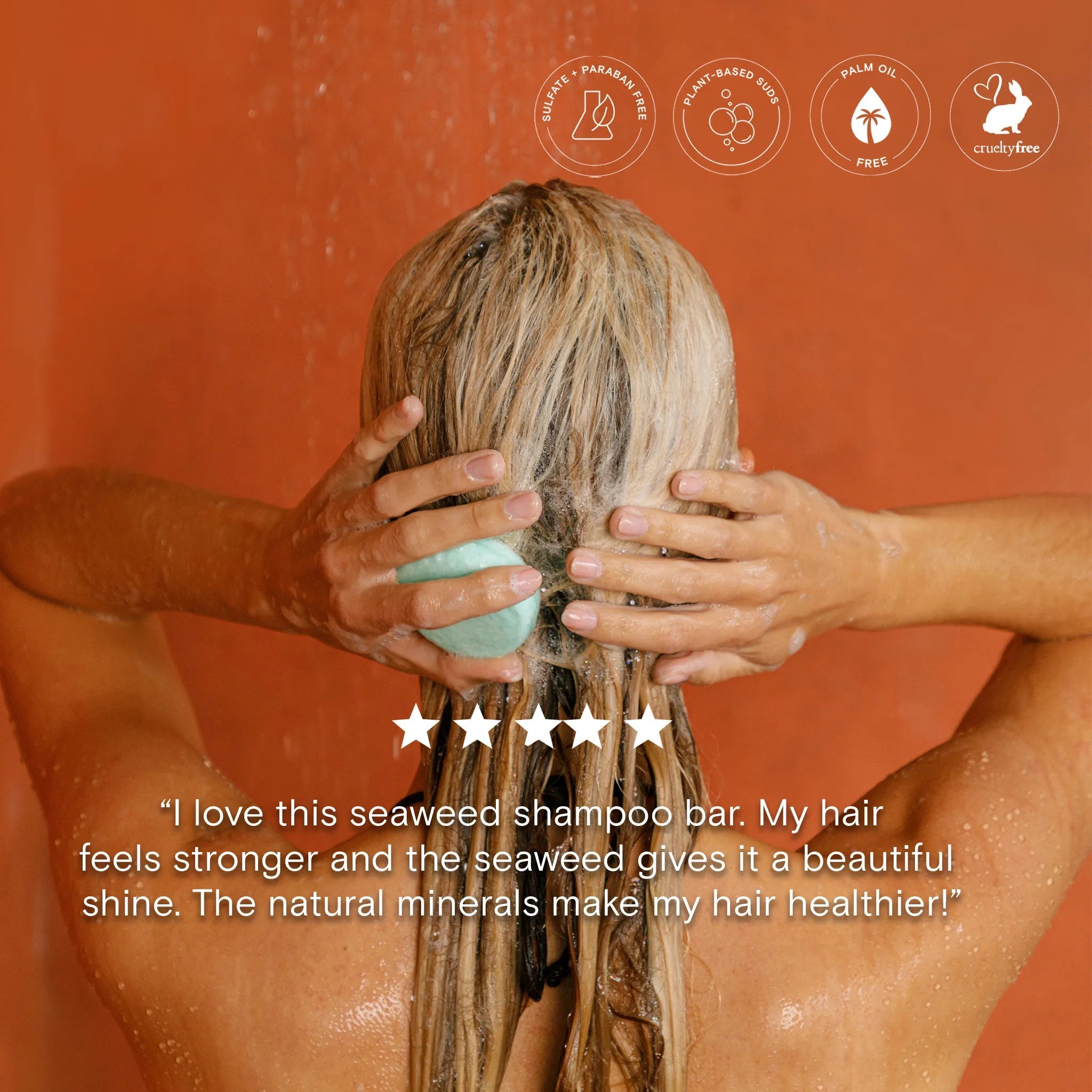
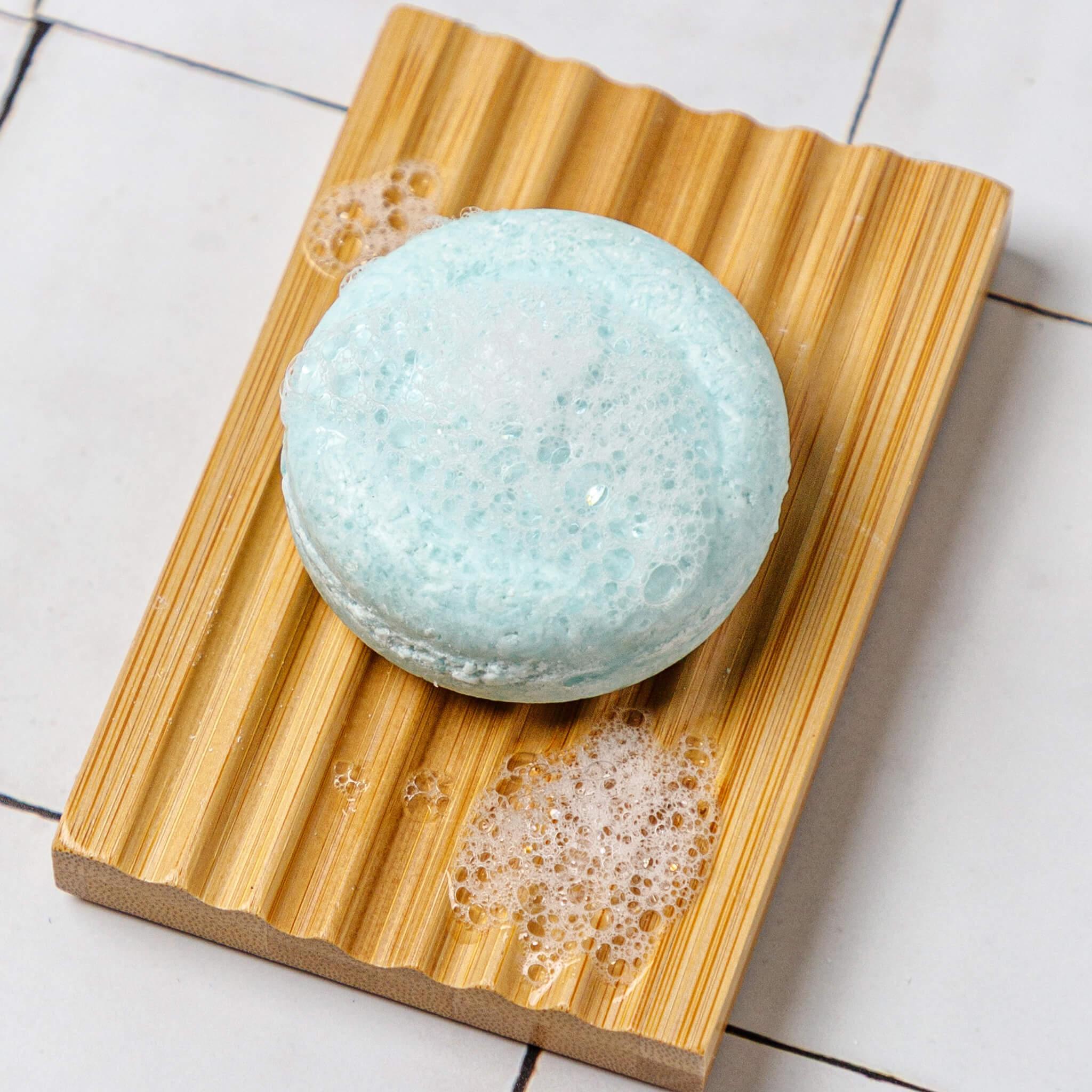
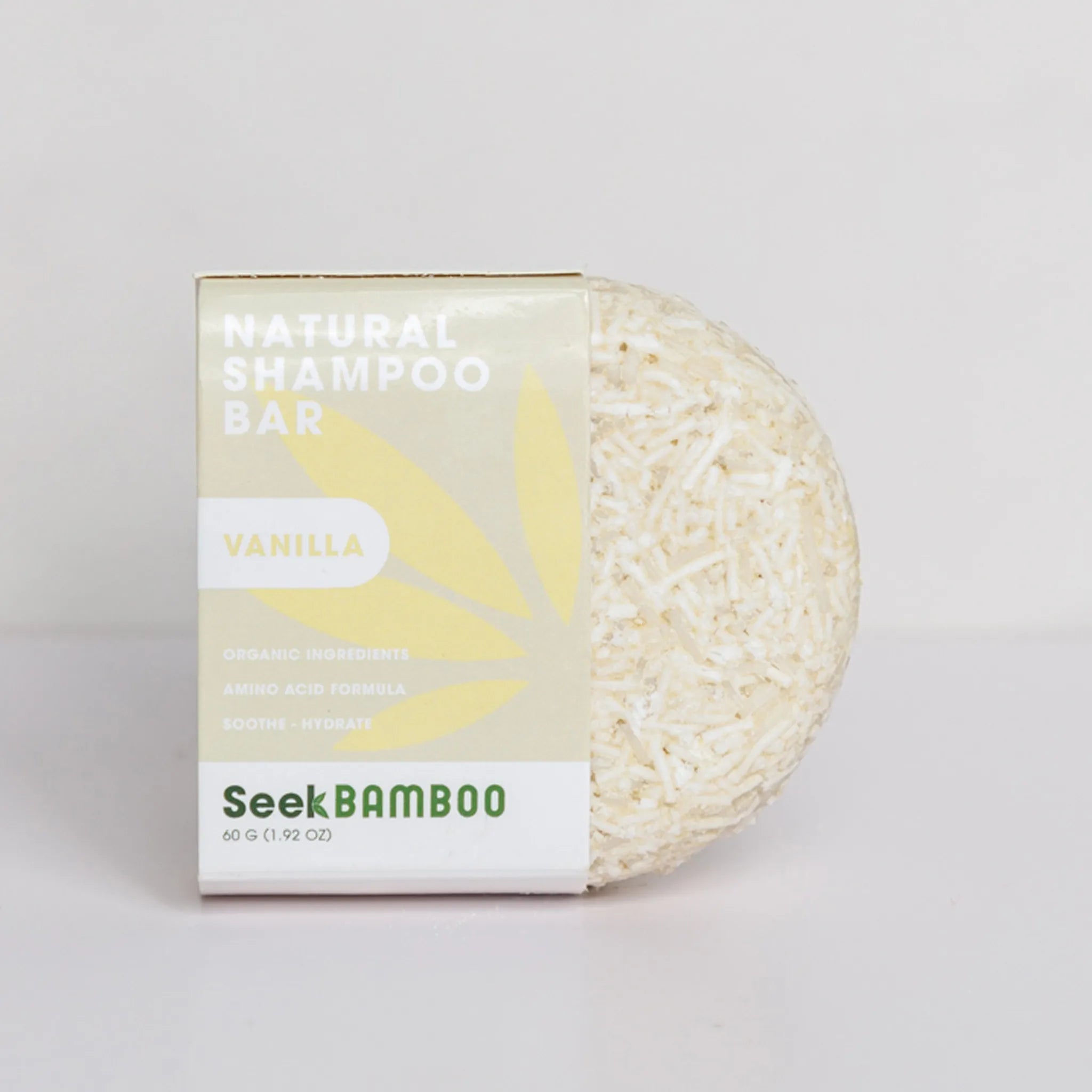
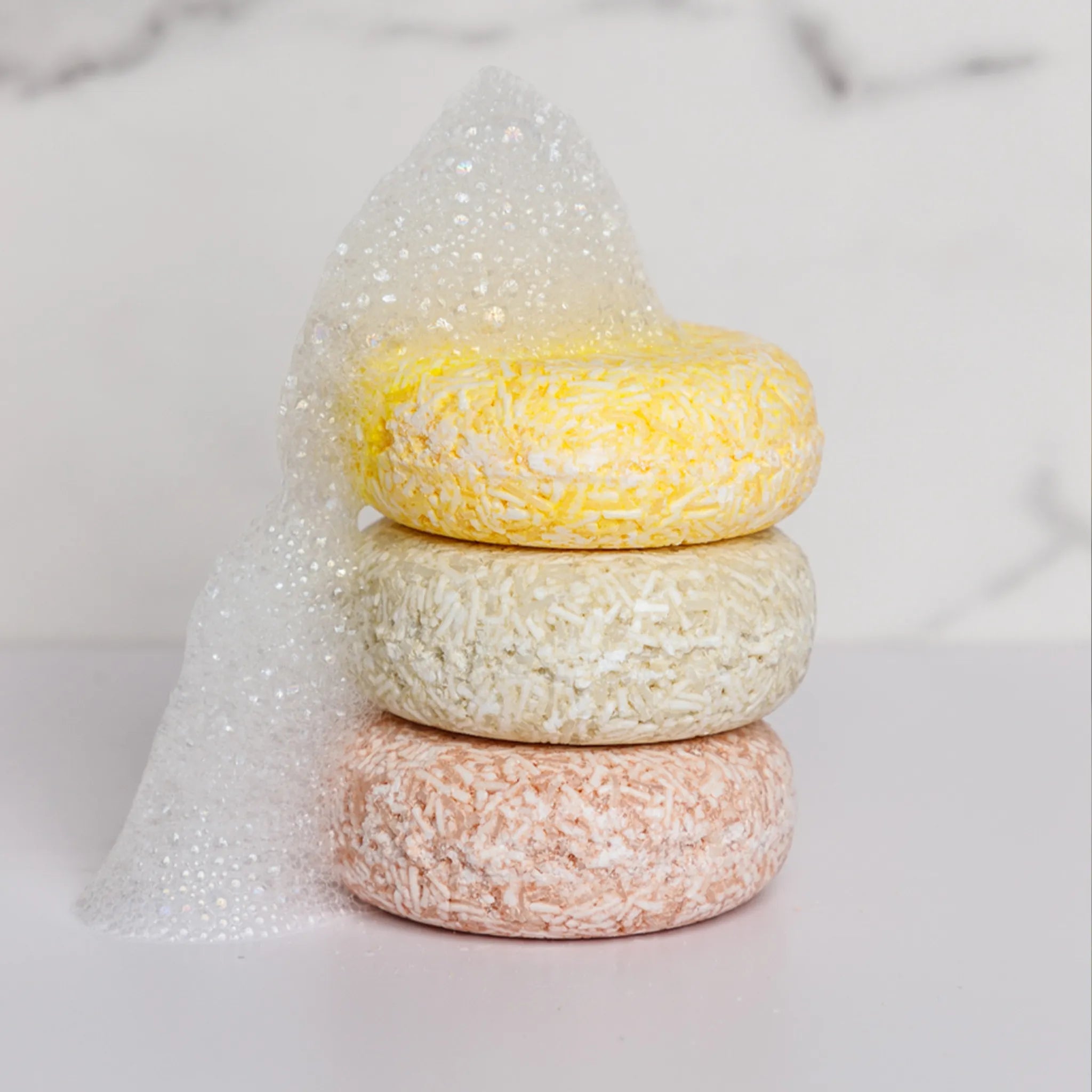
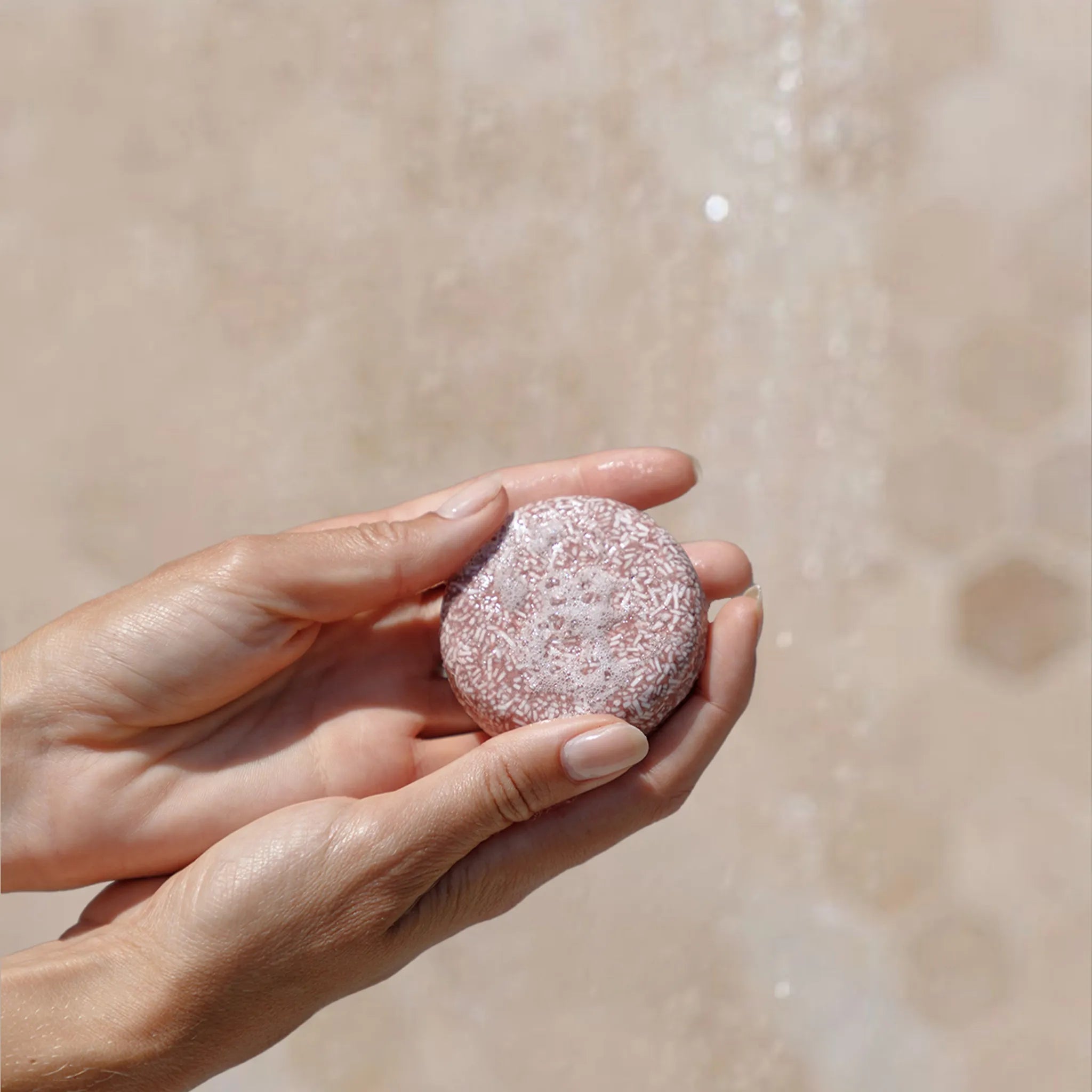
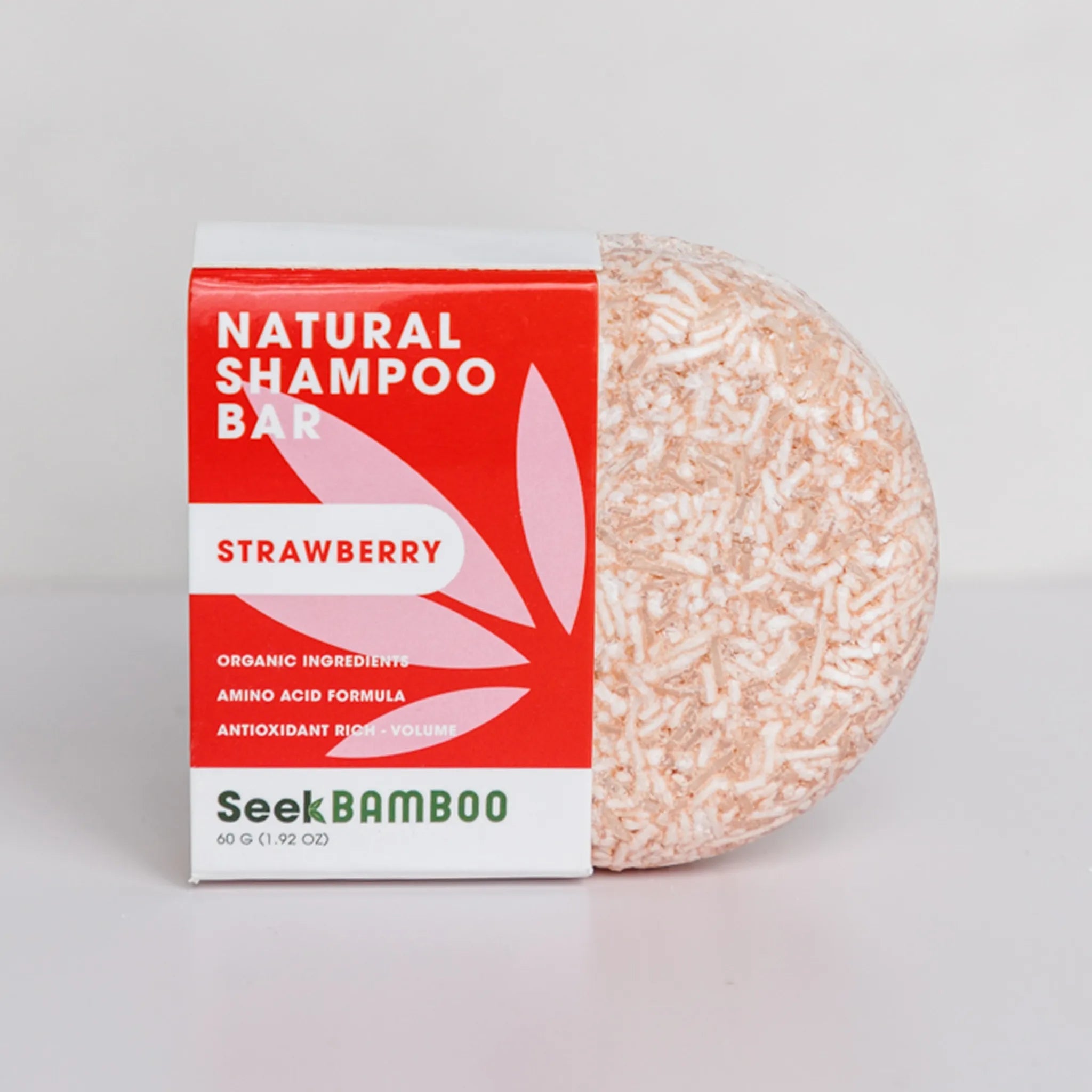
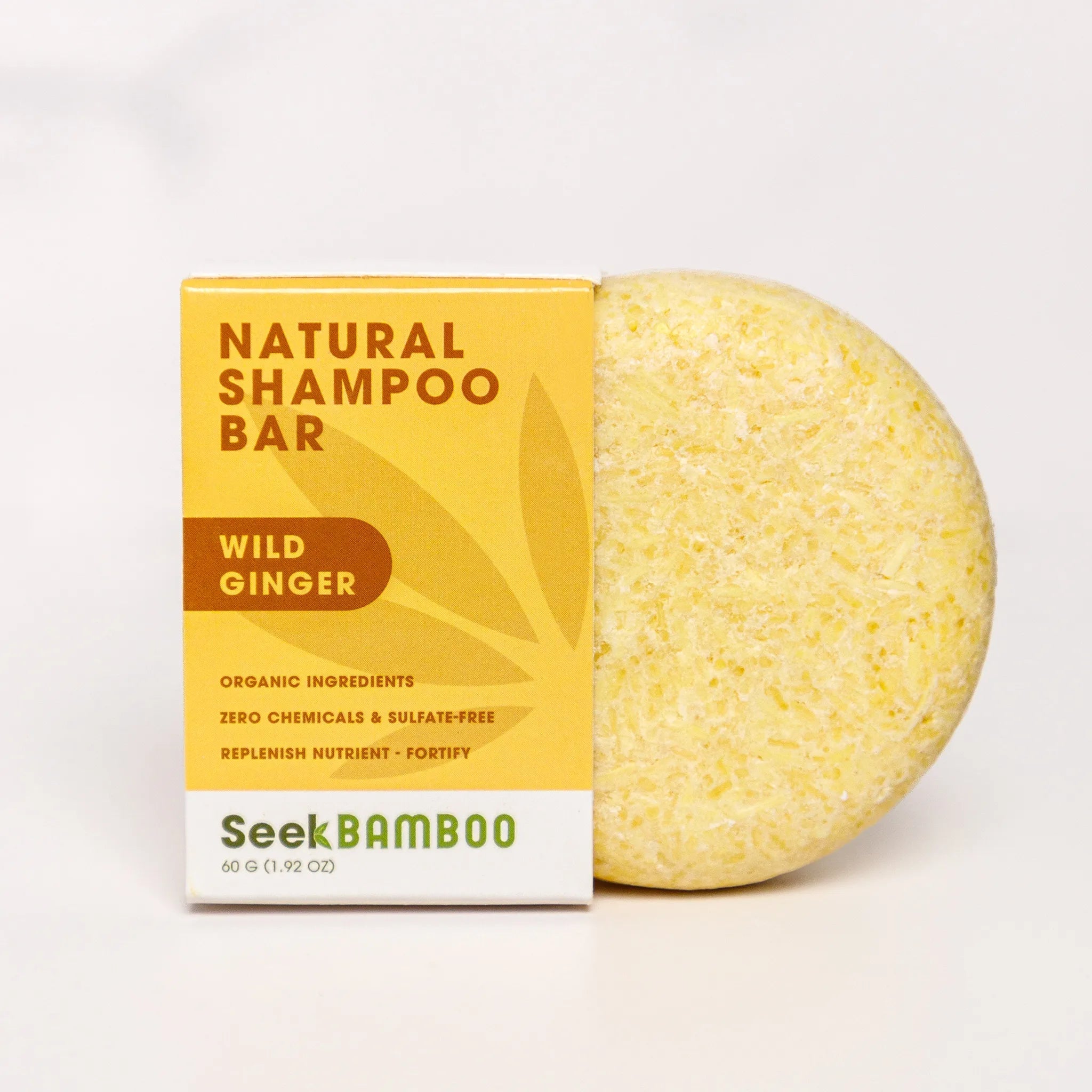
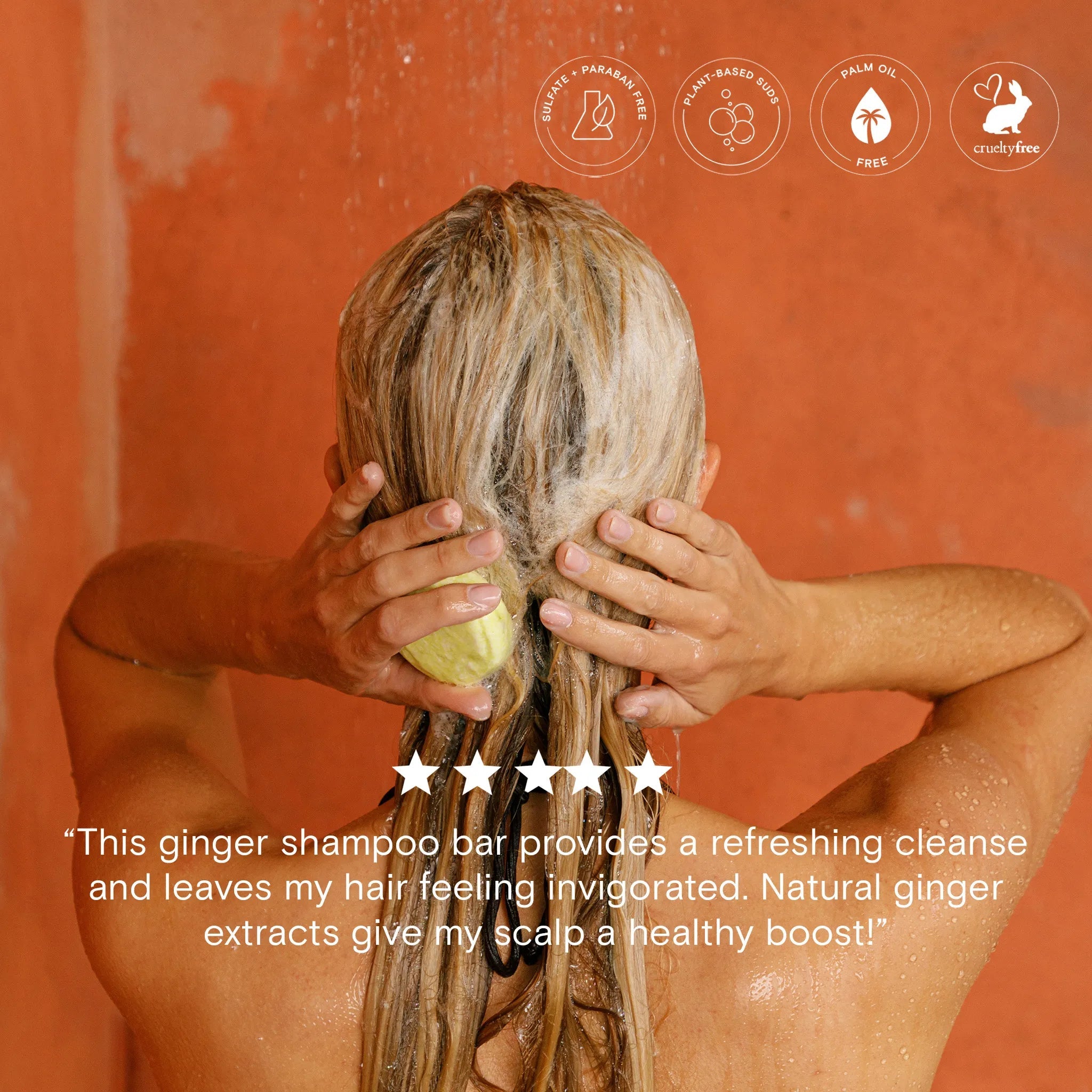
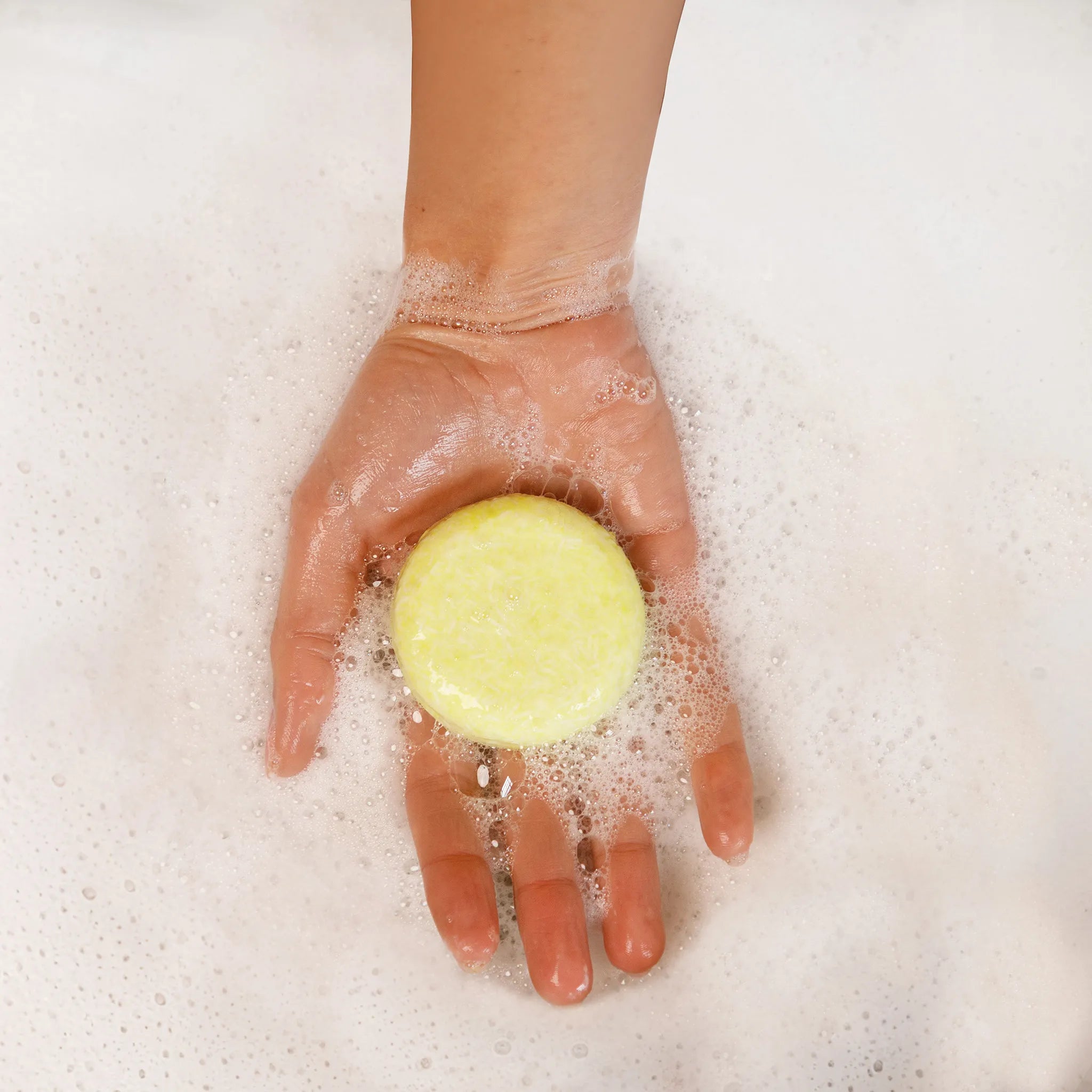
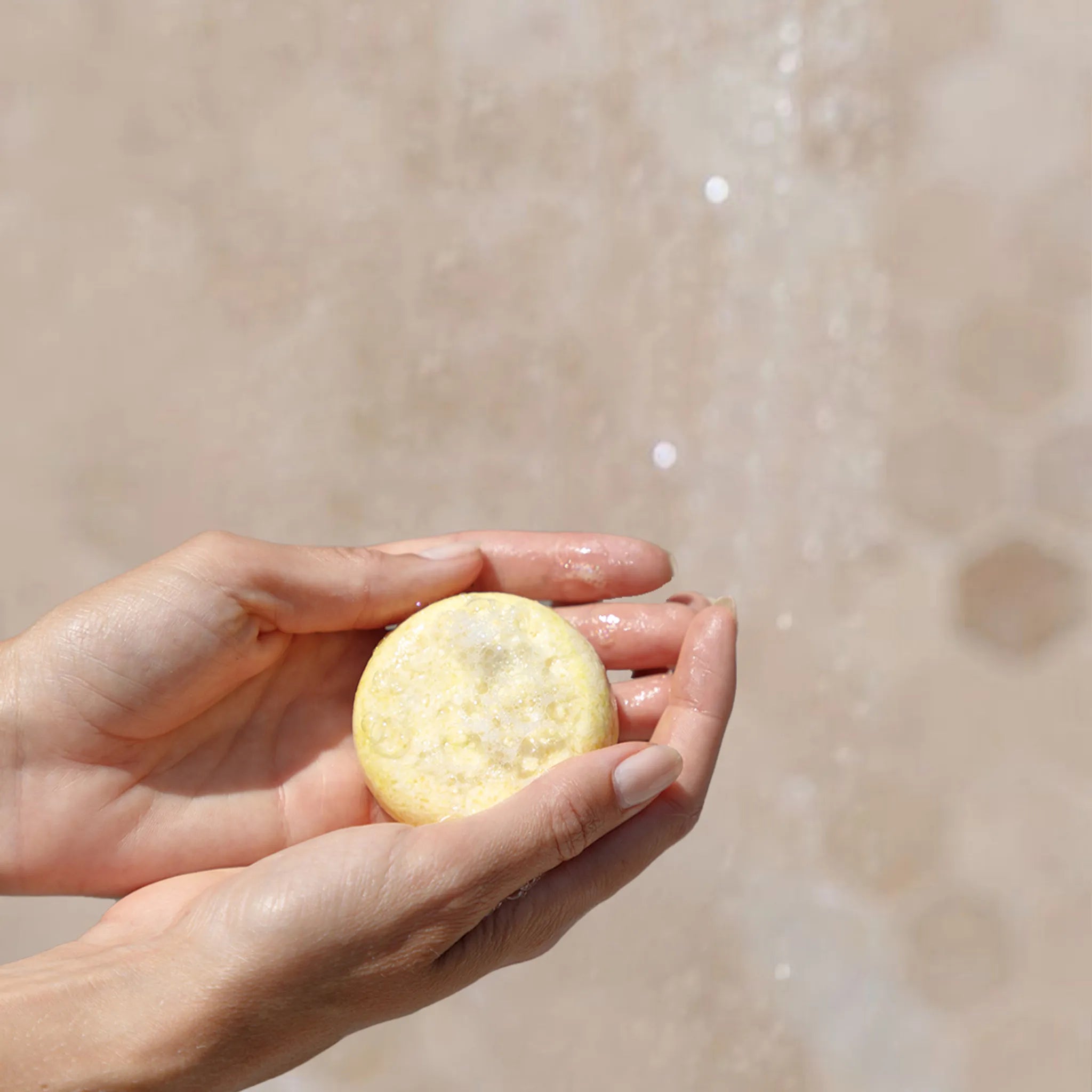
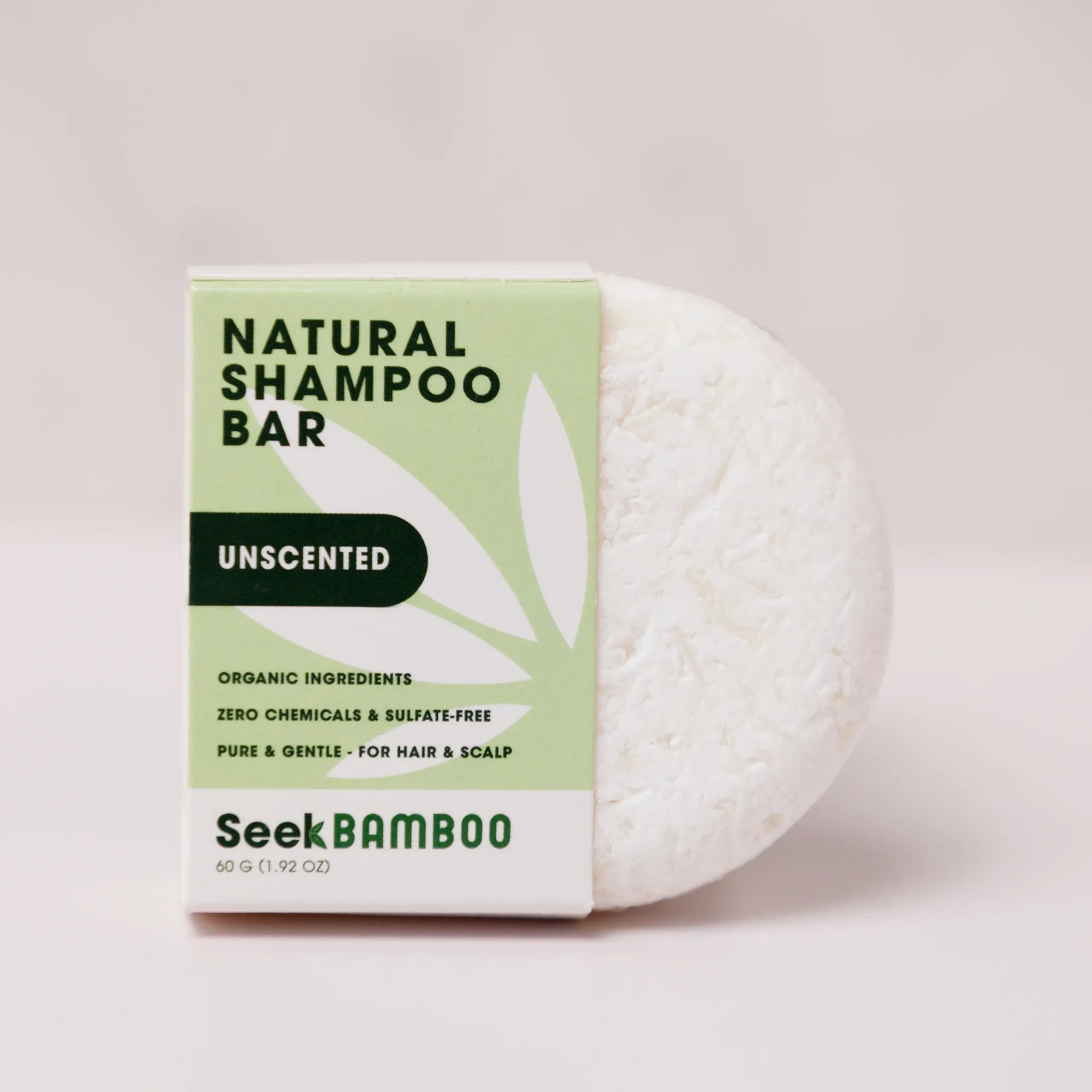
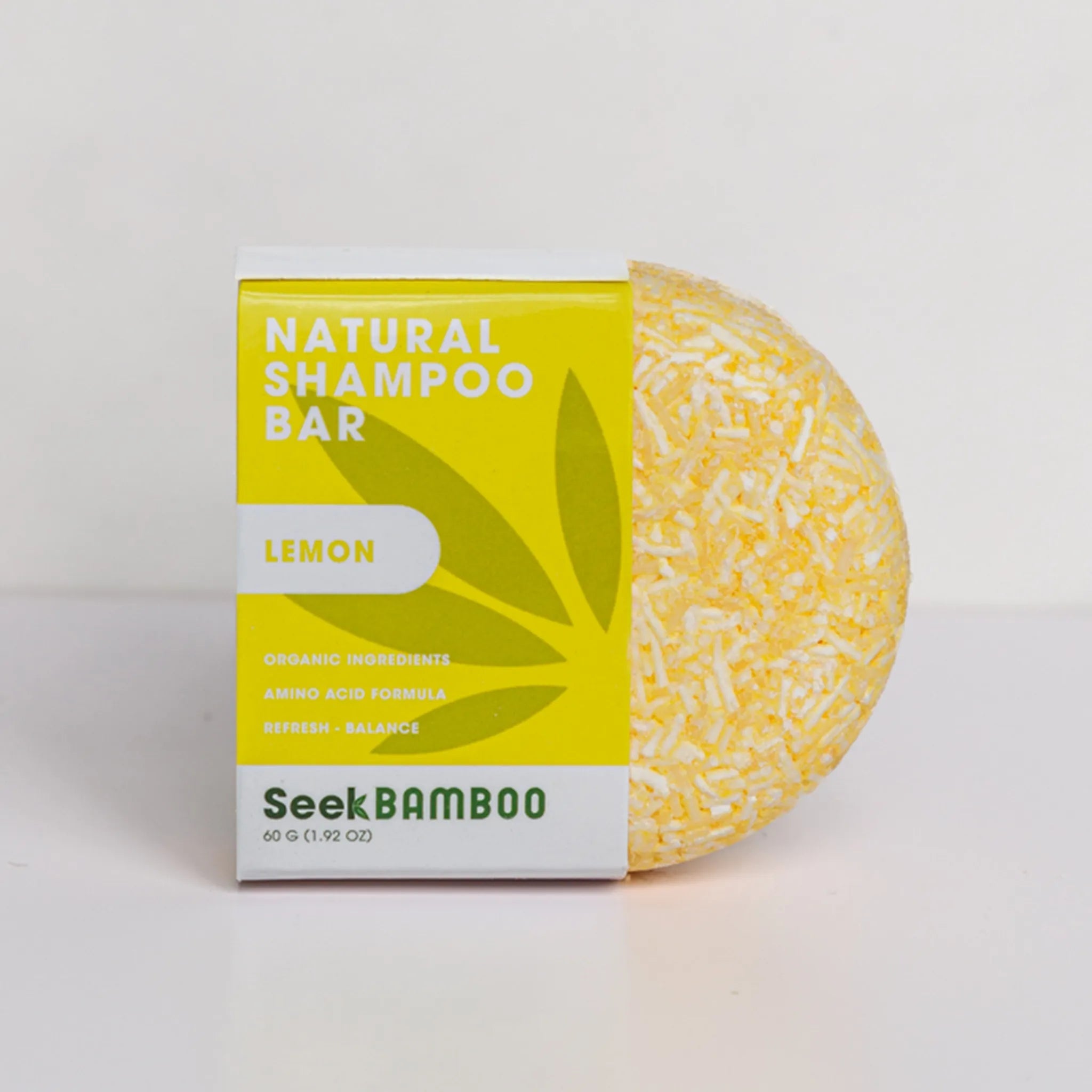
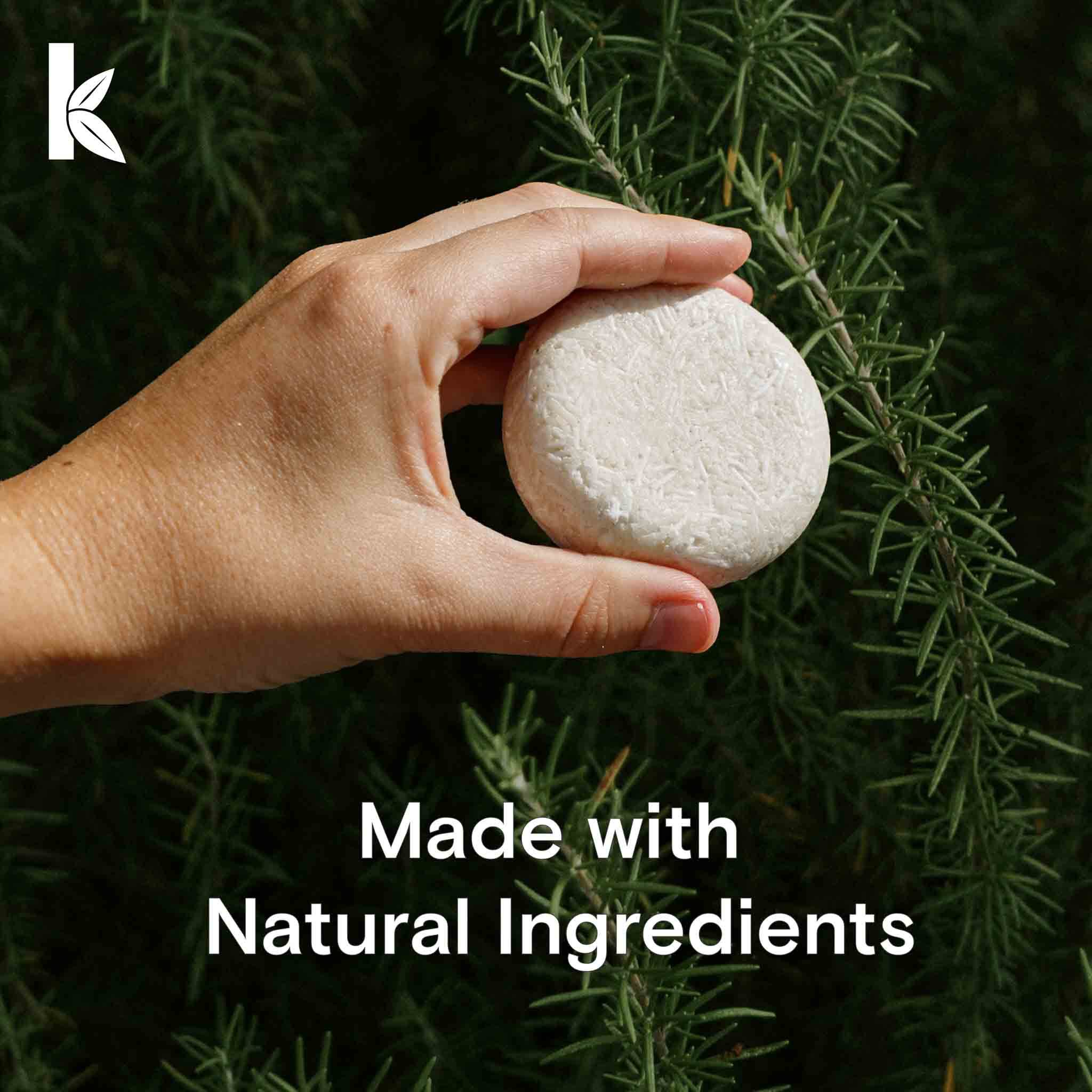
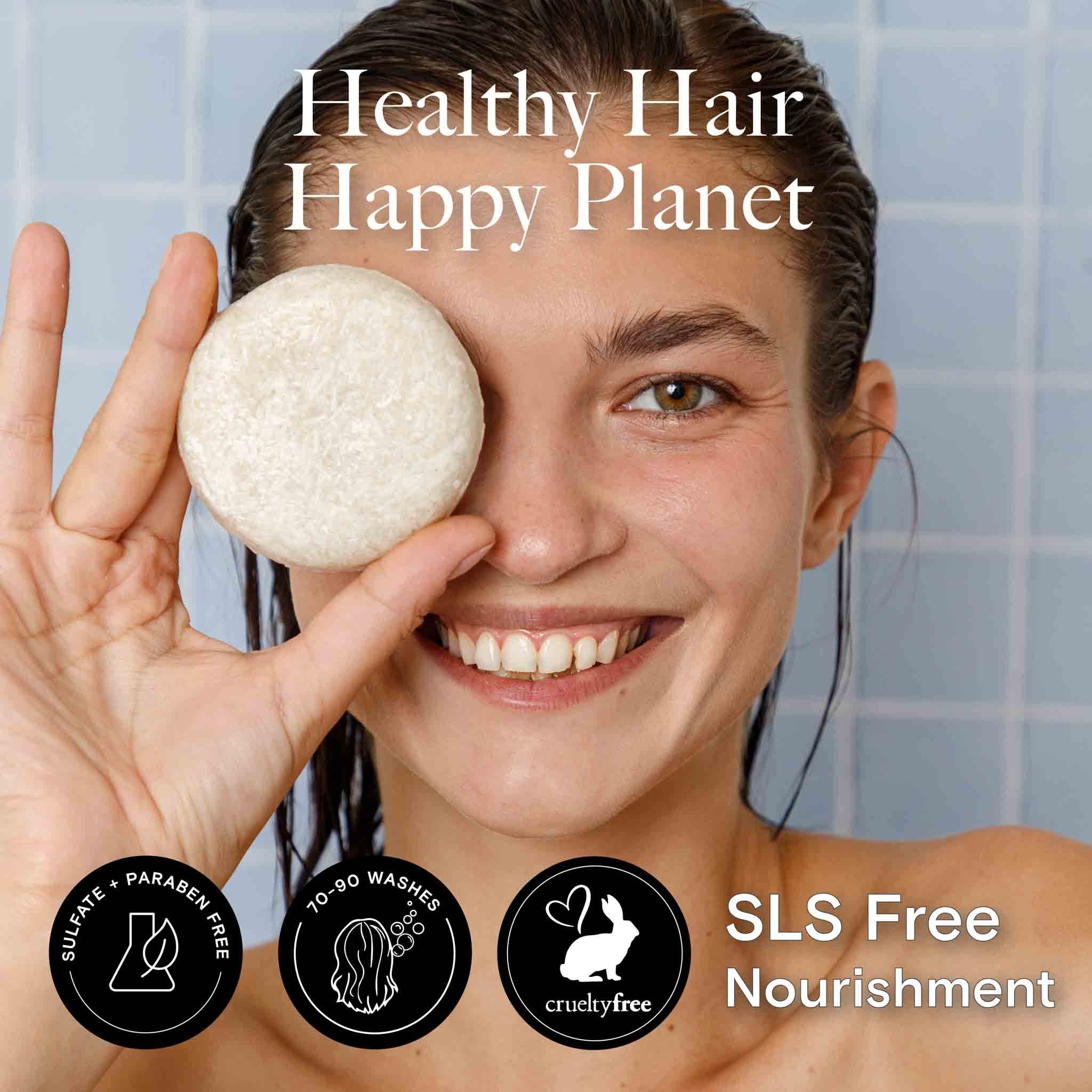
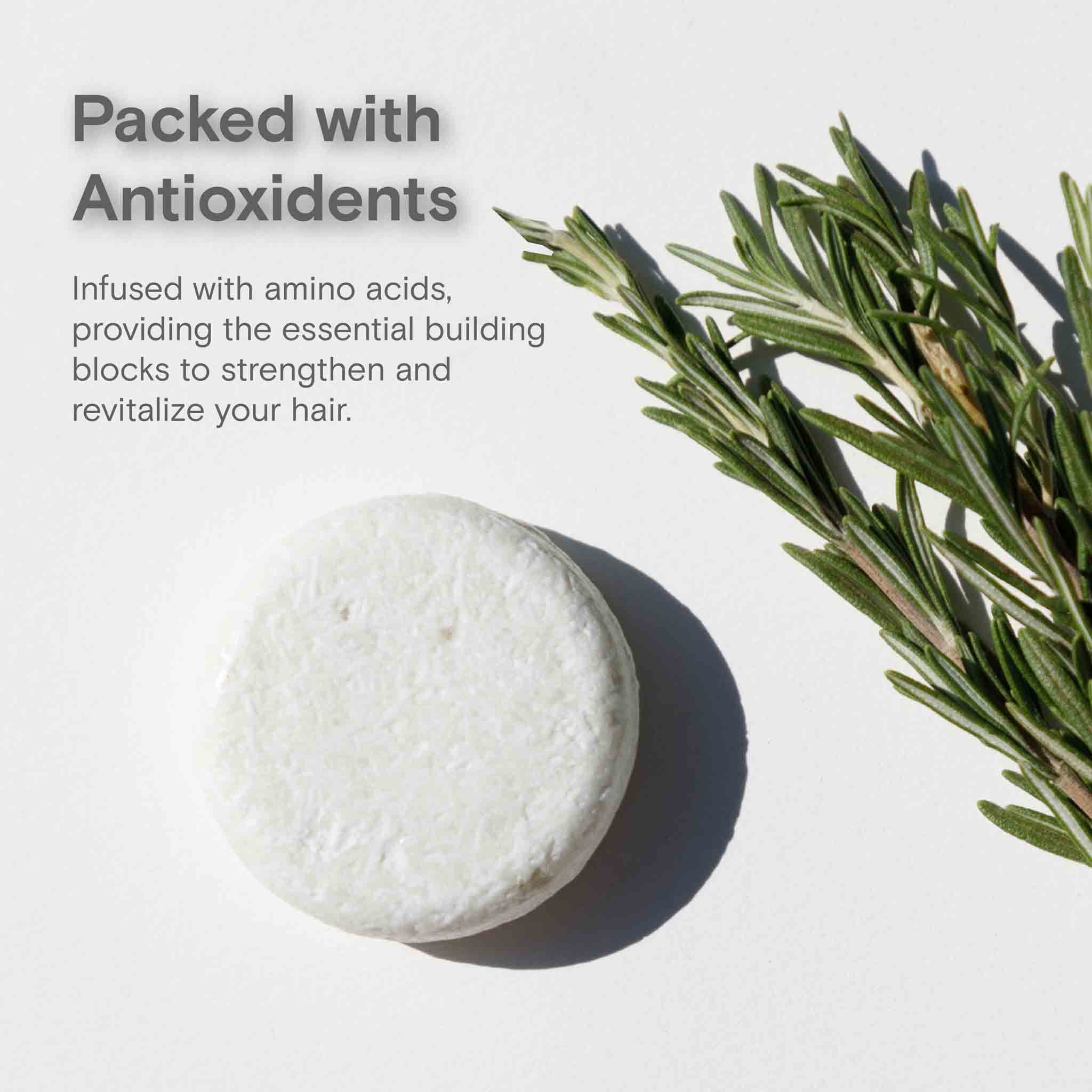
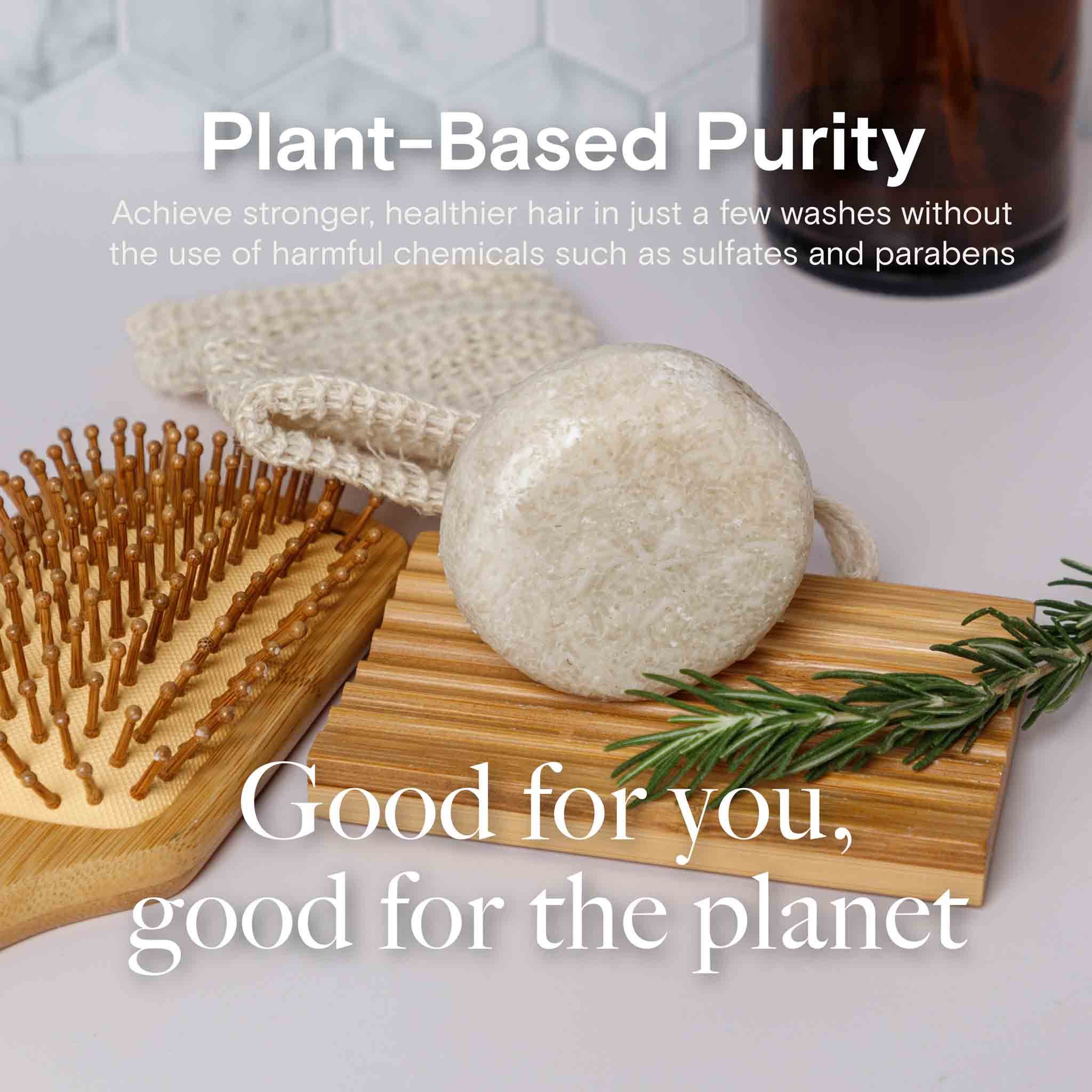
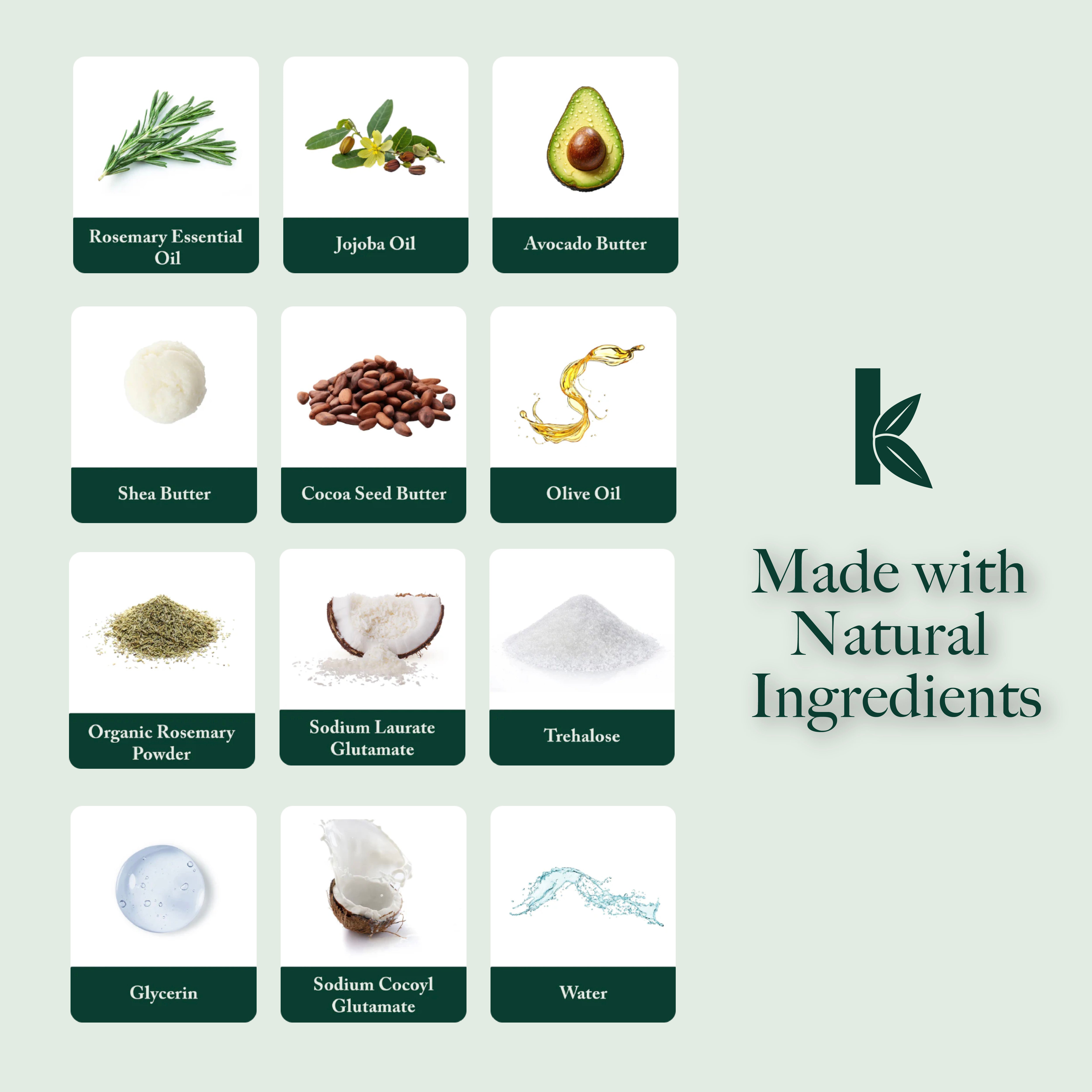
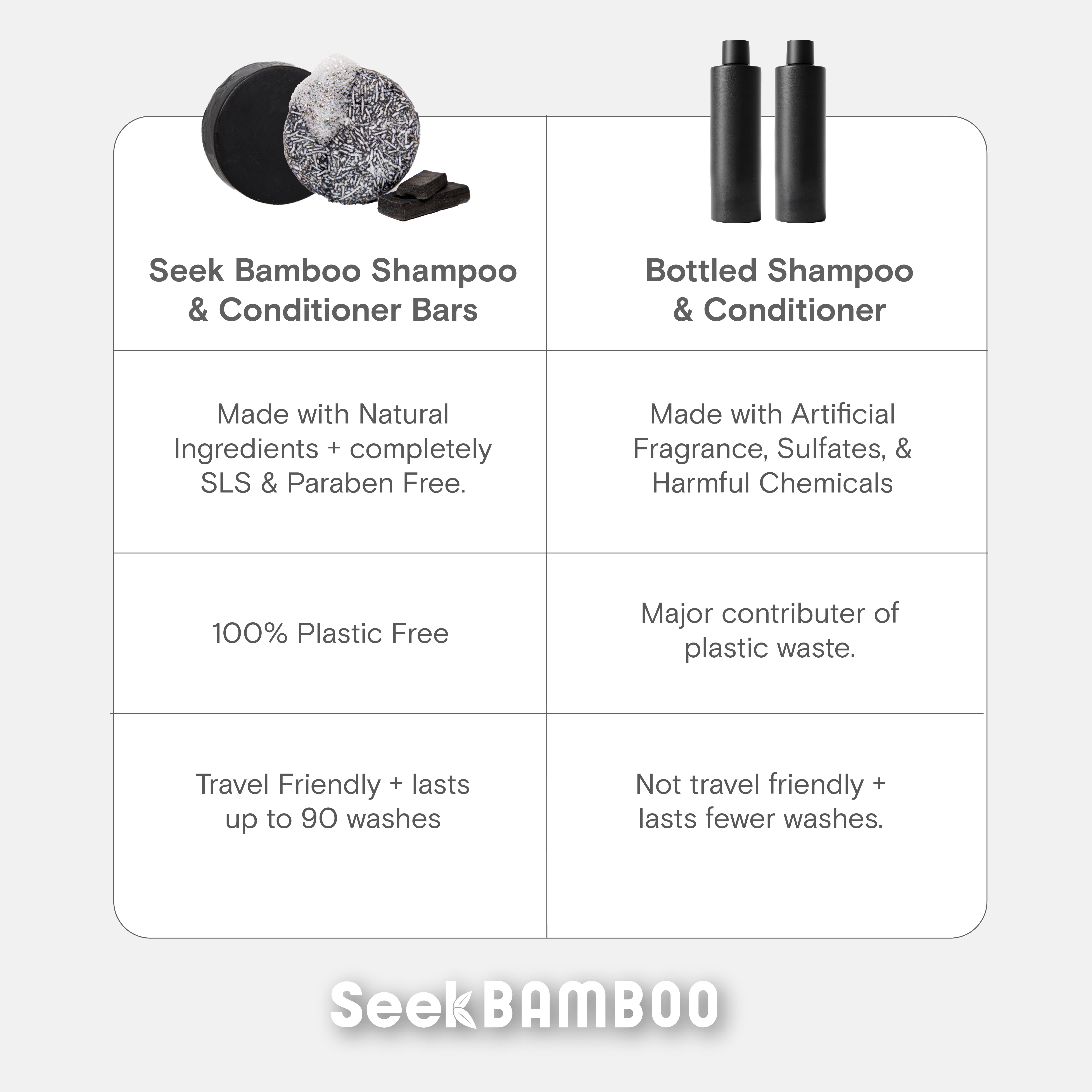

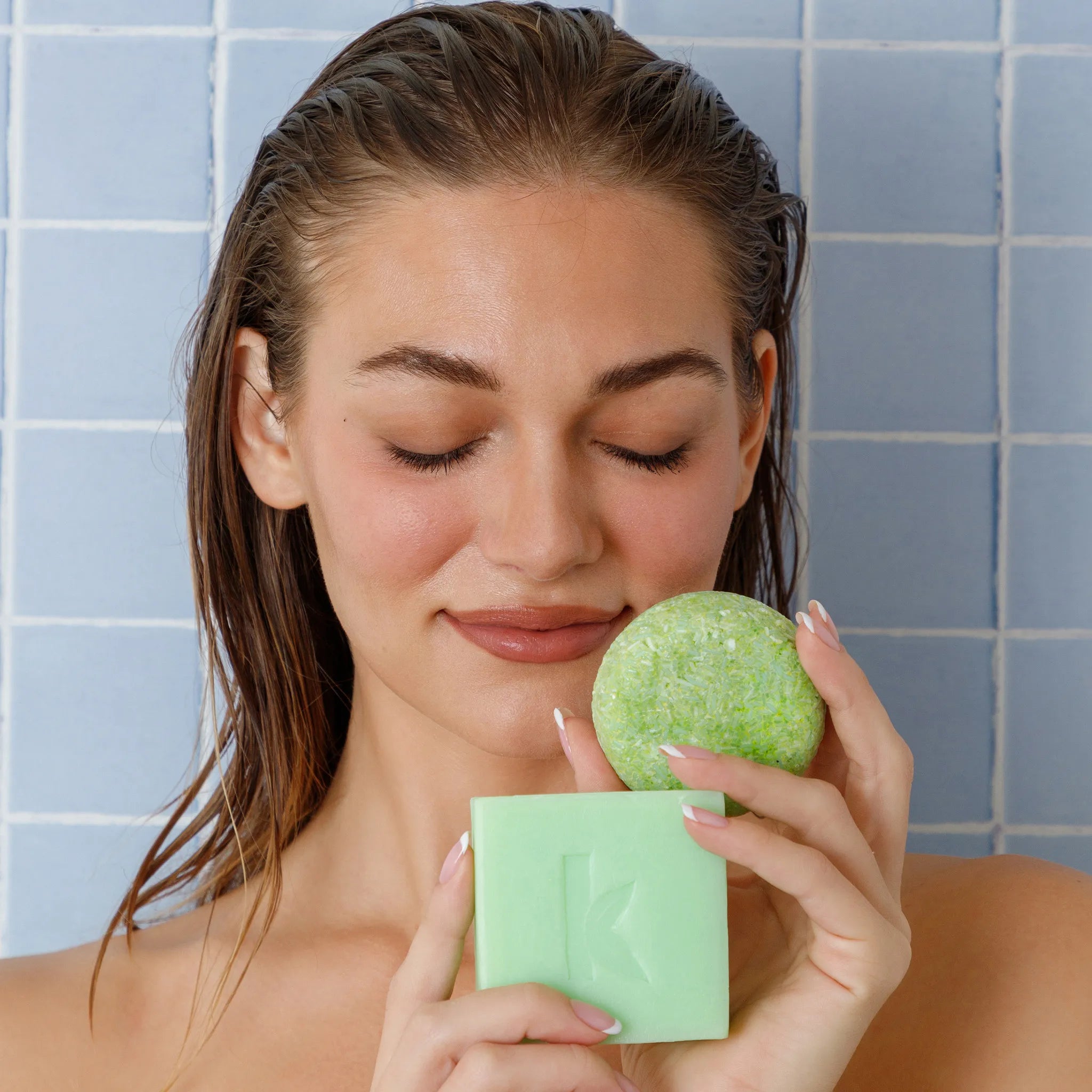
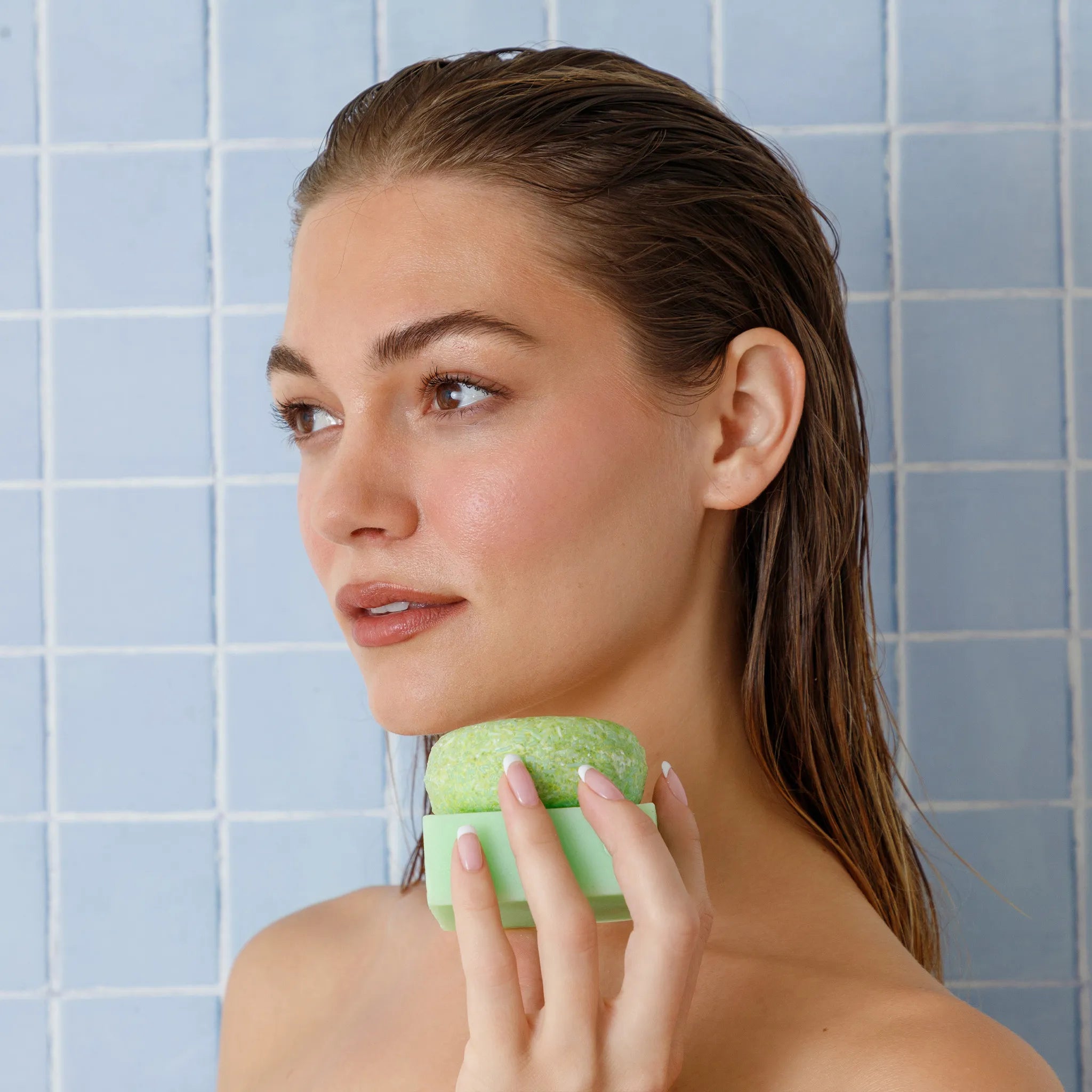
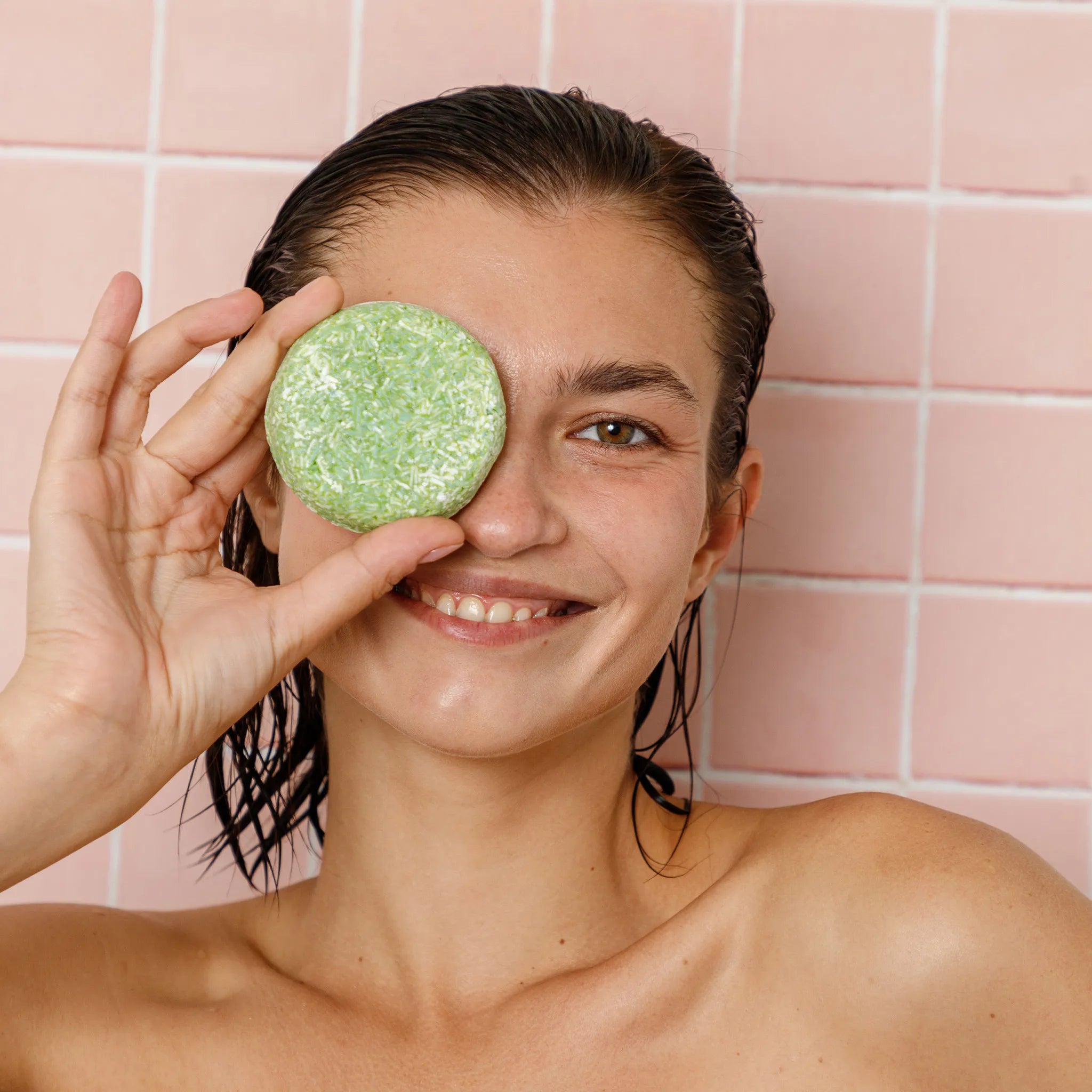
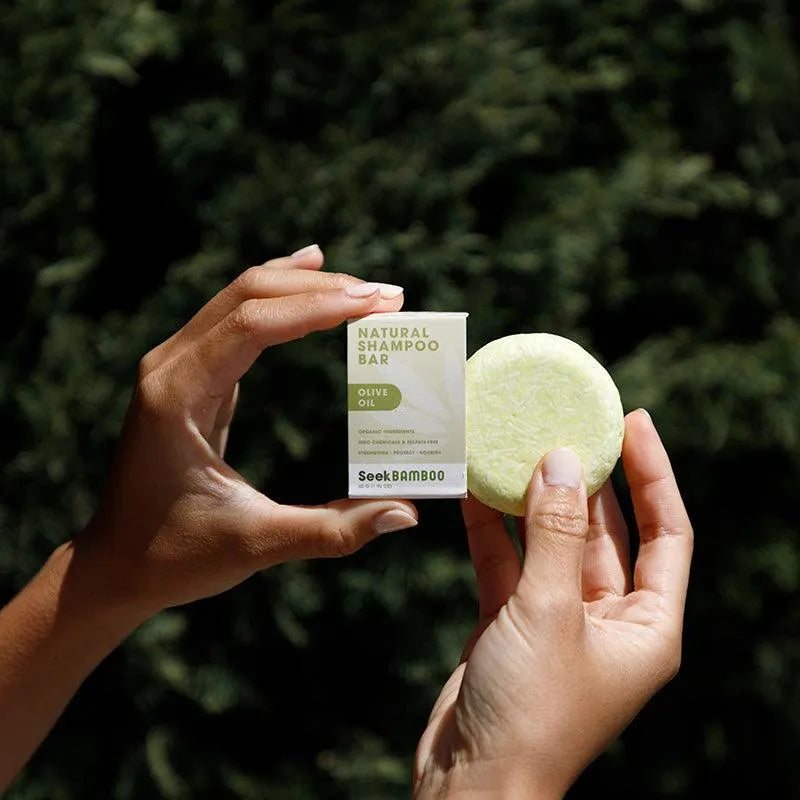
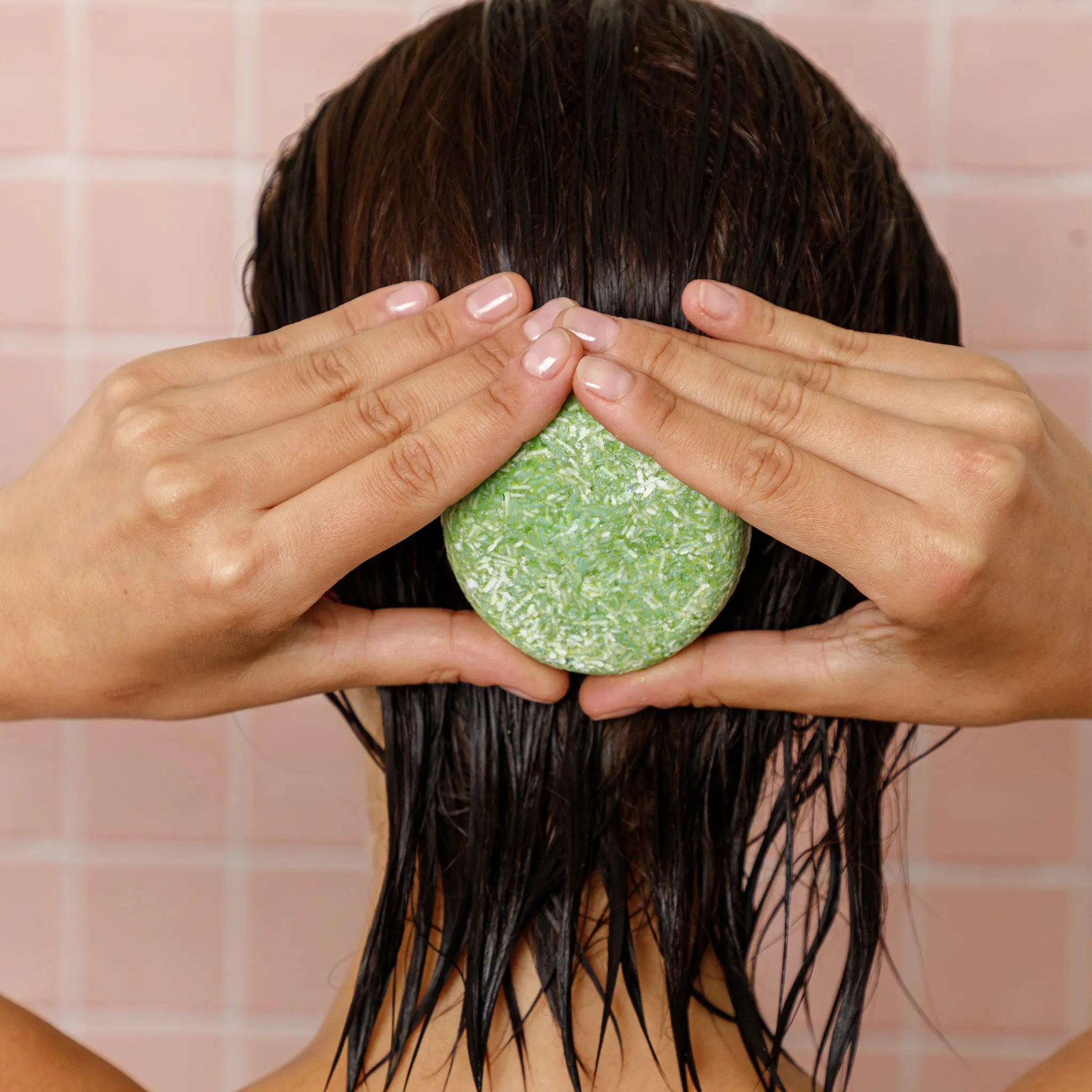
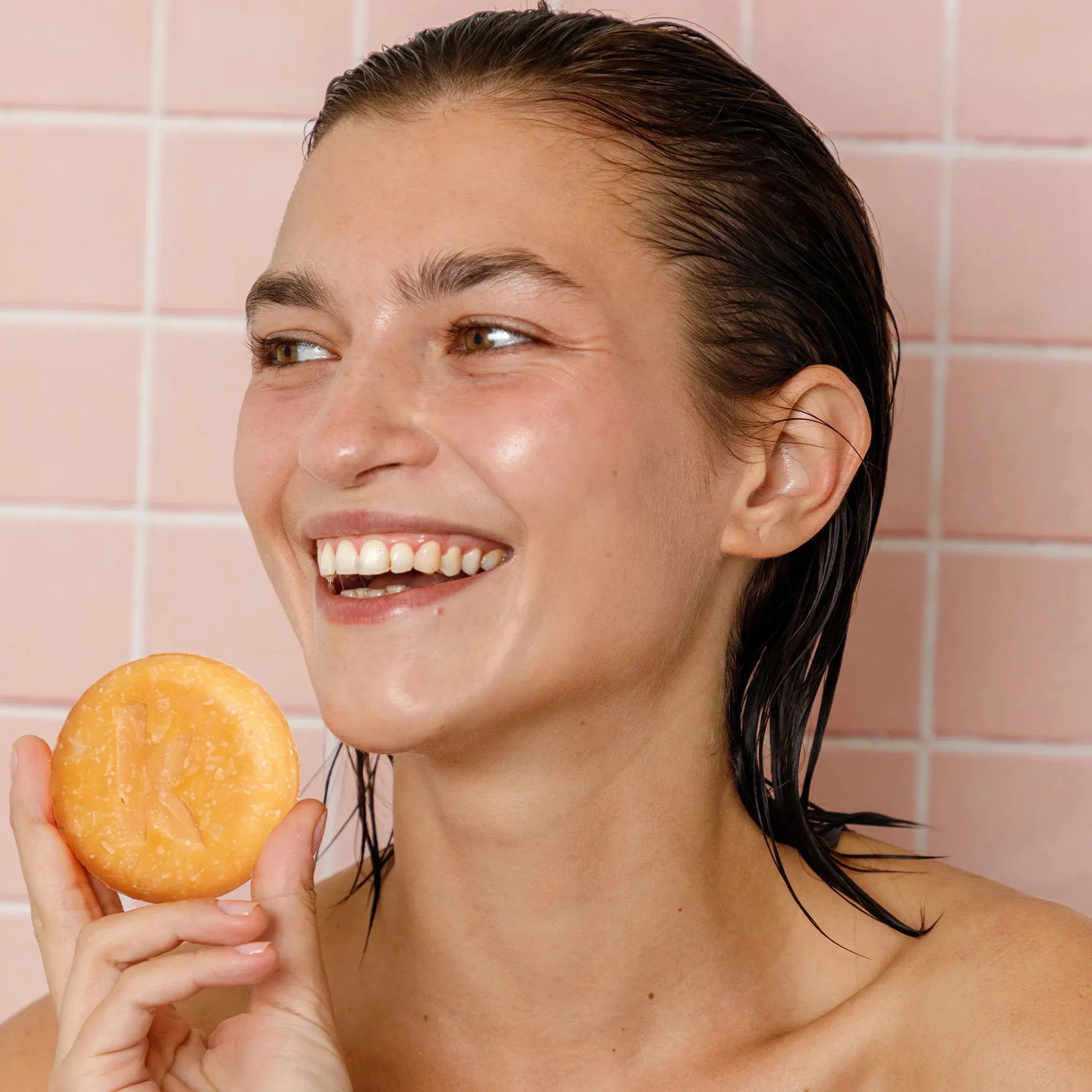
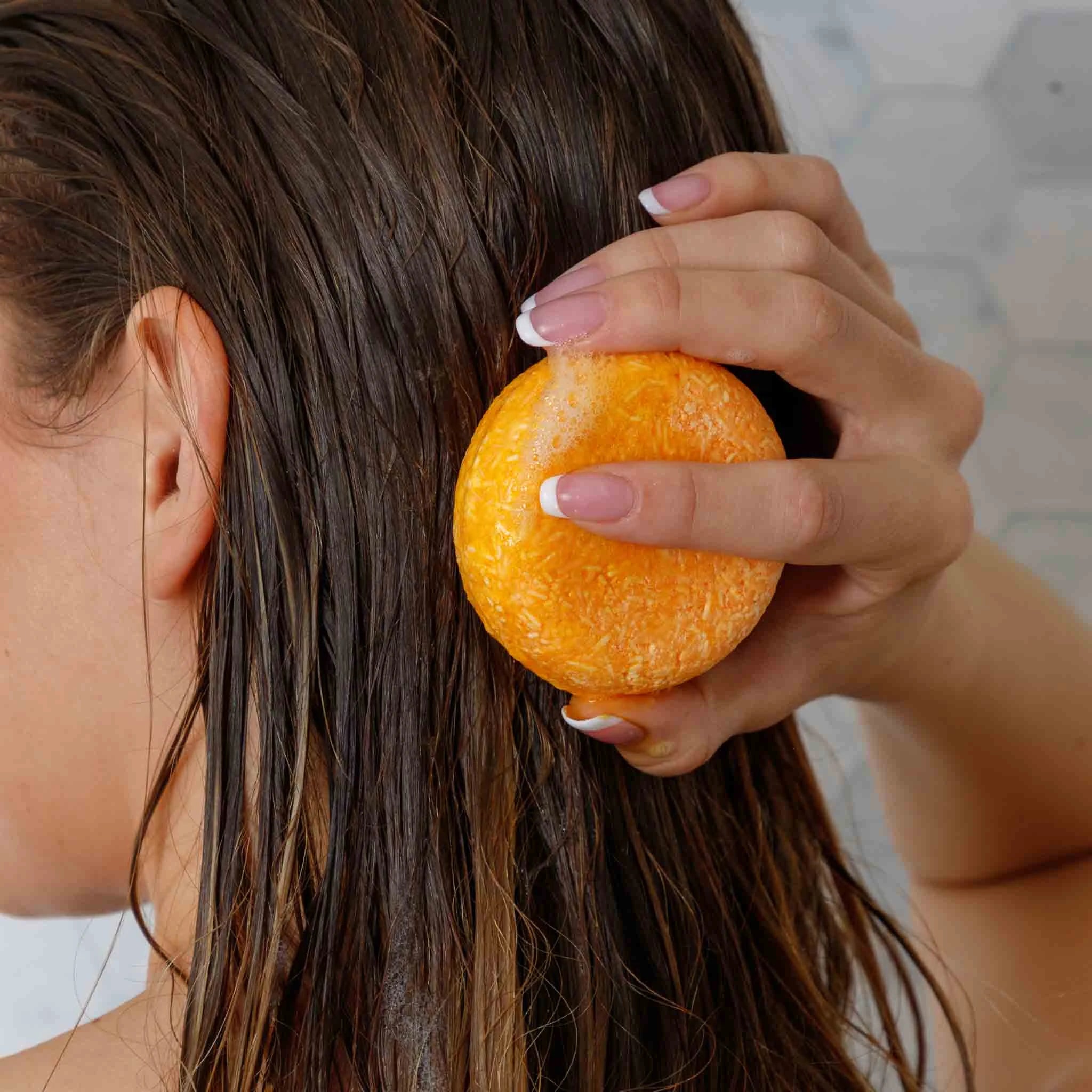
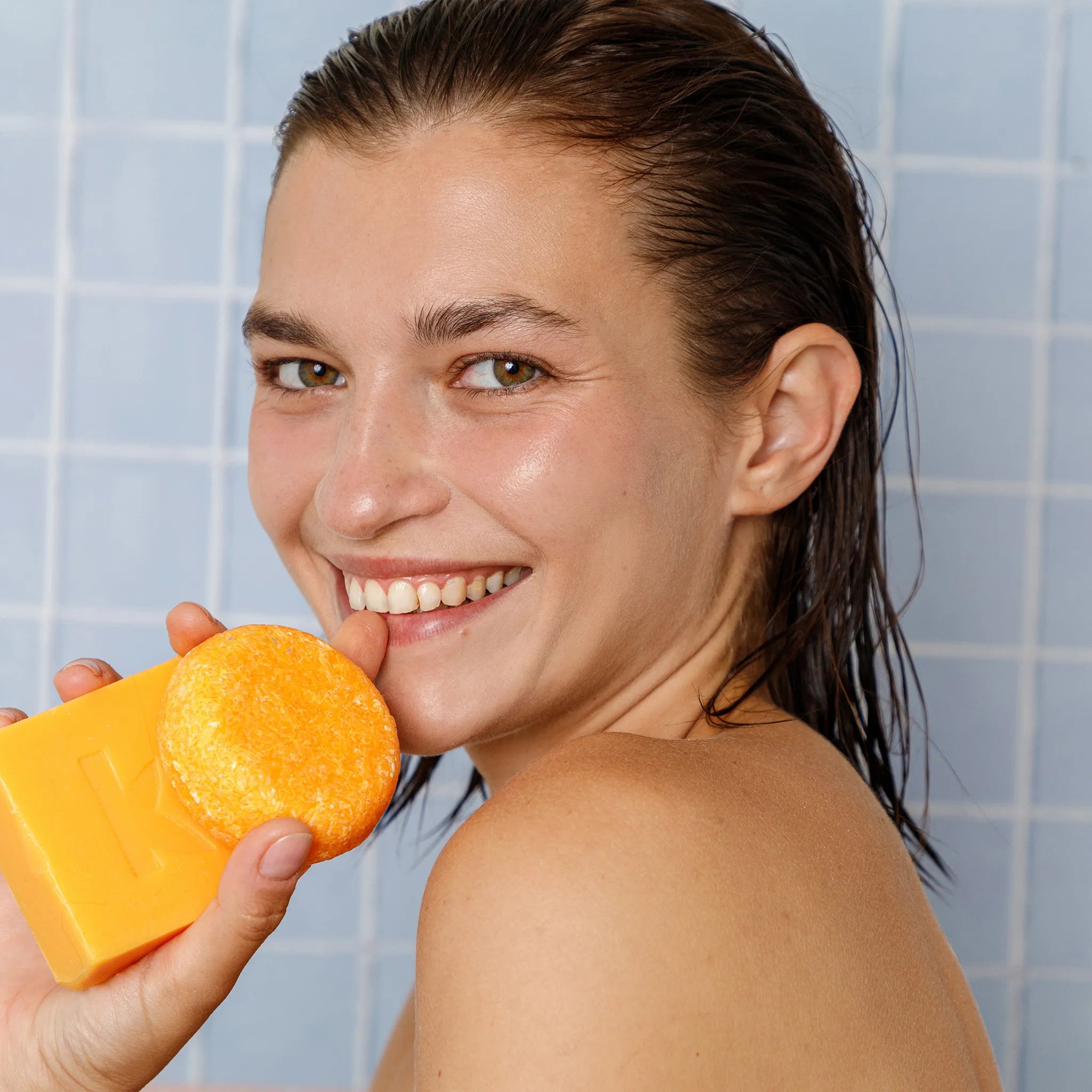
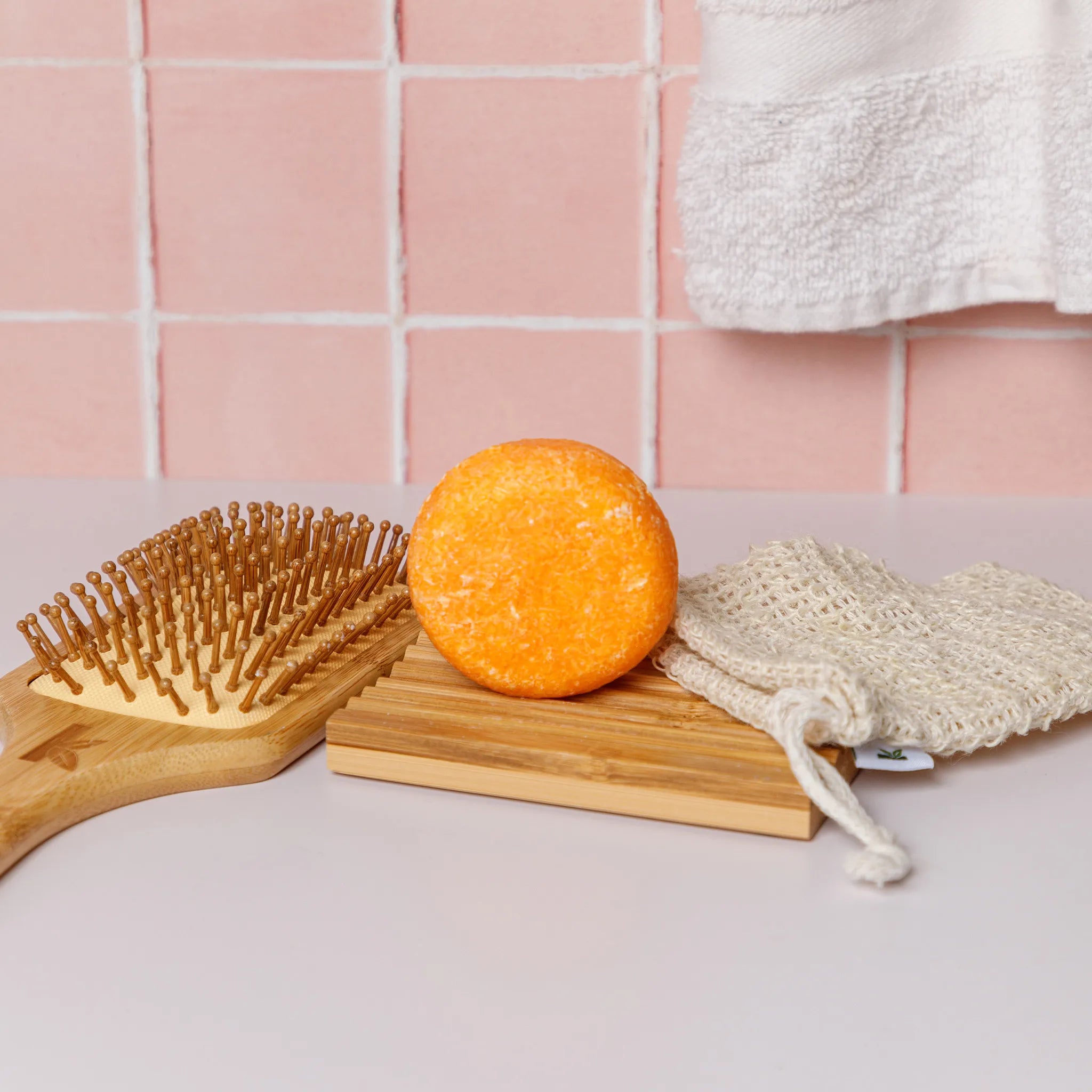
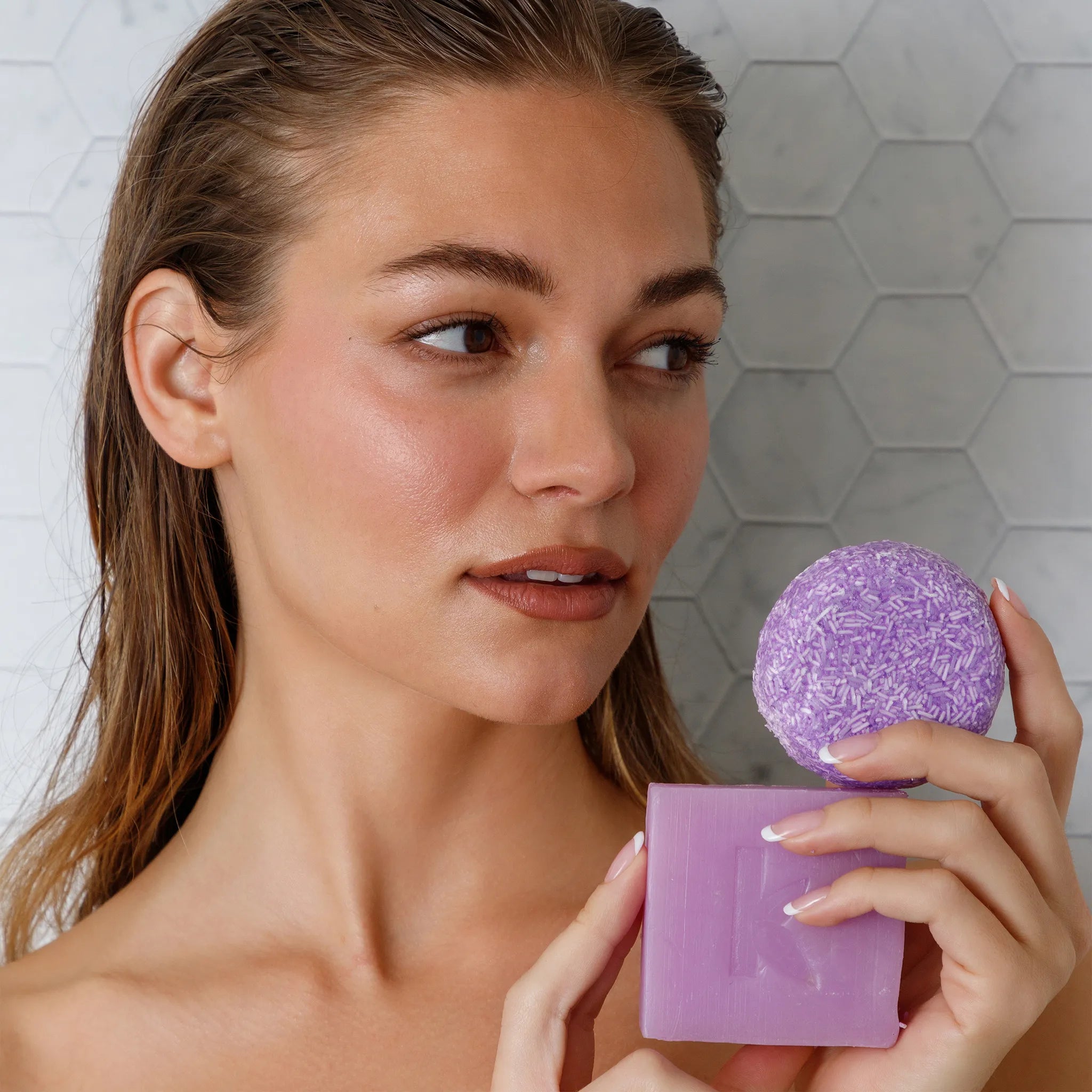
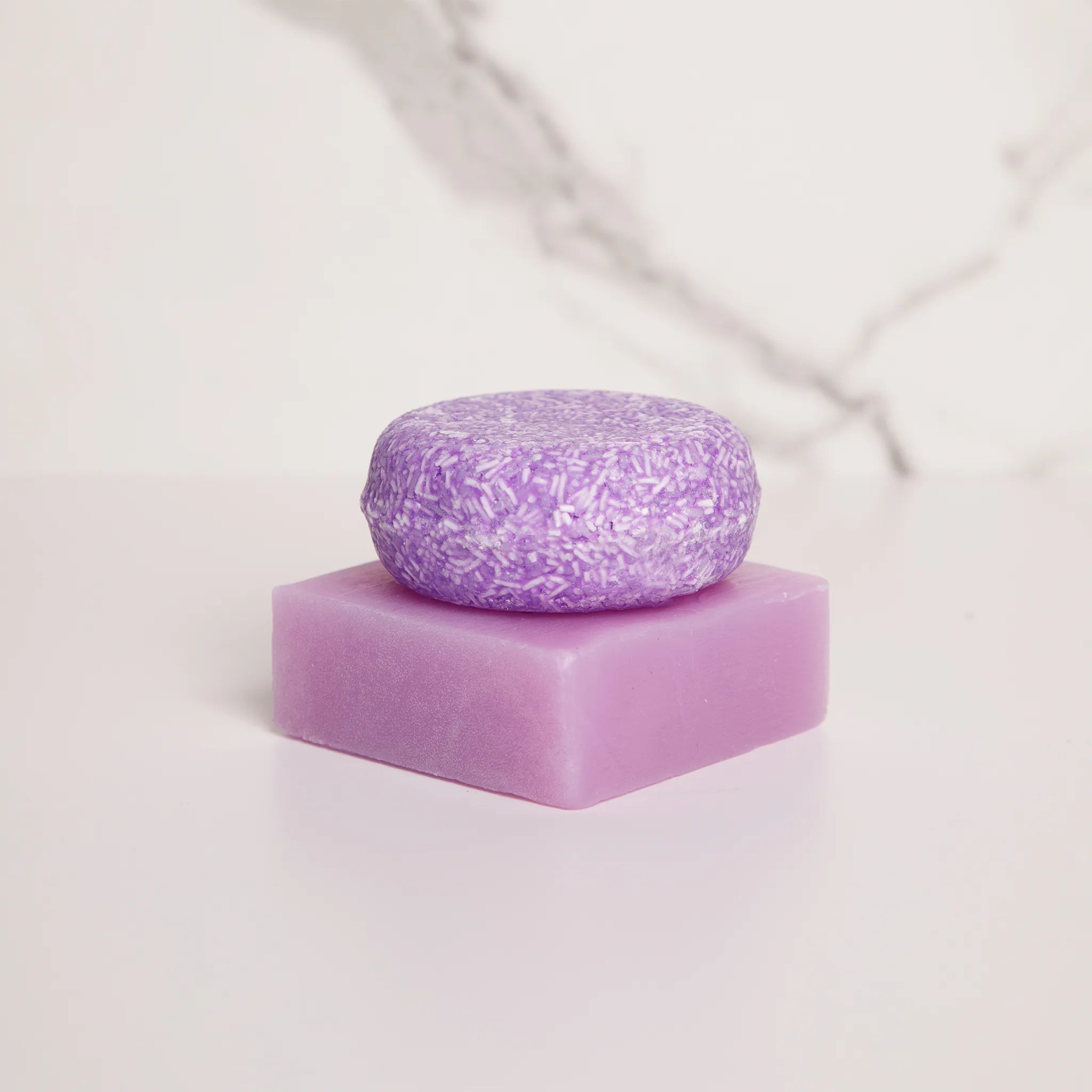
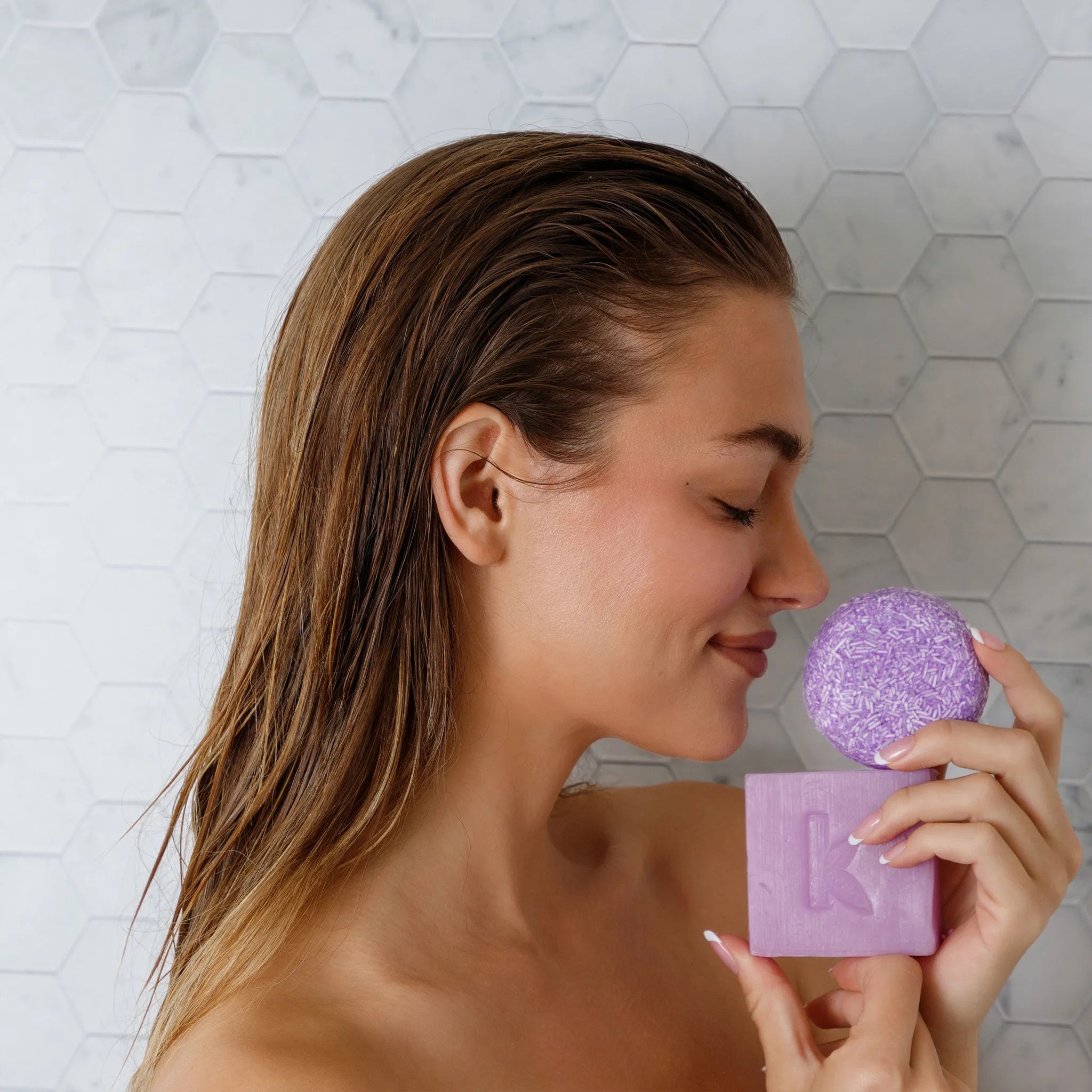
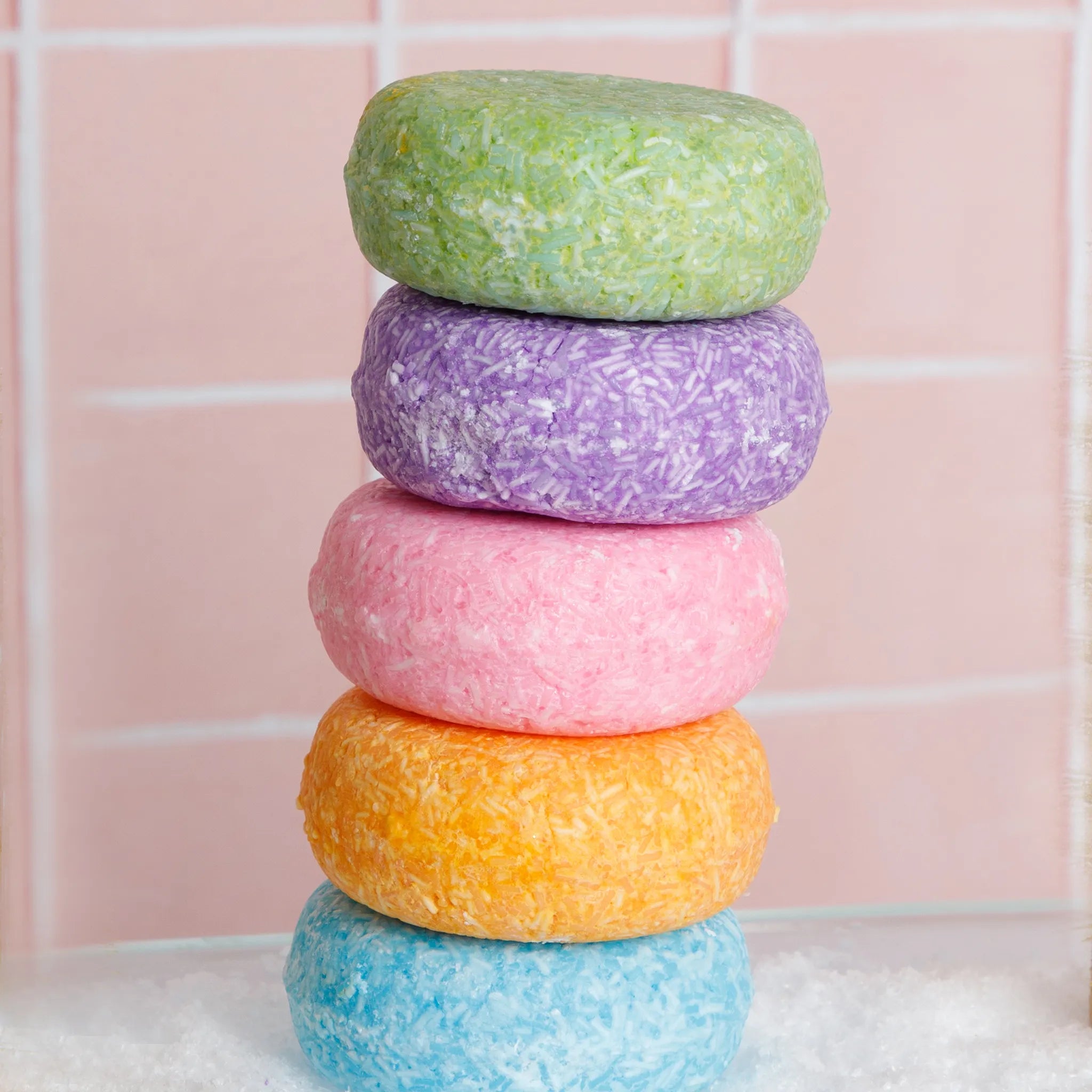
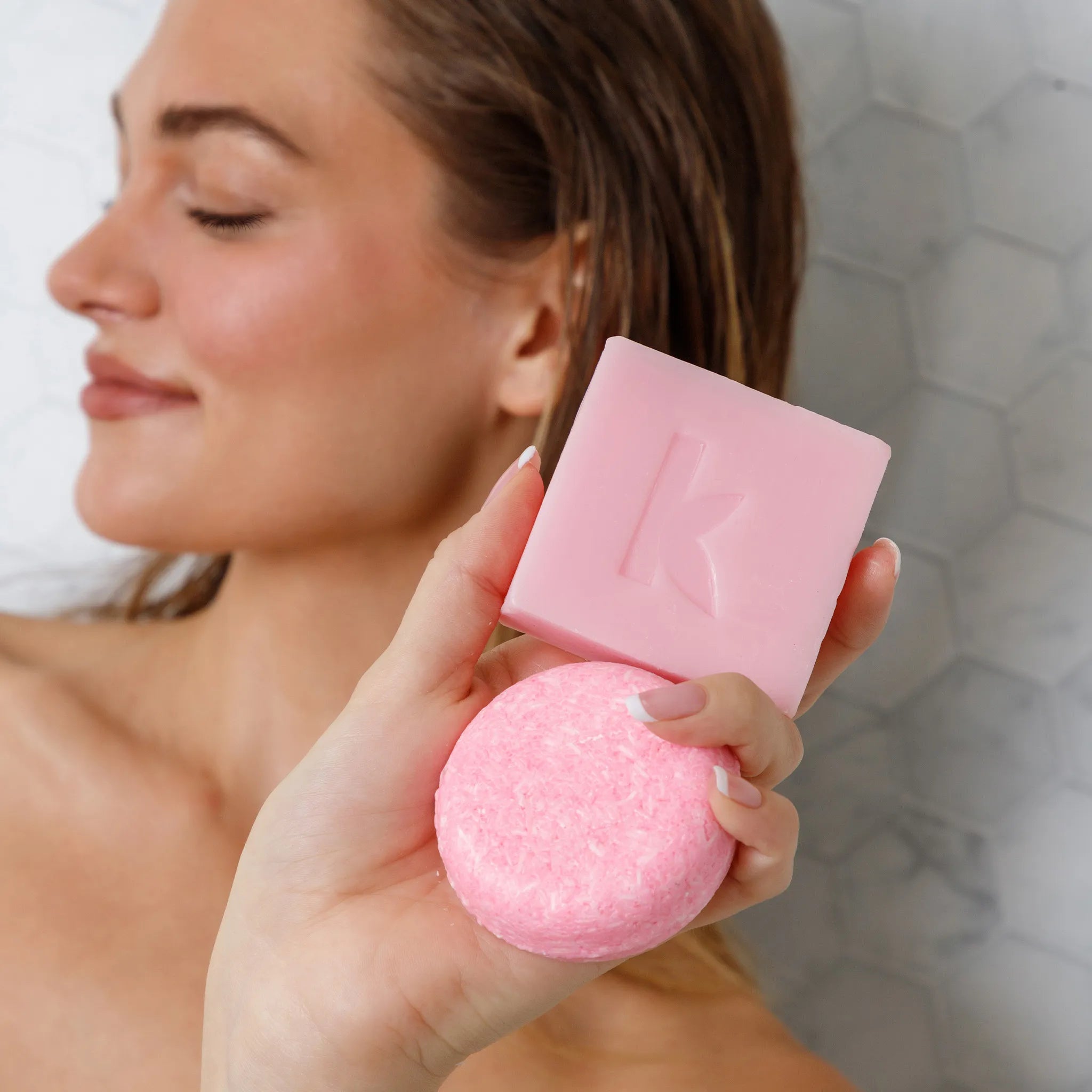
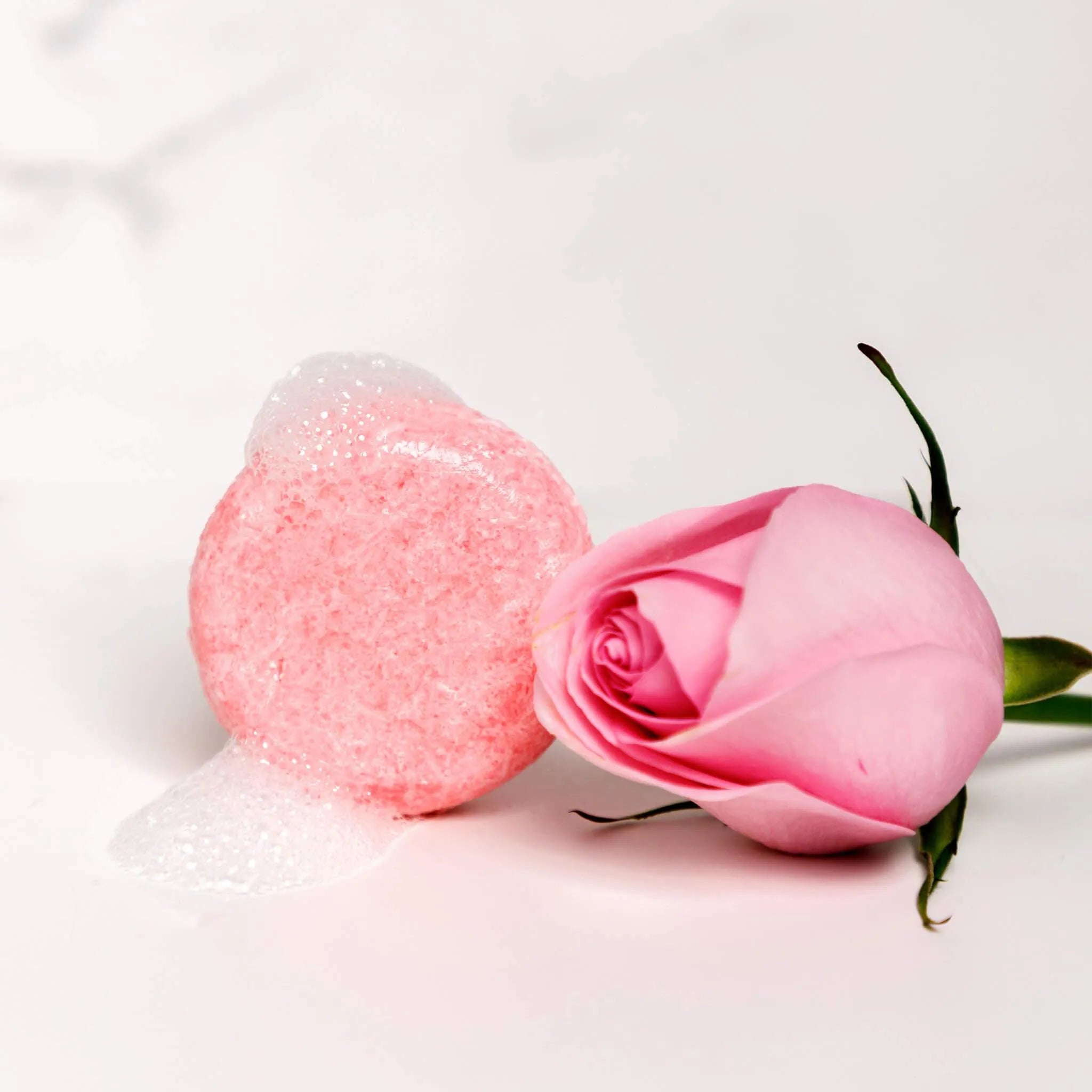
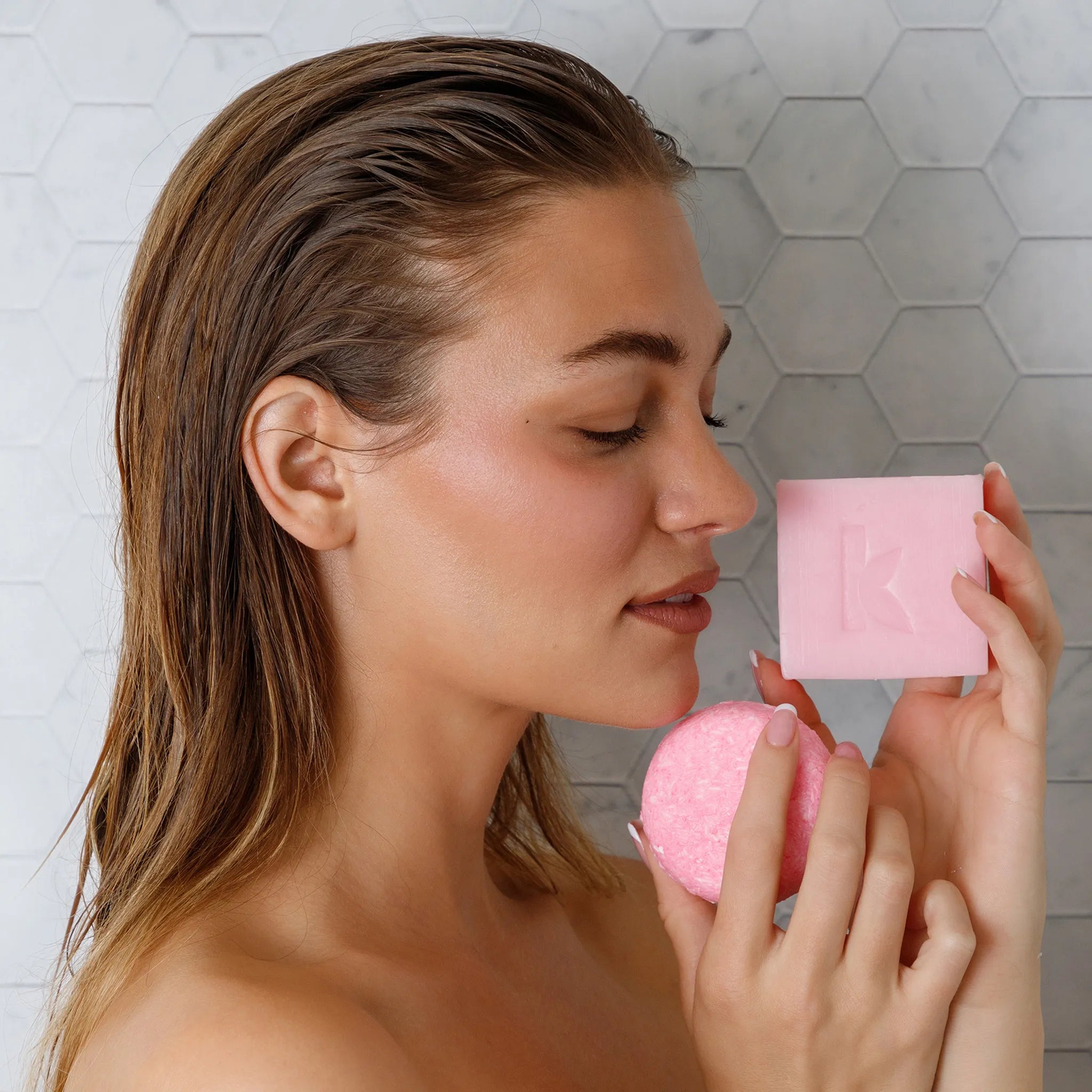
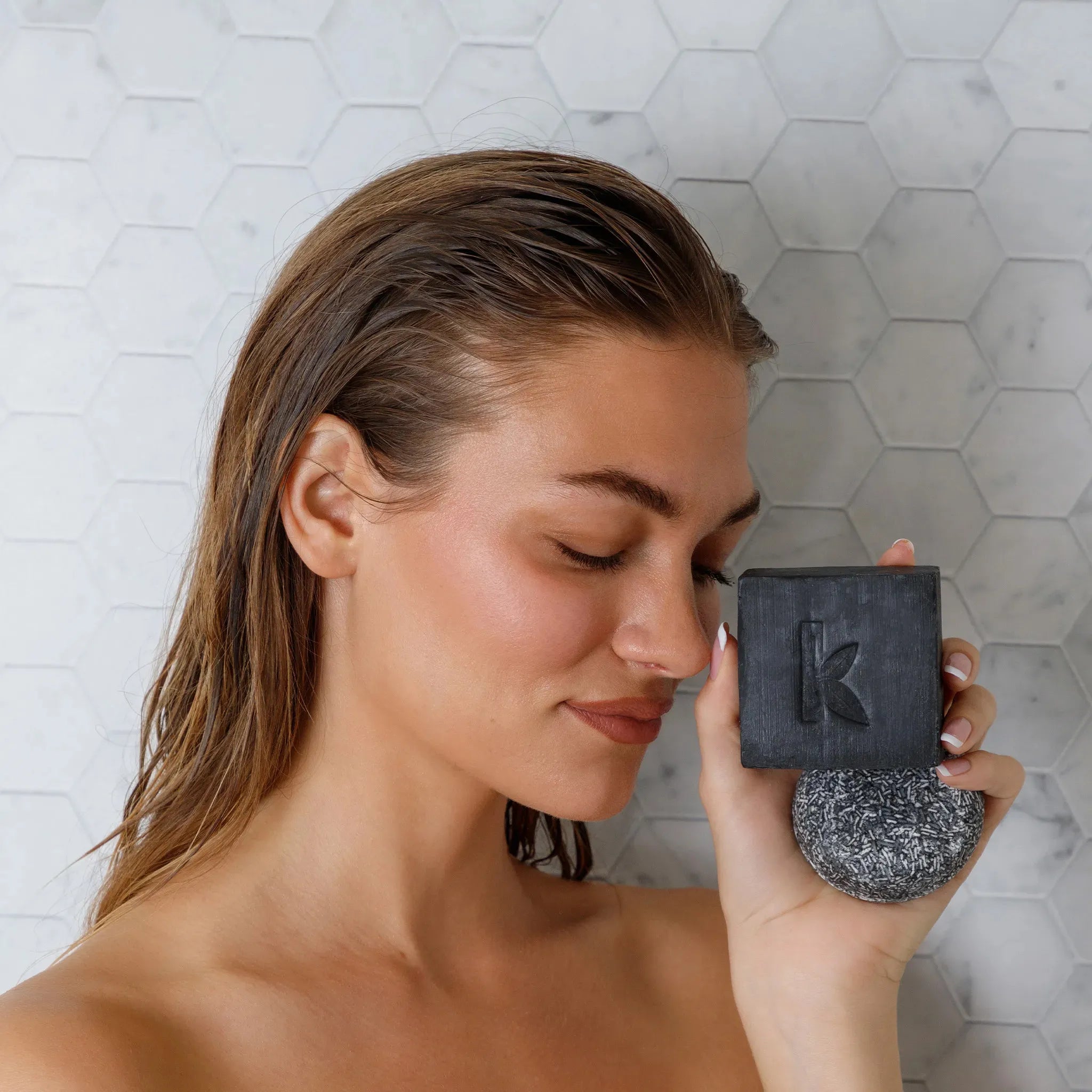
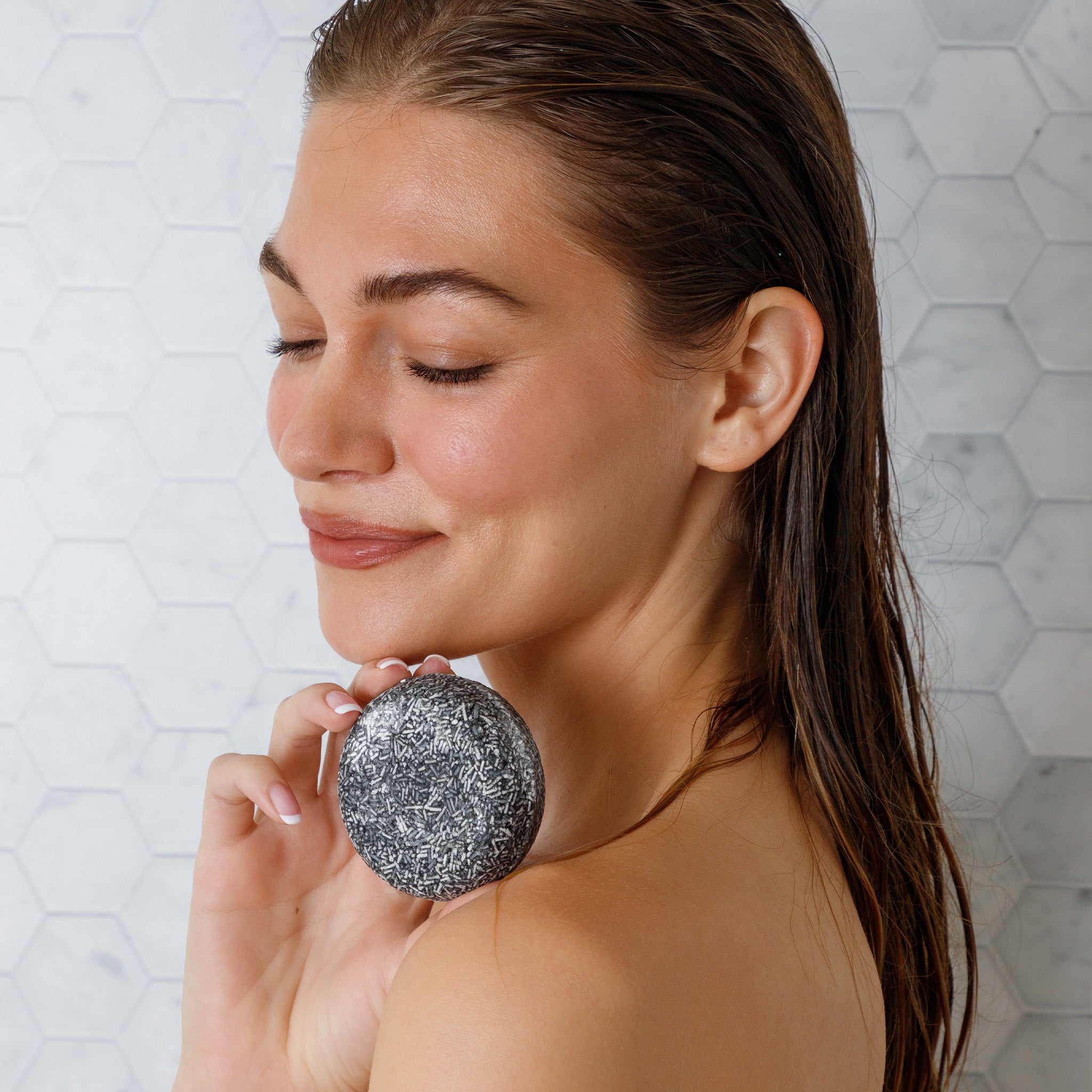
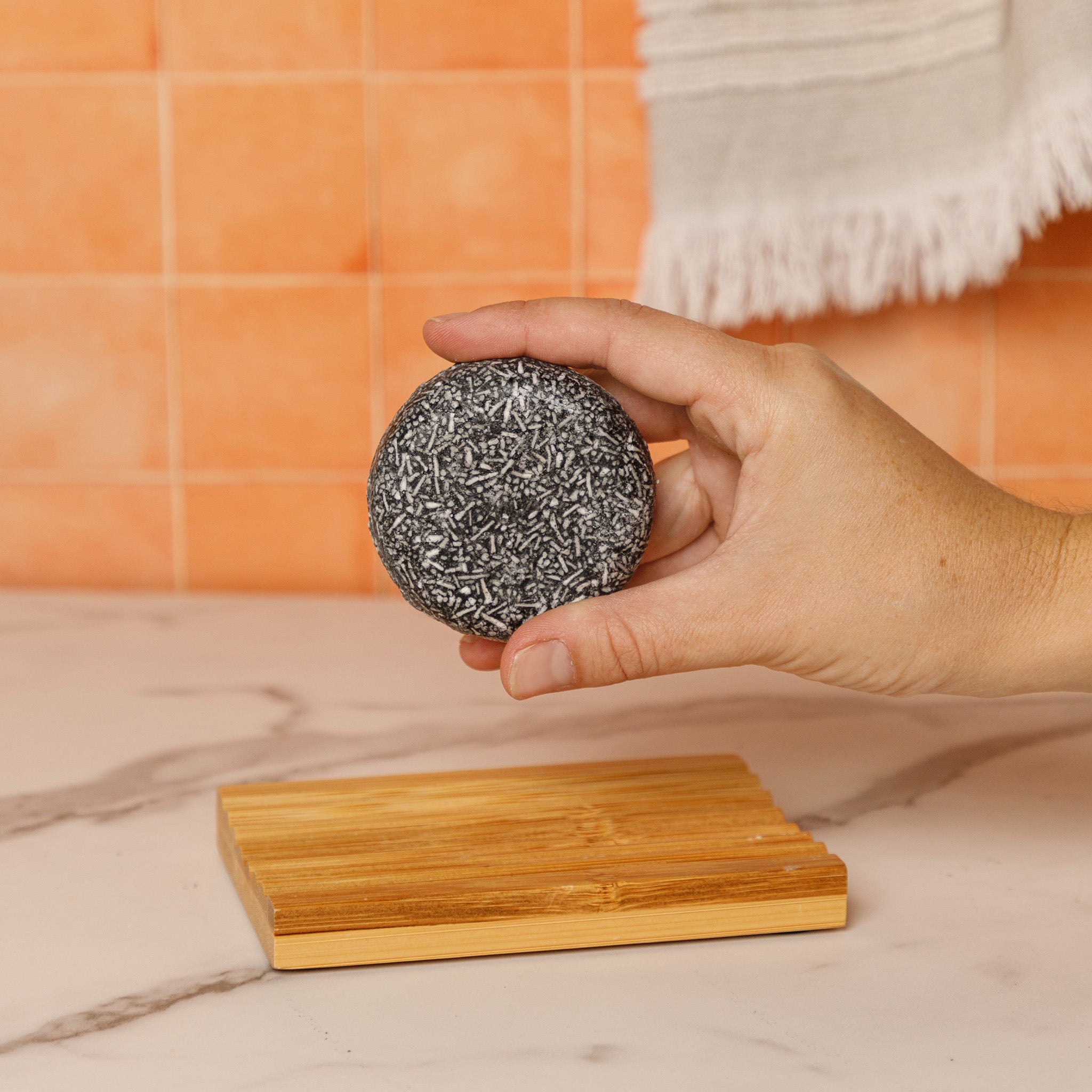
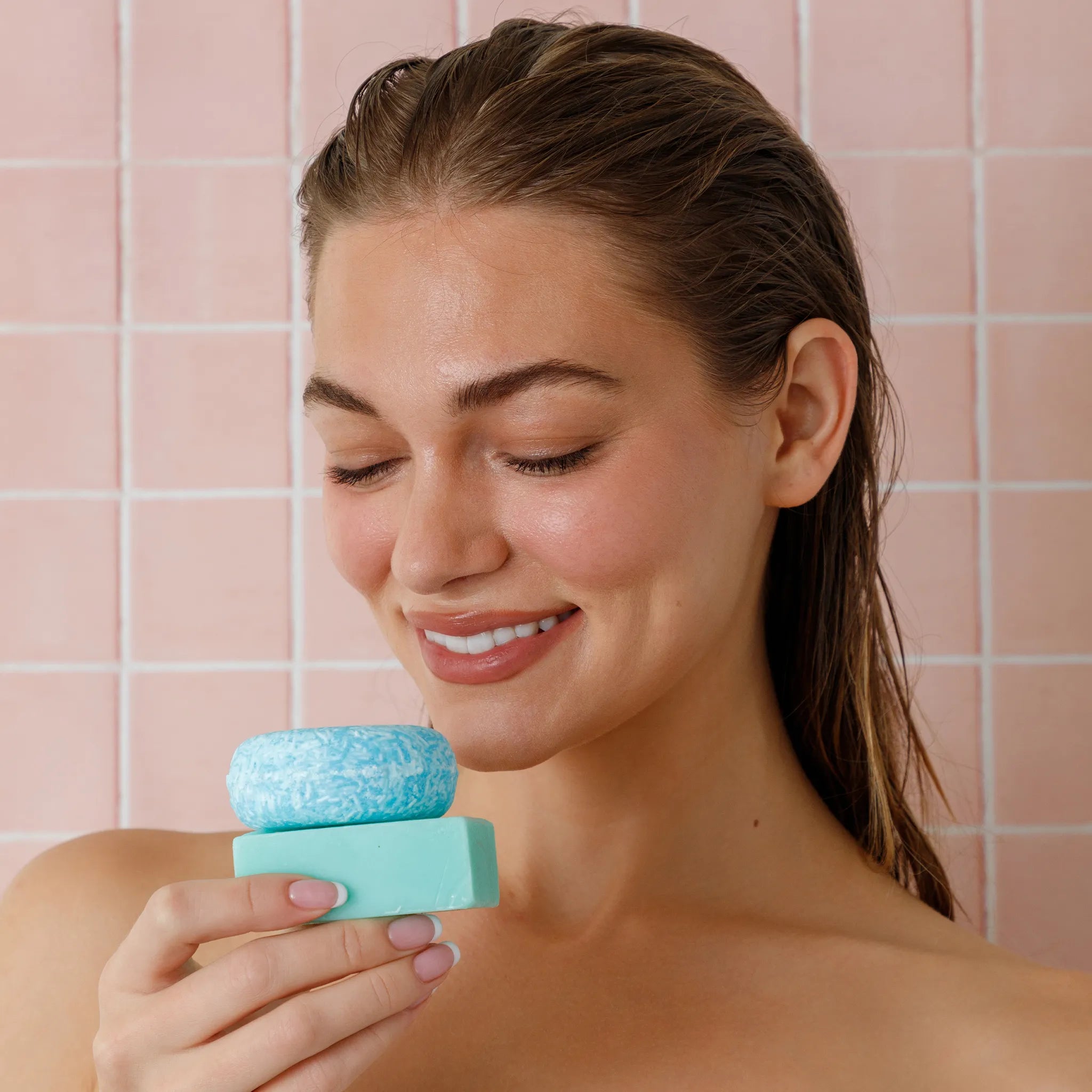
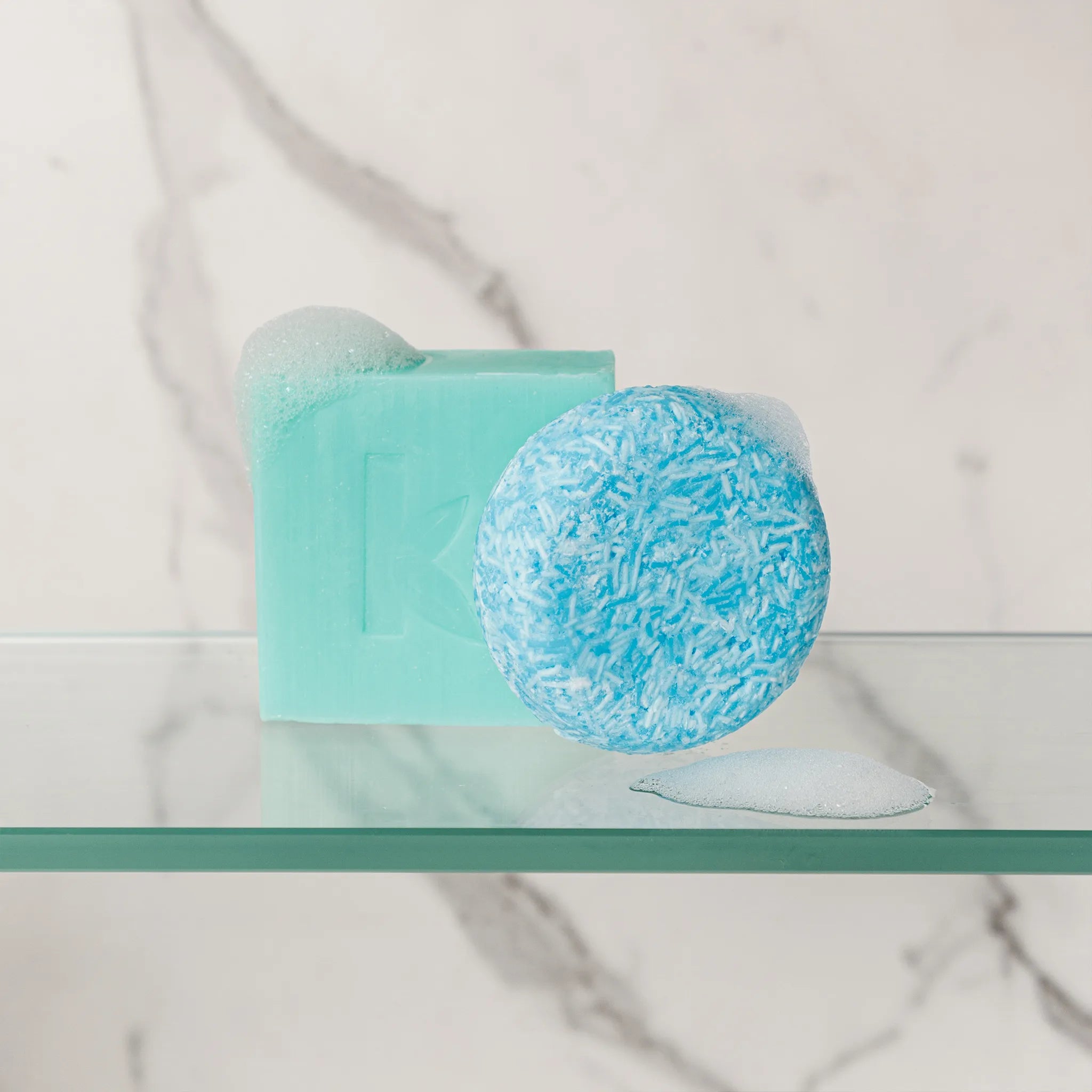
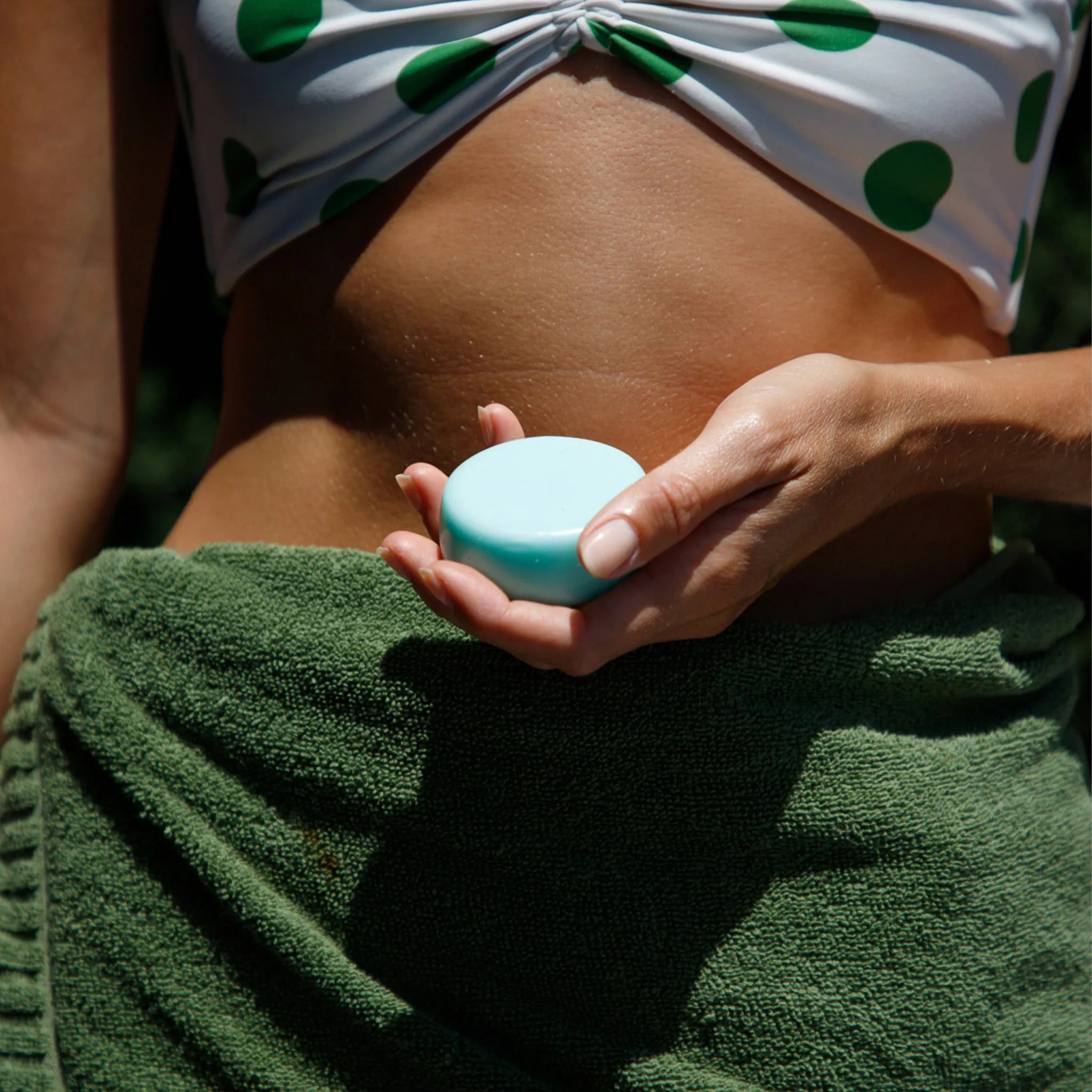
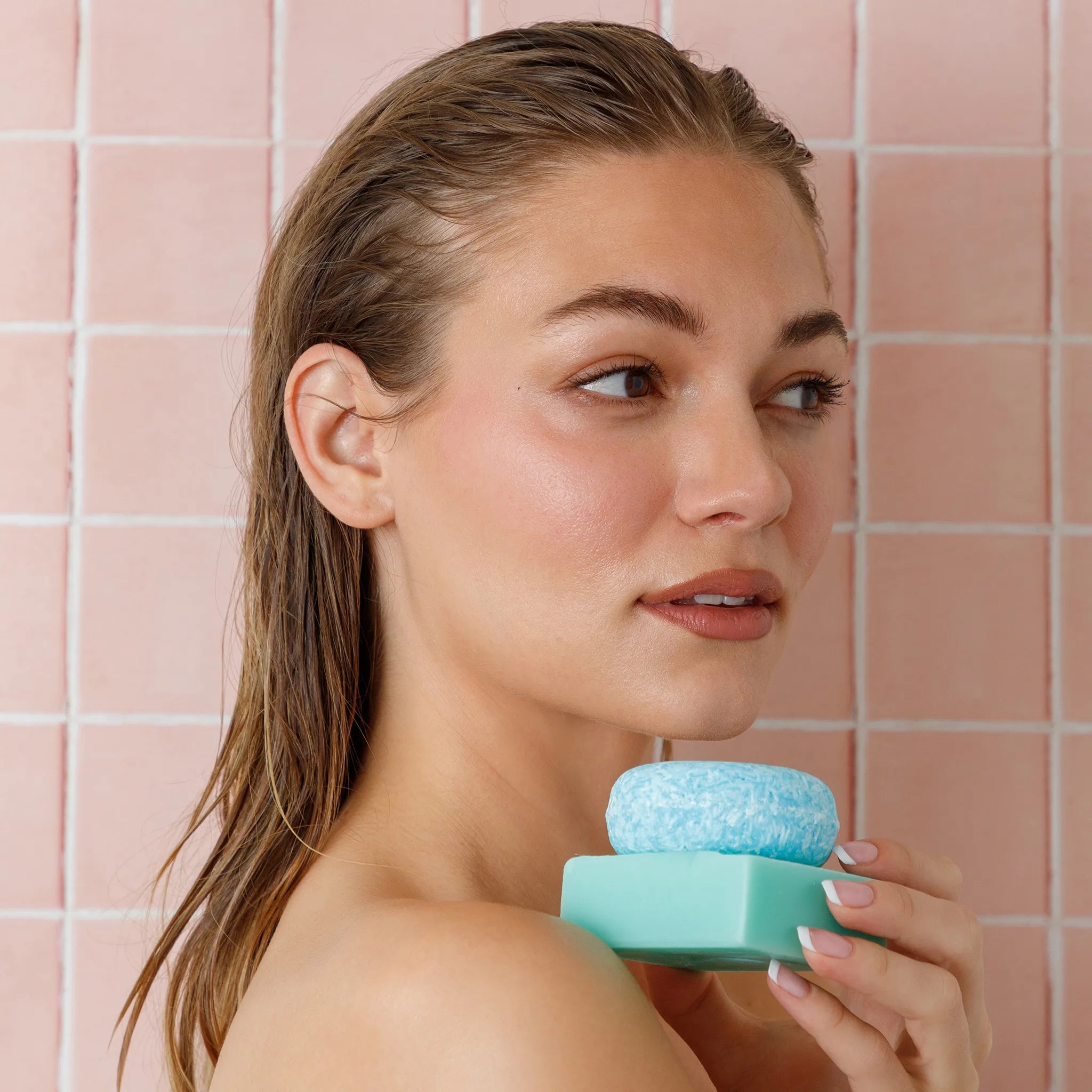
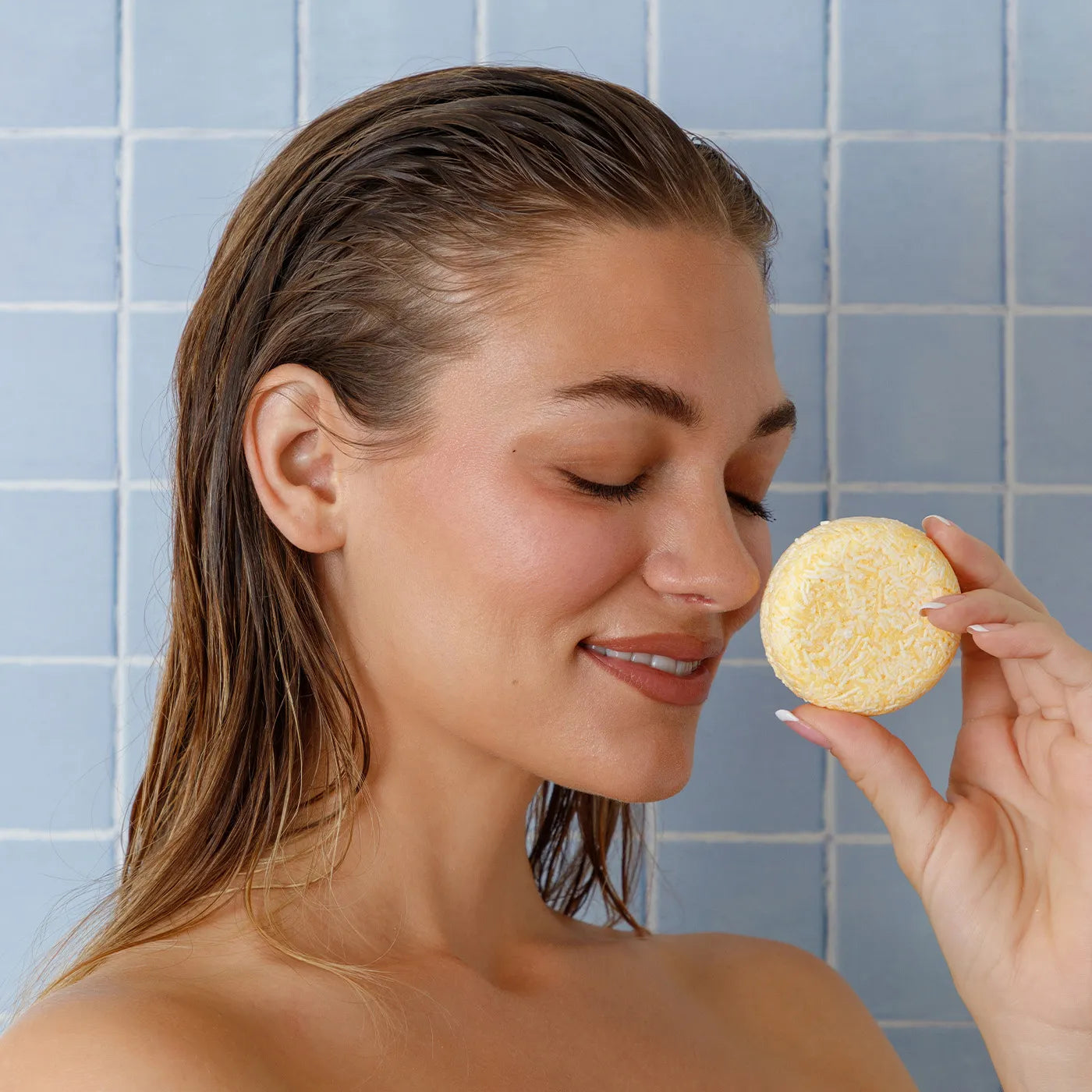
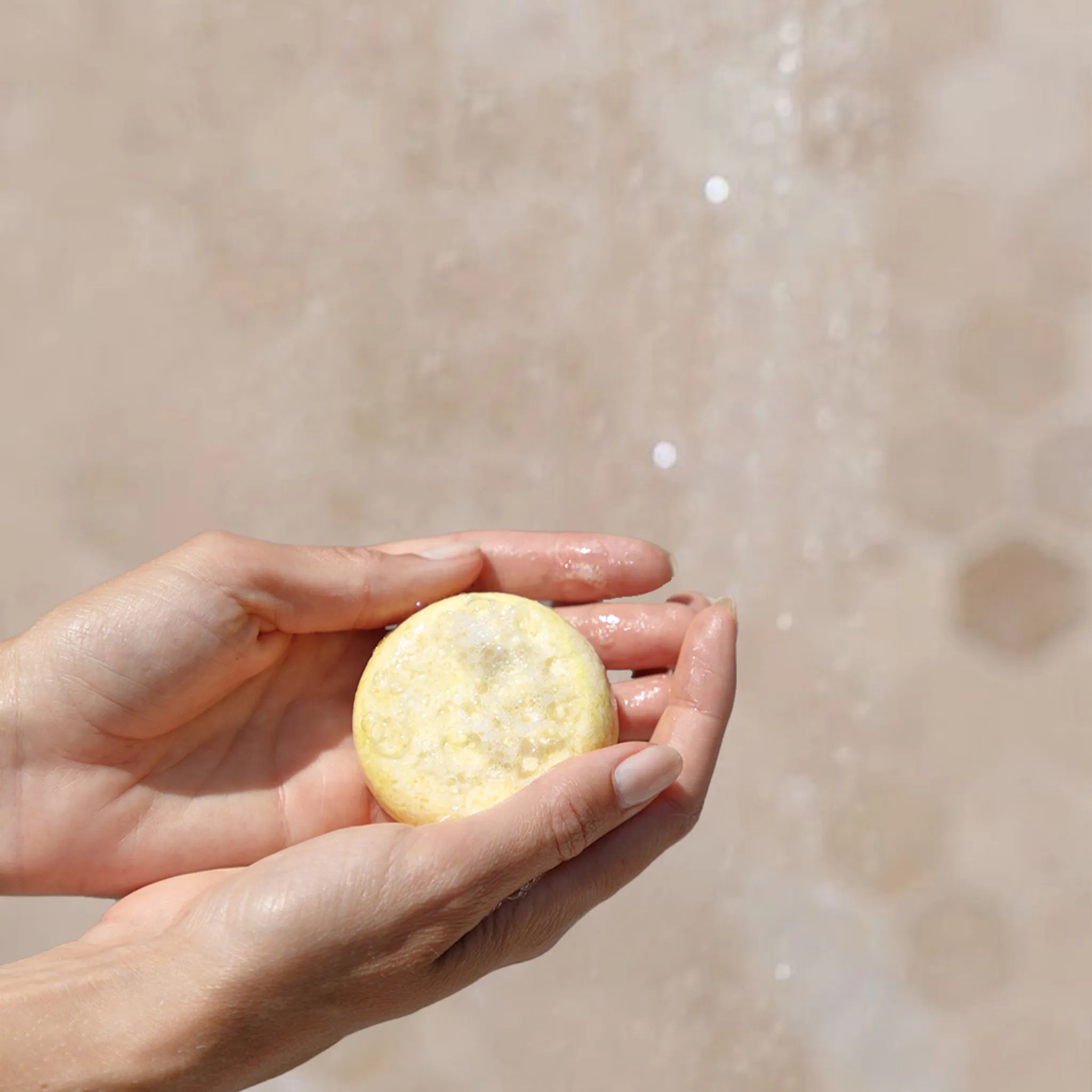
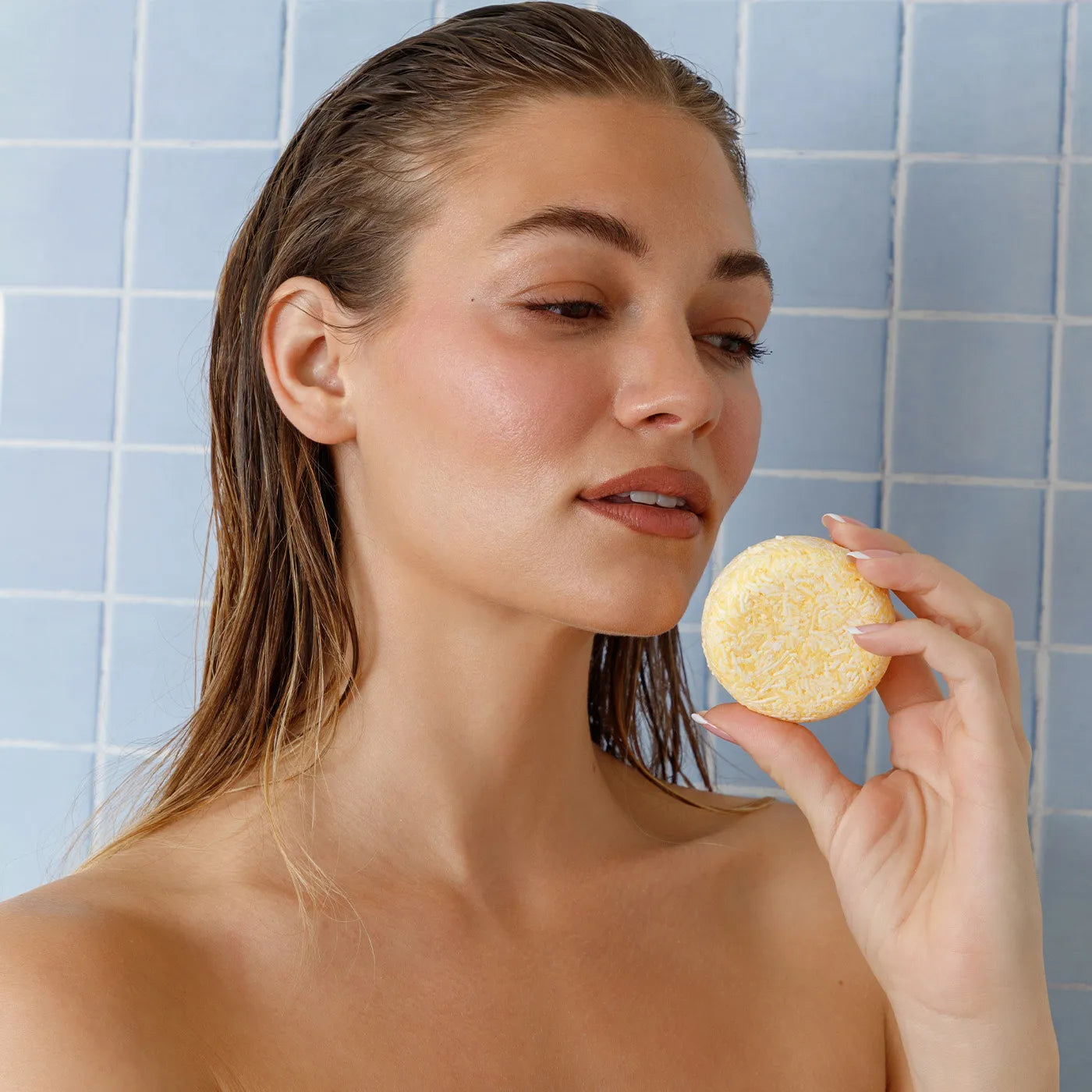
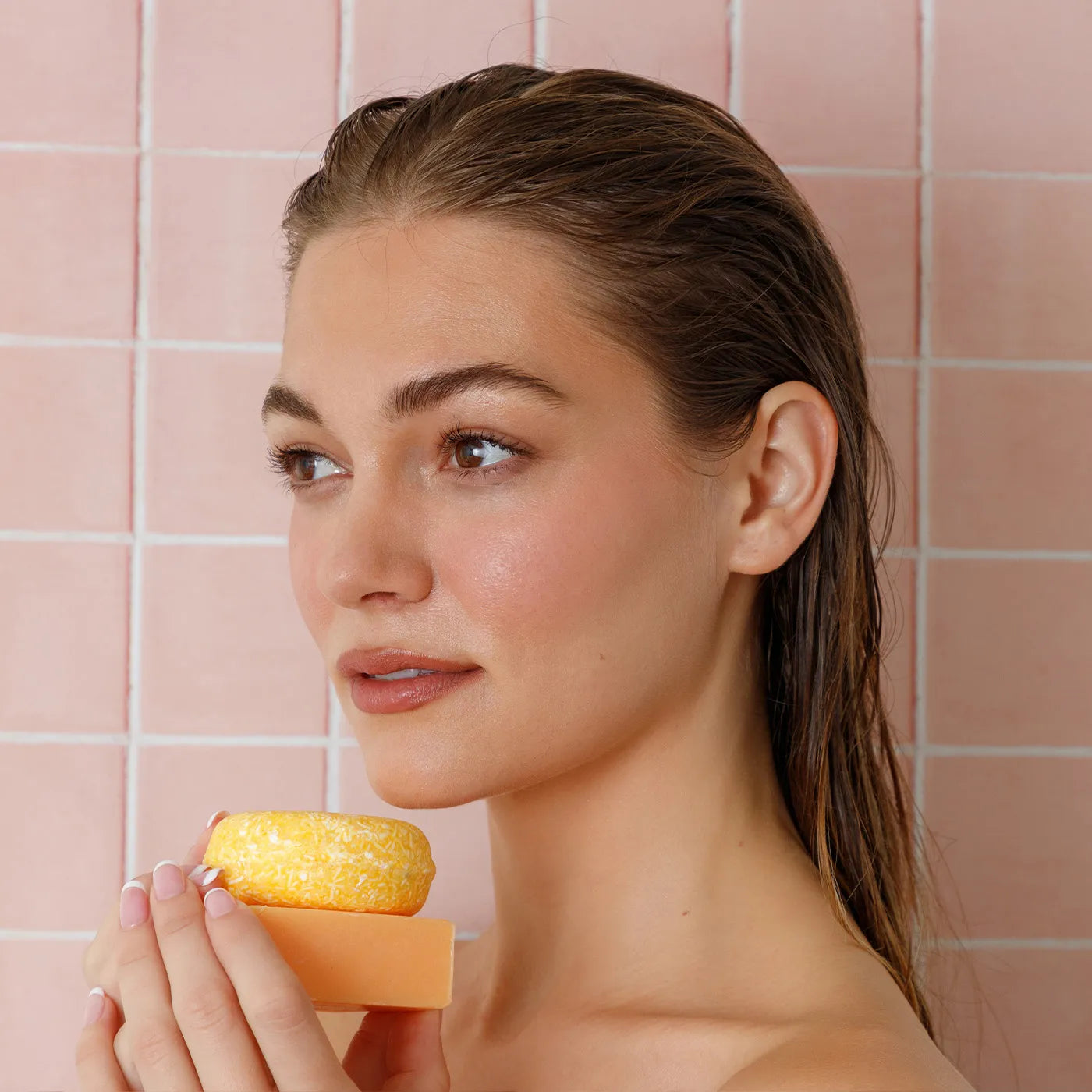
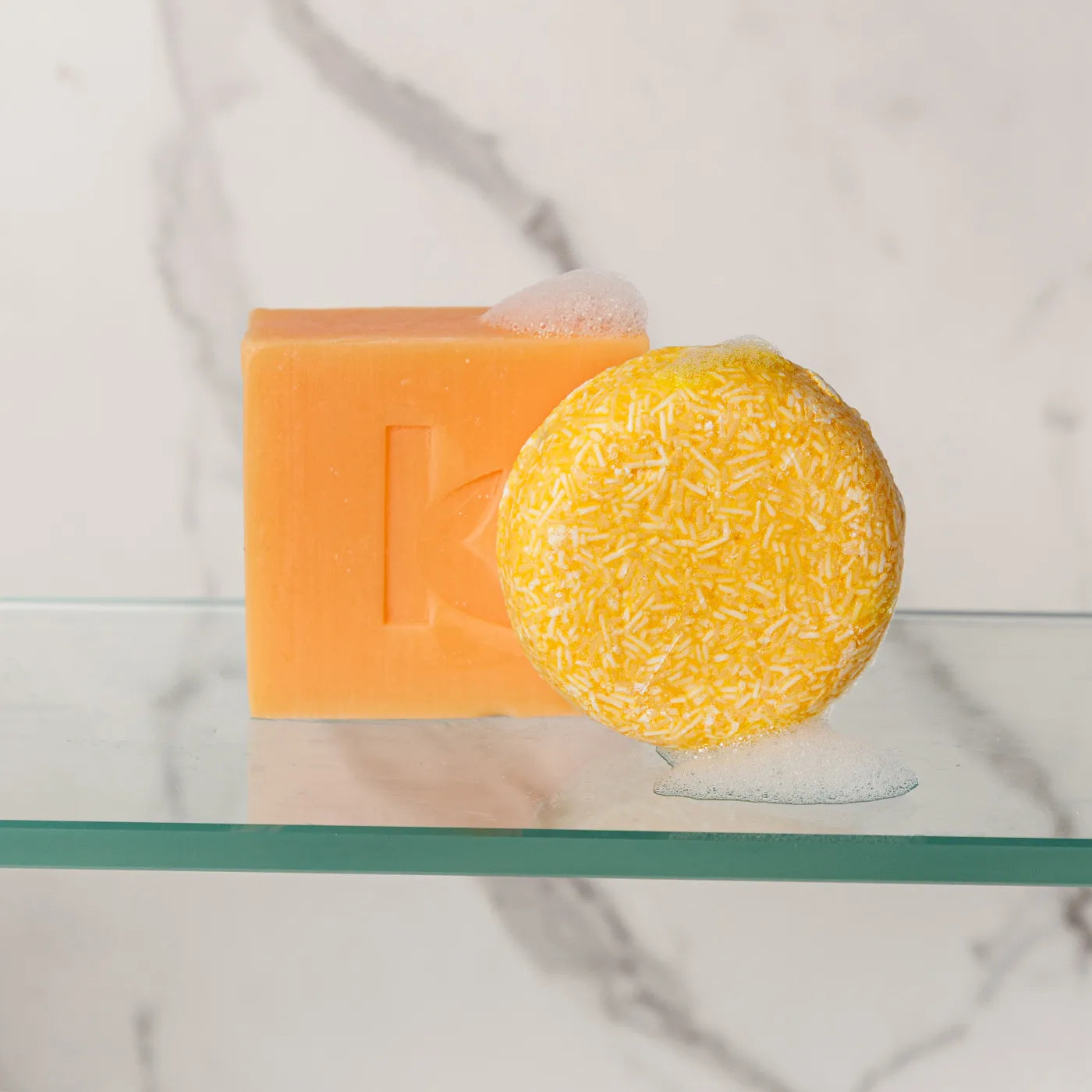
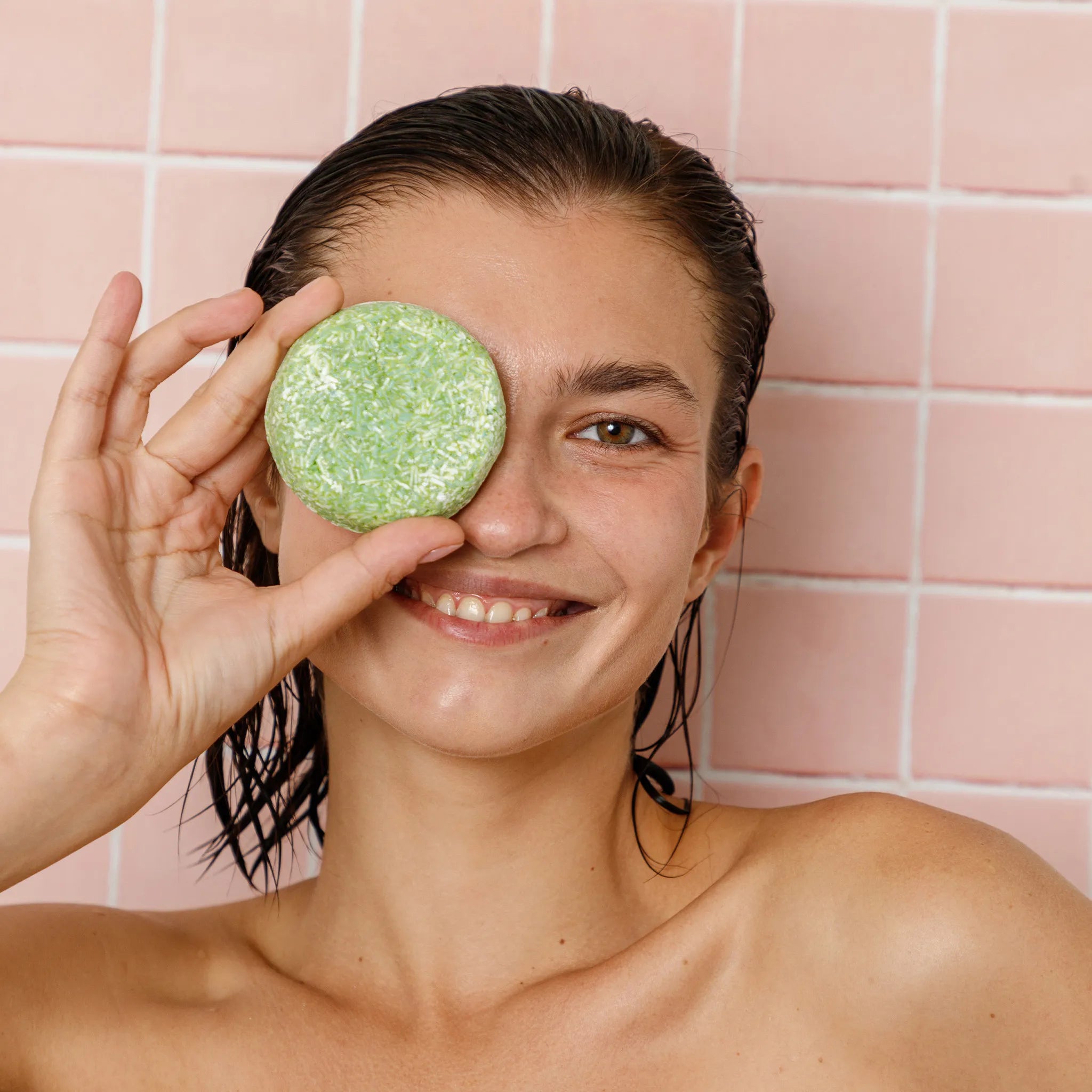
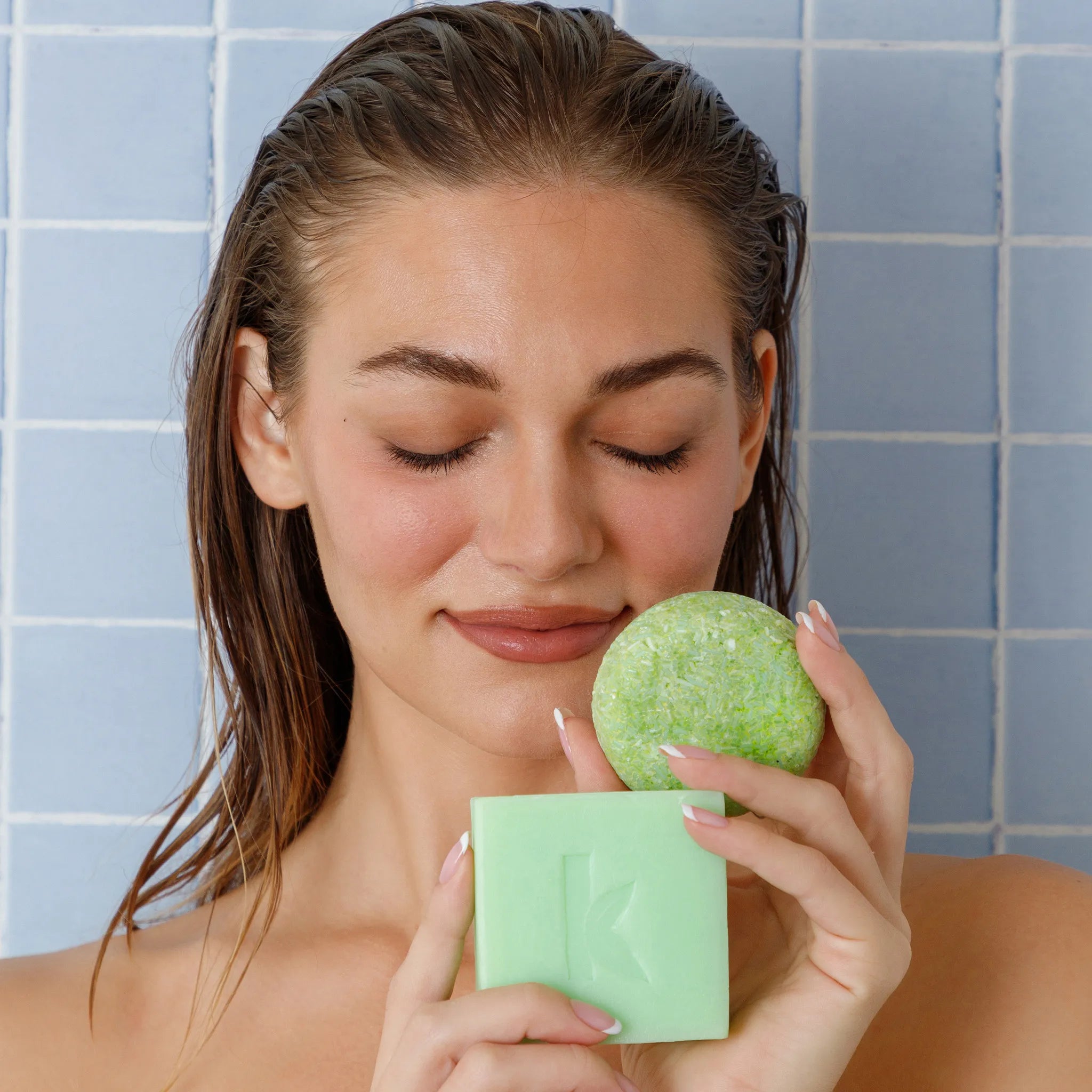
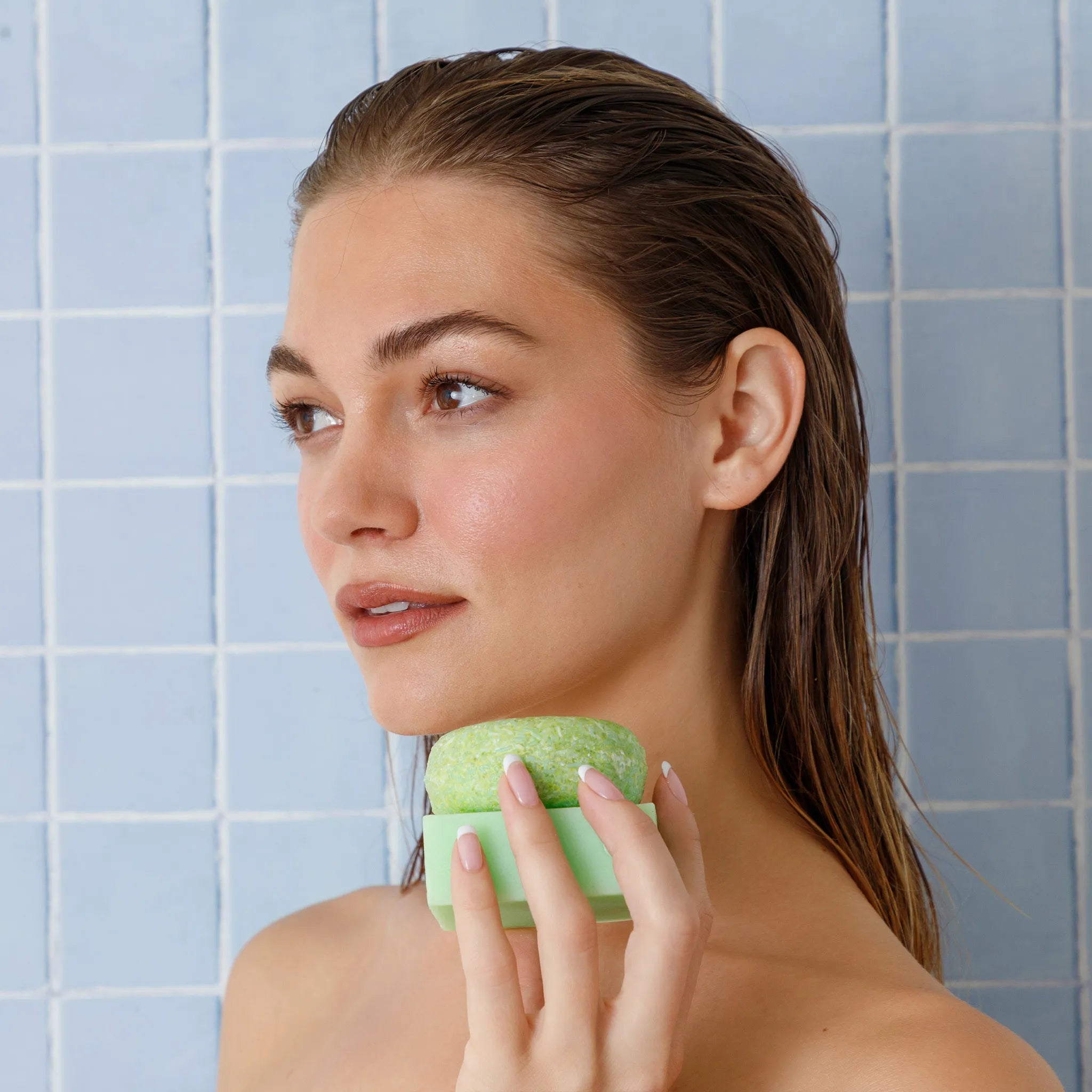
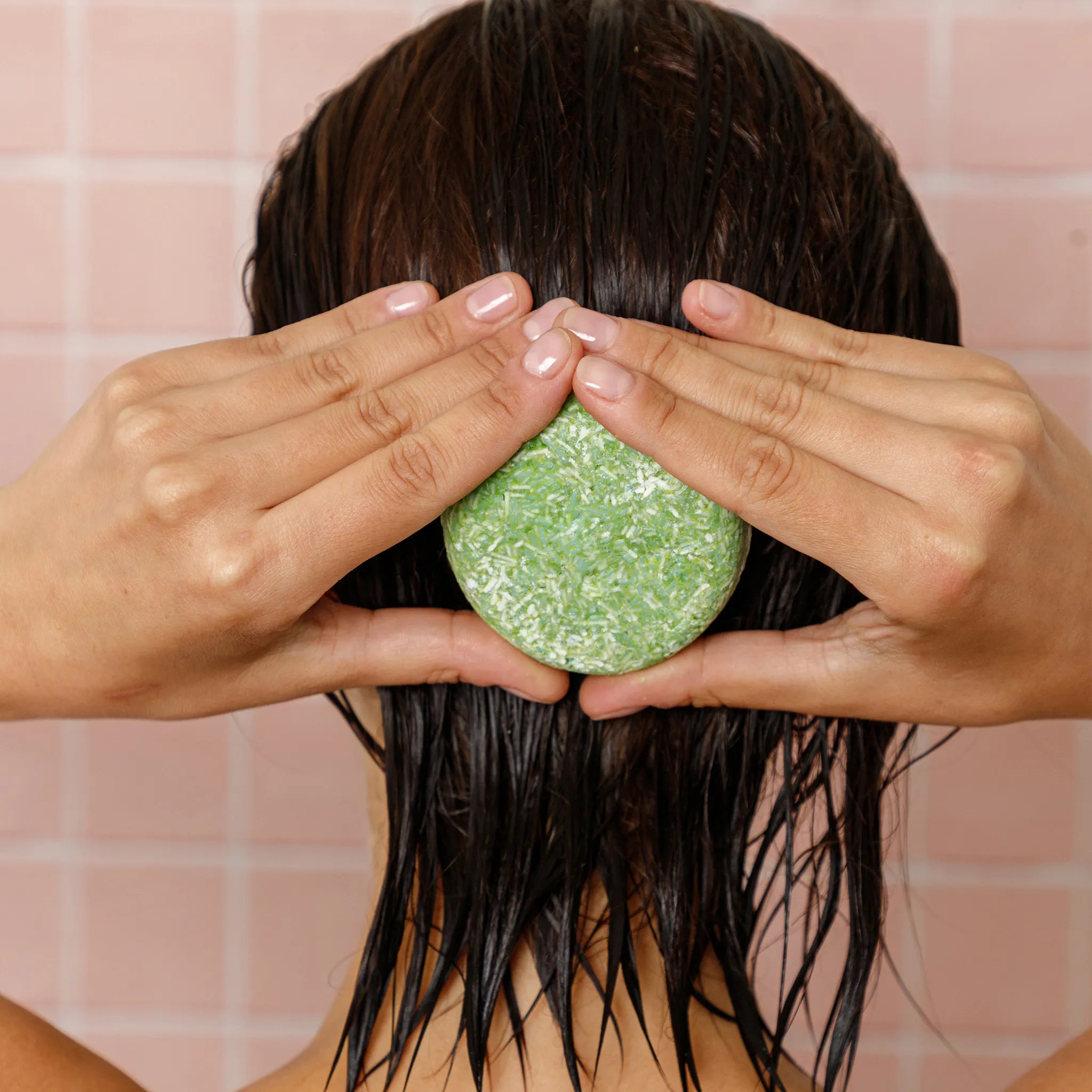
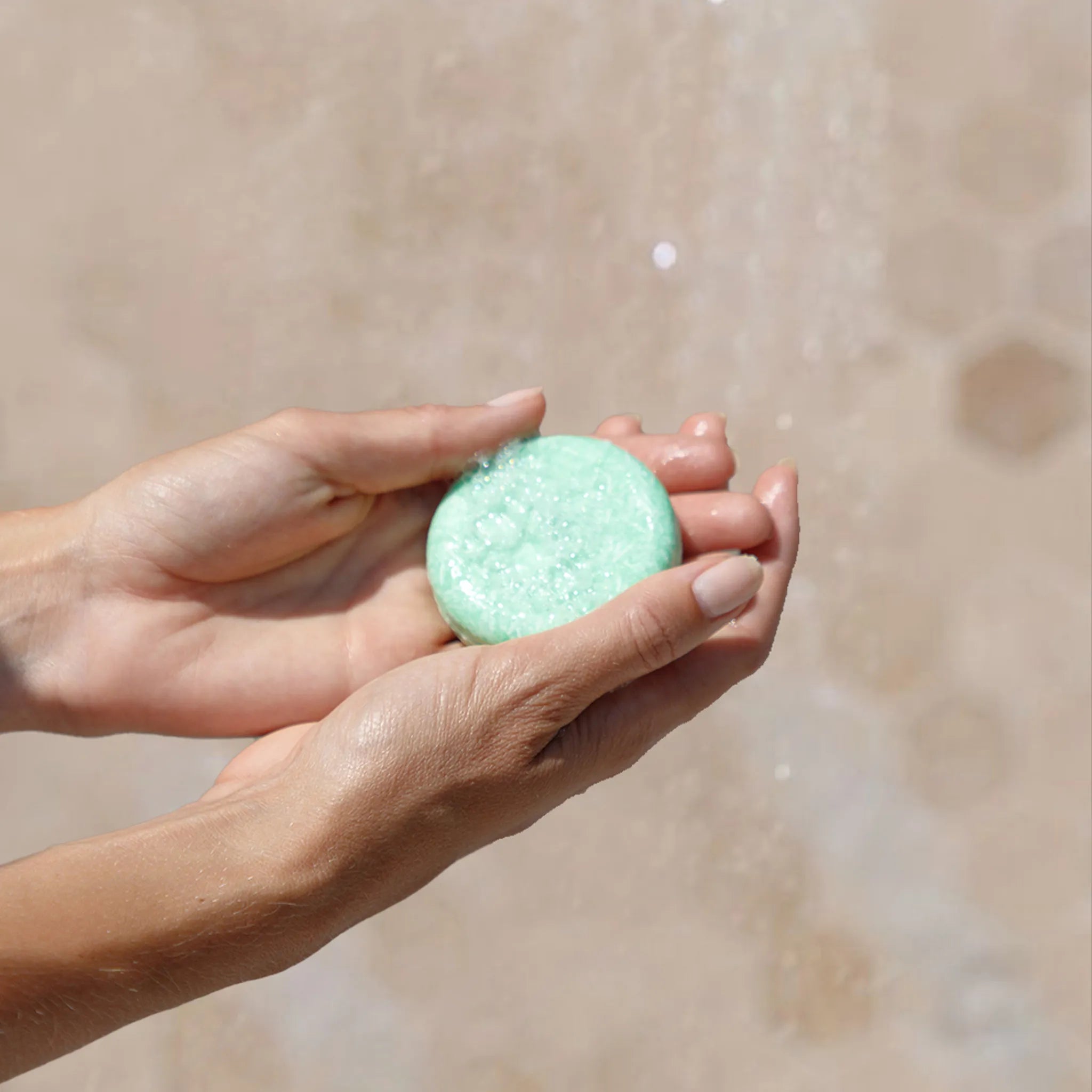
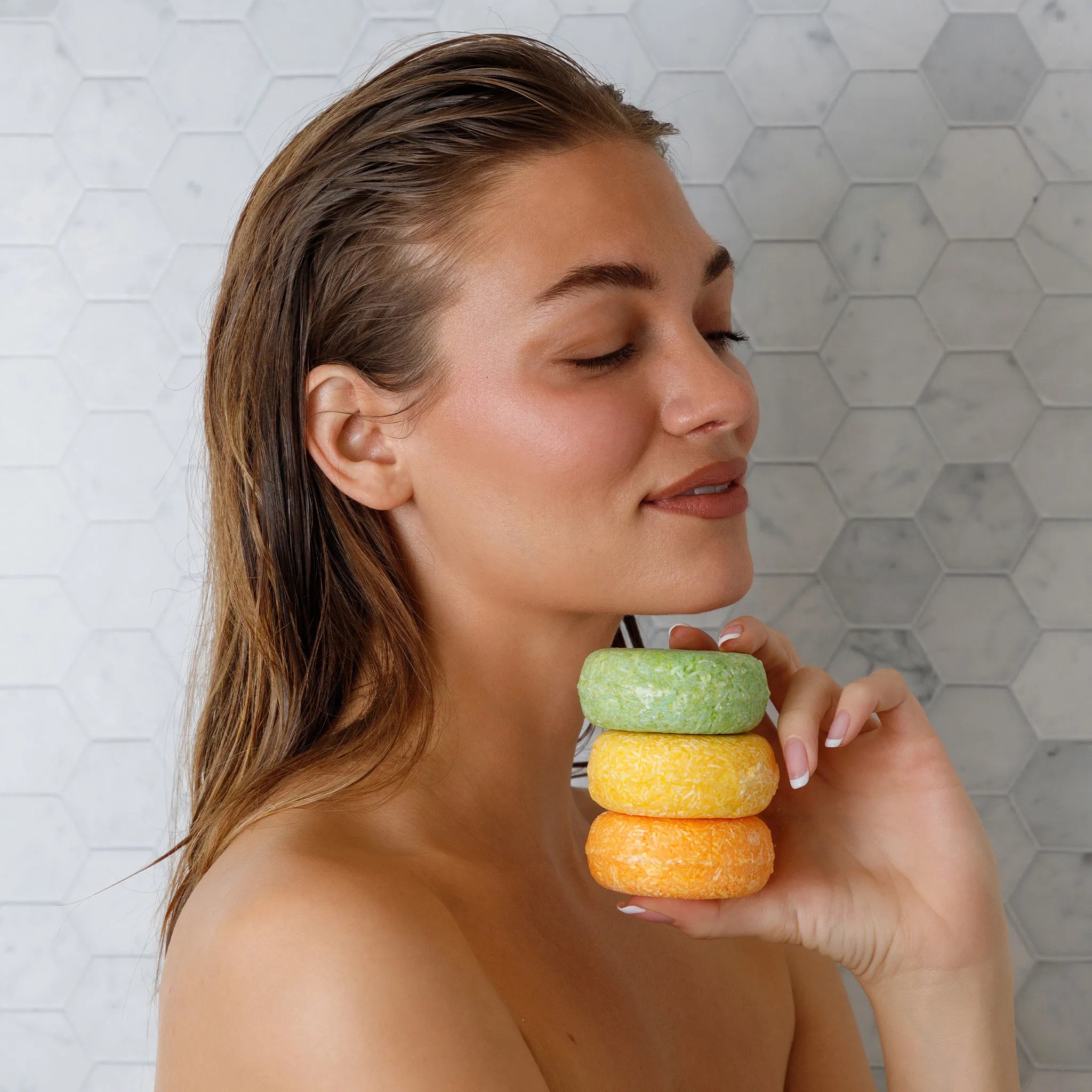
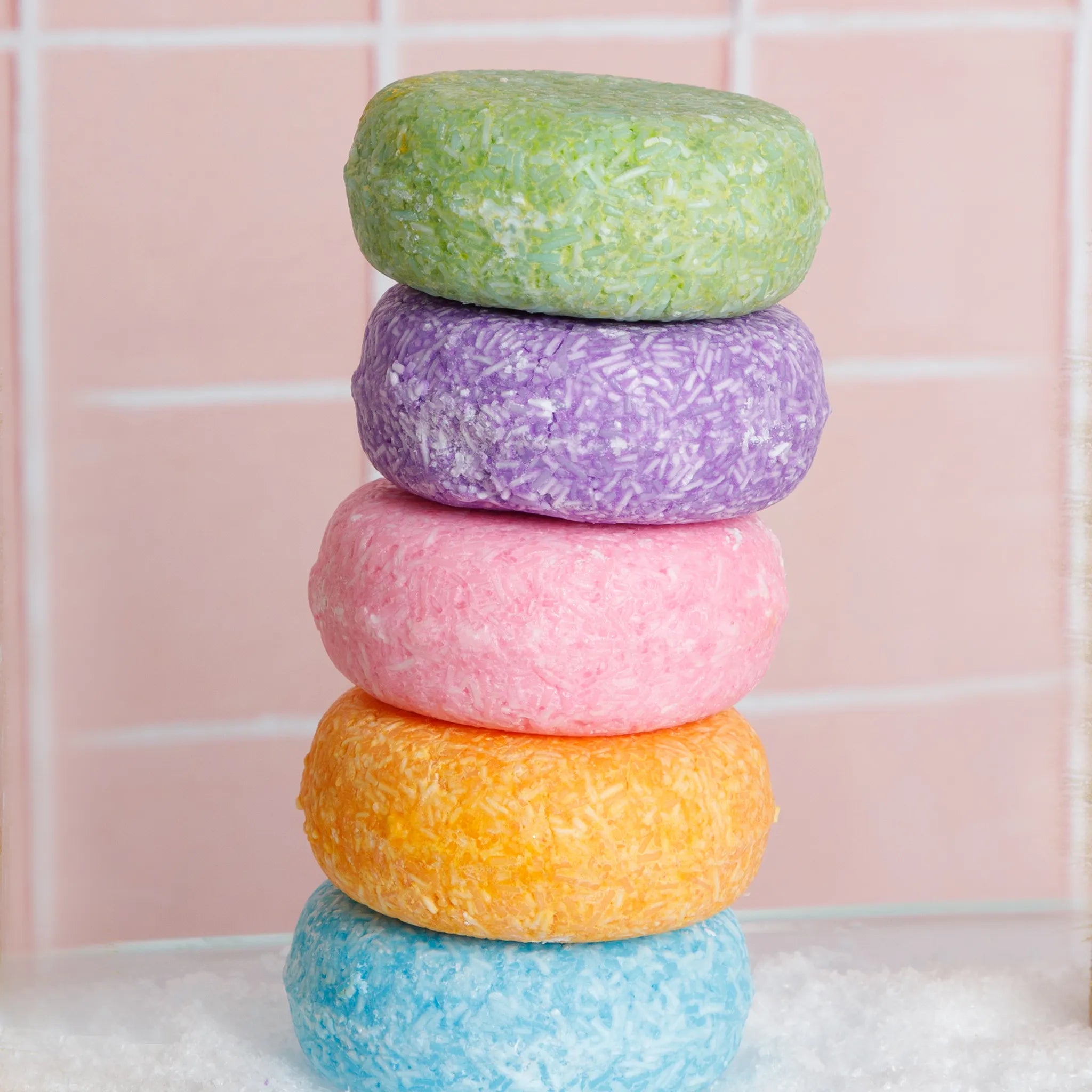
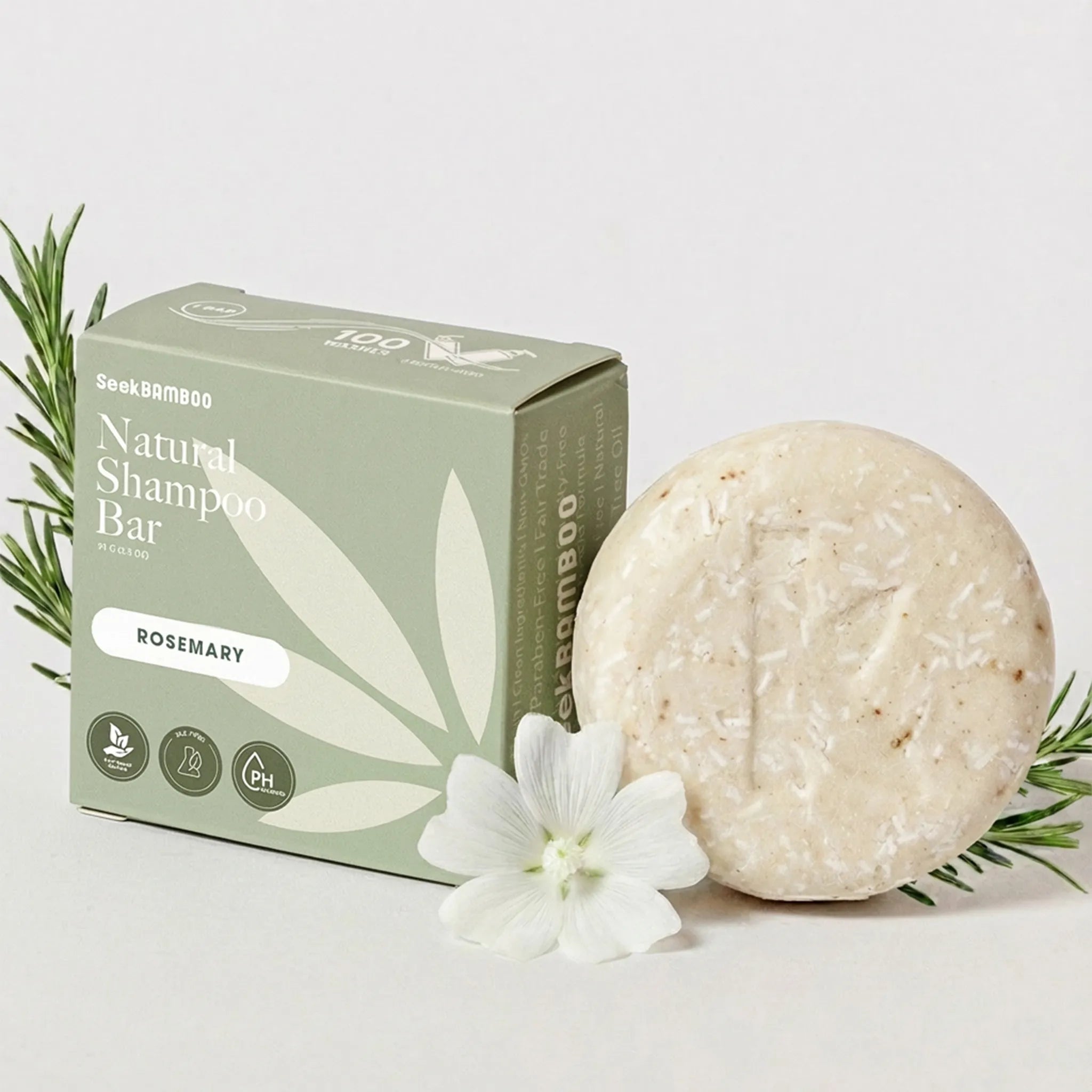
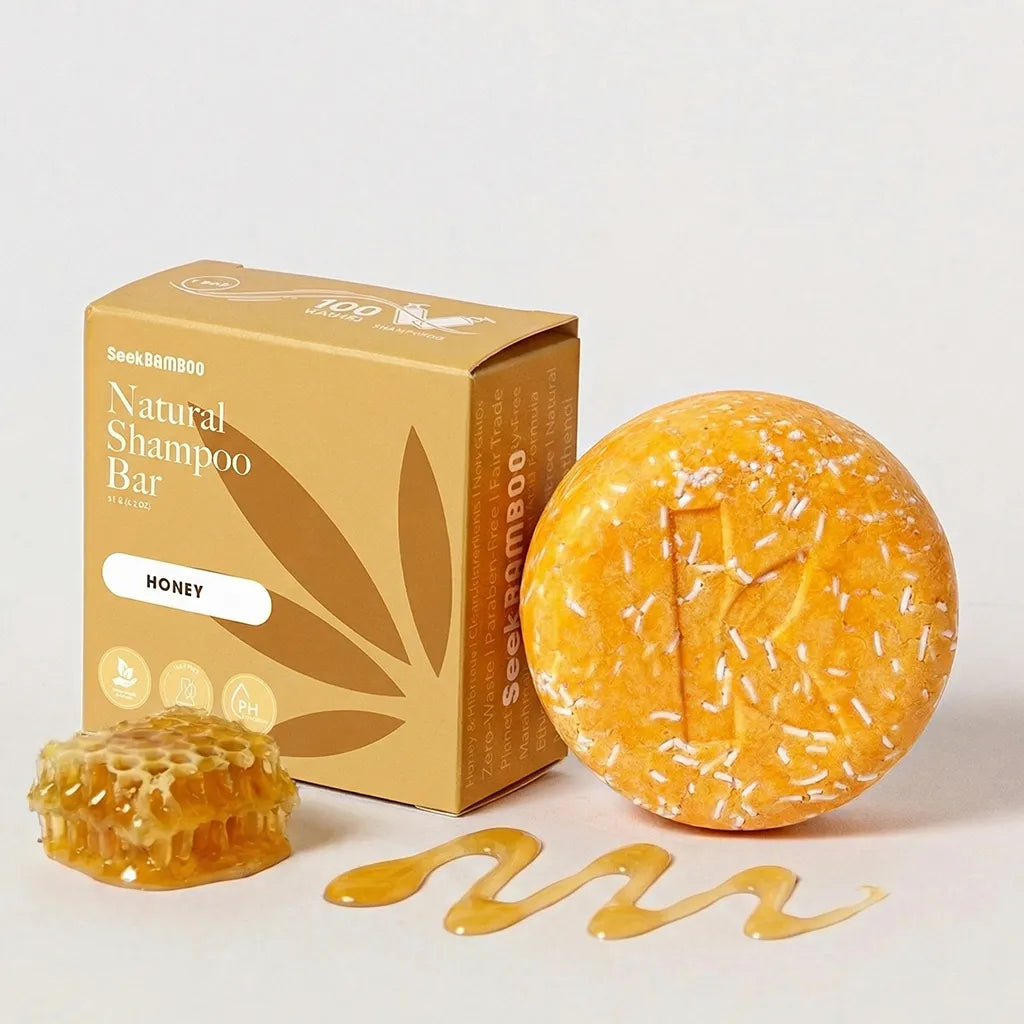
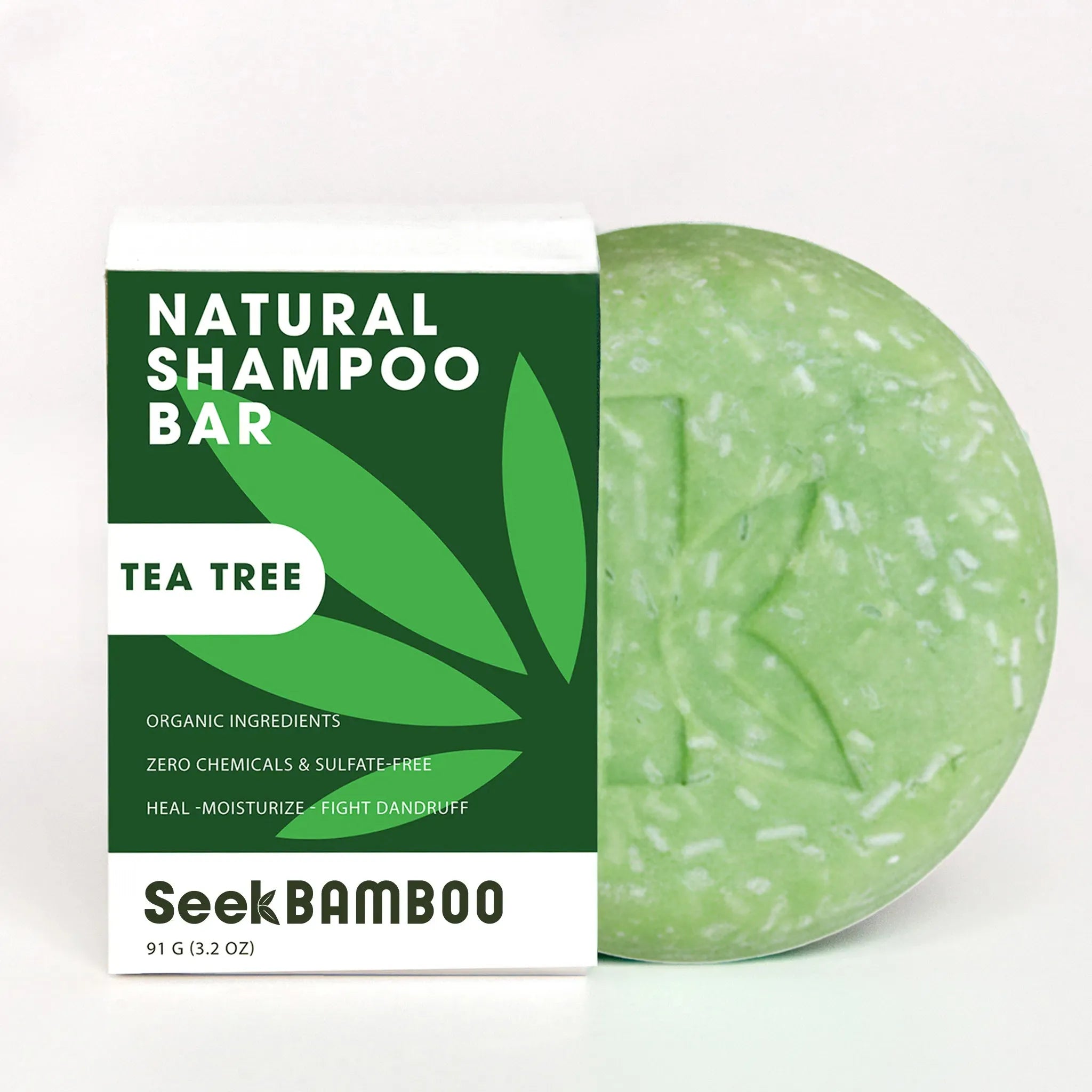
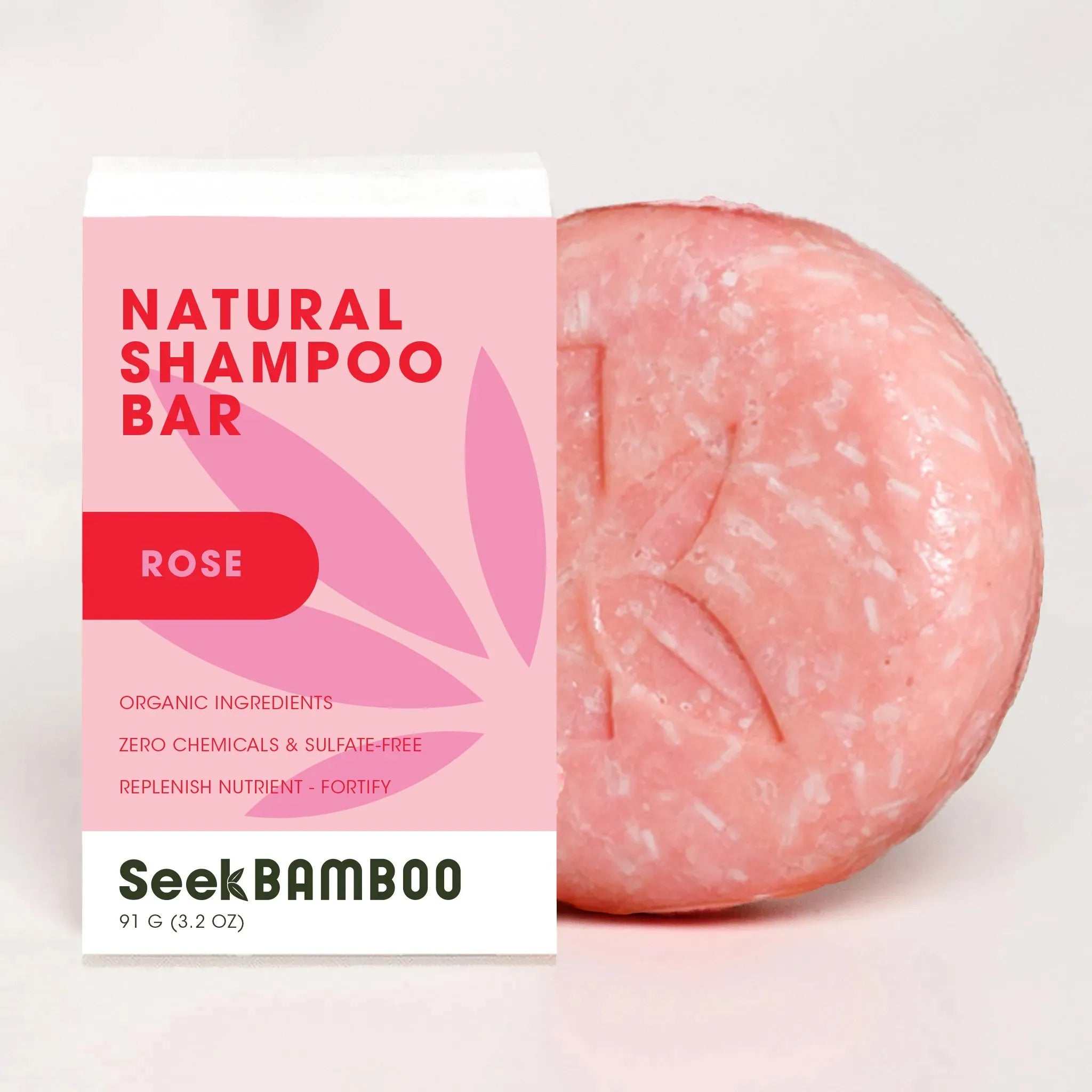
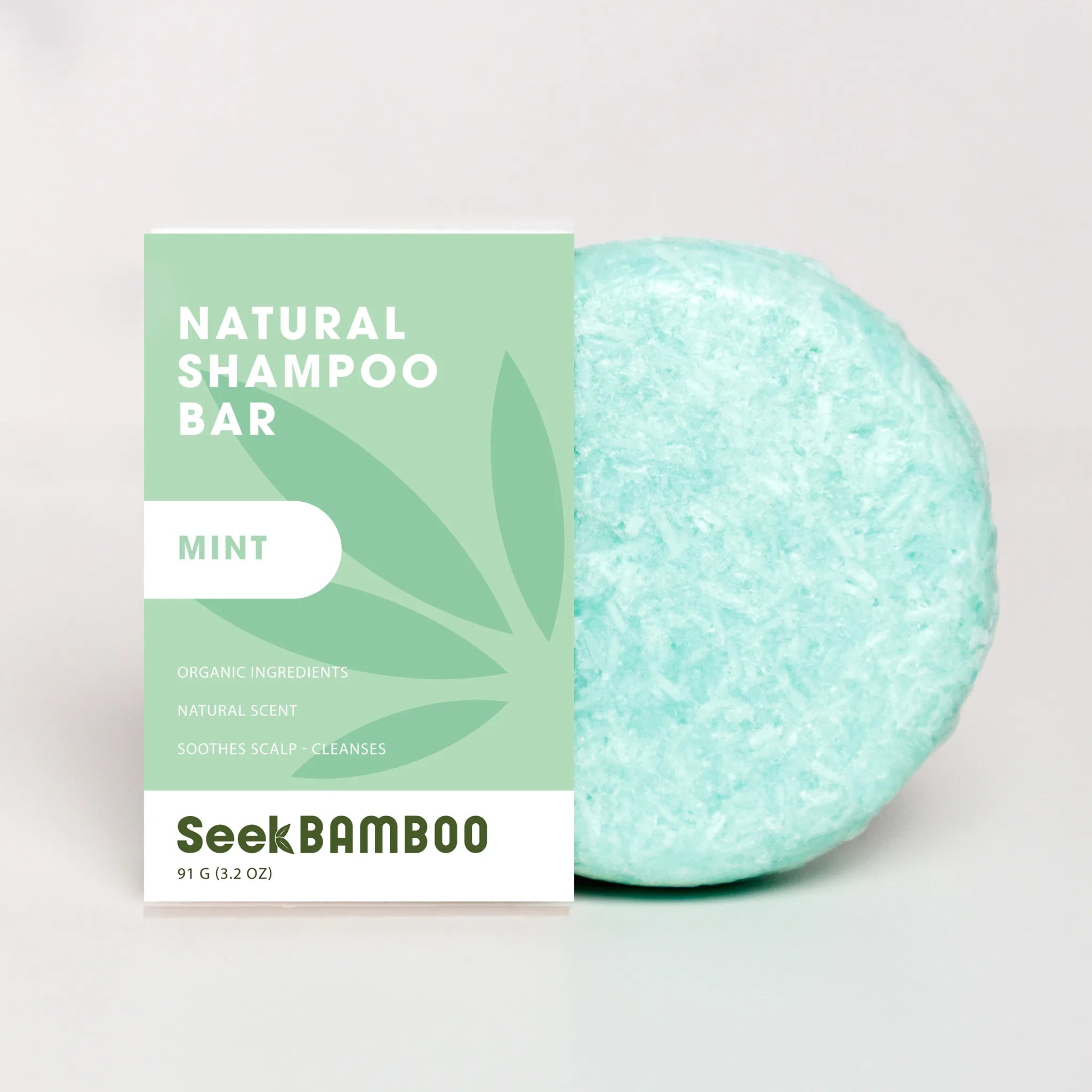

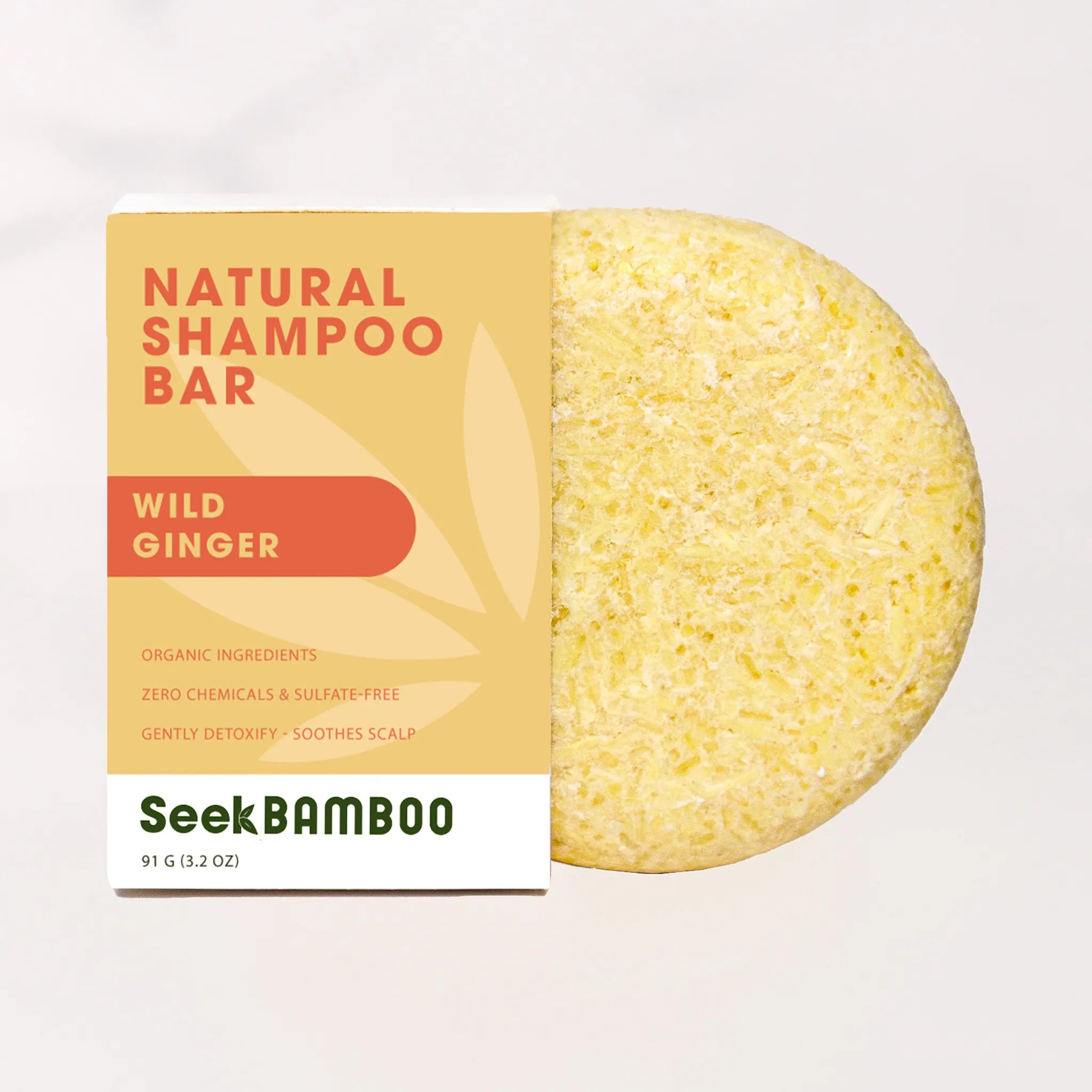
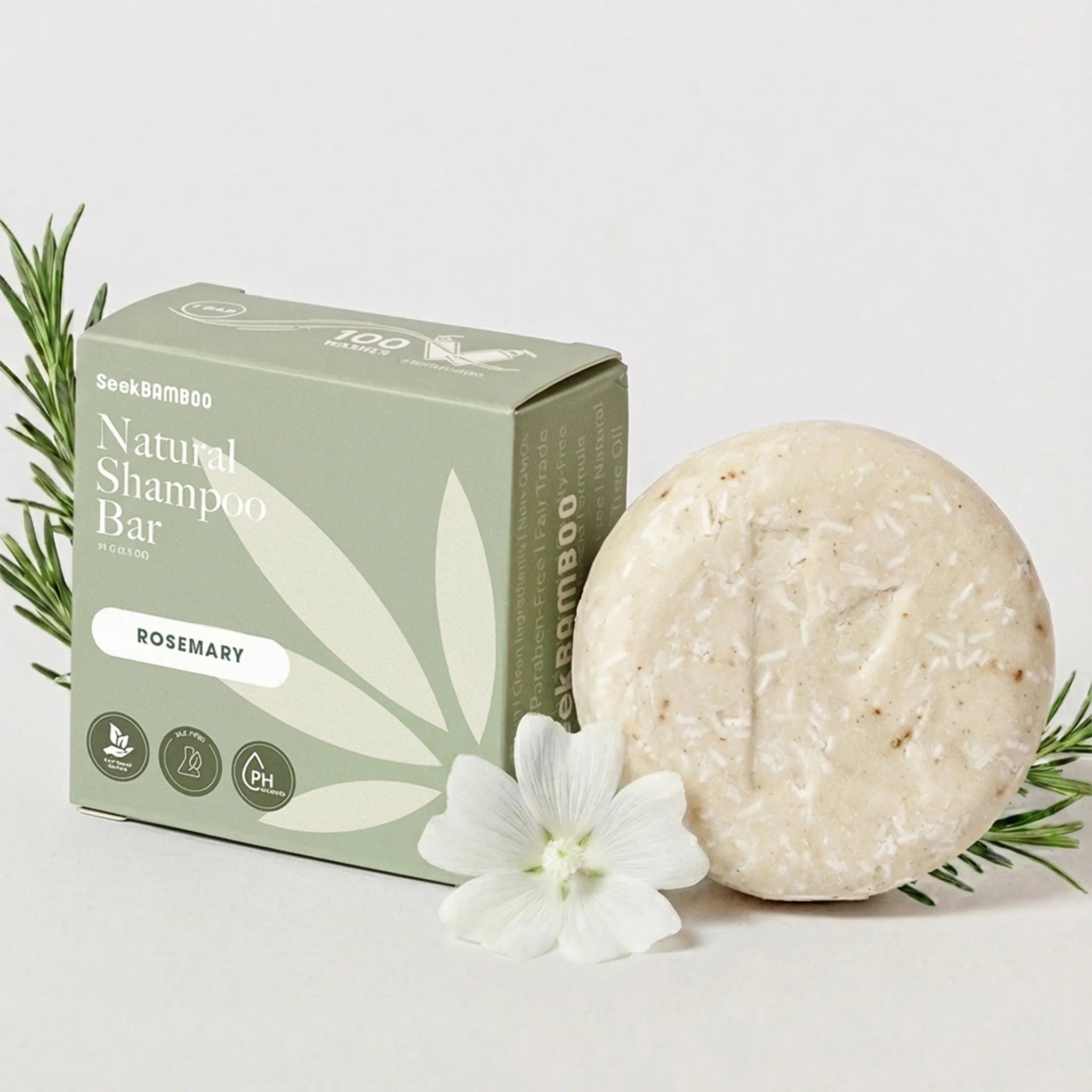
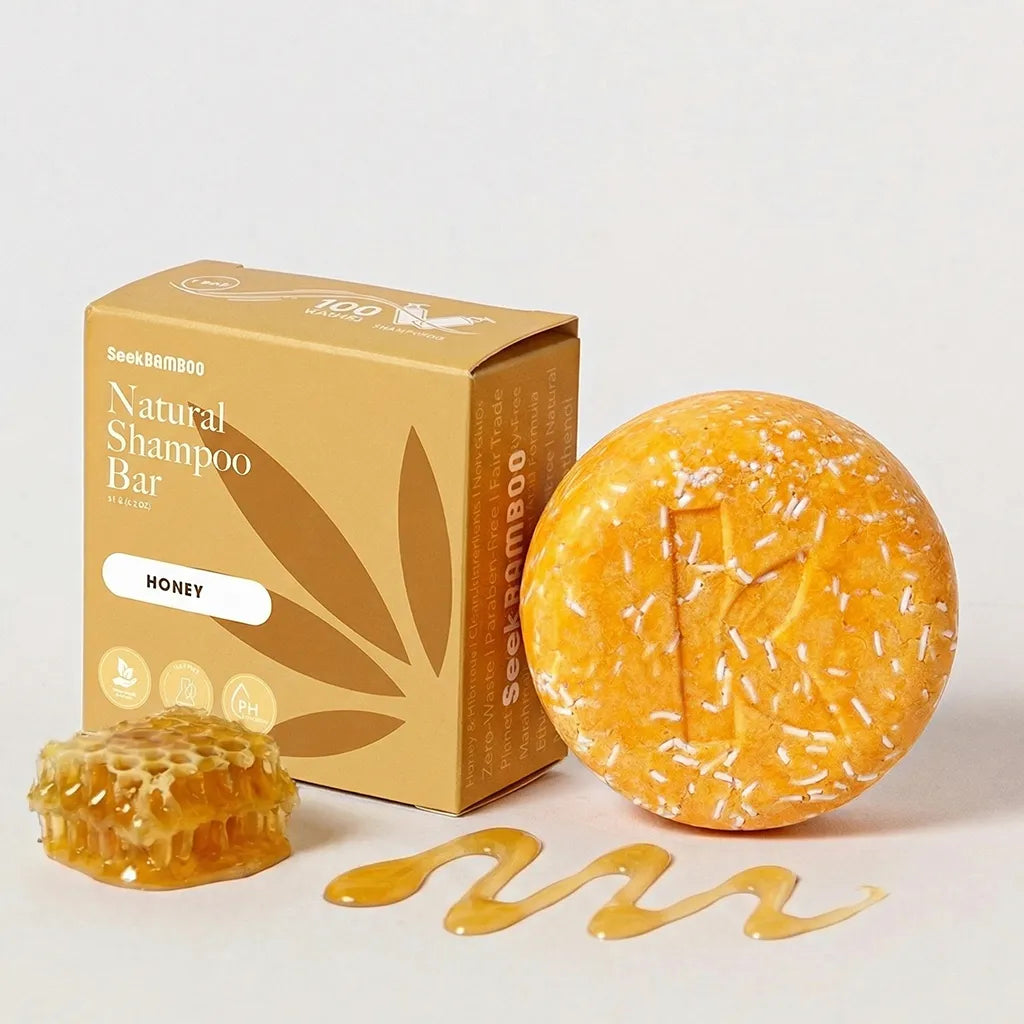
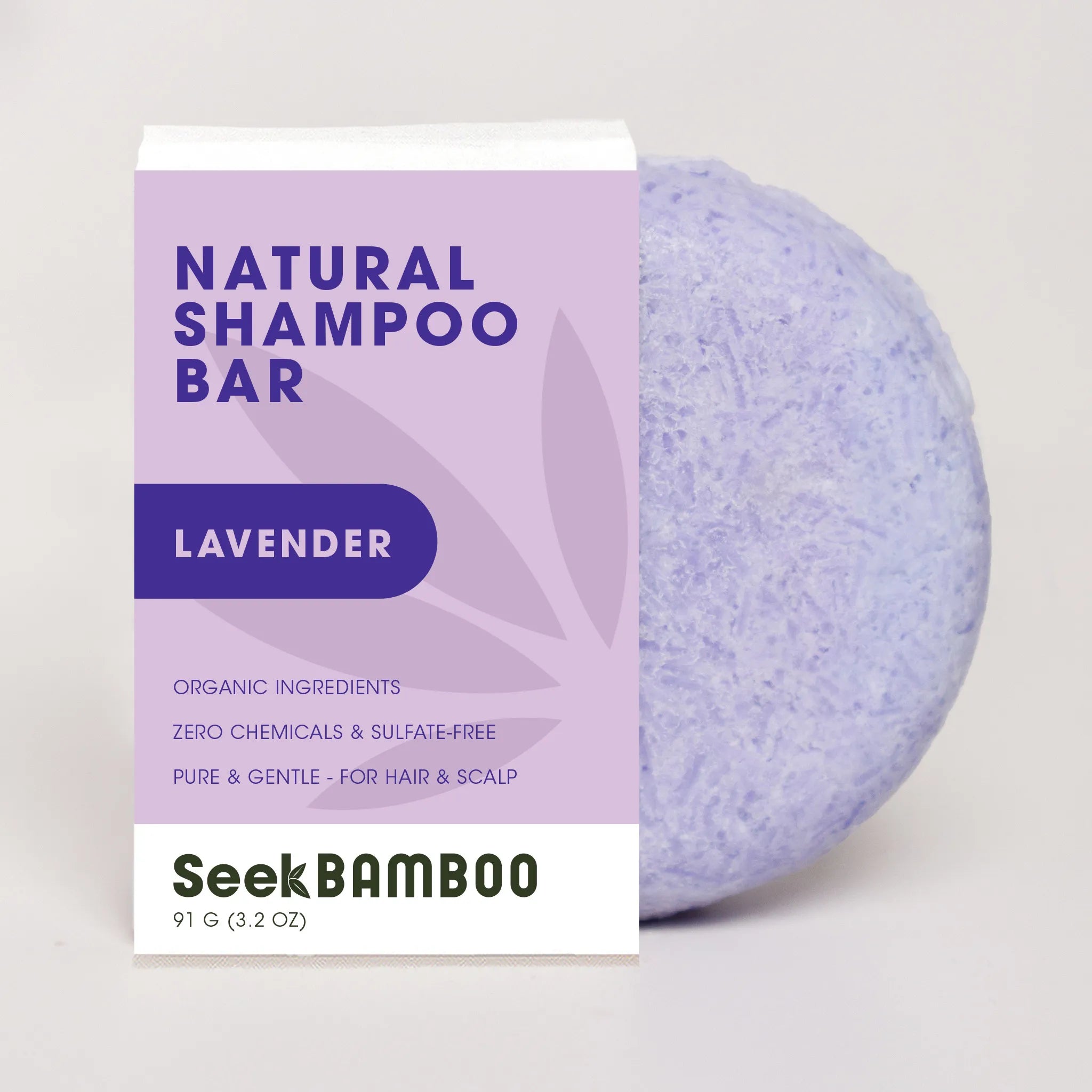
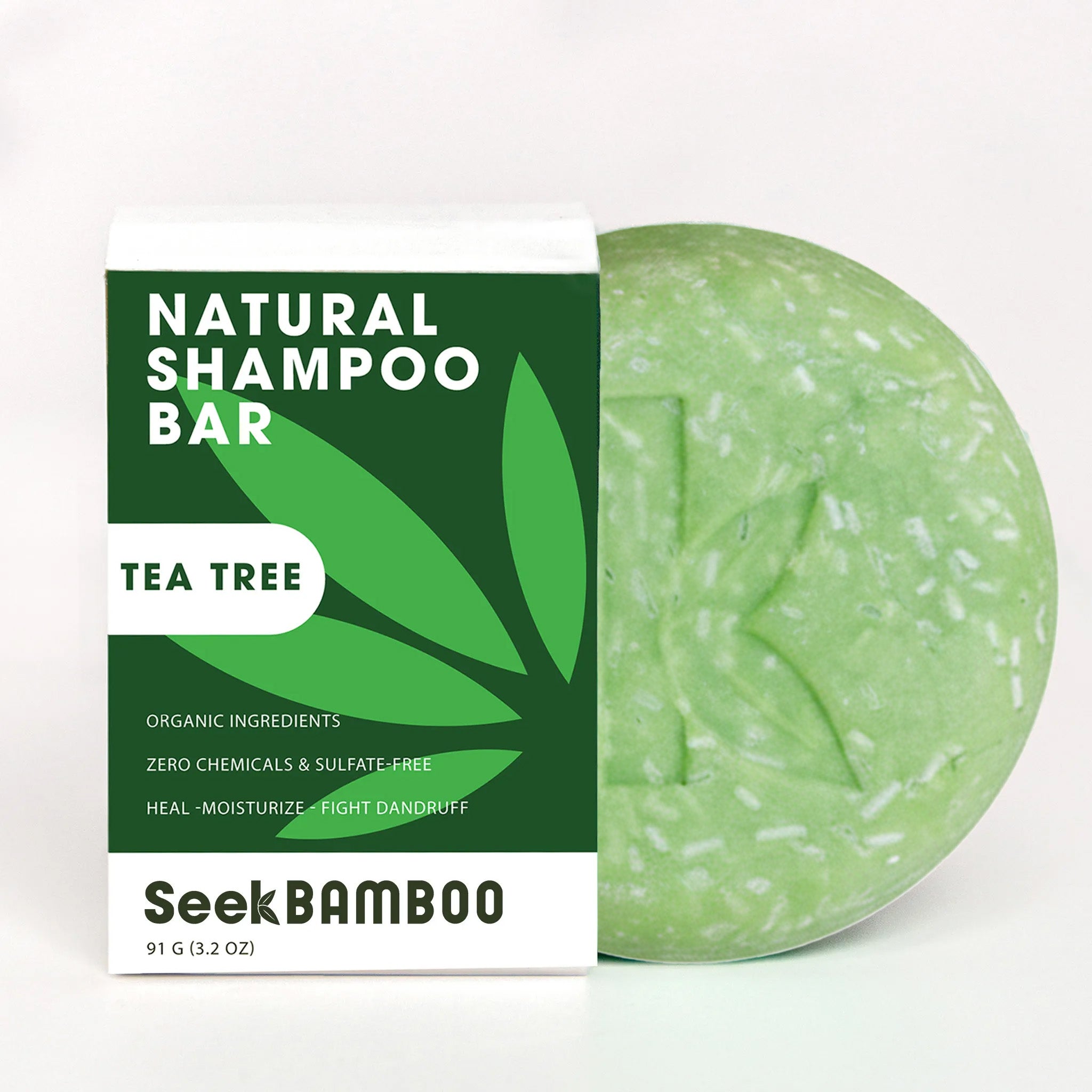
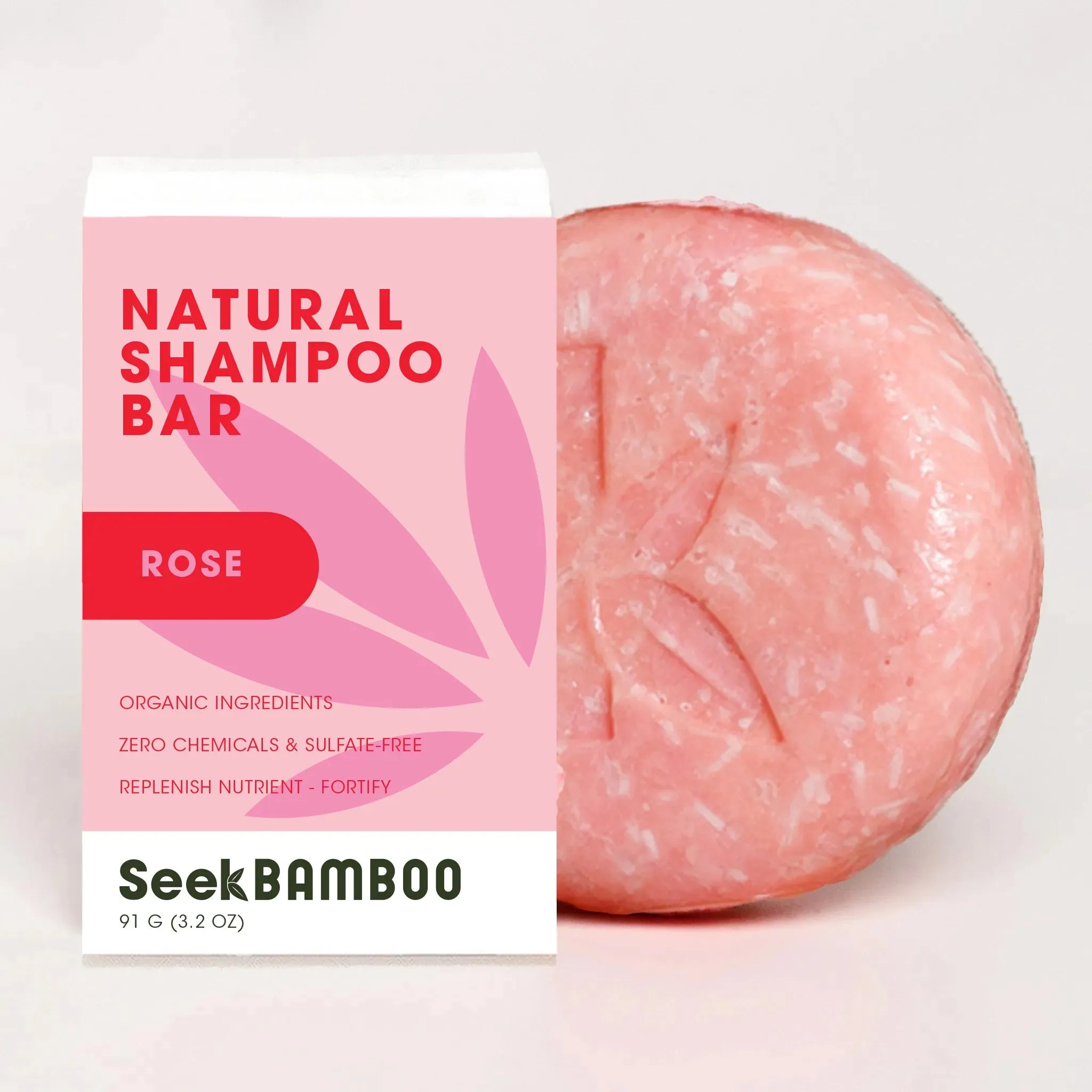
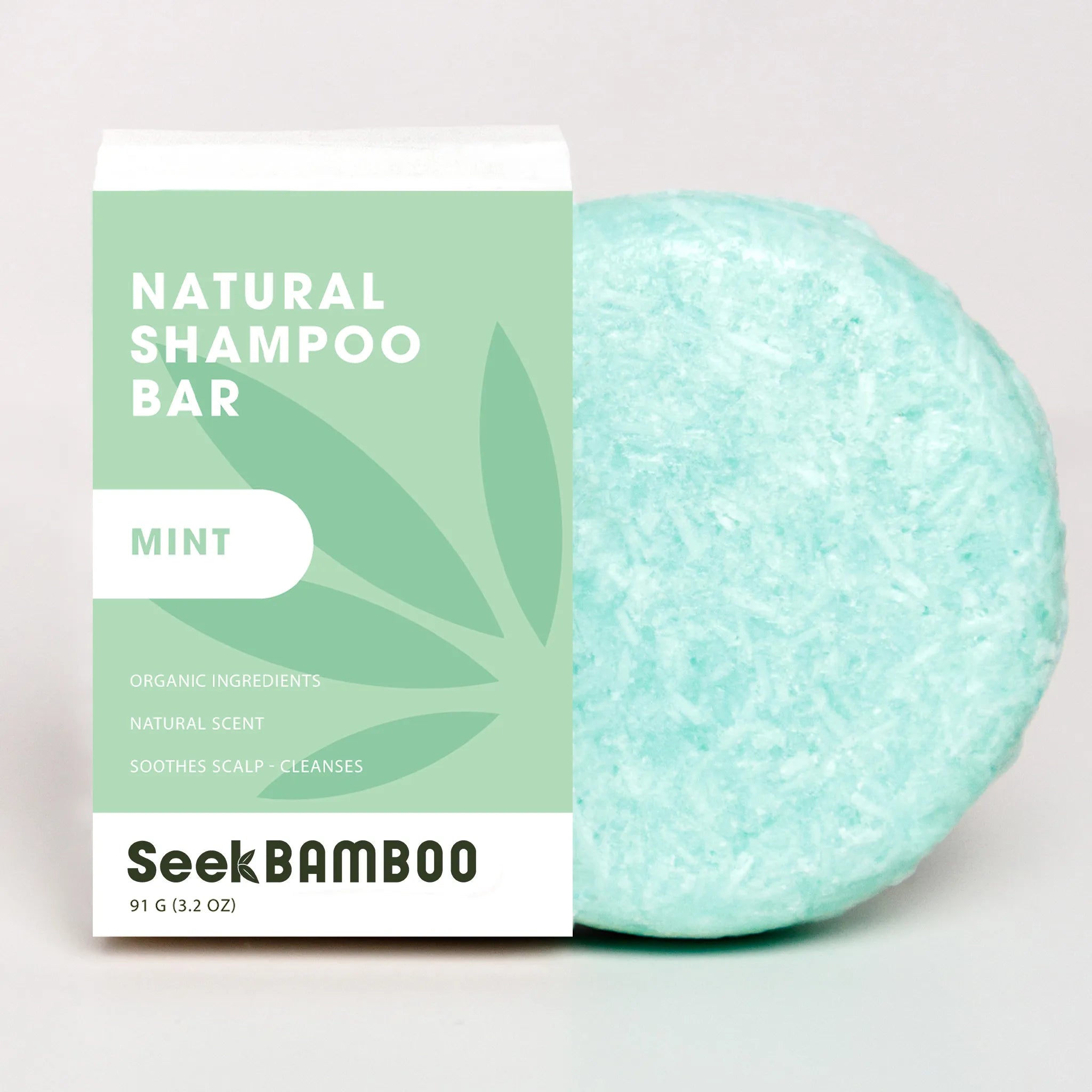
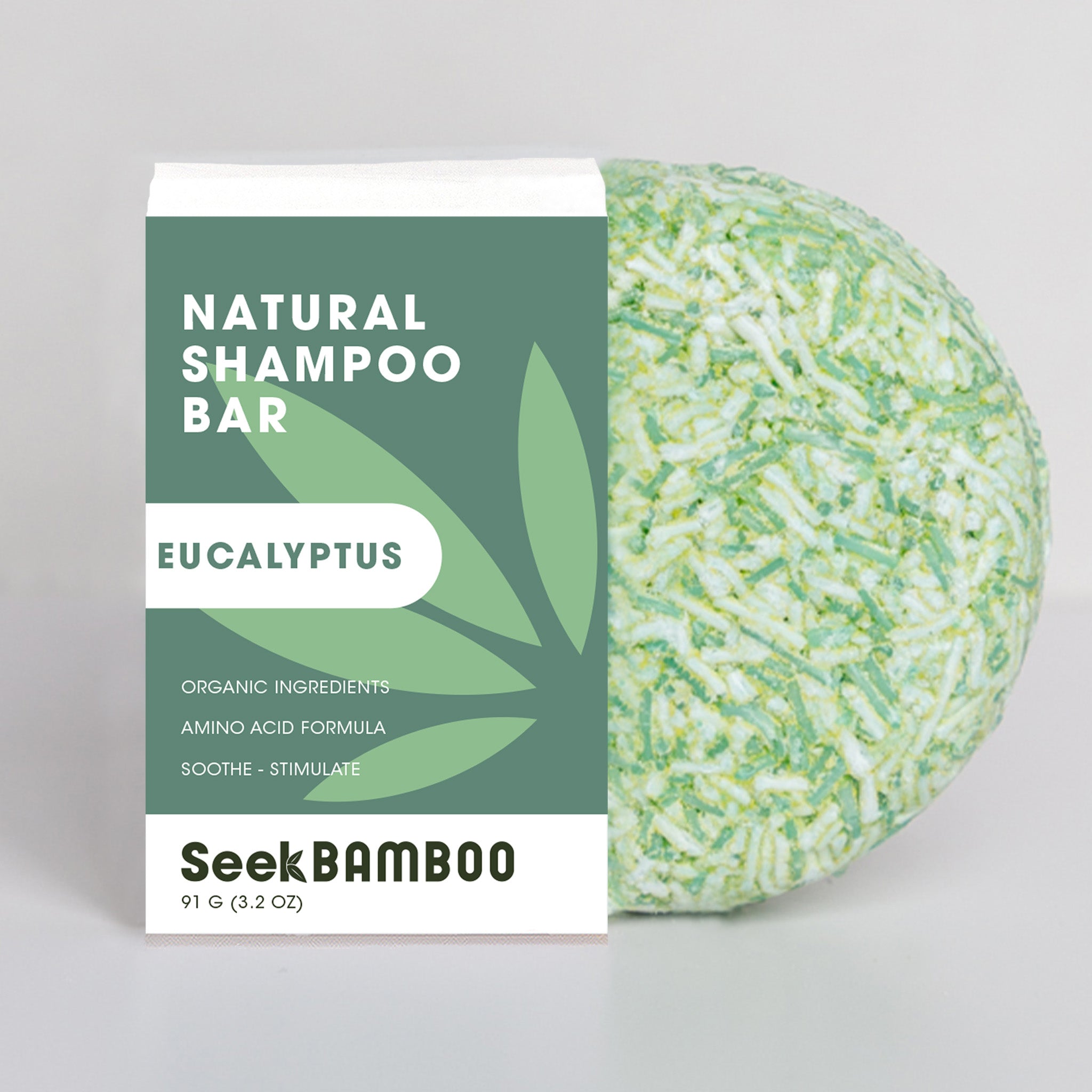
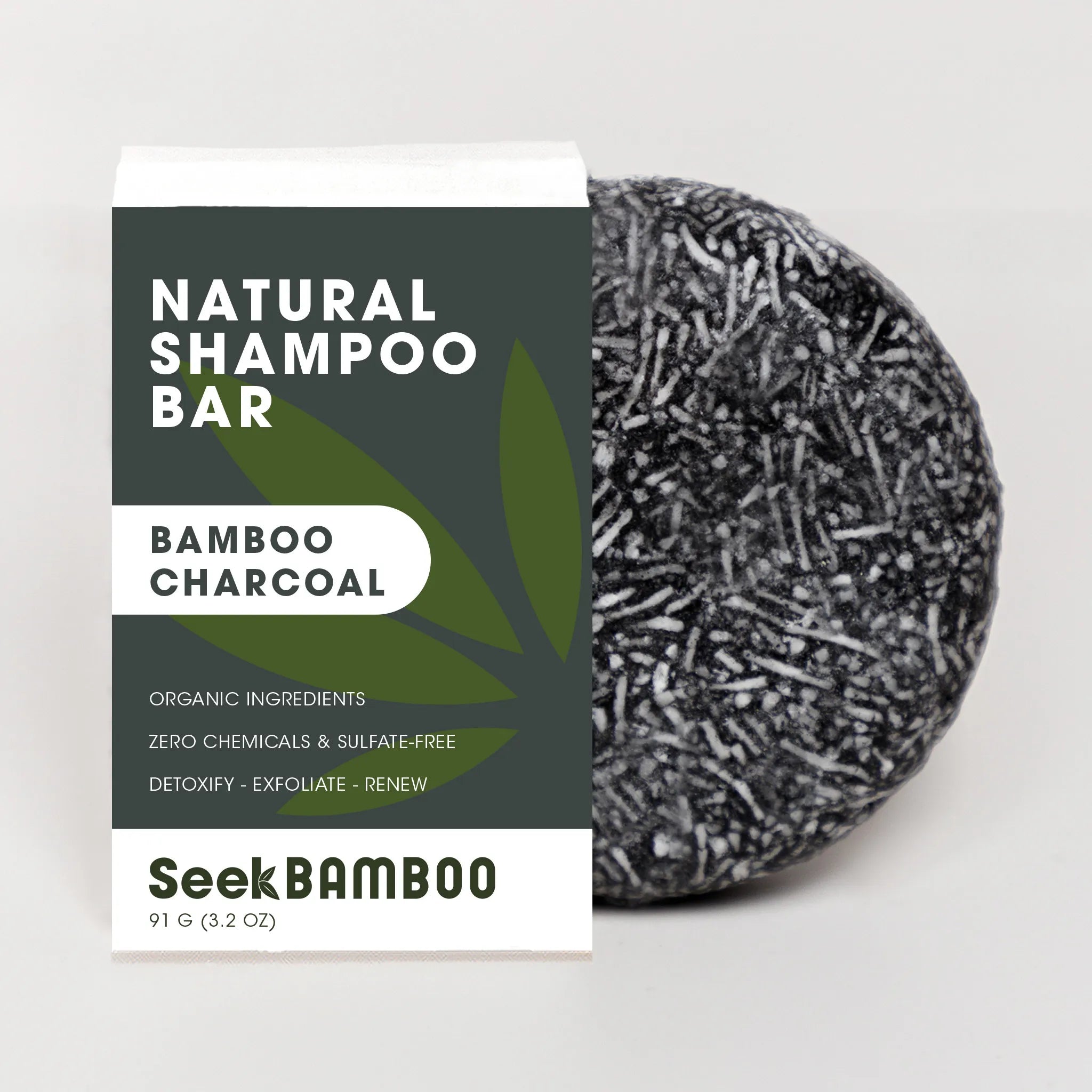

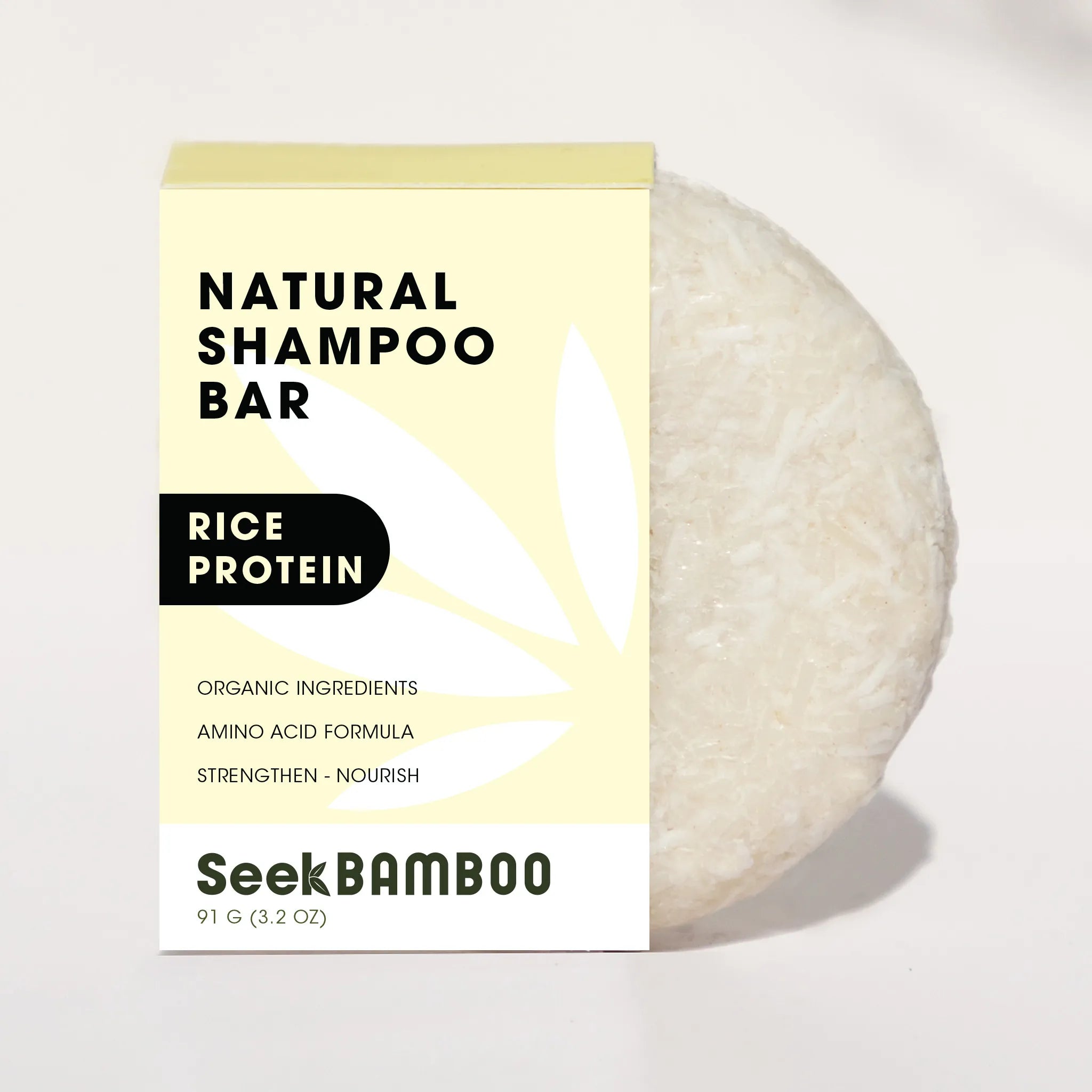
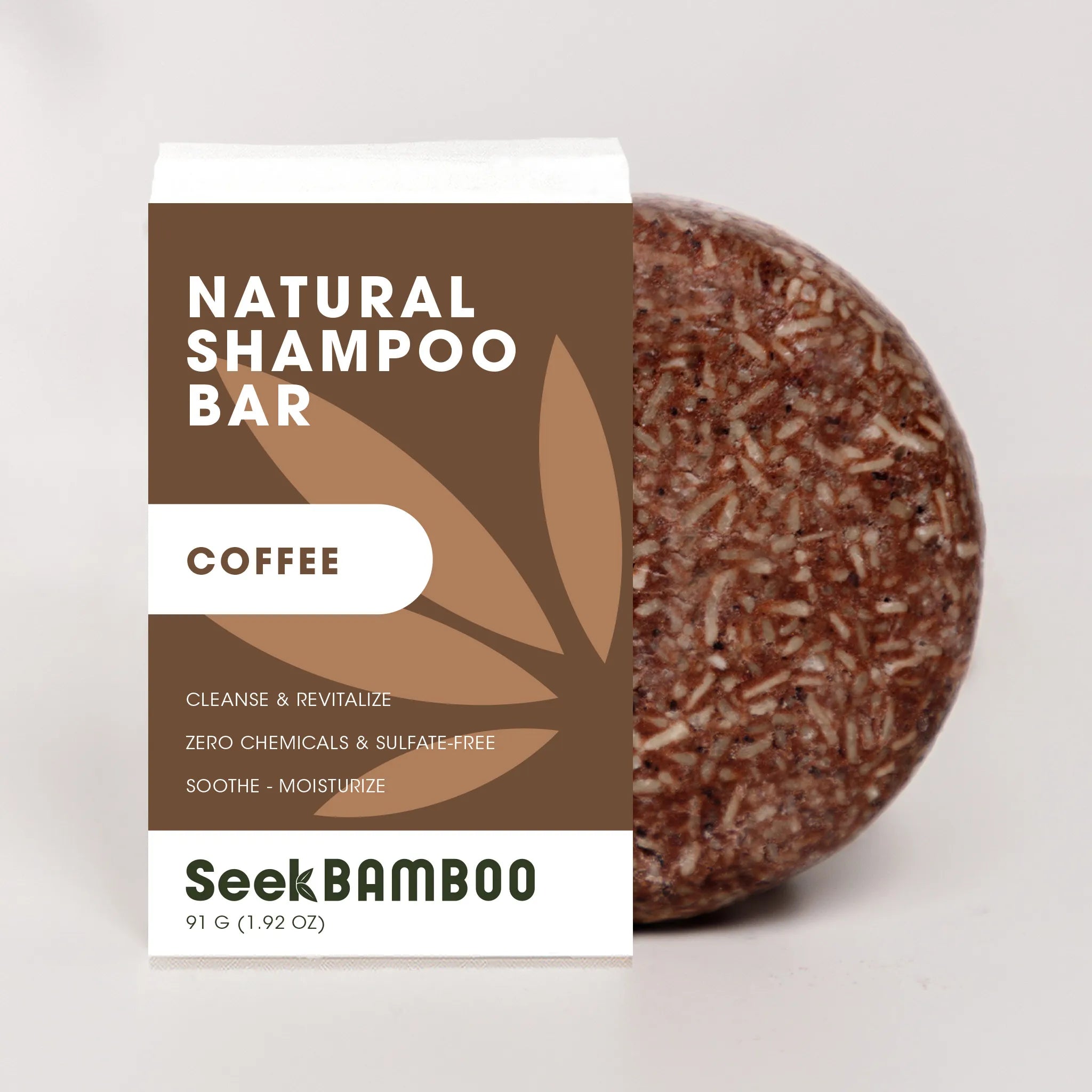
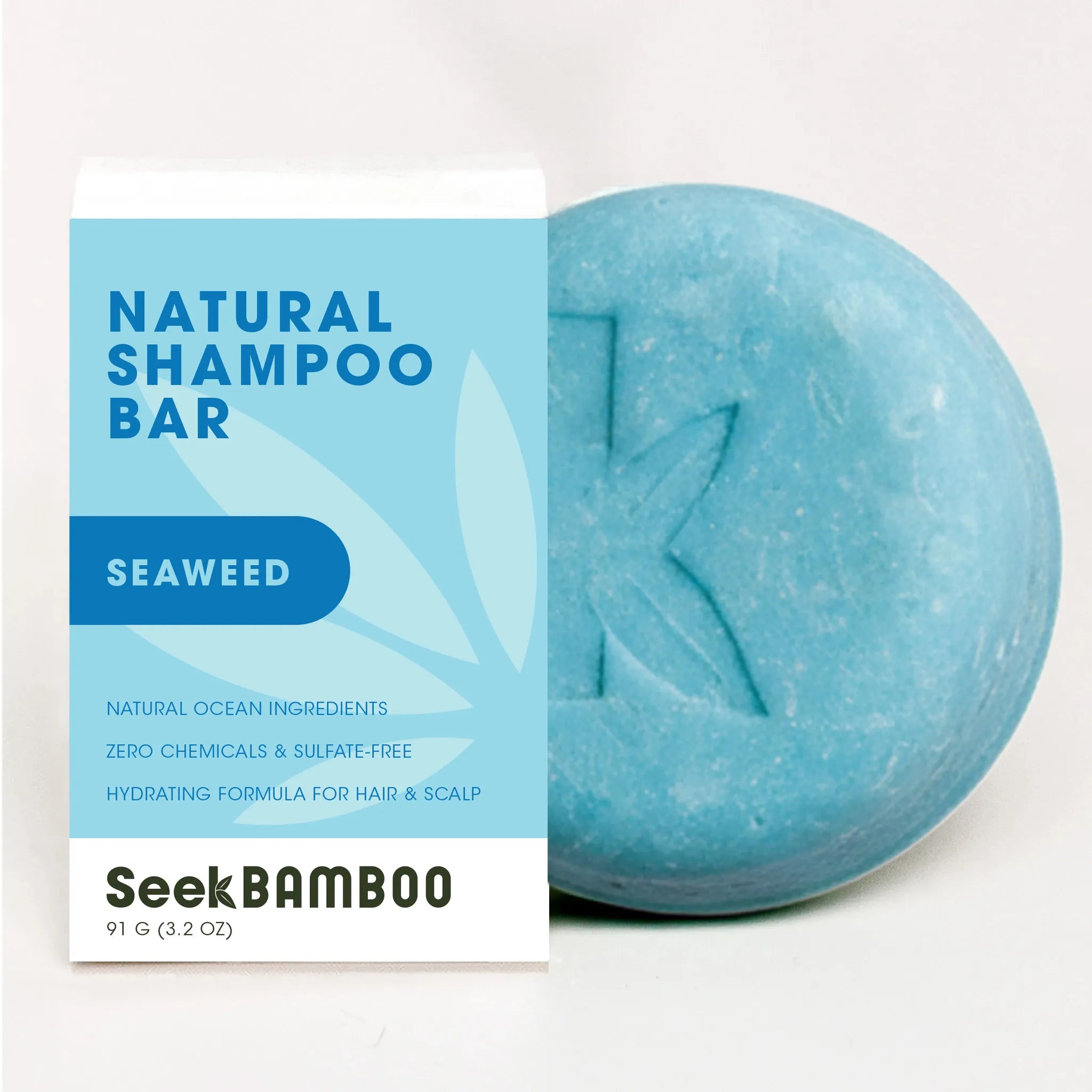
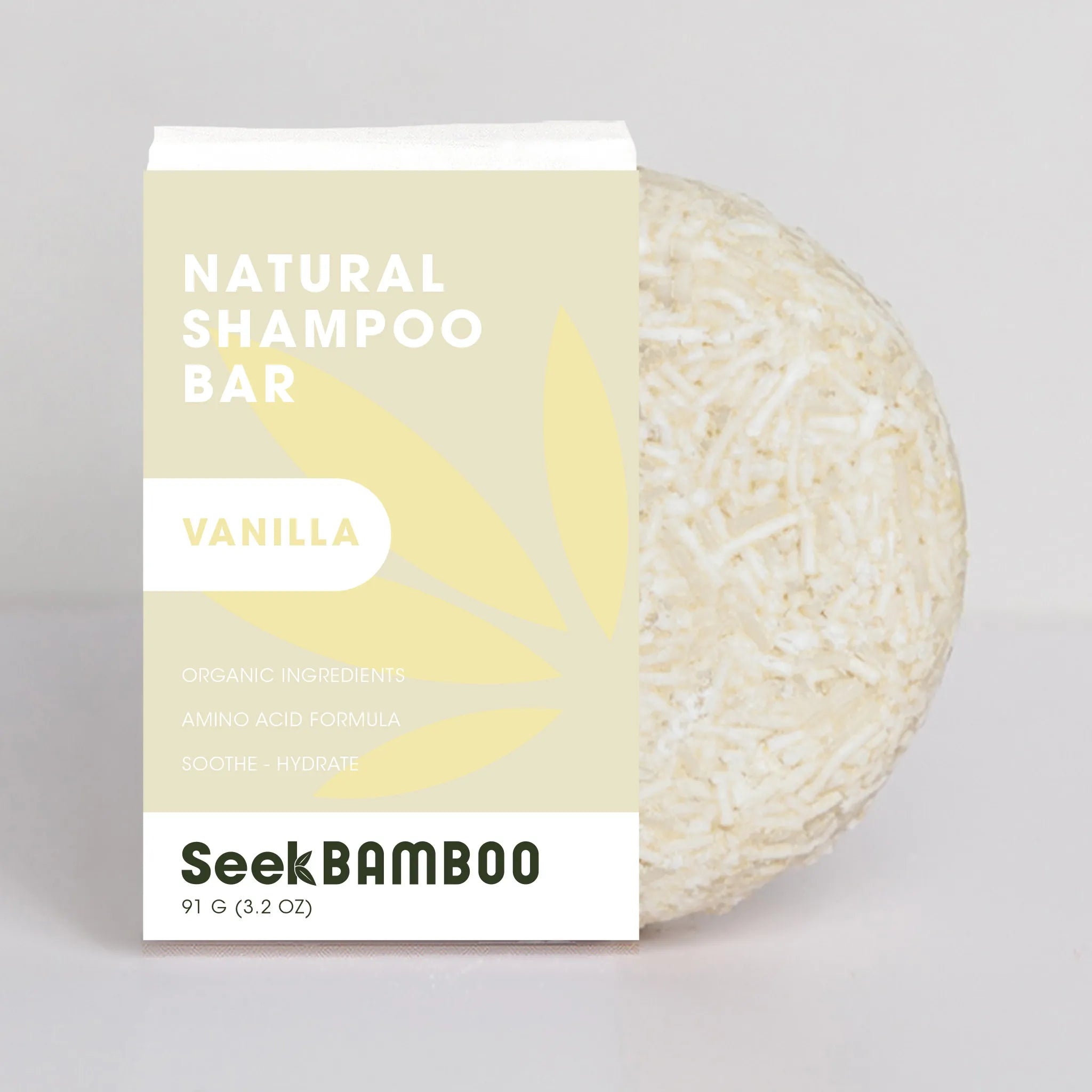

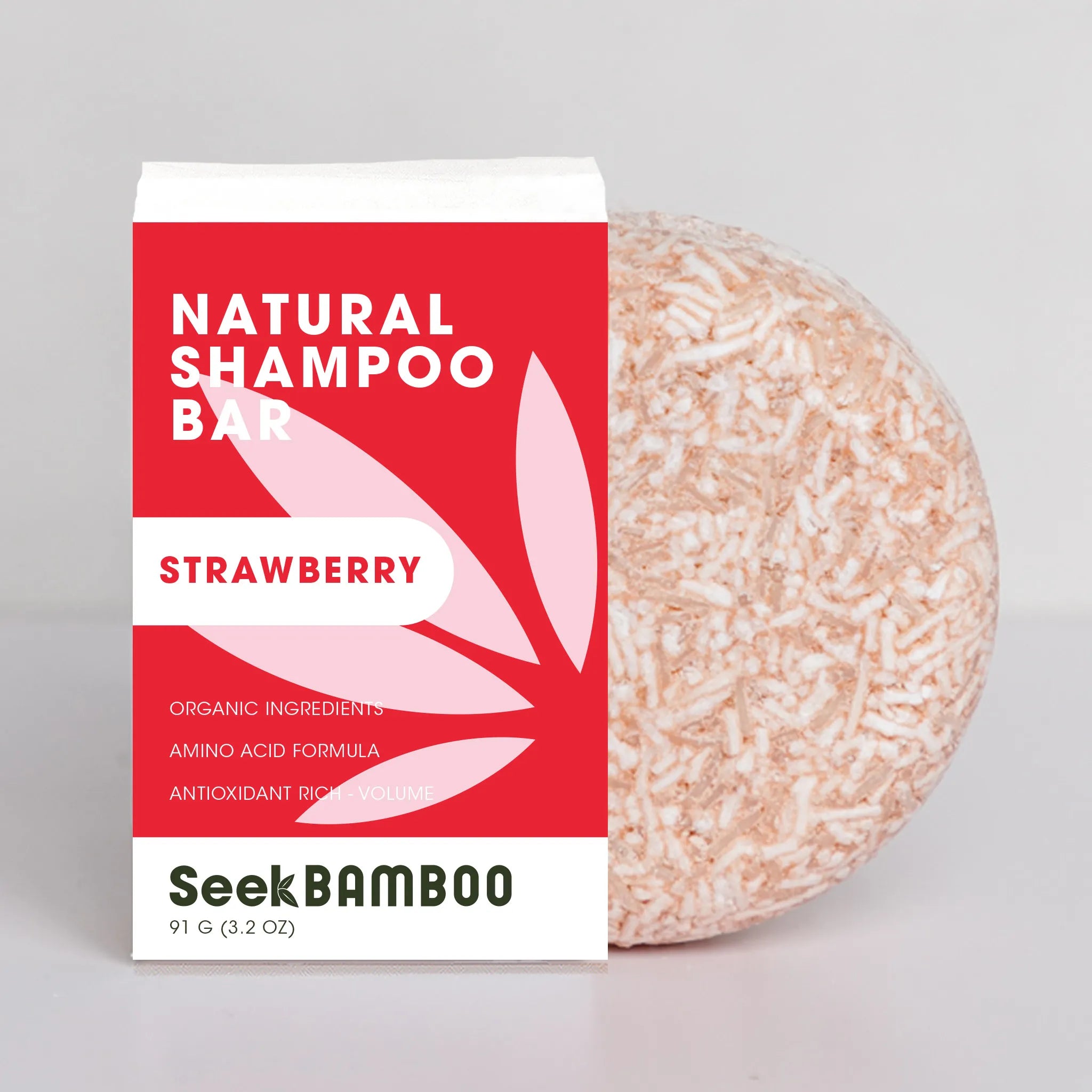
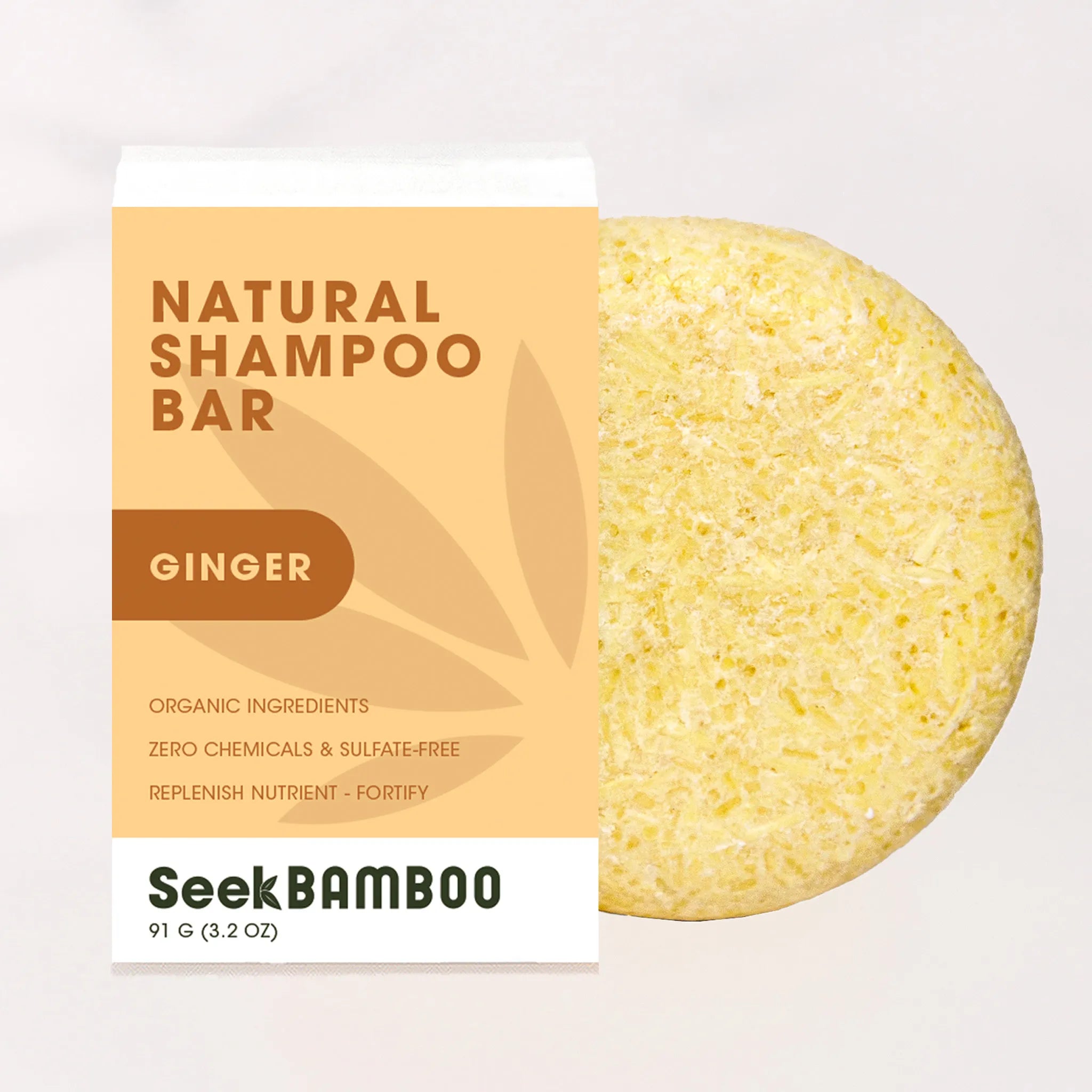
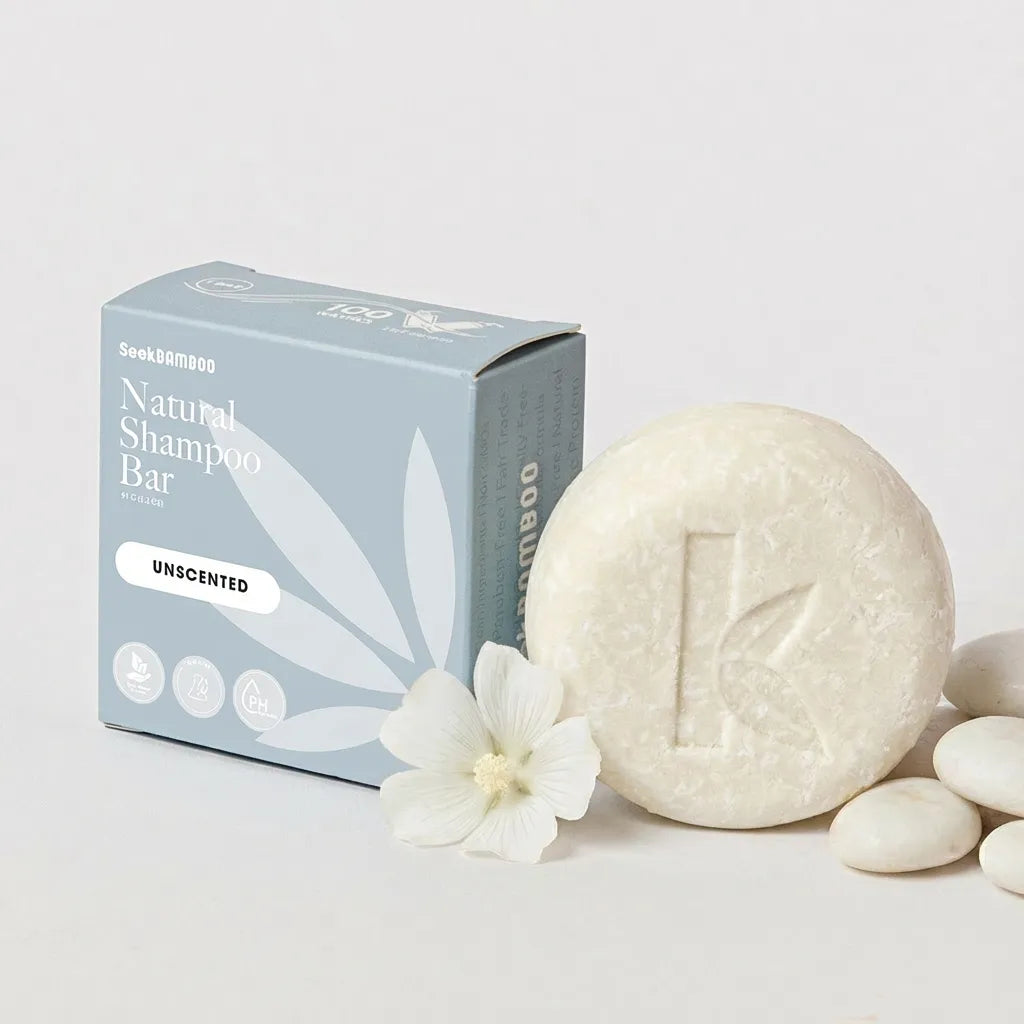
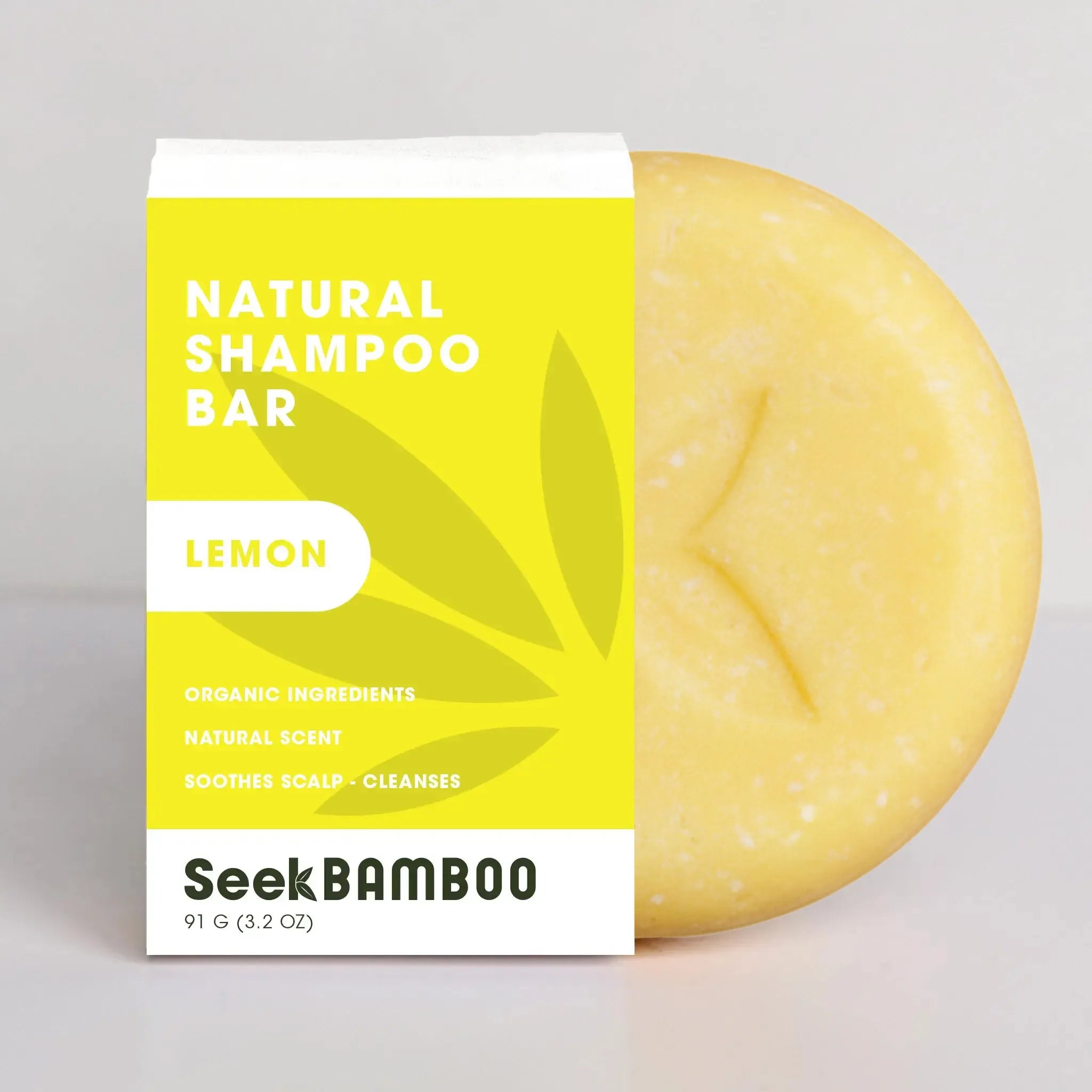
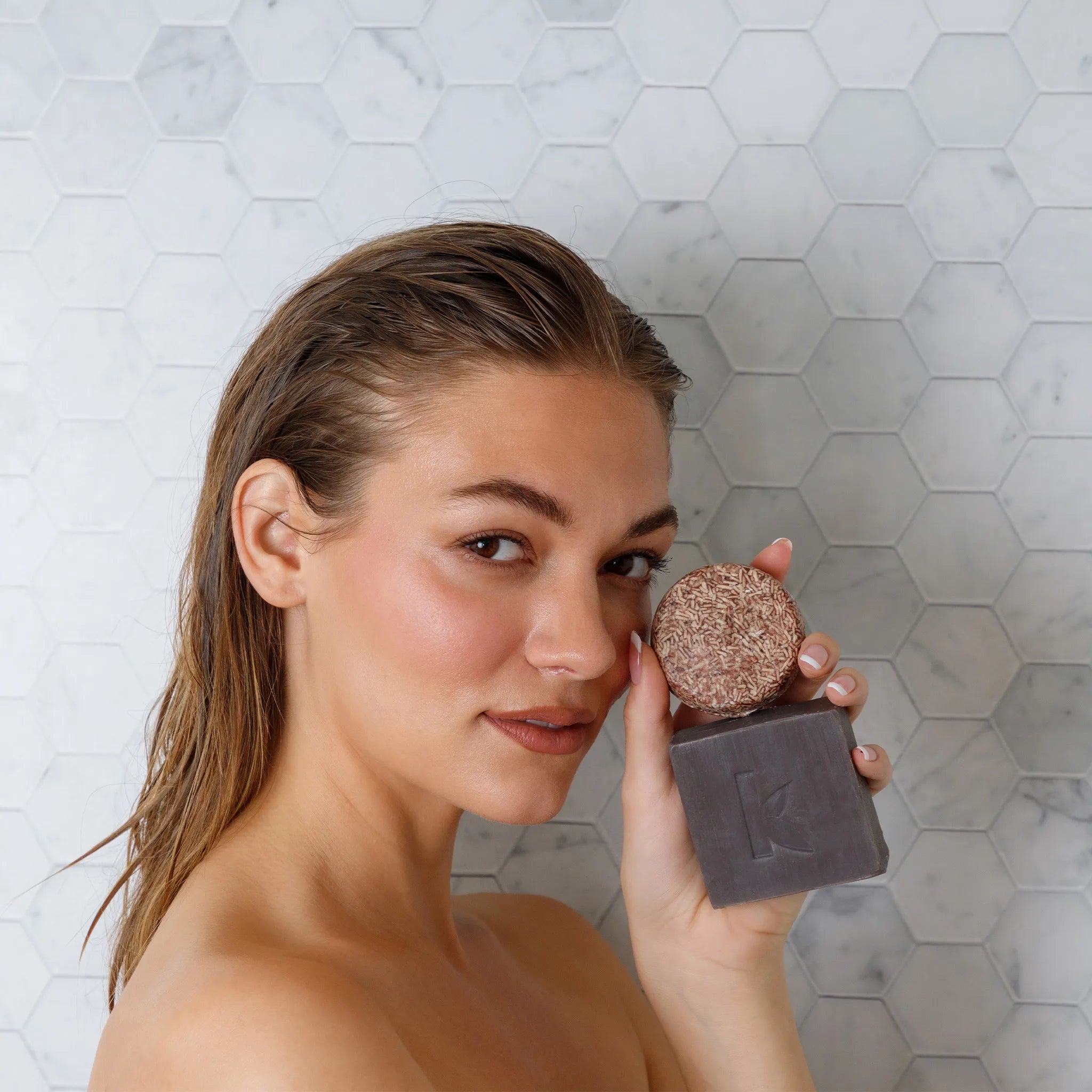
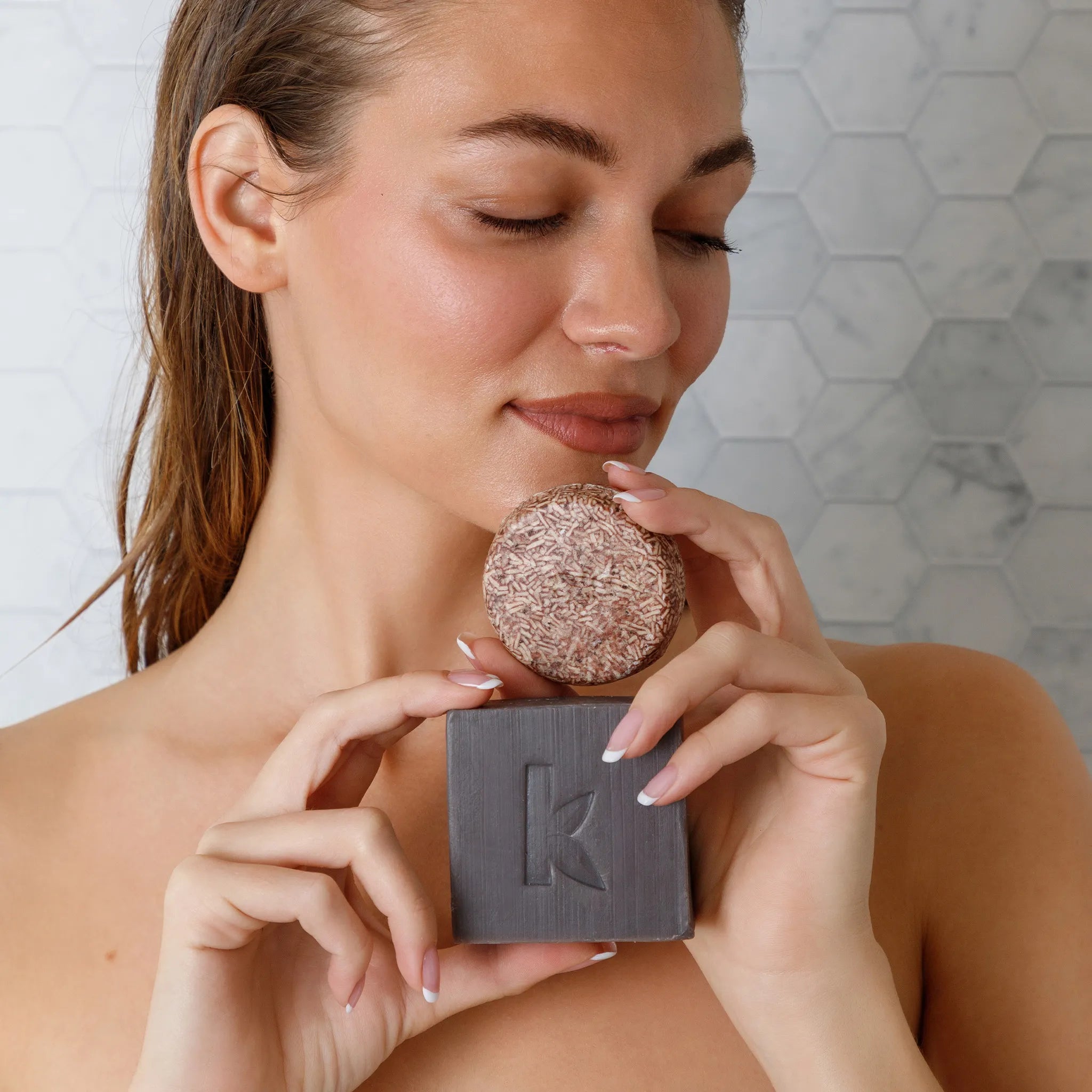
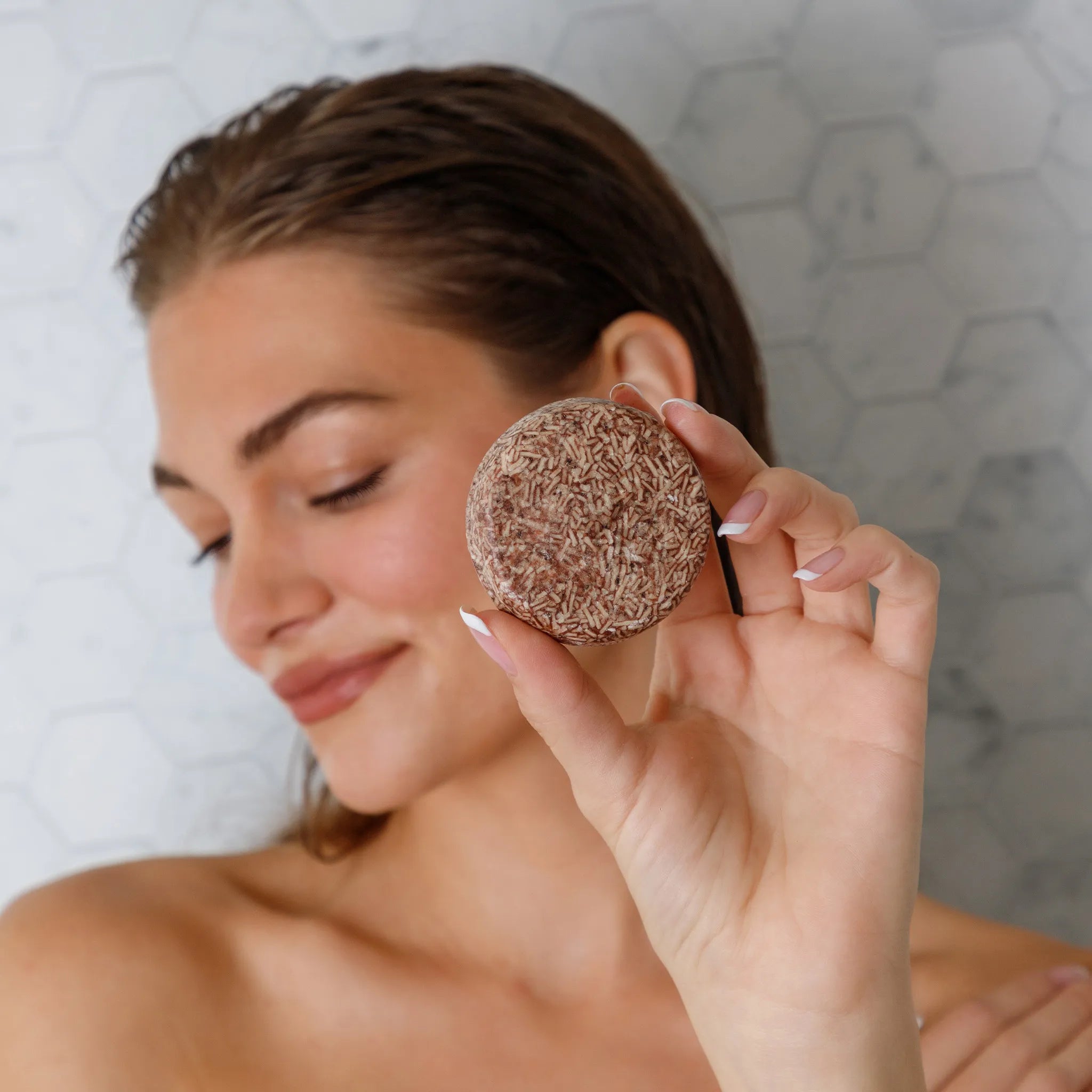
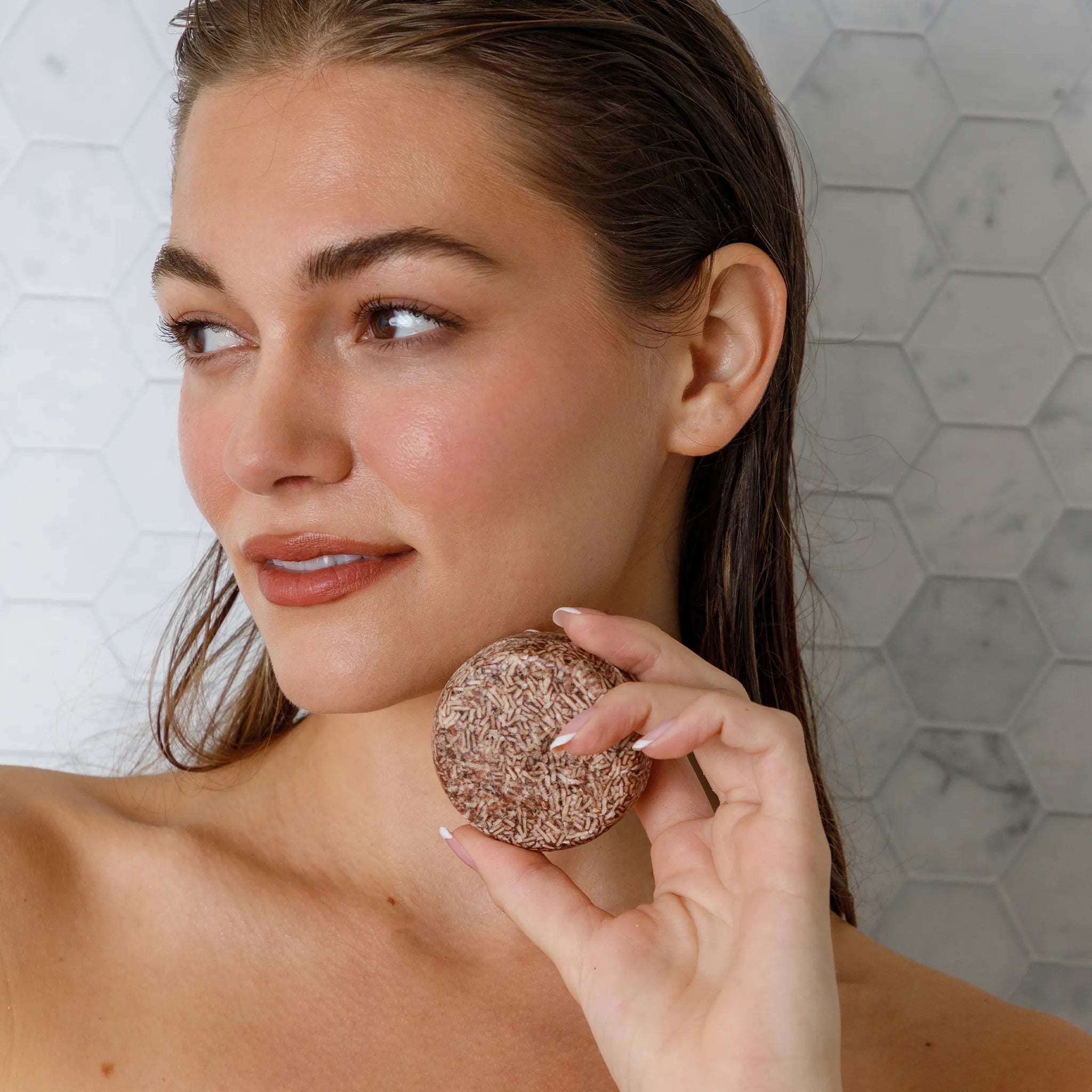
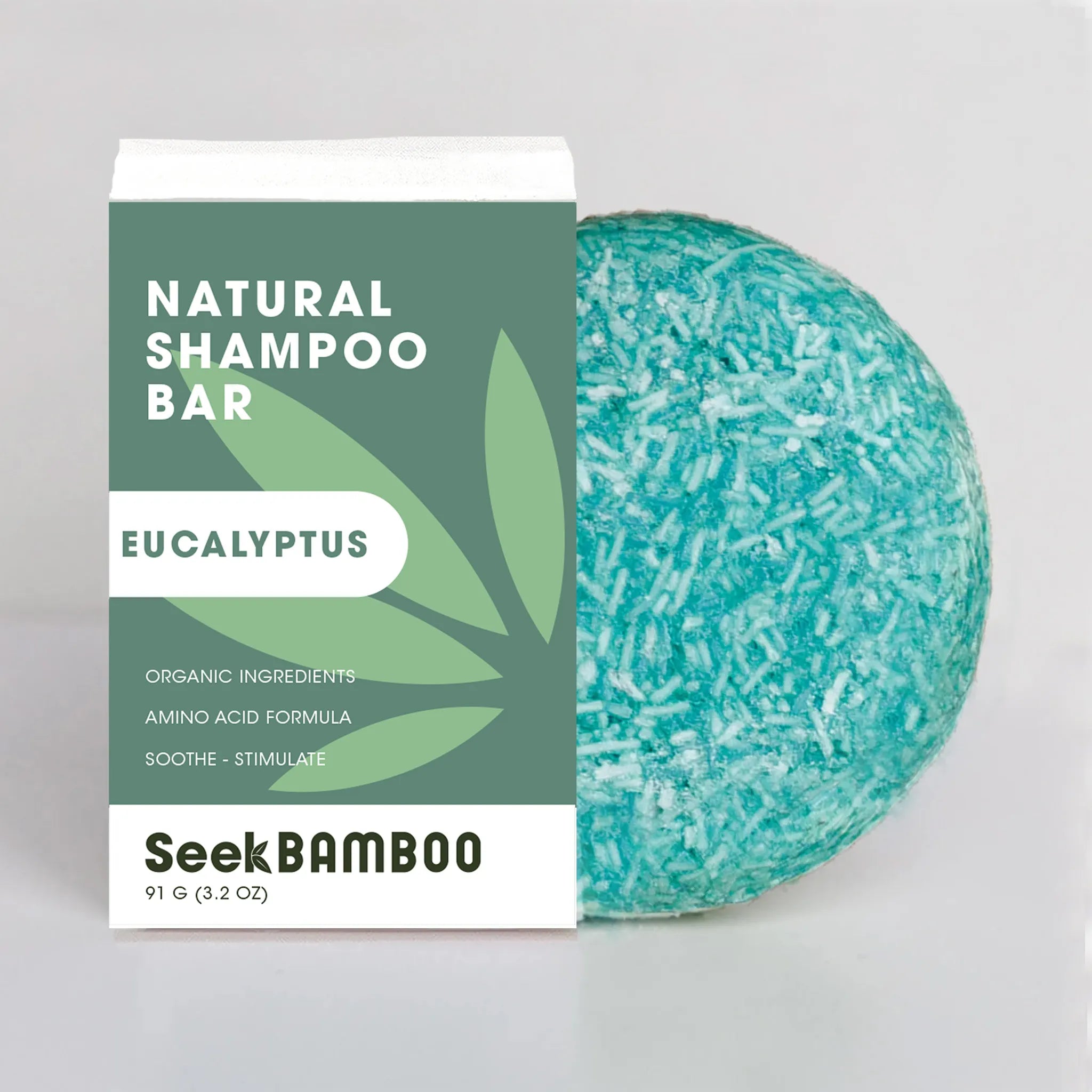
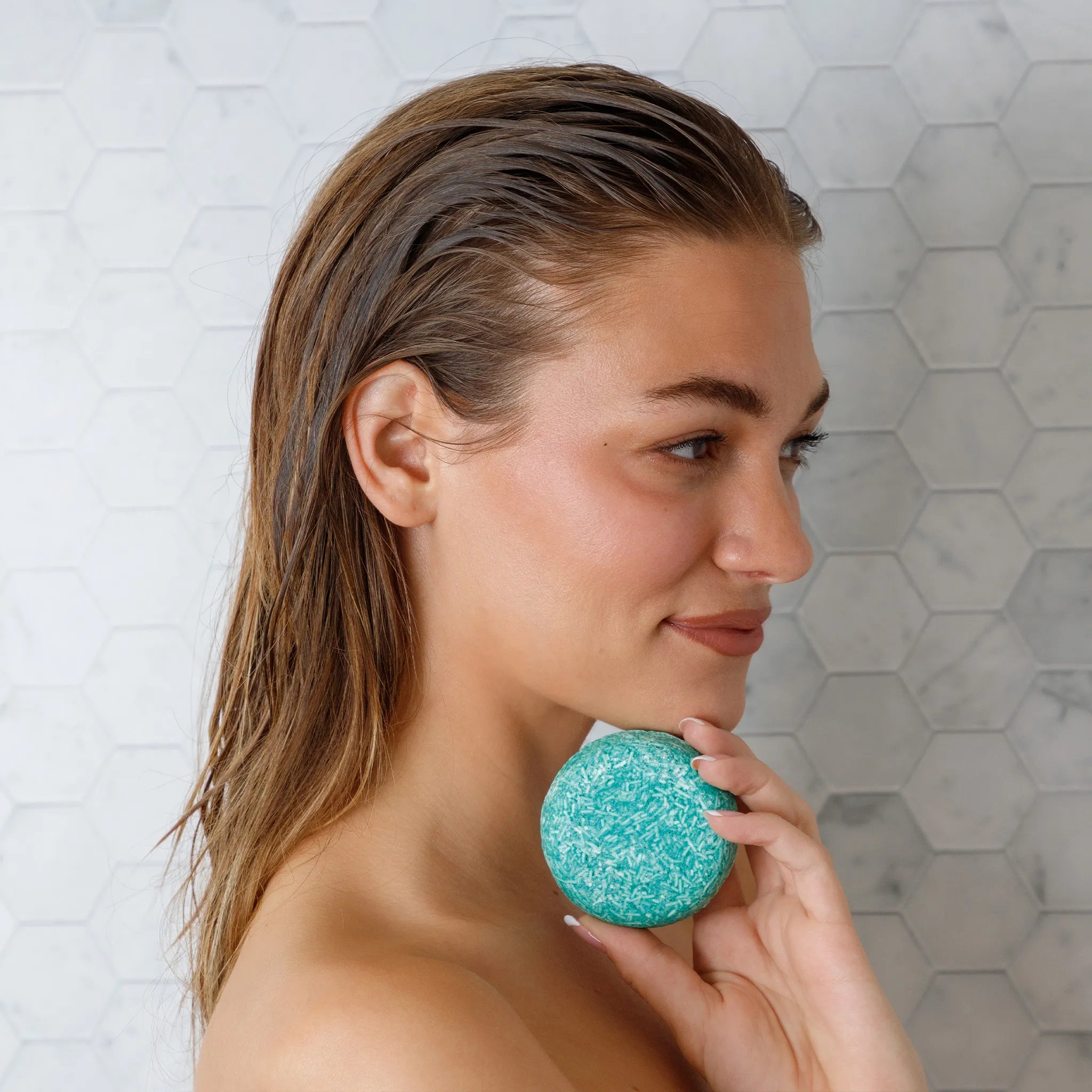
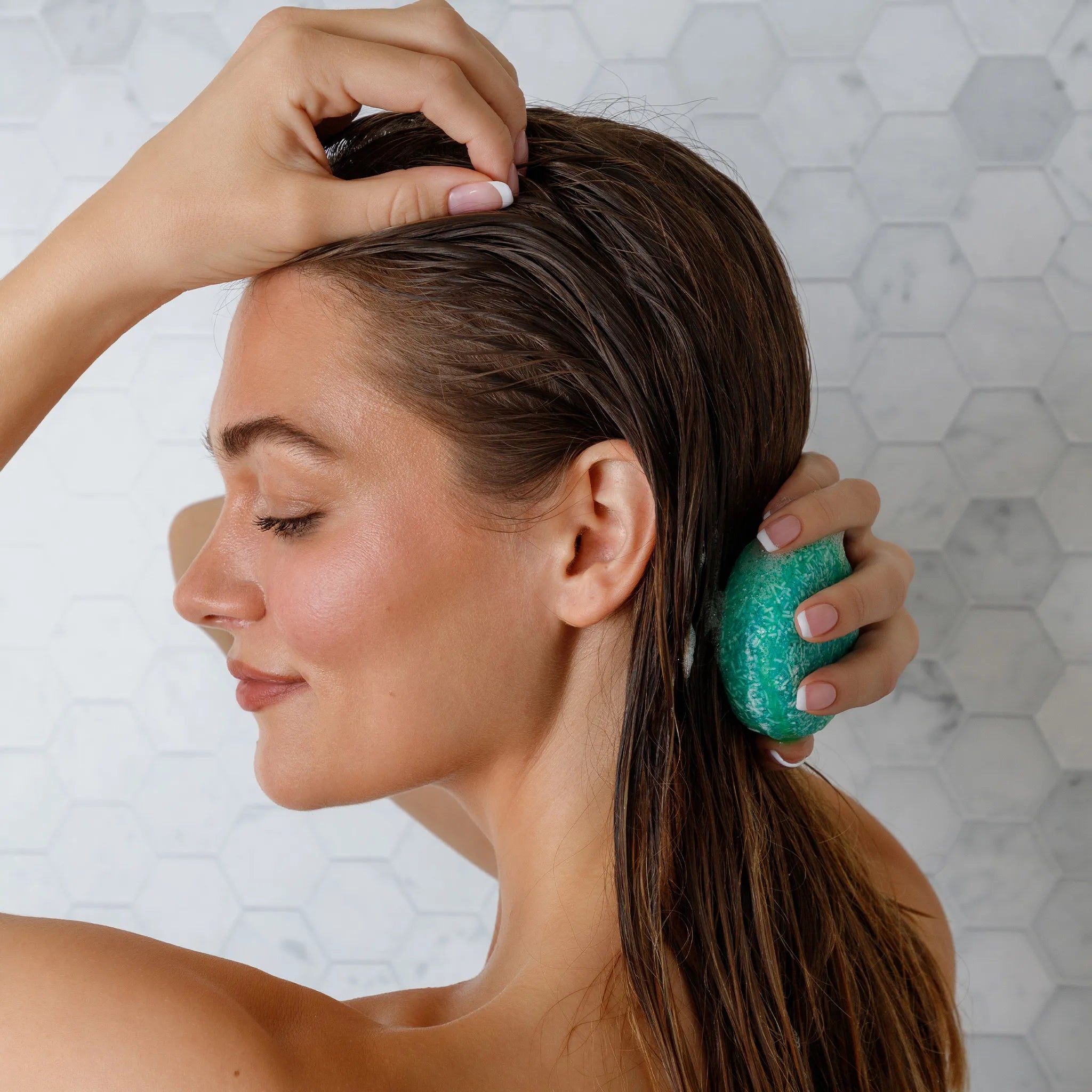
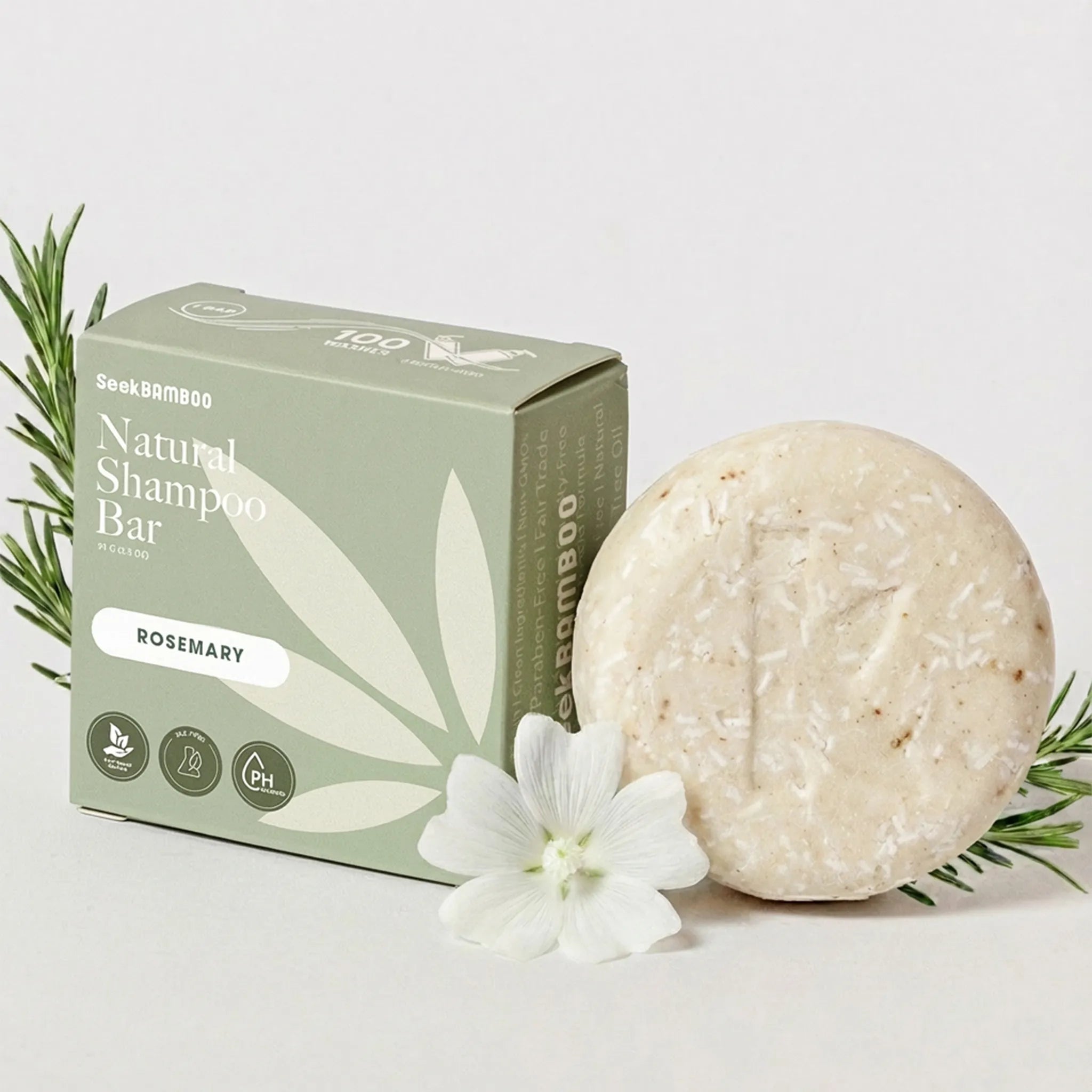
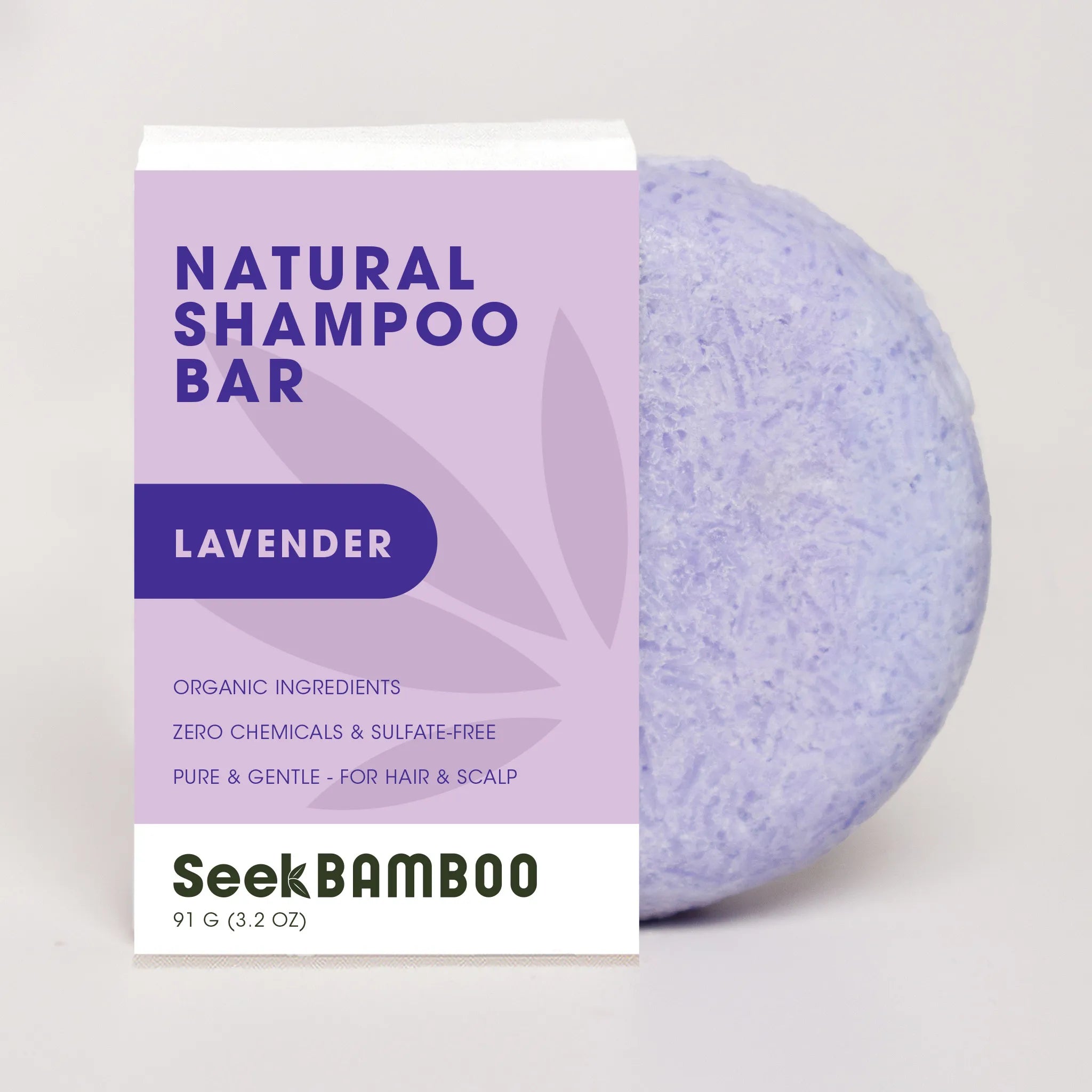
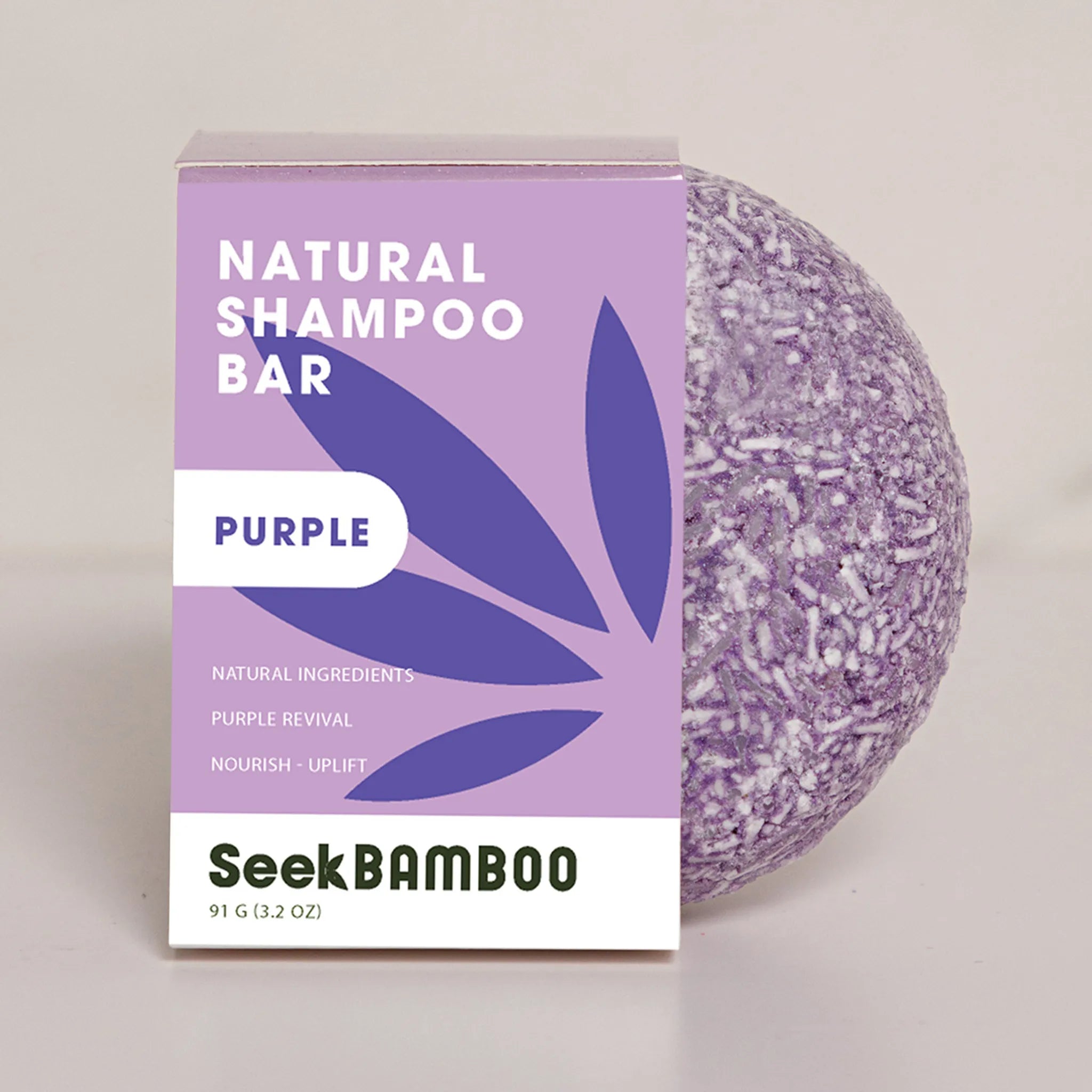

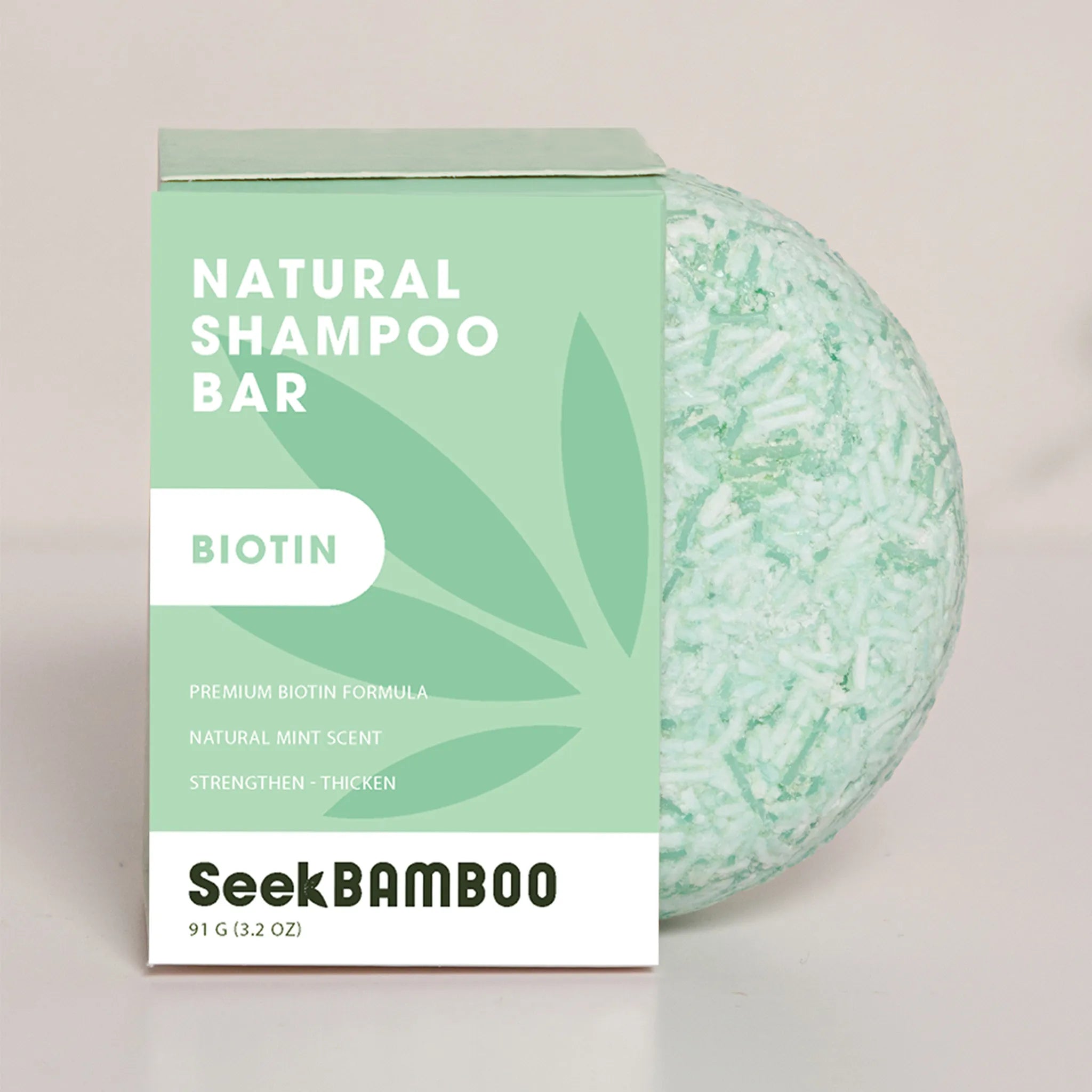
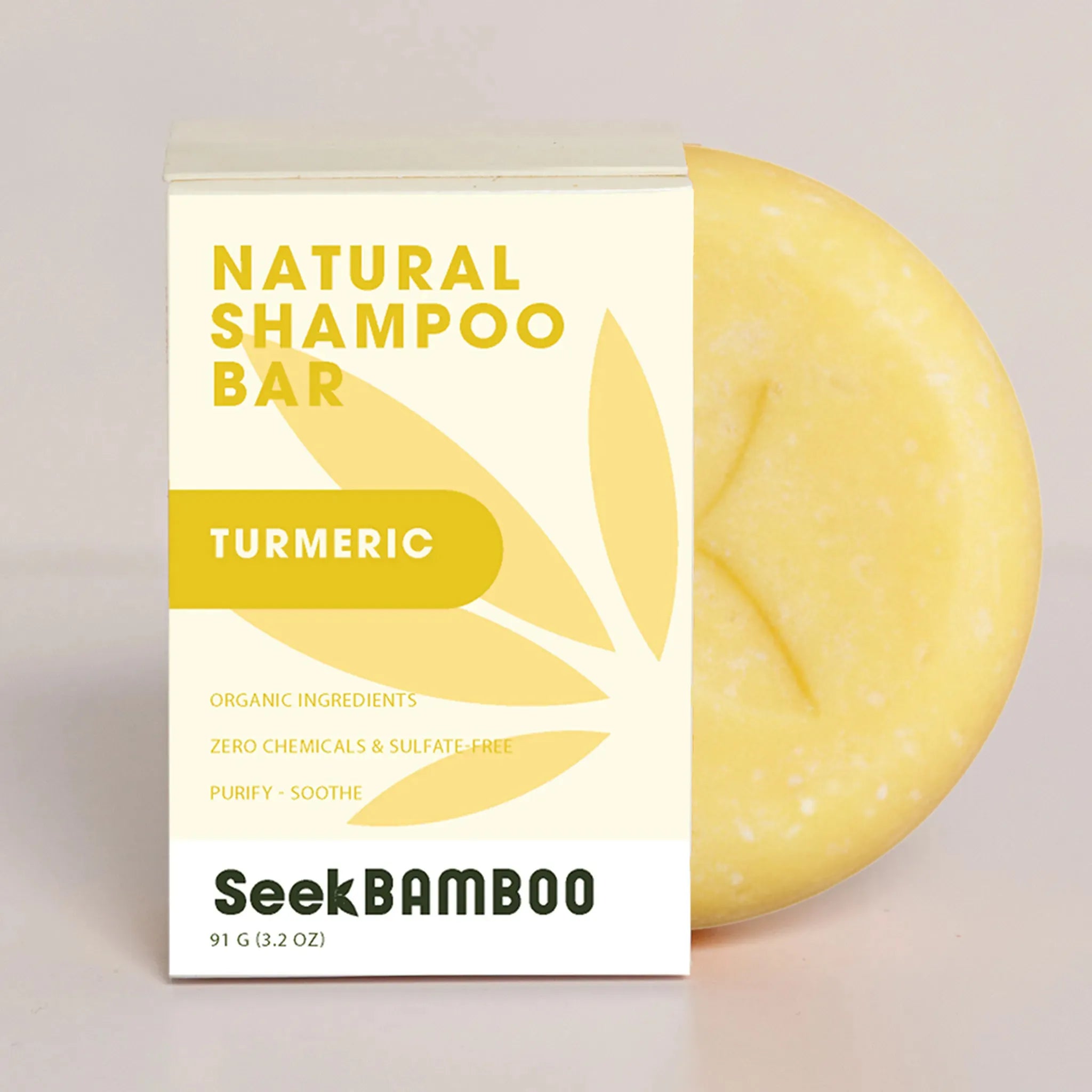
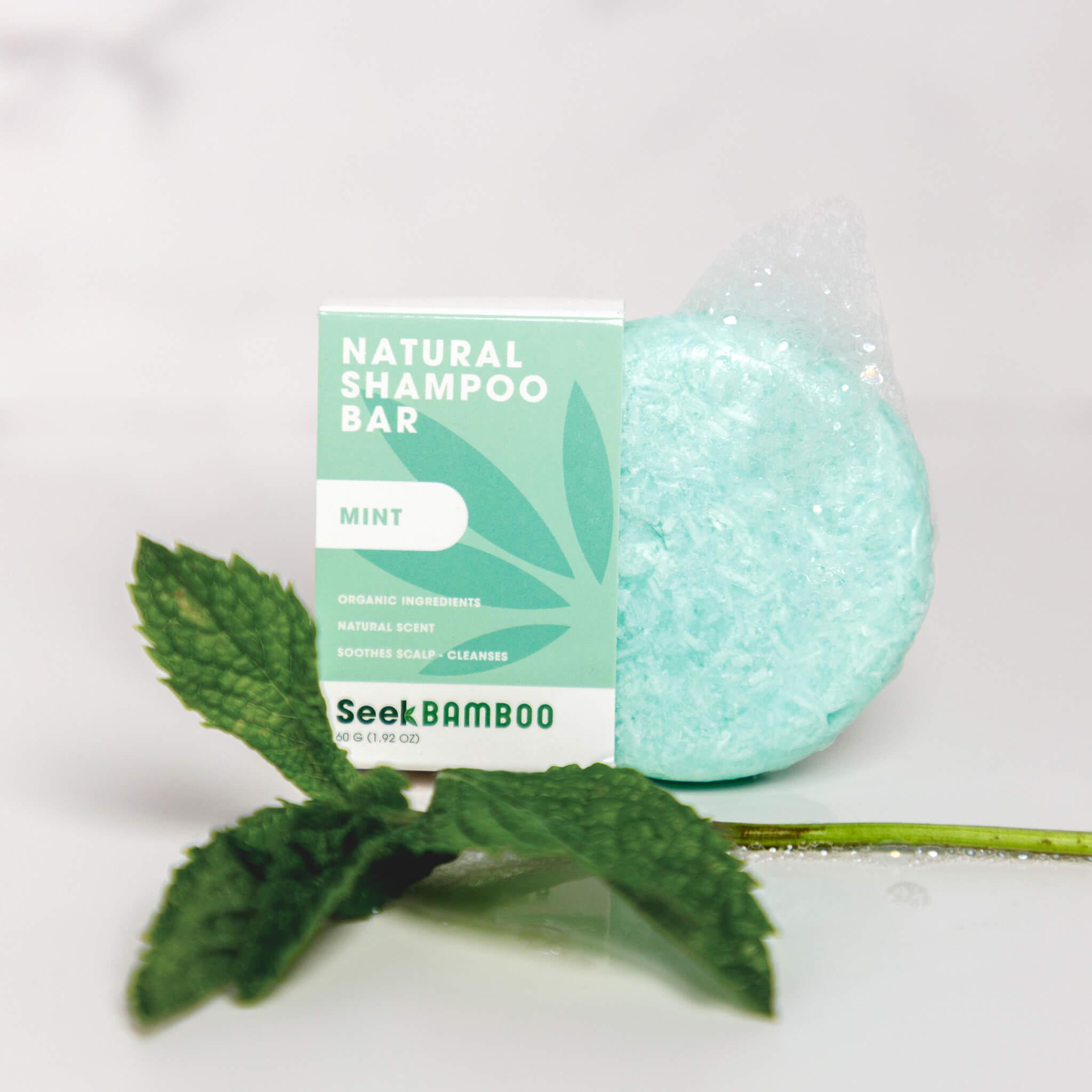
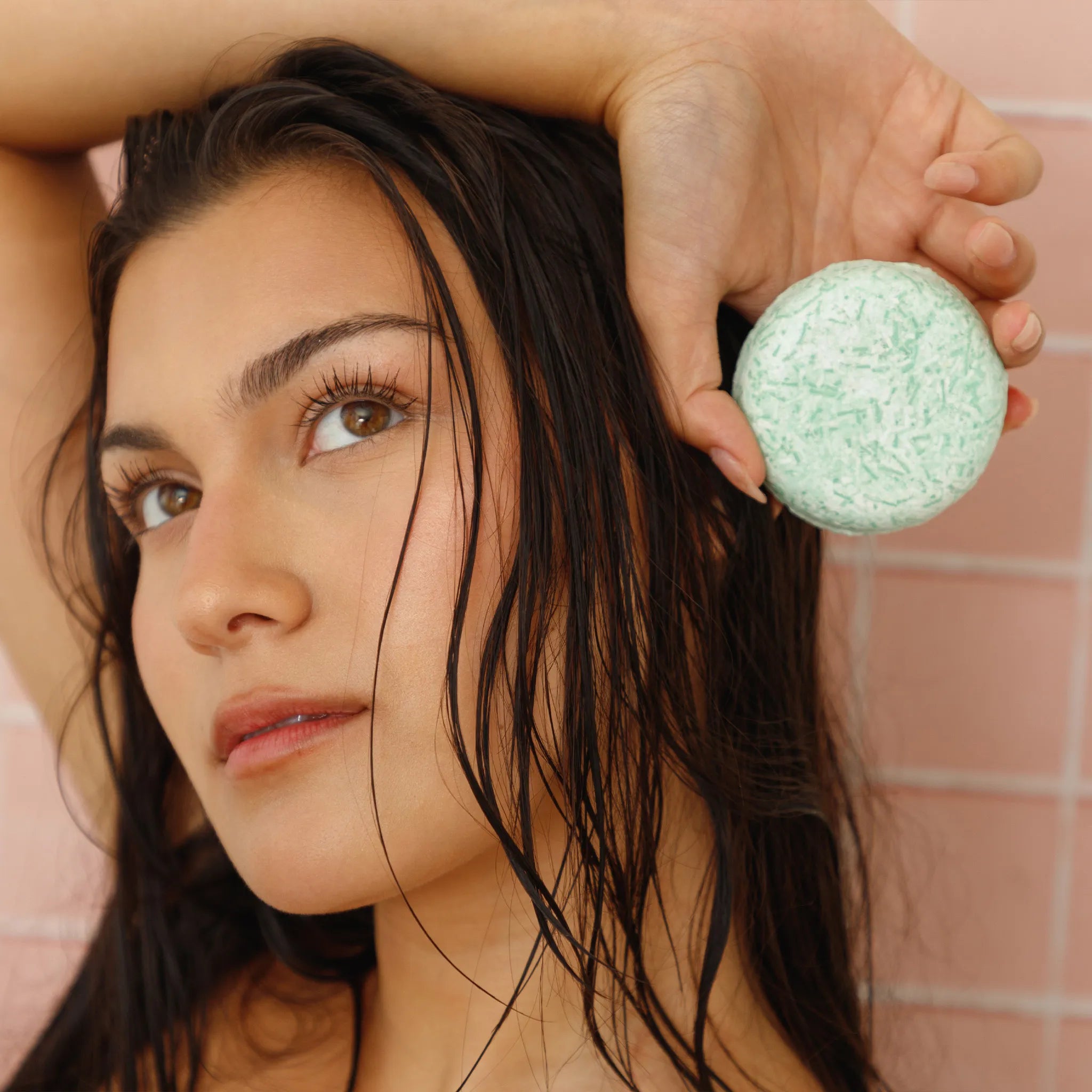
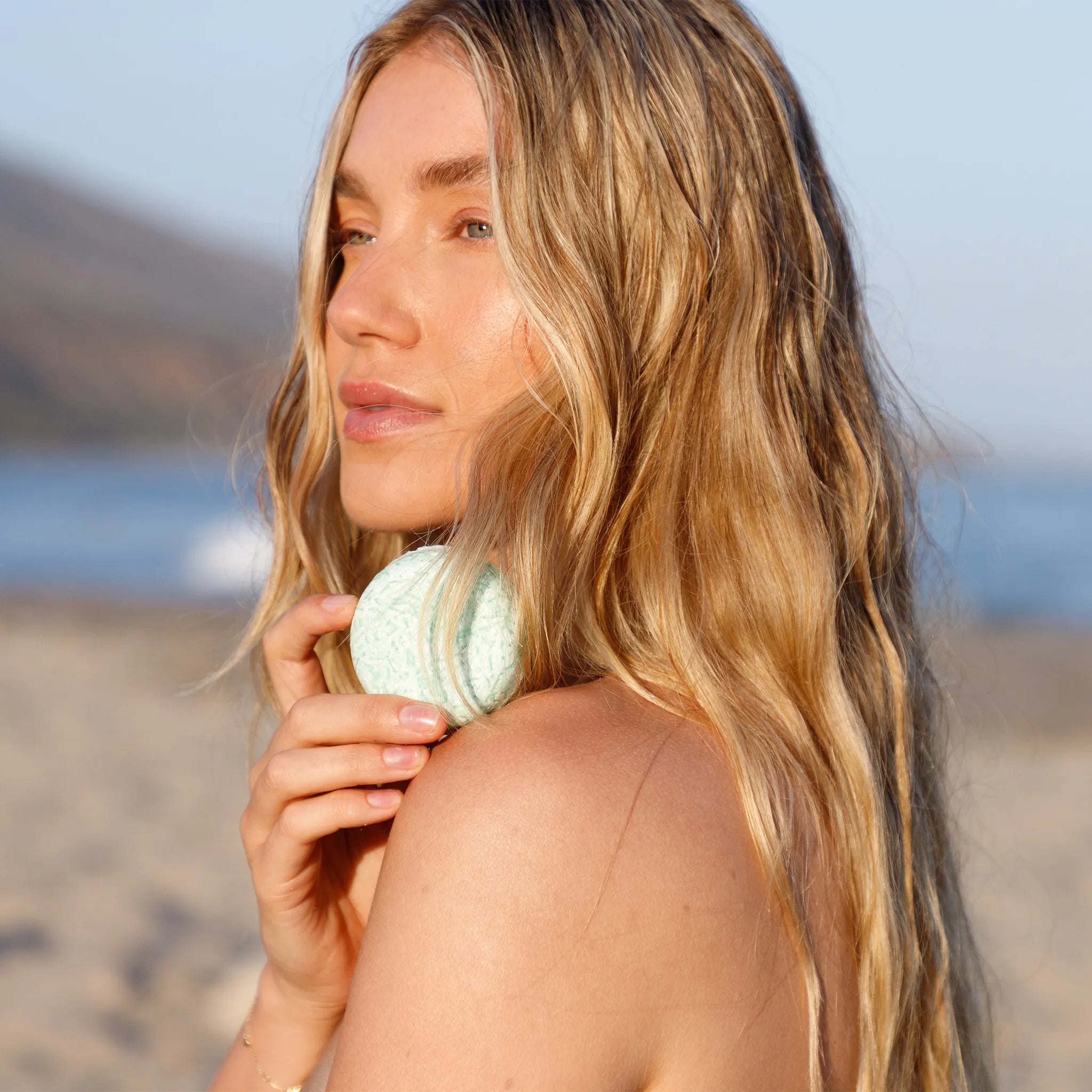
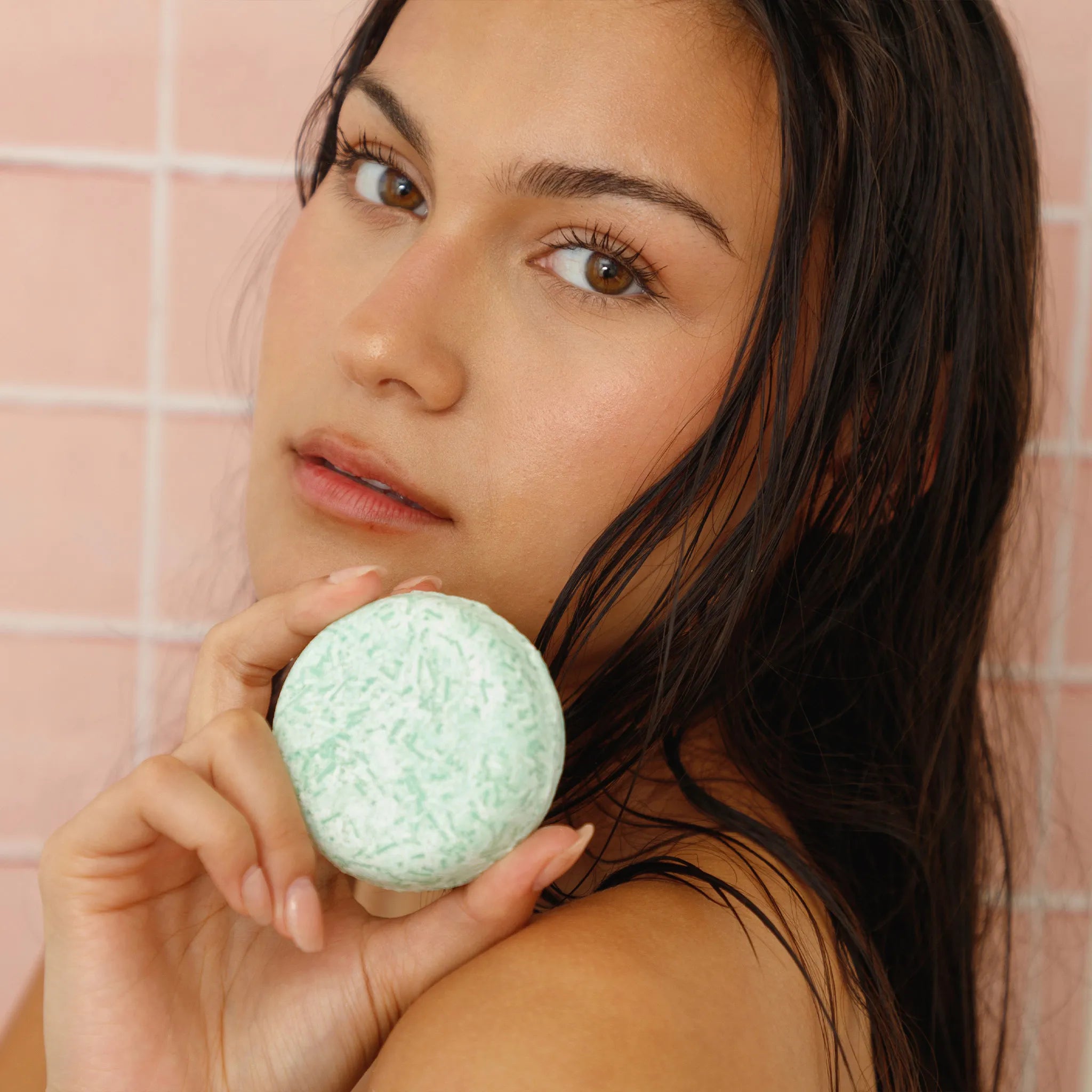
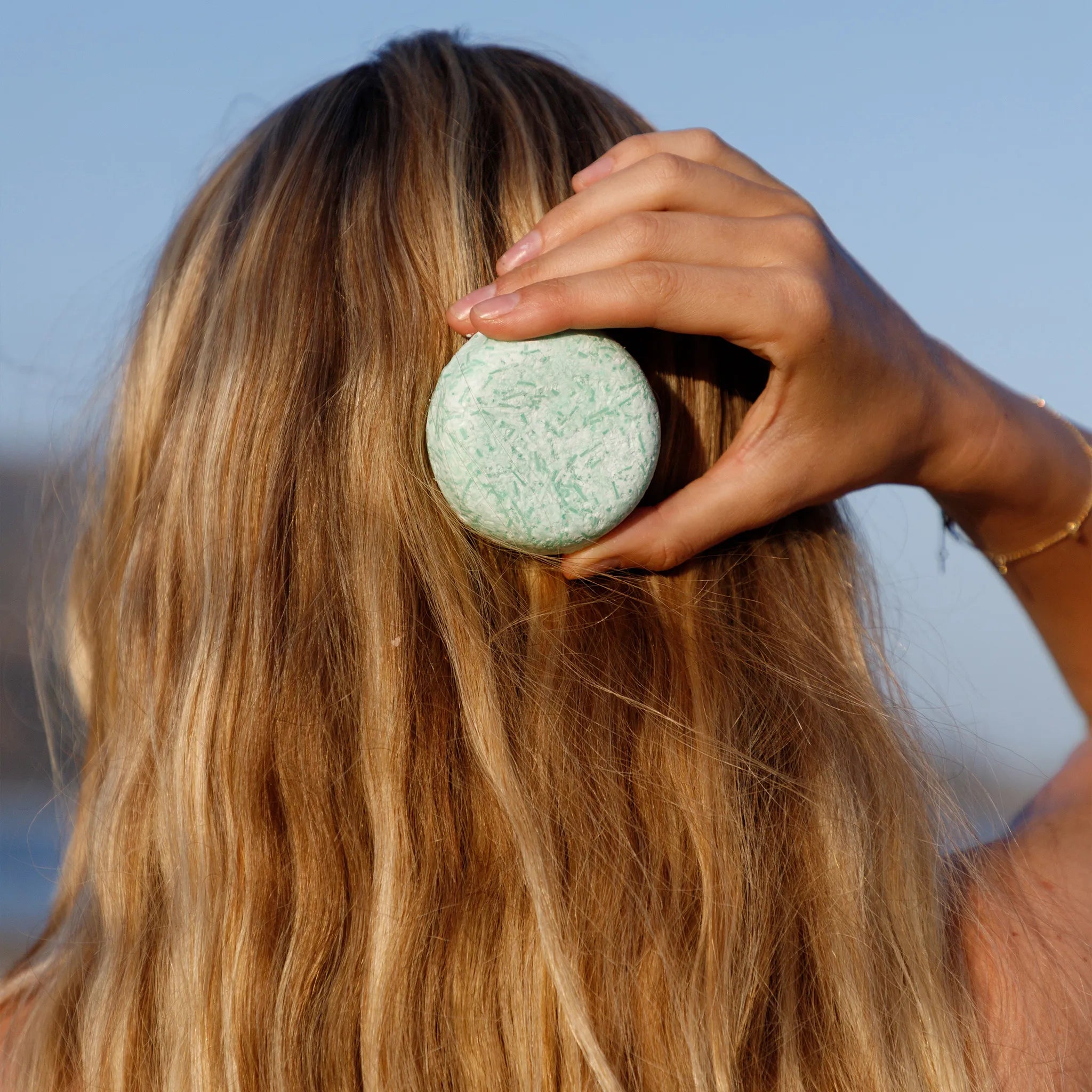
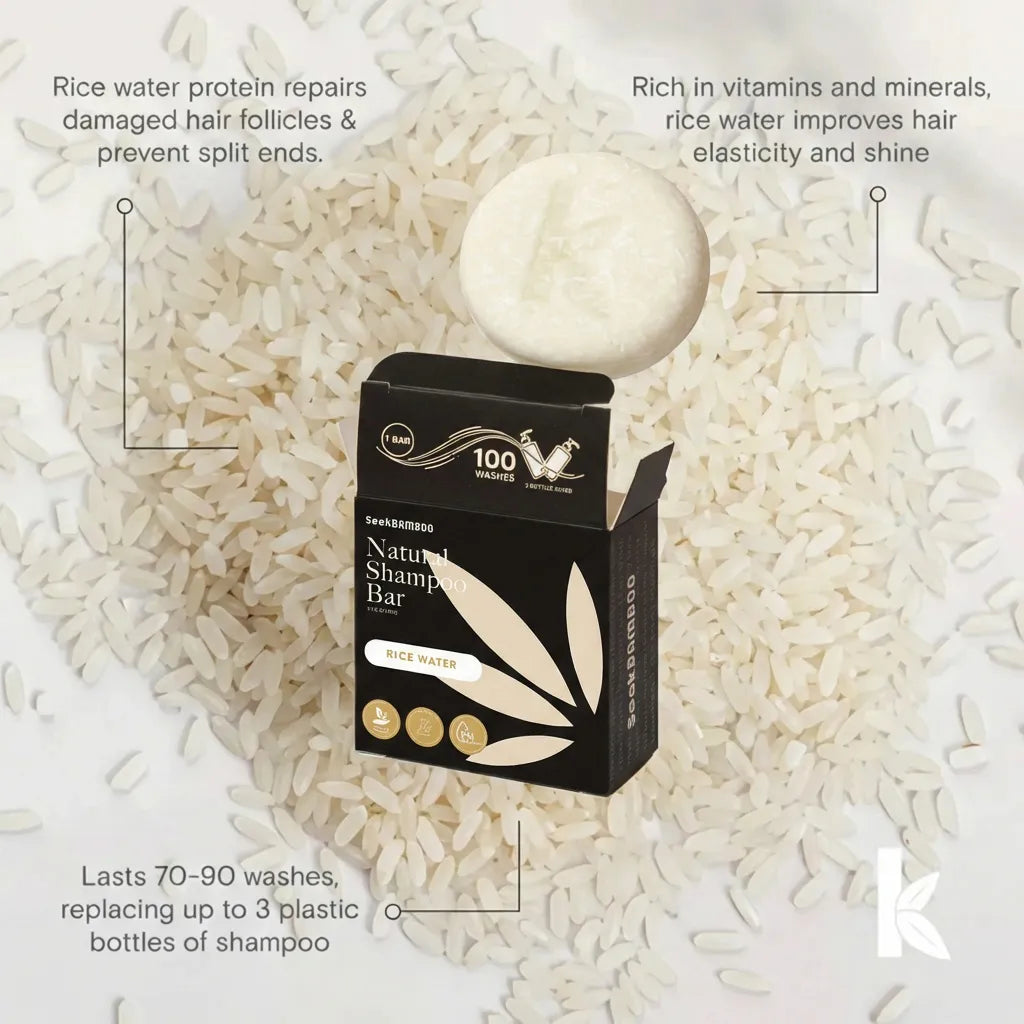
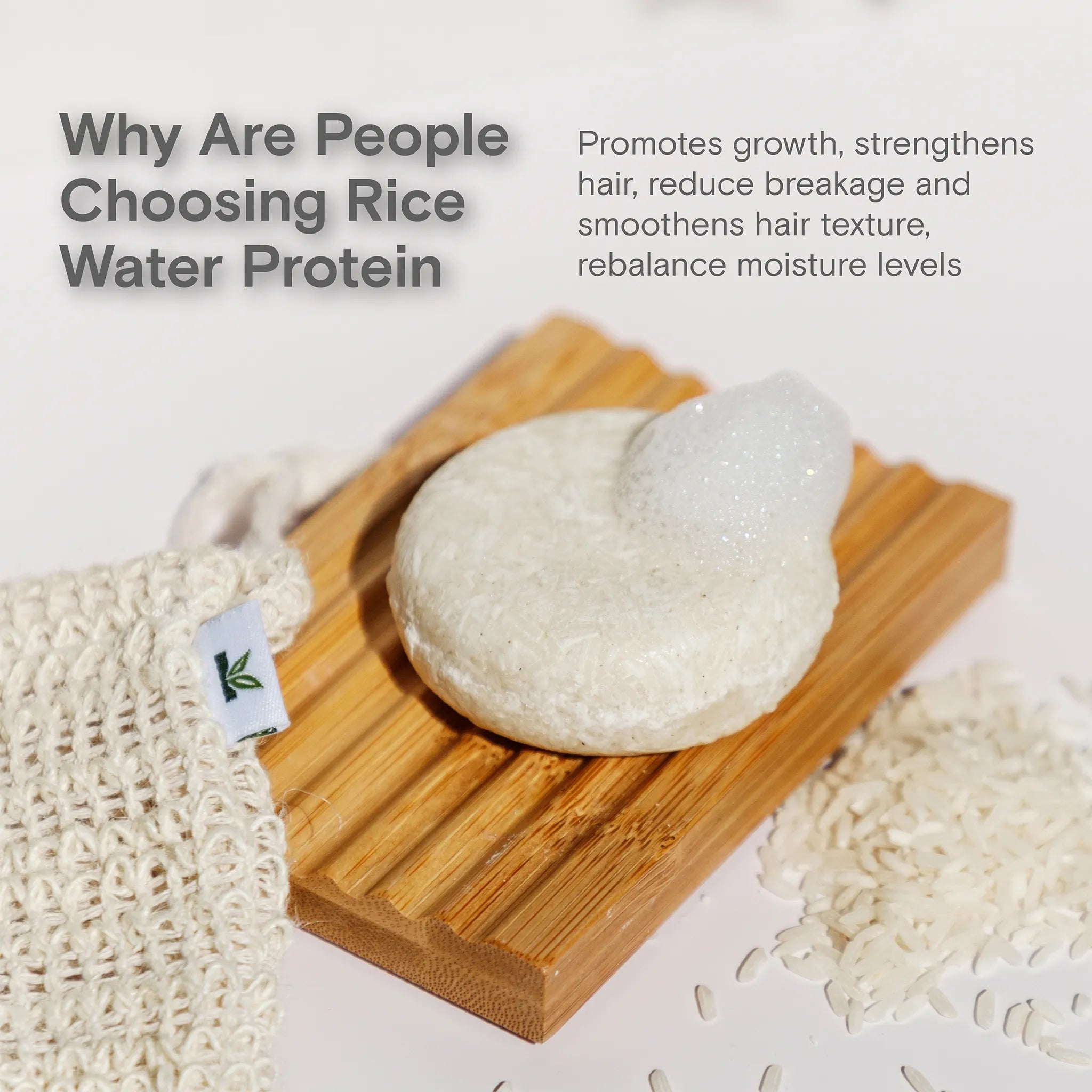
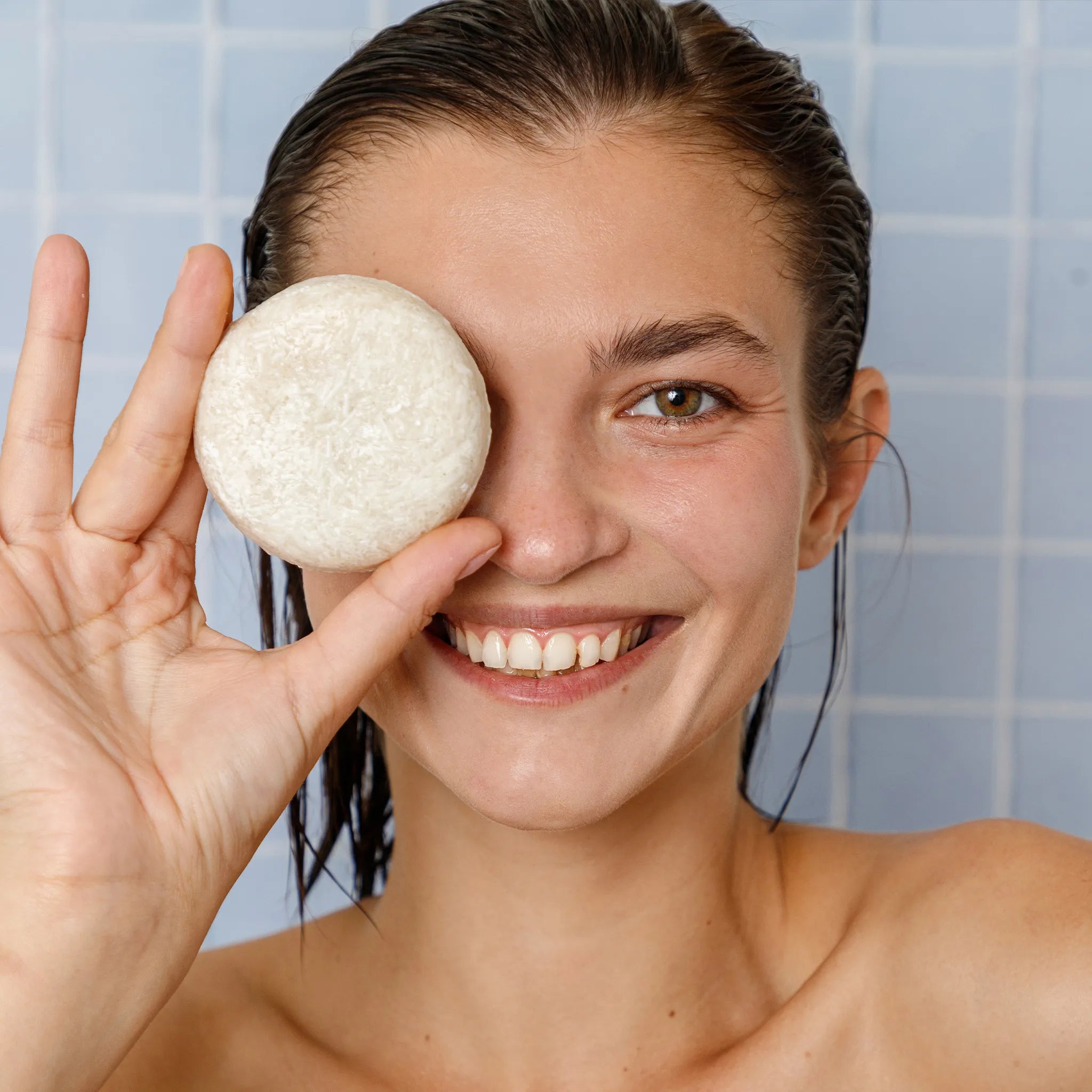
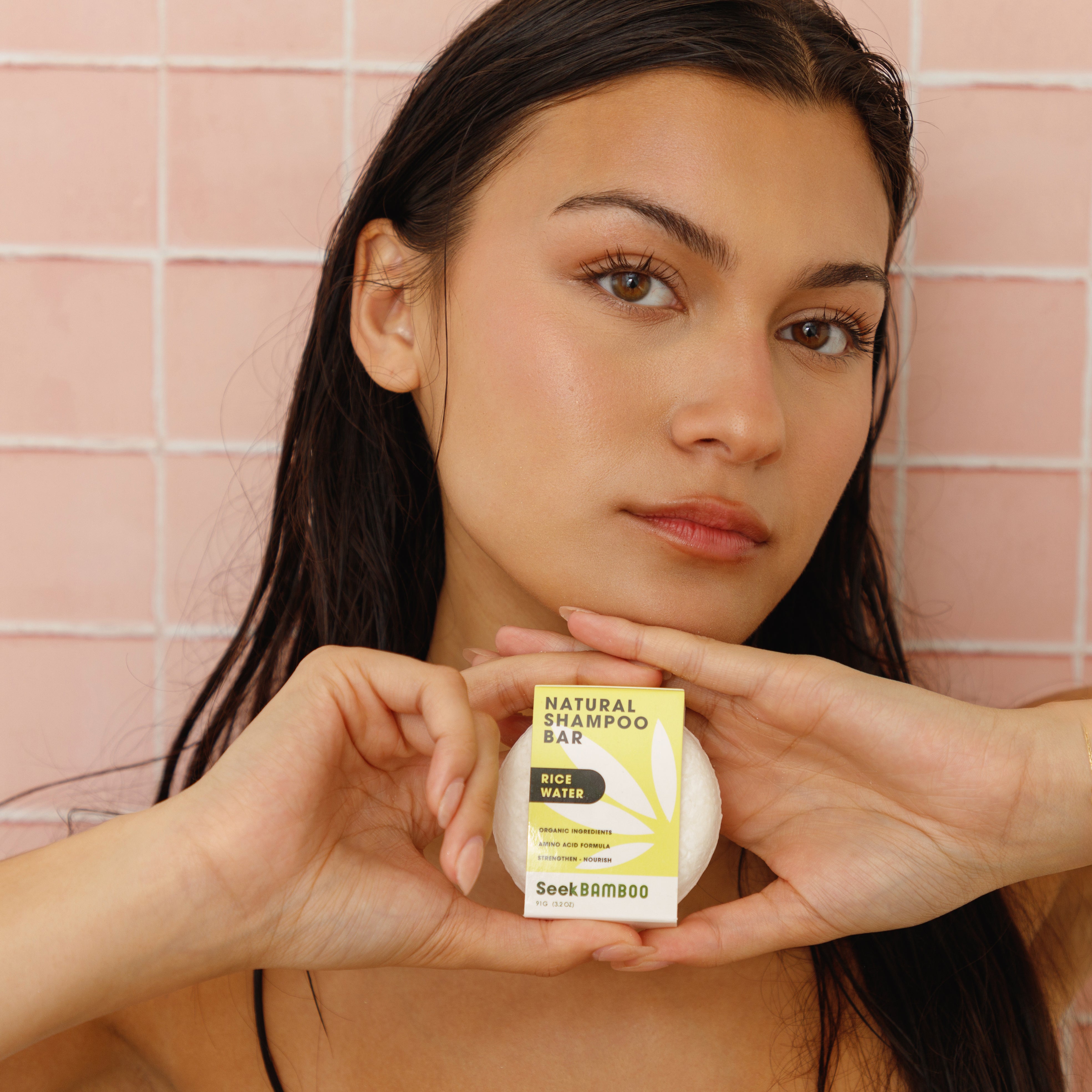
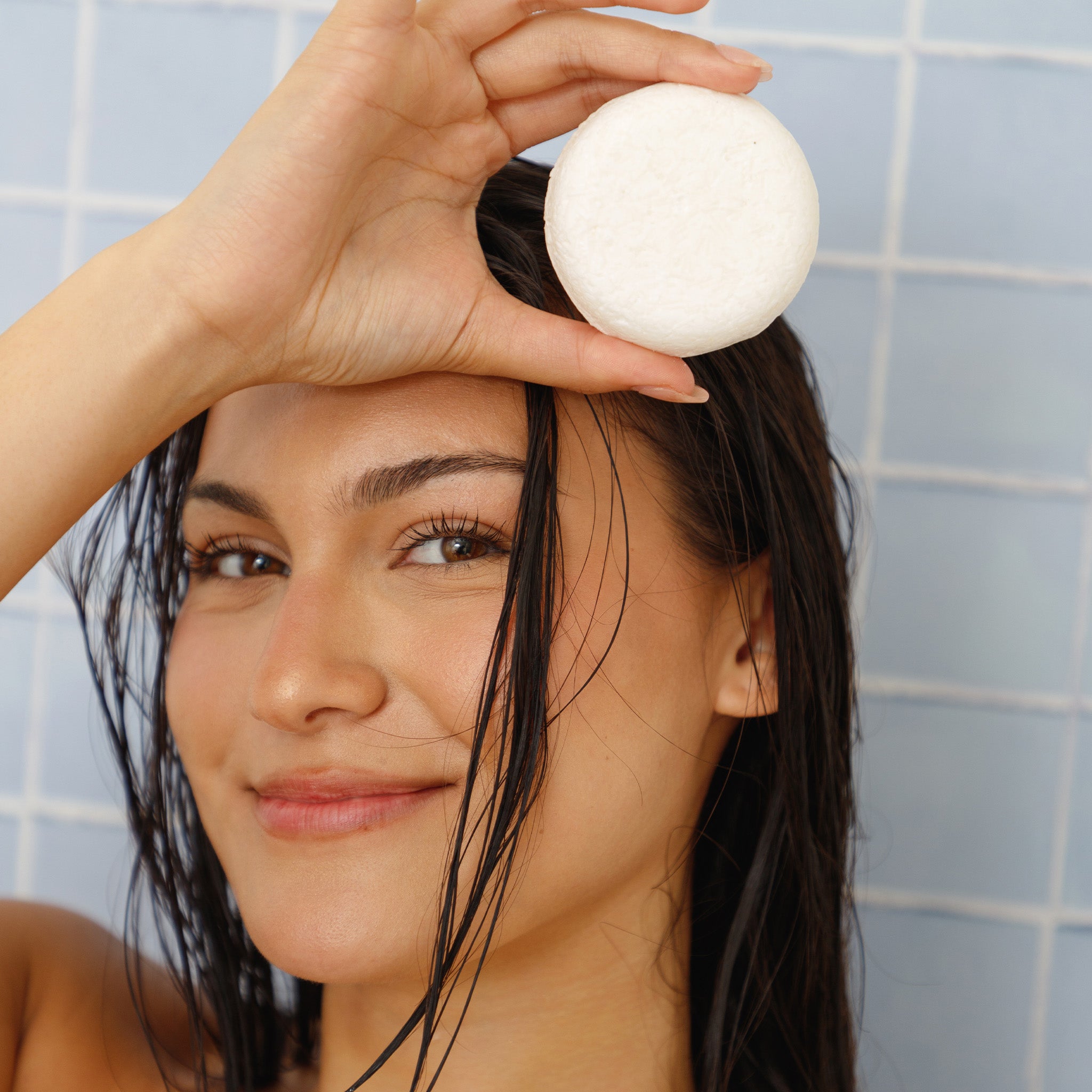
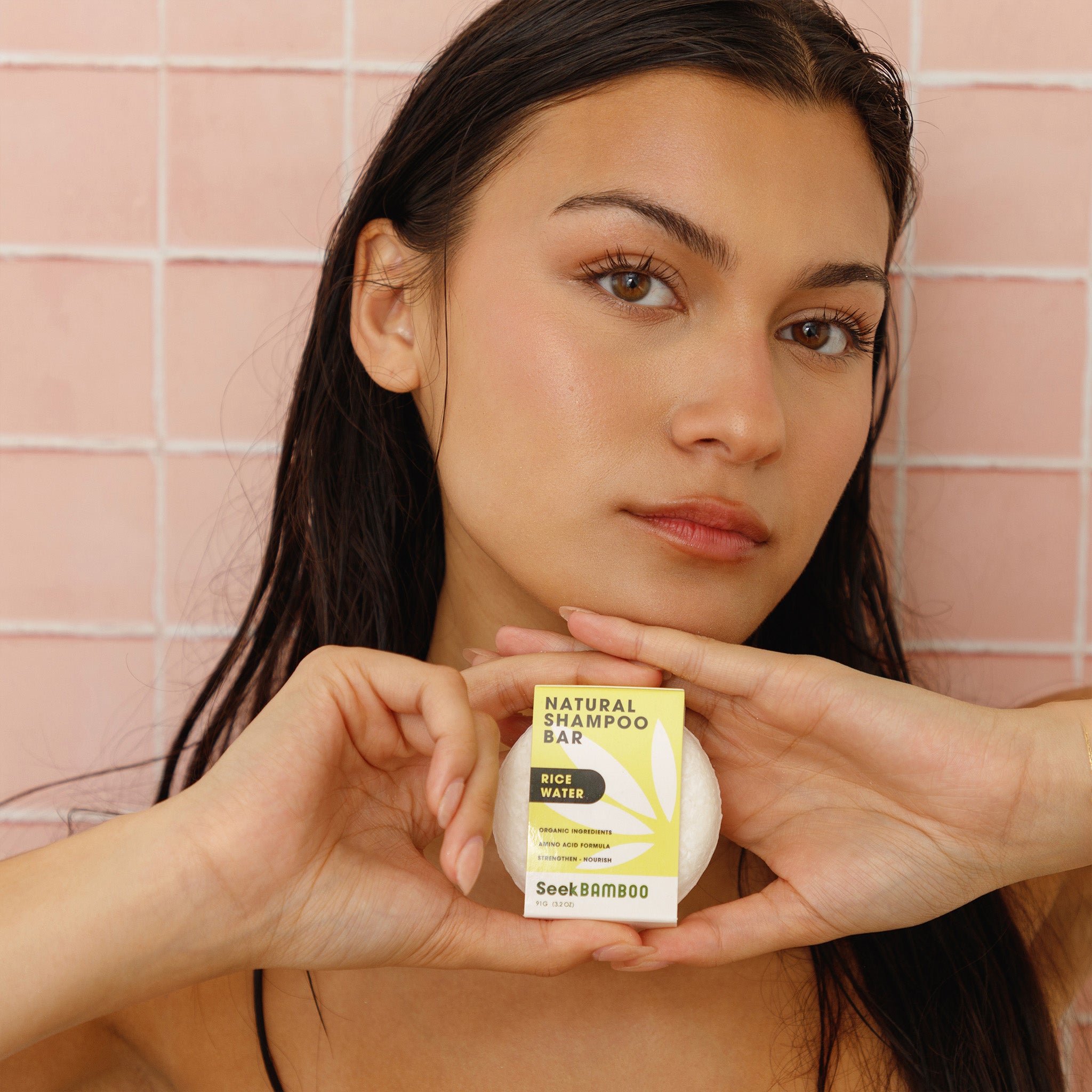
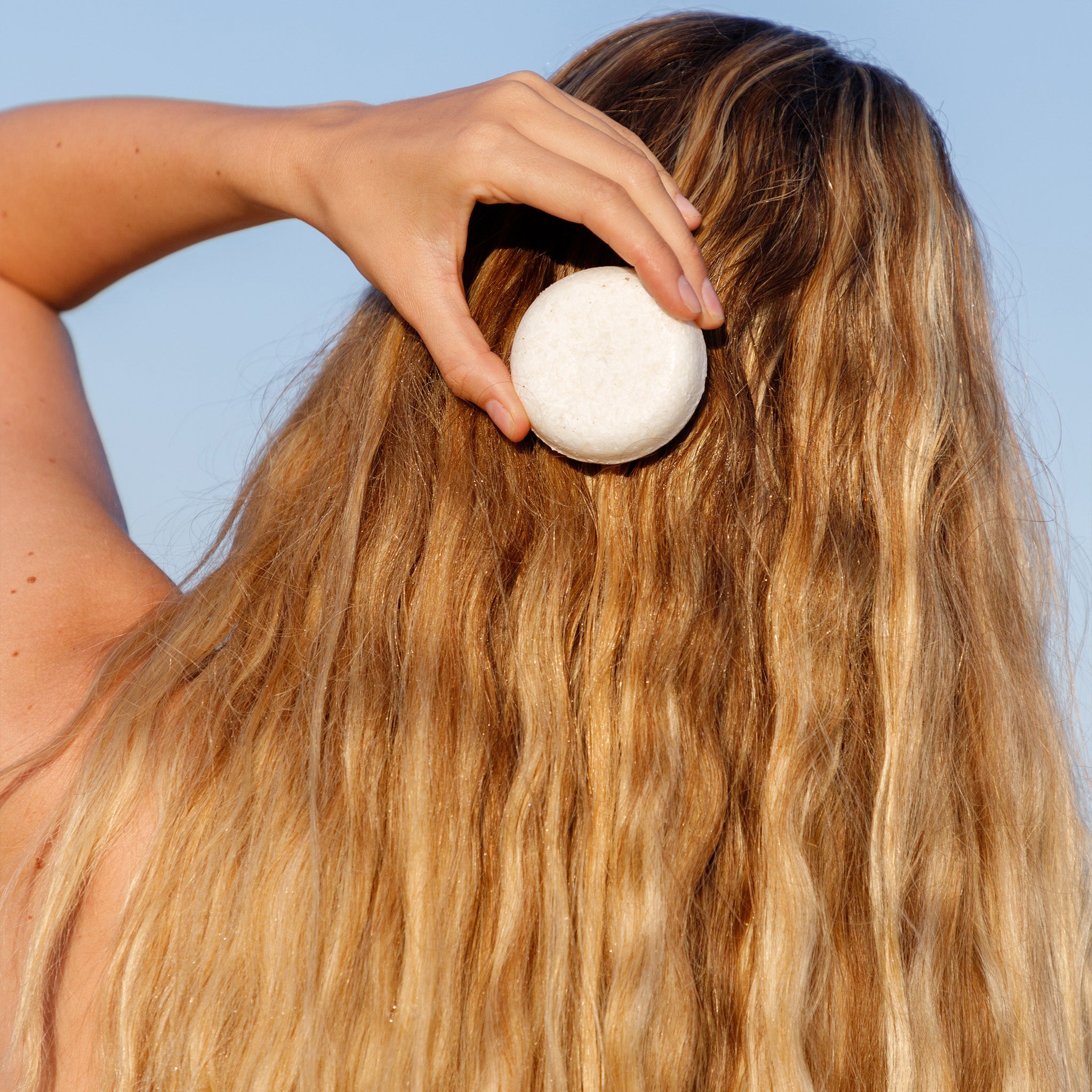
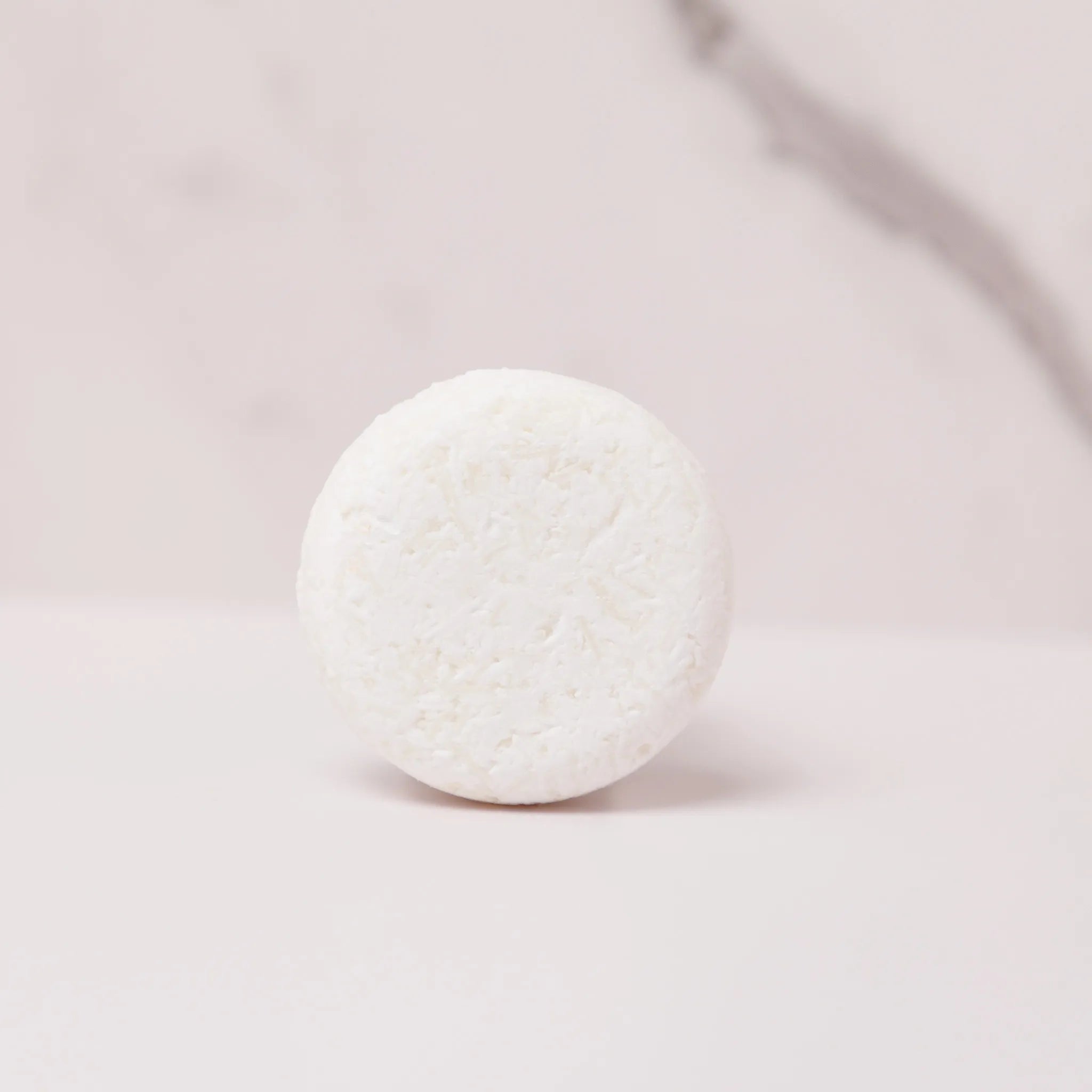
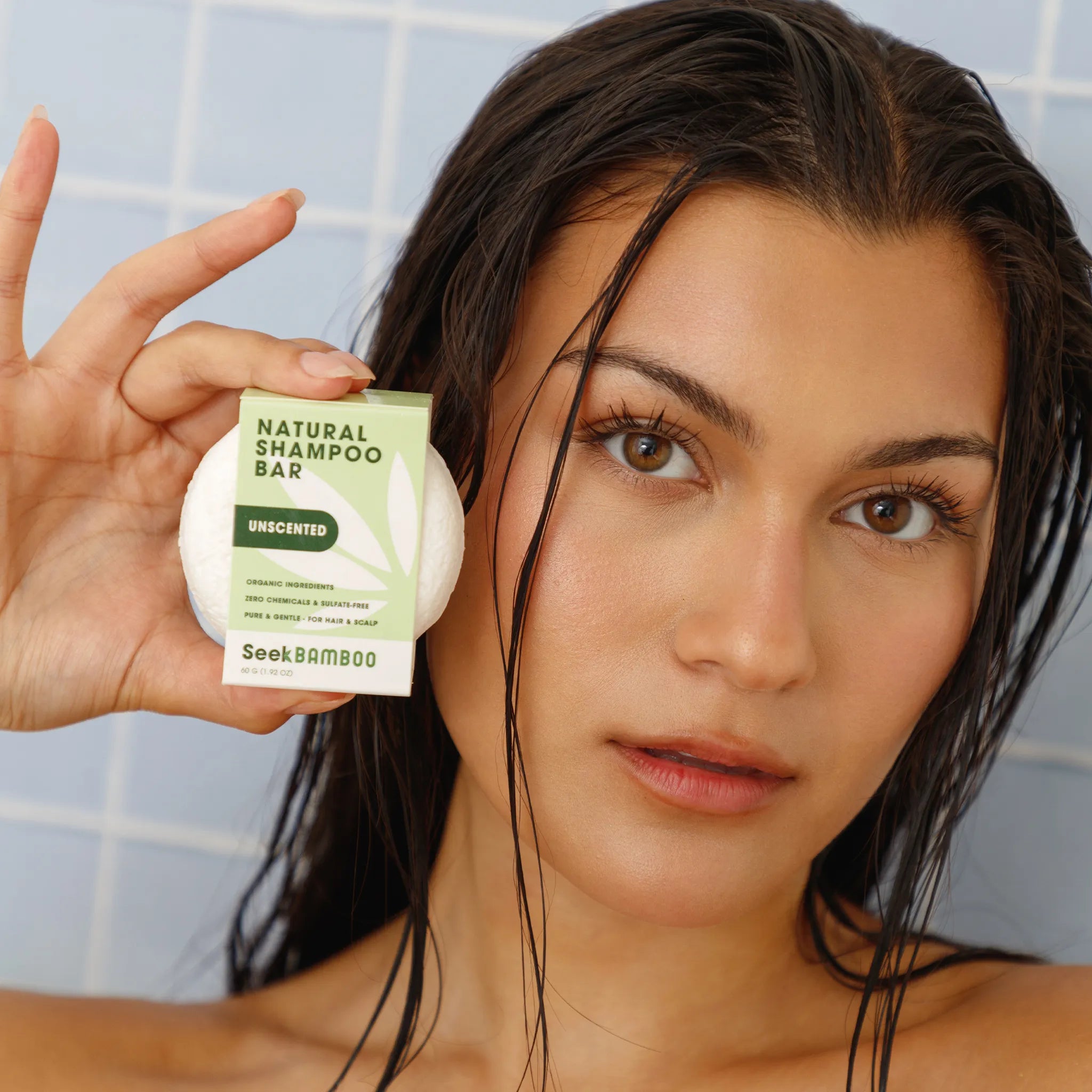
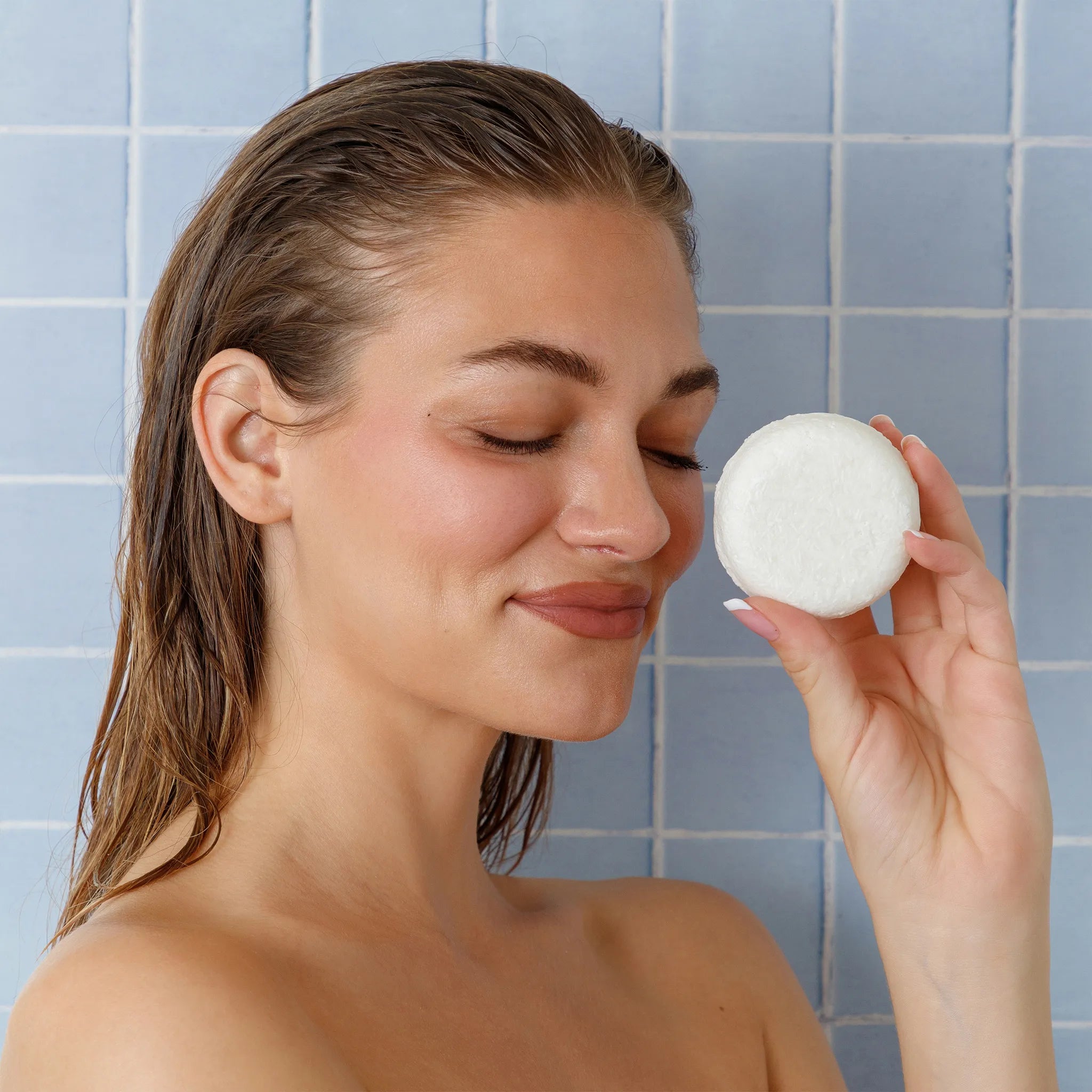
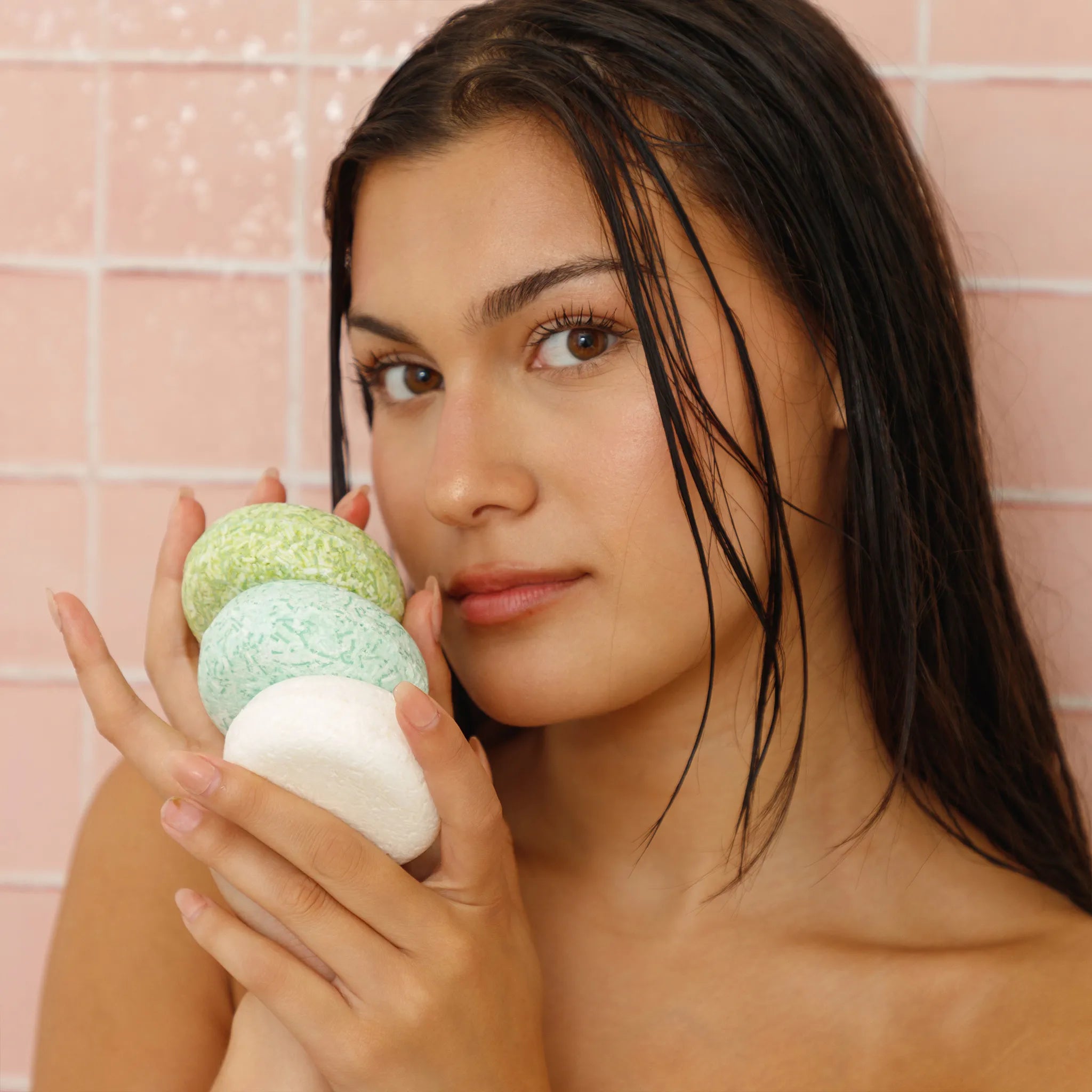
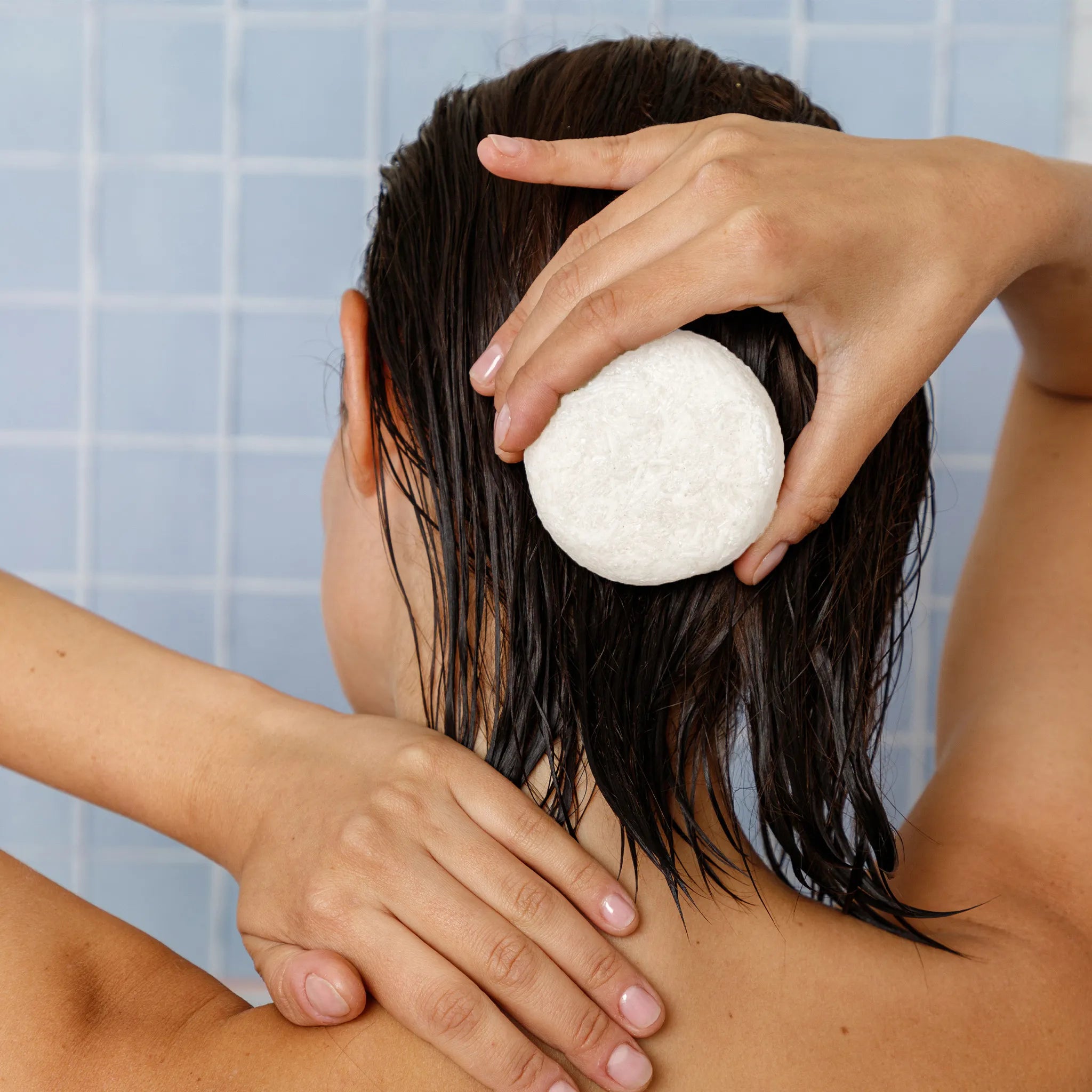
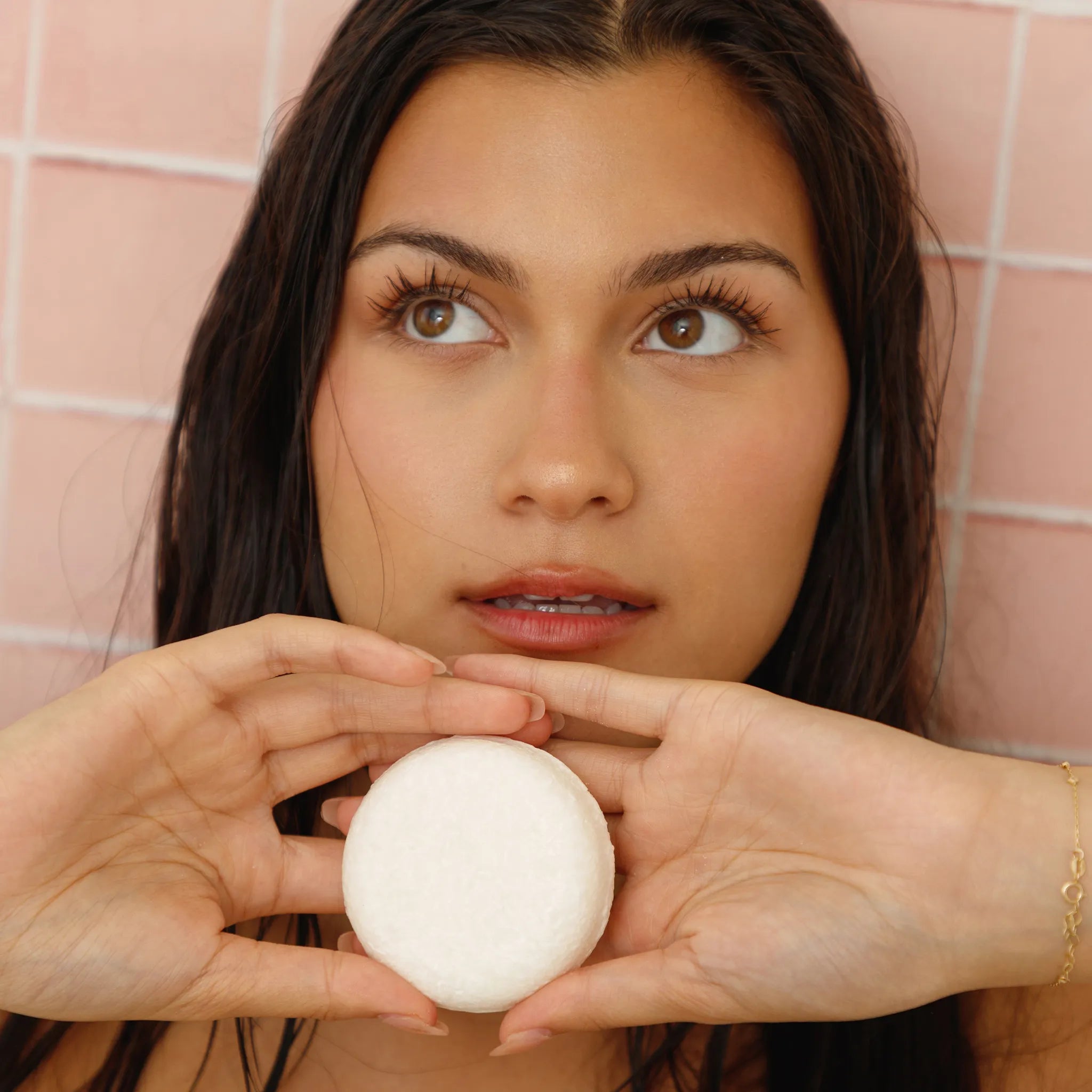
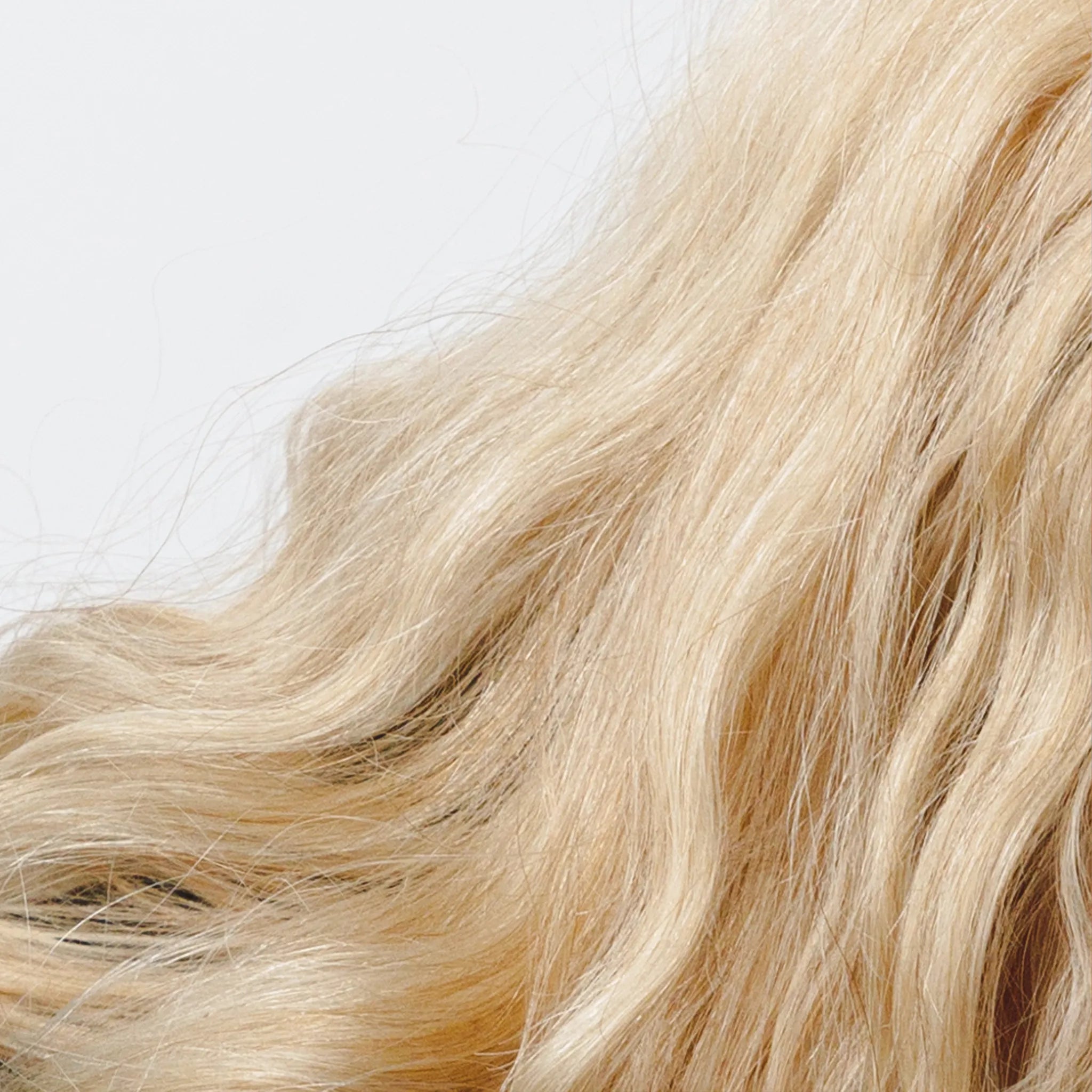
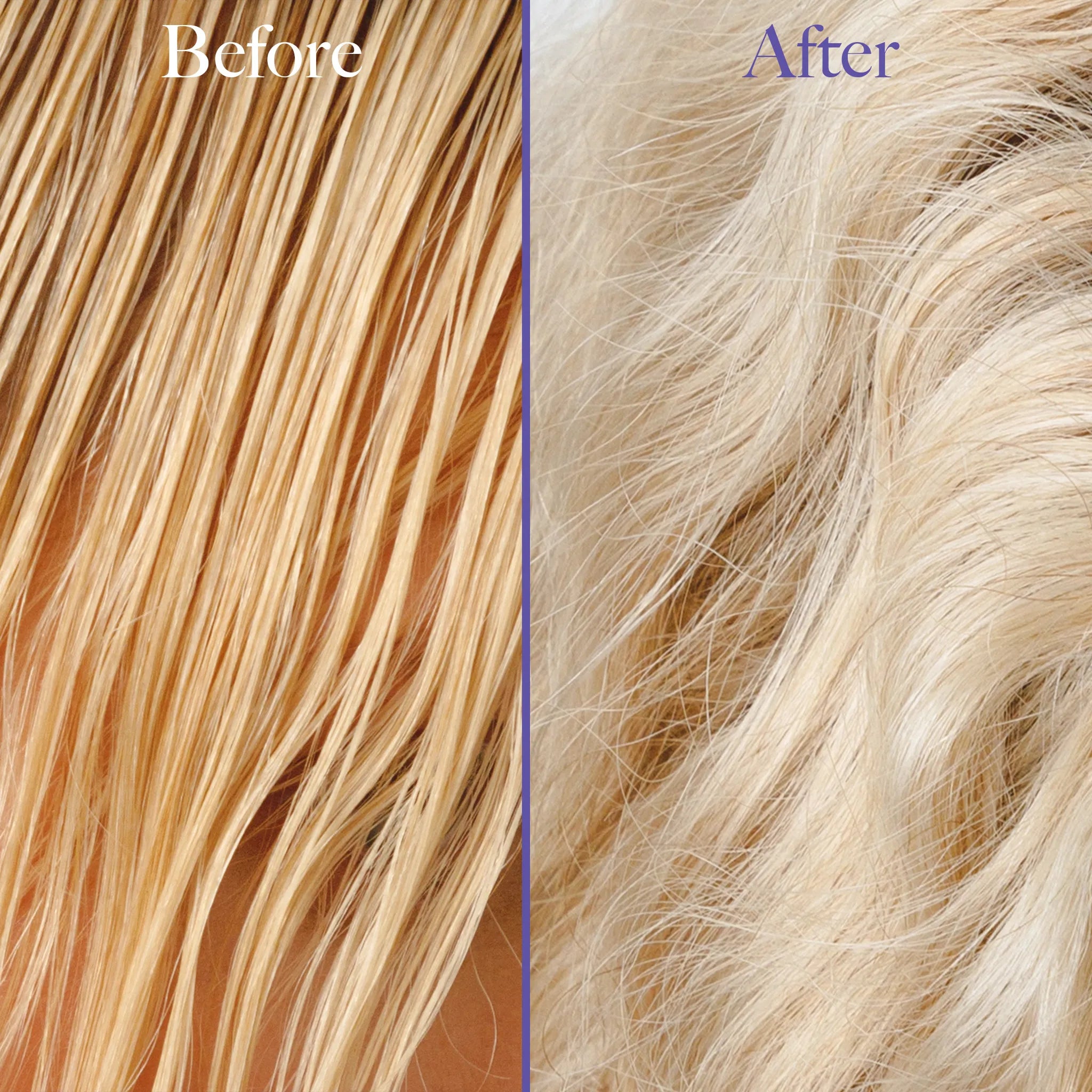
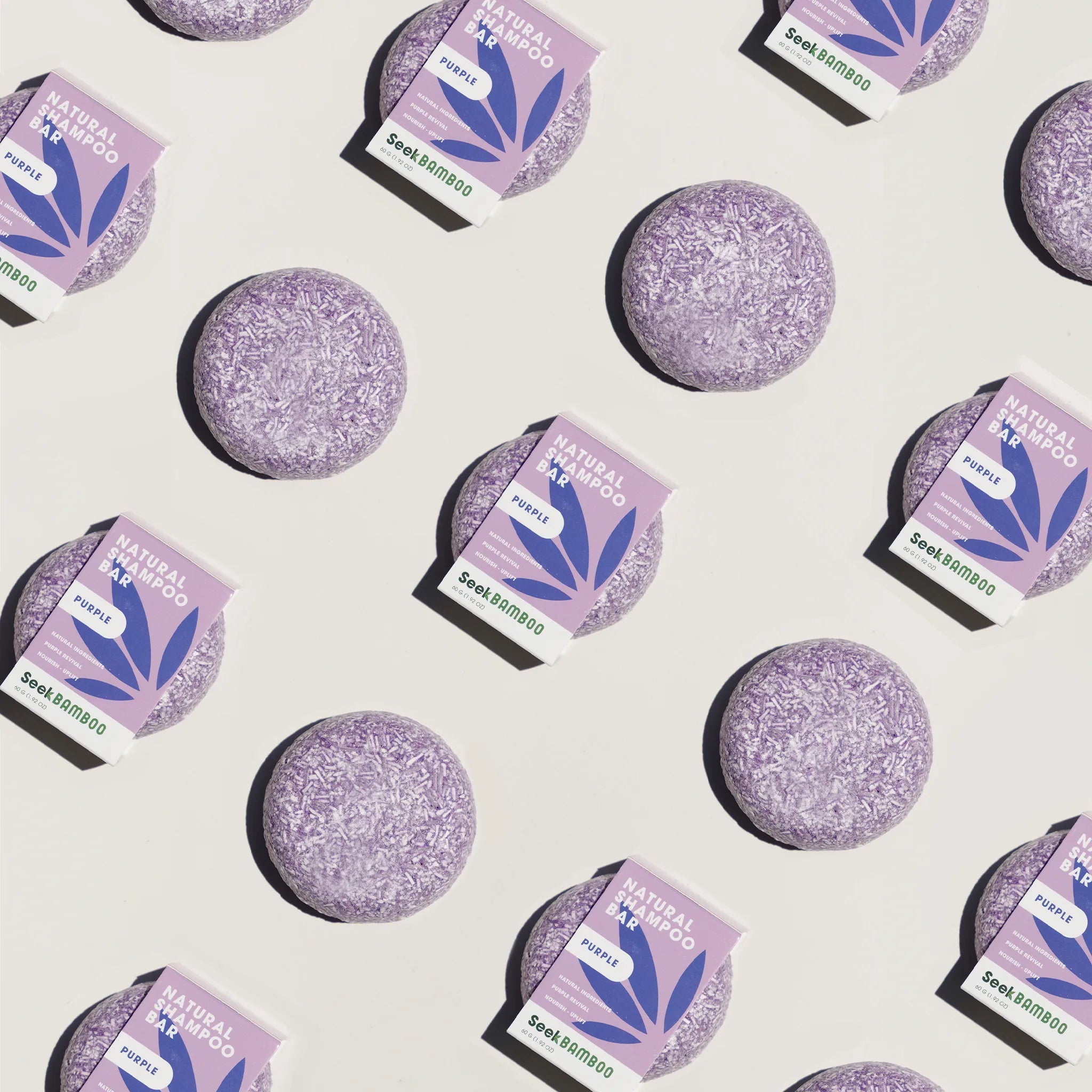
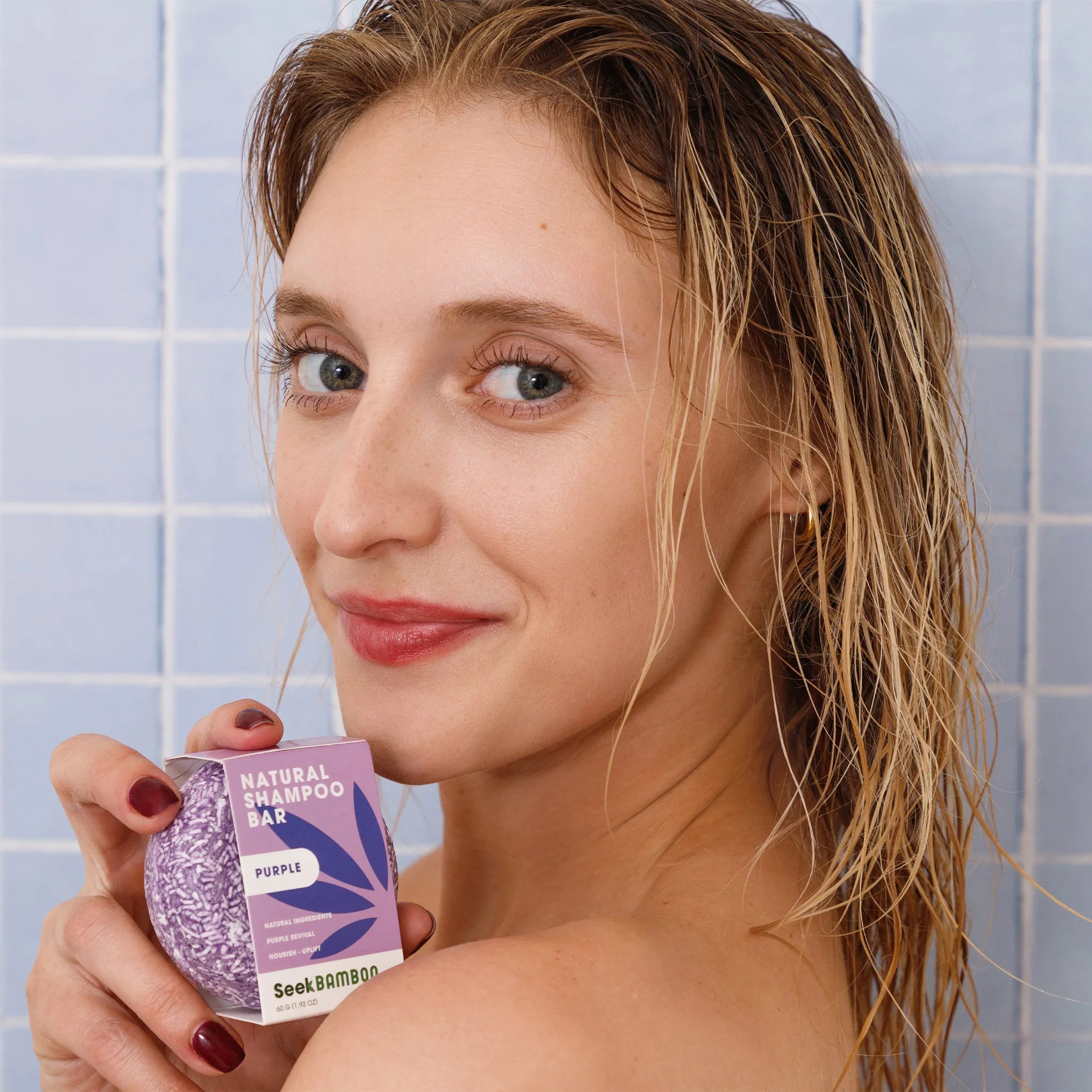
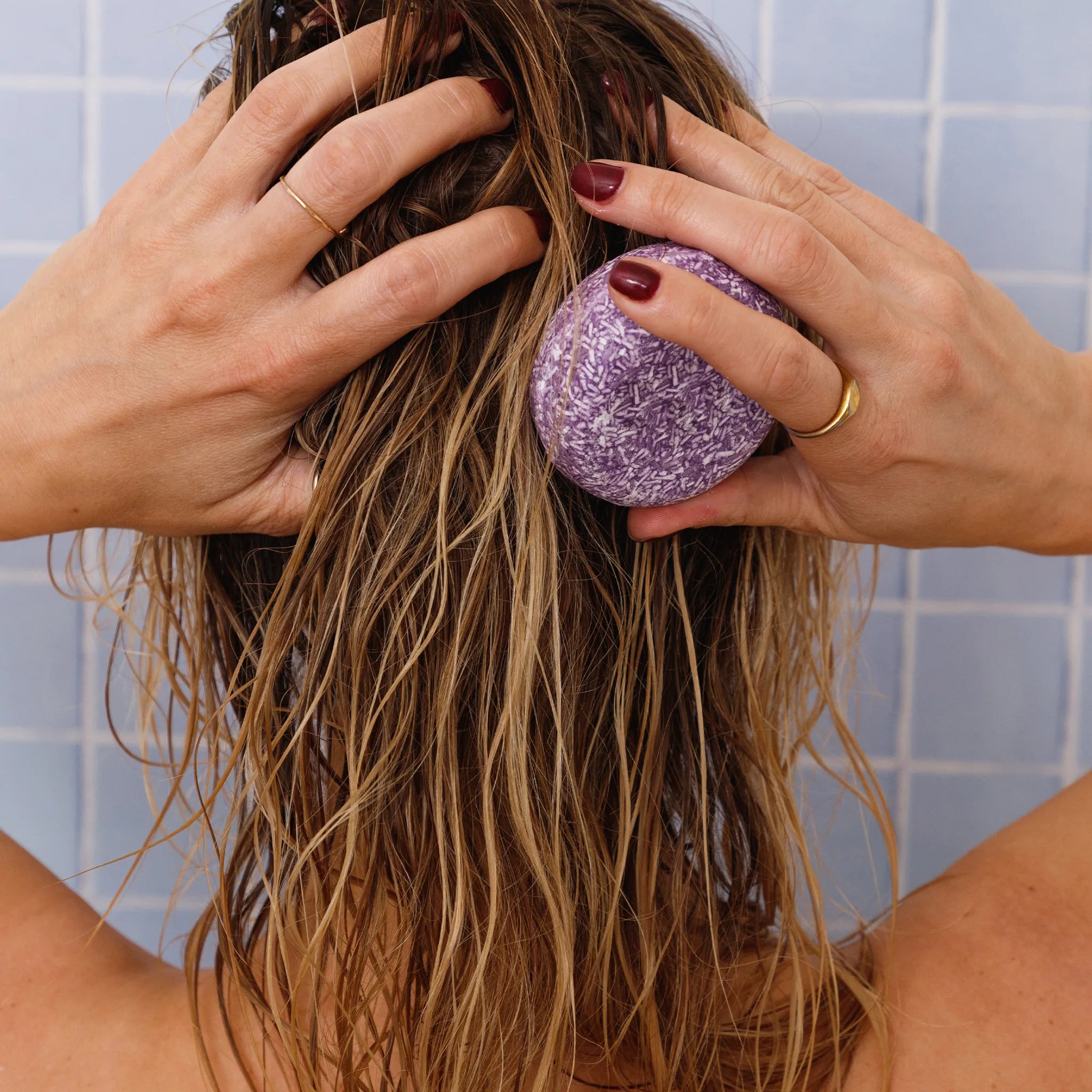
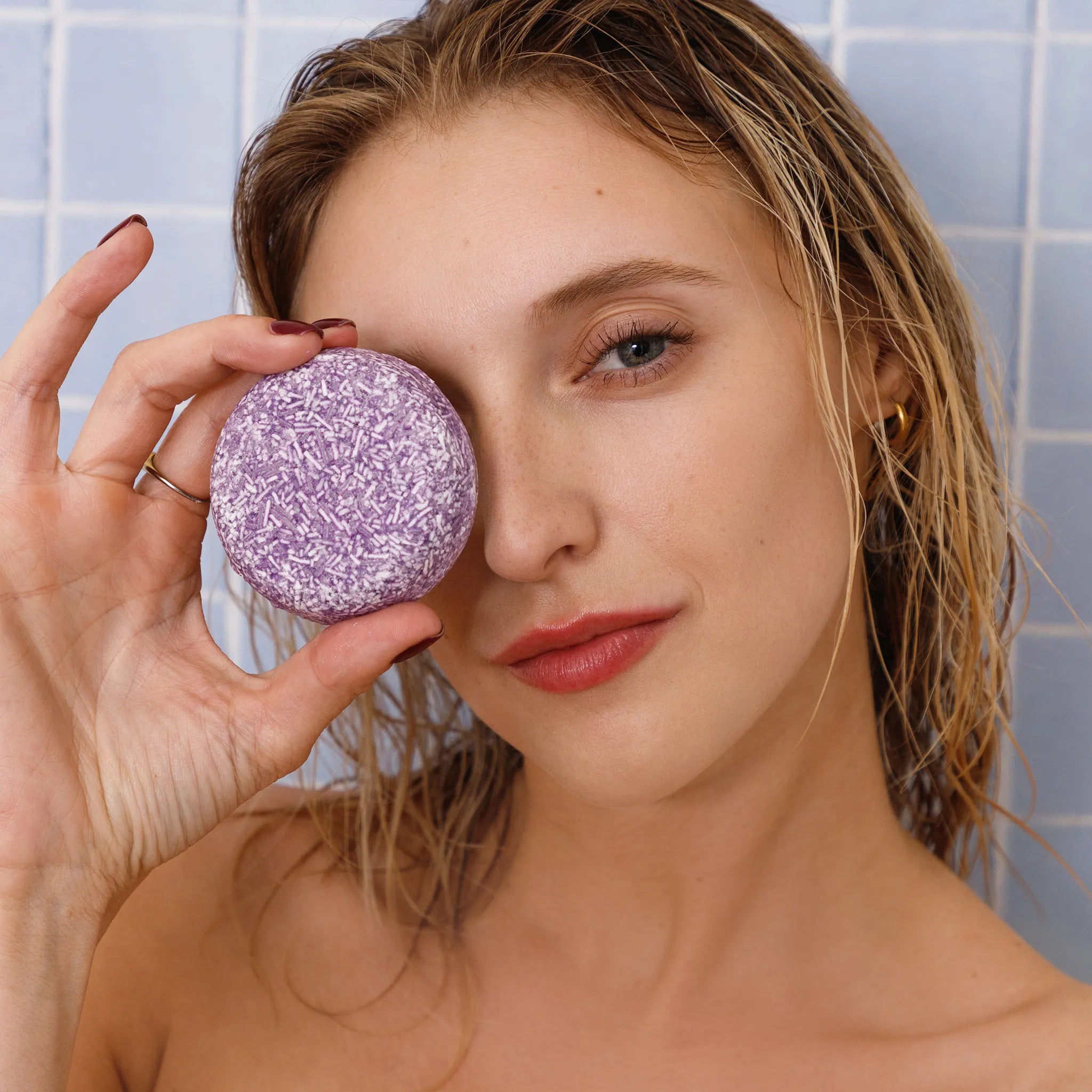
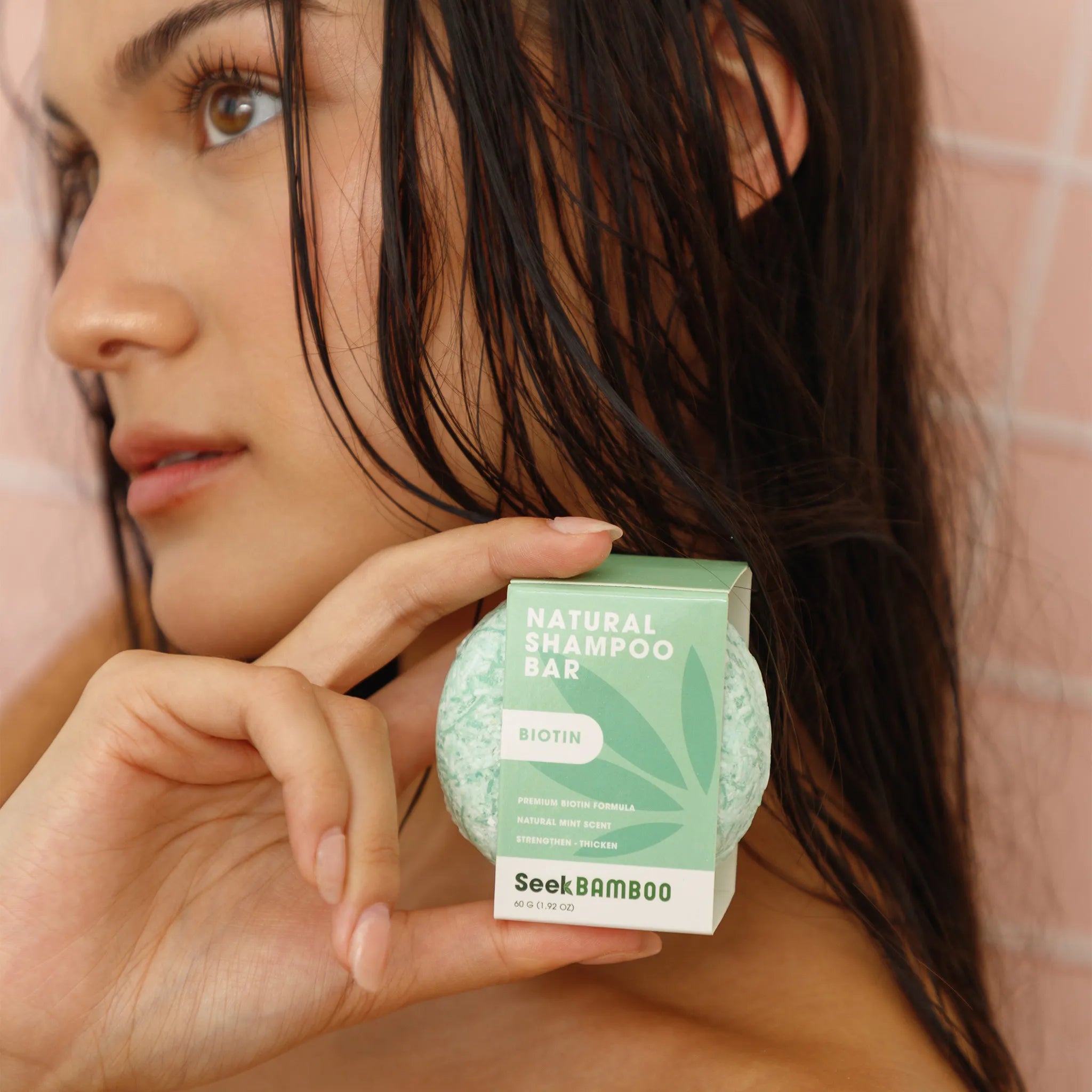
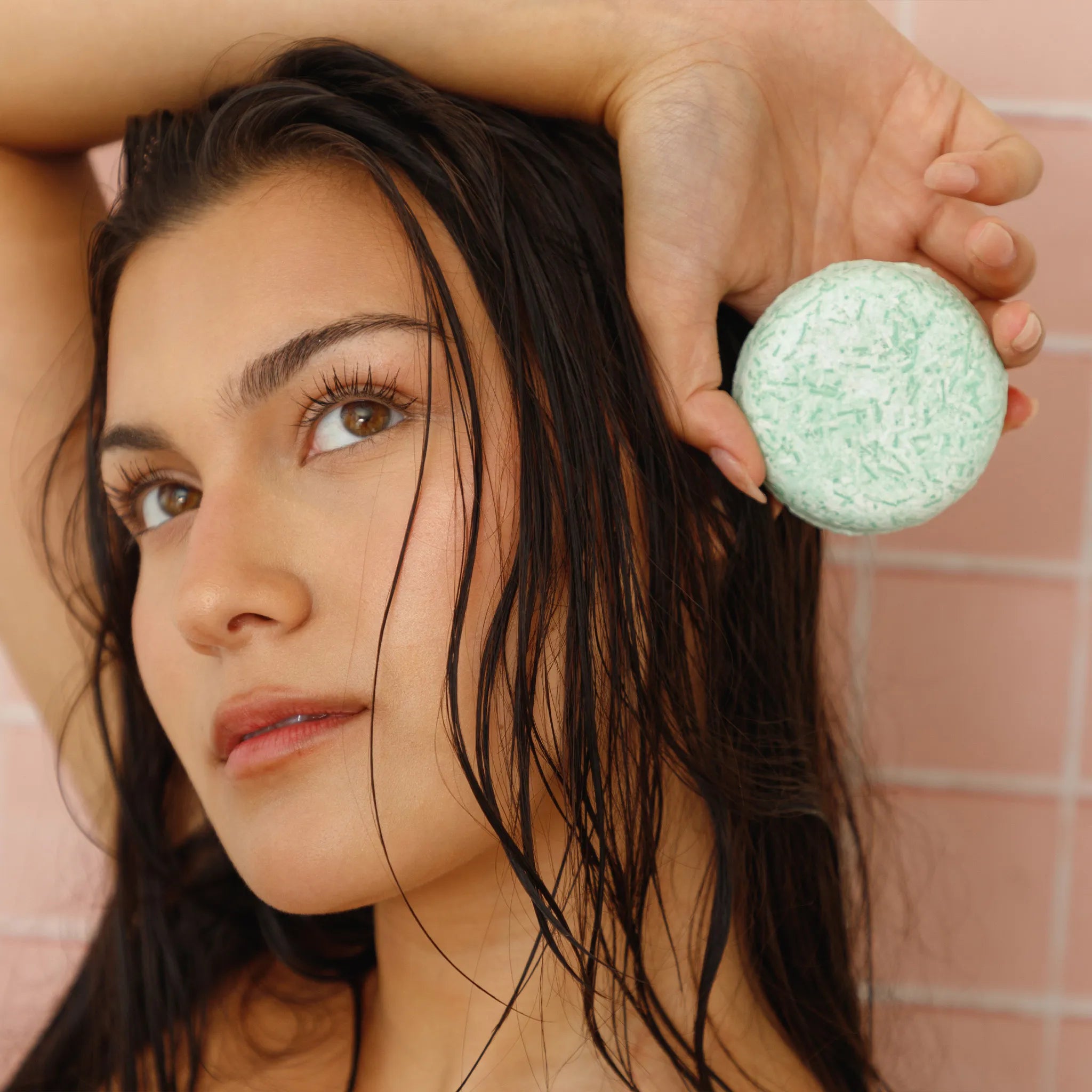
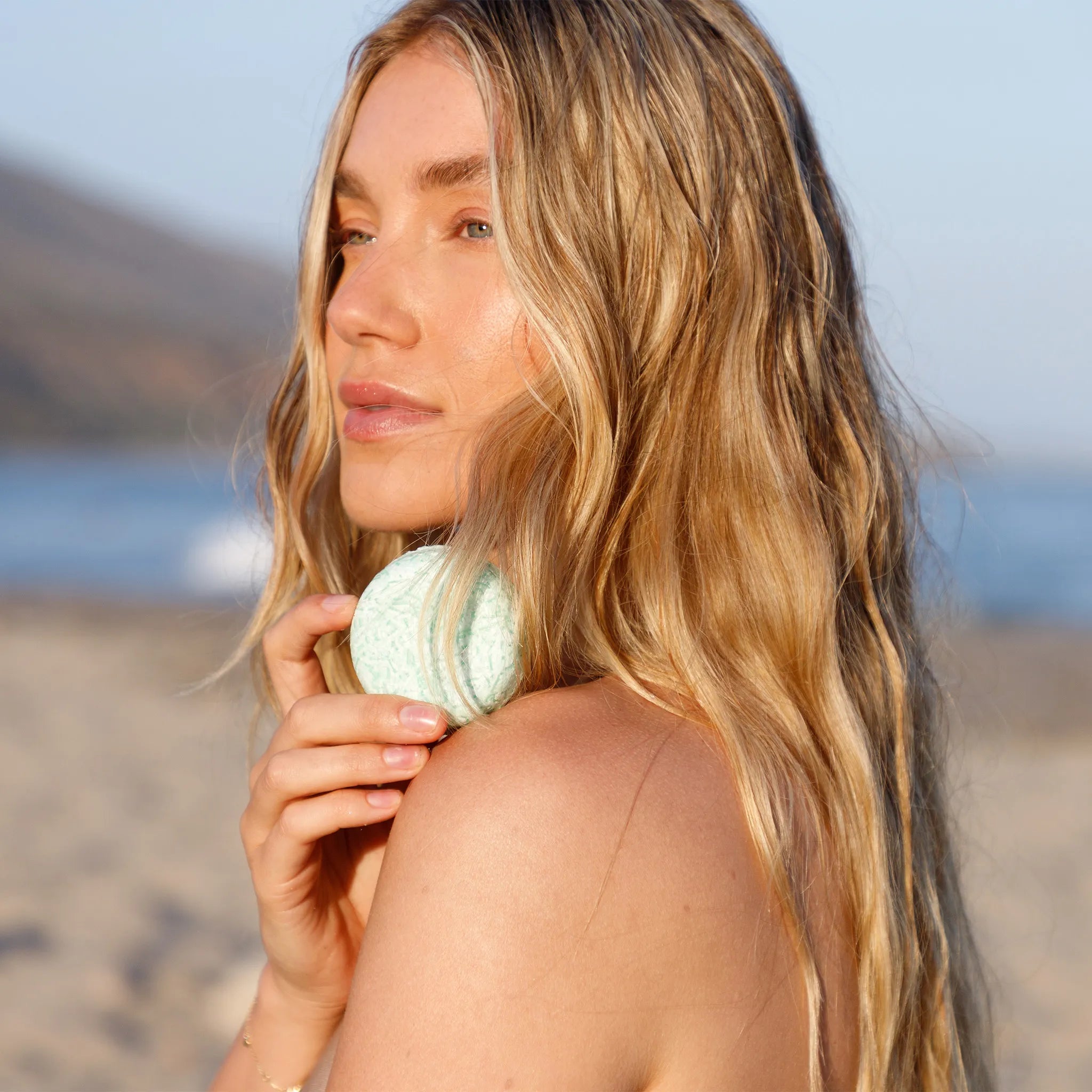
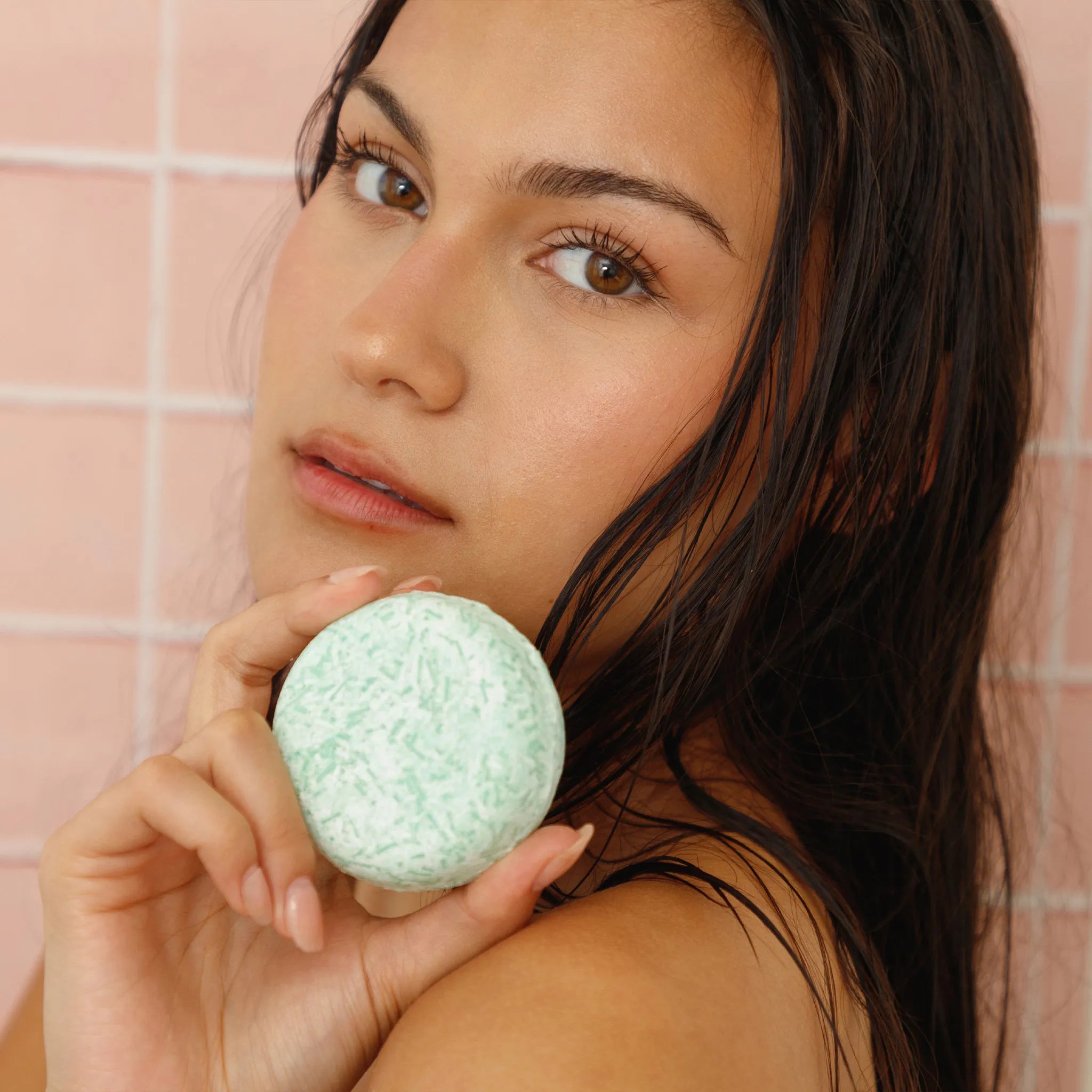
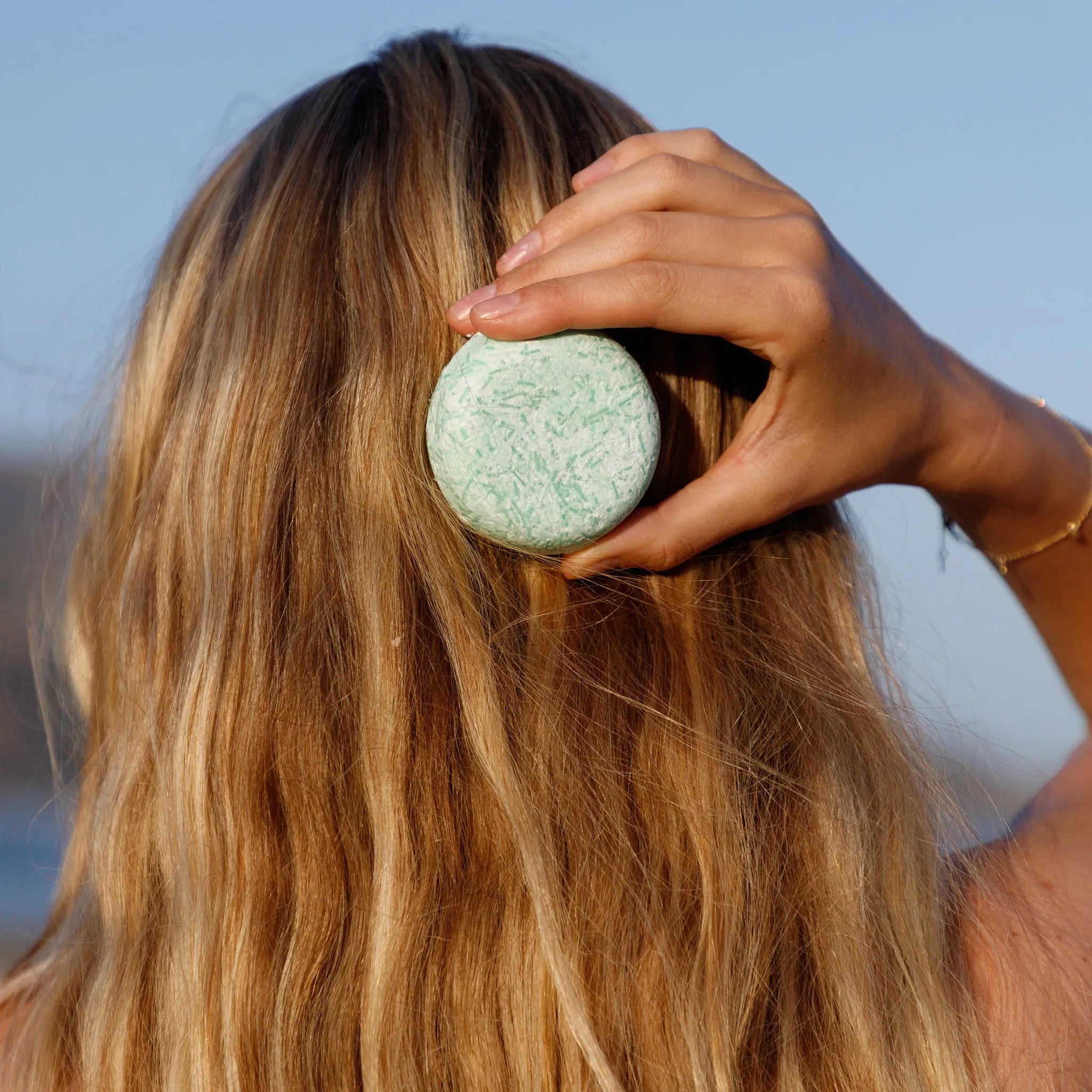
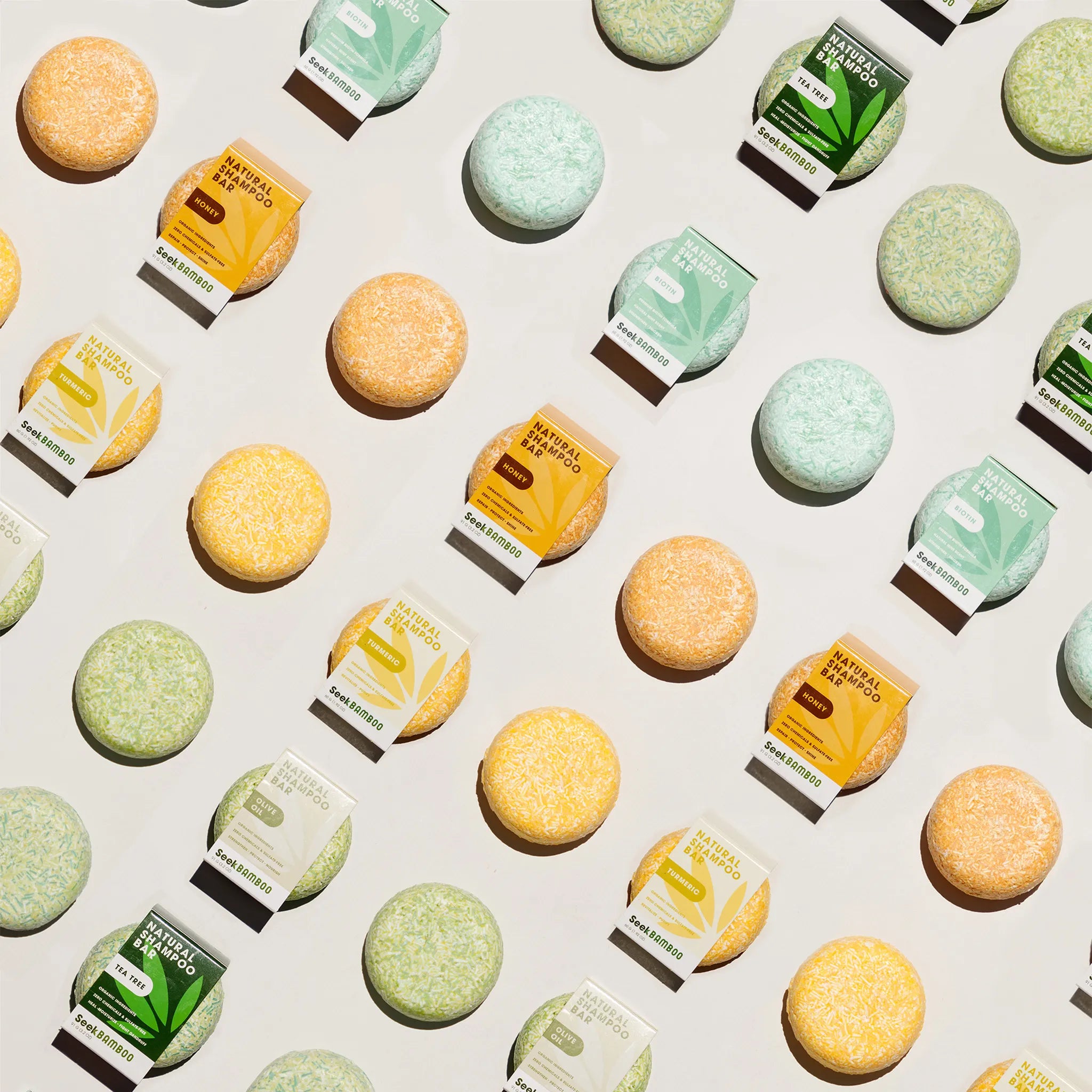
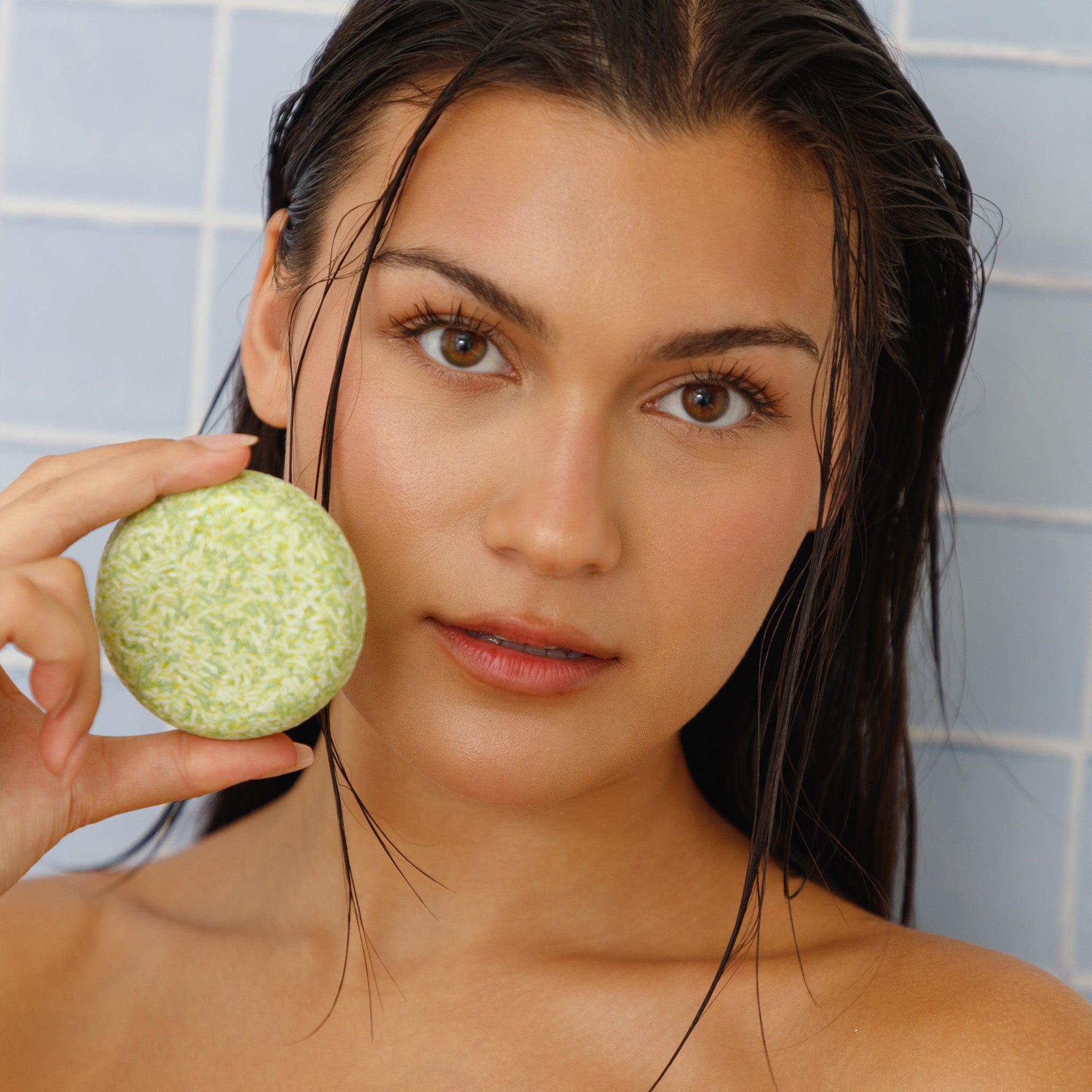
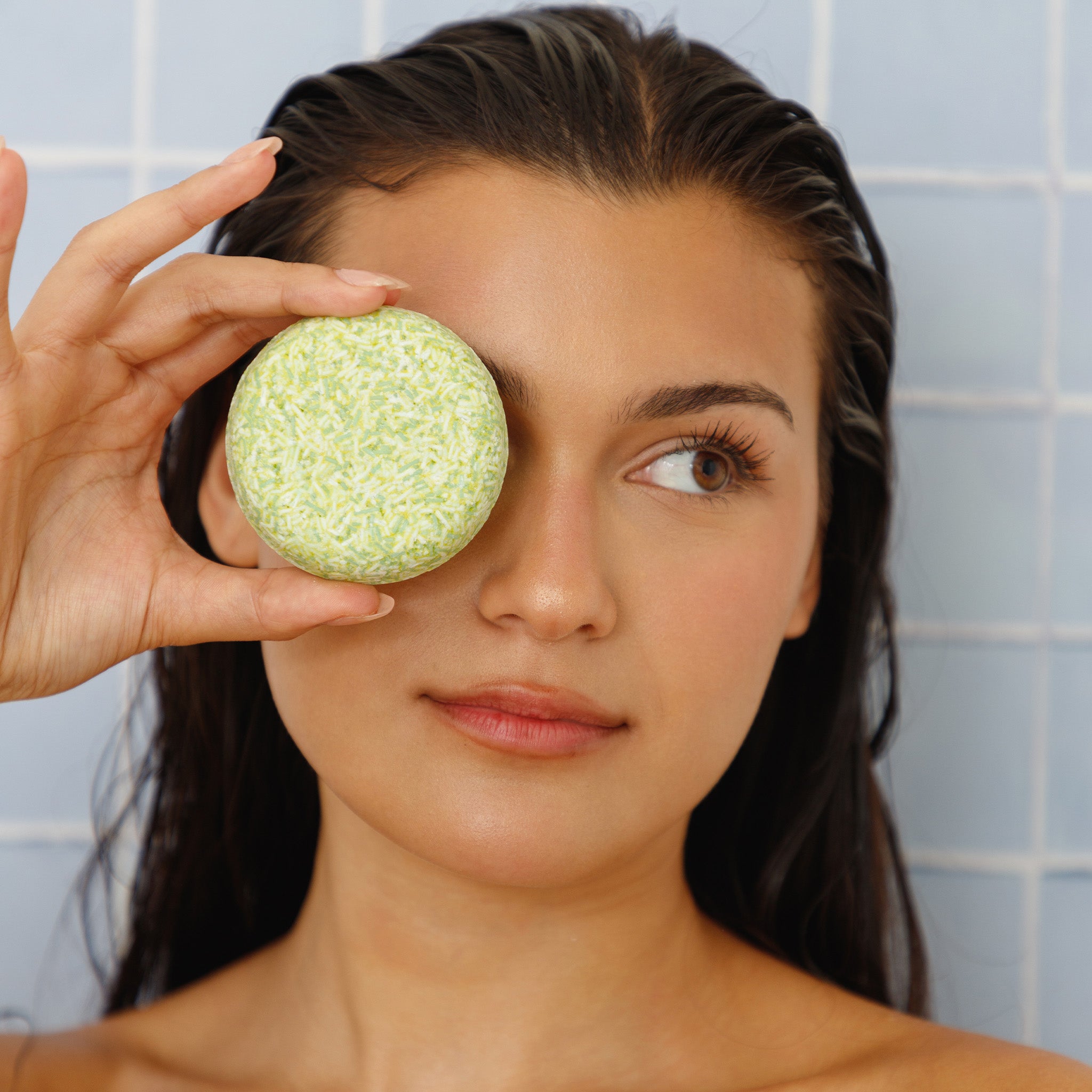
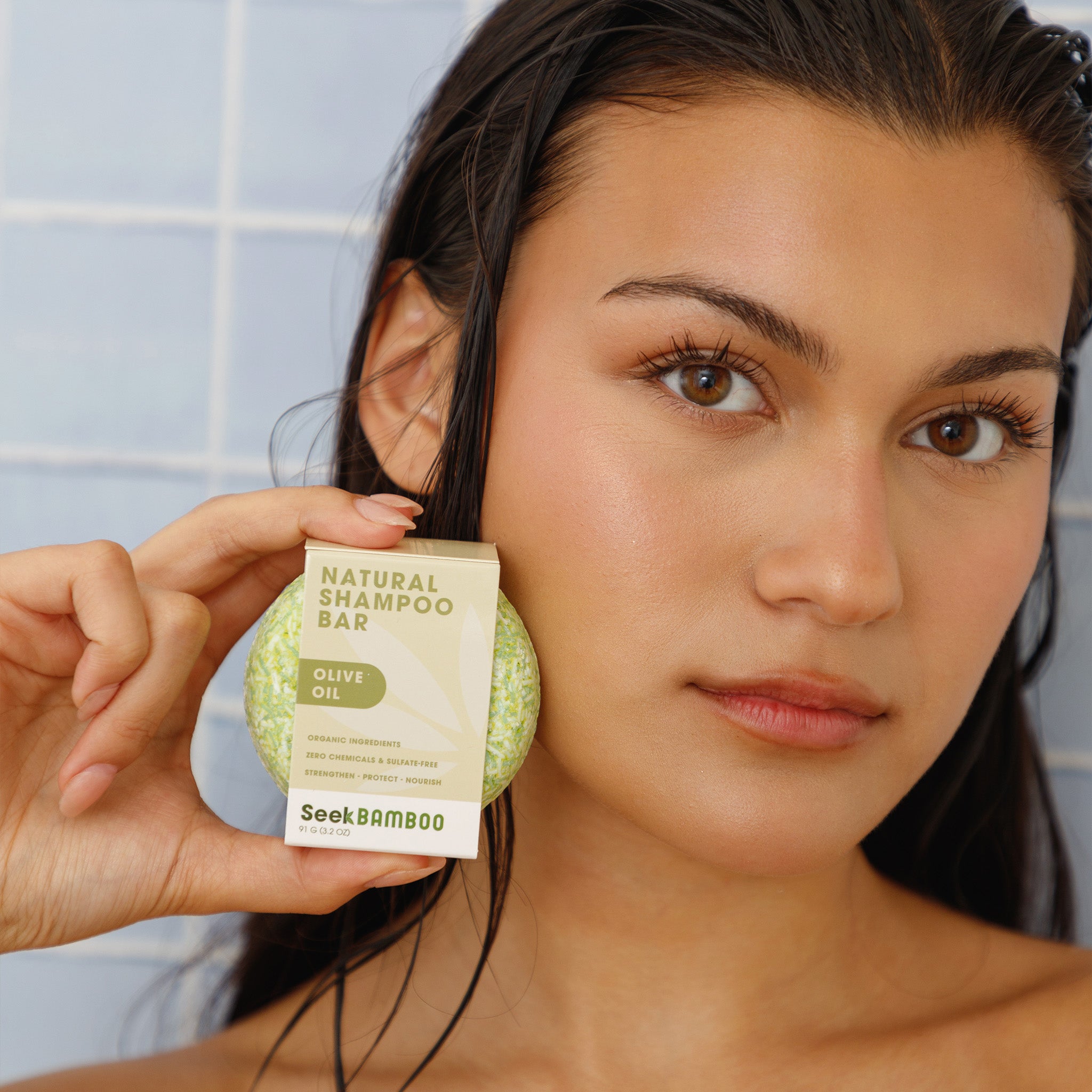
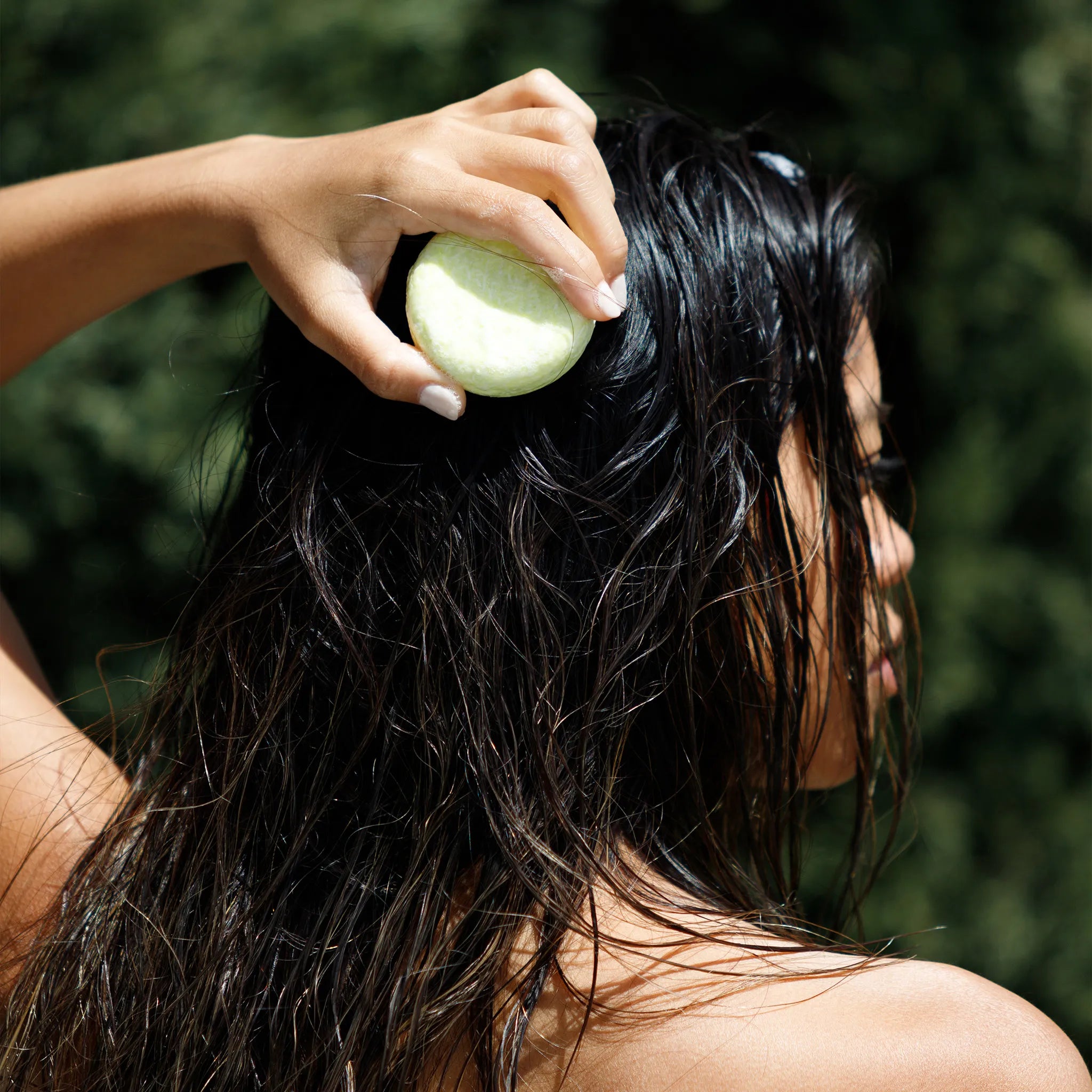
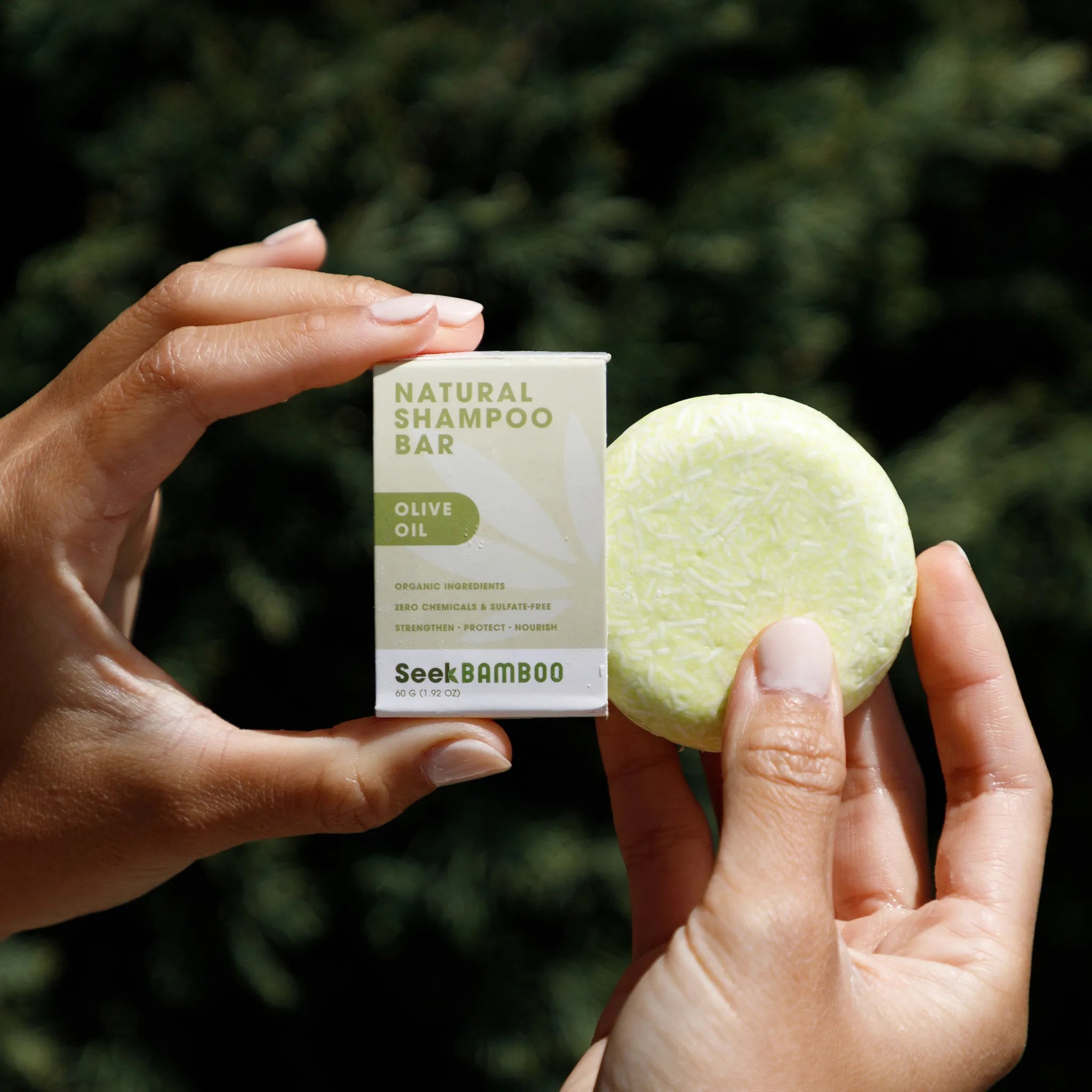
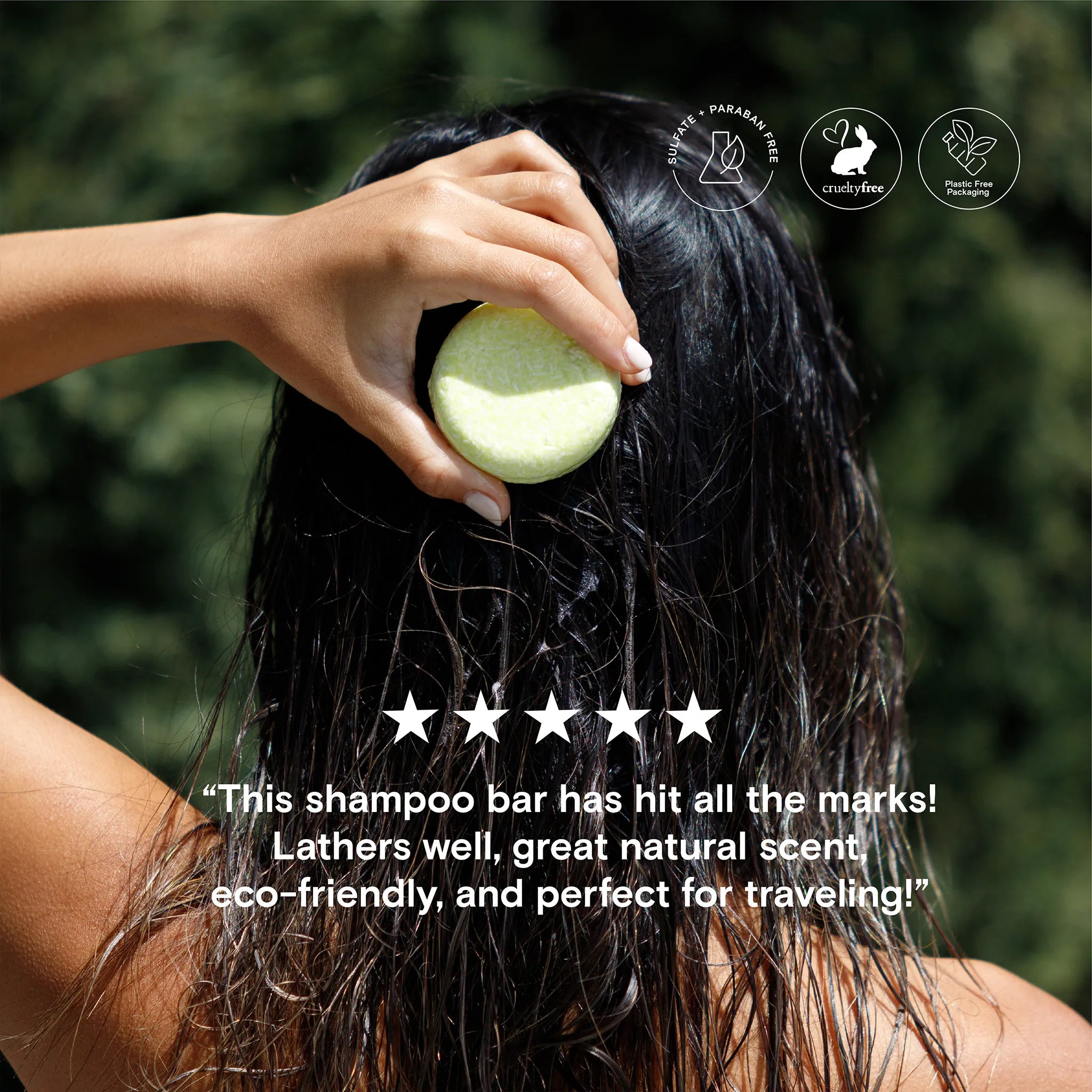
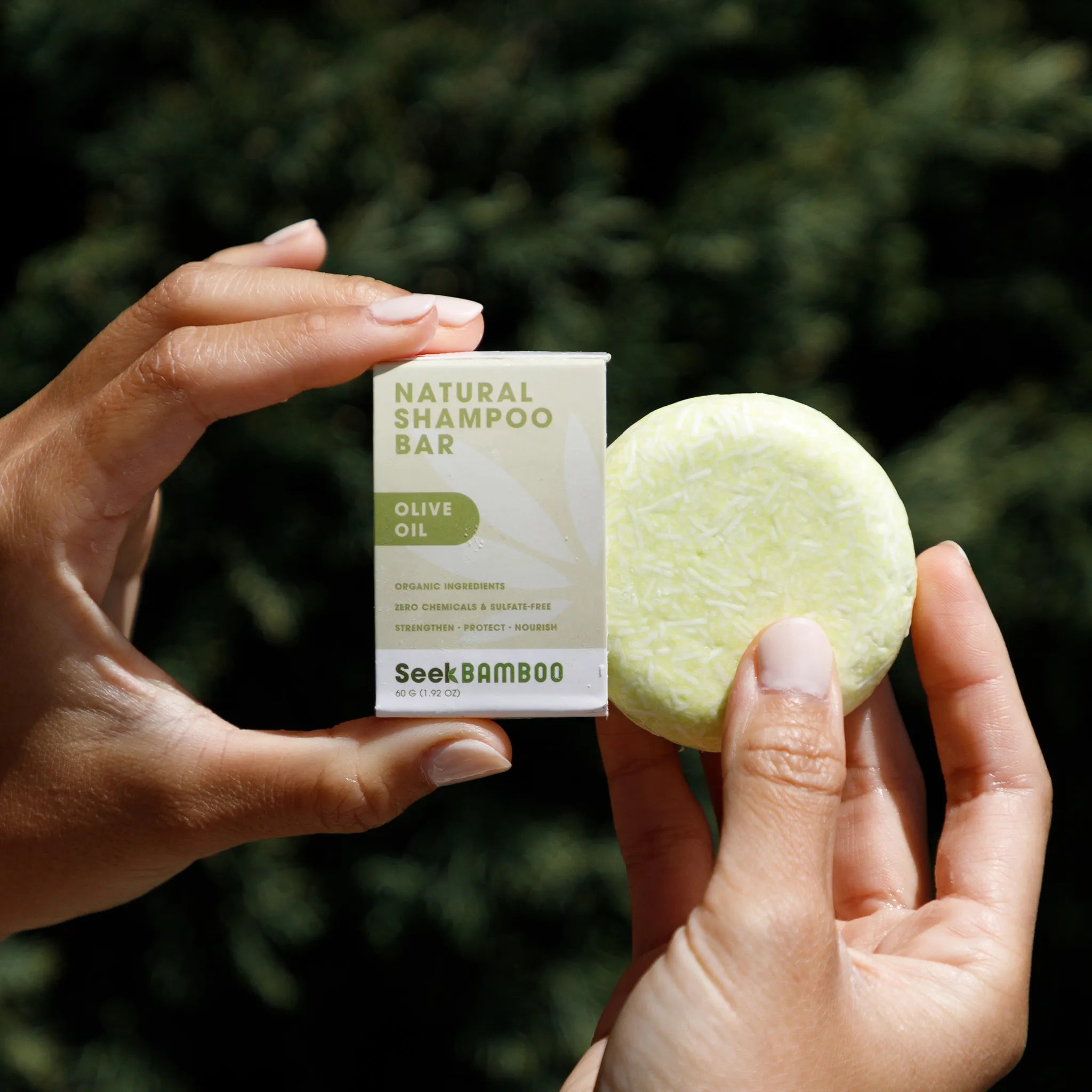
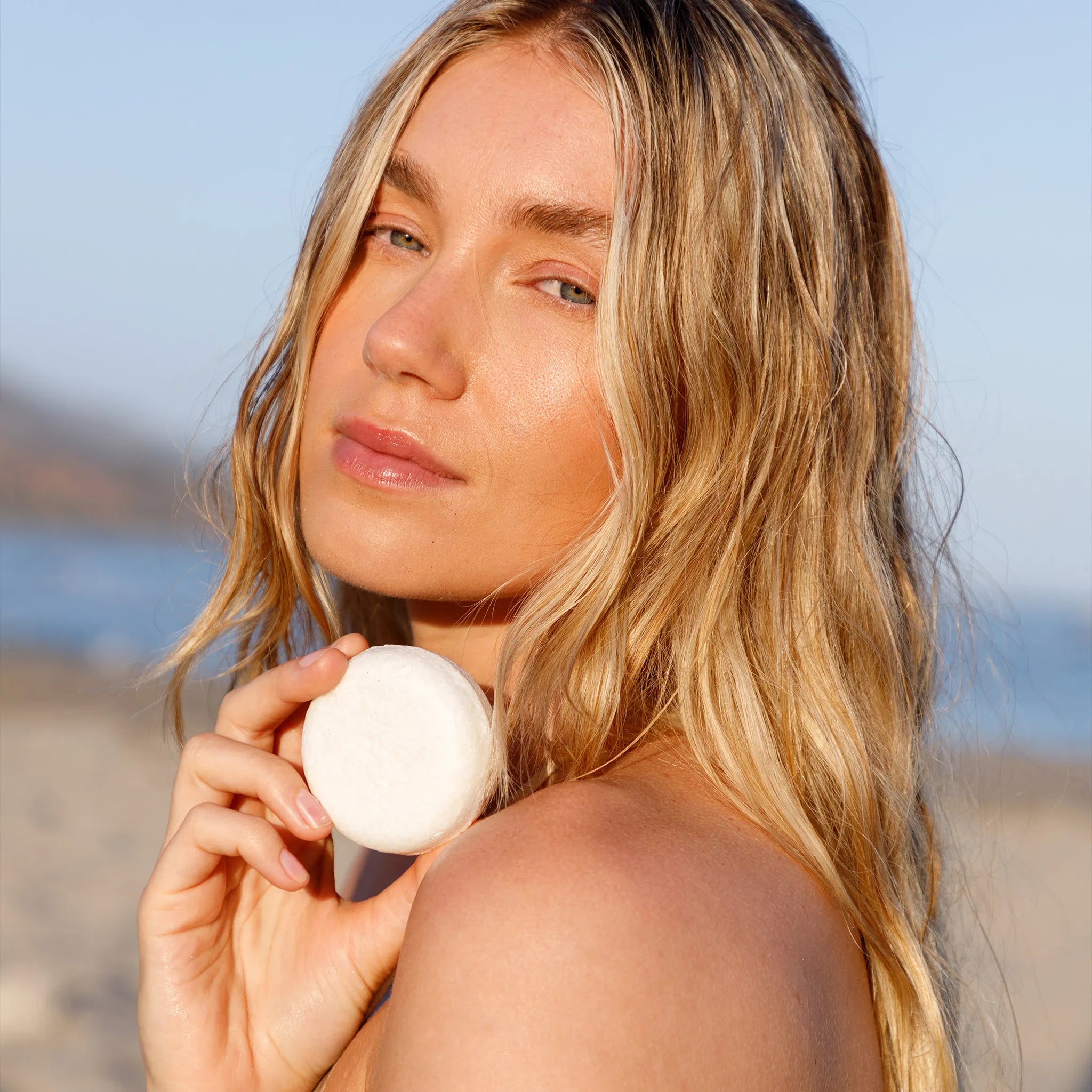
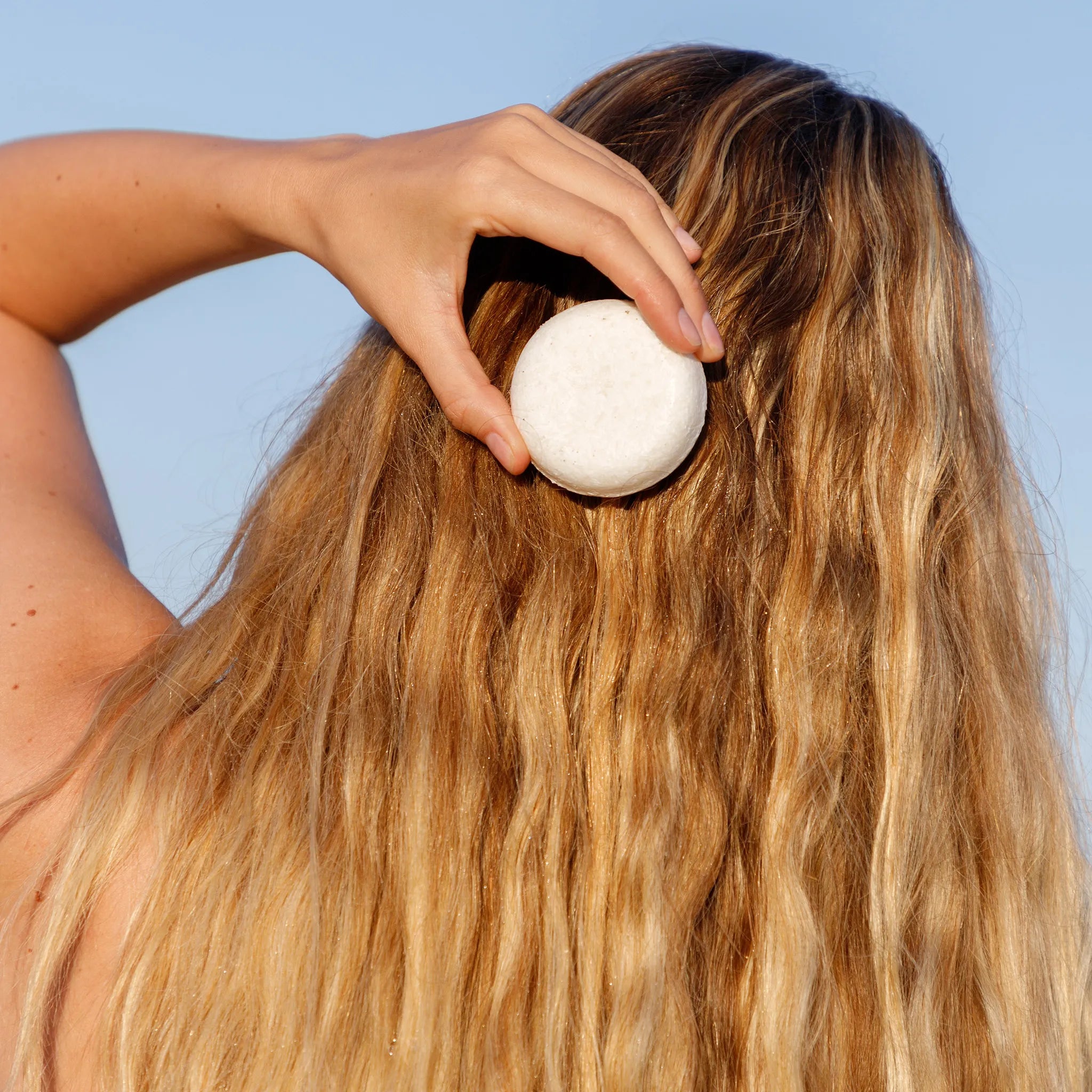
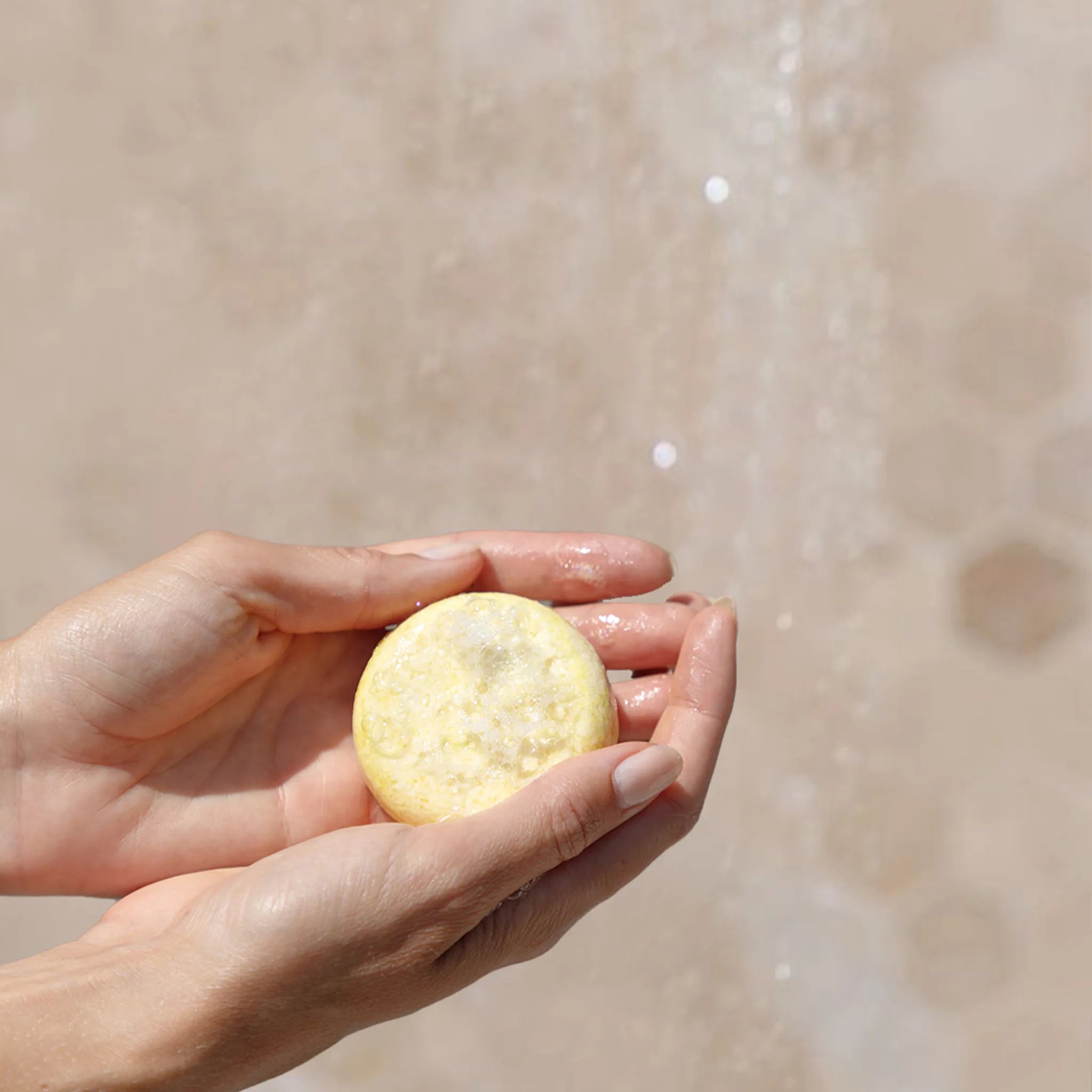
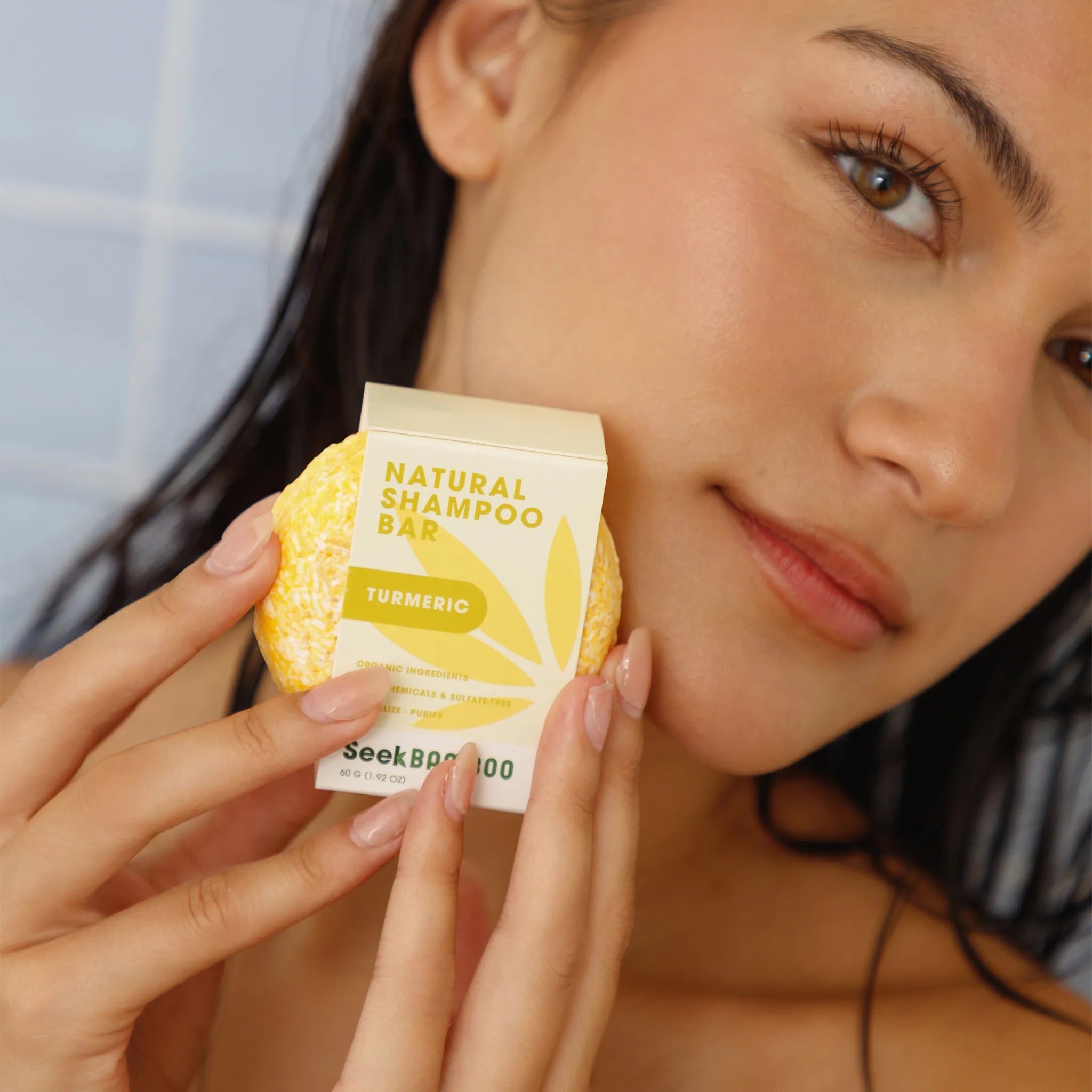
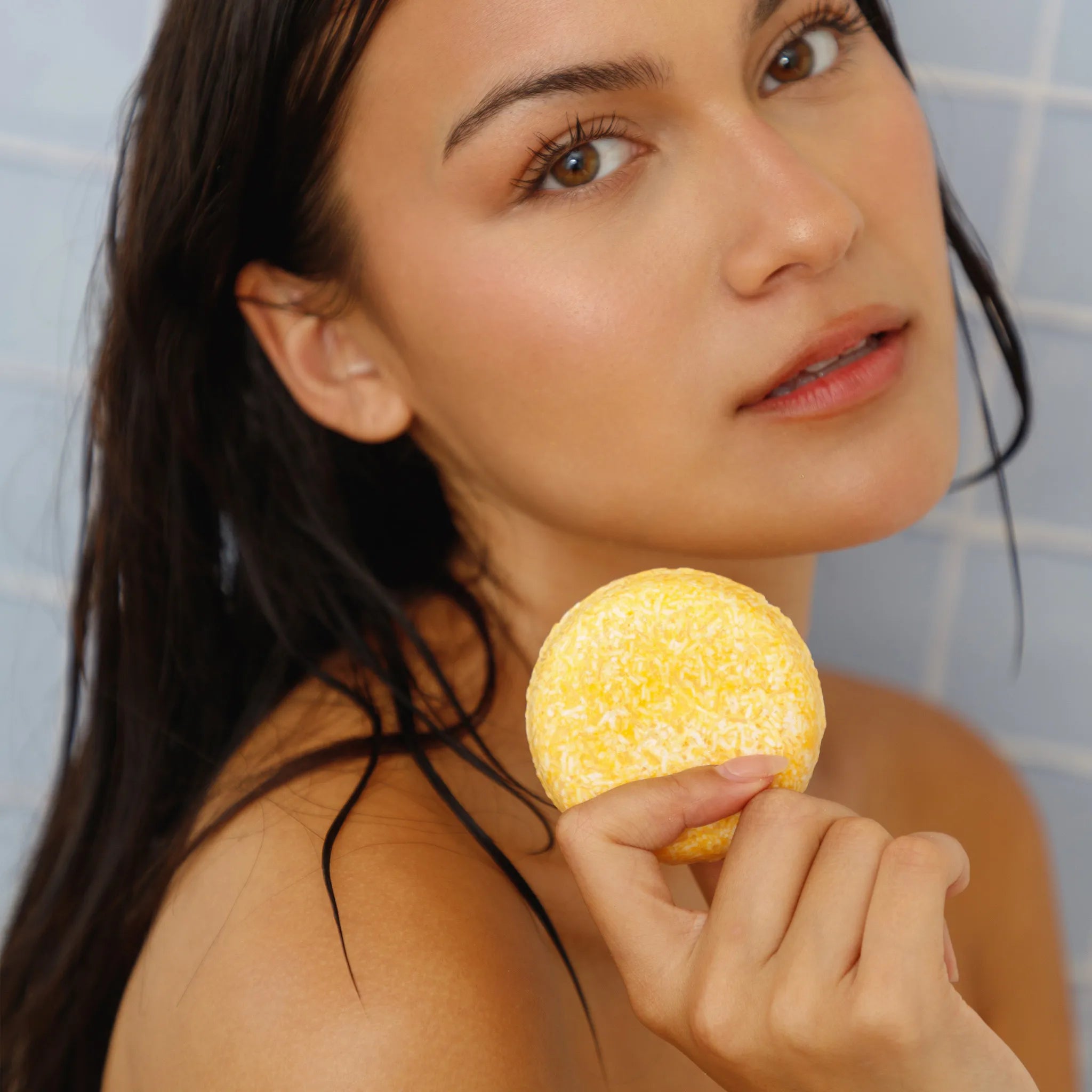
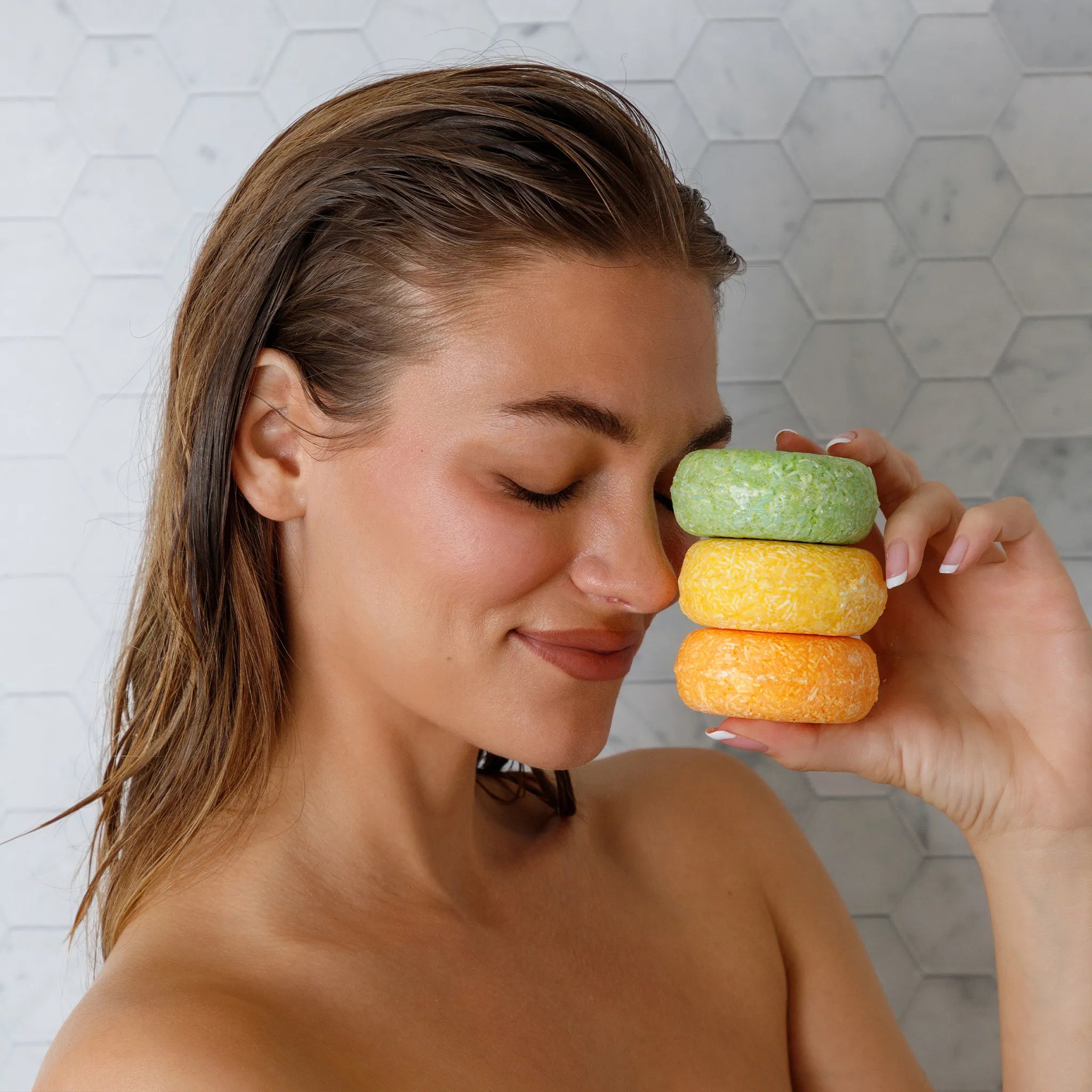
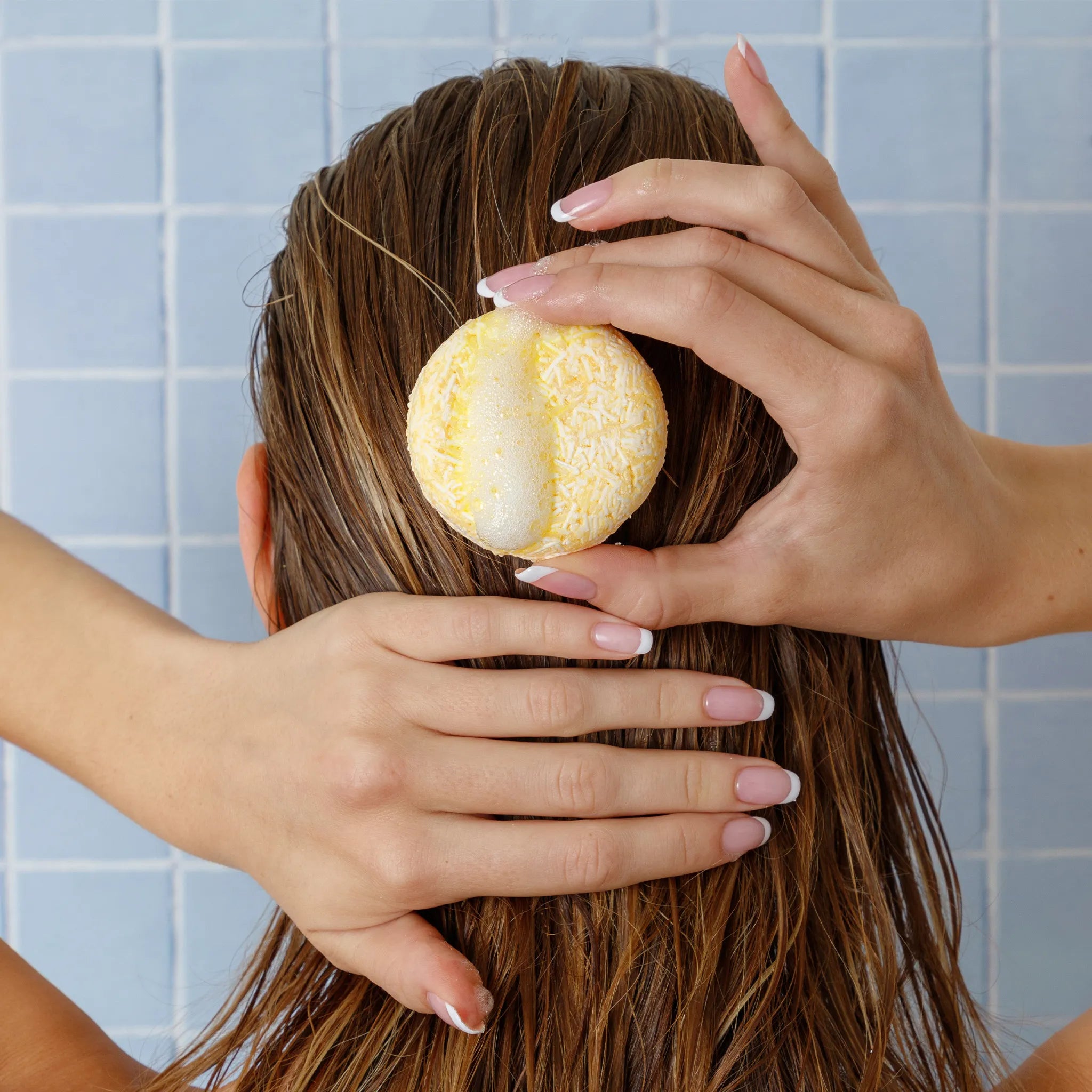
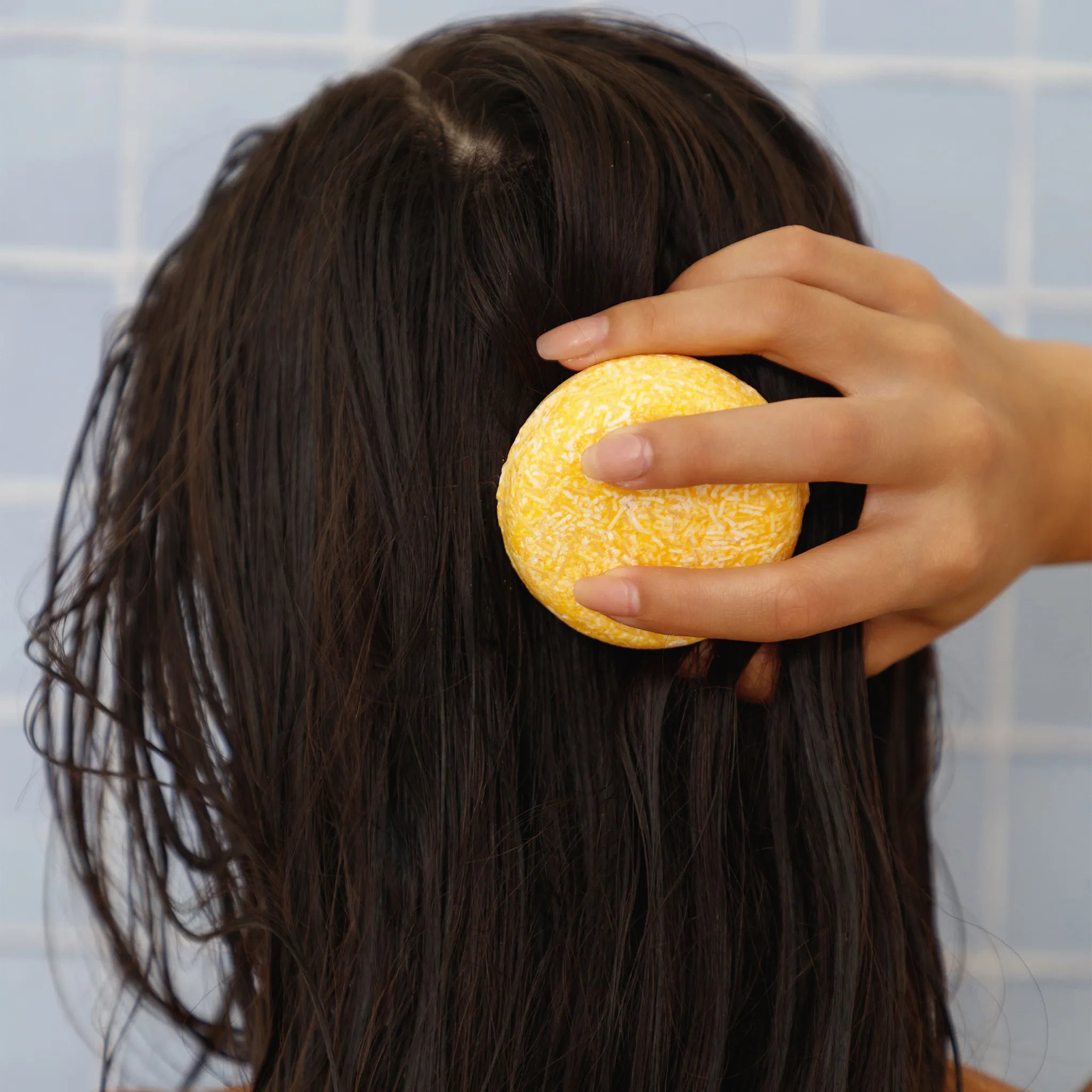
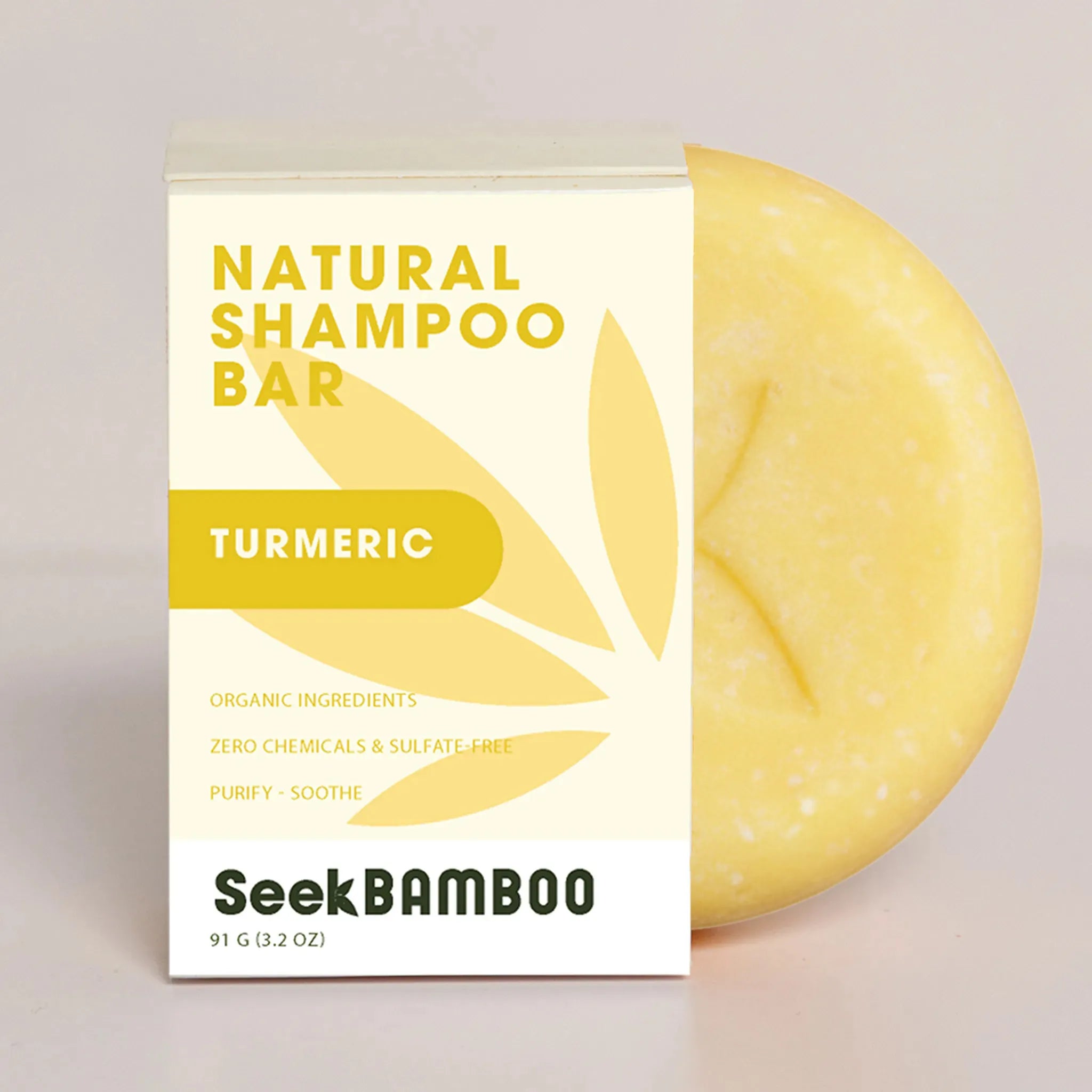
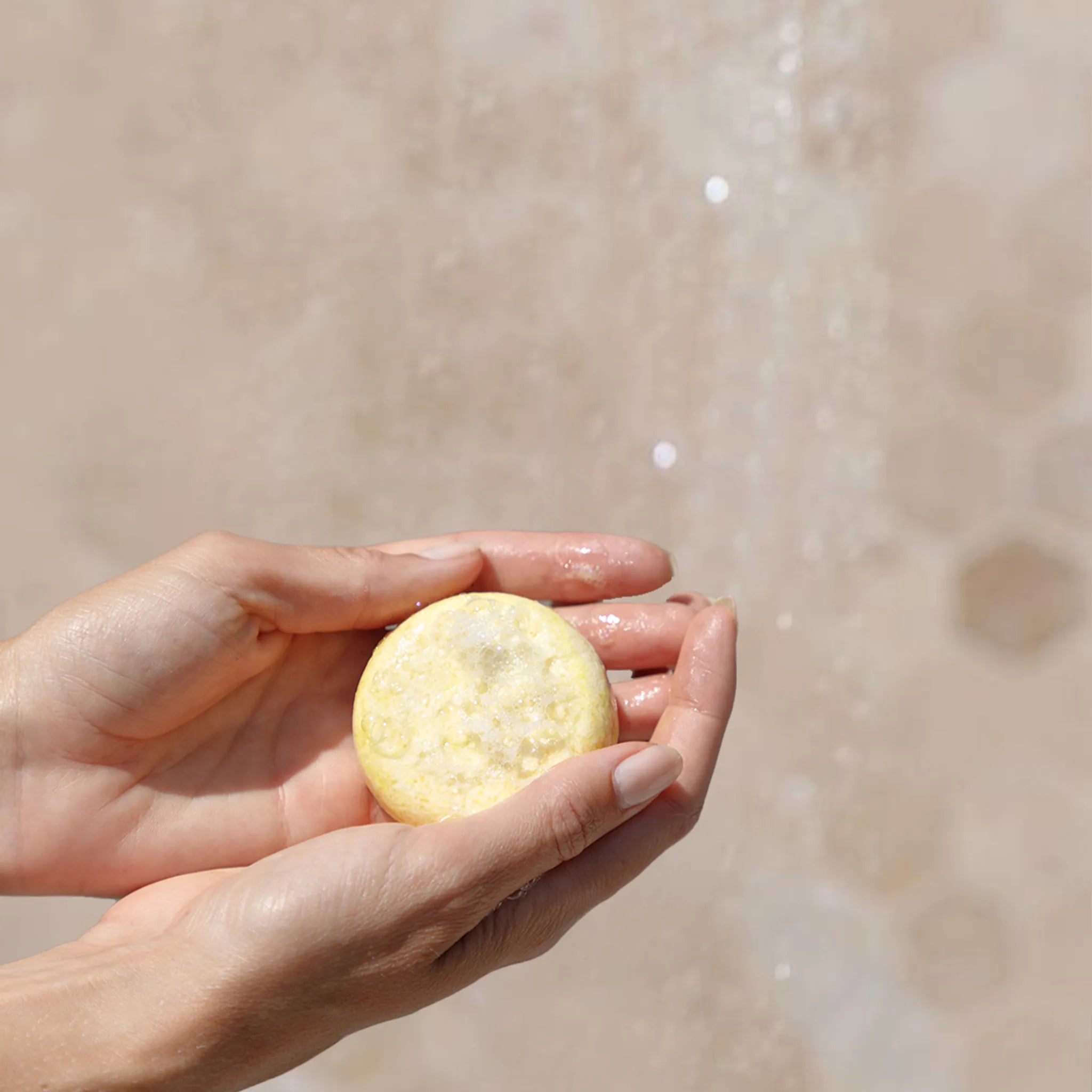
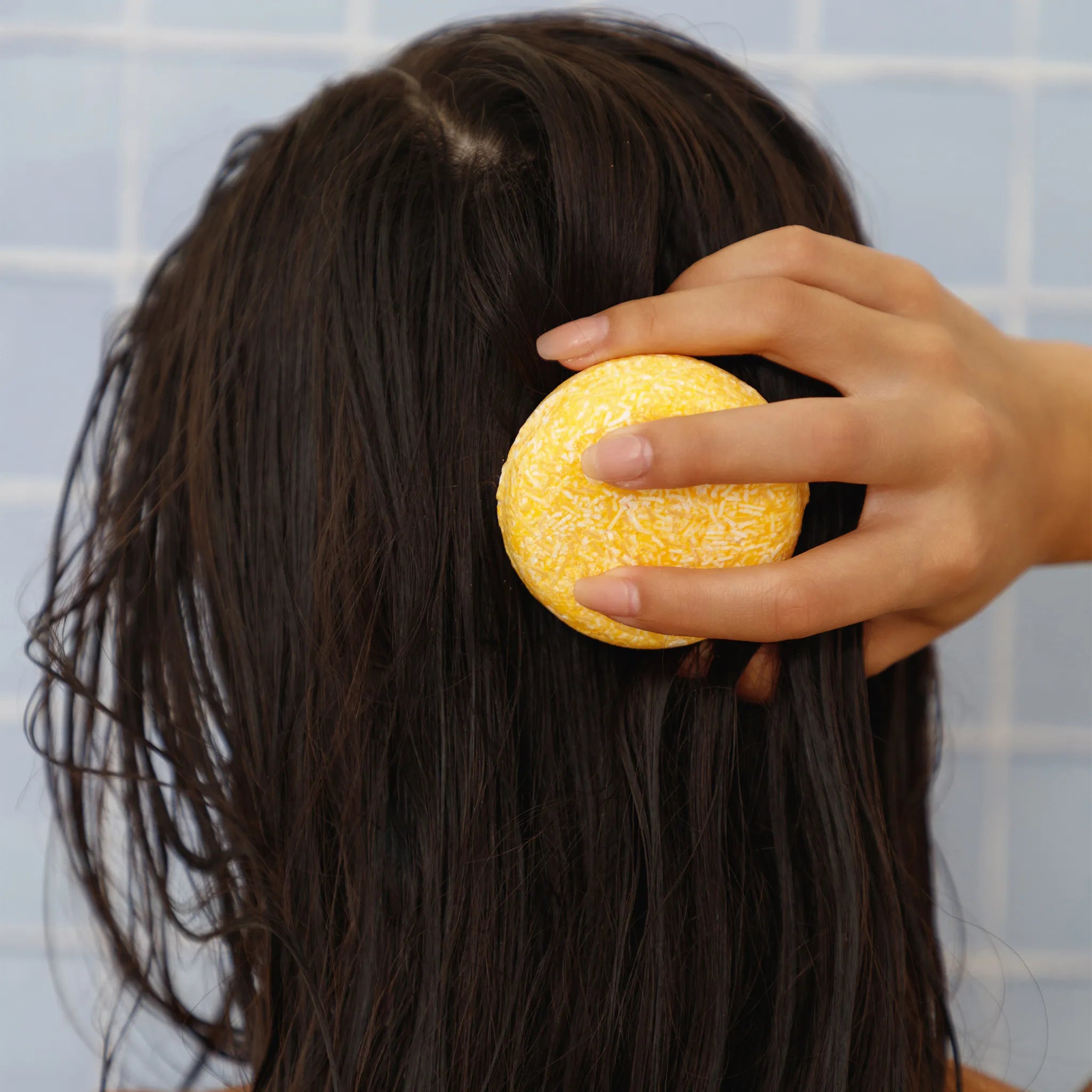
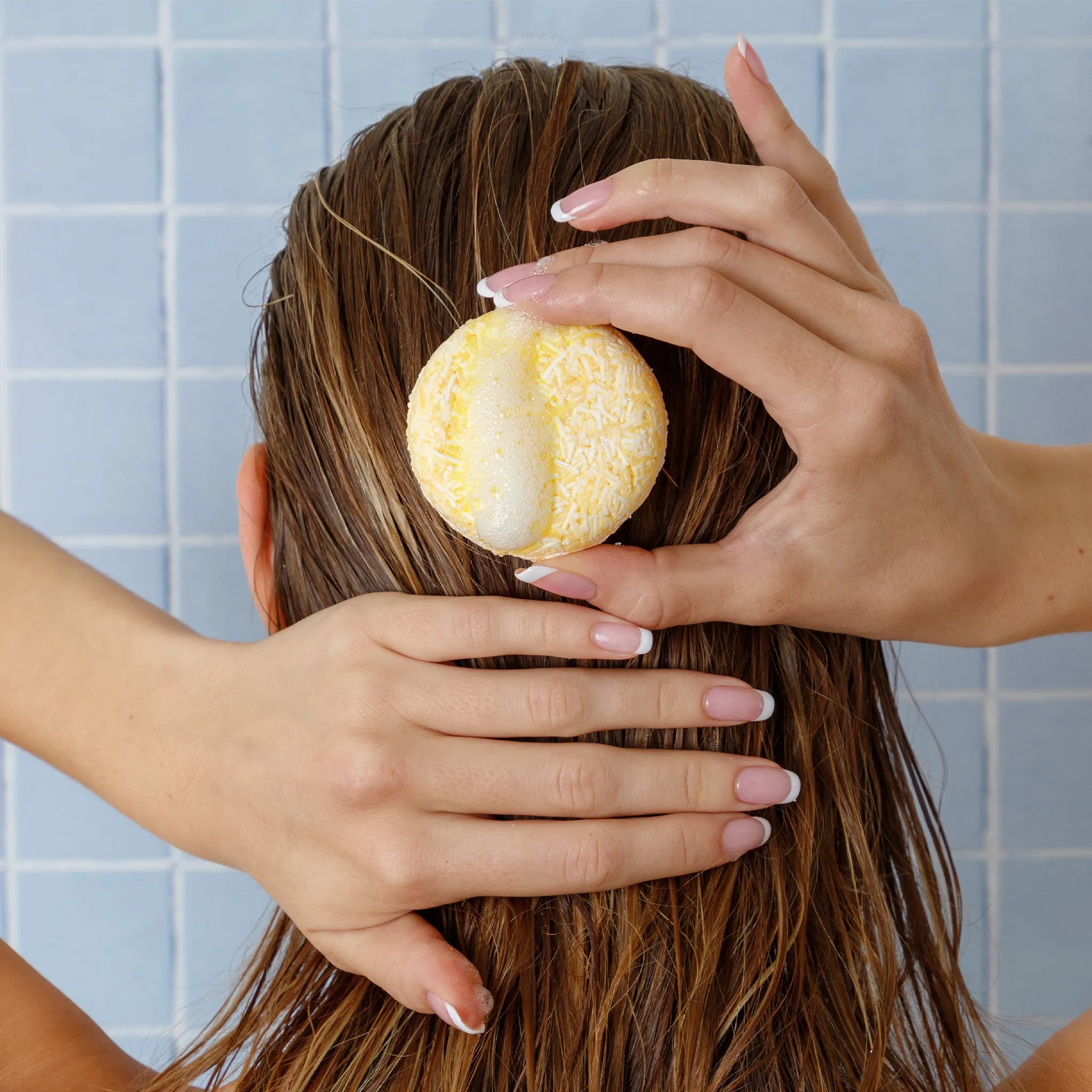
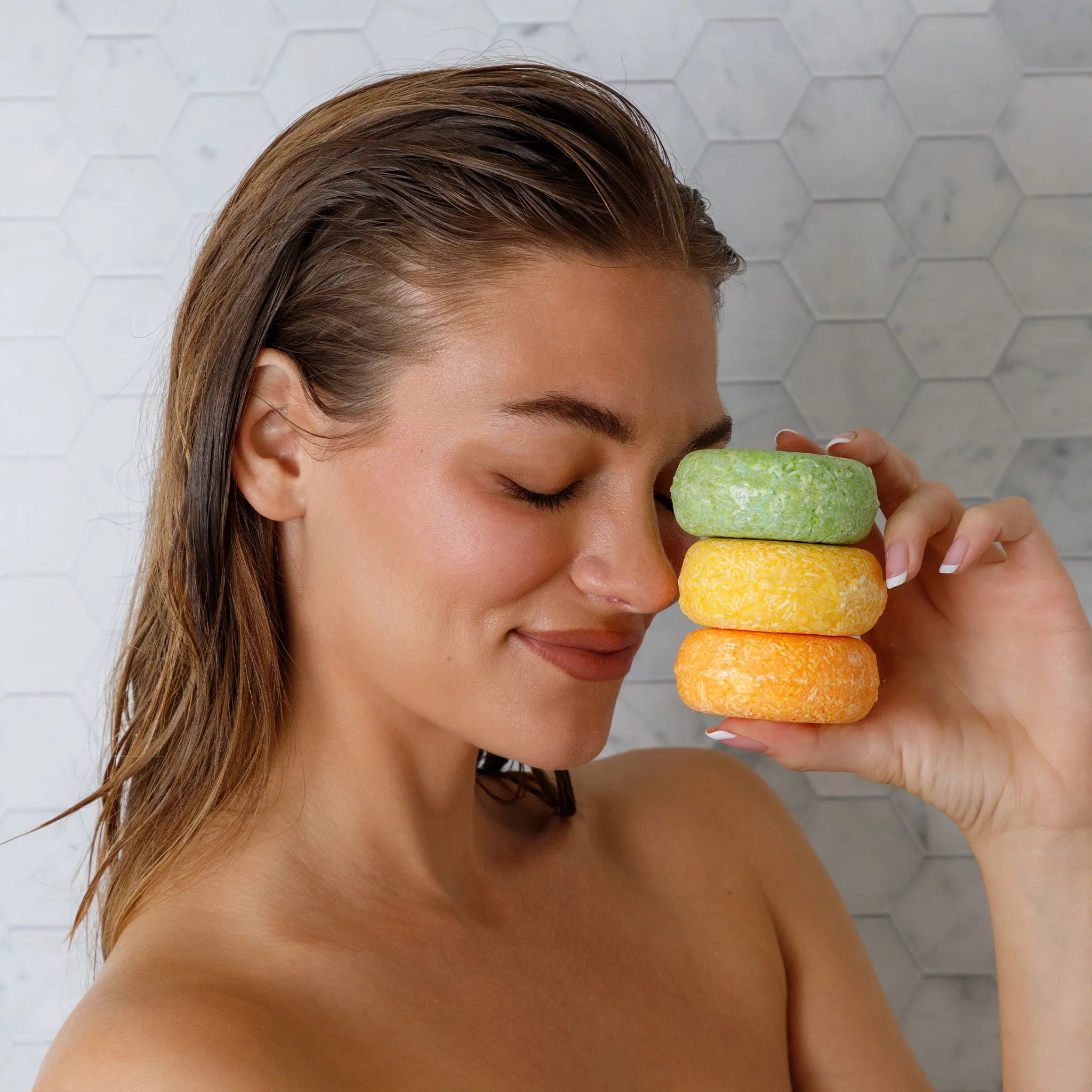
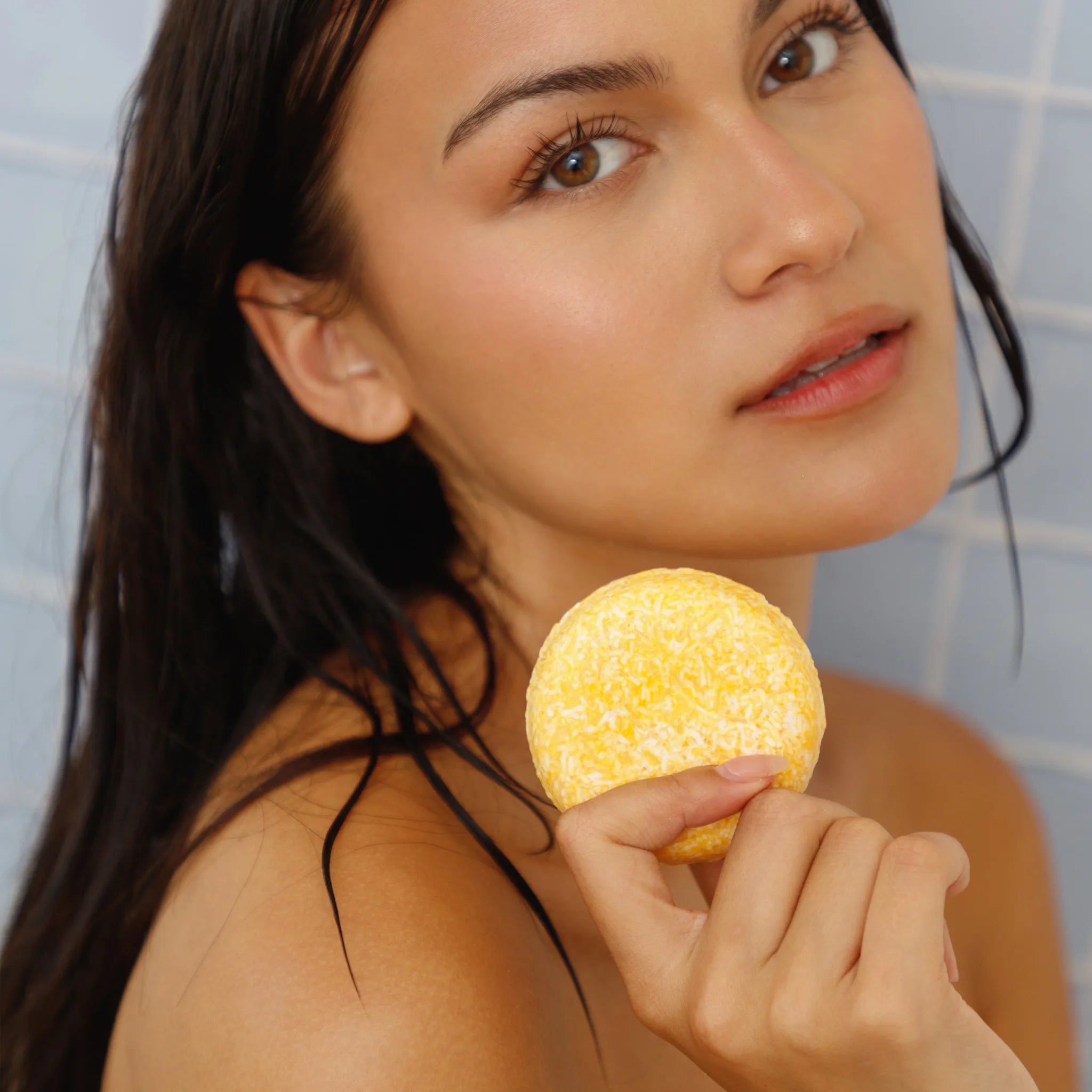
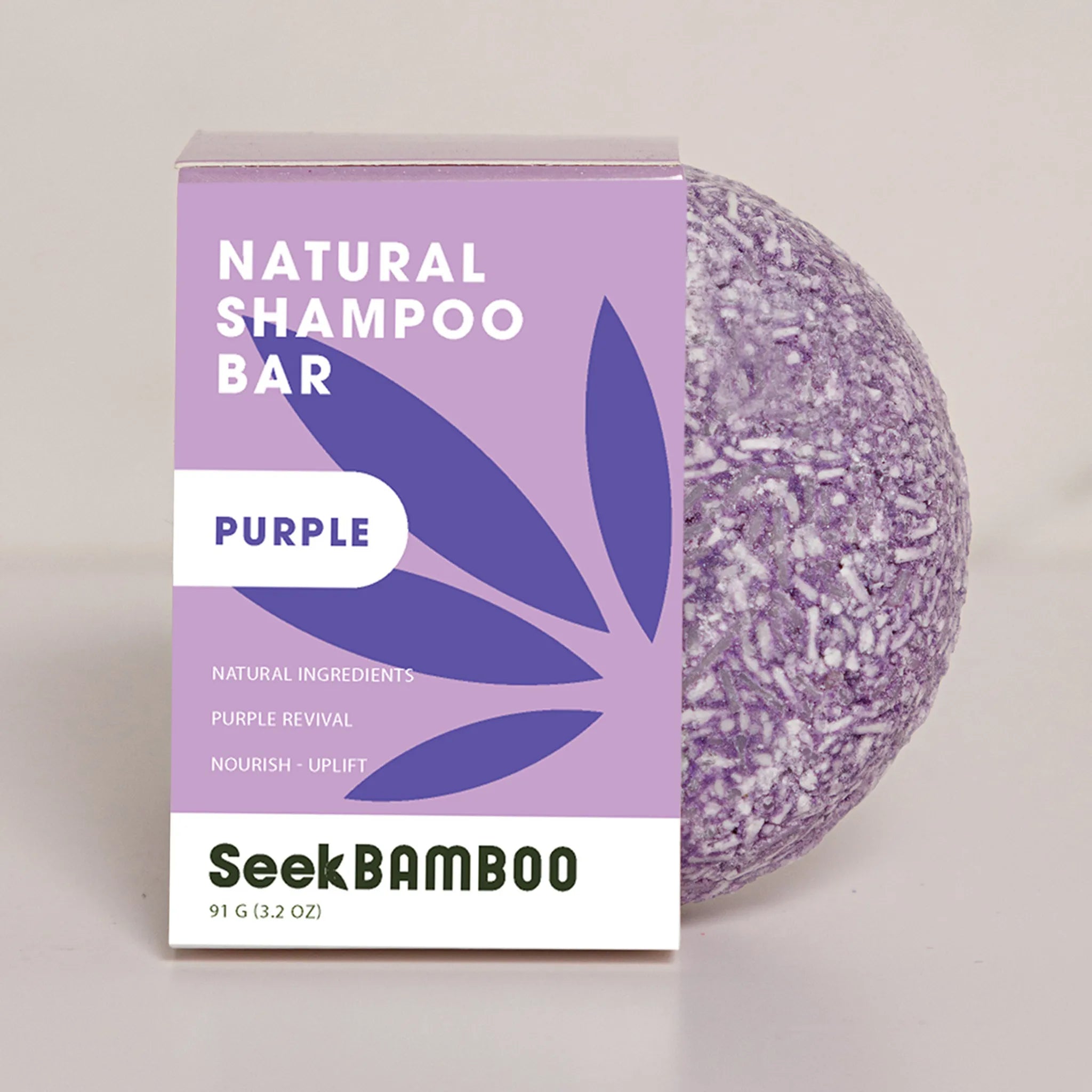
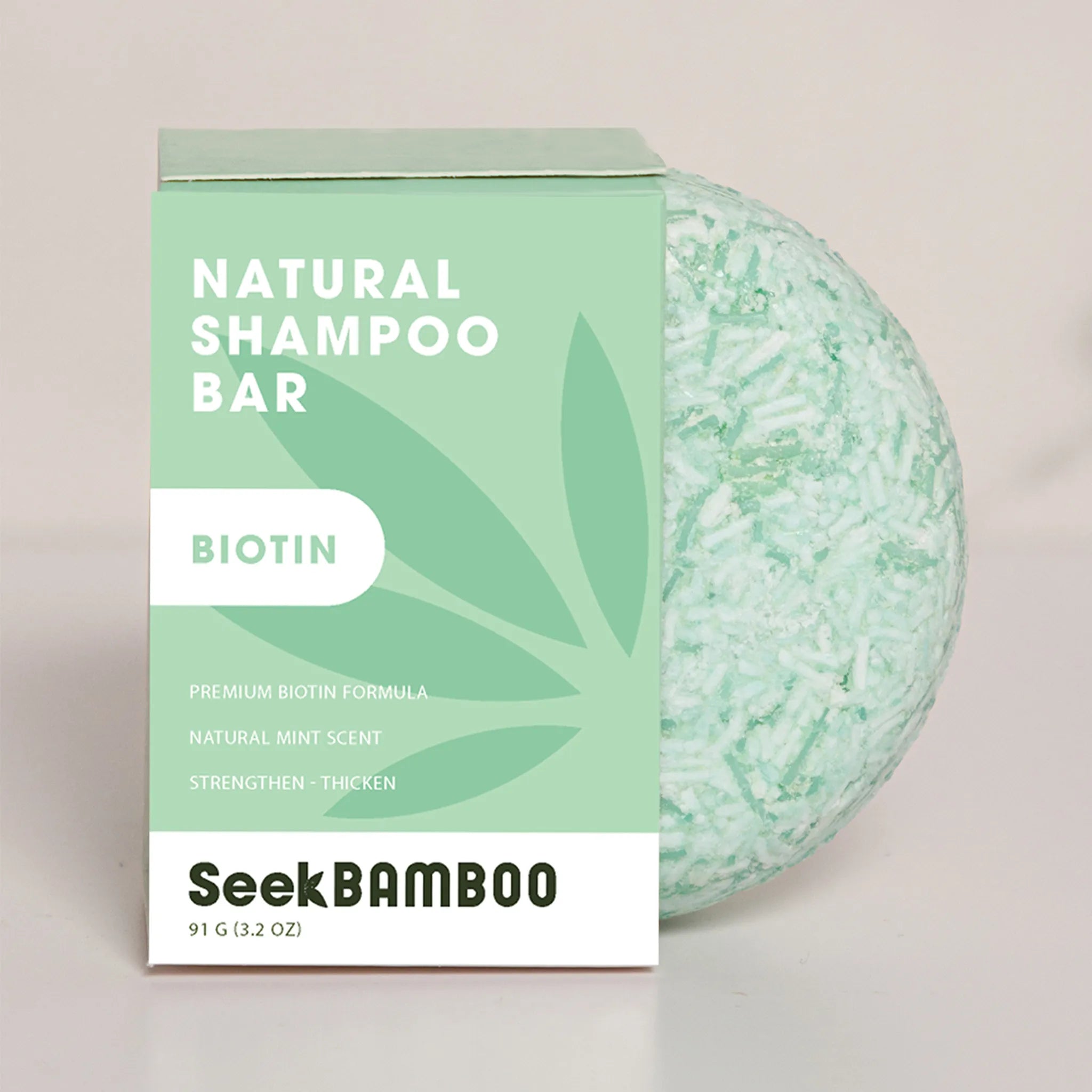

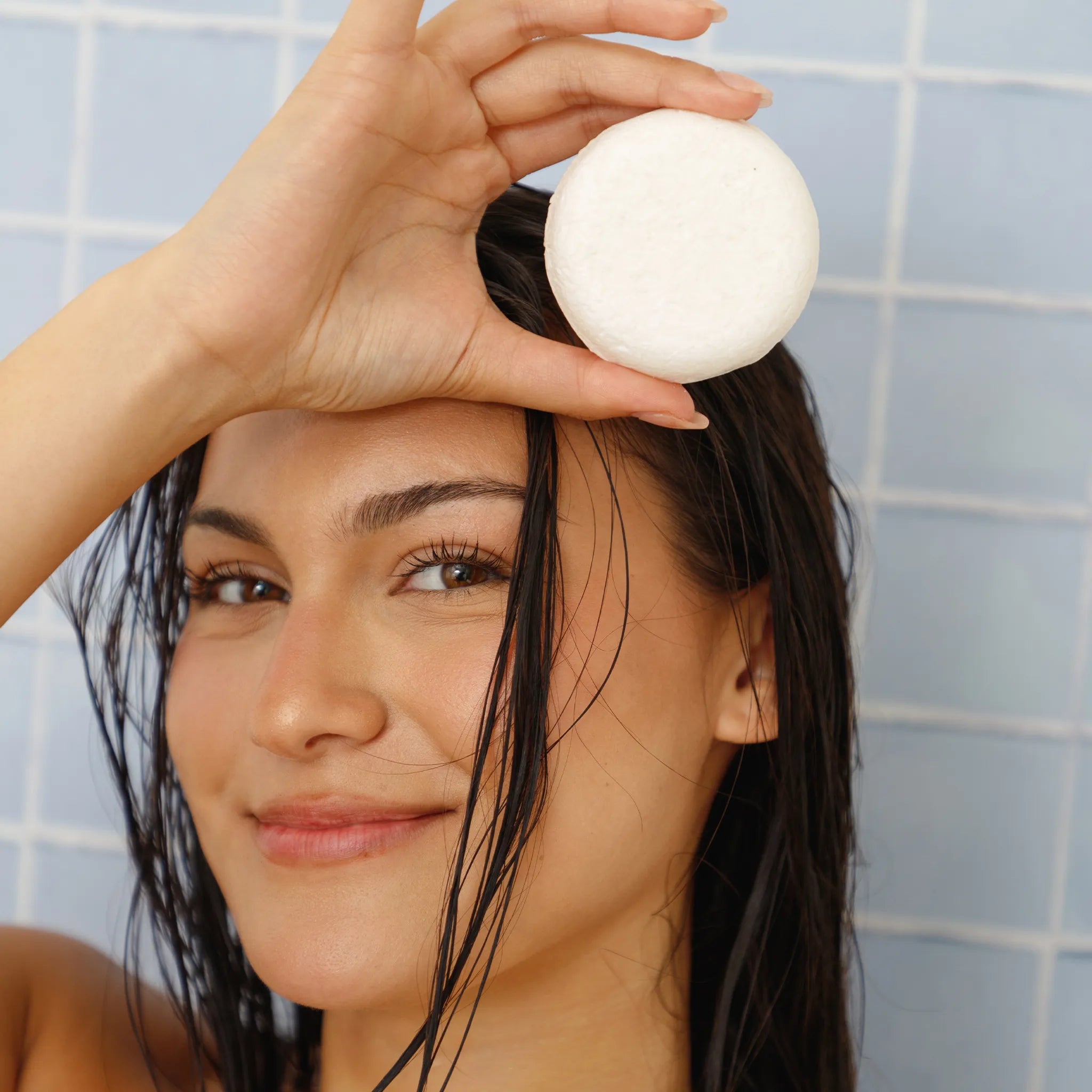
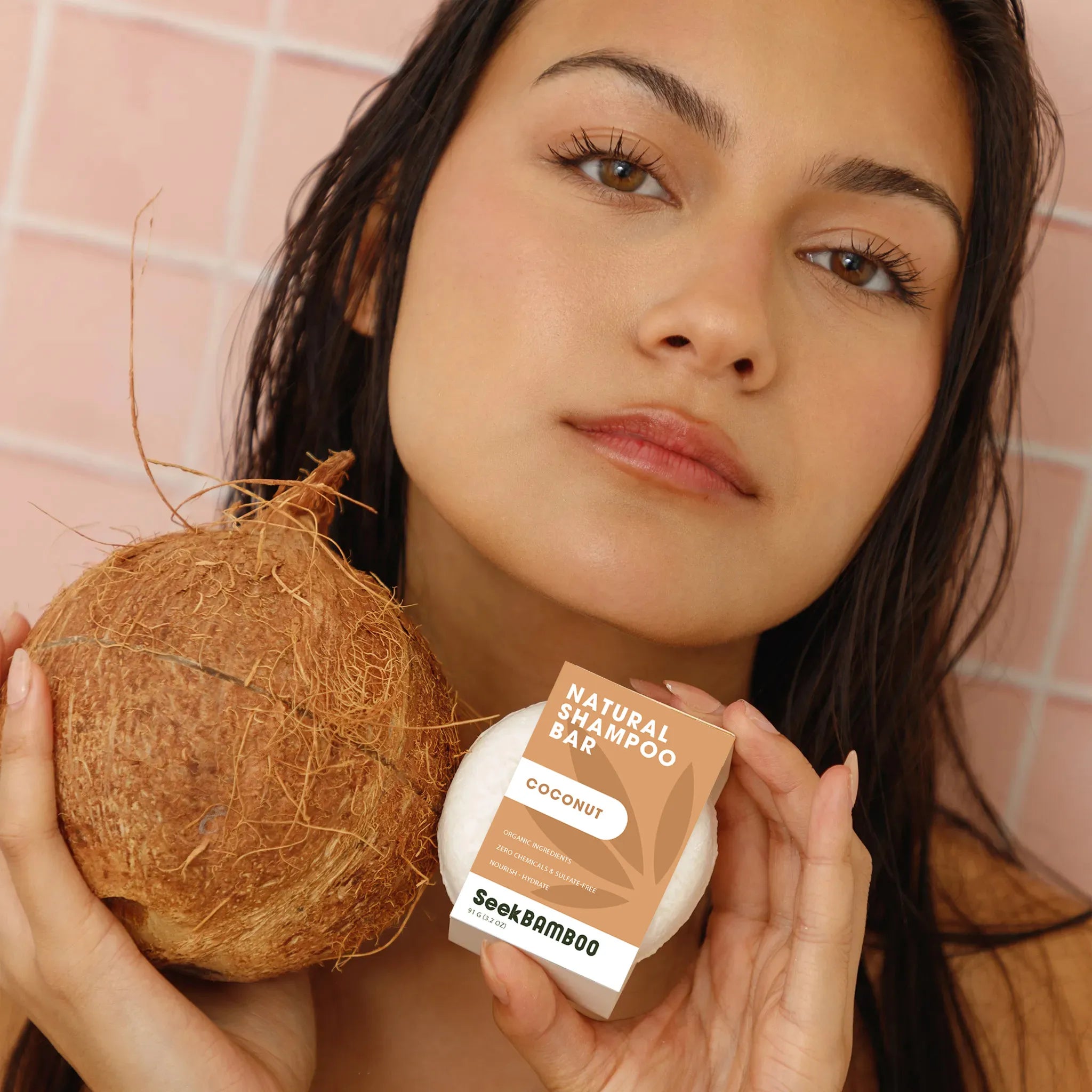
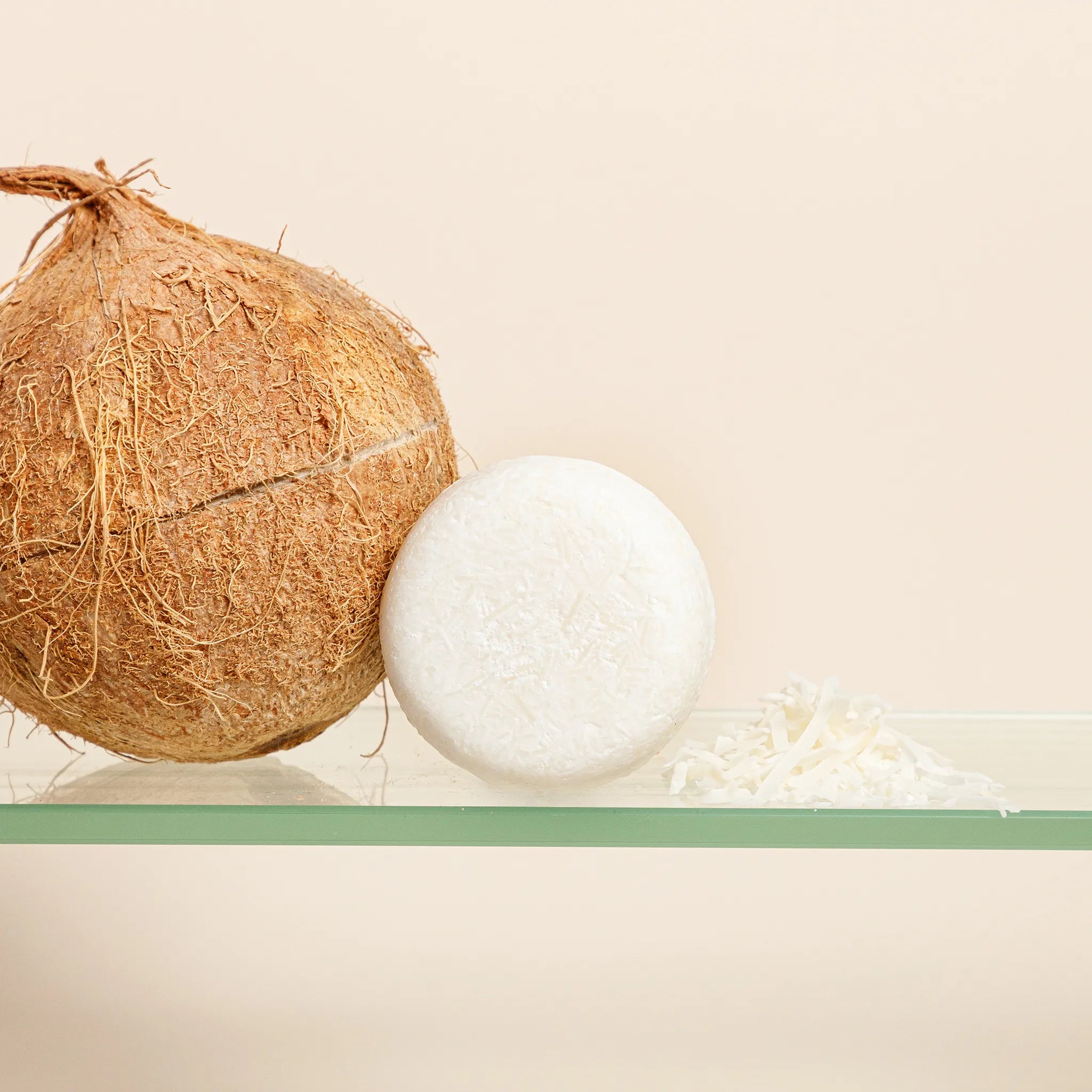
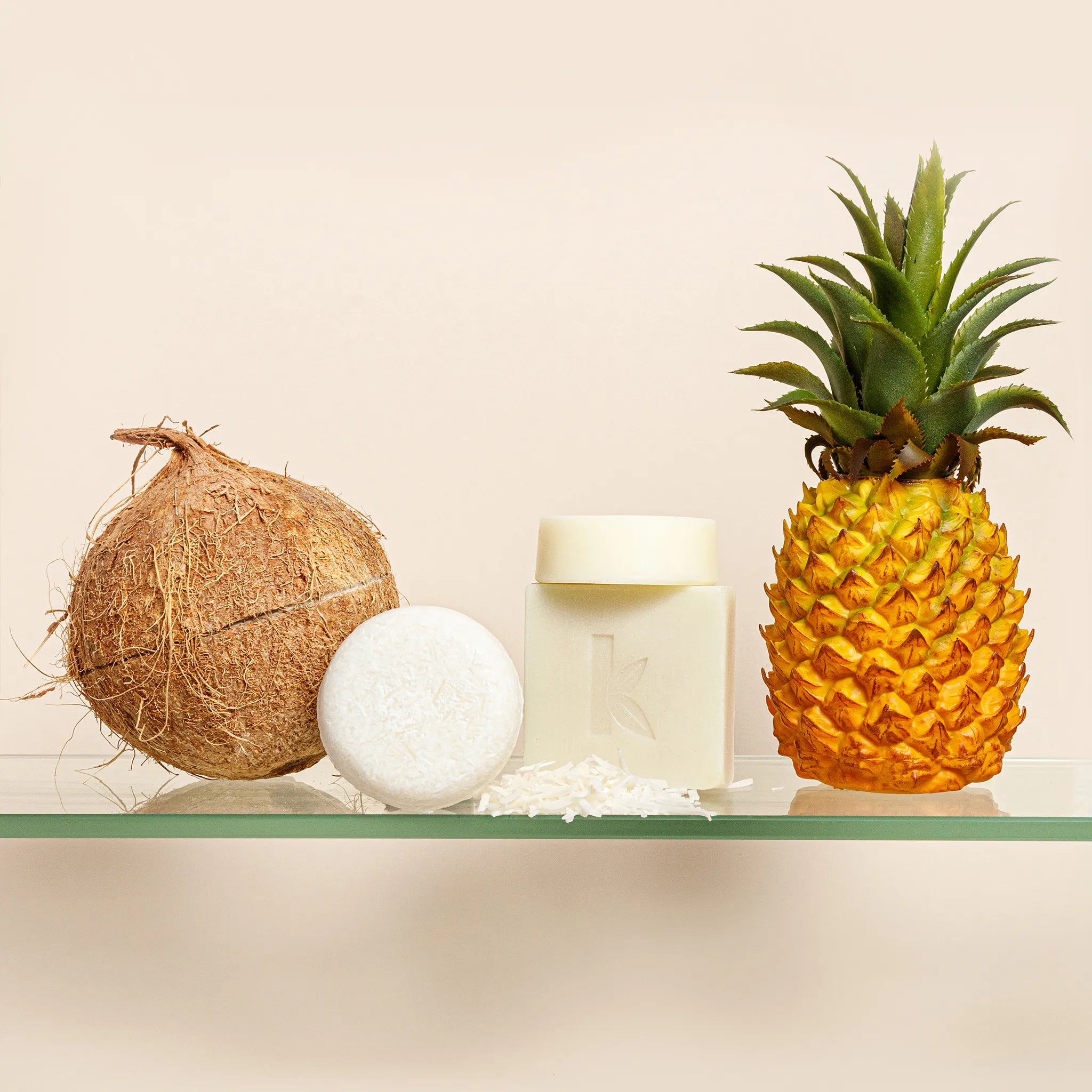
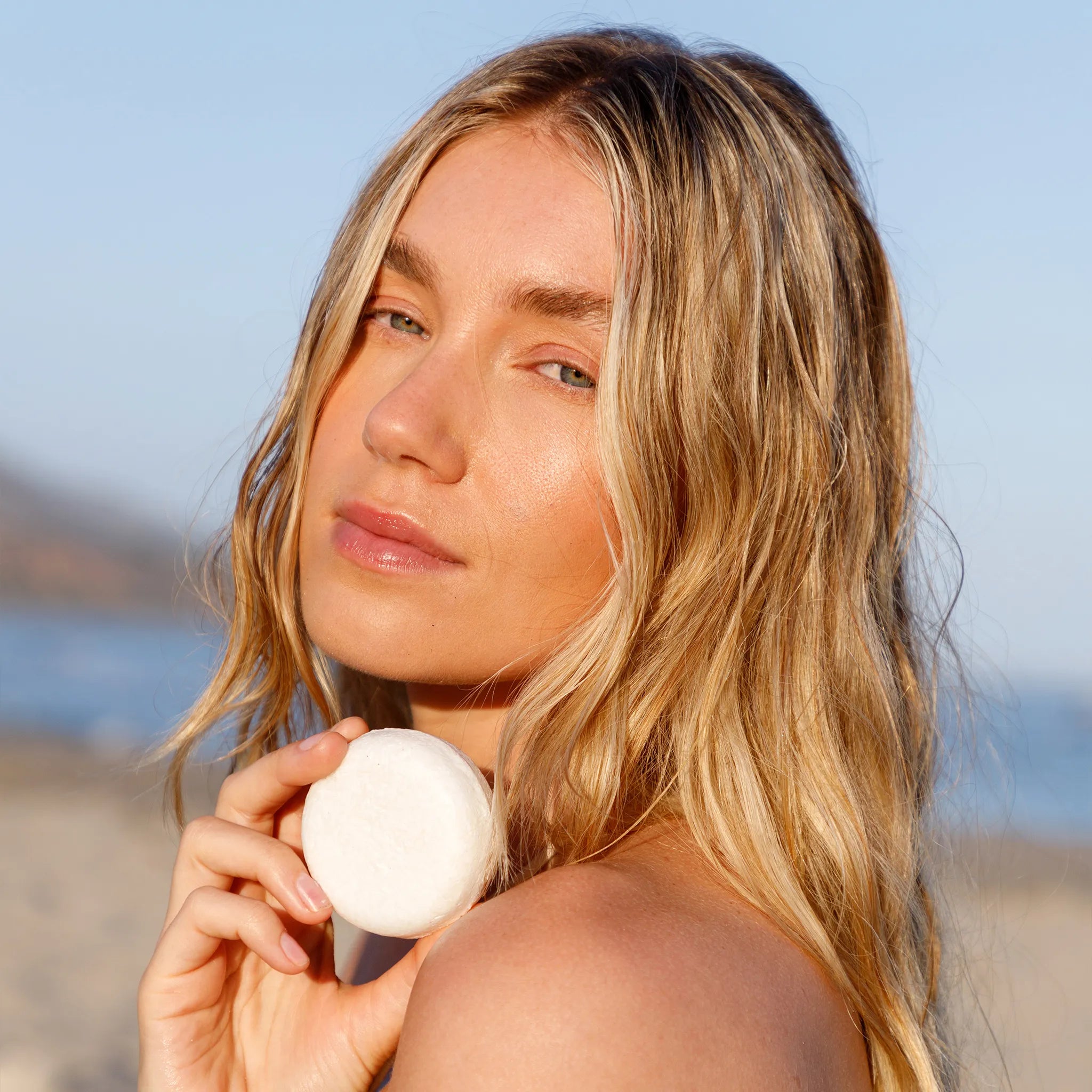
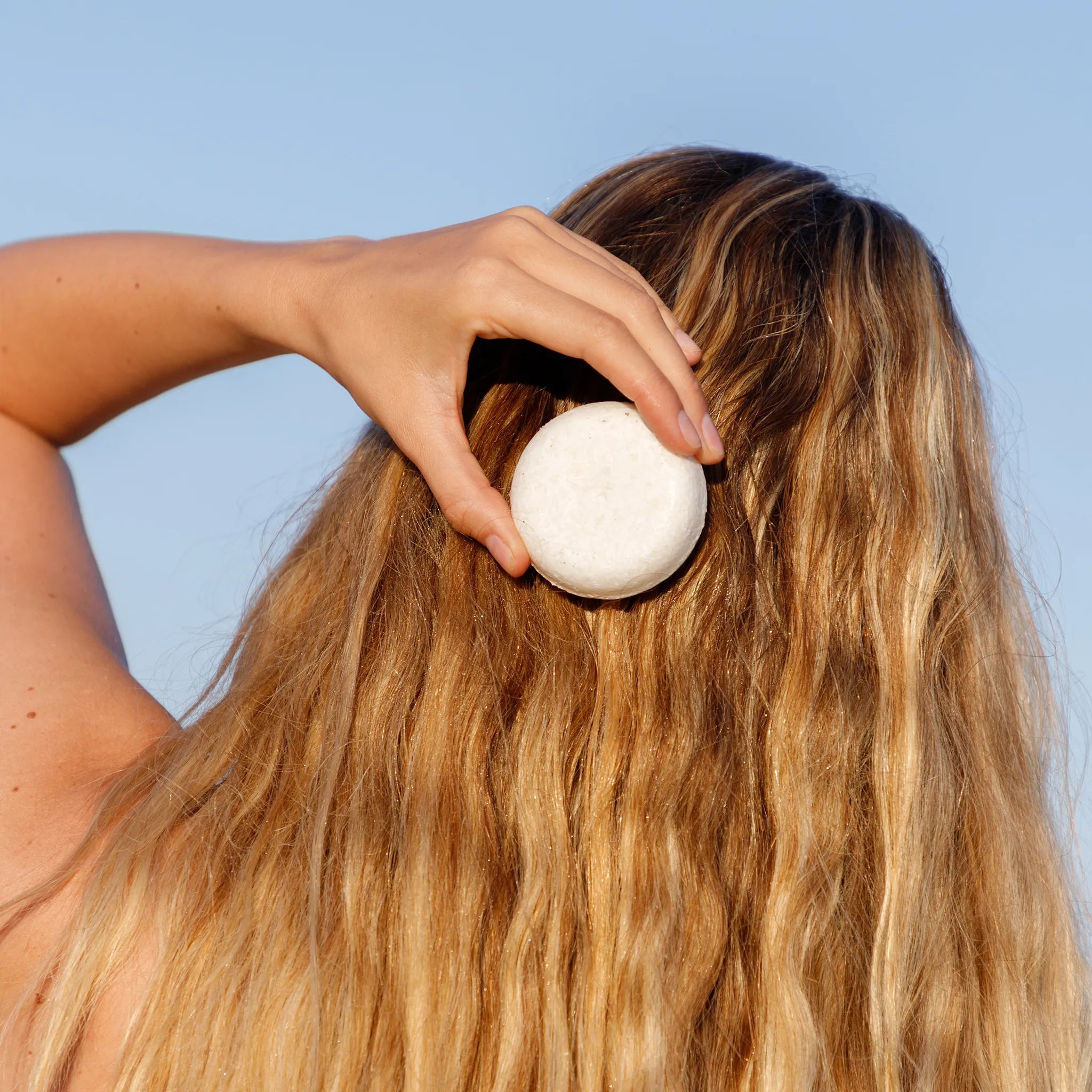
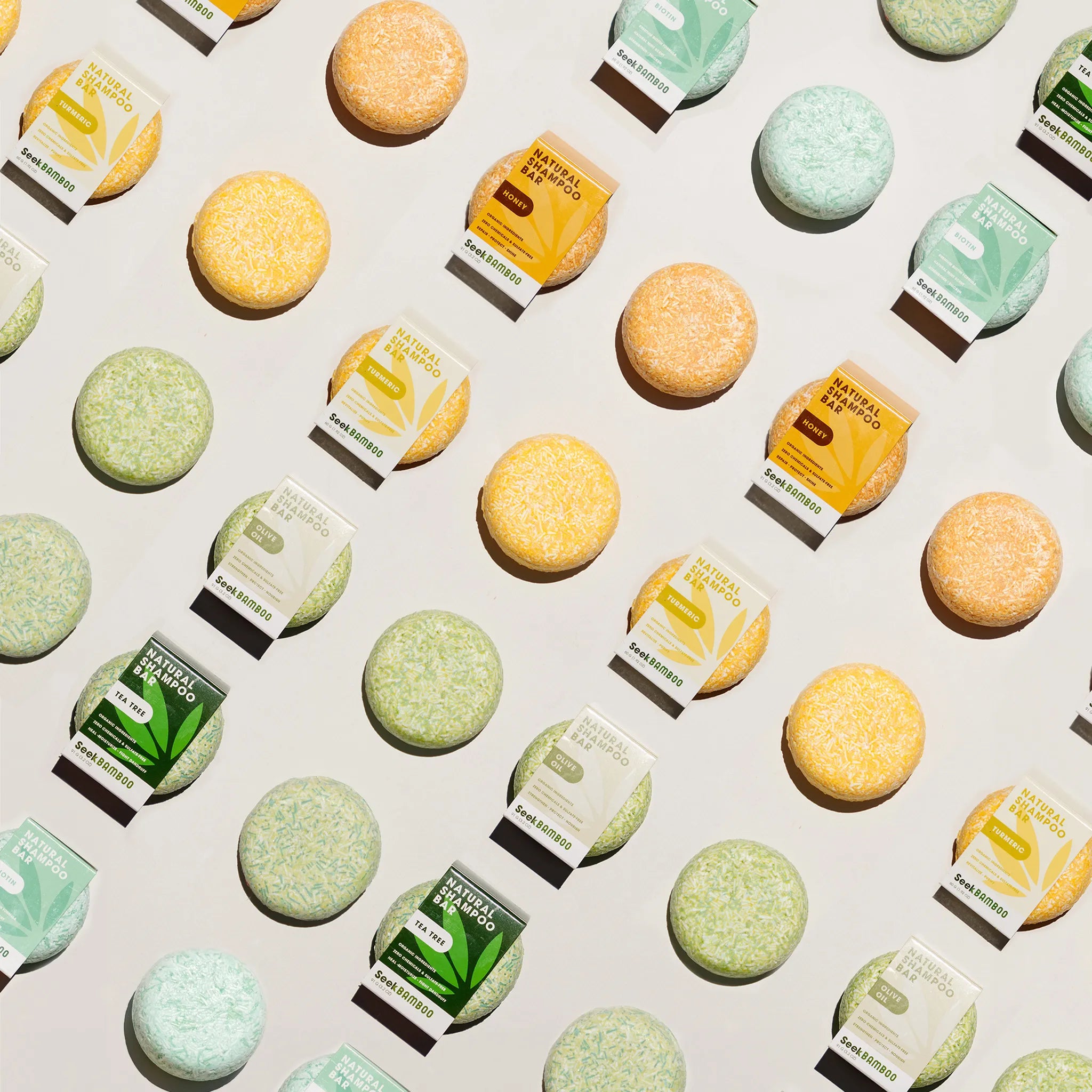
✓ Free of sulfates, palm oil, parabens, dyes, & synthetic fragrances
✓ Amino acid formula for all hair types, promoting strength, volume & vitality
✓ Packed with antioxidants & vitamins
✓ Larger 3.2 oz size lasts 70-90 washes, replacing up to 3 plastic bottles of shampoo
✓ Plastic-free & eco-friendly packaging, making it a sustainable choice for both your hair & the planet
Finding the Right Hydrating Shampoo for You
Choosing the best hydrating shampoo ultimately depends on your hair type, specific needs, and lifestyle preferences. Whether you’re battling dryness, frizz, or damage, a well-chosen hydrating shampoo can help transform your hair by restoring essential moisture and improving its overall health. Remember to consider factors like ingredients, sustainability, and your personal hair care routine to find the perfect match. With so many options available today, you’re sure to find a hydrating shampoo that works wonders for both your hair and the planet.
Hydration Station
FAQ: Hydrating Hair Happiness
Unlock the Secrets of Hydrating Shampoo and Discover the Answers to Your Burning Questions!
How does hydrating shampoo cleanse the hair?
Hydrating shampoo contains surfactants, which are cleansing agents that help remove dirt, oil, and product buildup from the scalp and hair. Unlike traditional shampoos that may strip the hair of its natural oils, hydrating shampoos use milder surfactants to cleanse effectively while retaining moisture. This balanced approach ensures that hair is cleaned without becoming overly dry or damaged.
Can hydrating shampoos help with color-treated hair?
Yes, hydrating shampoos are beneficial for color-treated hair. They help replenish moisture that may be lost during the coloring process, which can leave hair dry and damaged. Many hydrating shampoos are specifically formulated to be color-safe, ensuring that they do not strip color while providing essential hydration.
How do I know if a hydrating shampoo is right for my hair type?
To determine if a hydrating shampoo is suitable for your hair, consider your hair’s moisture needs. If your hair feels dry, brittle, or frizzy, a hydrating shampoo may be beneficial. Additionally, look for specific formulations tailored to your hair type (e.g., curly, fine, or coarse). Reading reviews and checking ingredient lists can also help you choose the right product.
Are there any drawbacks to using hydrating shampoo?
While hydrating shampoos offer numerous benefits, using the wrong formula can sometimes lead to issues. For example, very rich or heavy hydrating shampoos might weigh down fine hair or cause buildup if not rinsed out thoroughly. It’s essential to choose a hydrating shampoo that matches your hair type and needs to avoid potential drawbacks..
Can hydrating shampoo be used daily?
Hydrating shampoos can be used daily, especially those formulated for daily use. However, it's generally recommended to wash your hair 2-3 times a week to prevent stripping natural oils. If you wash your hair daily, look for a lightweight hydrating shampoo specifically designed for frequent use to ensure that your hair remains hydrated without becoming overly oily.
How does the pH of hydrating shampoos affect hair?
The pH level of hydrating shampoos can significantly affect hair health. Hair is naturally slightly acidic, with a pH of around 4.5 to 5.5. Using a shampoo with a pH level close to this range helps maintain the hair’s natural structure and prevents damage. Hydrating shampoos formulated to be pH-balanced can help keep hair smooth and healthy while effectively cleansing.
How can I enhance the effectiveness of my hydrating shampoo?
To maximize the benefits of your hydrating shampoo:
- Use it as part of a complete hair care routine, including a matching conditioner.
- Avoid using heat-styling tools frequently to minimize moisture loss.
- Incorporate a weekly deep conditioning treatment or hair mask for added hydration.
- Protect your hair from environmental factors (e.g., sun exposure, chlorinated water) that can lead to dryness.



